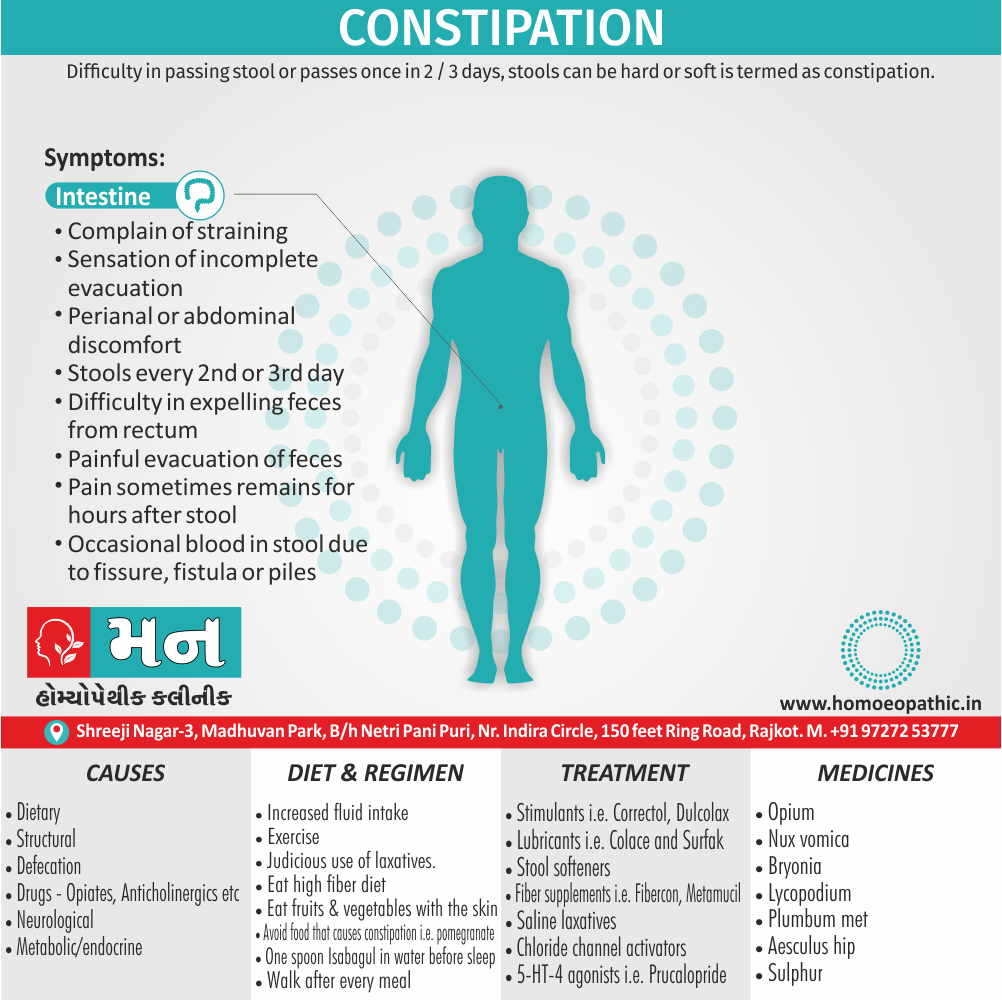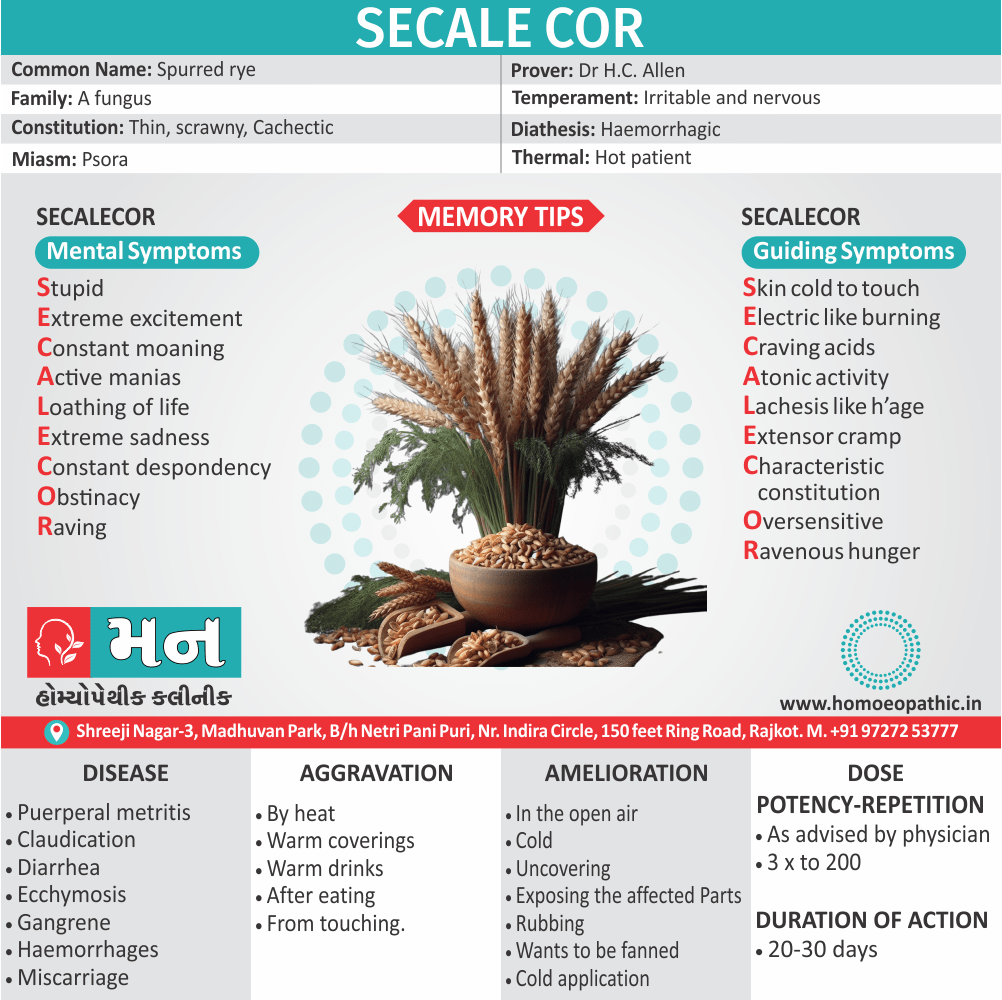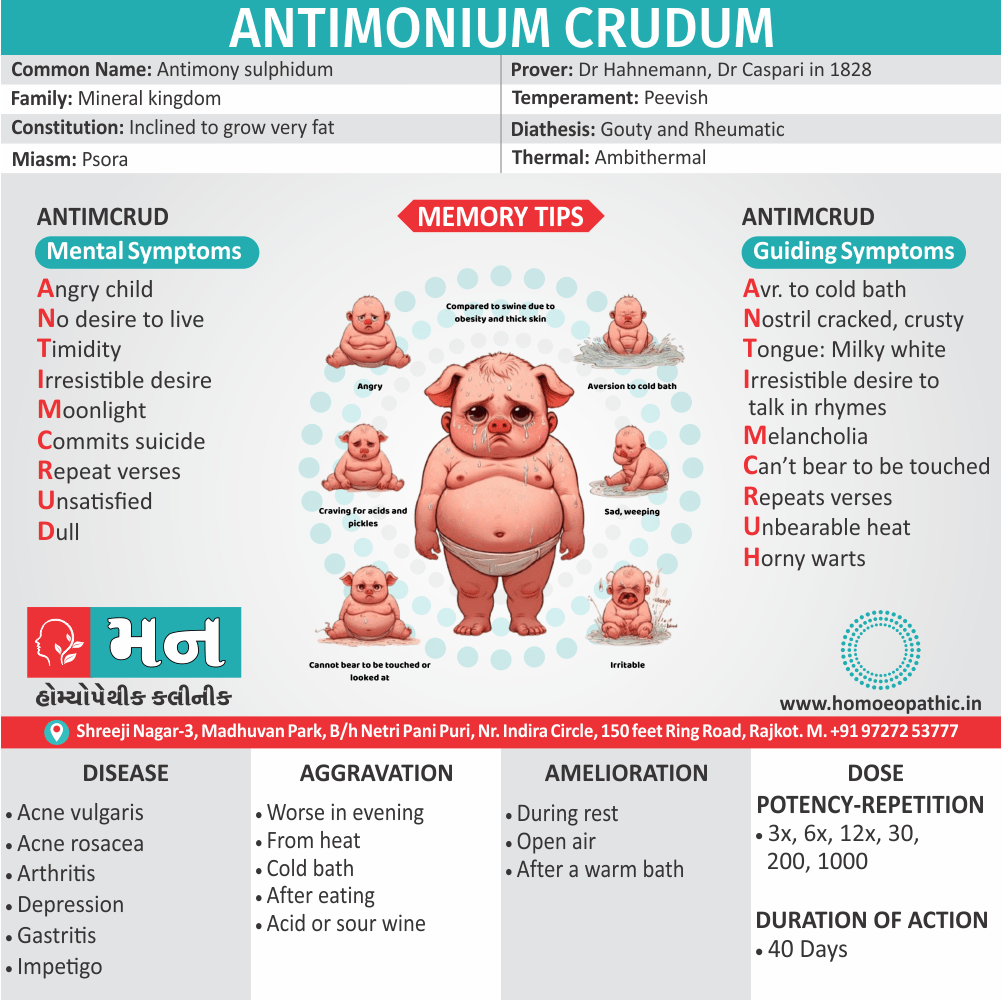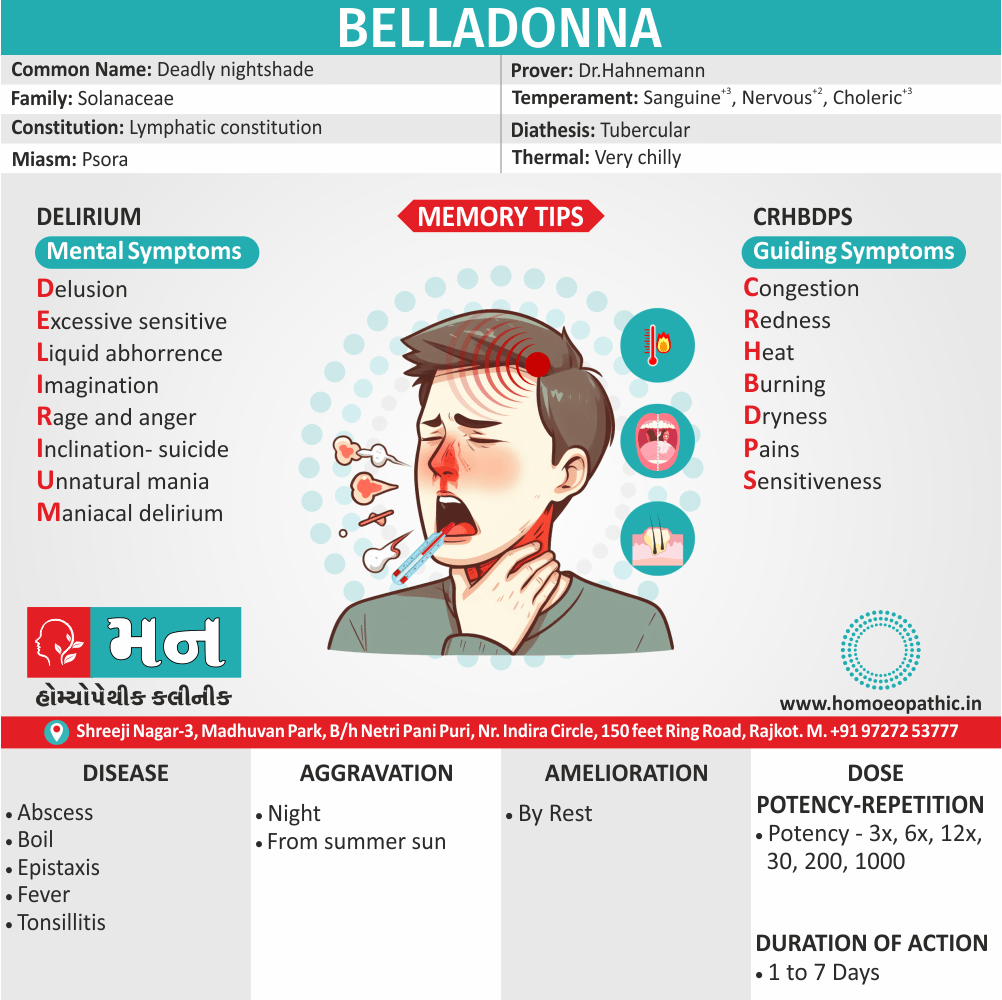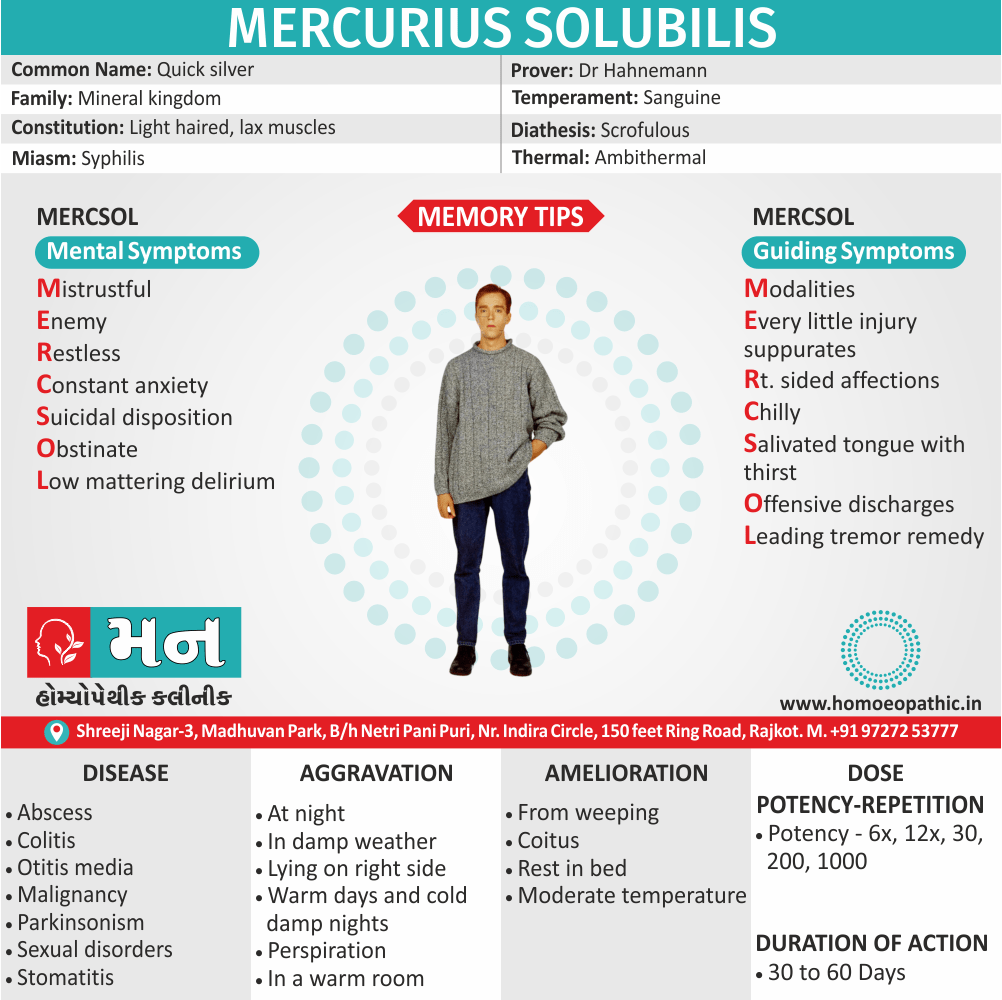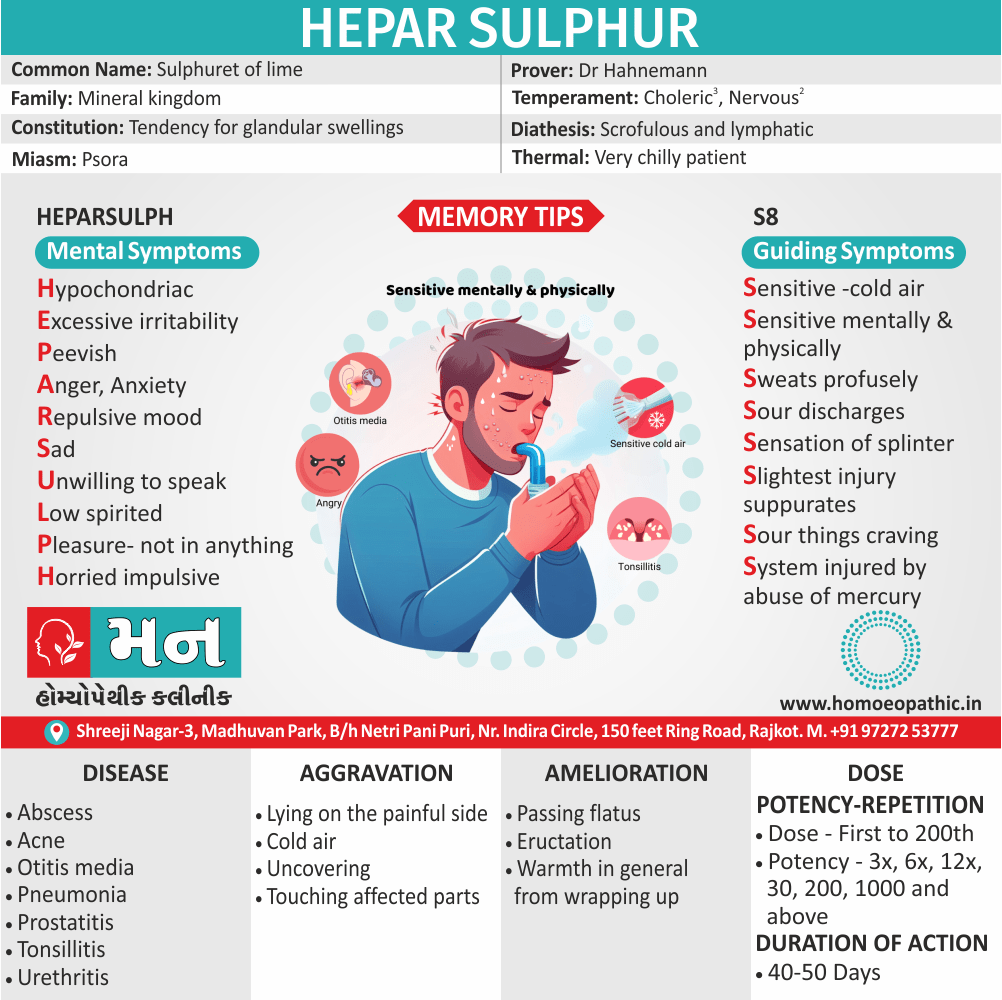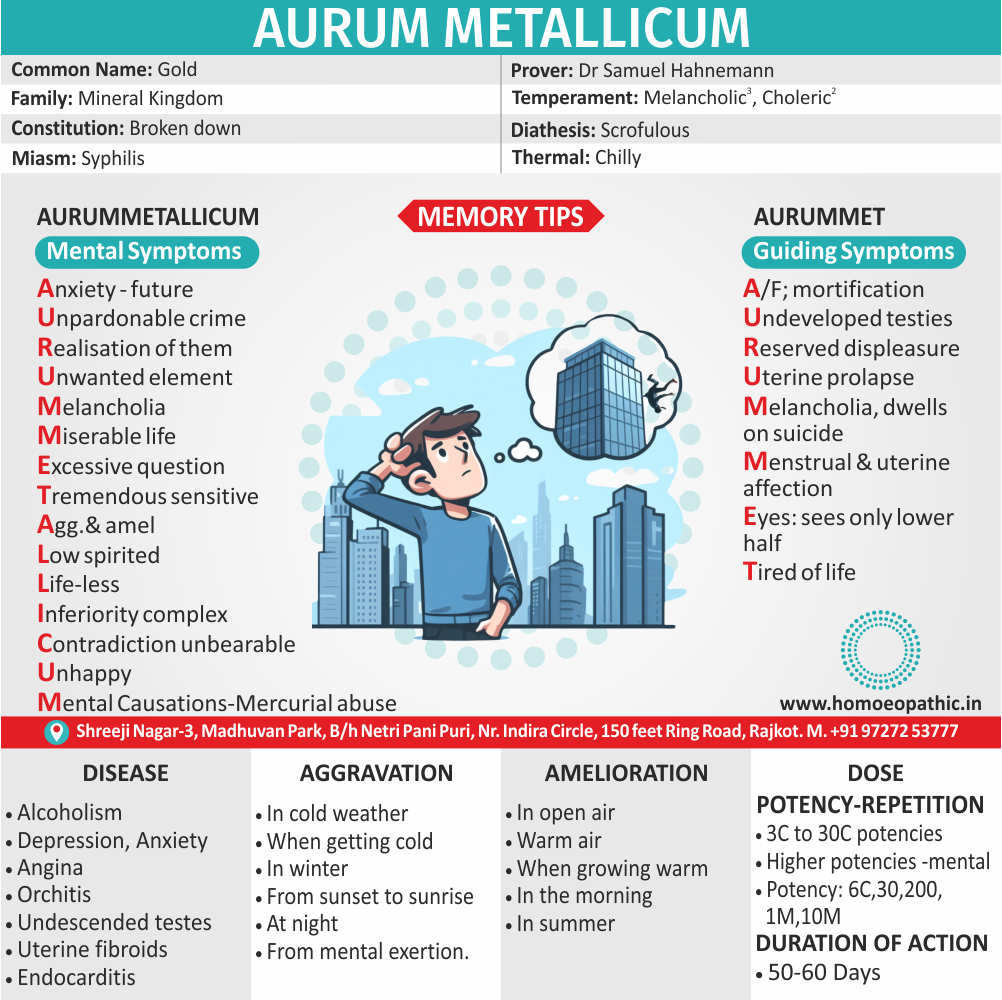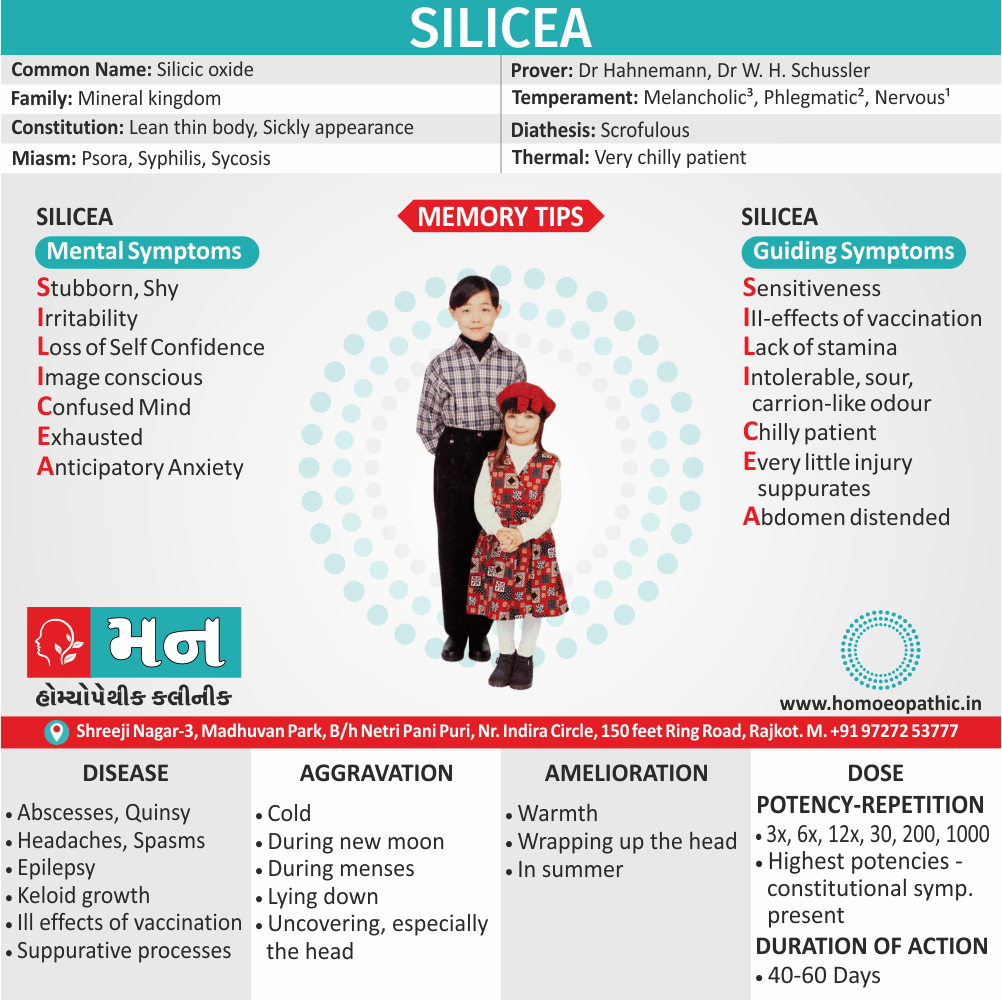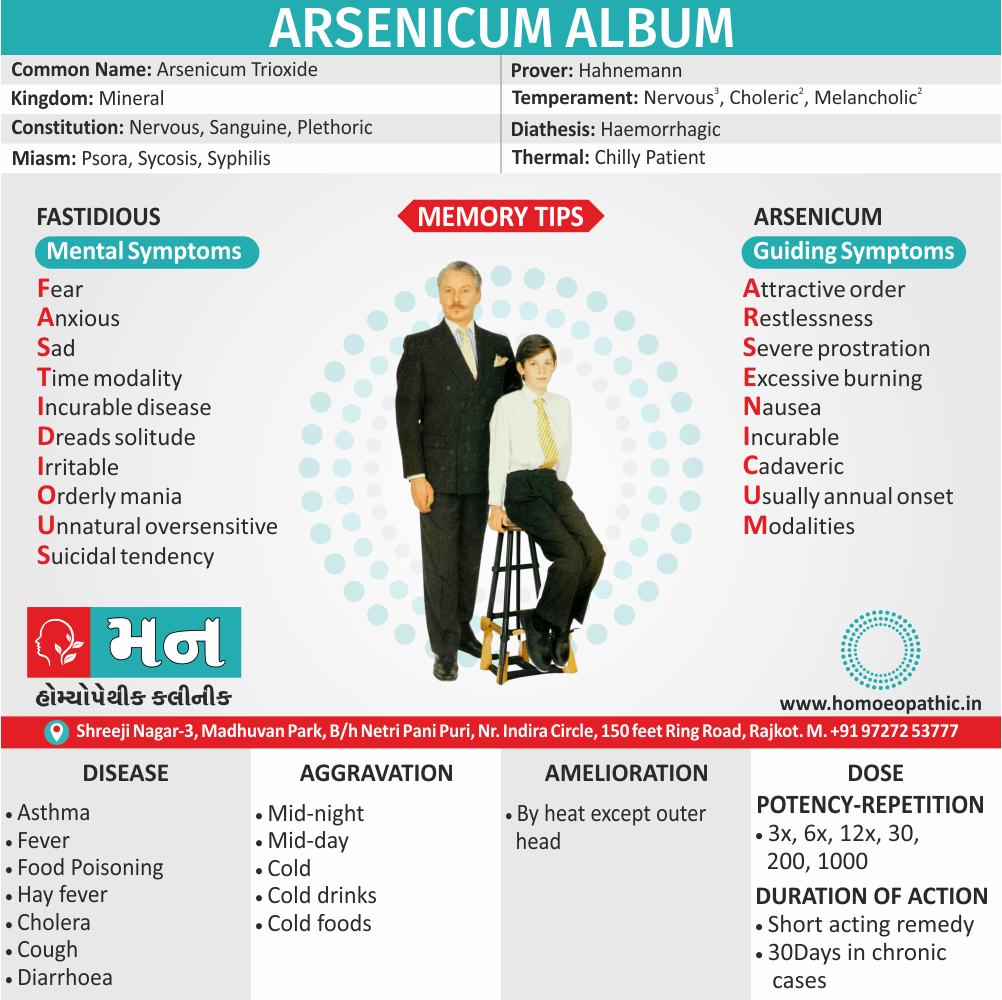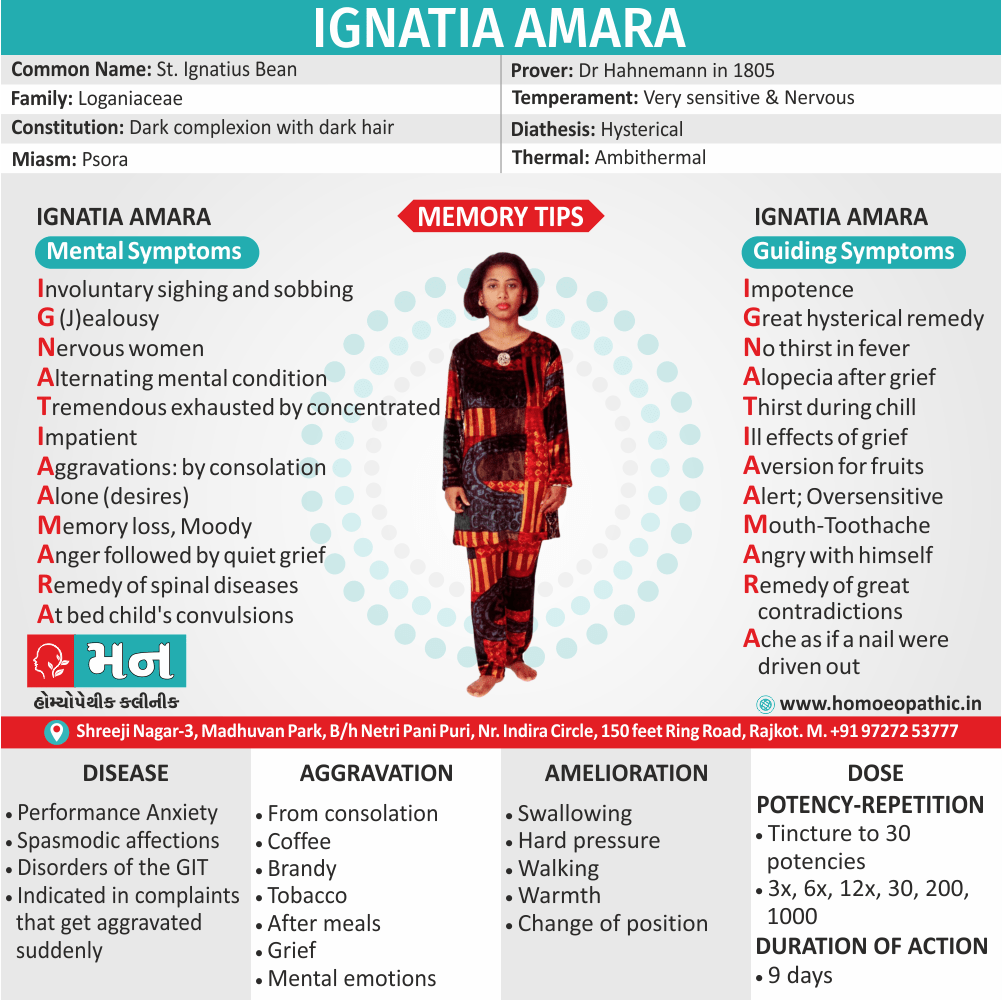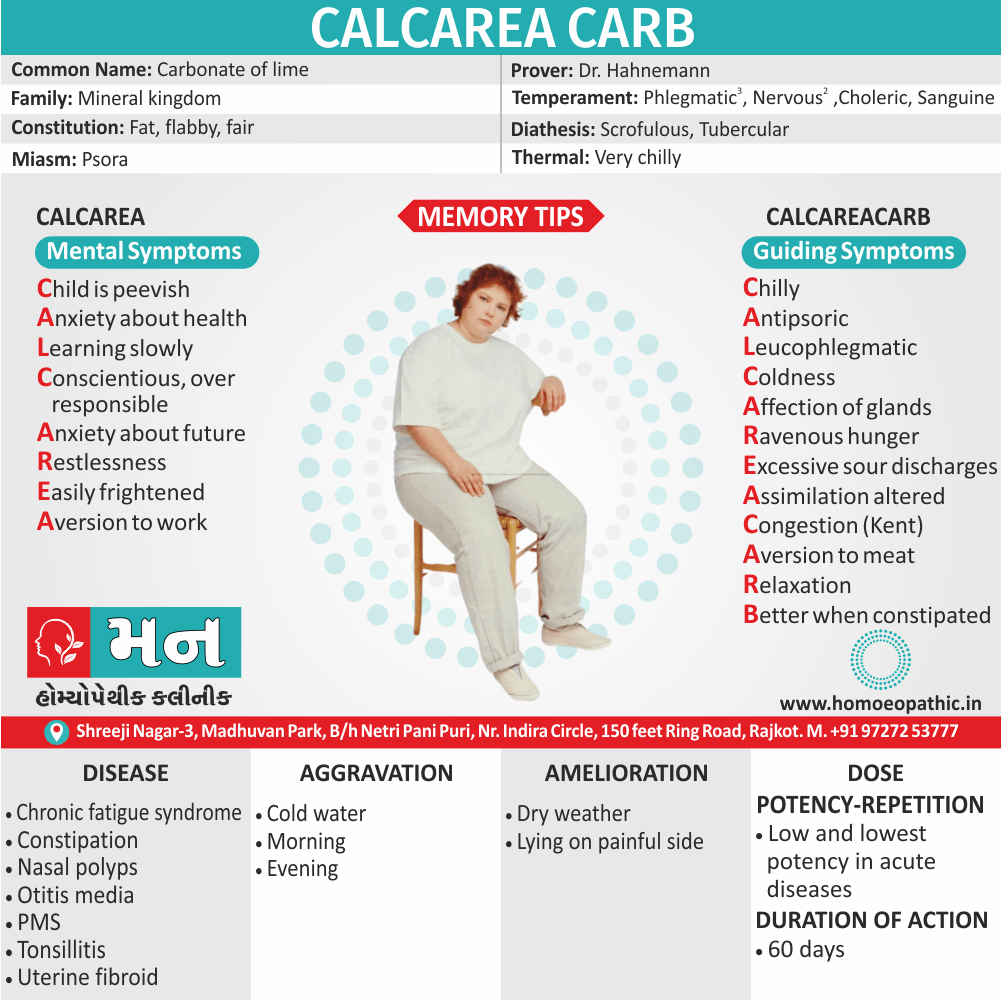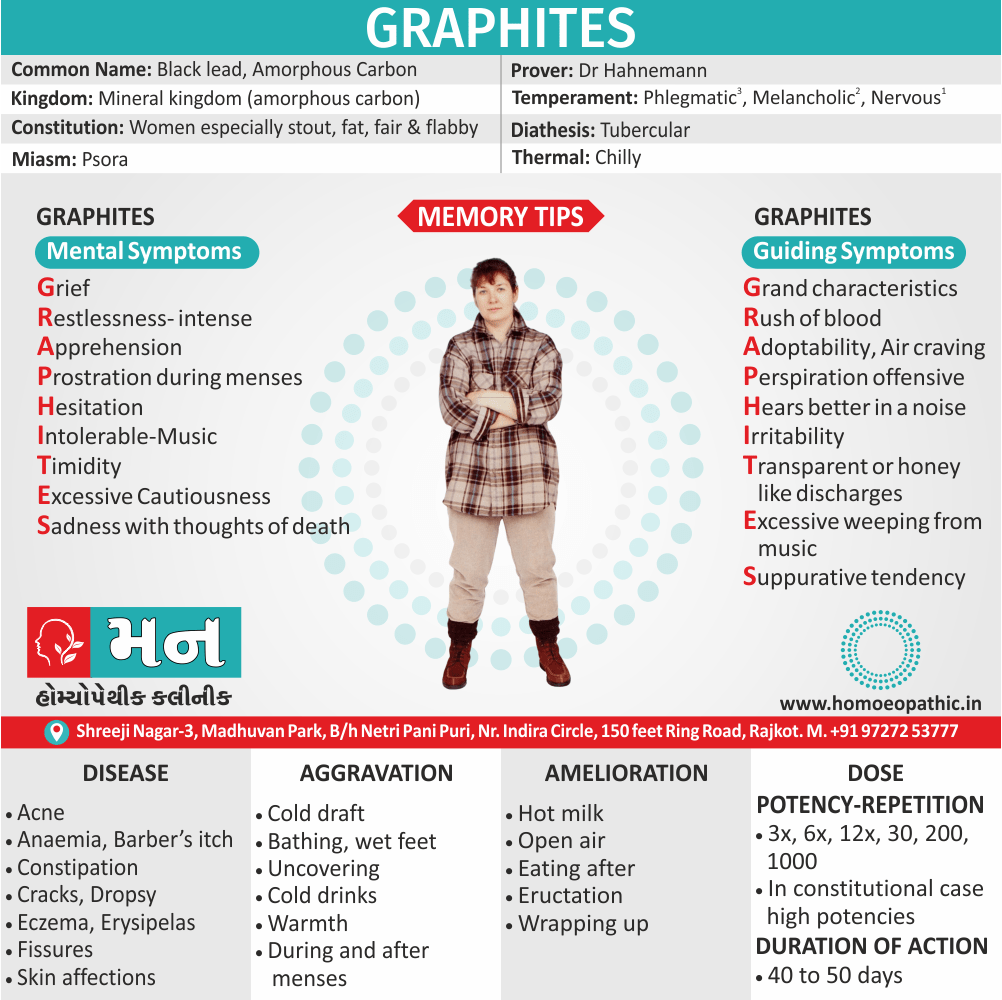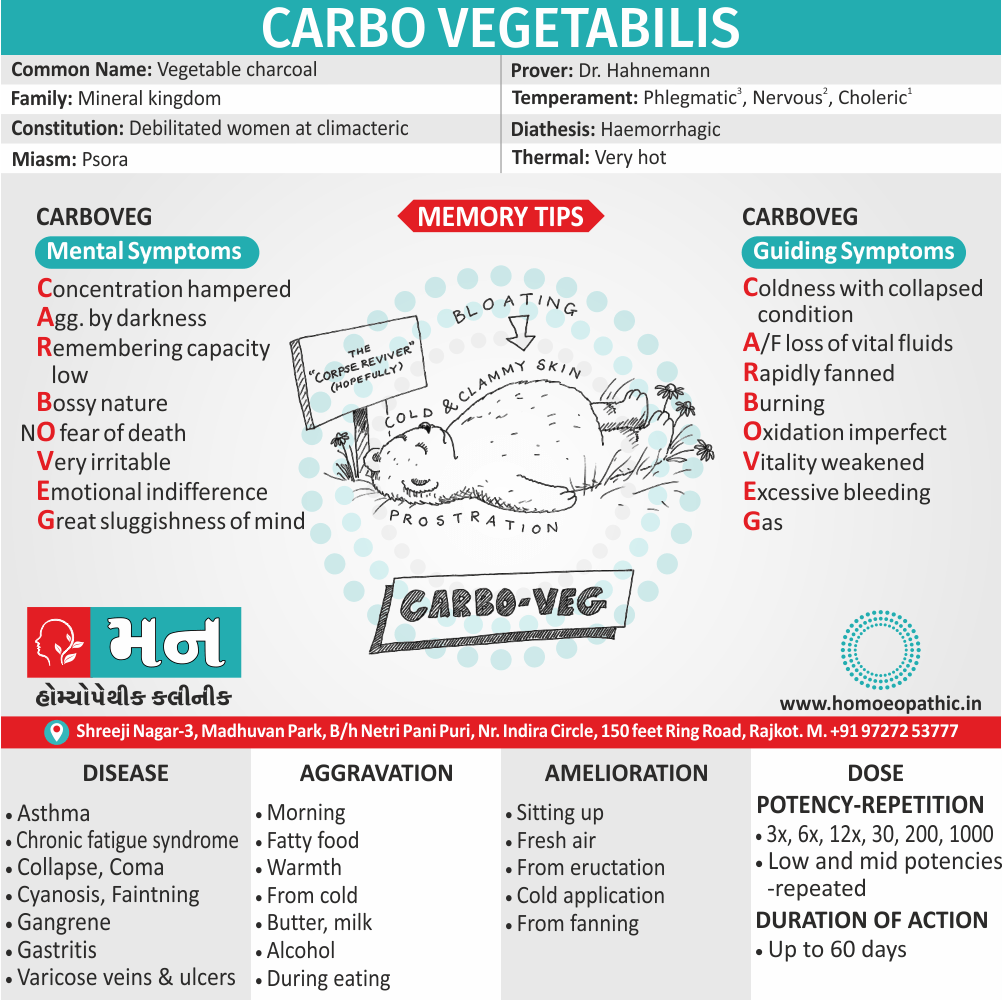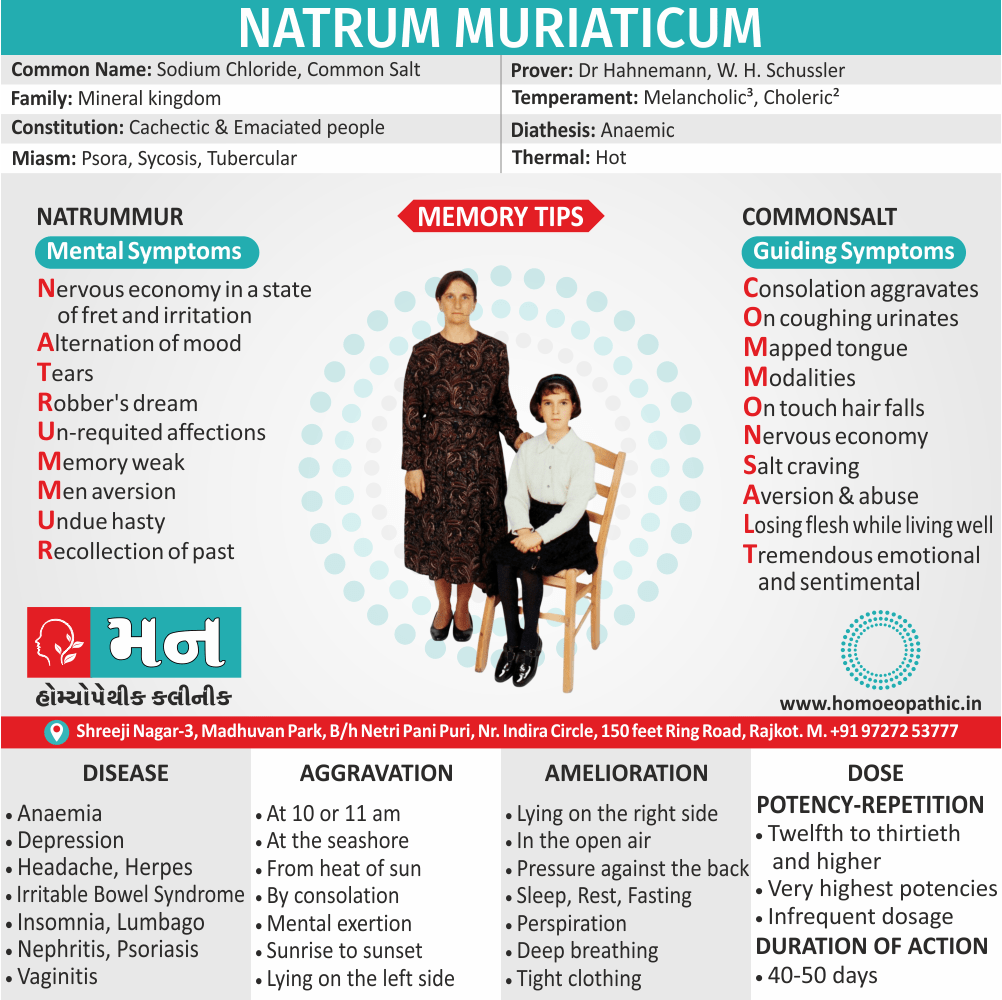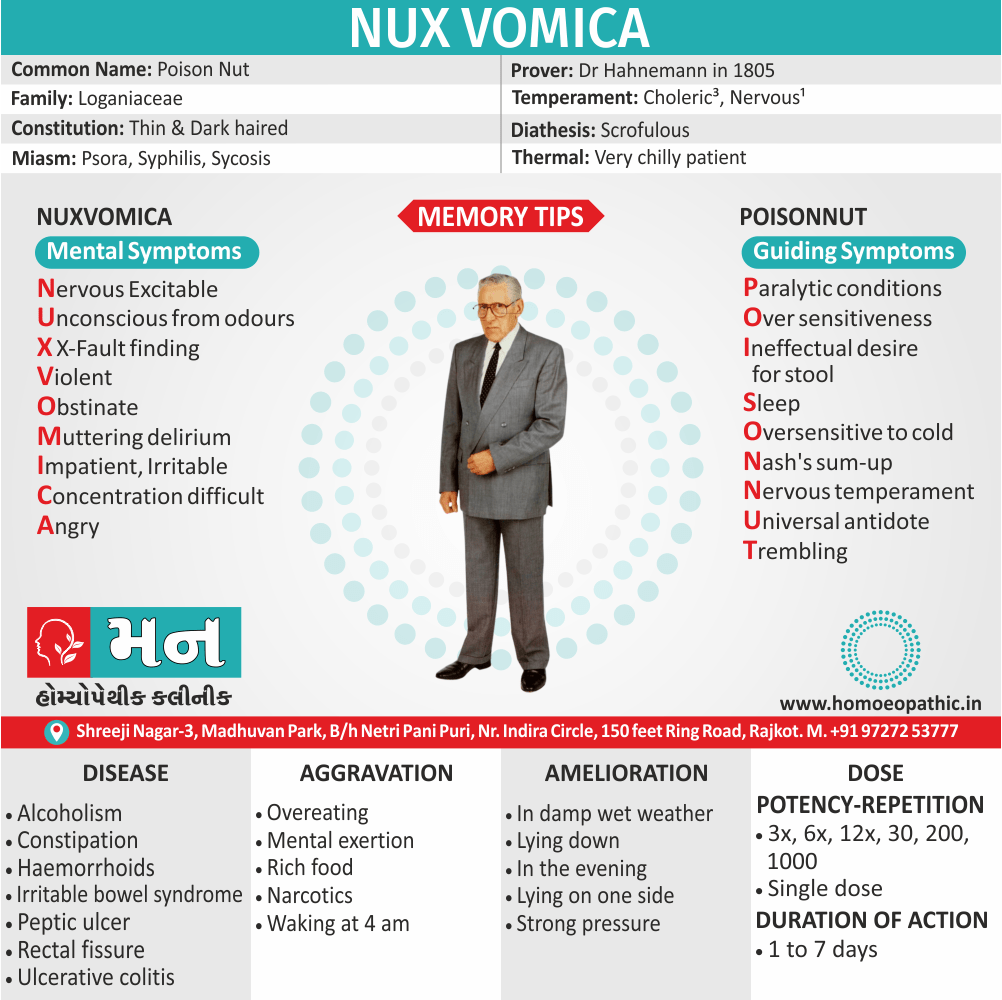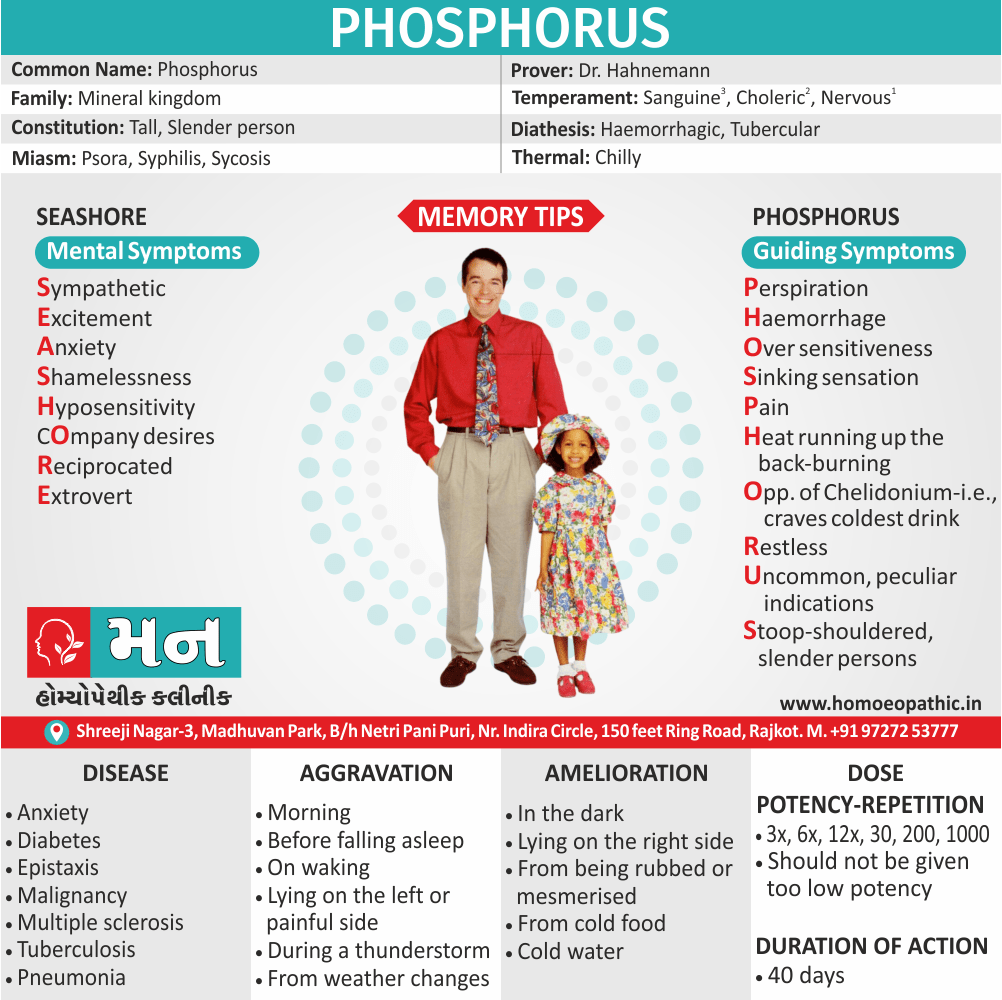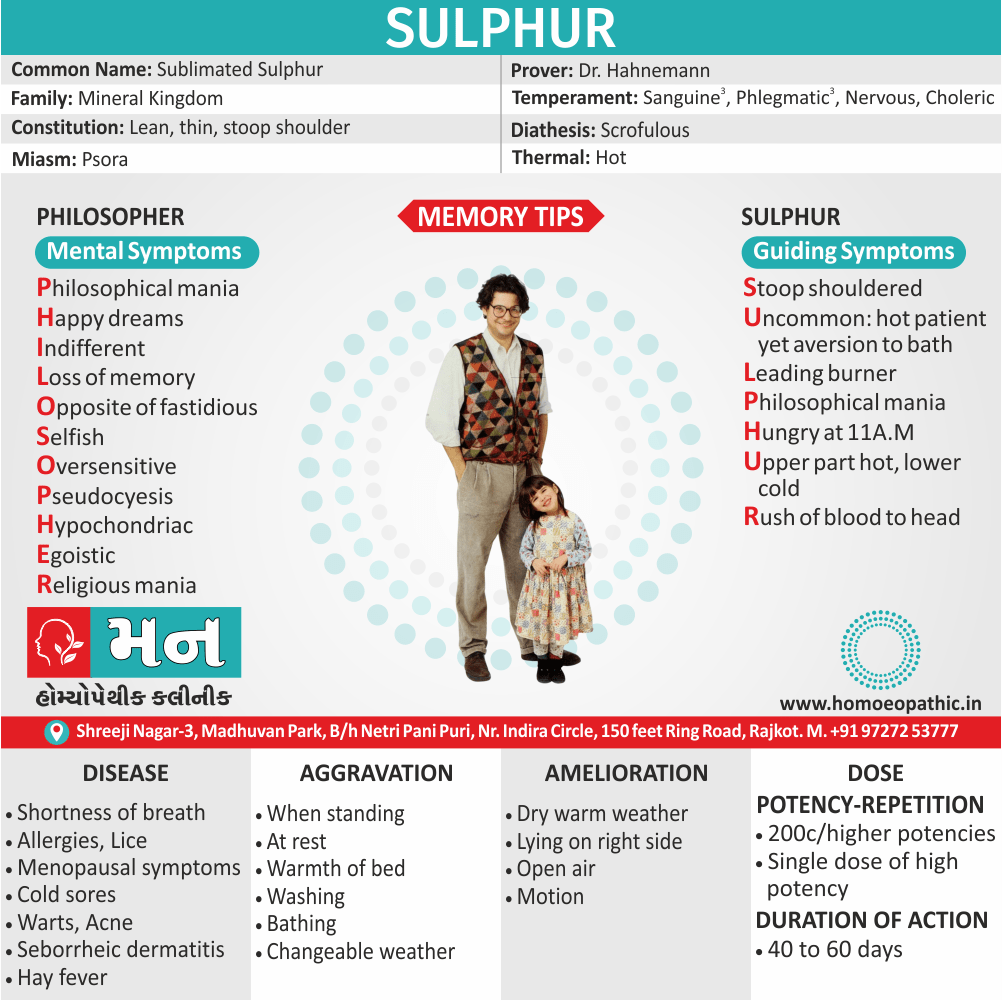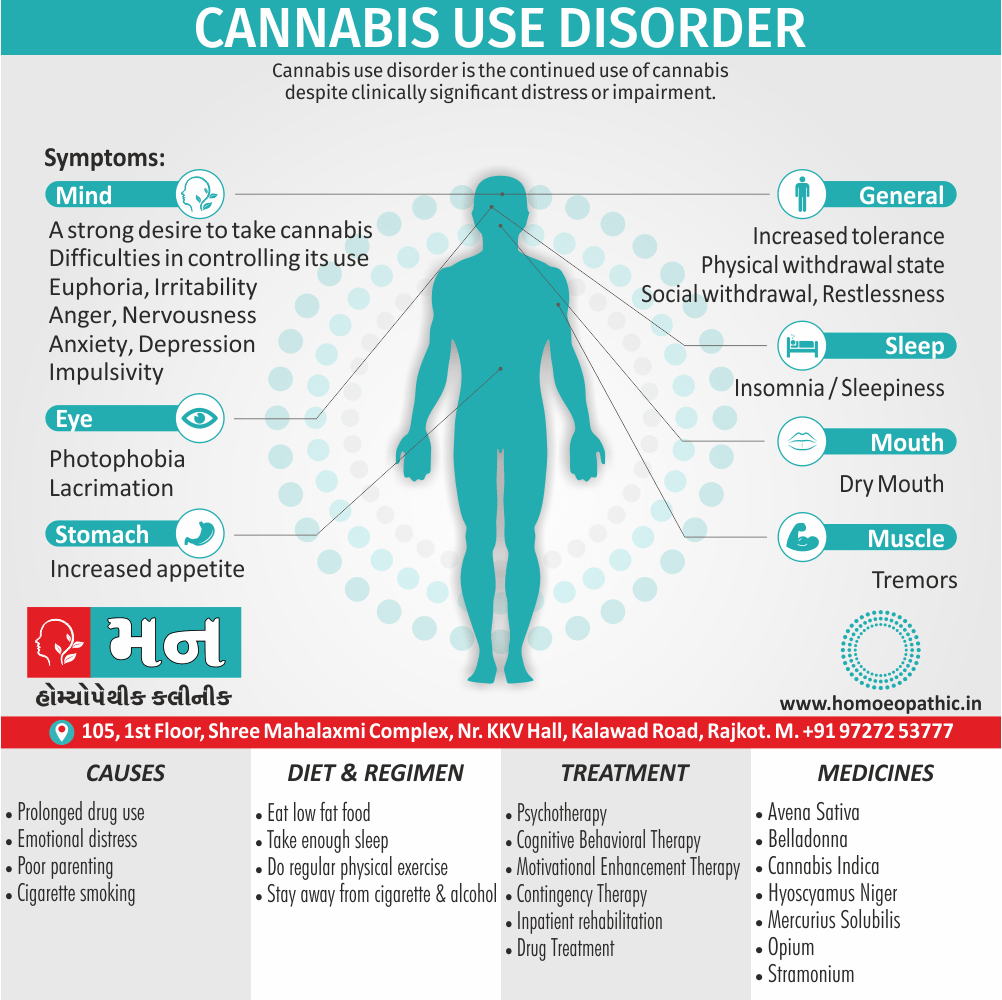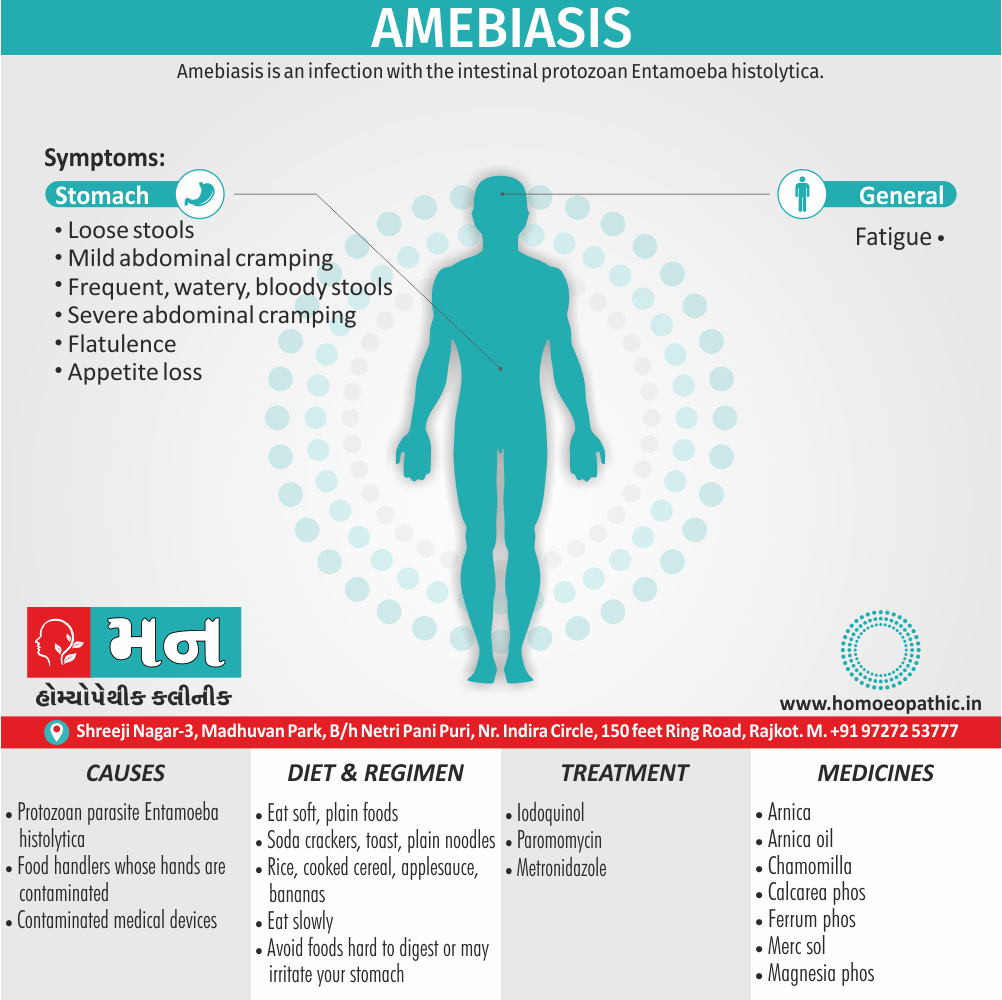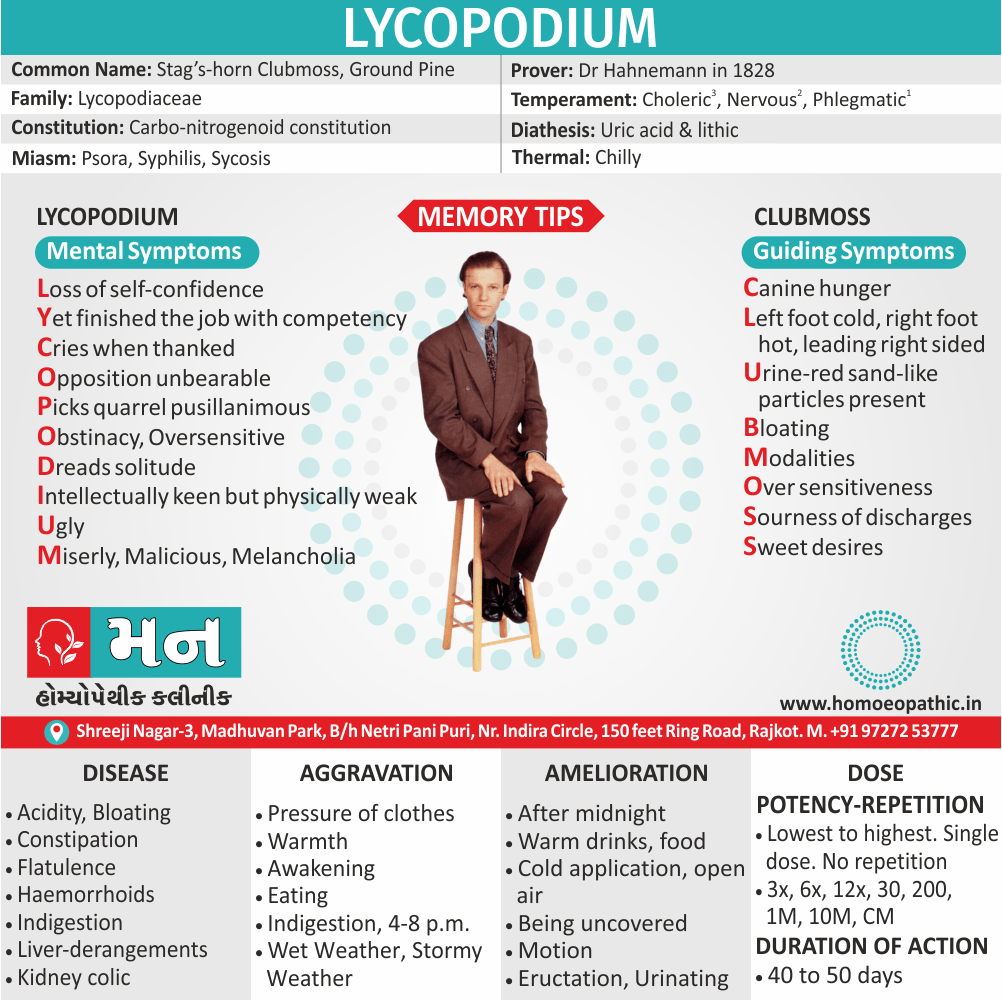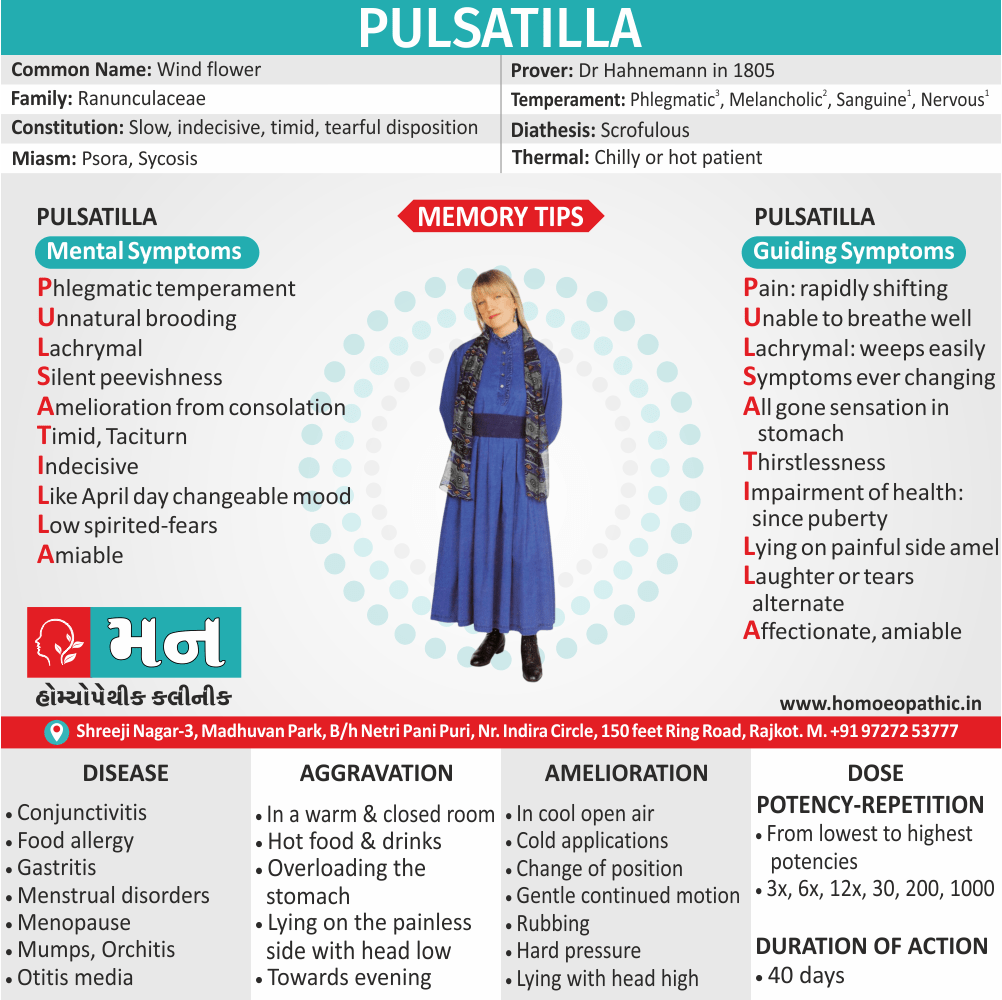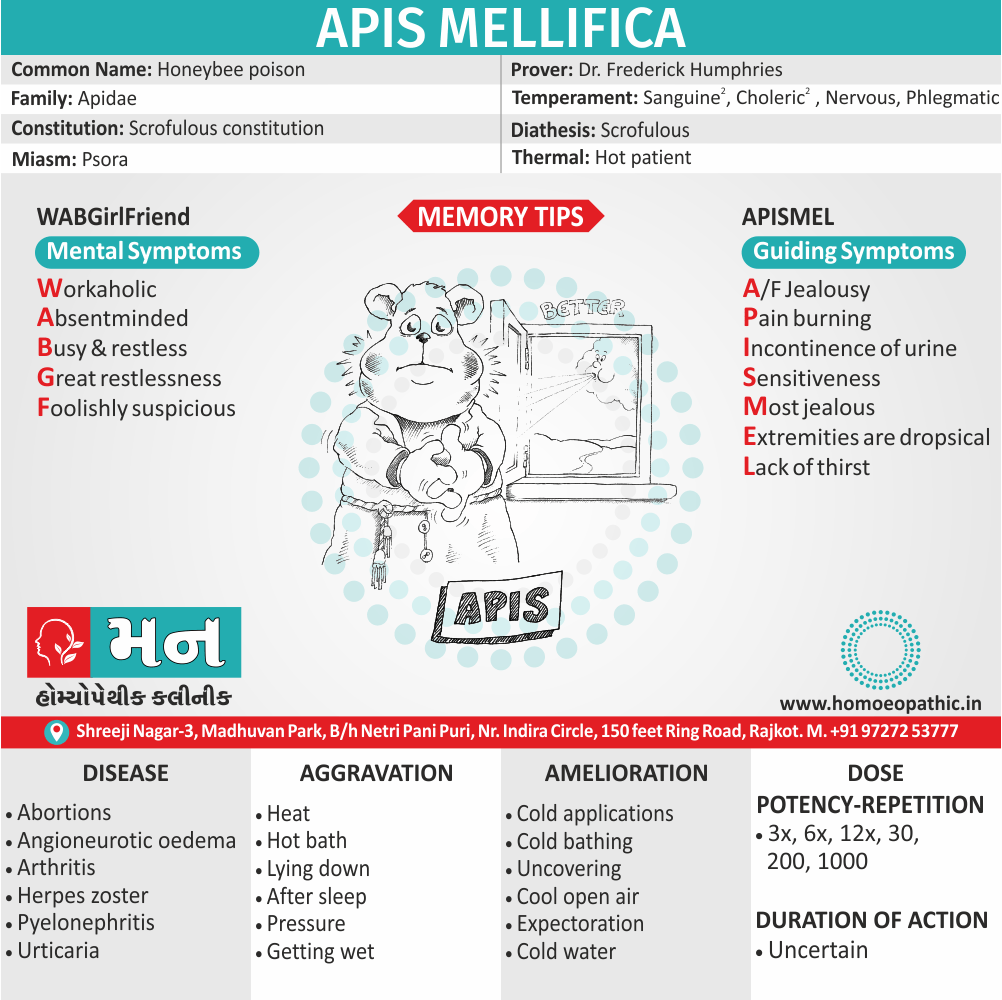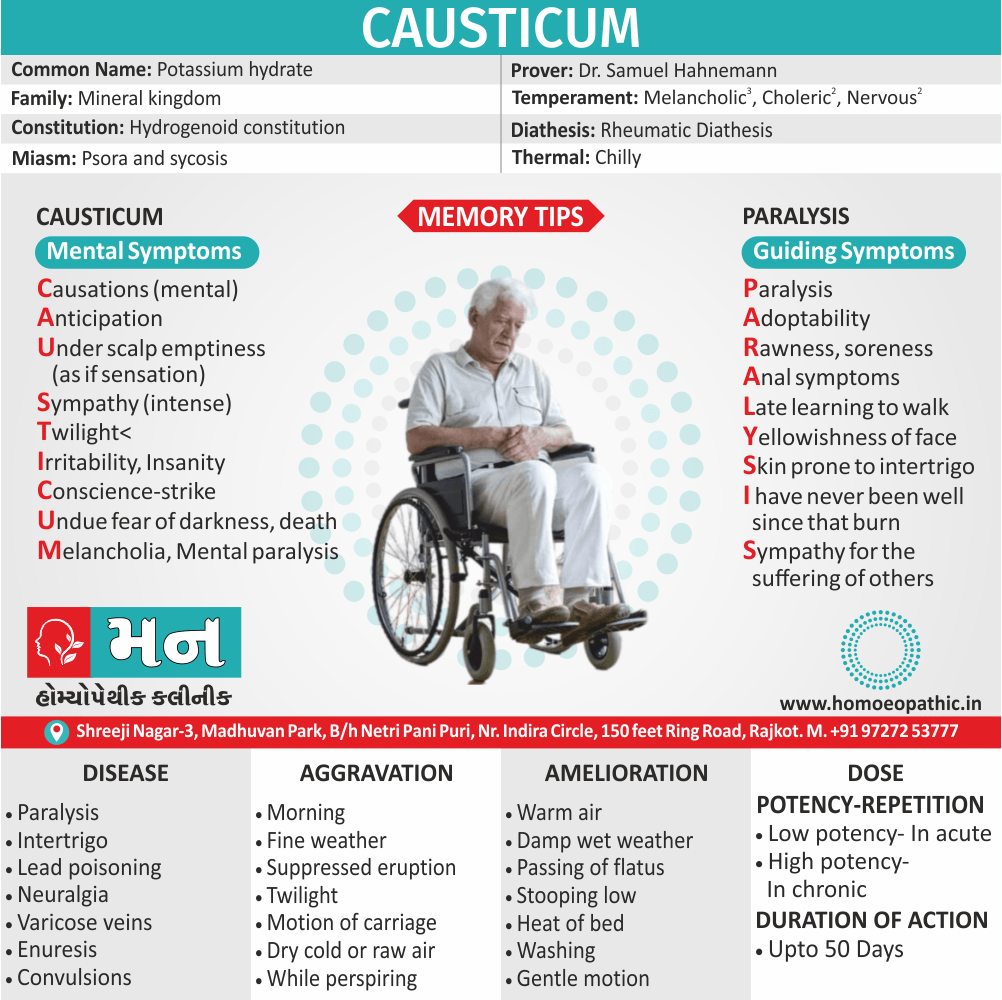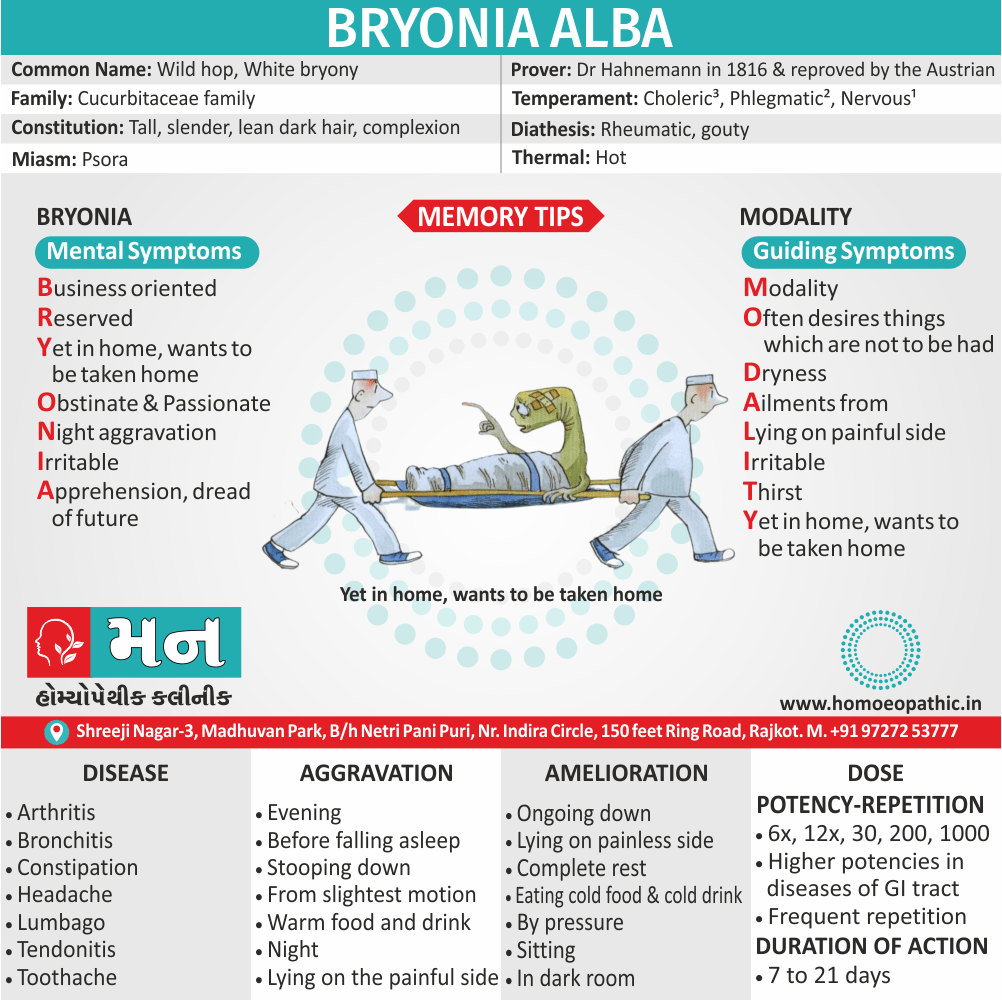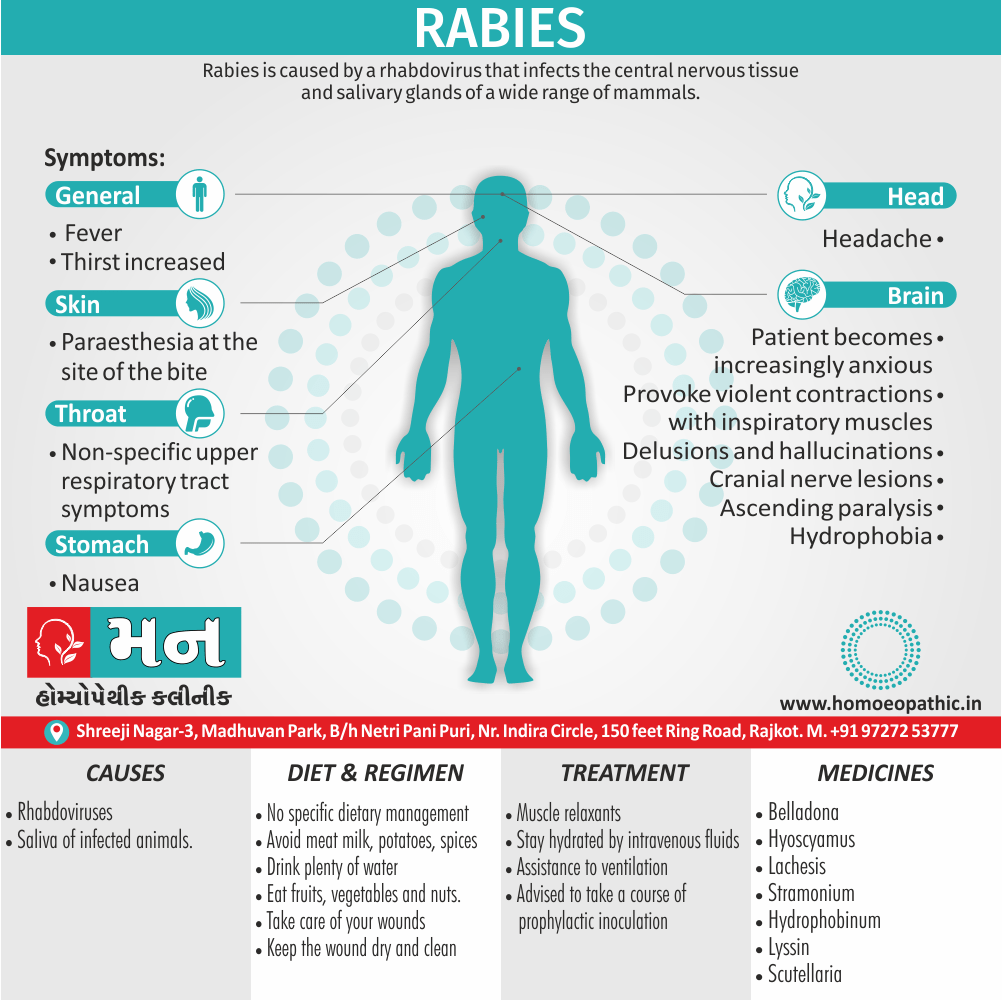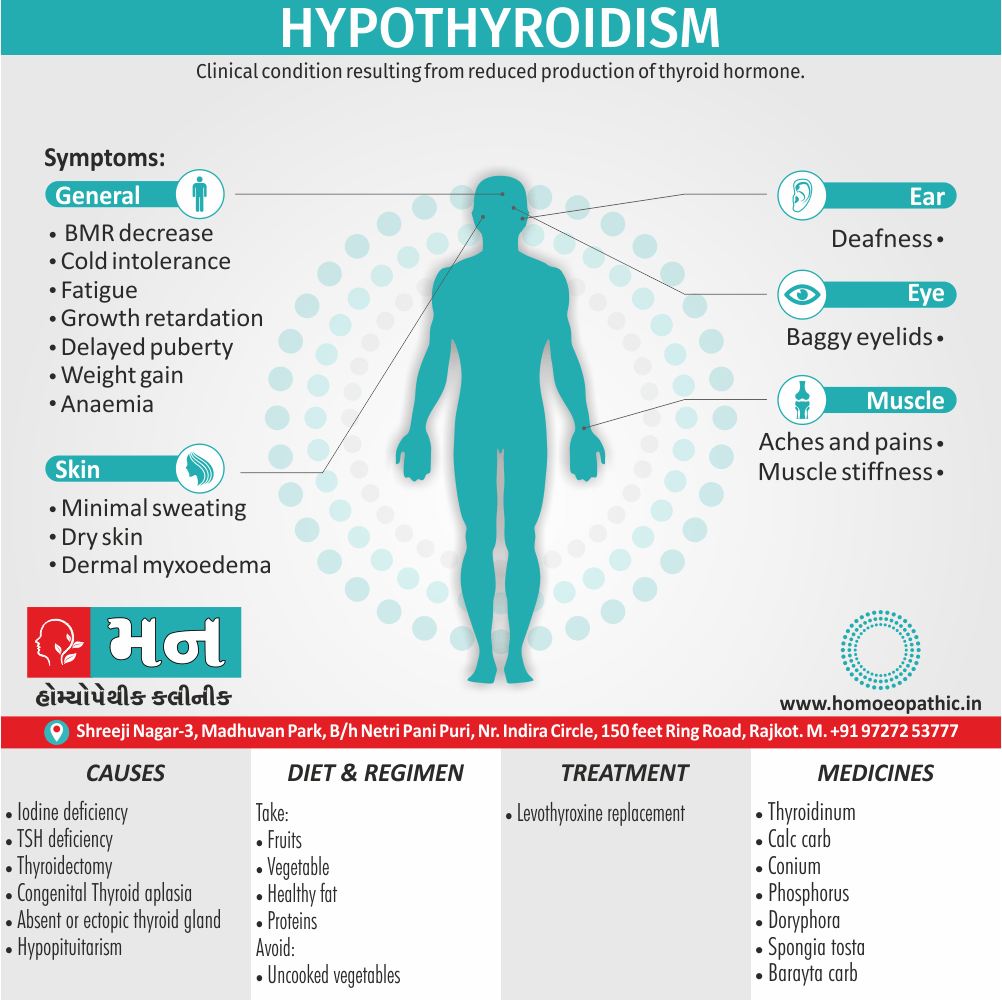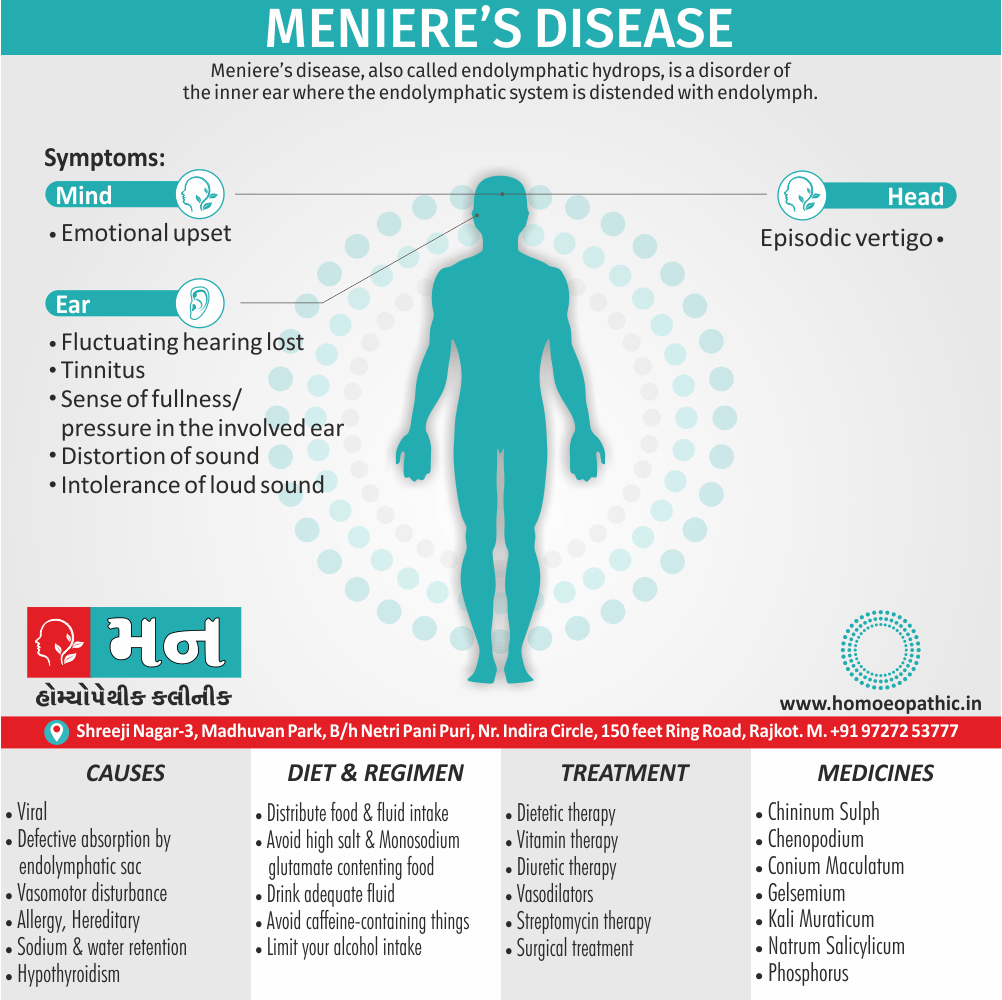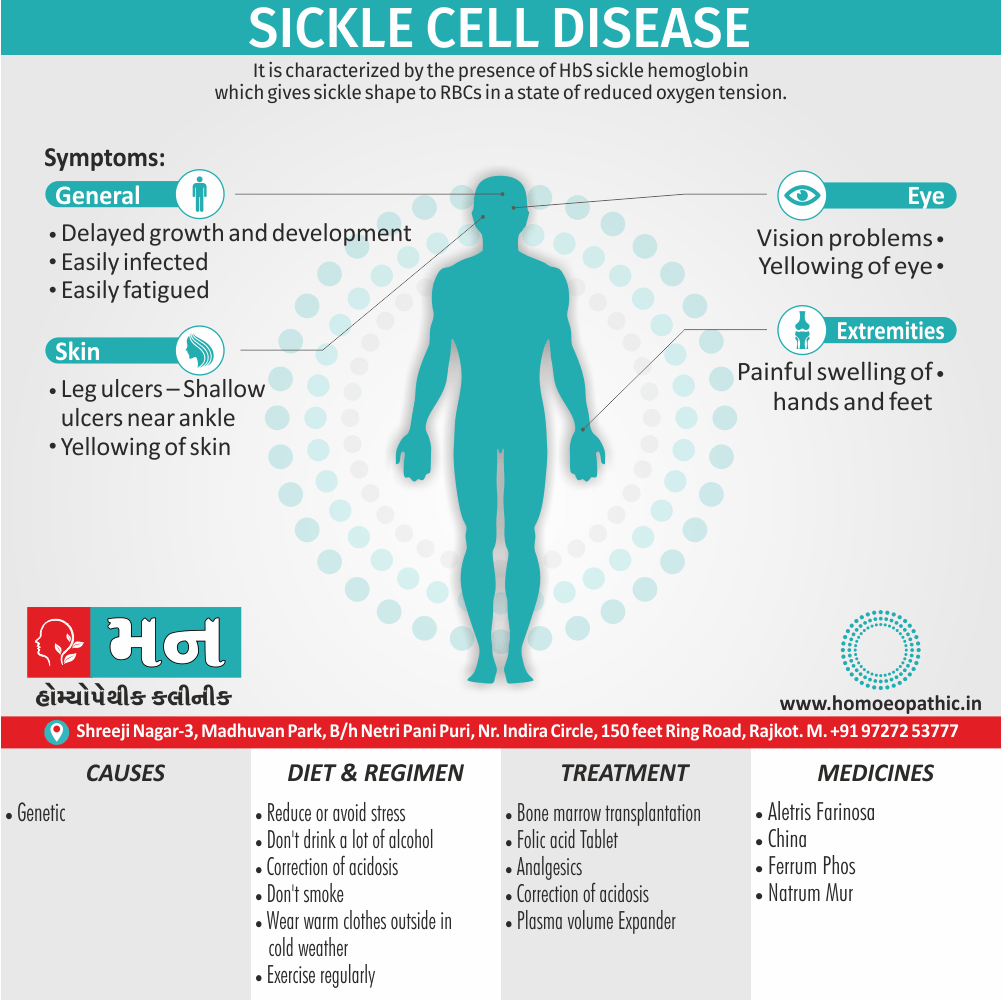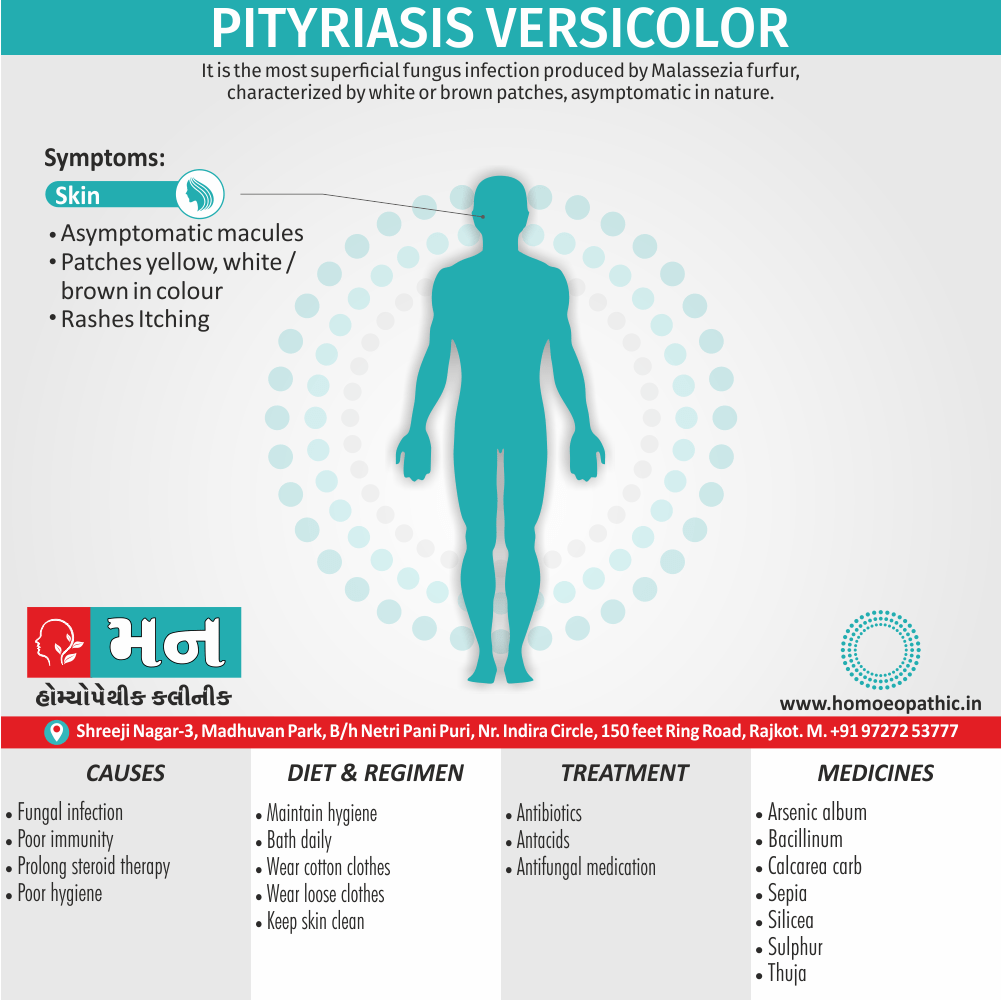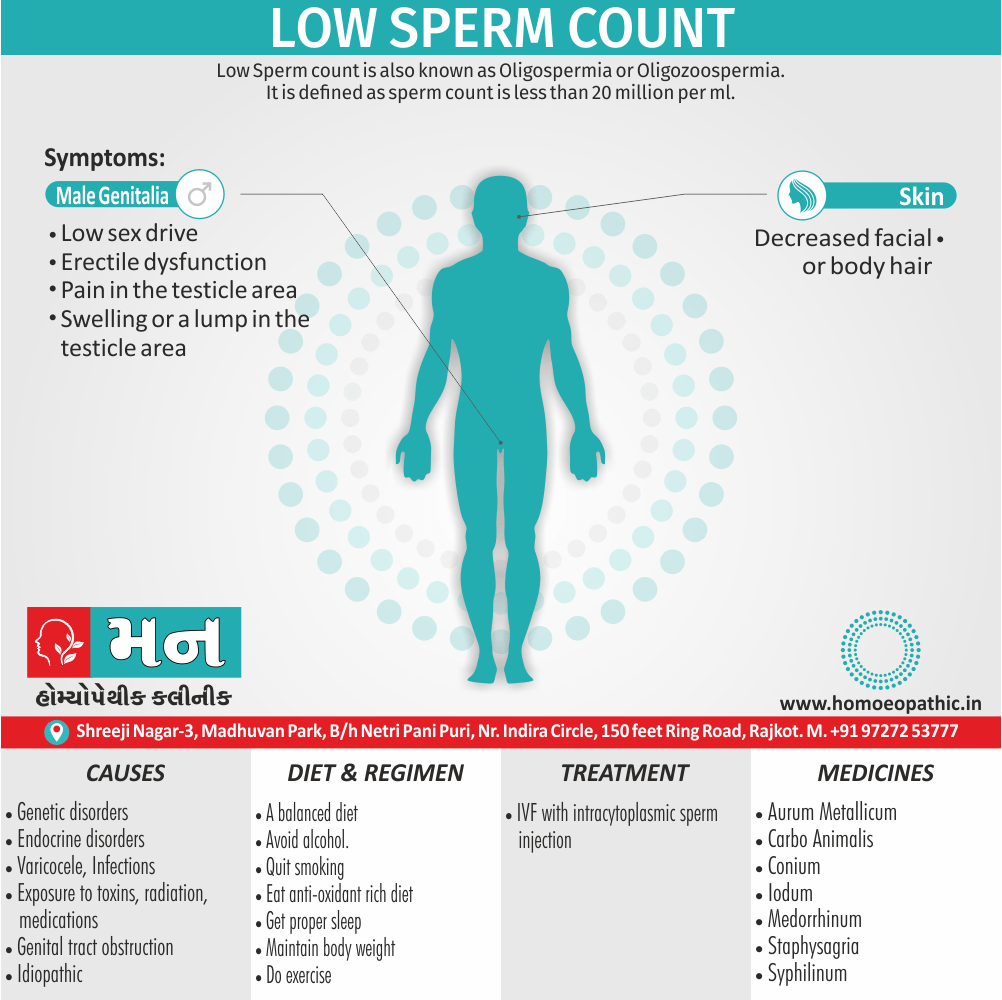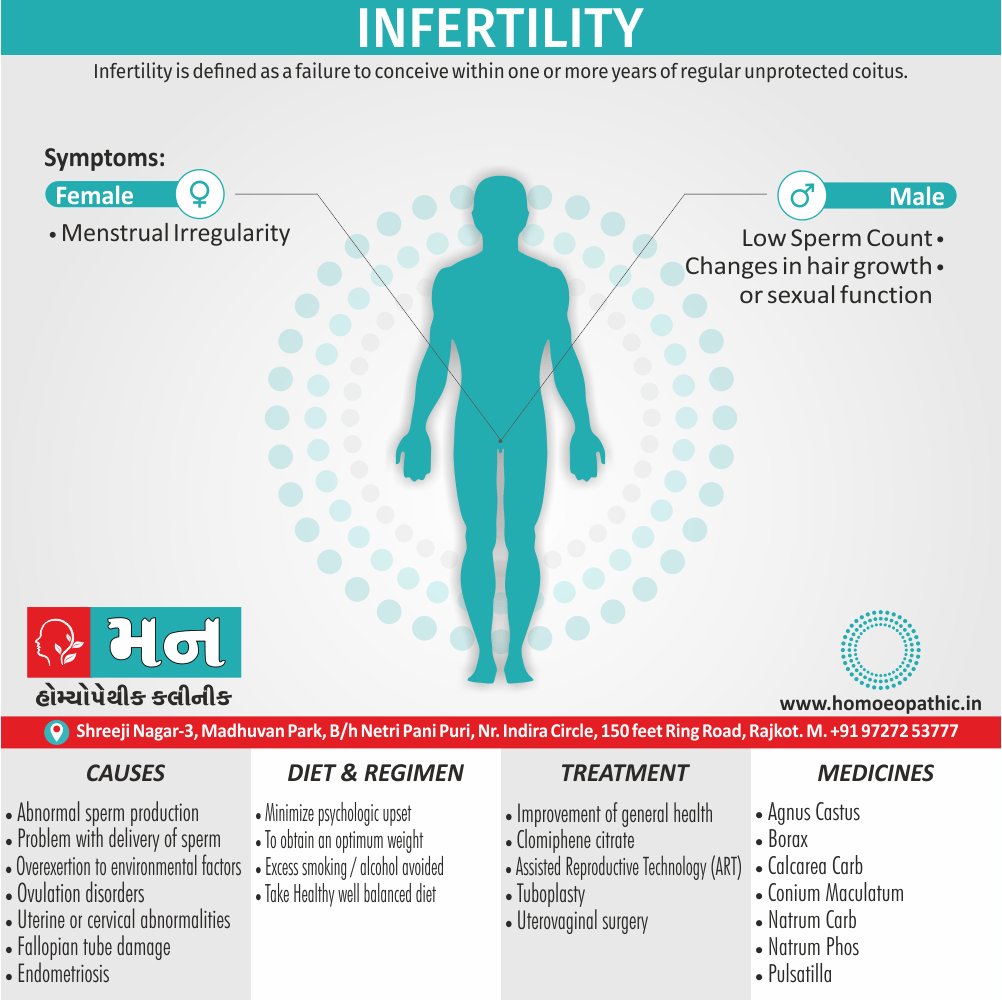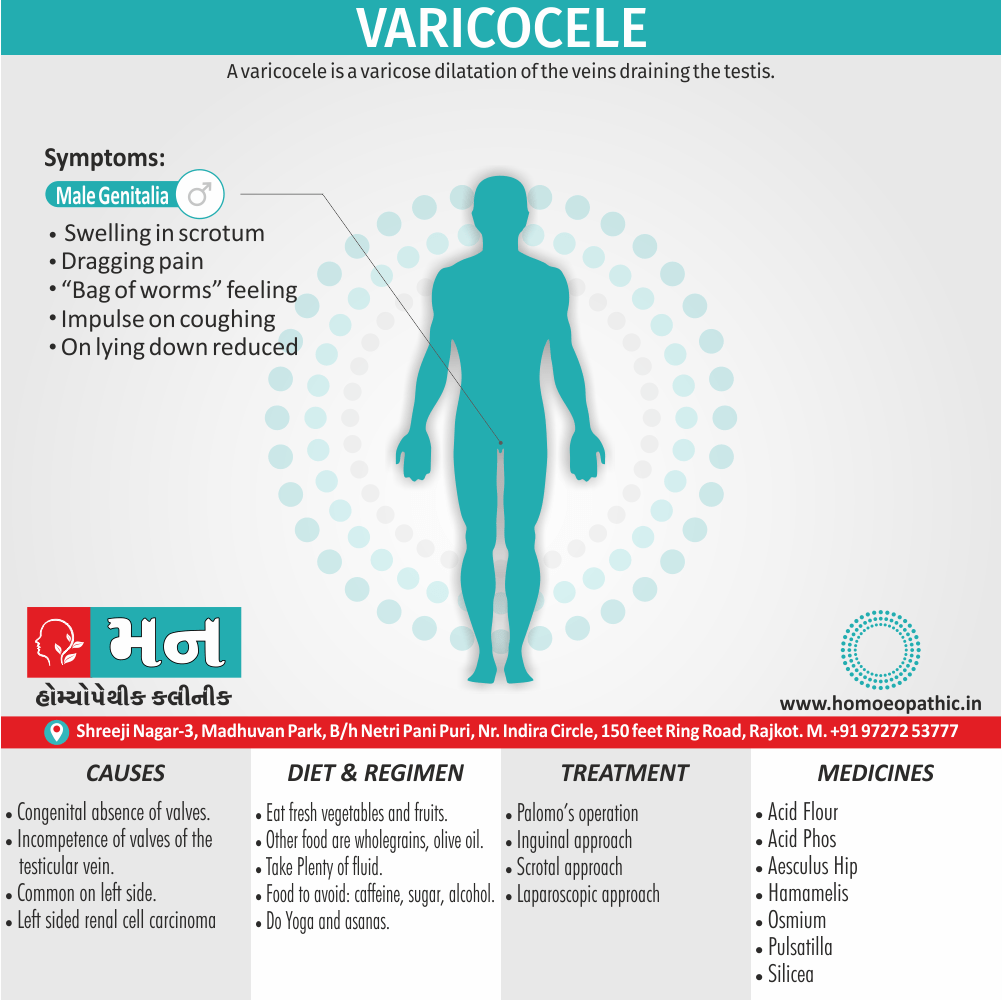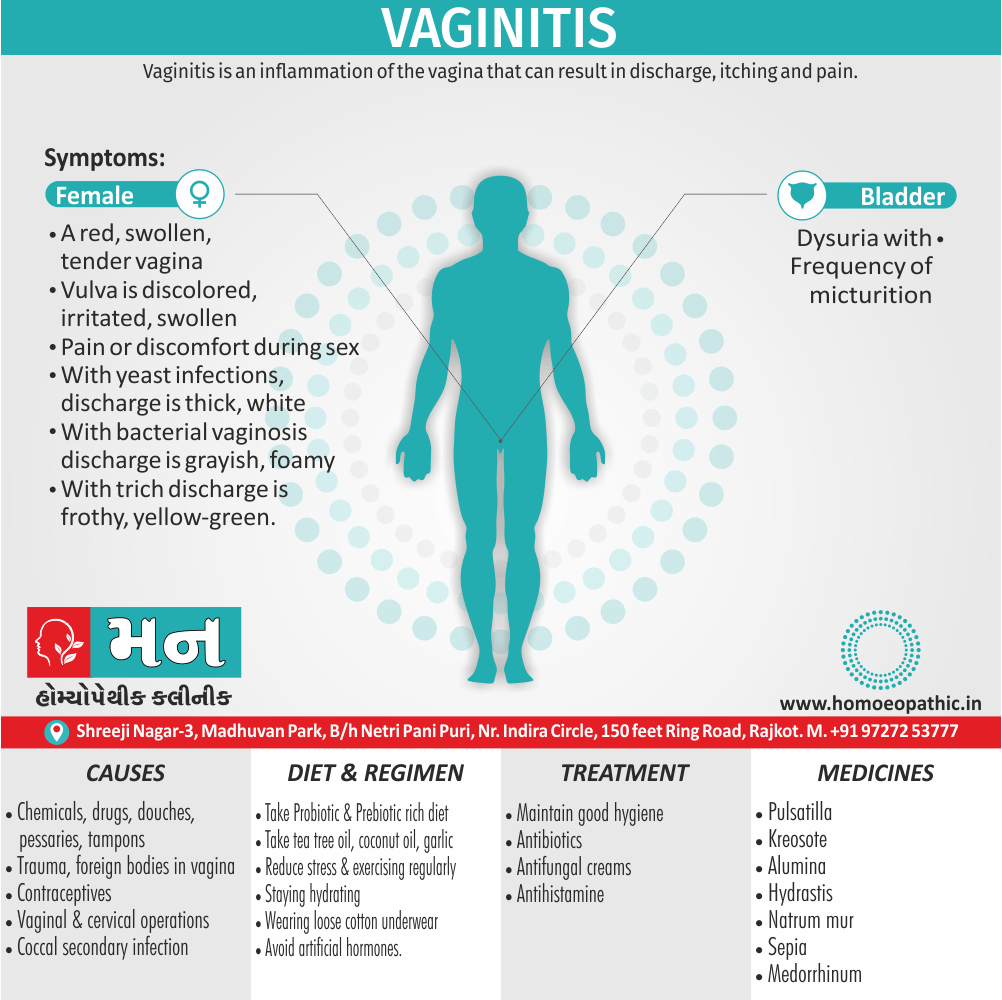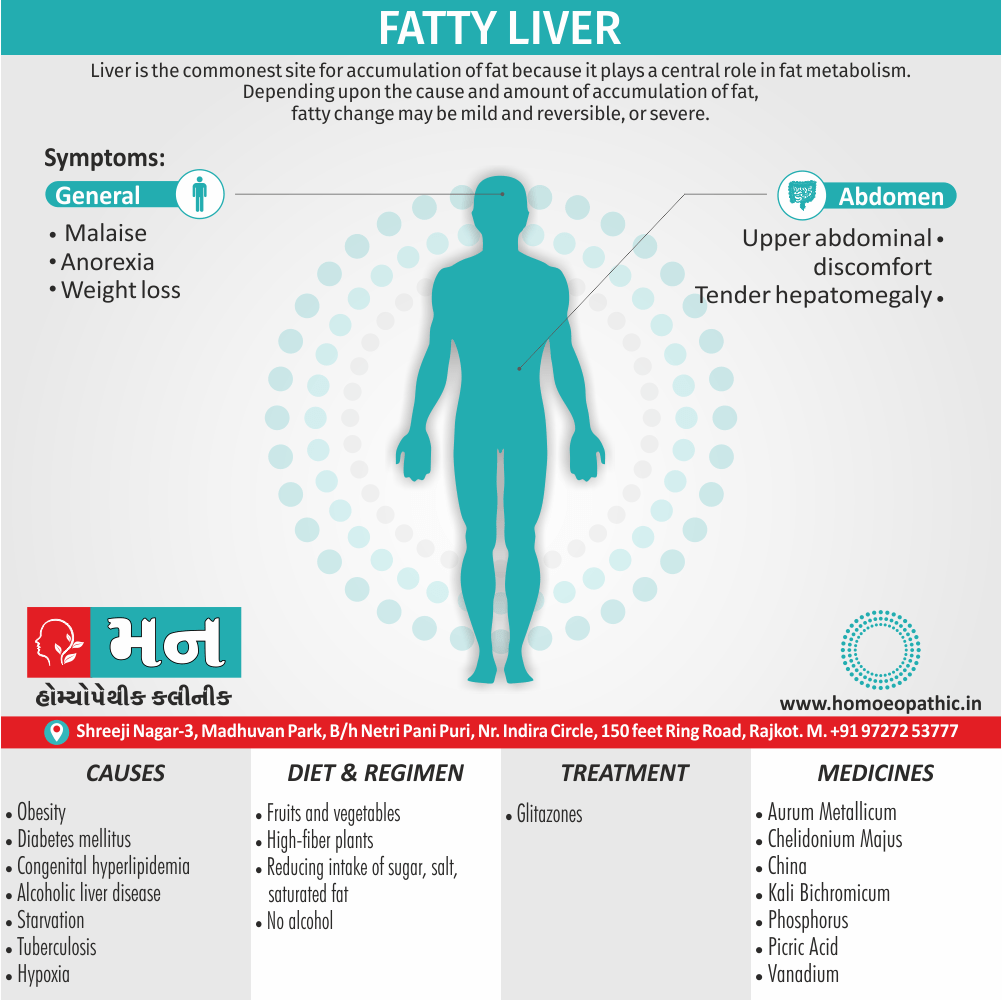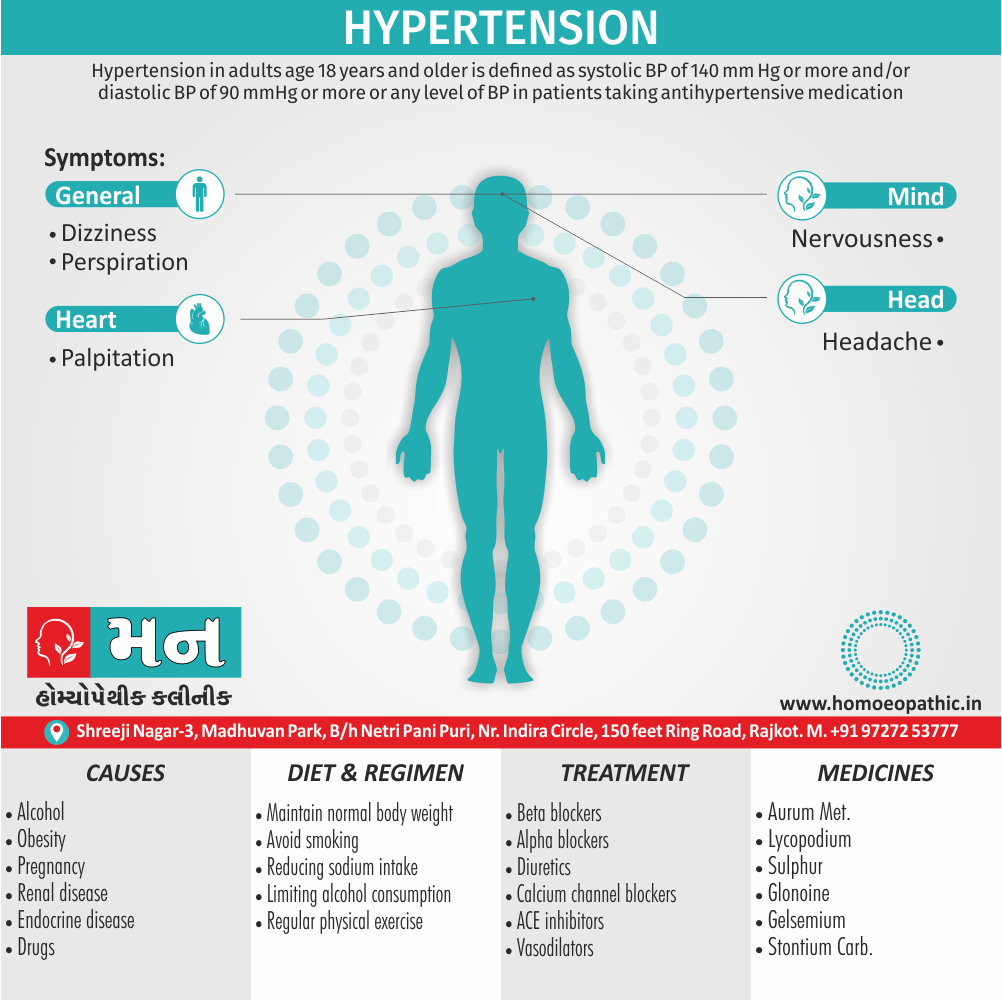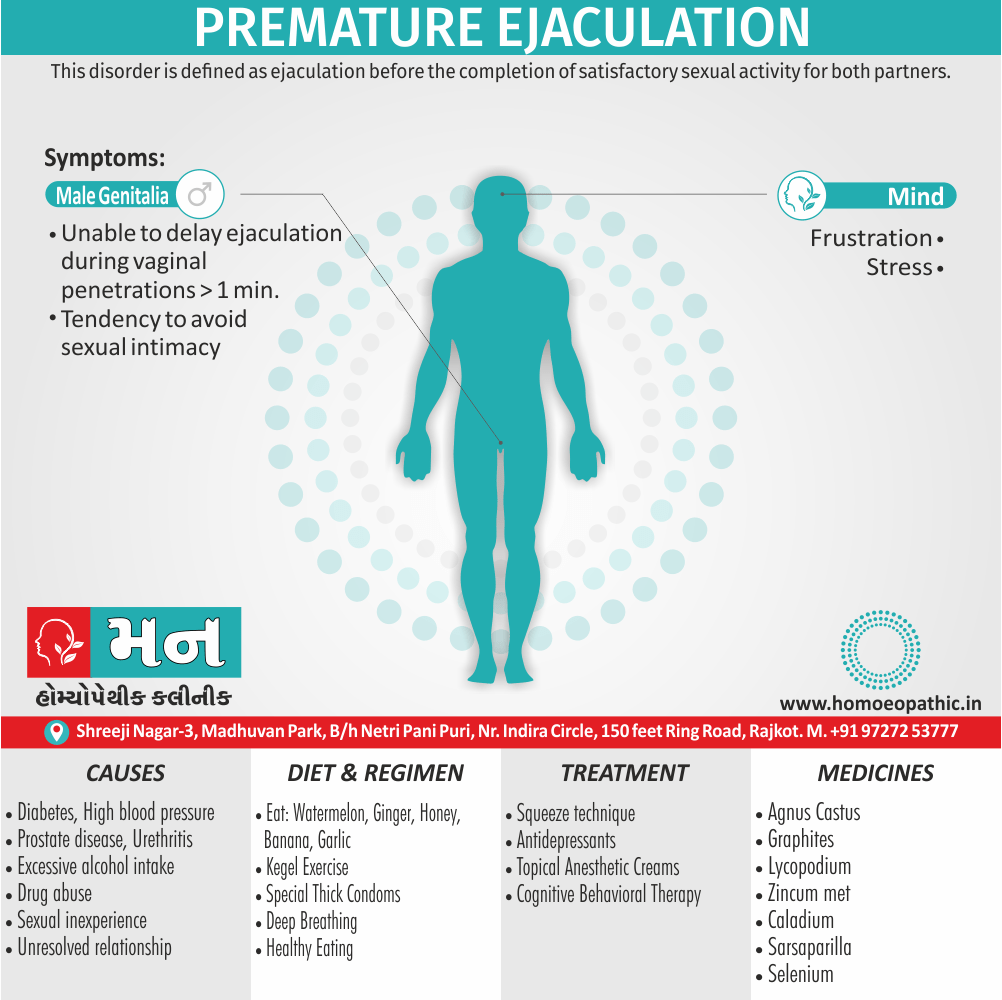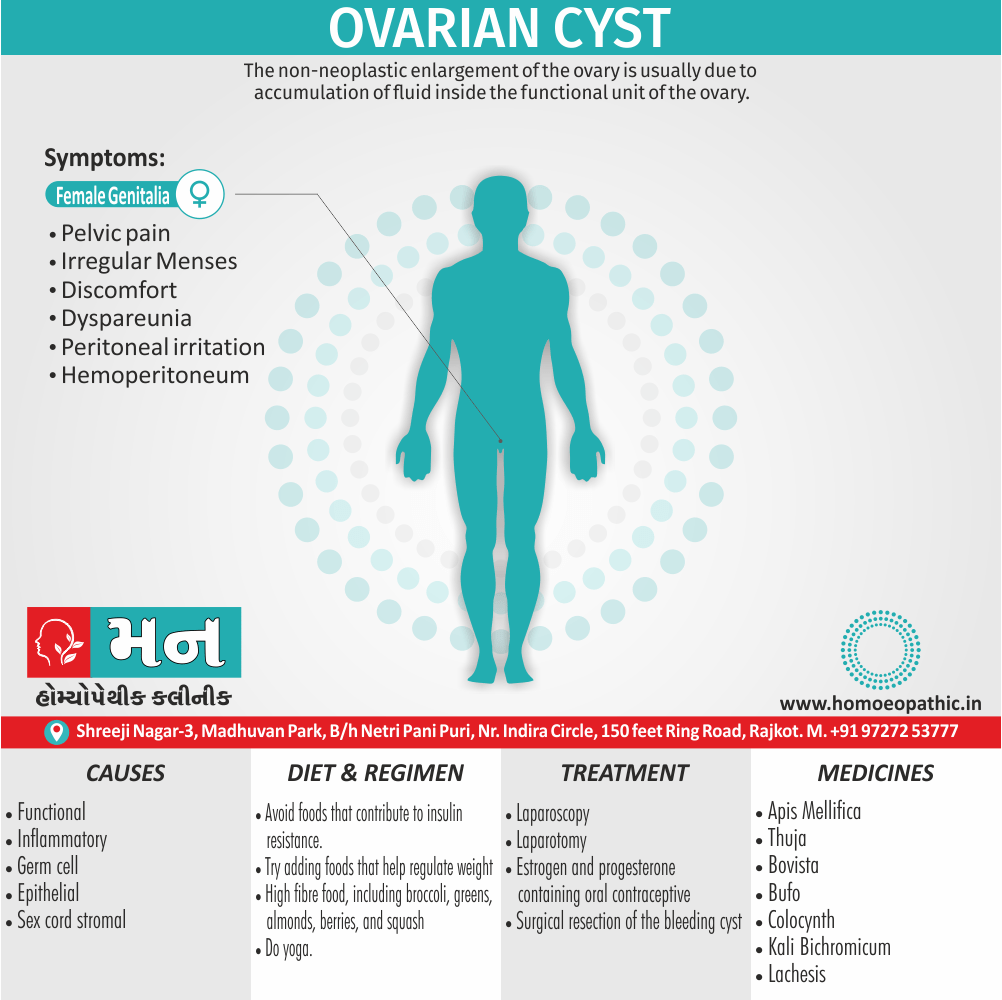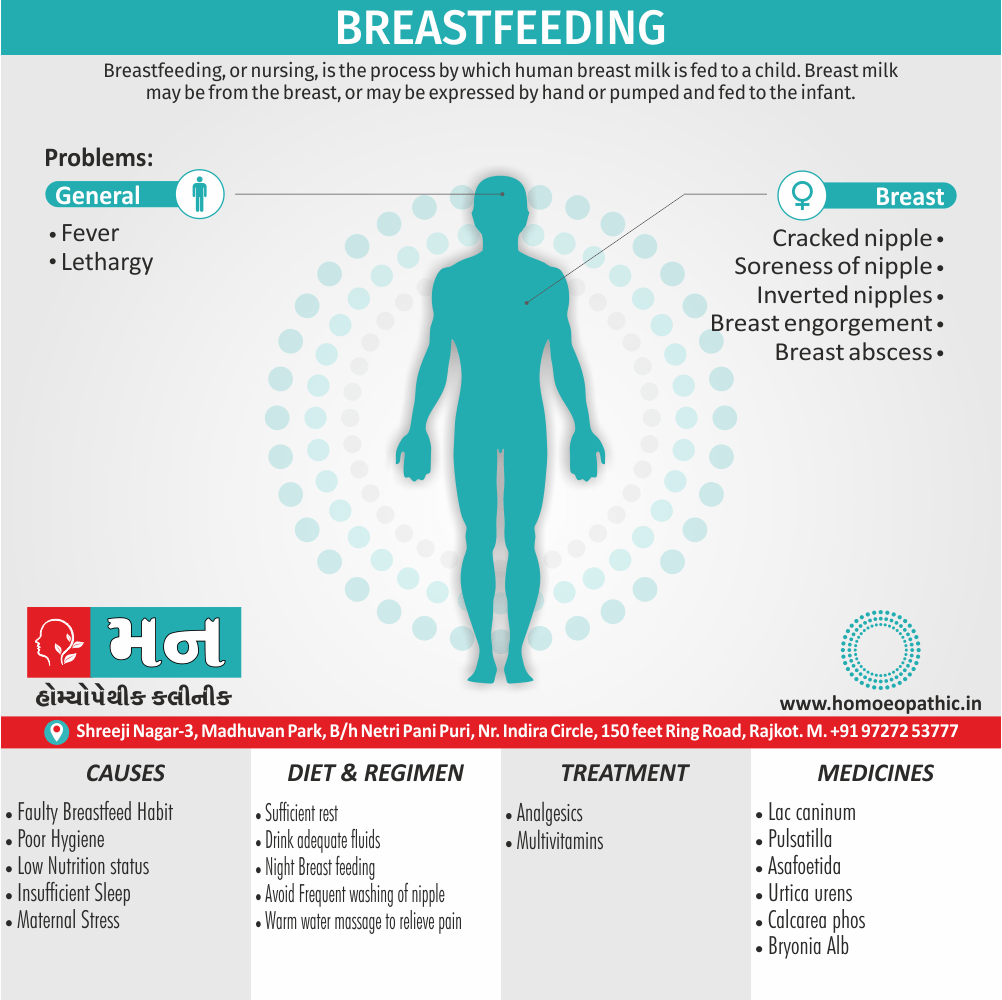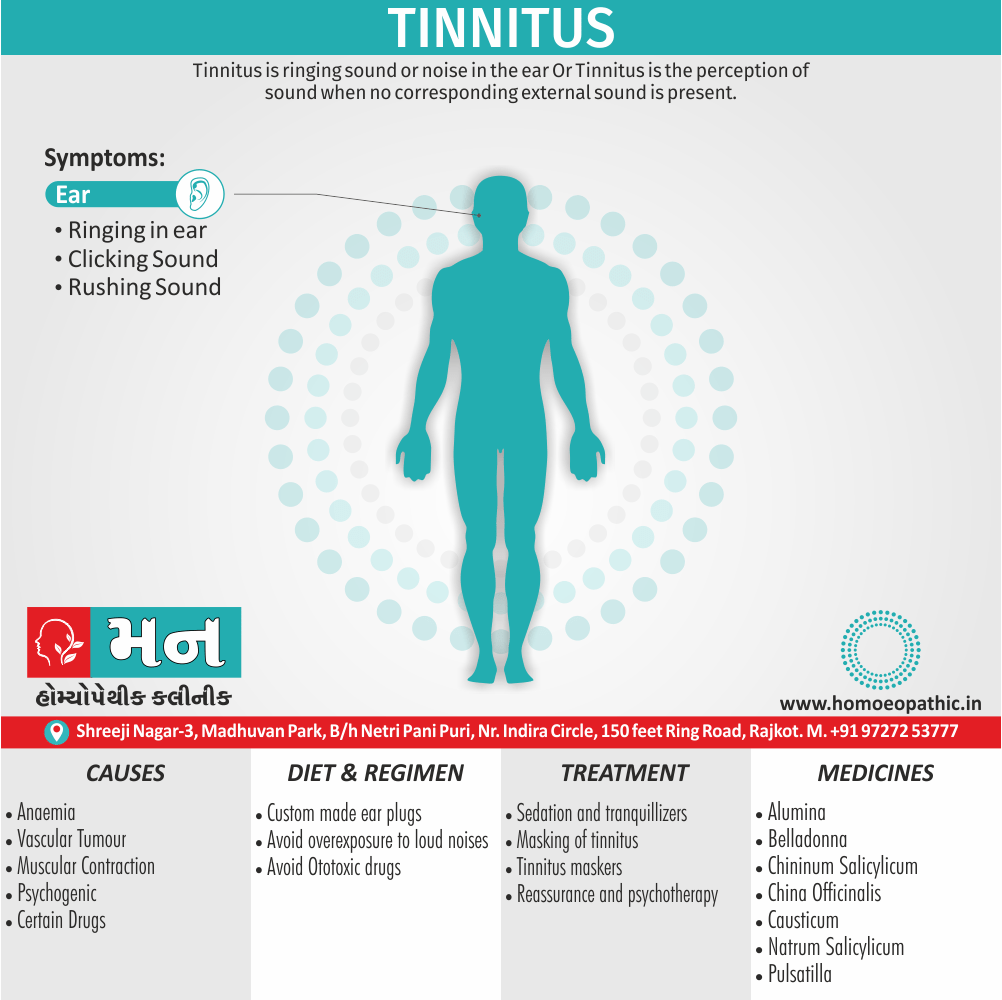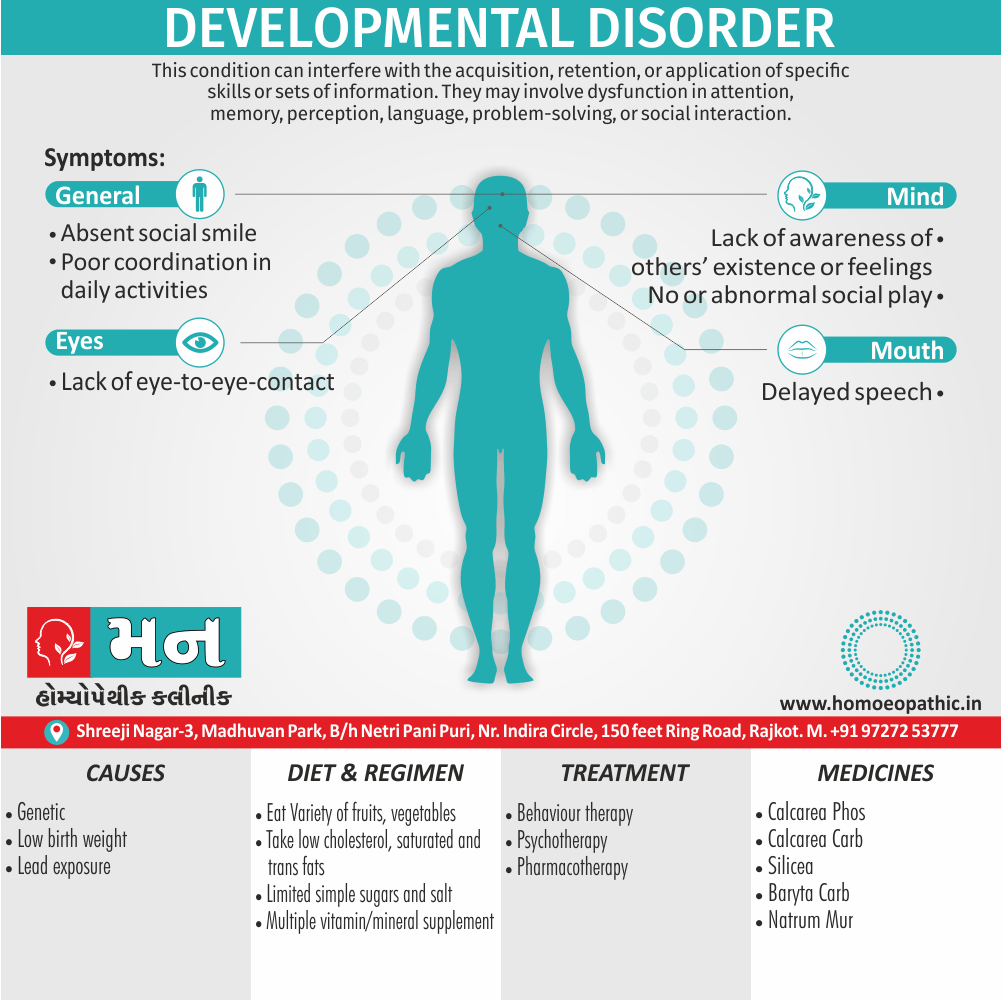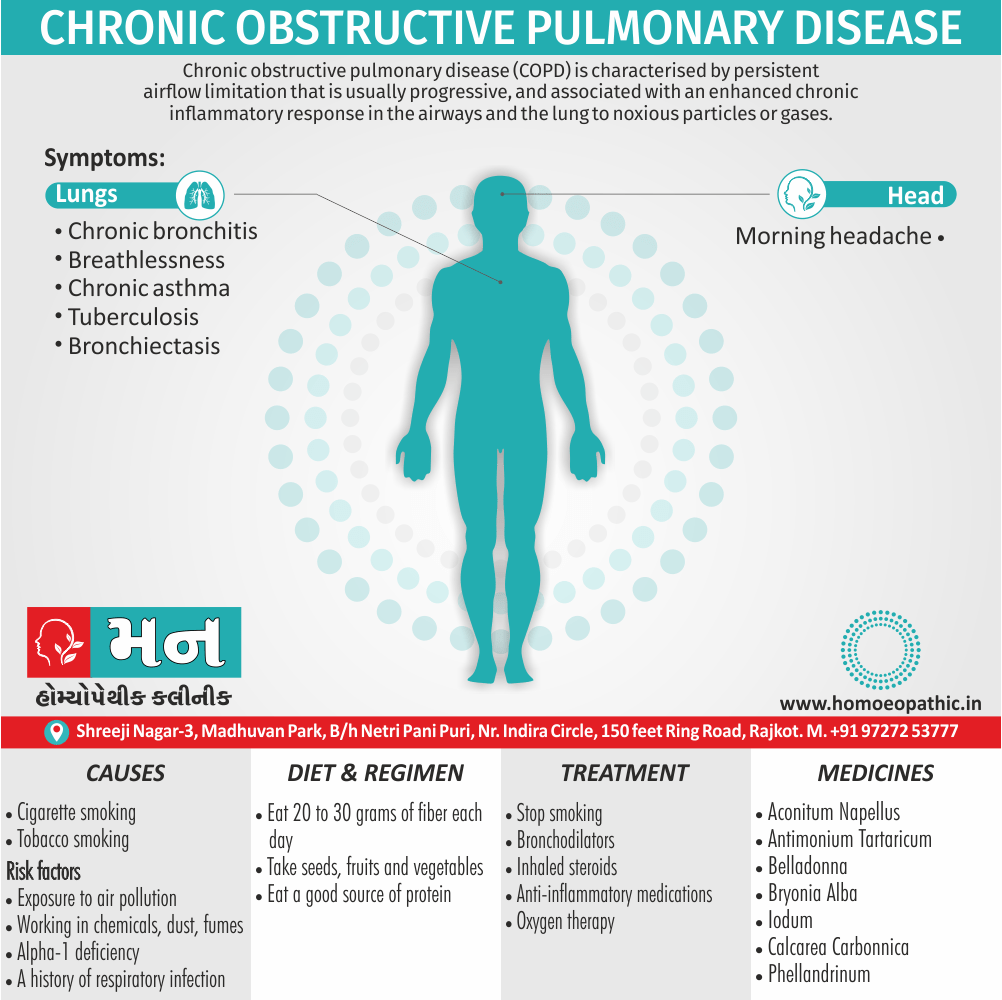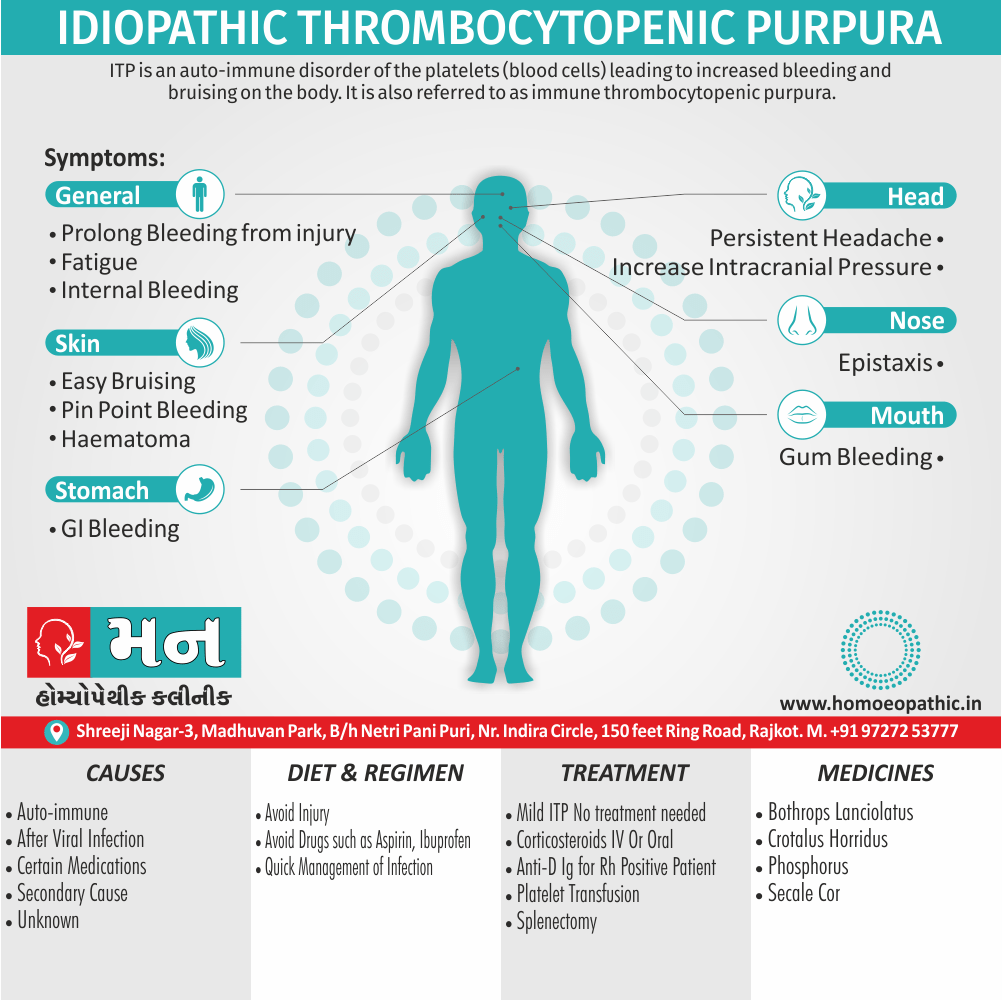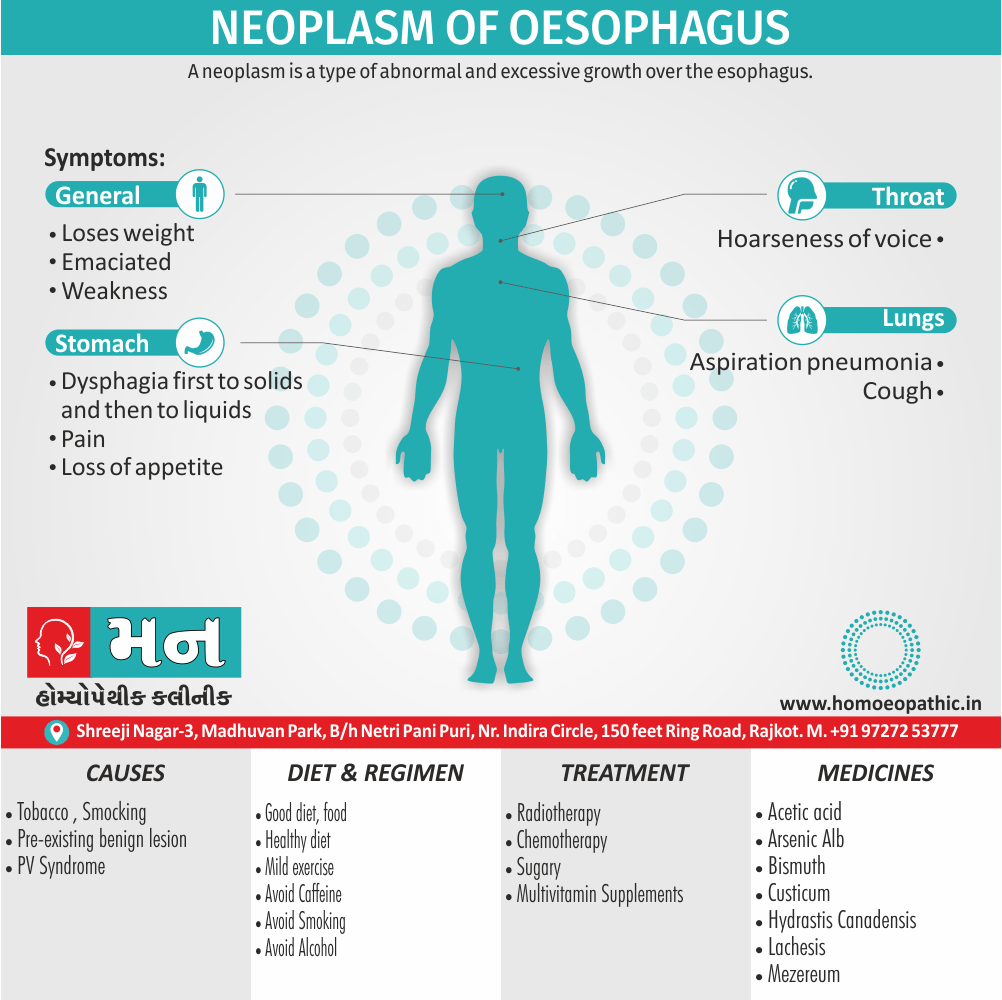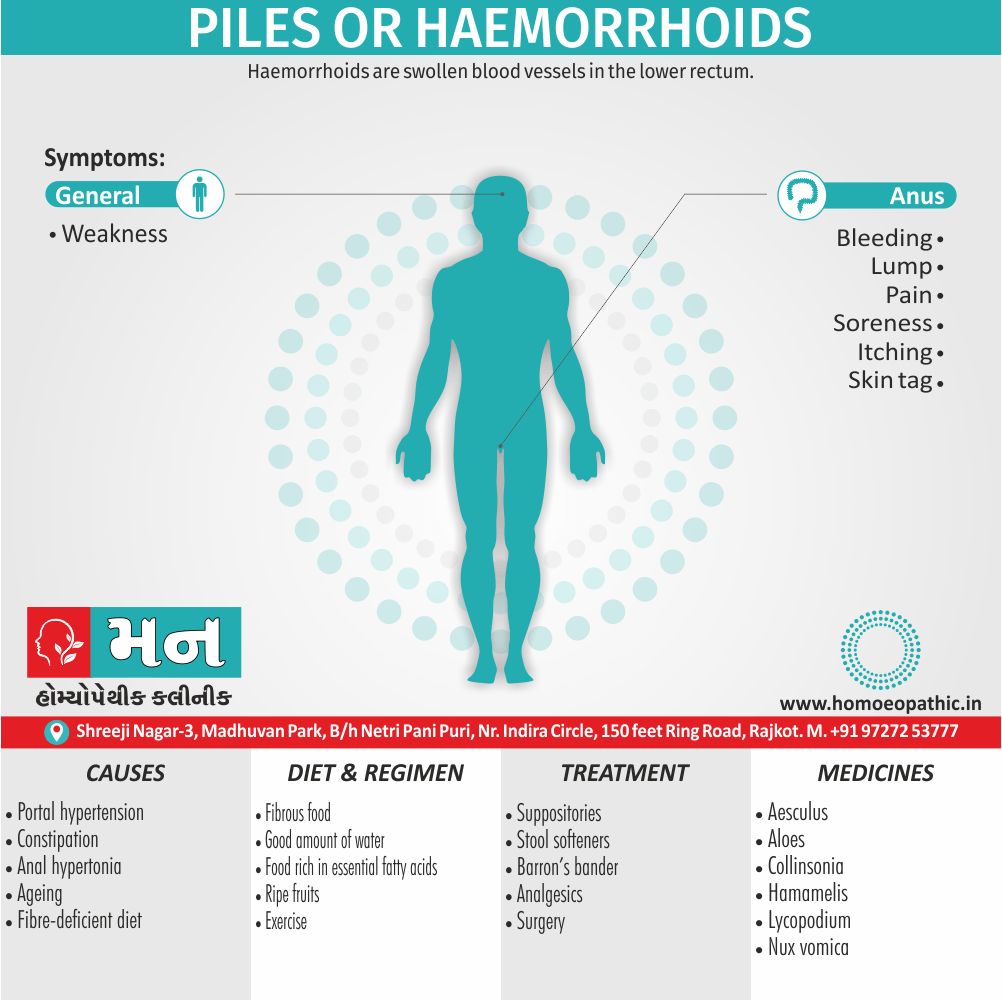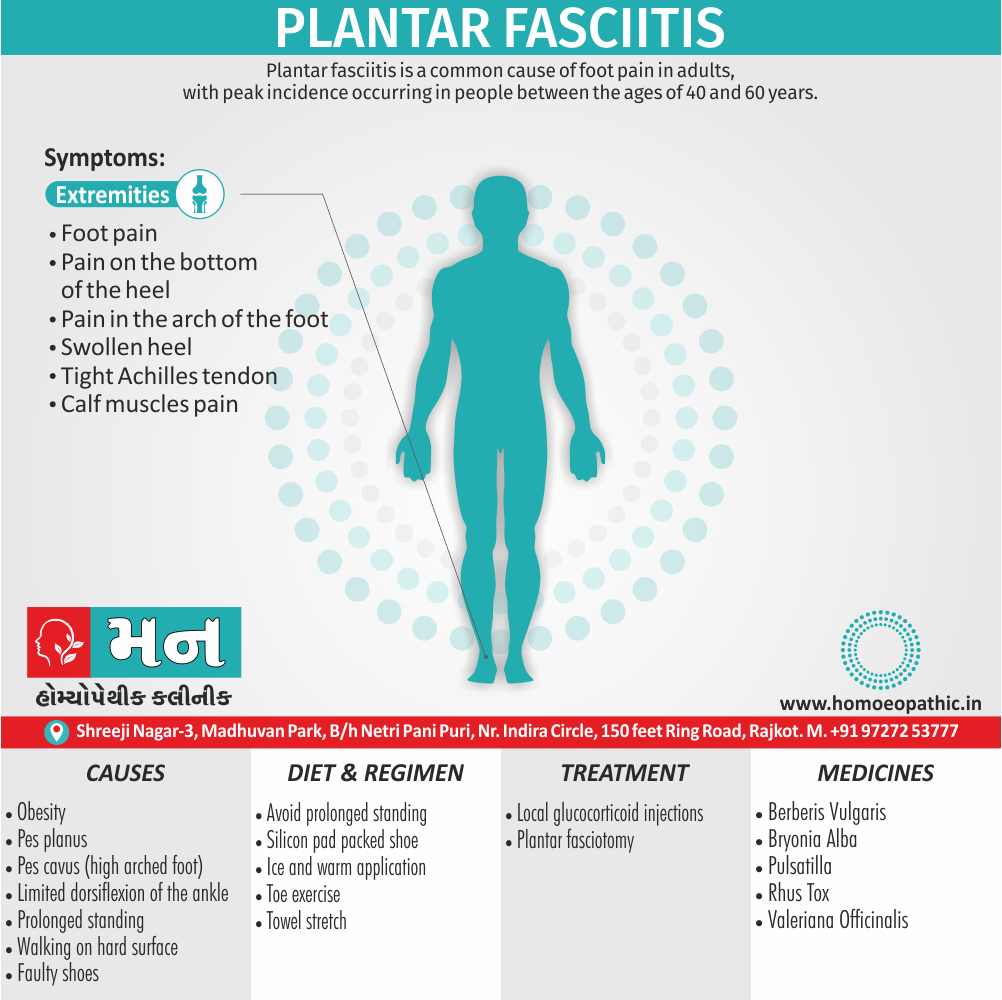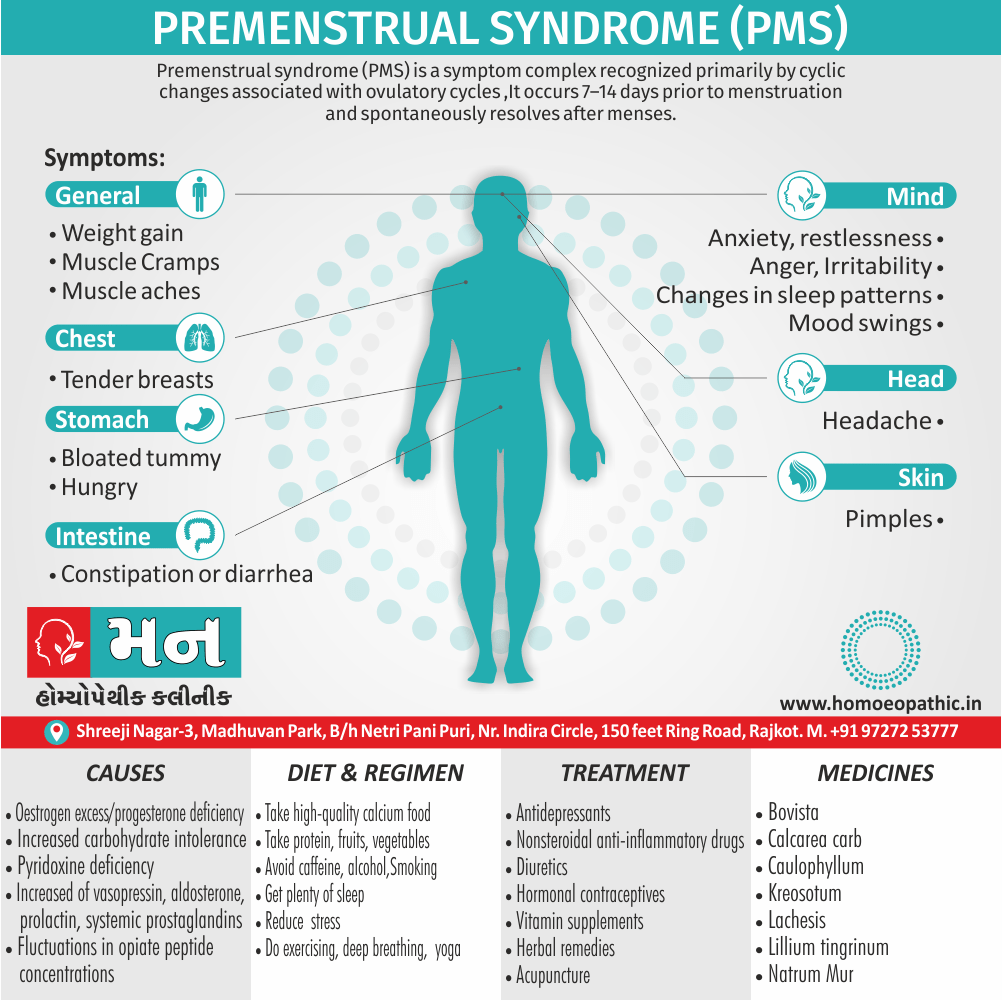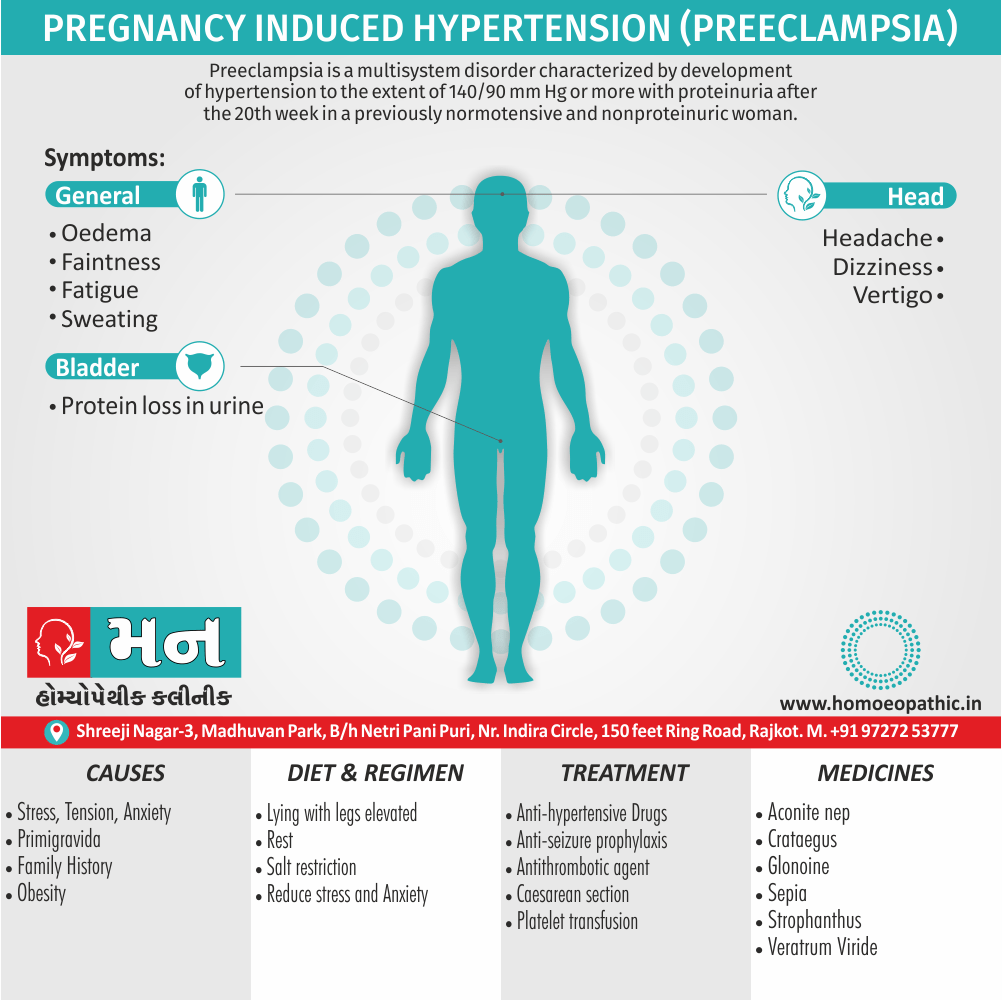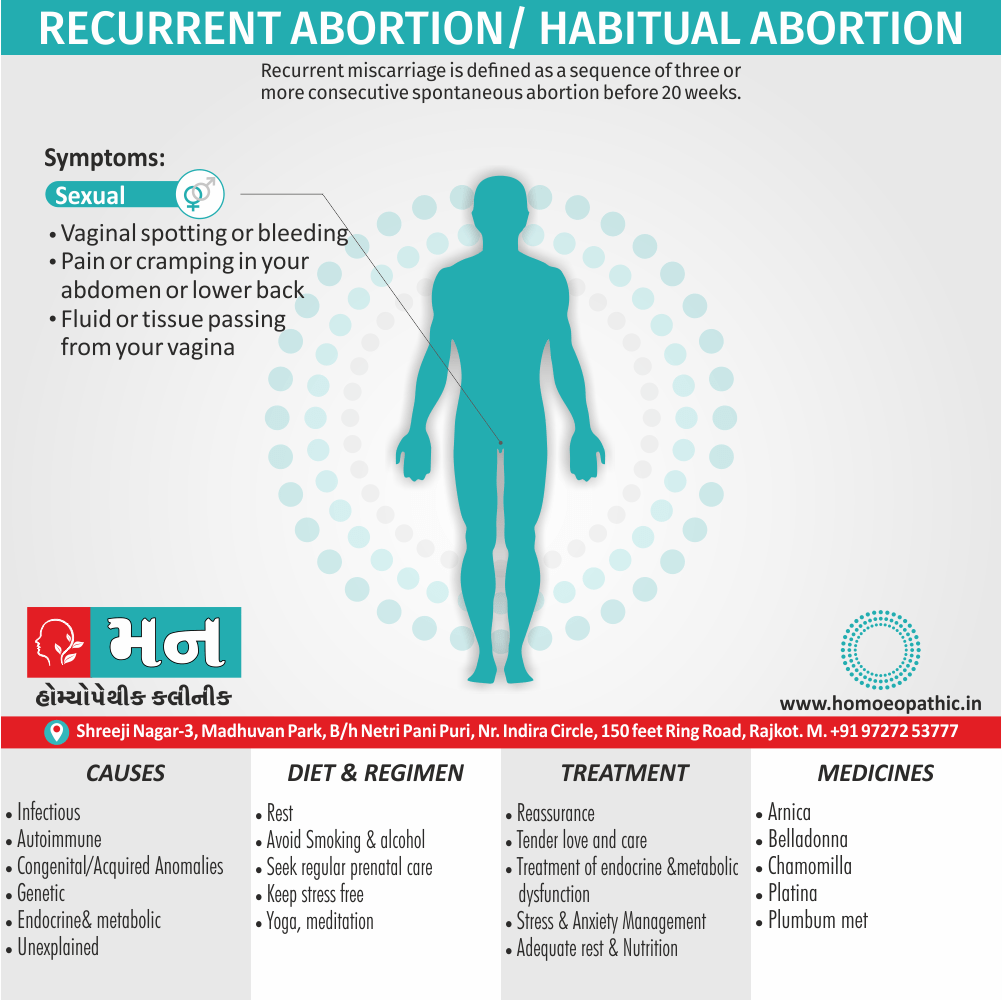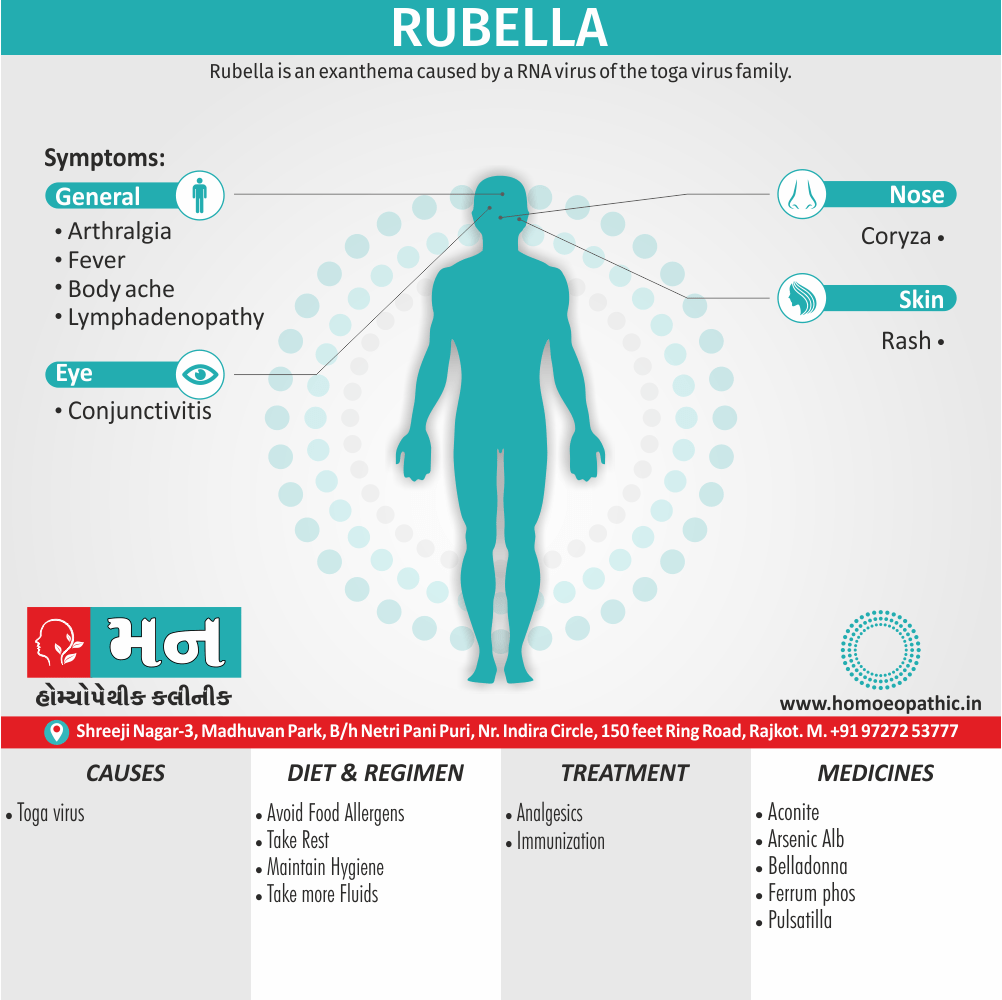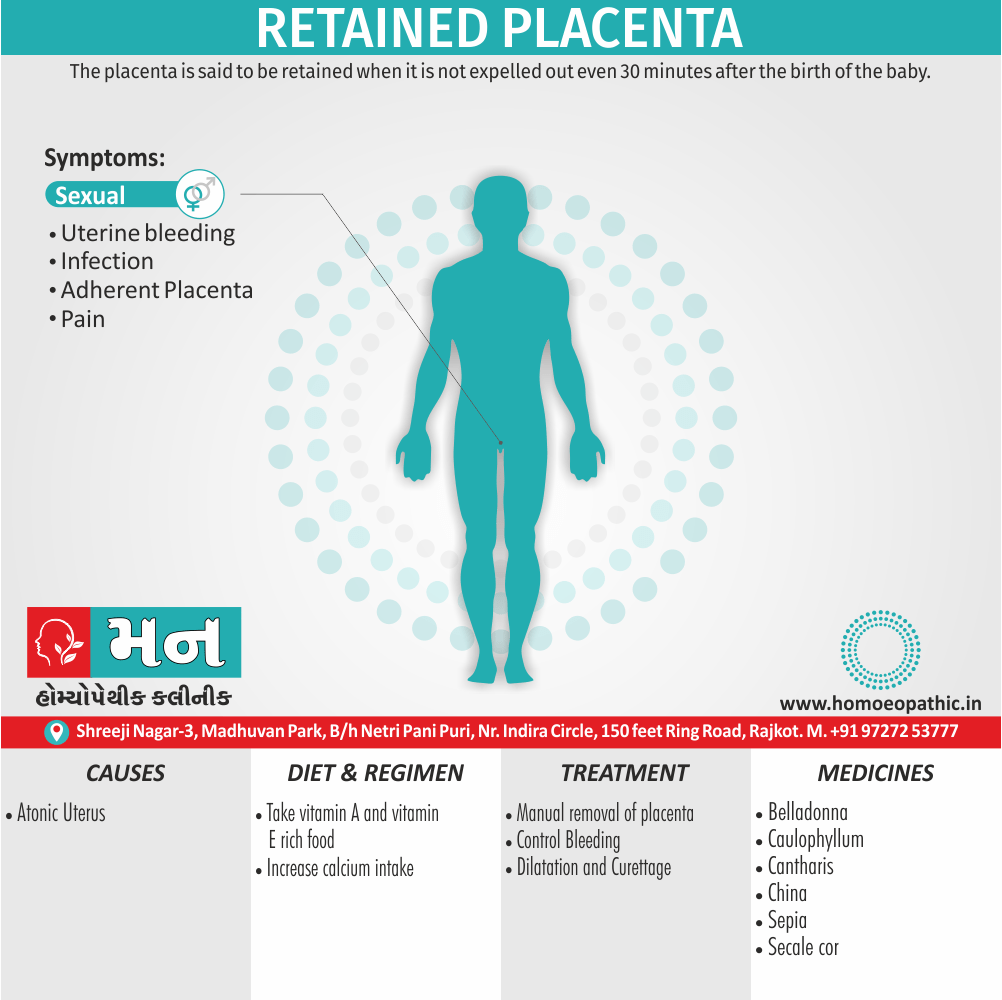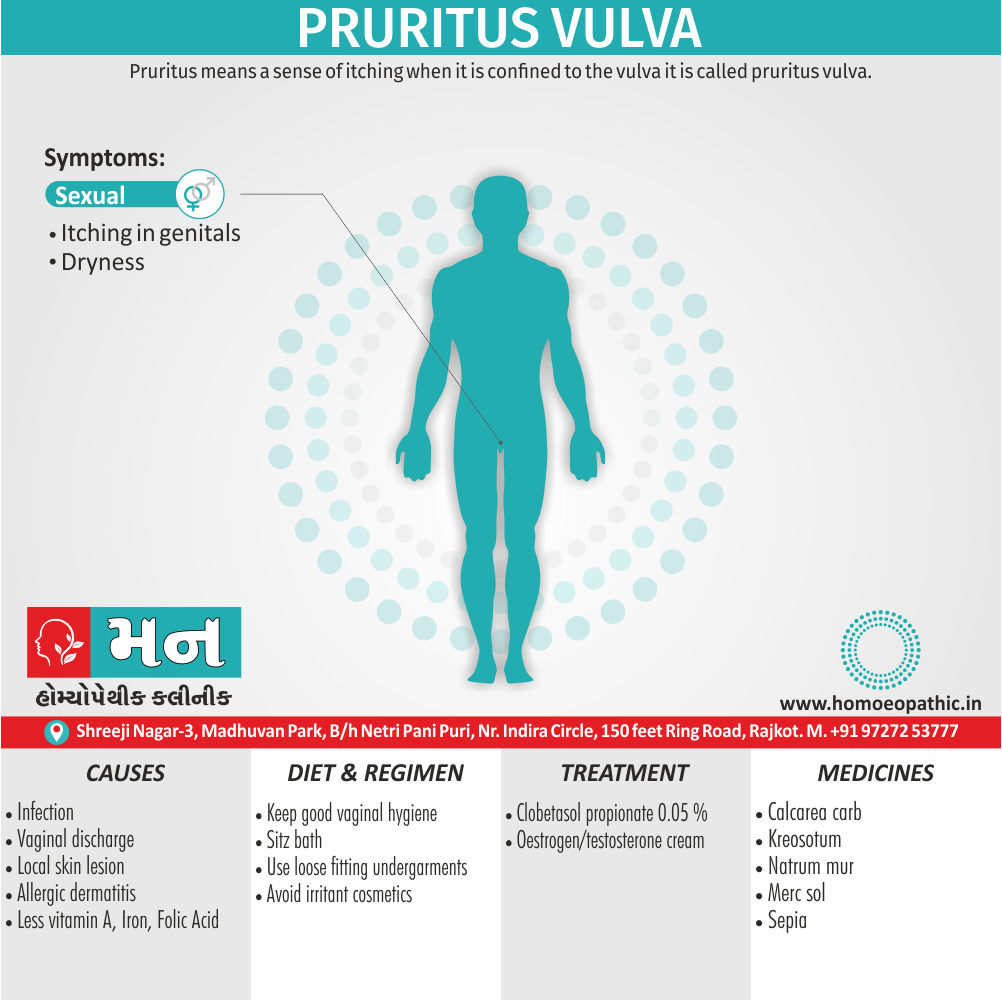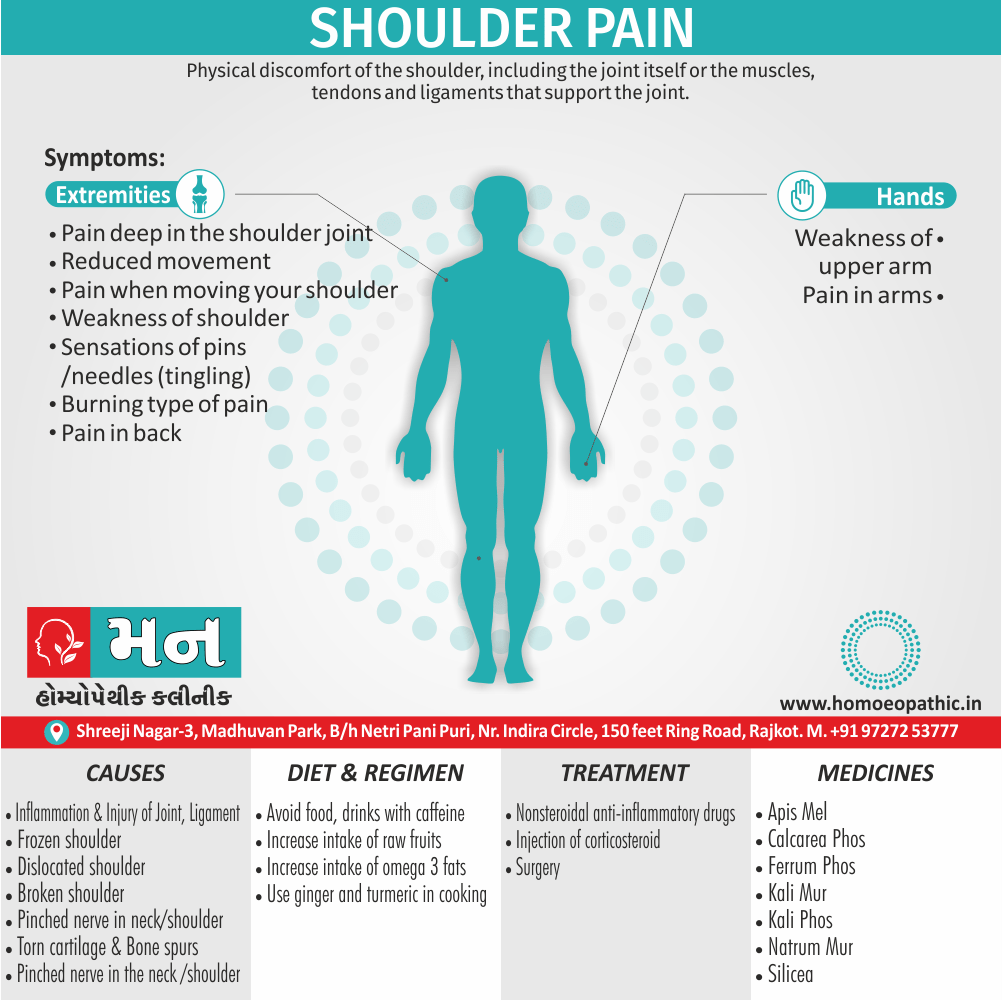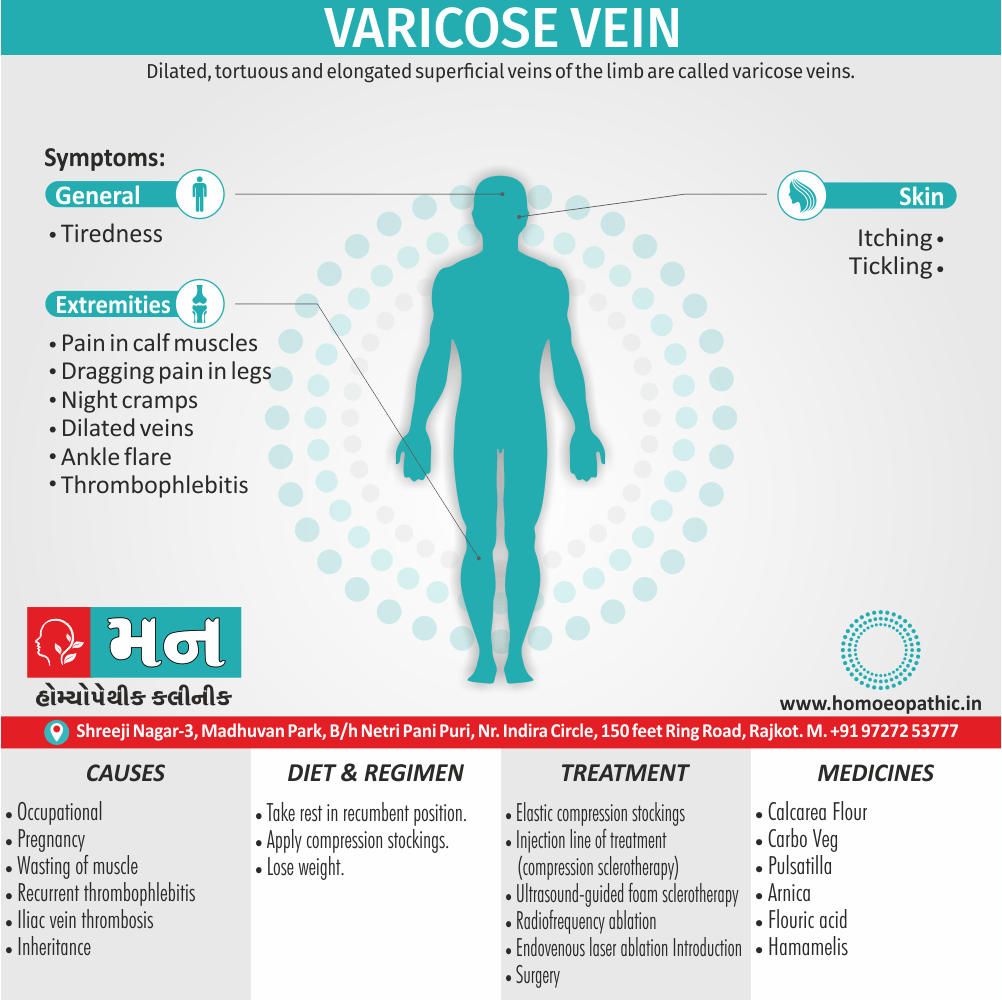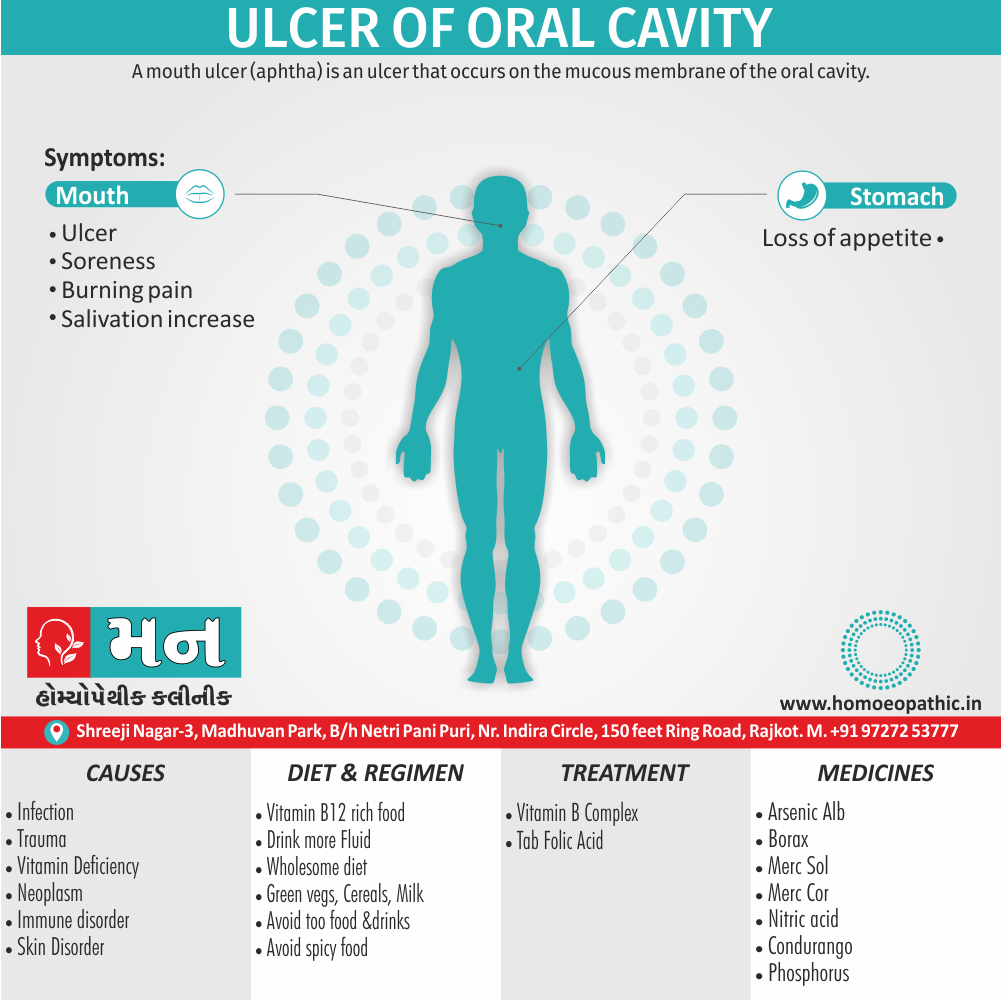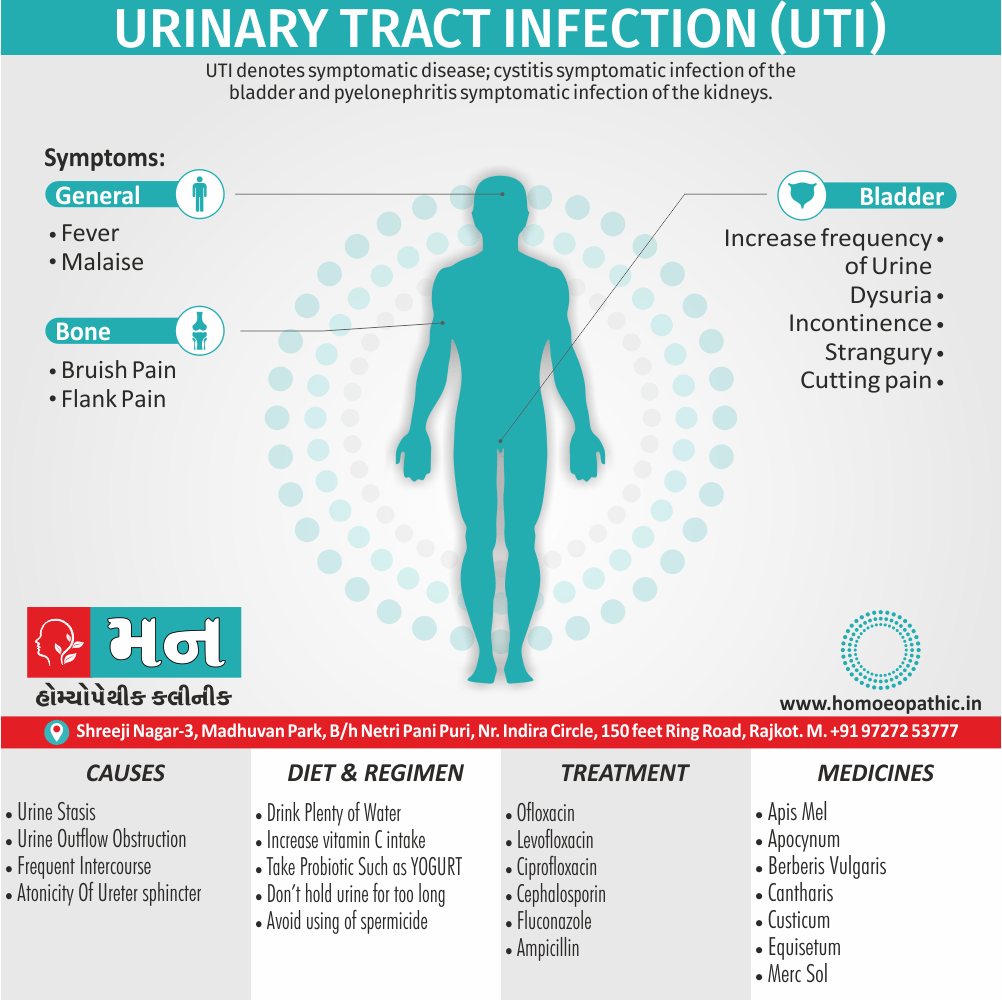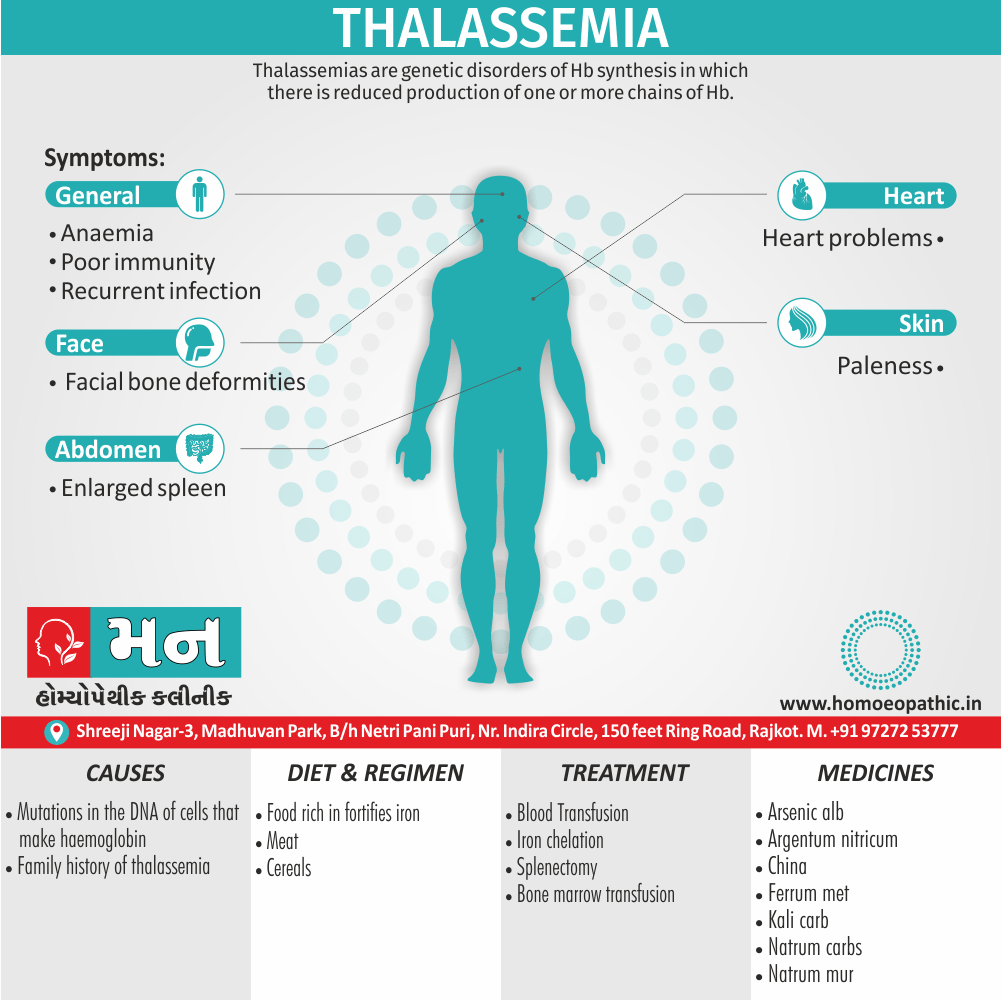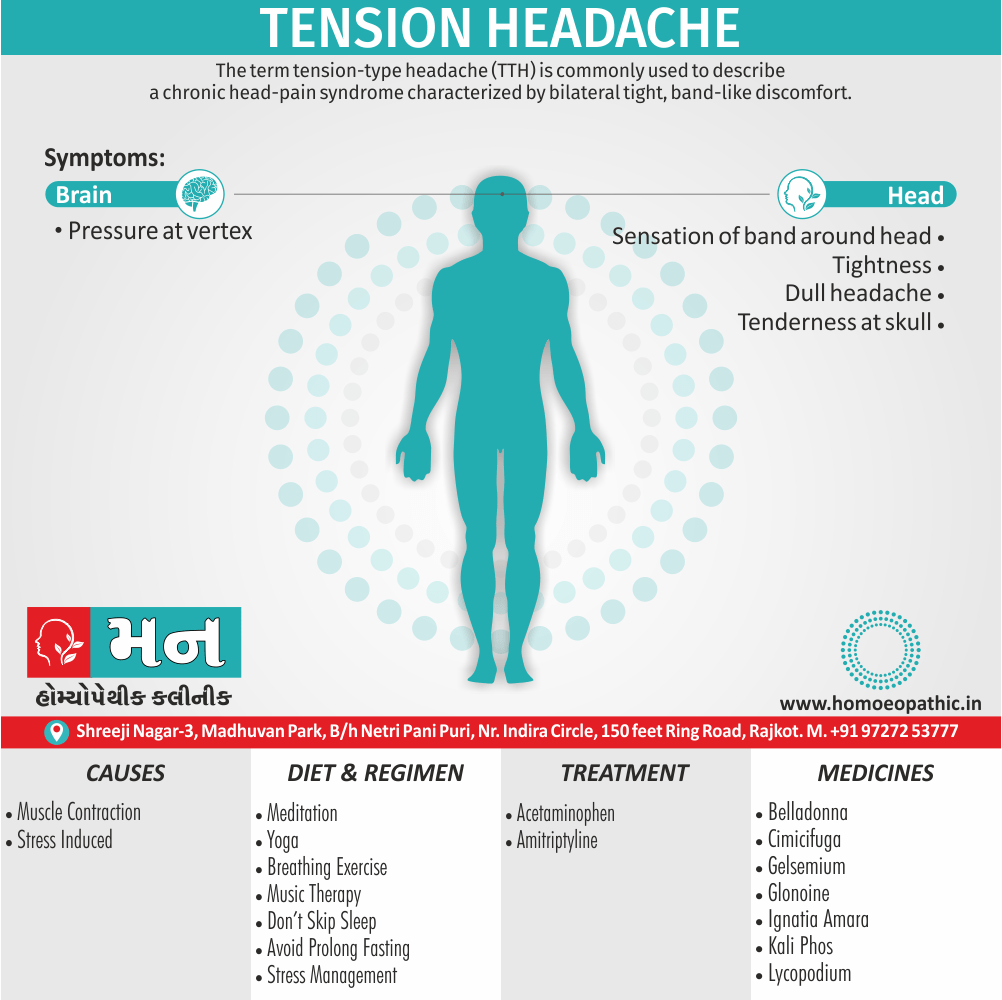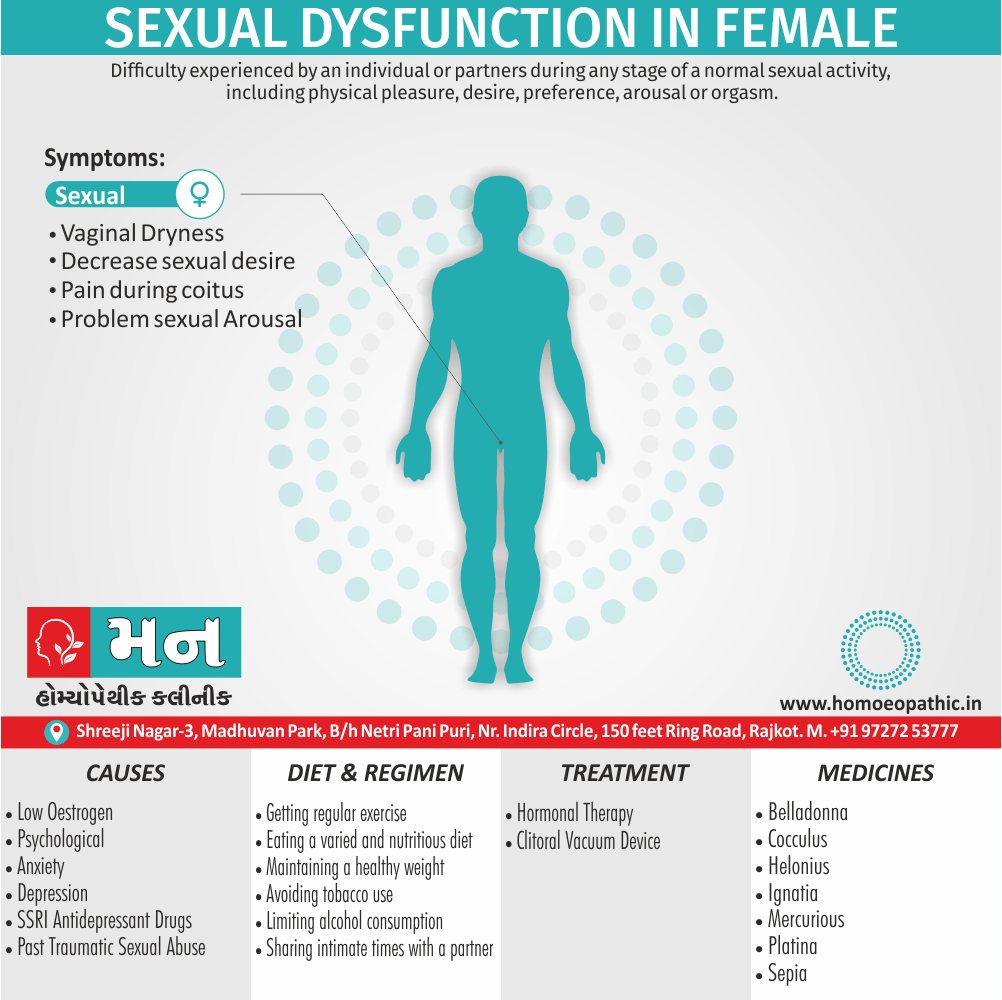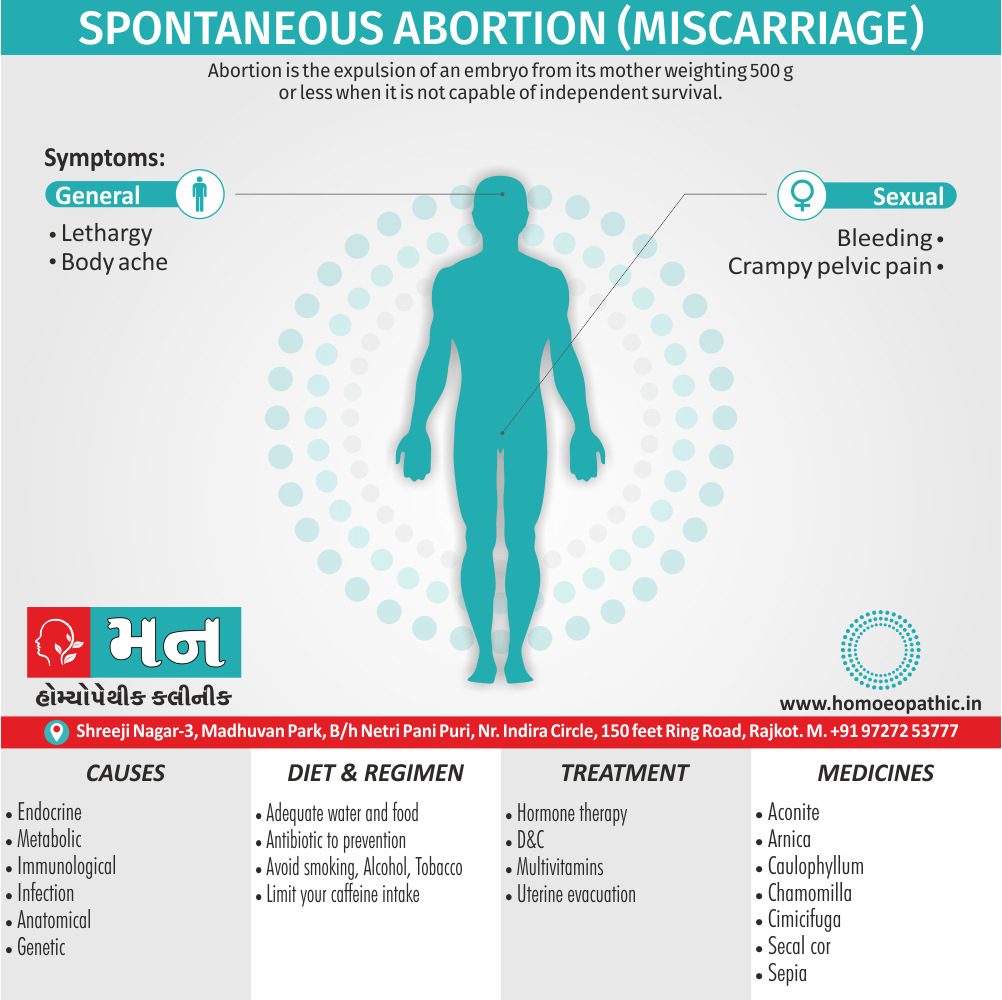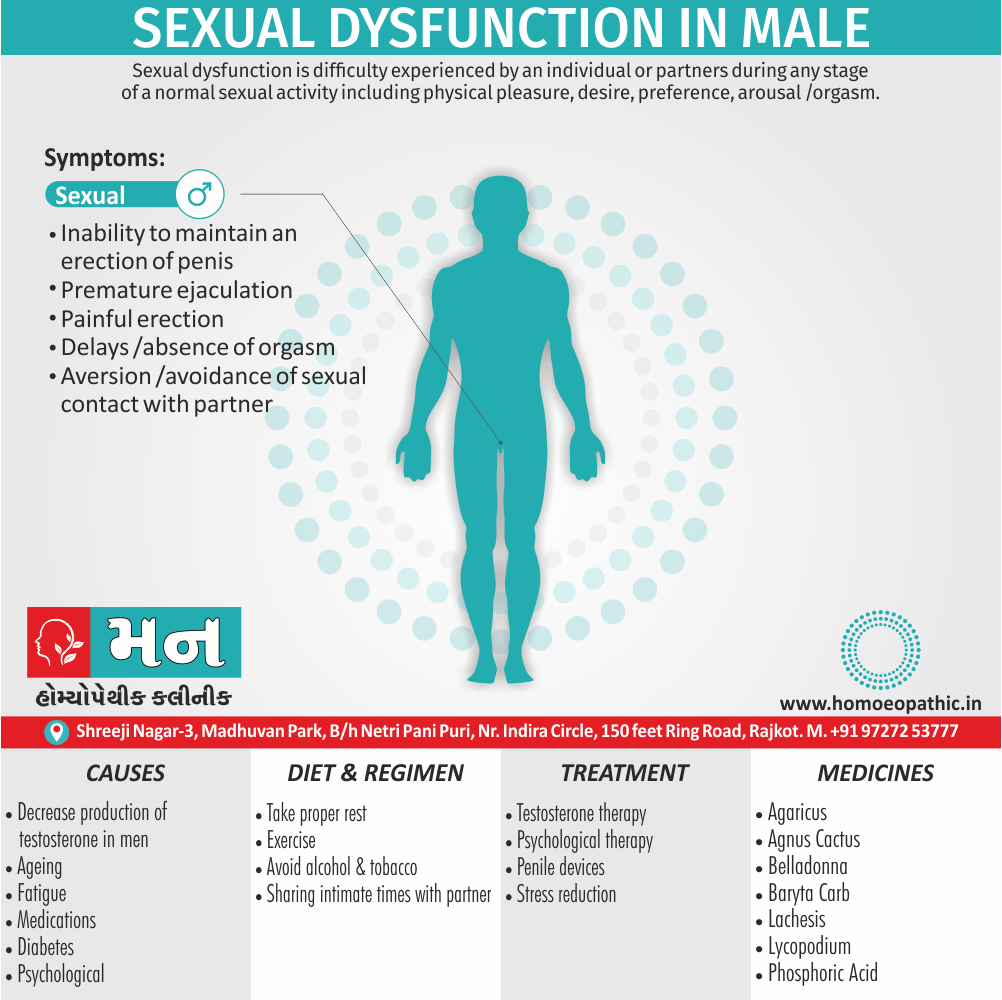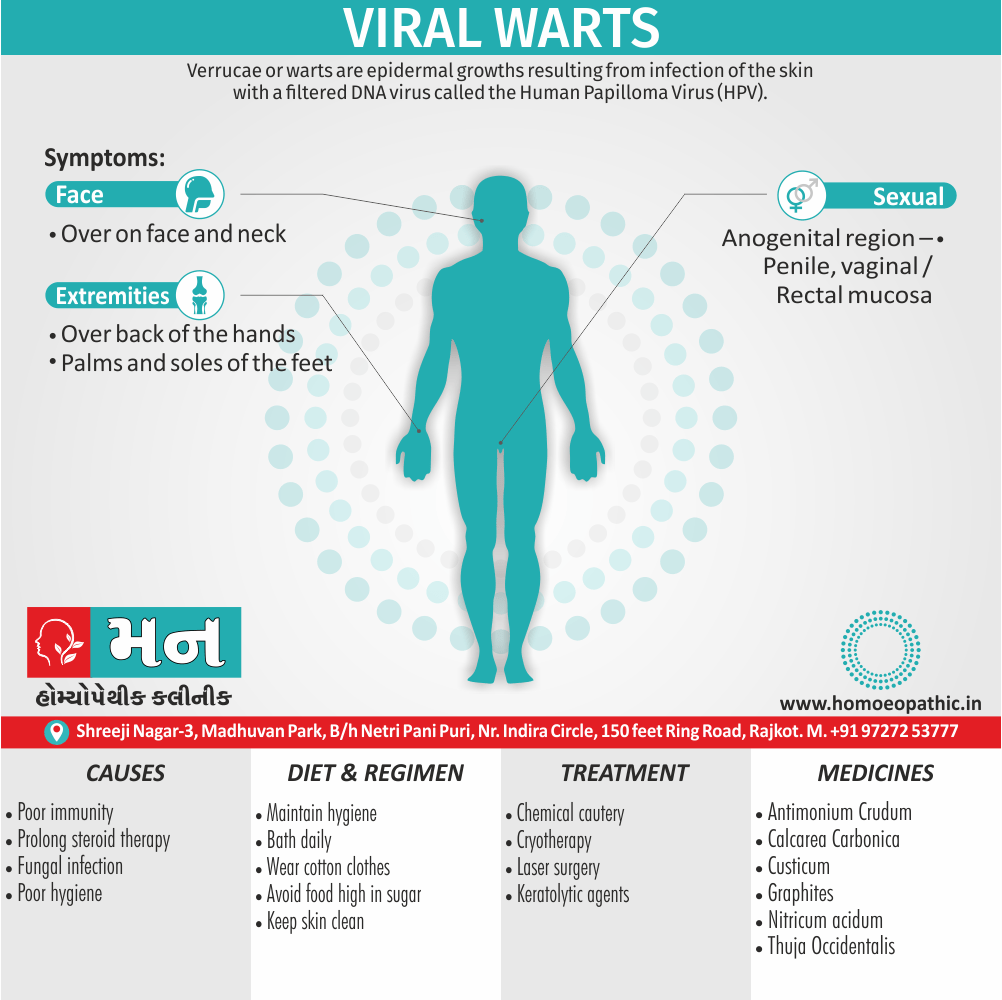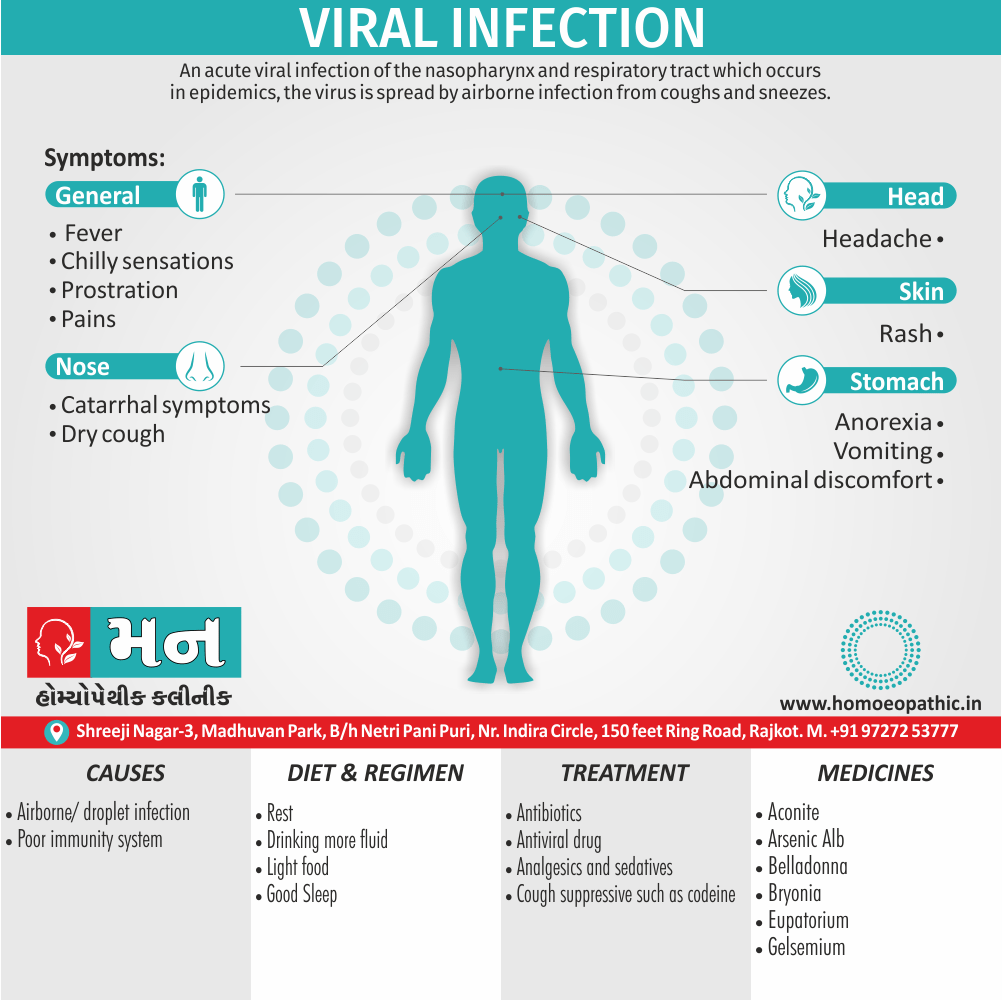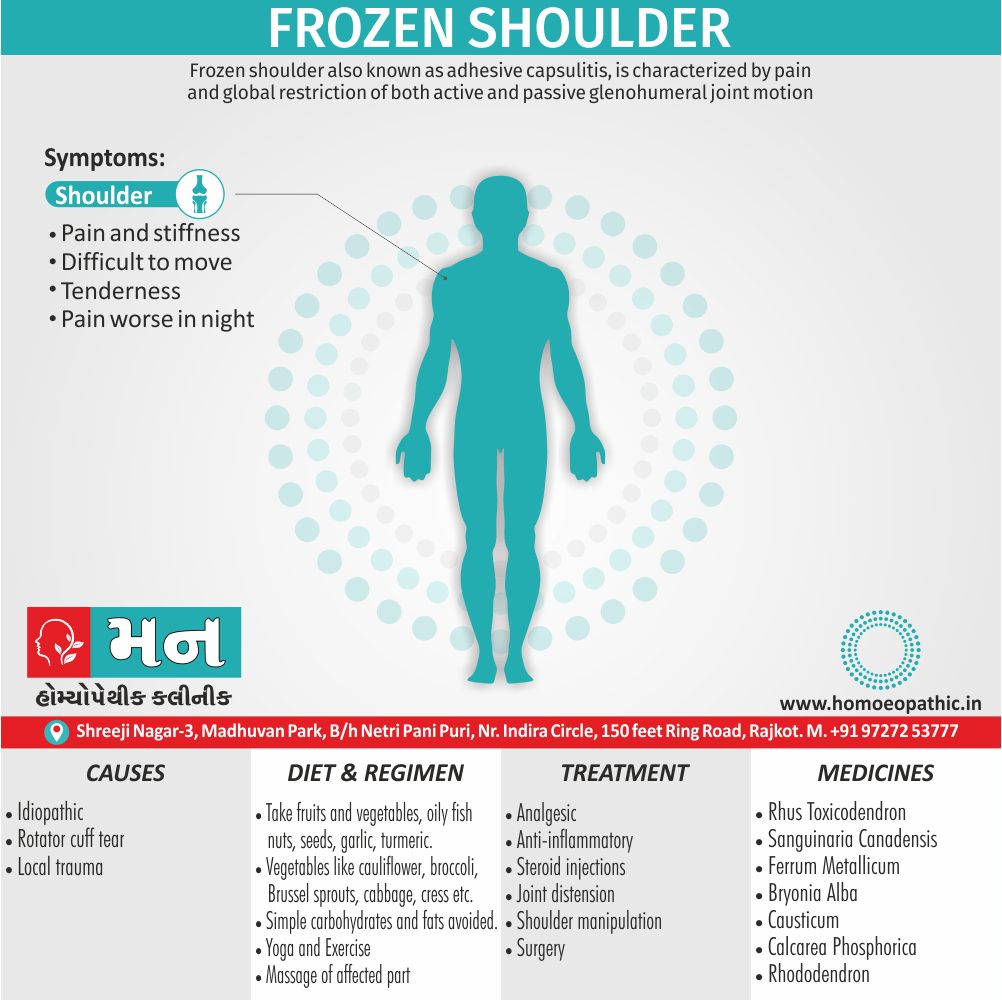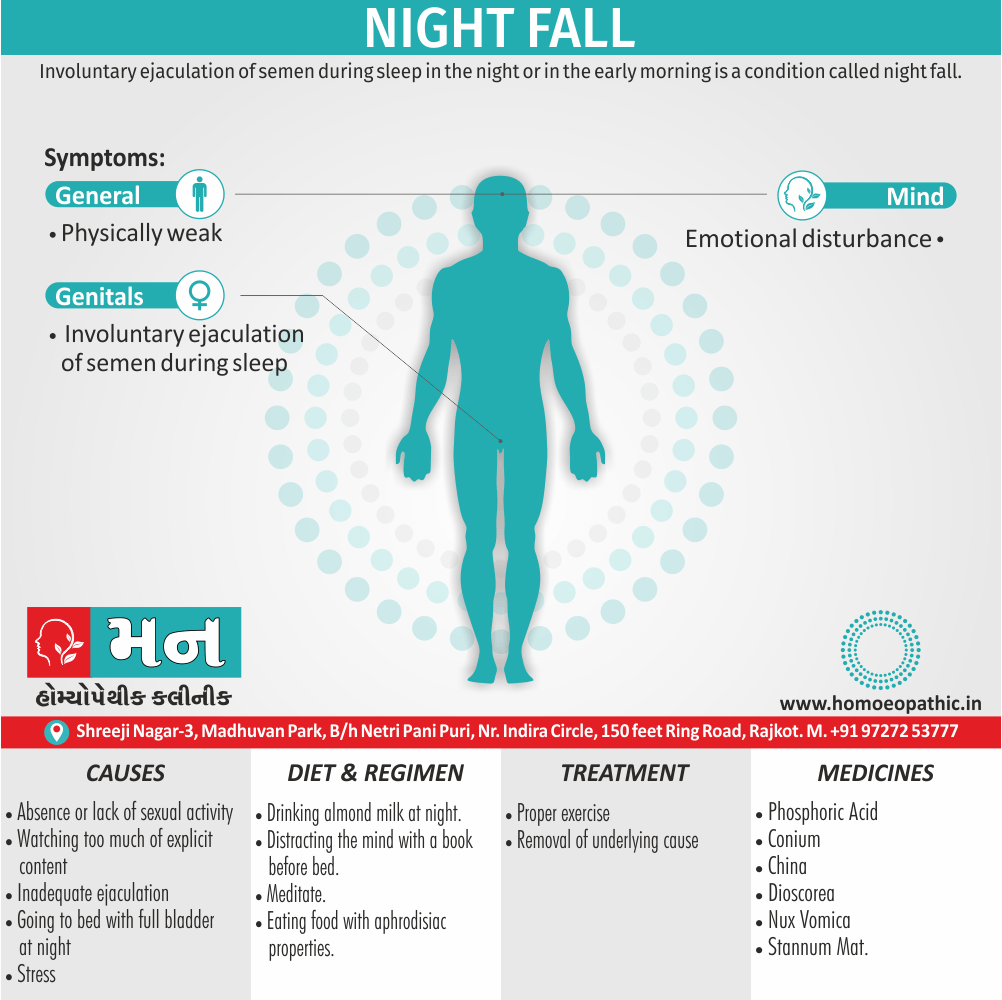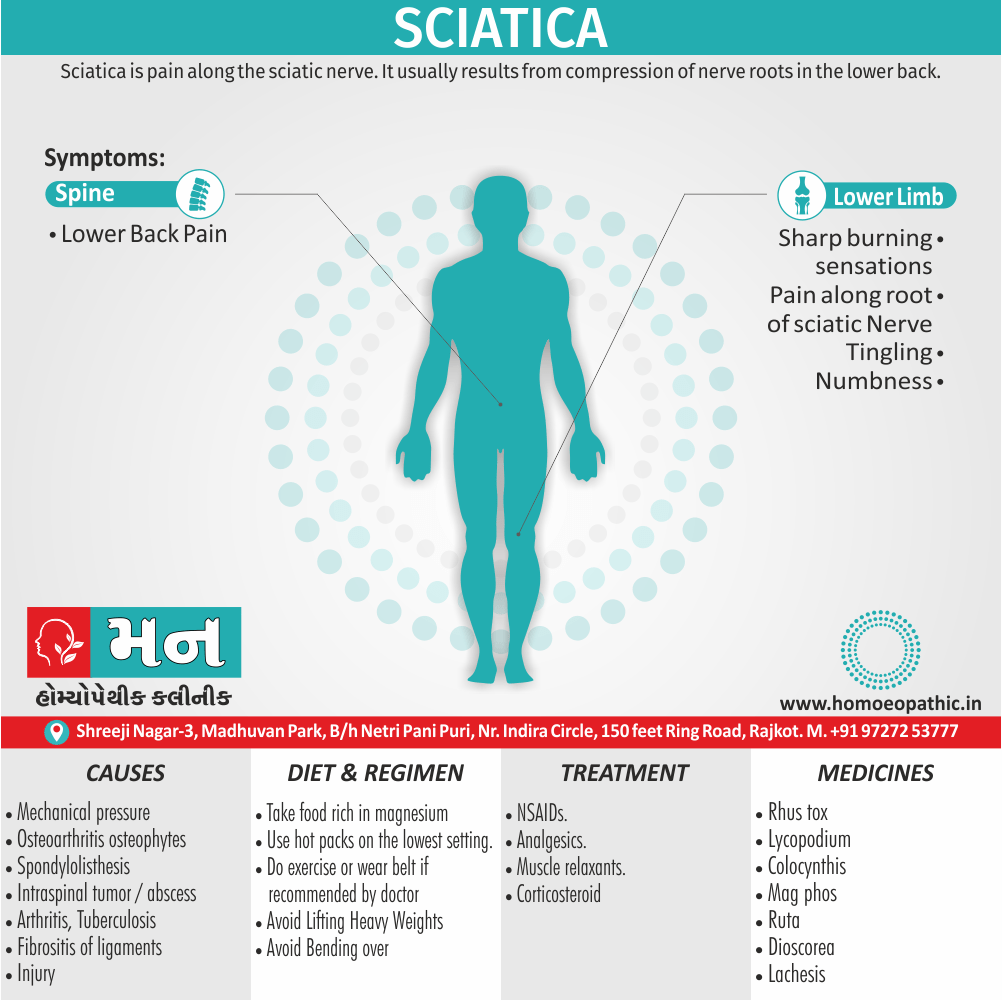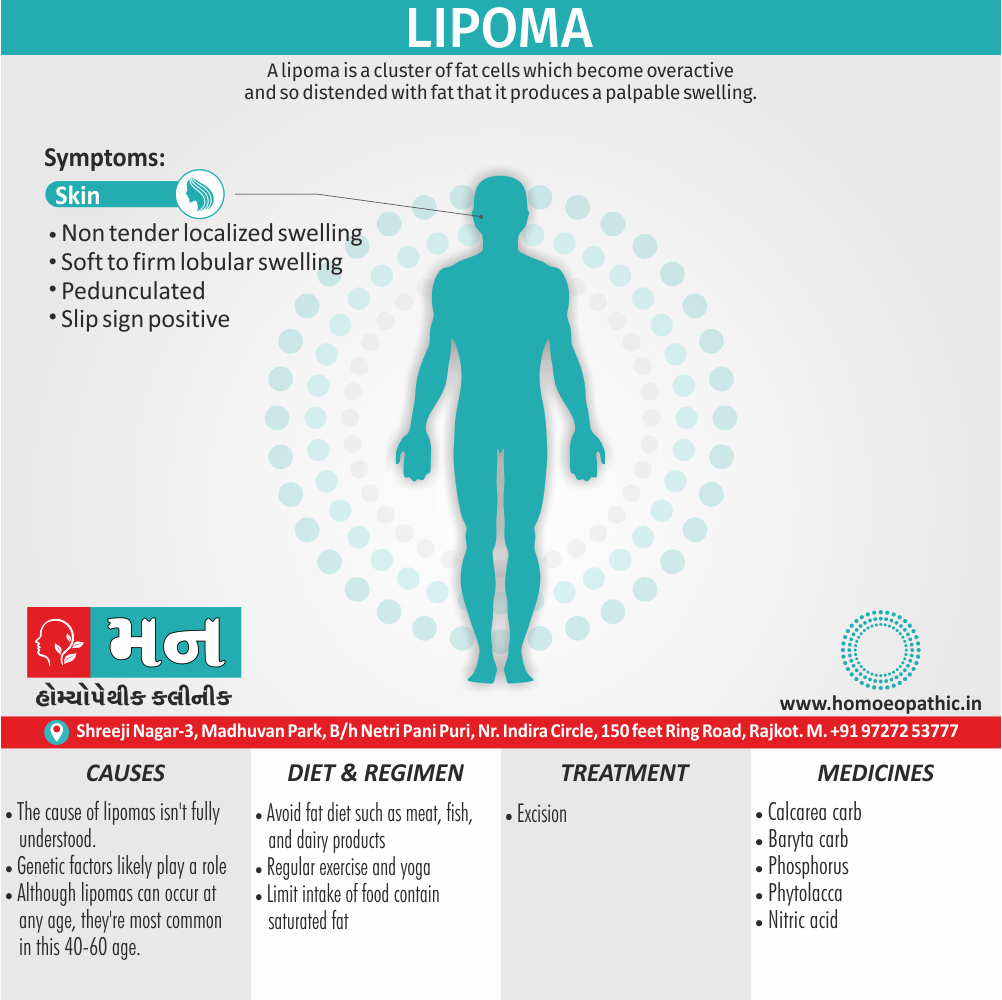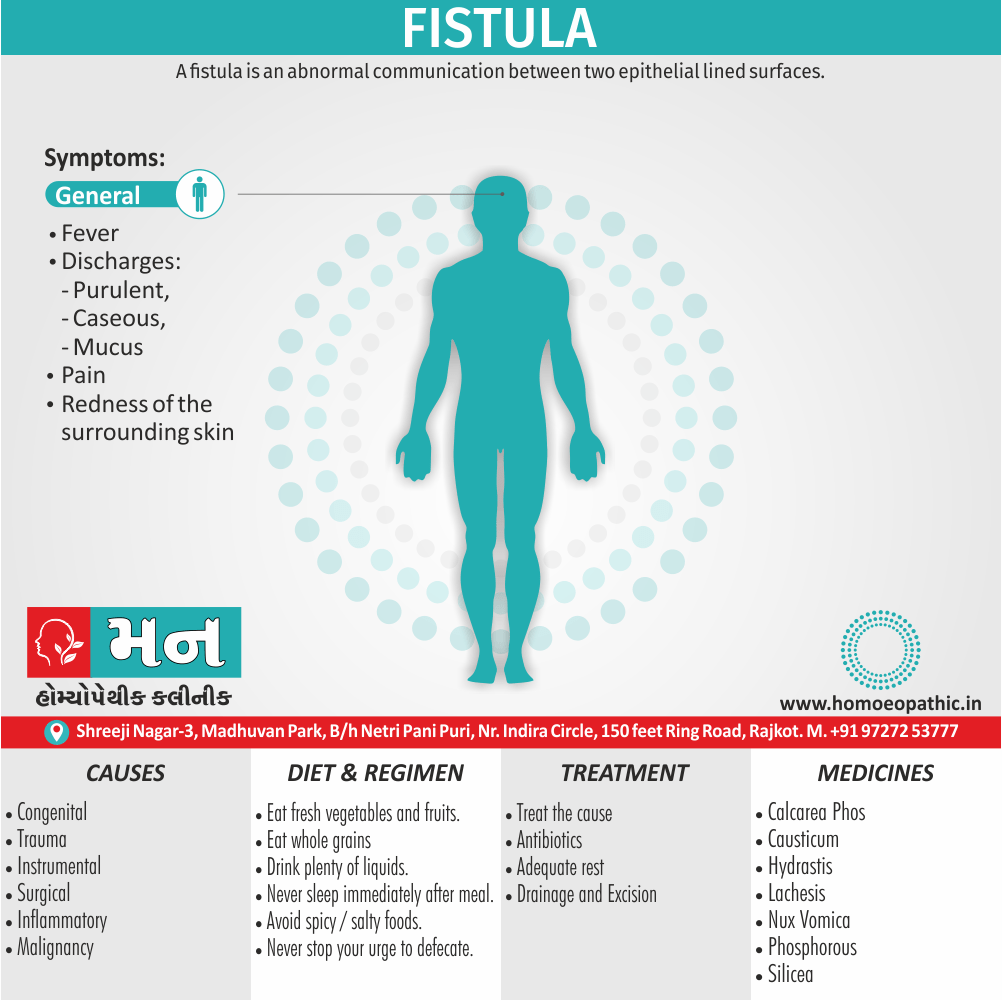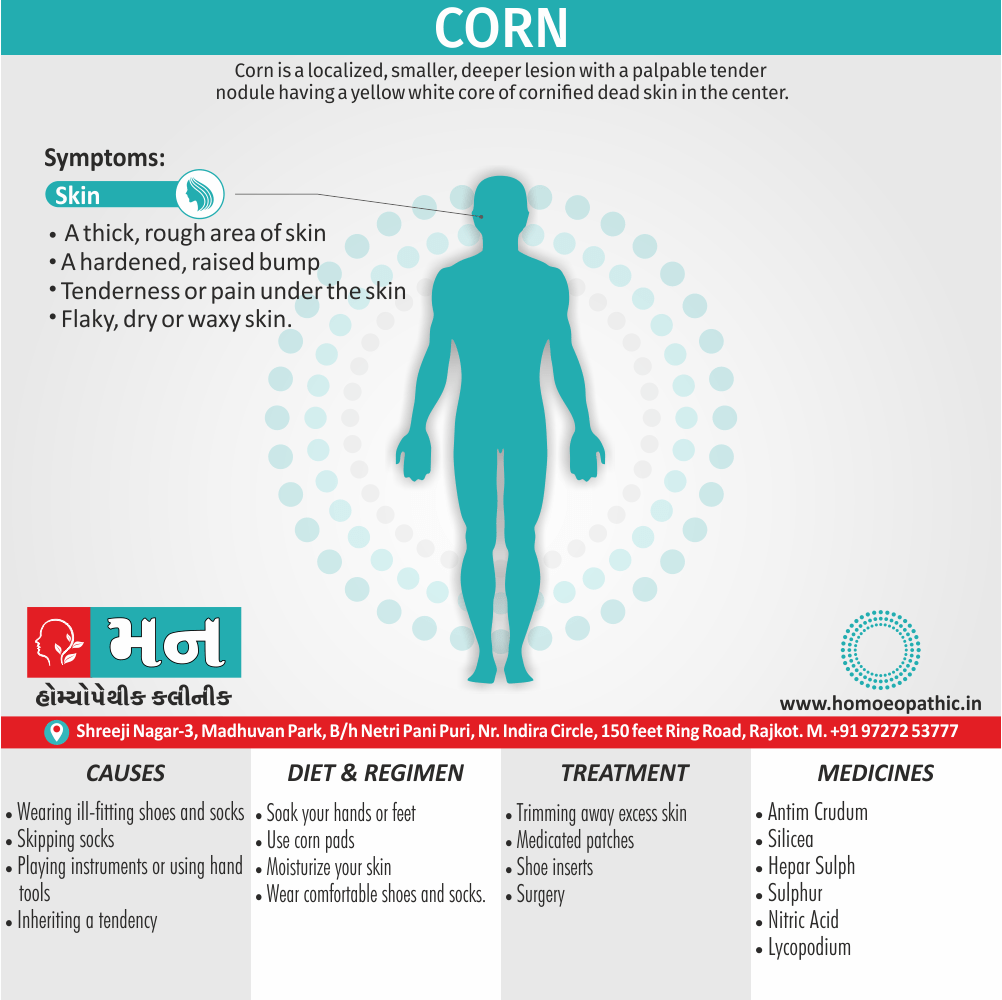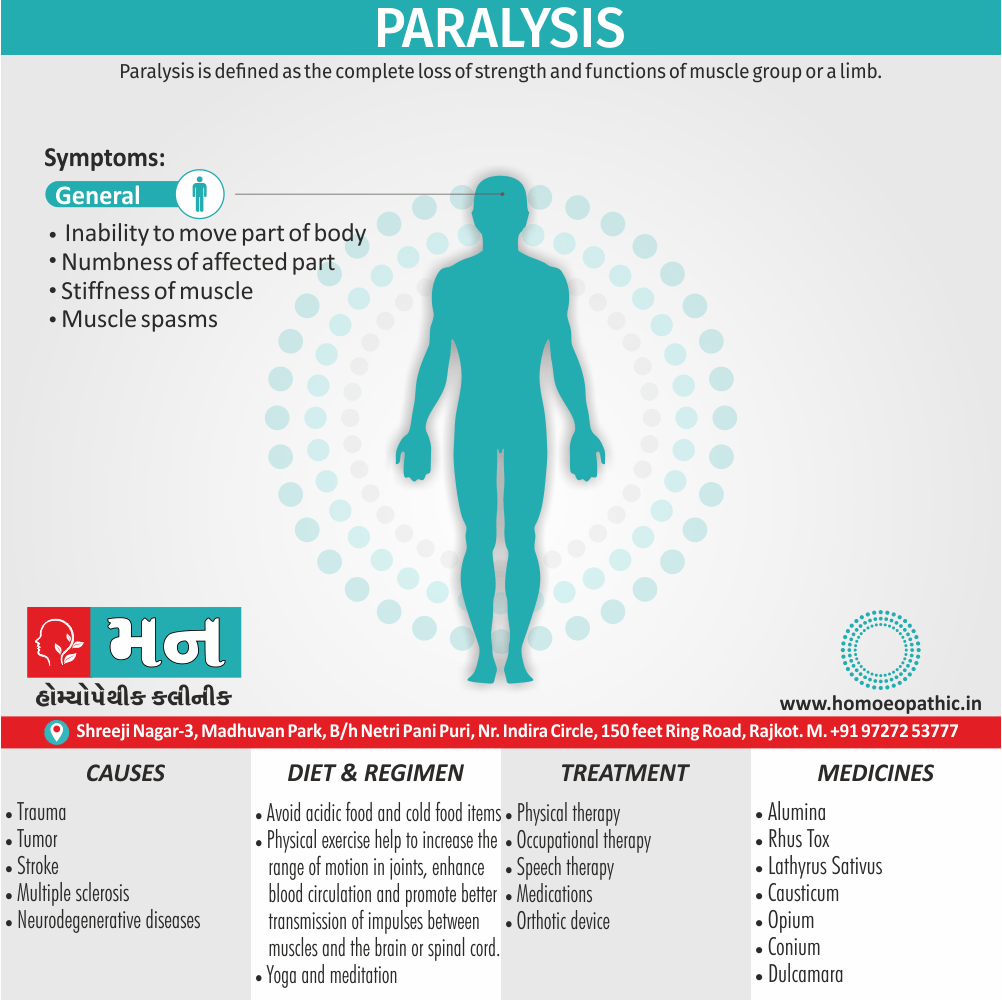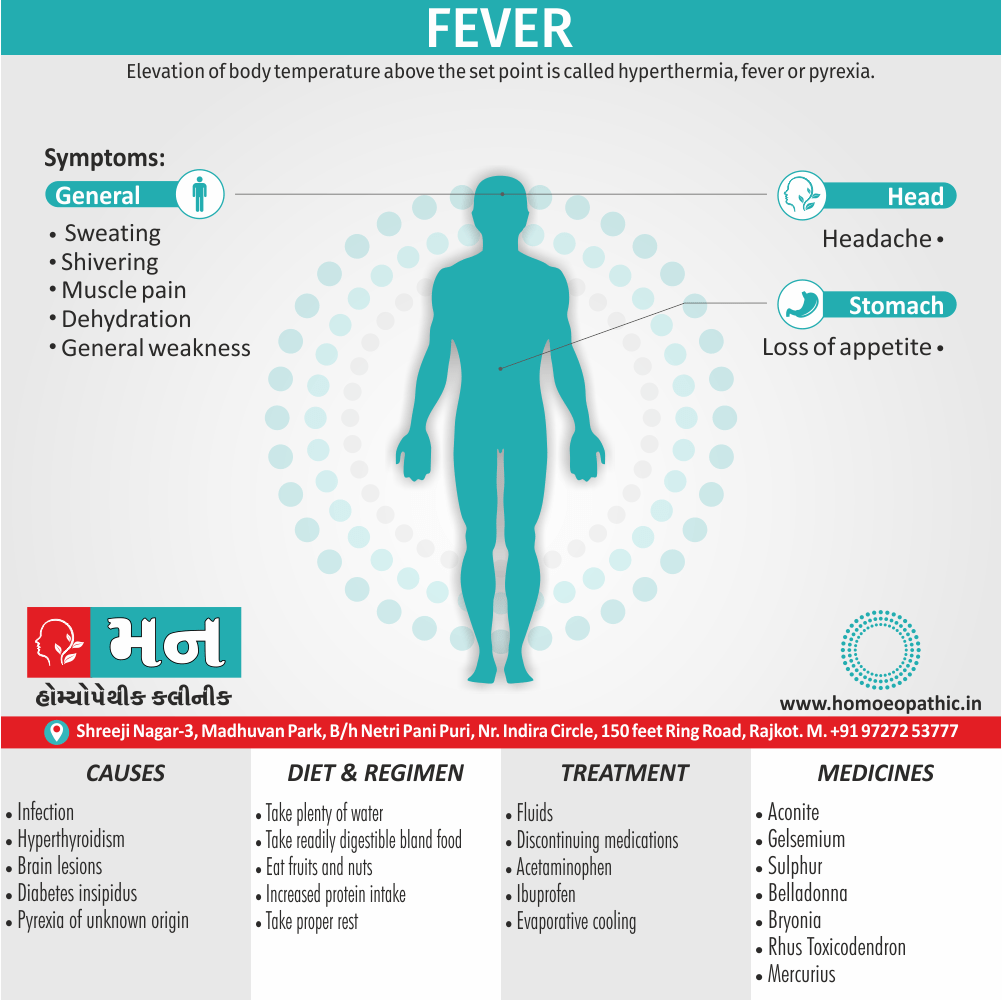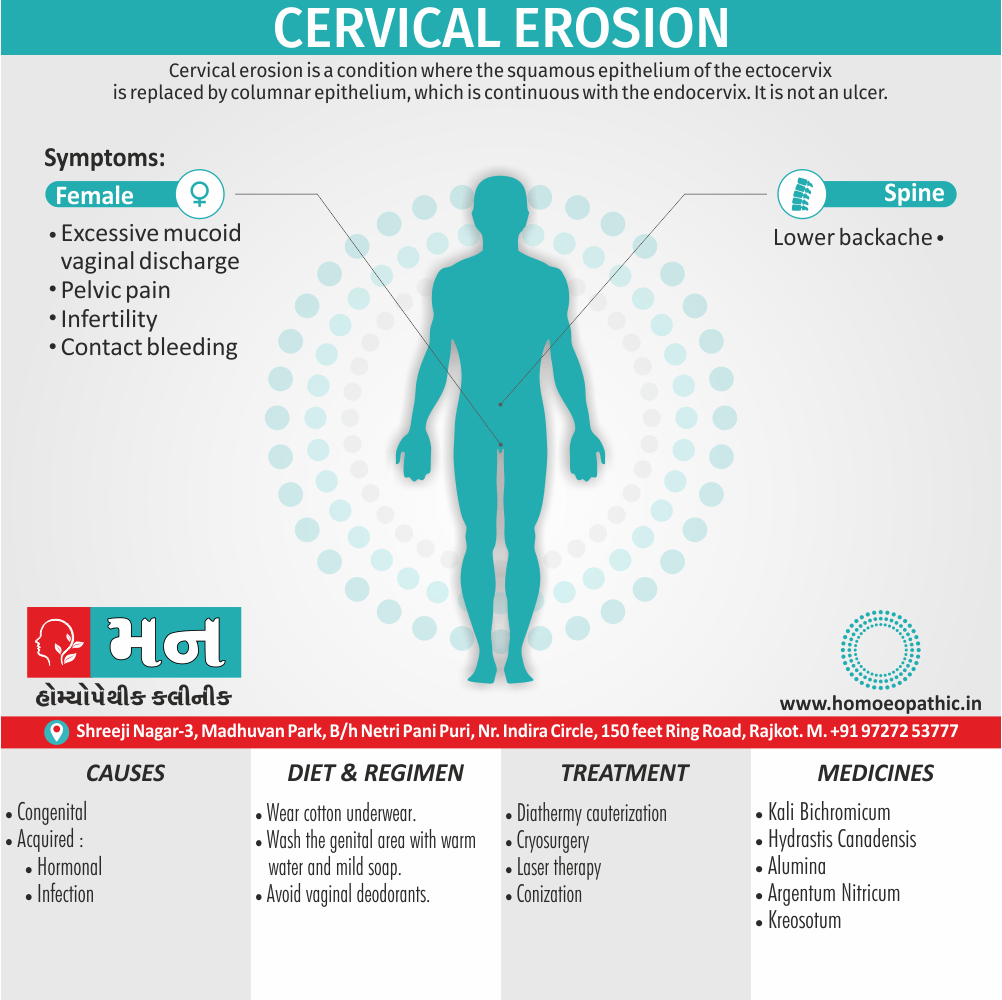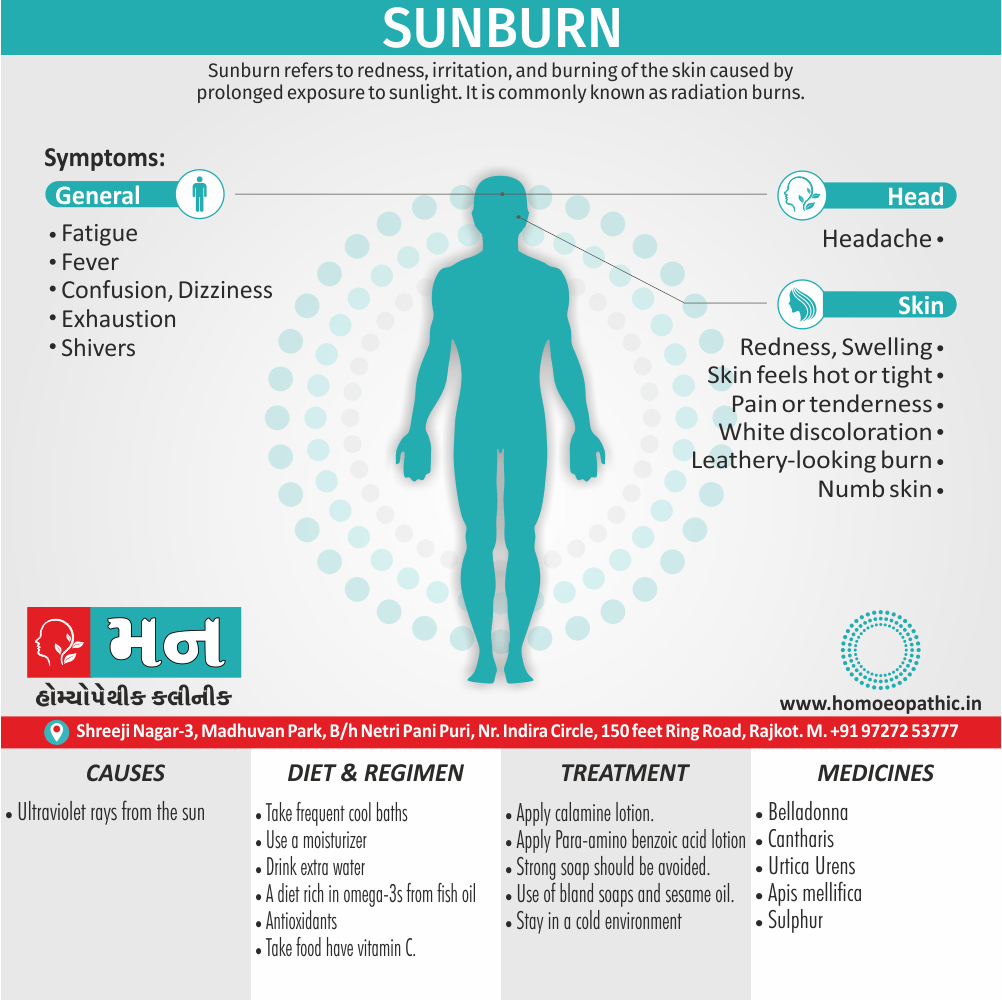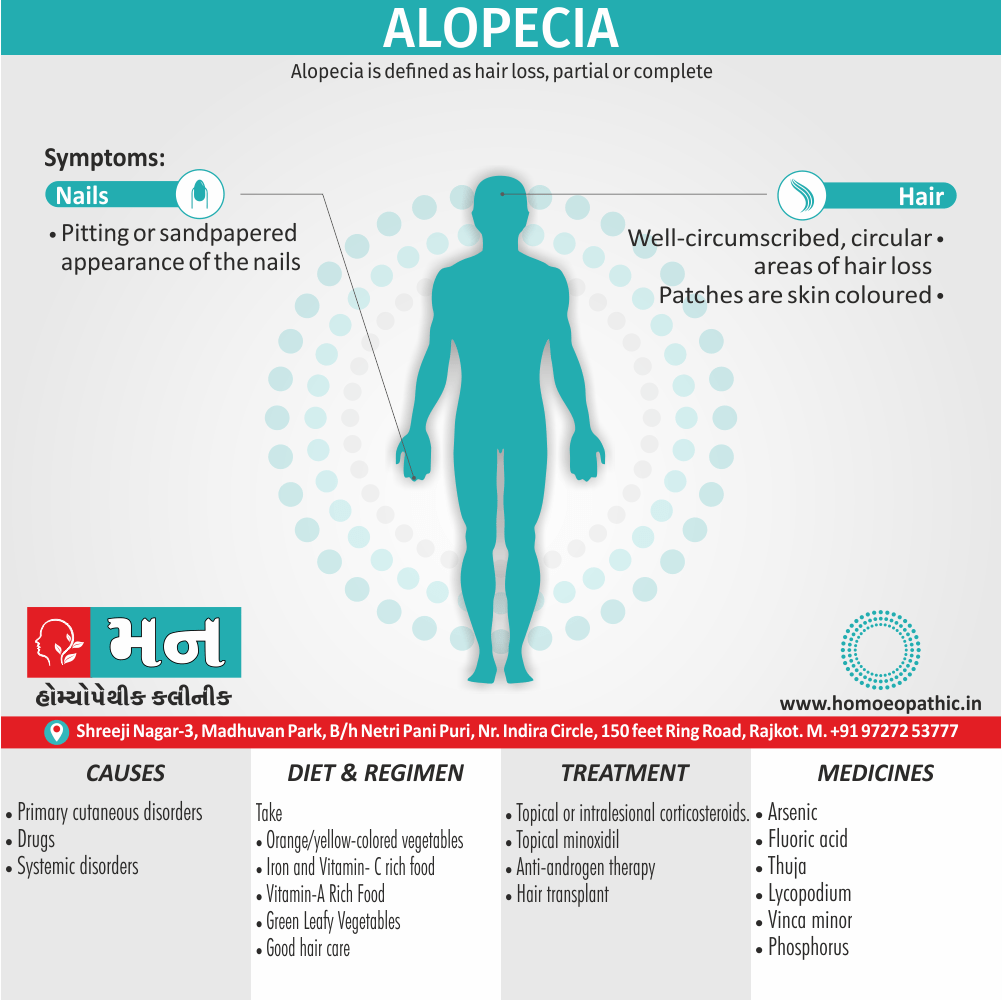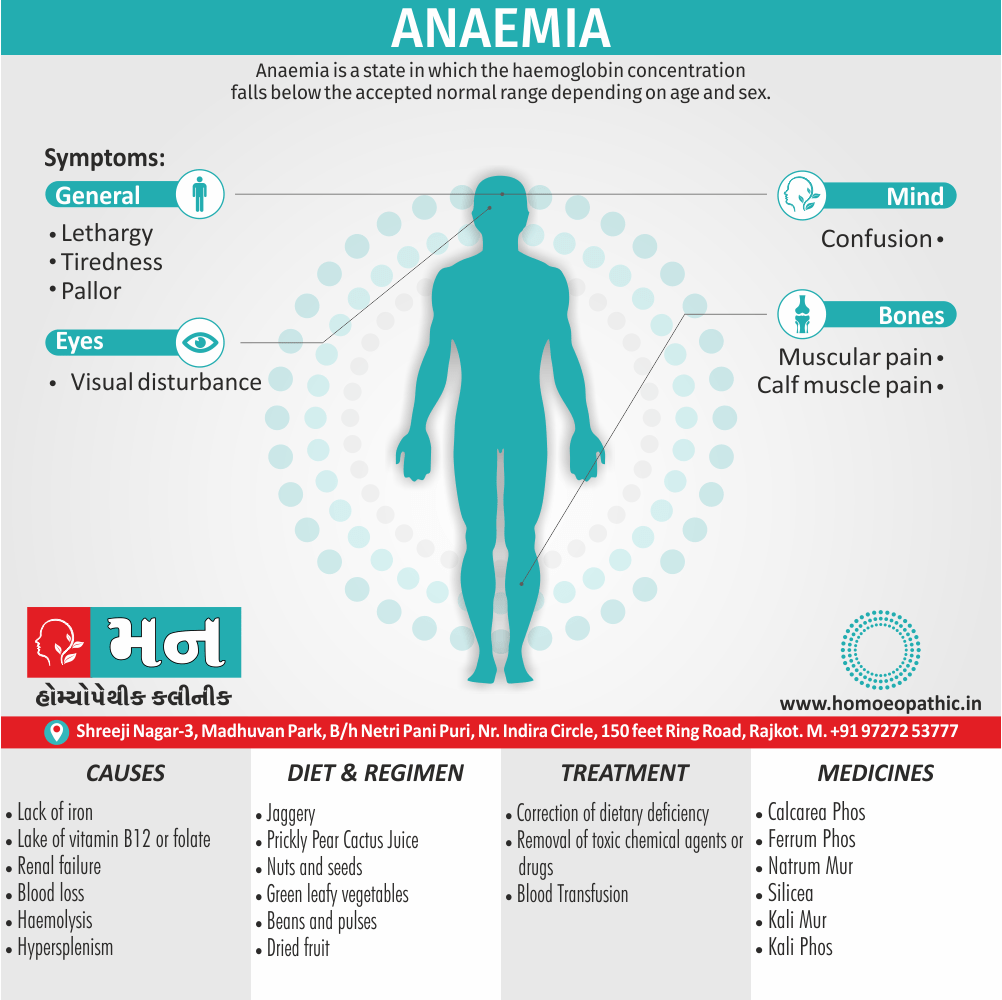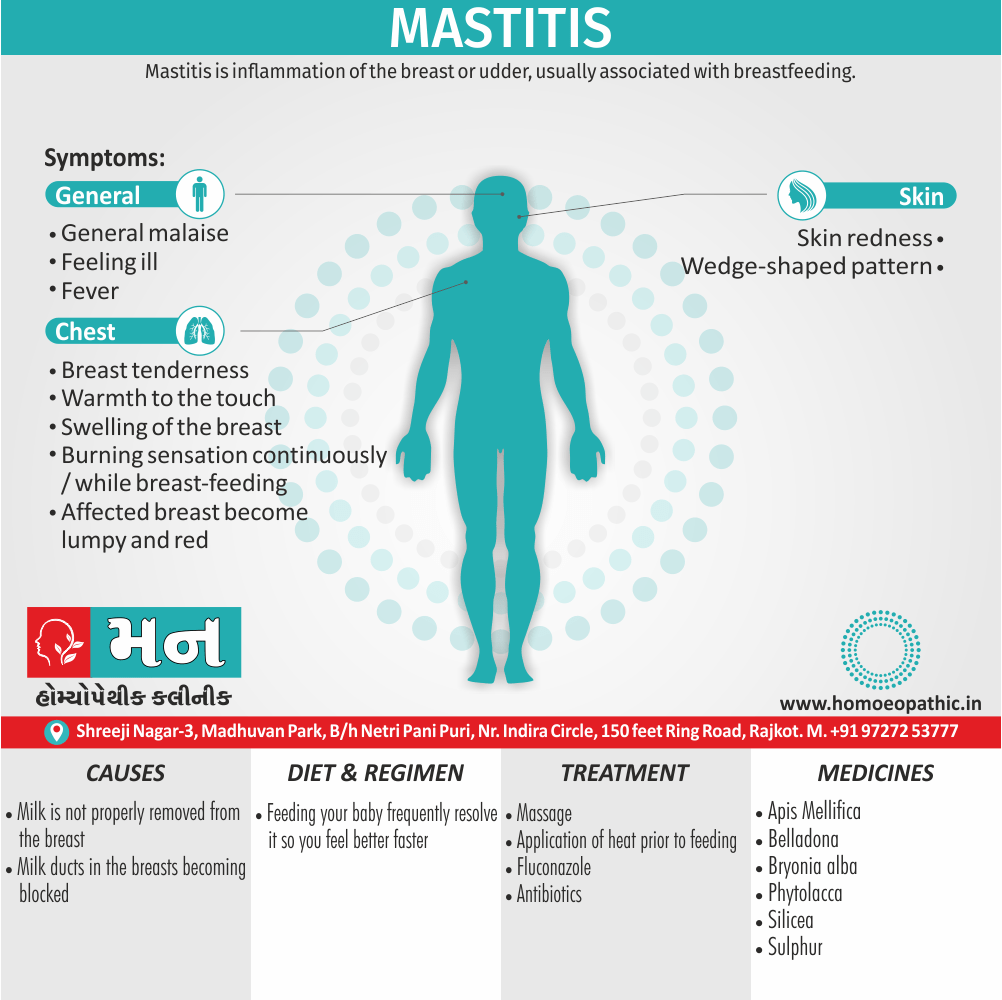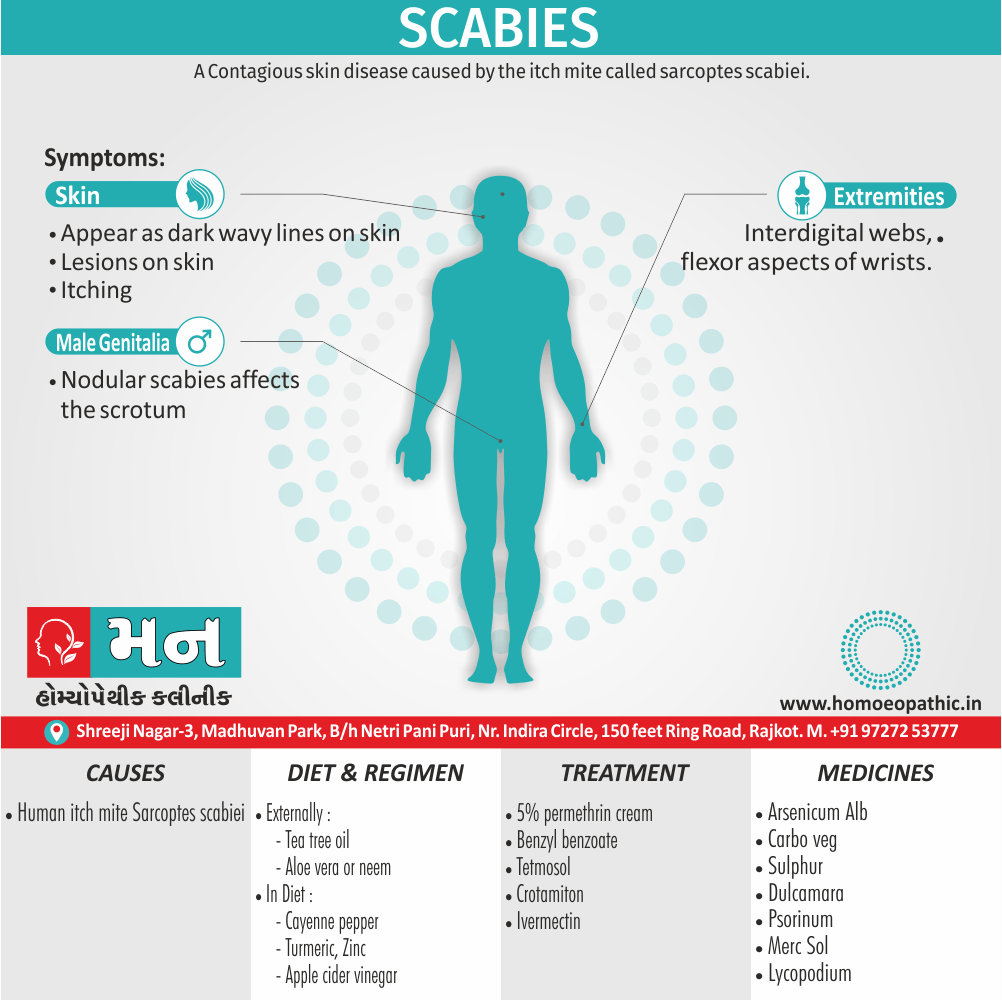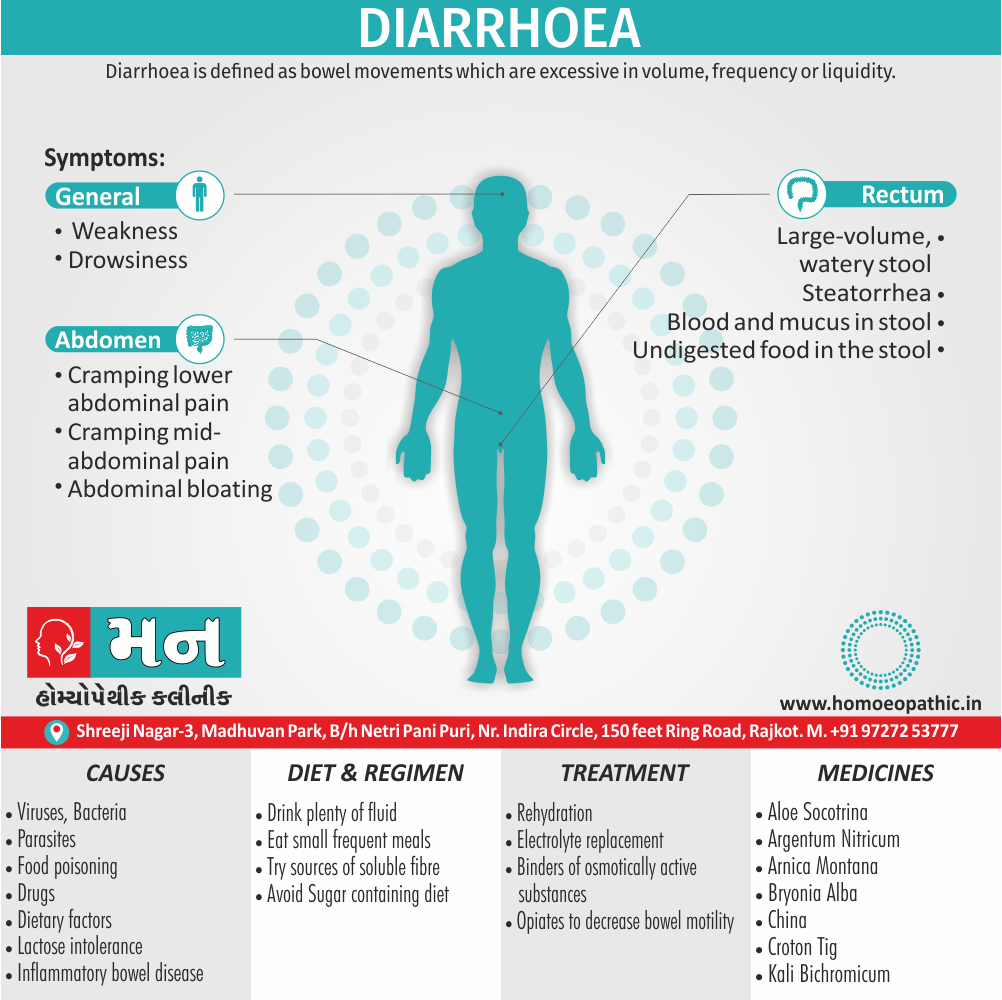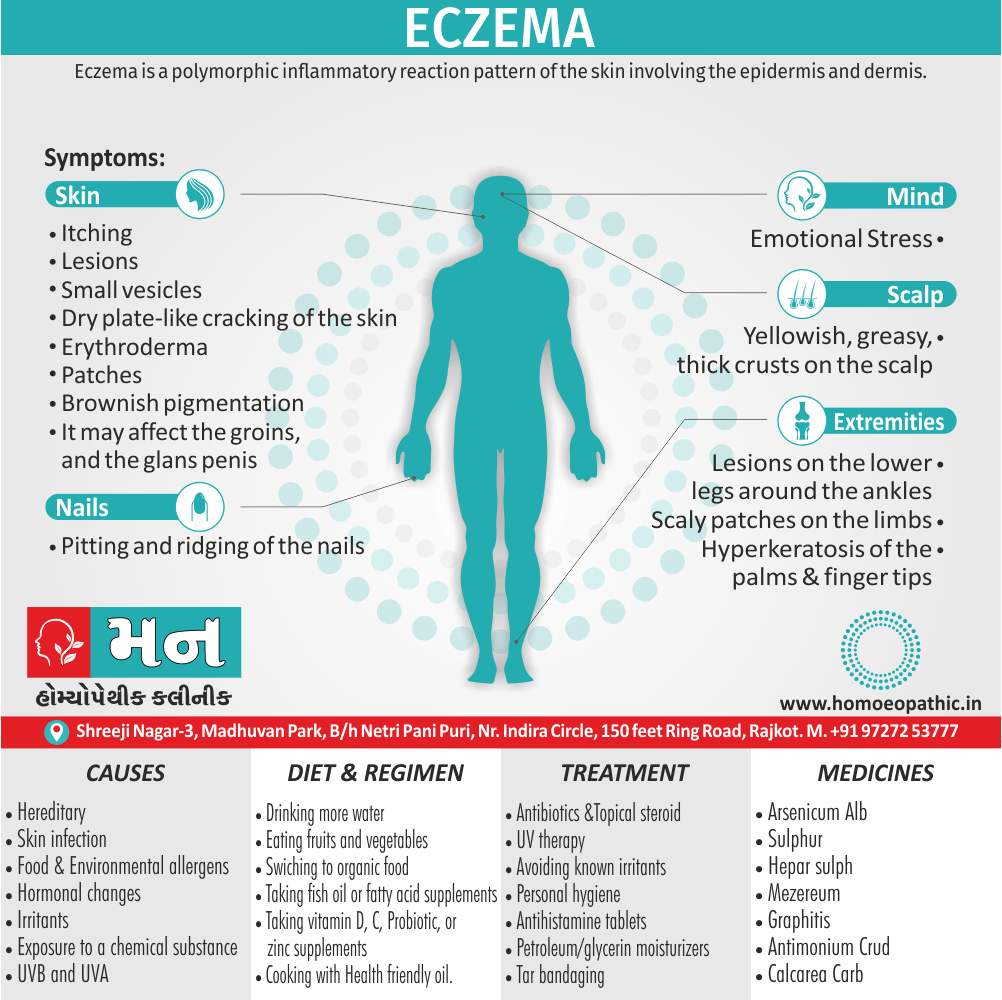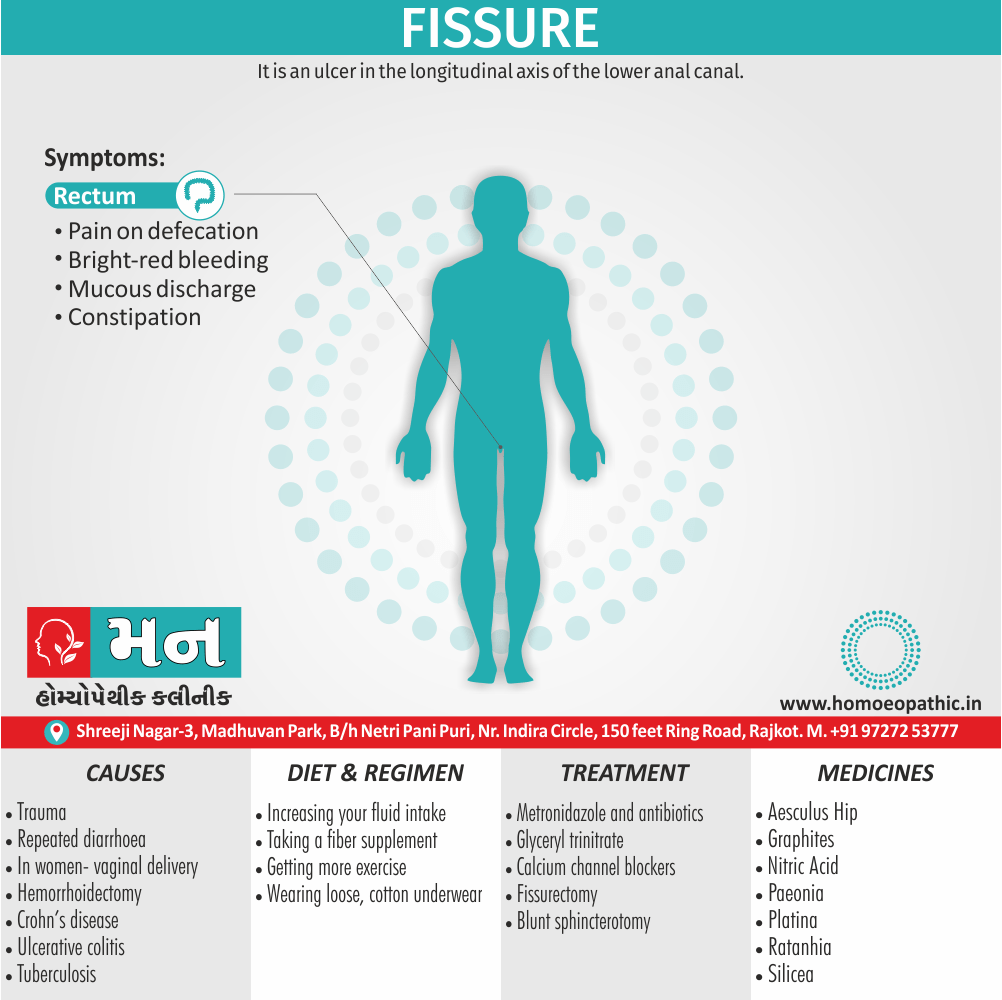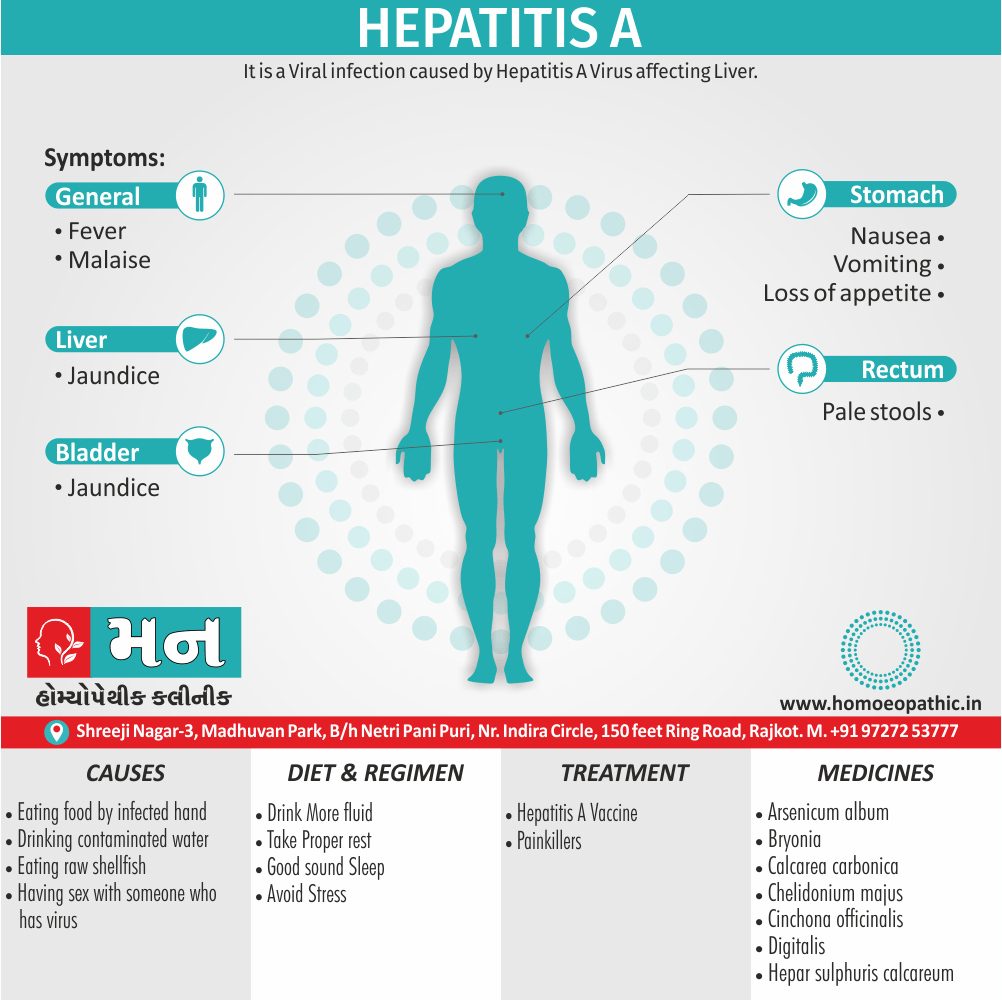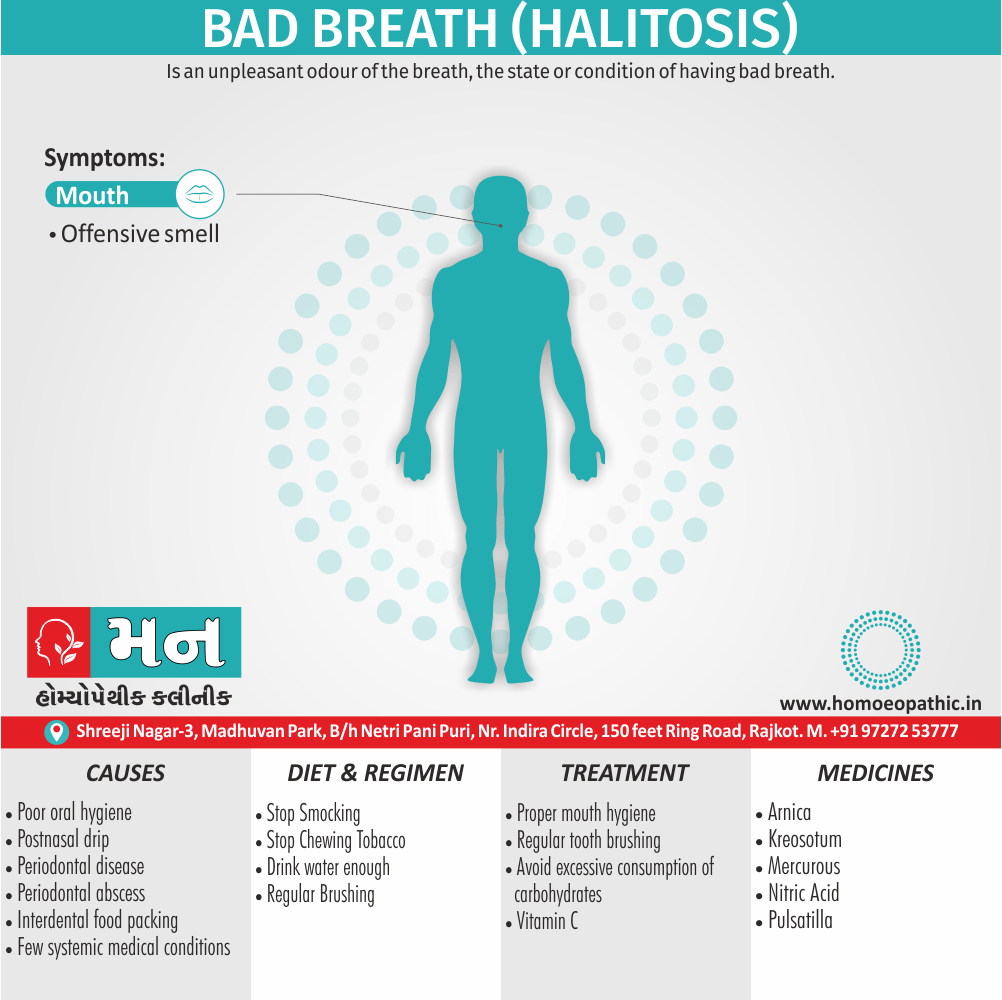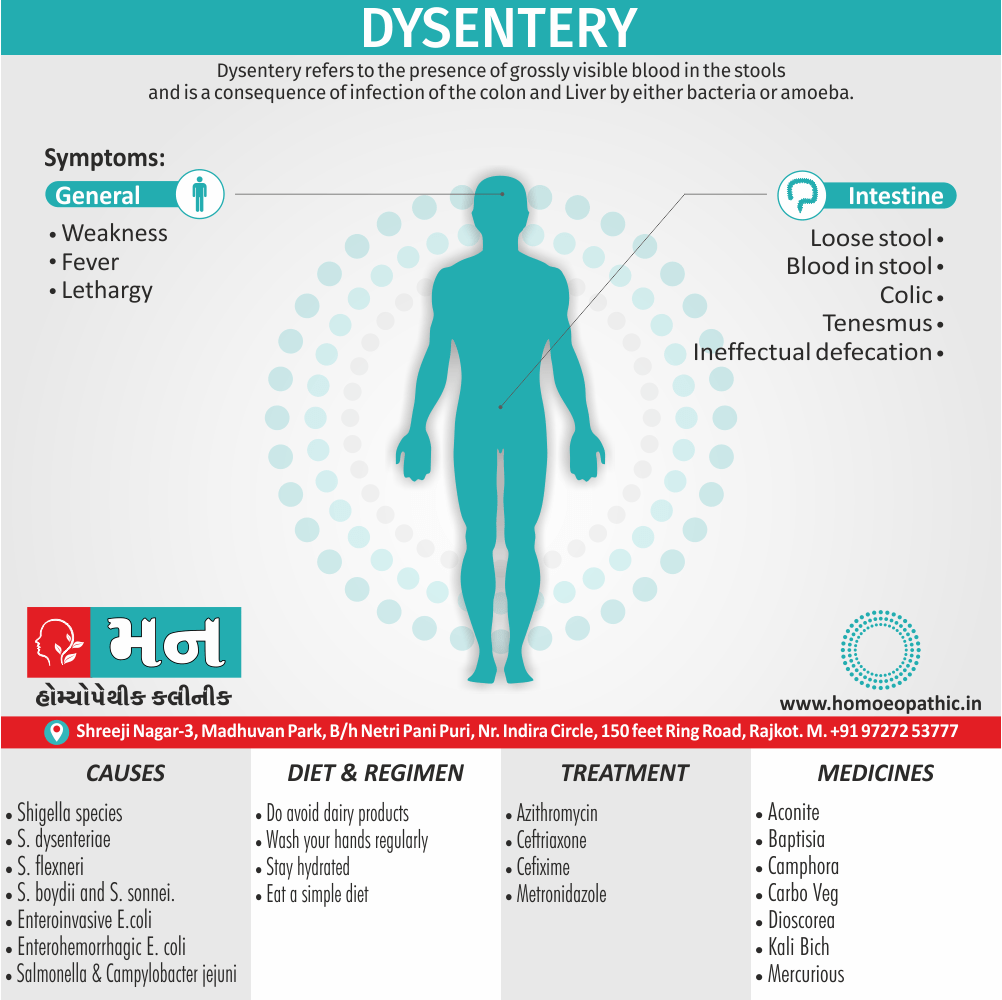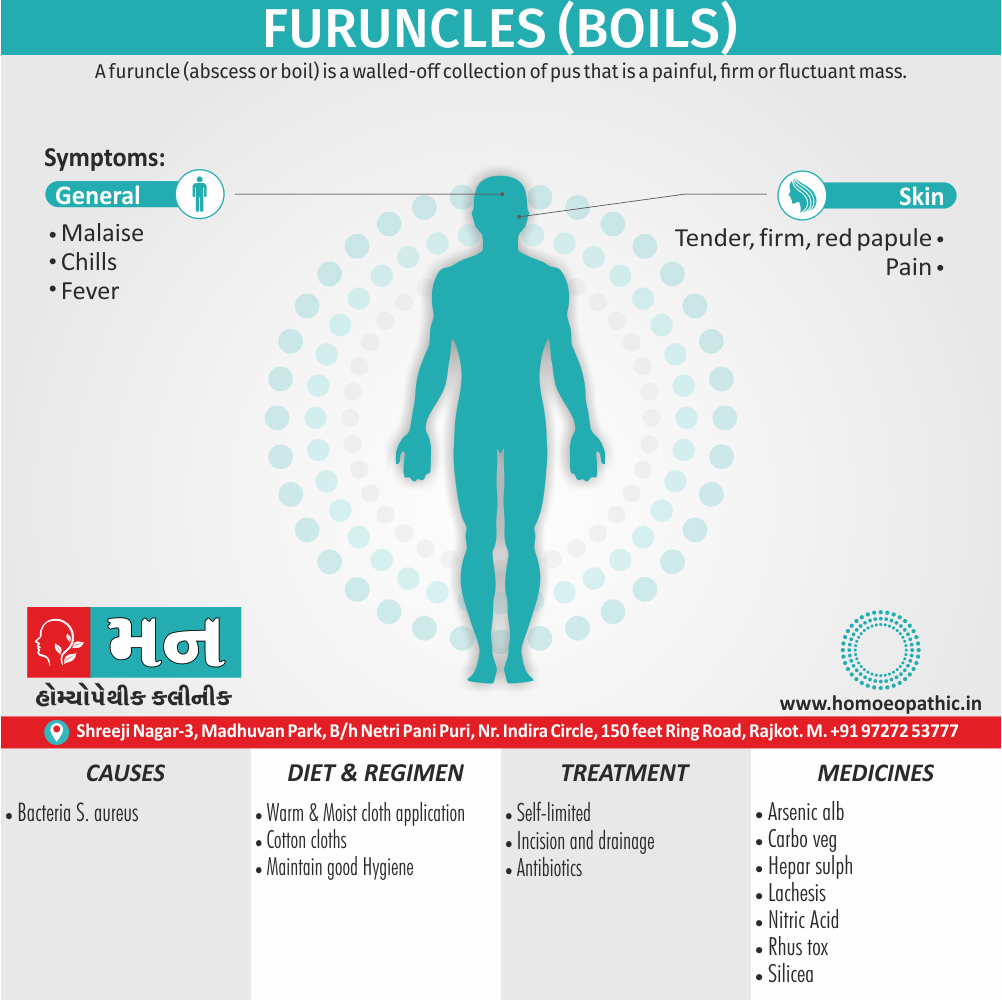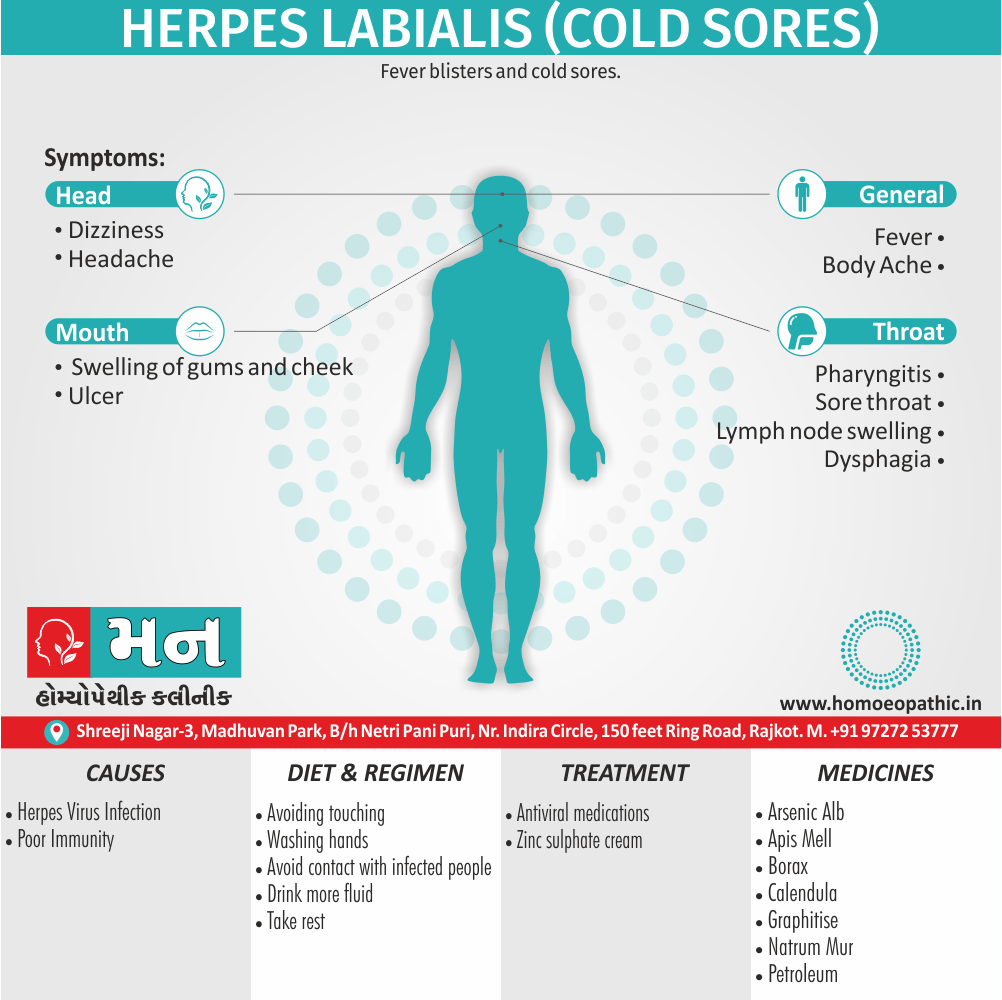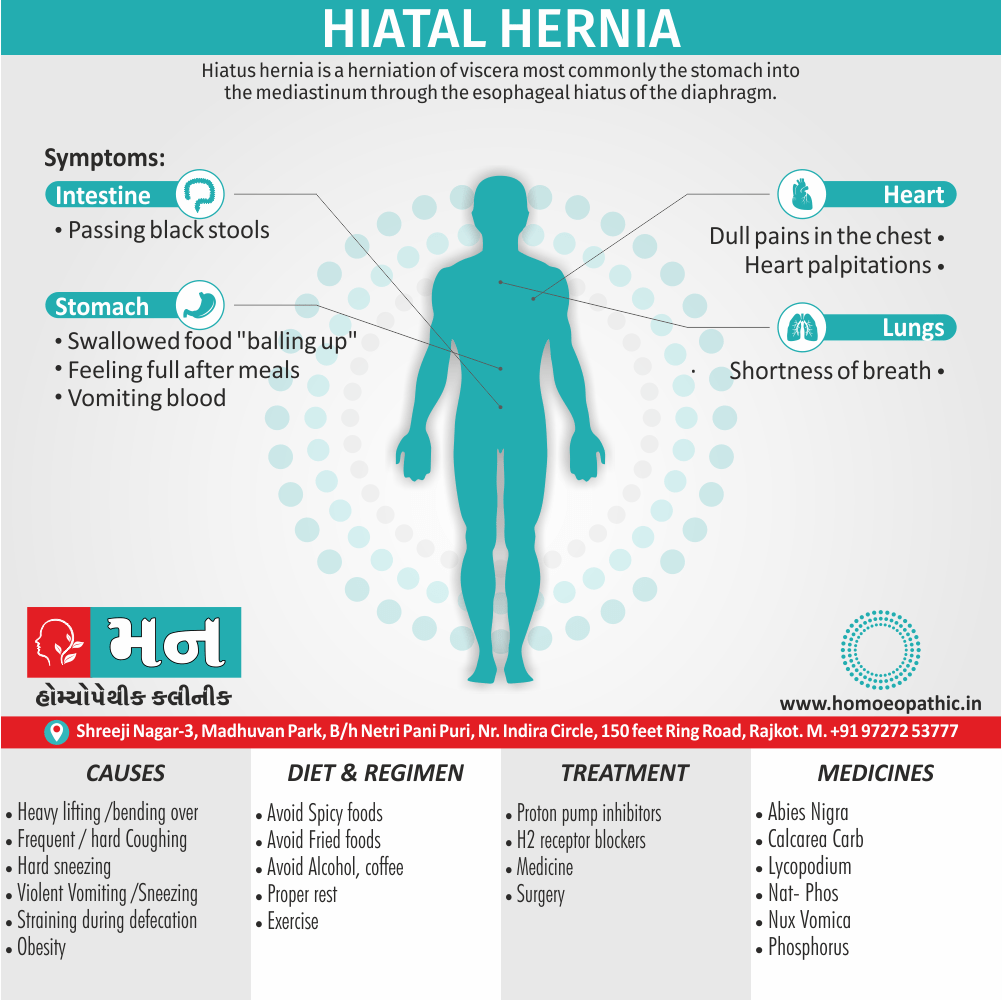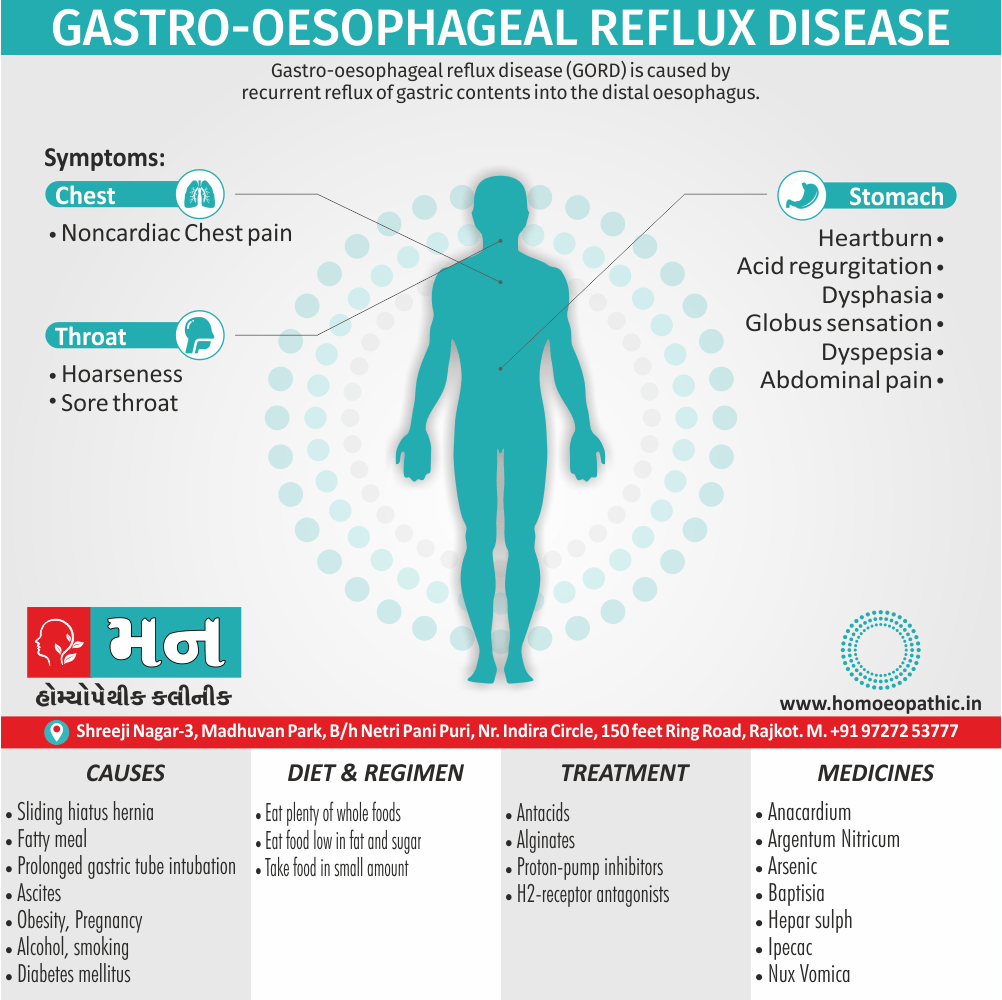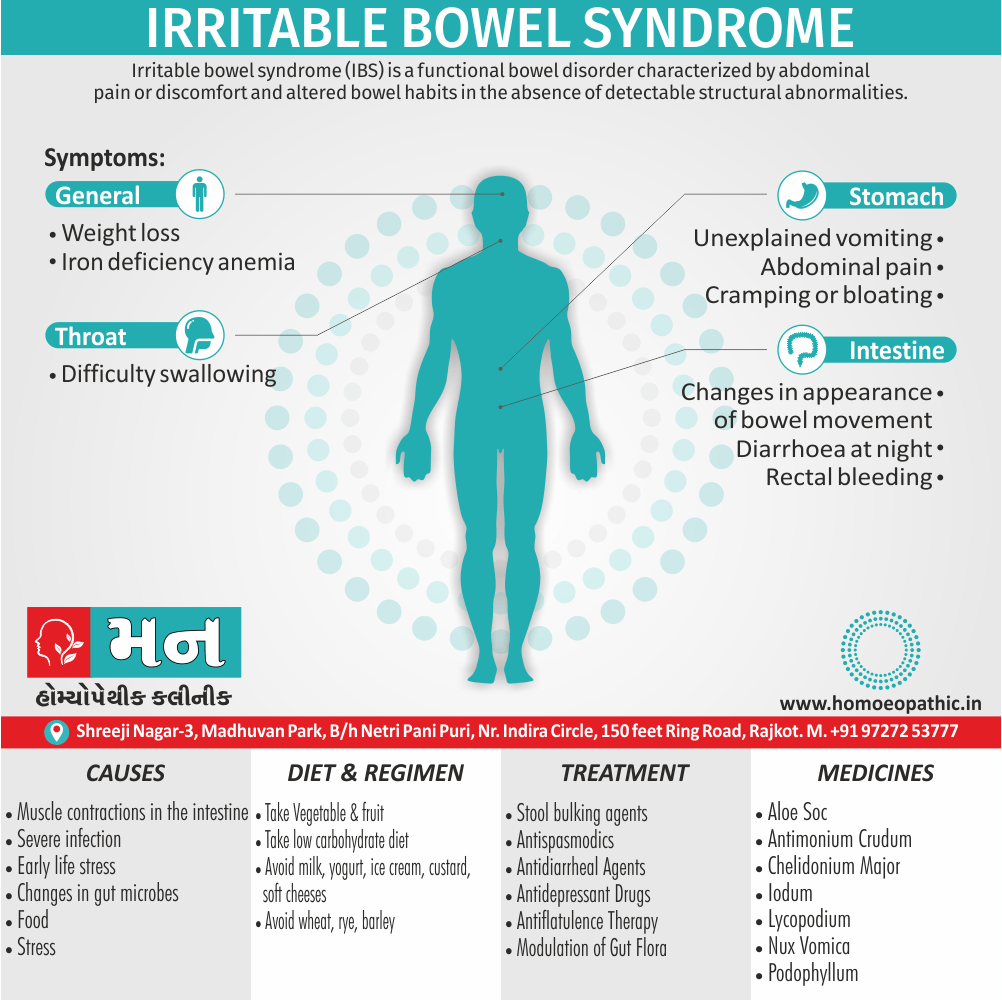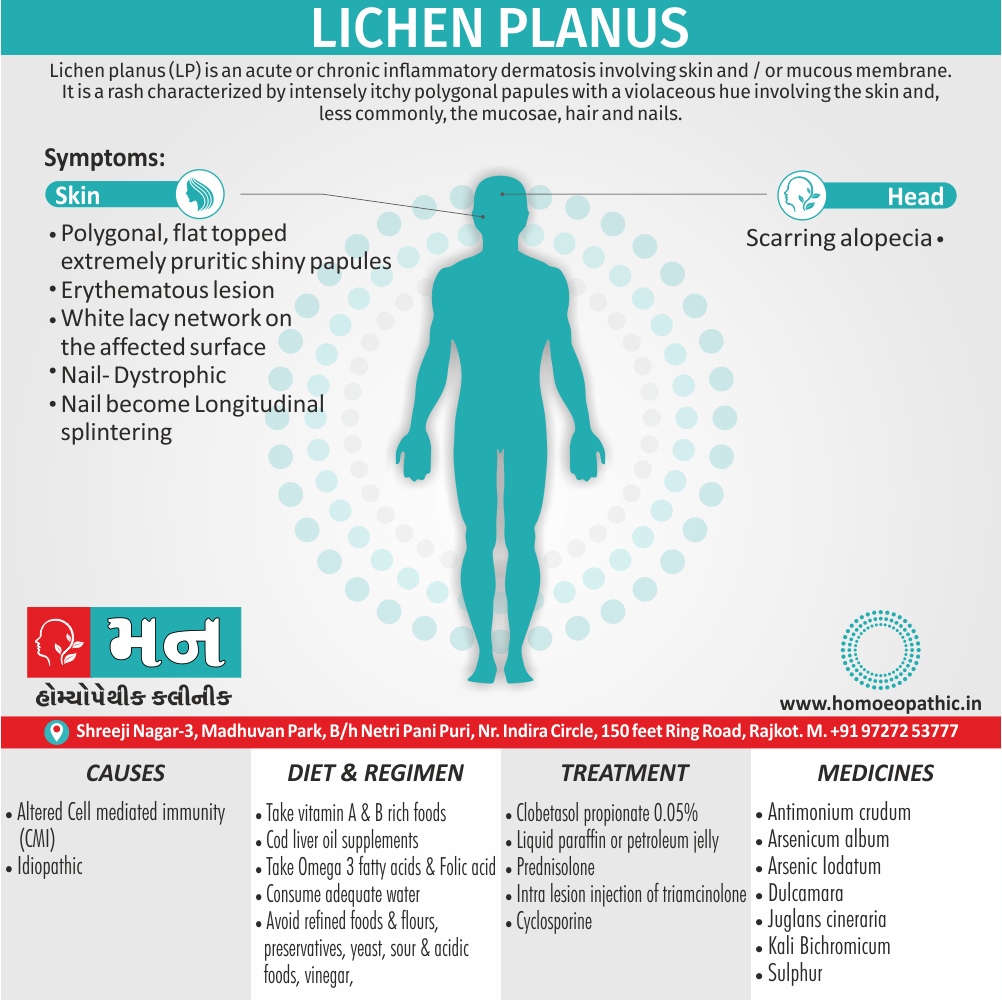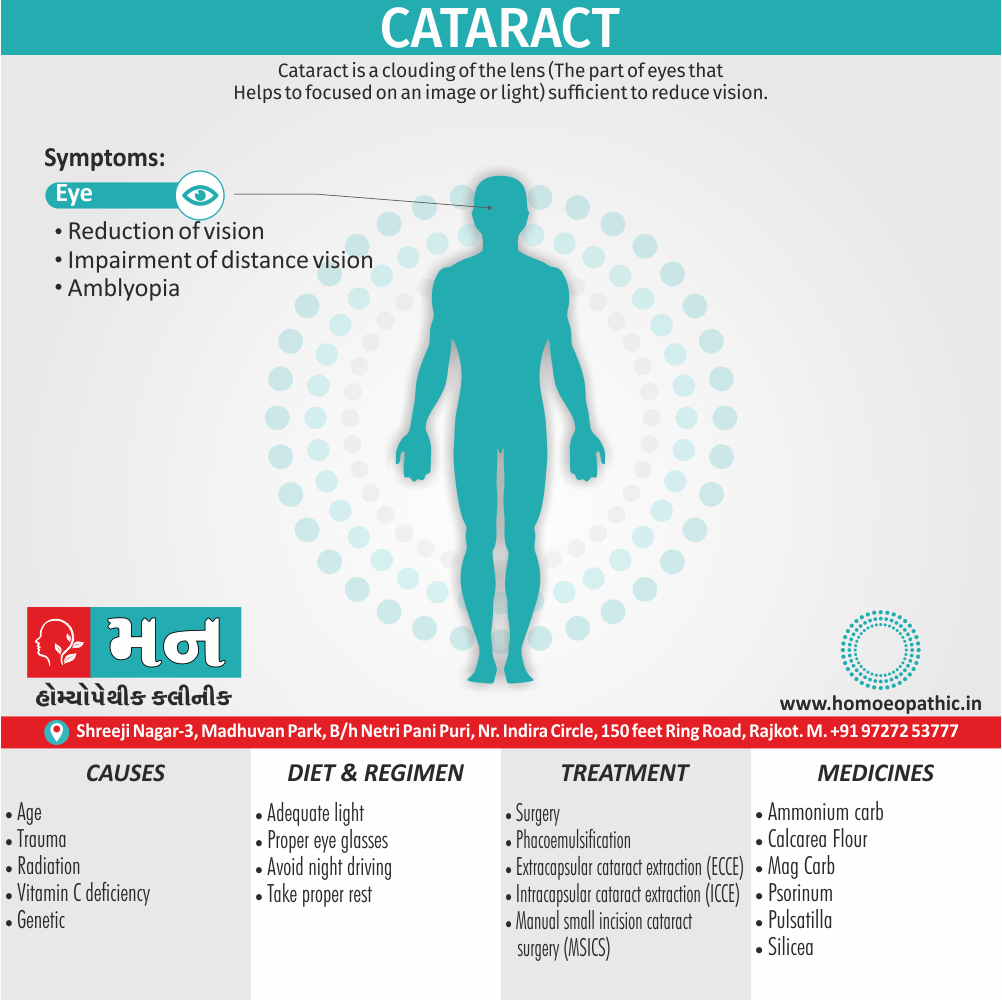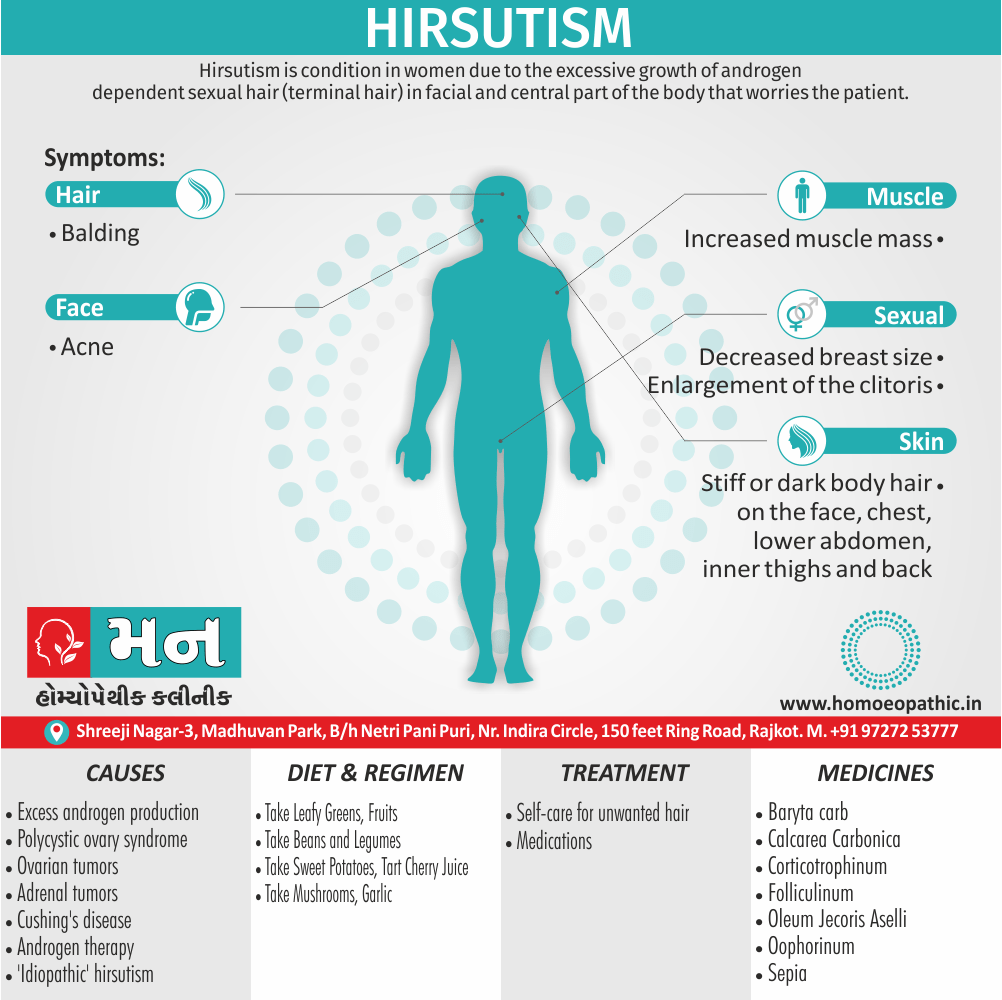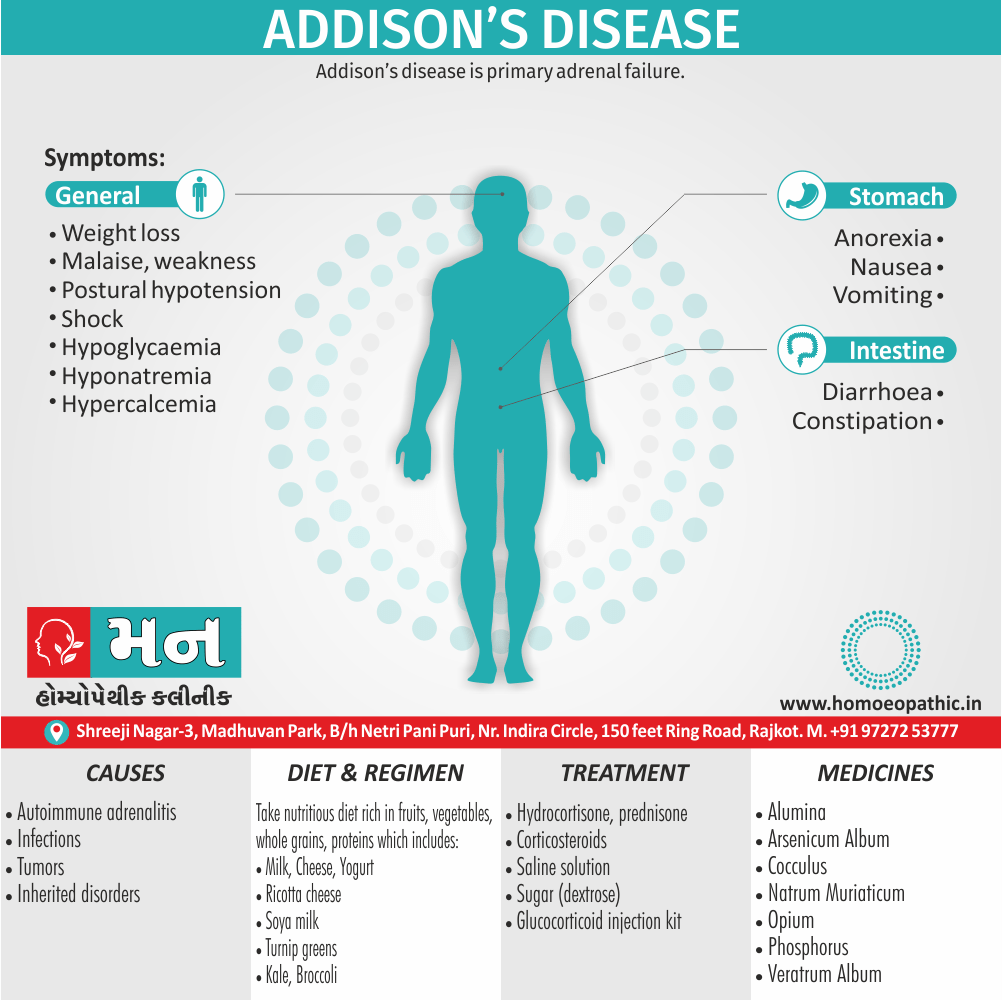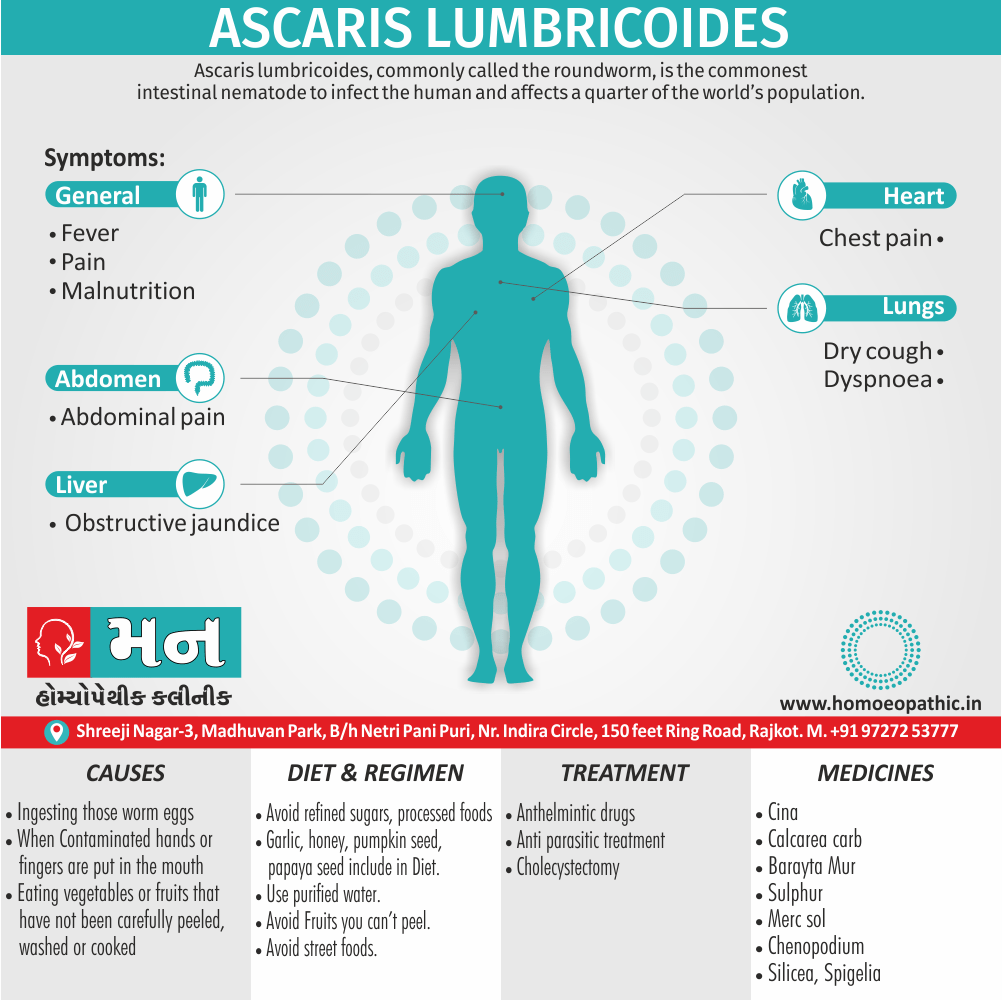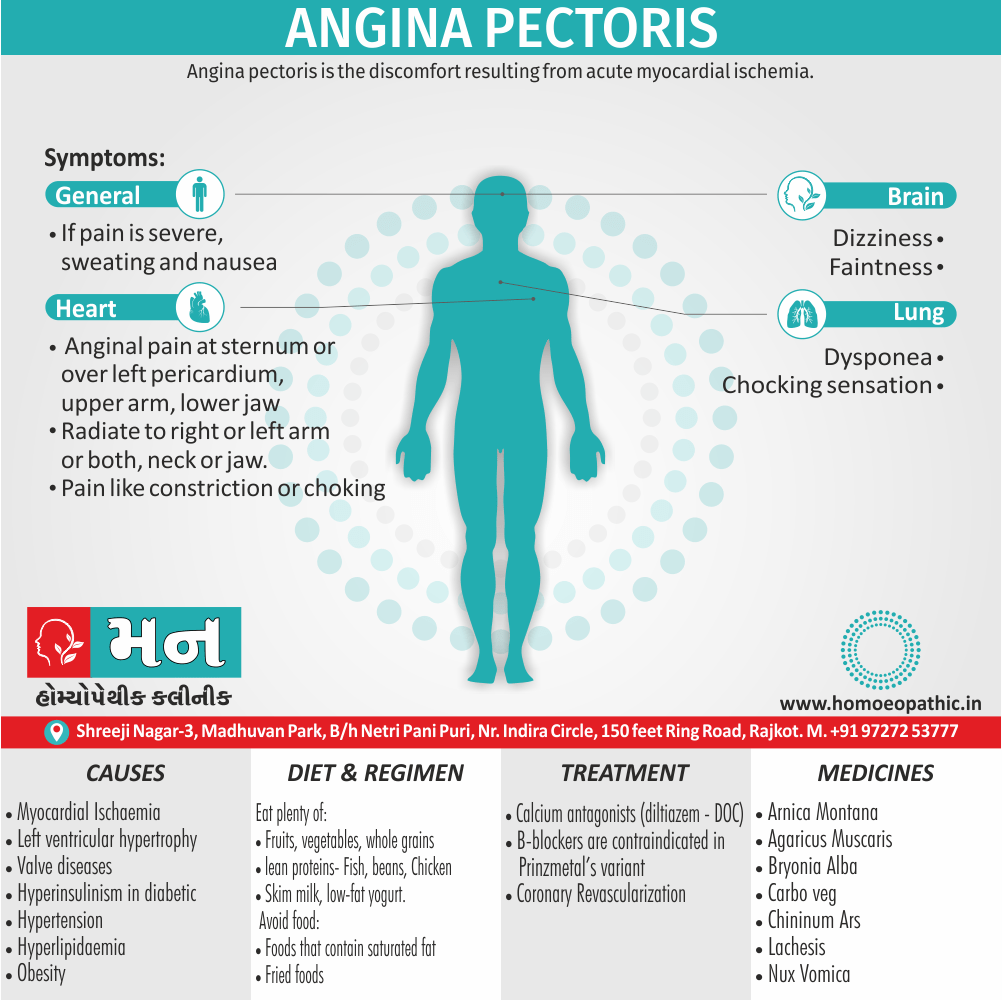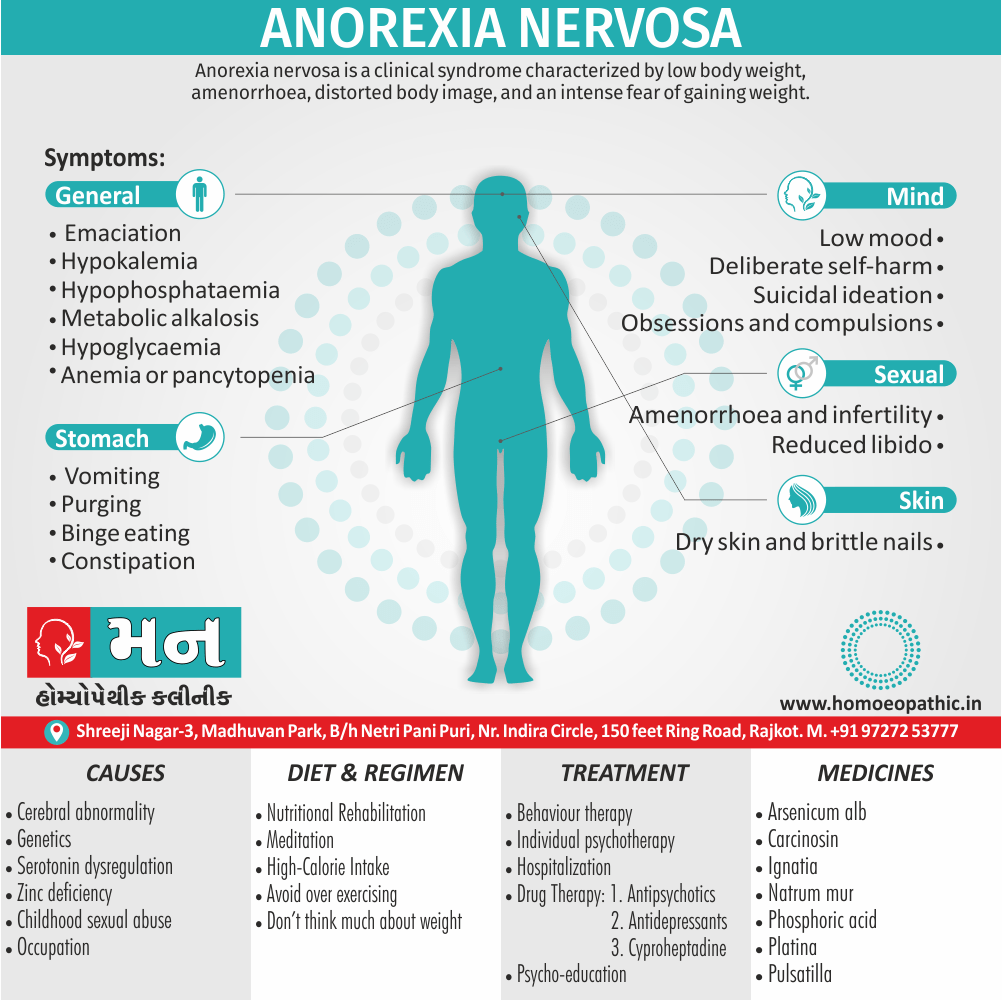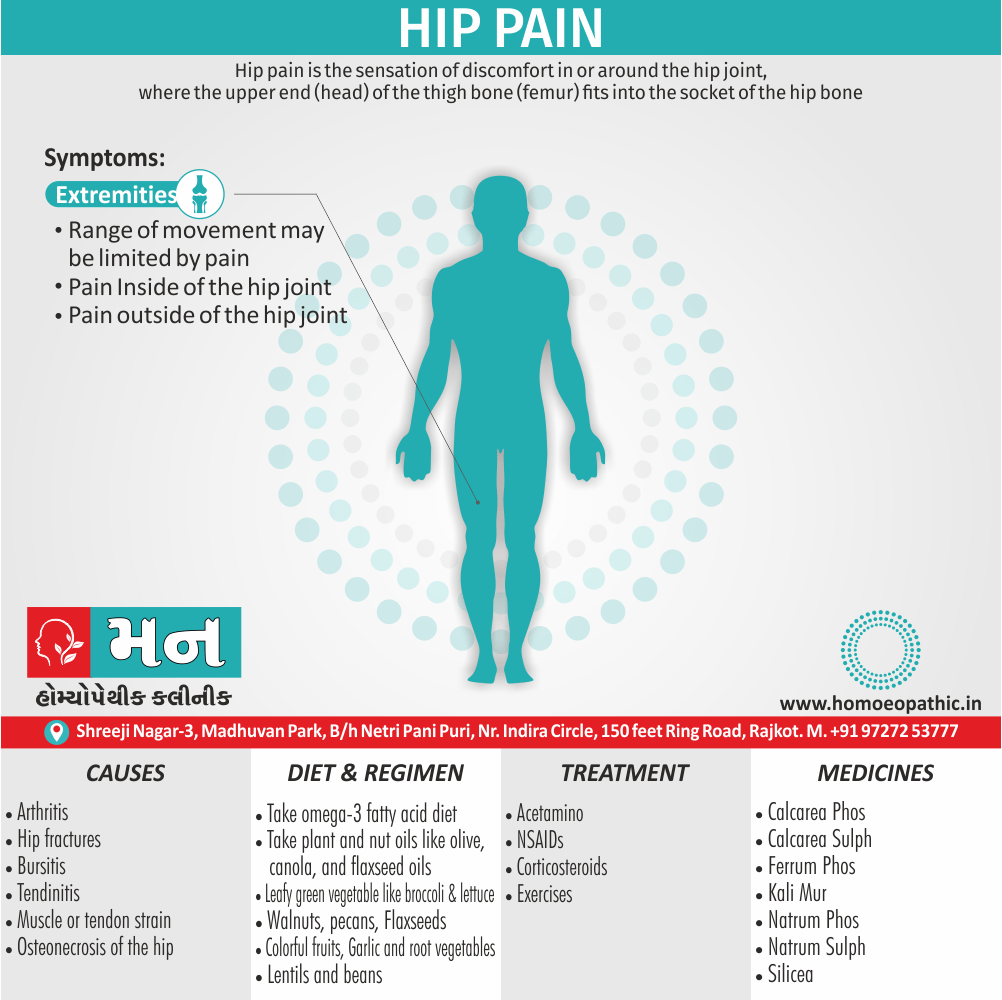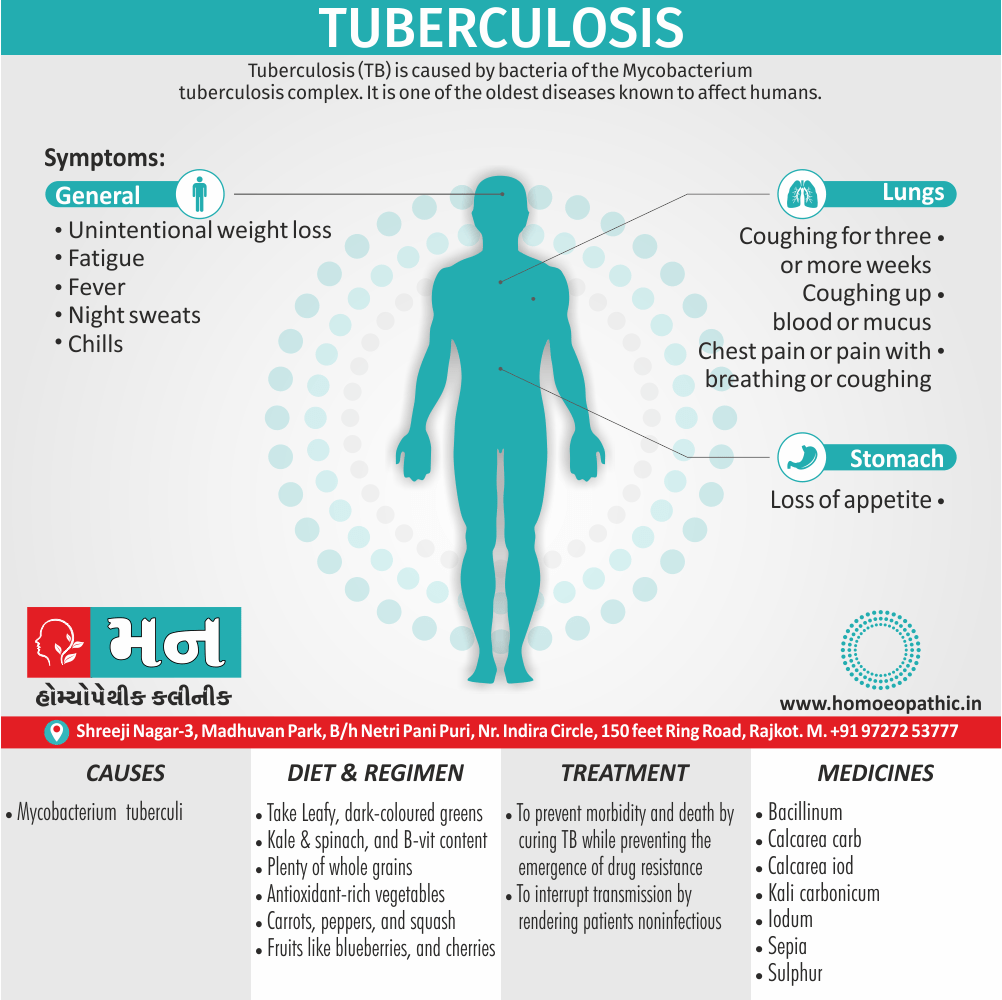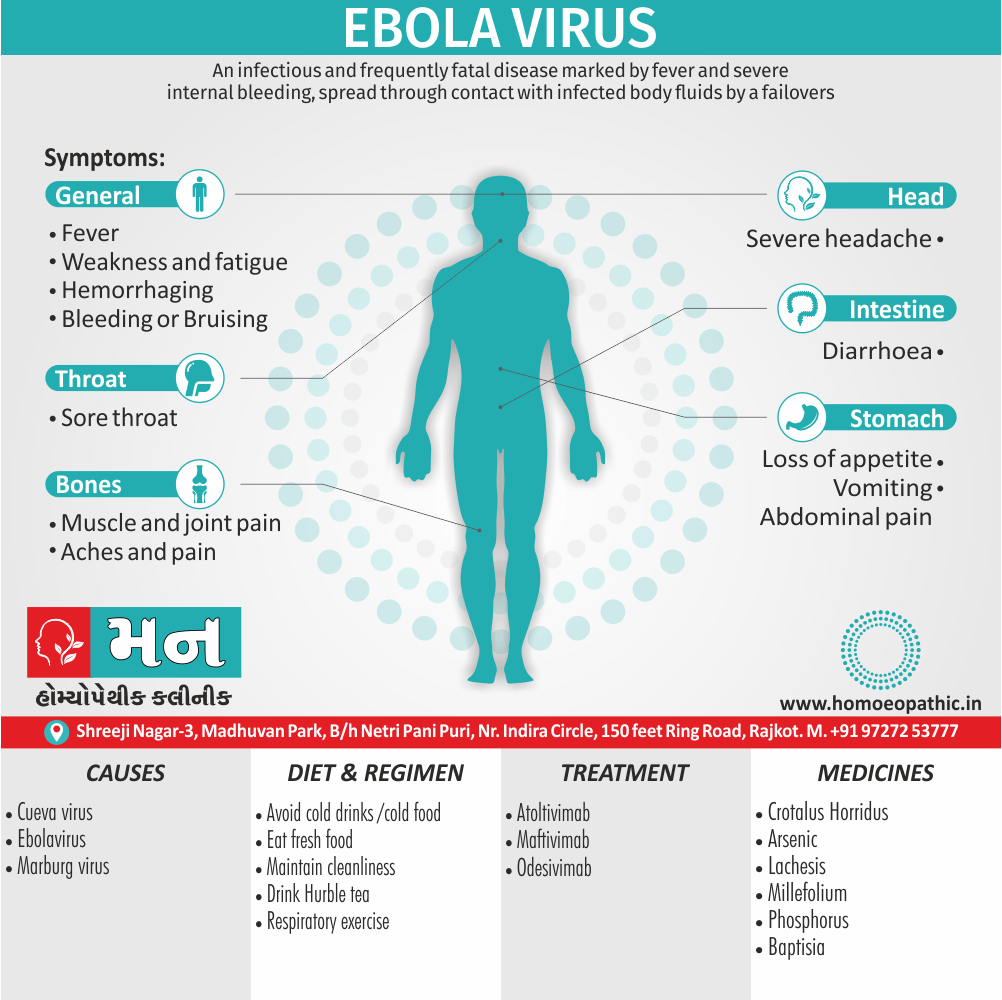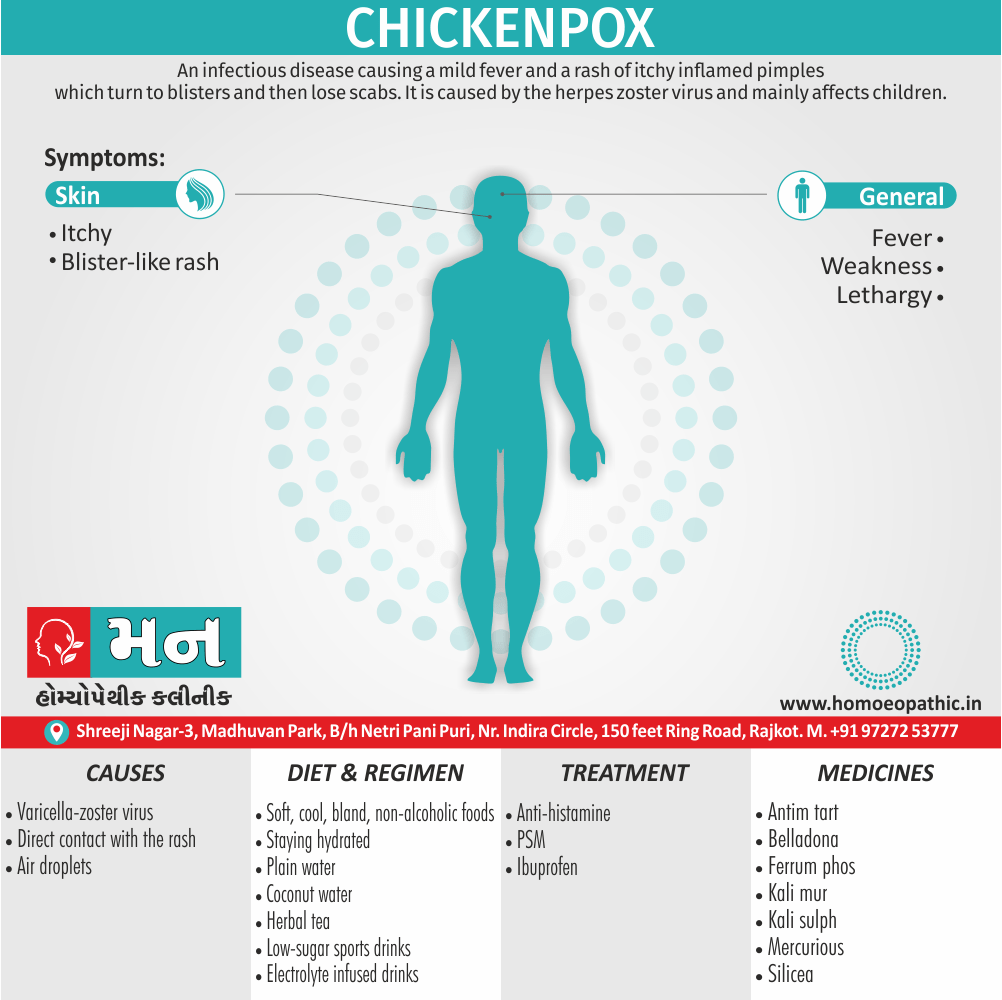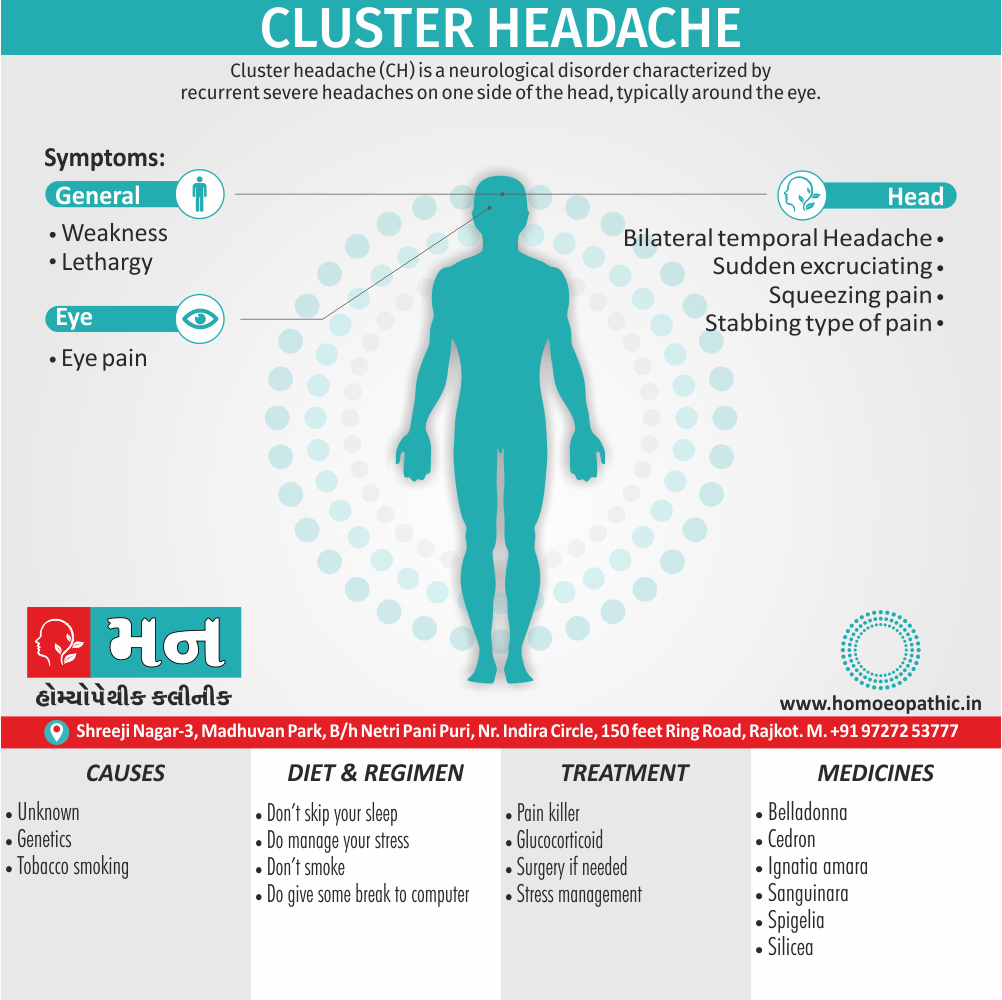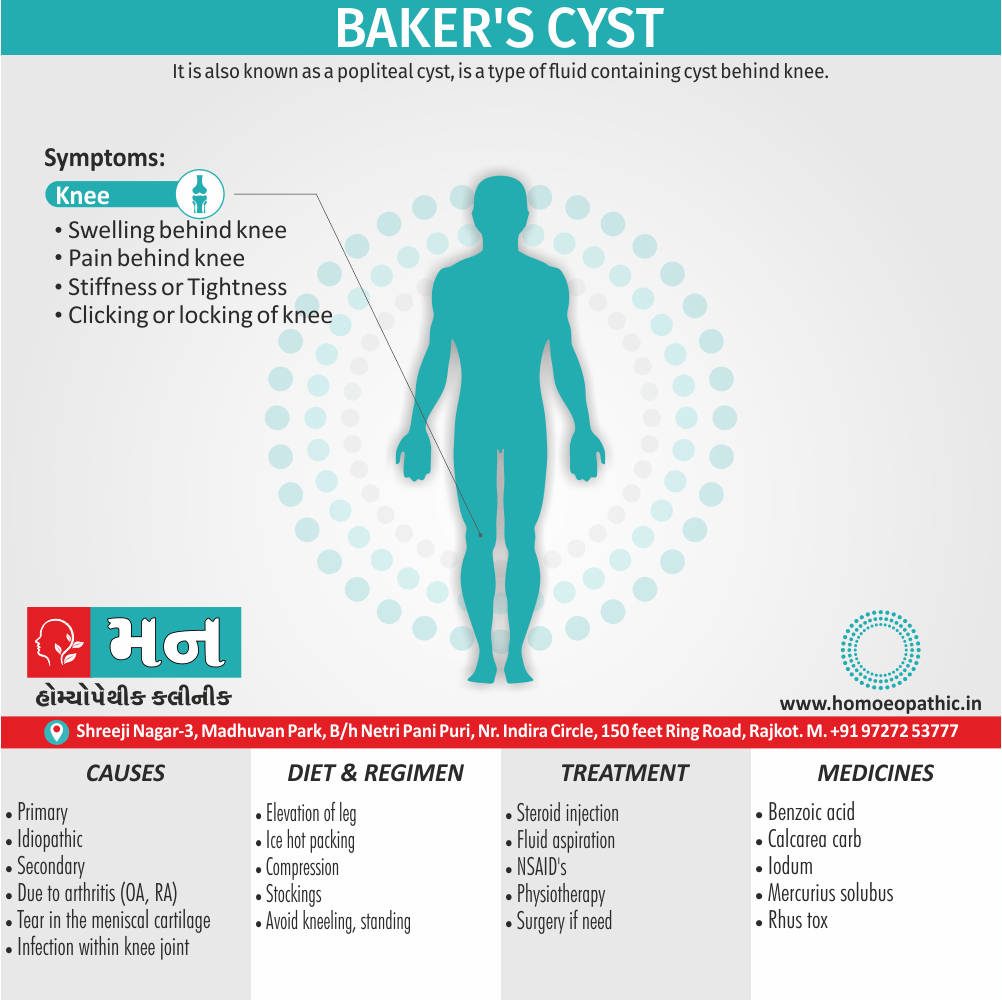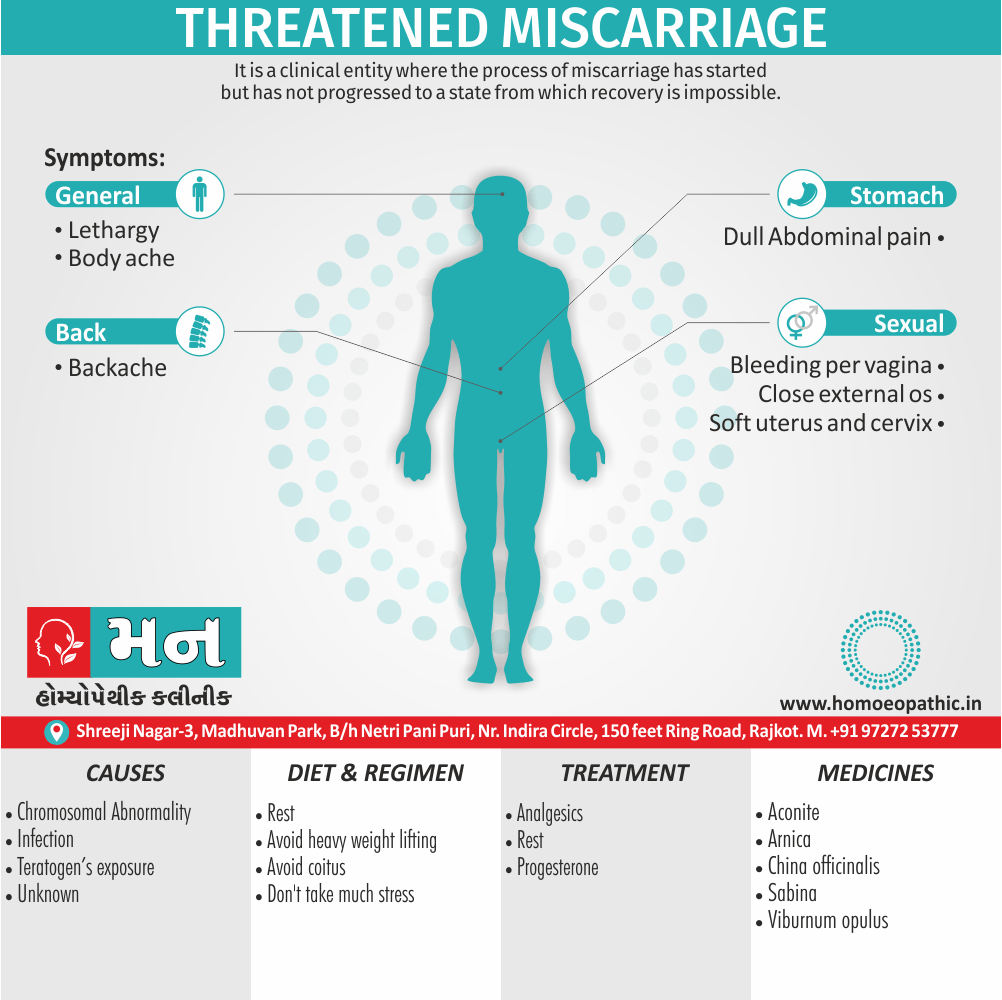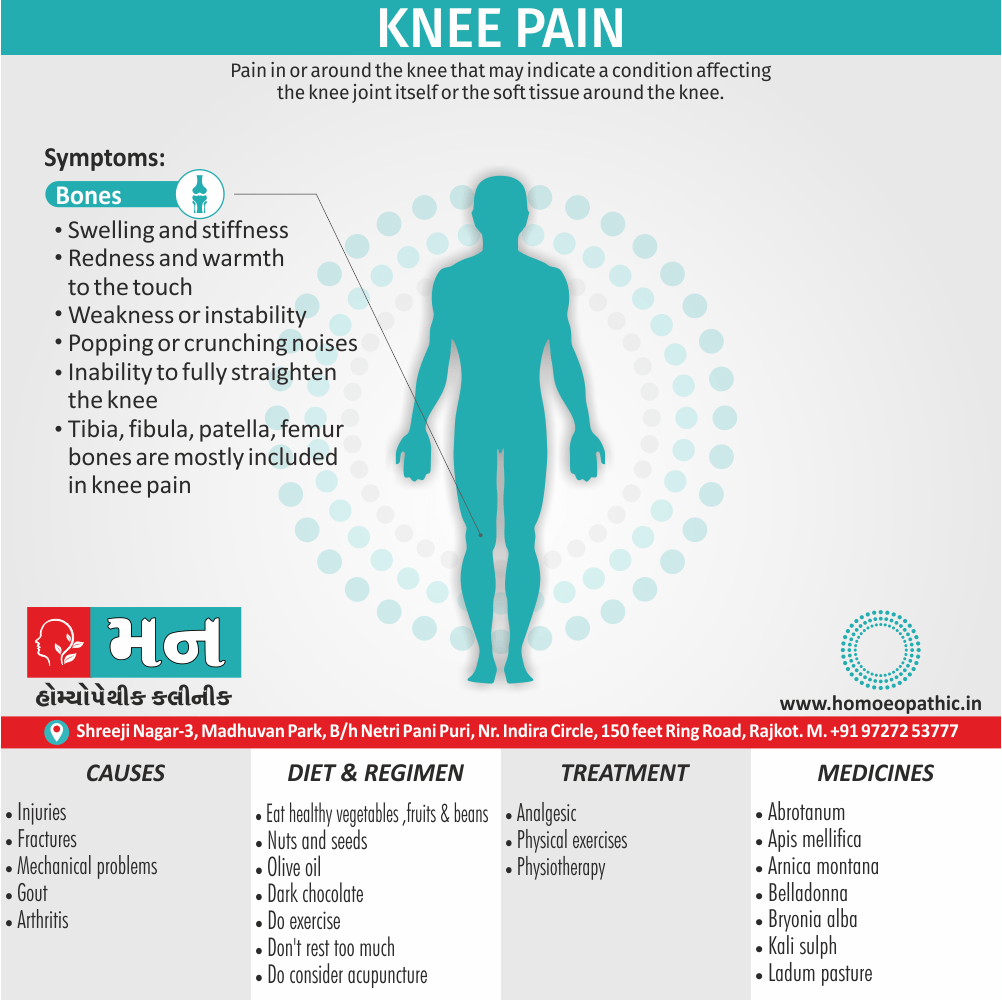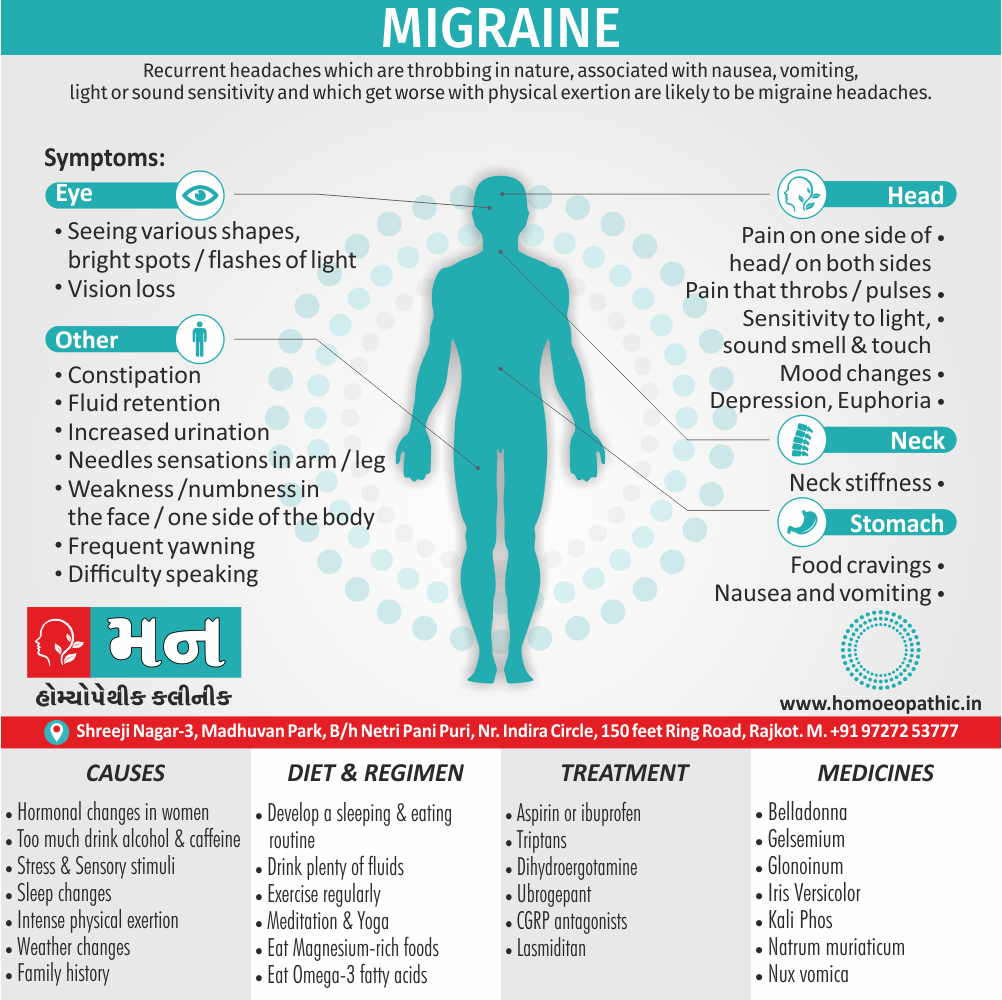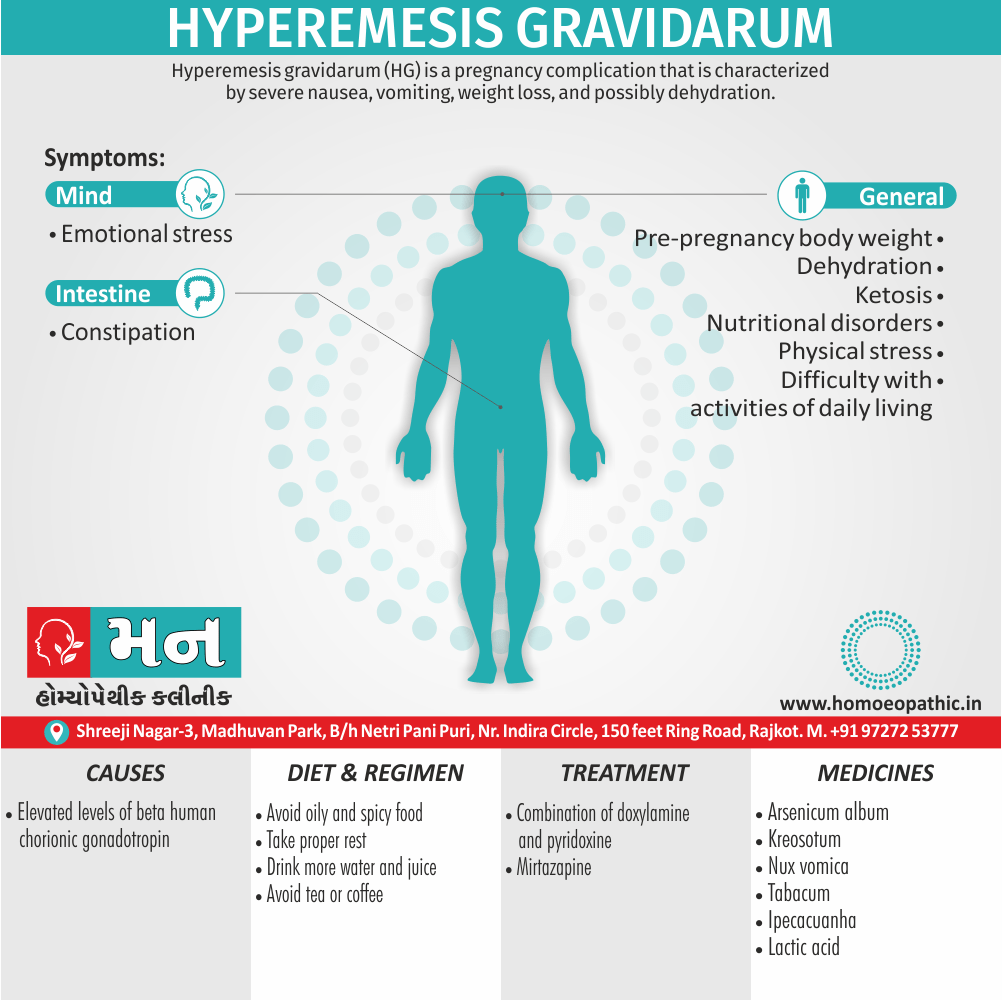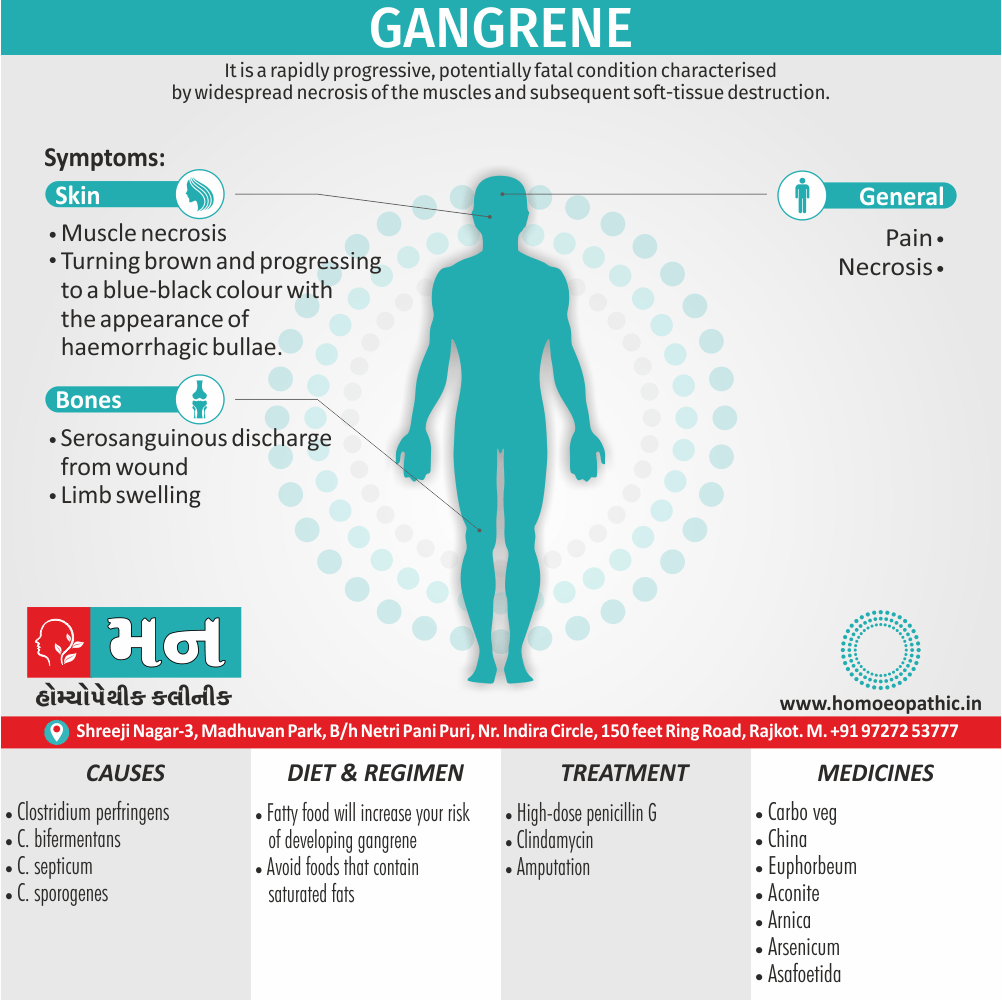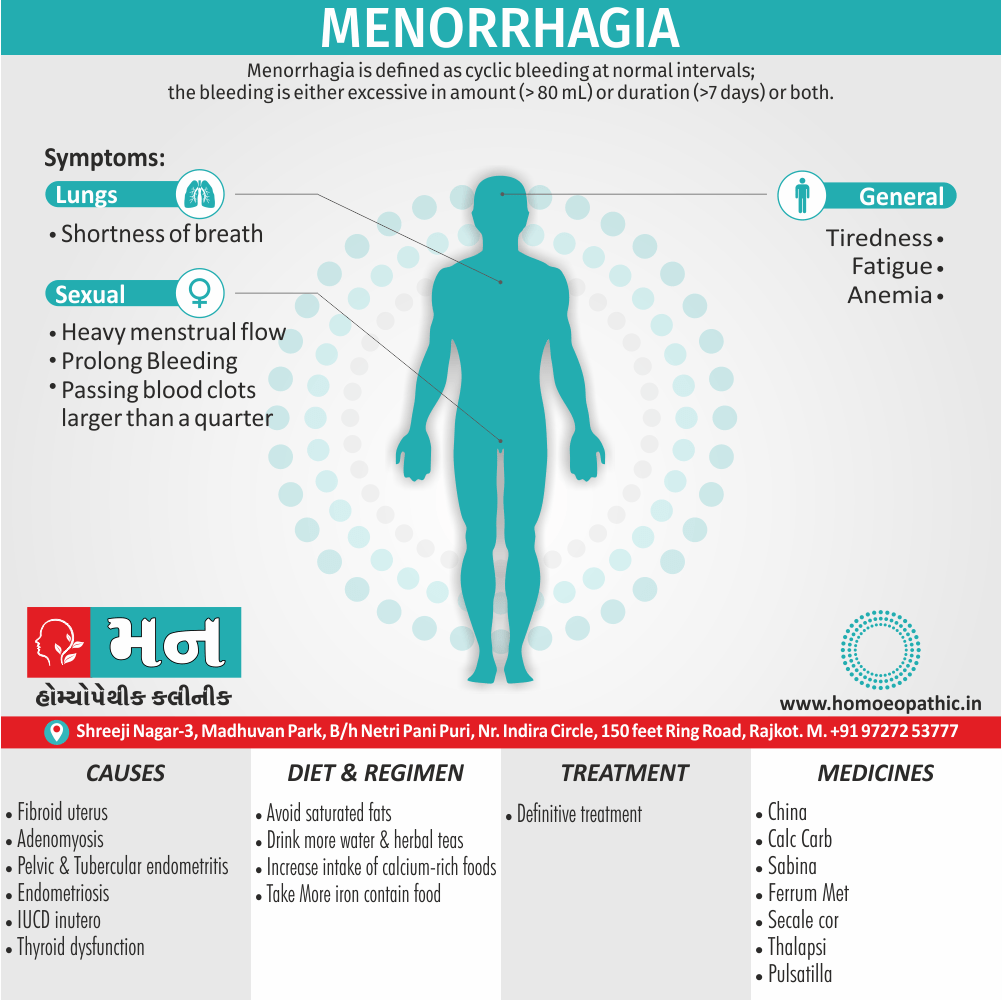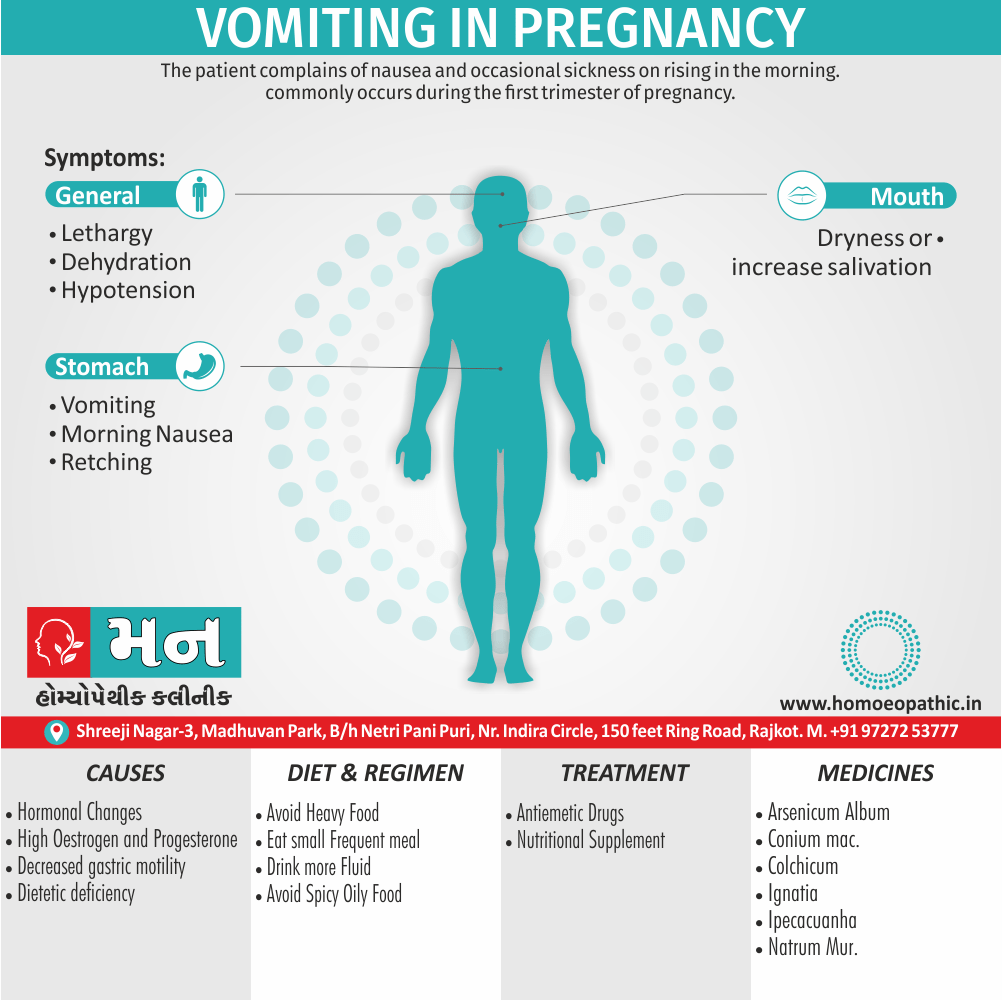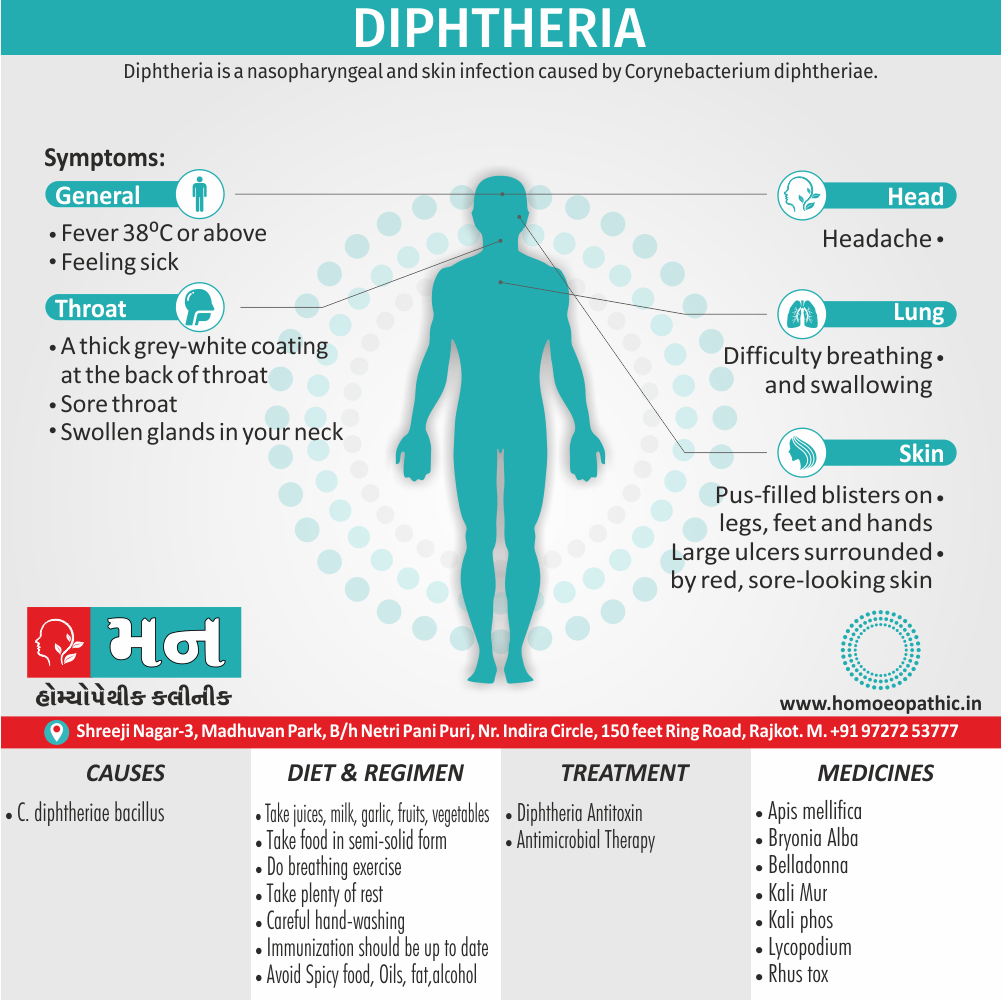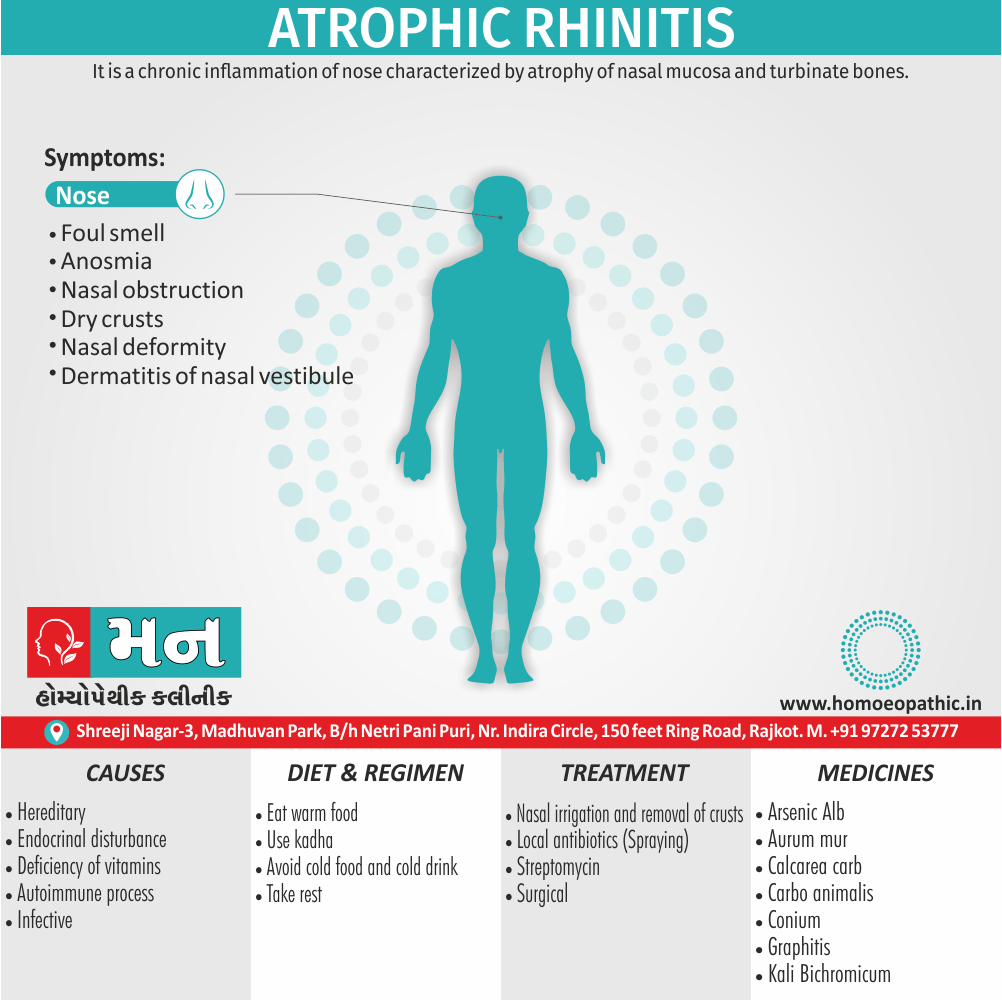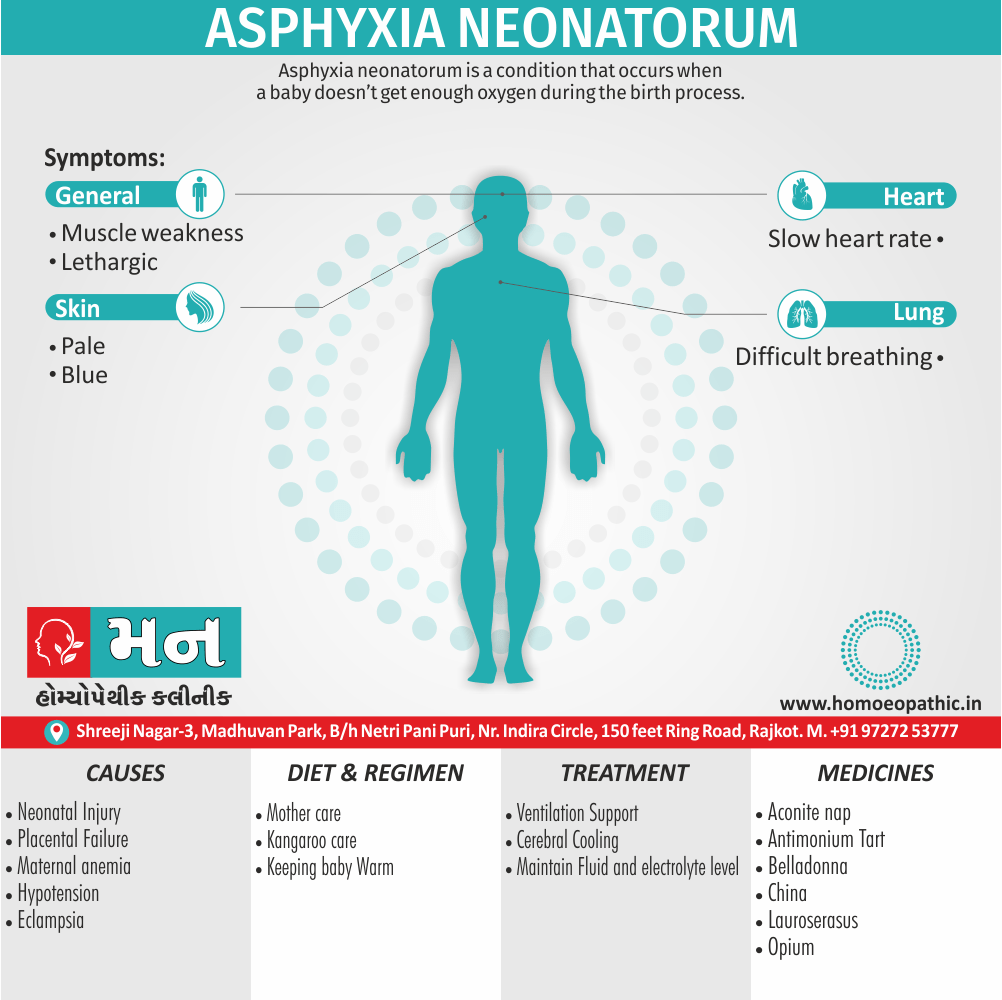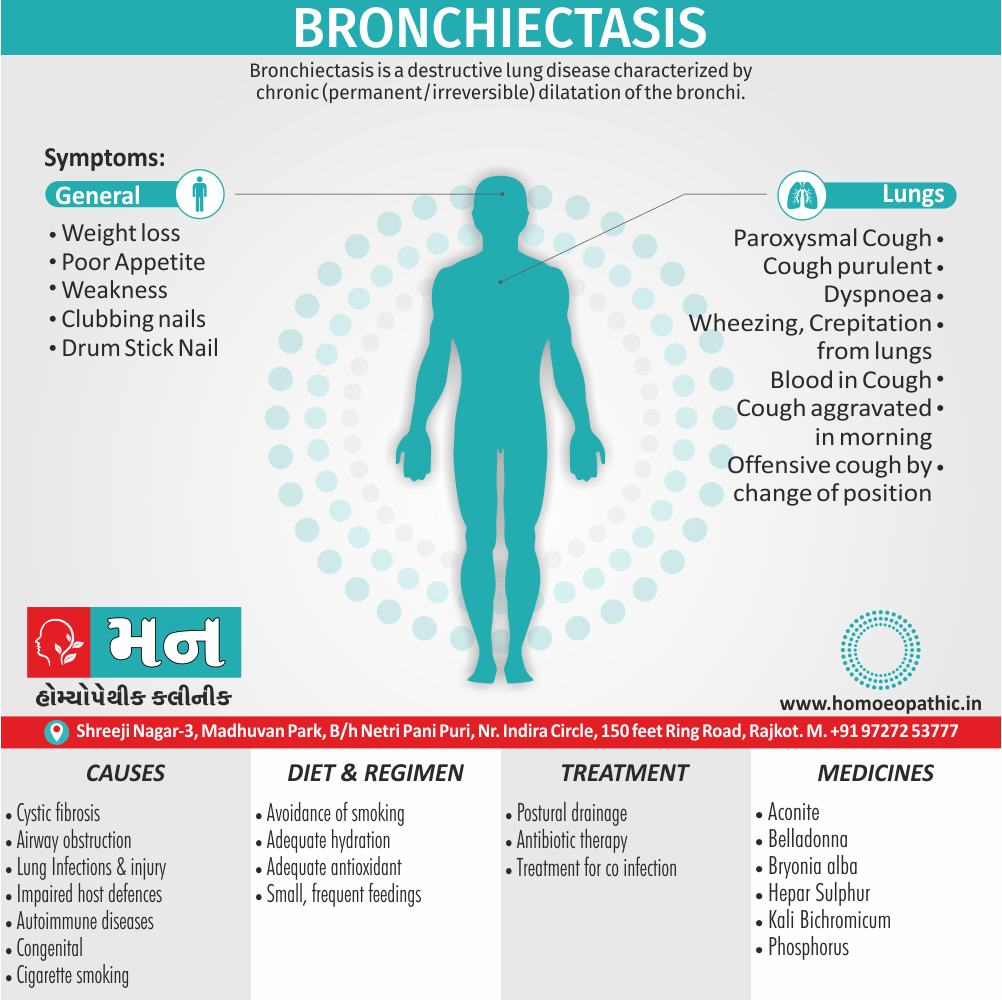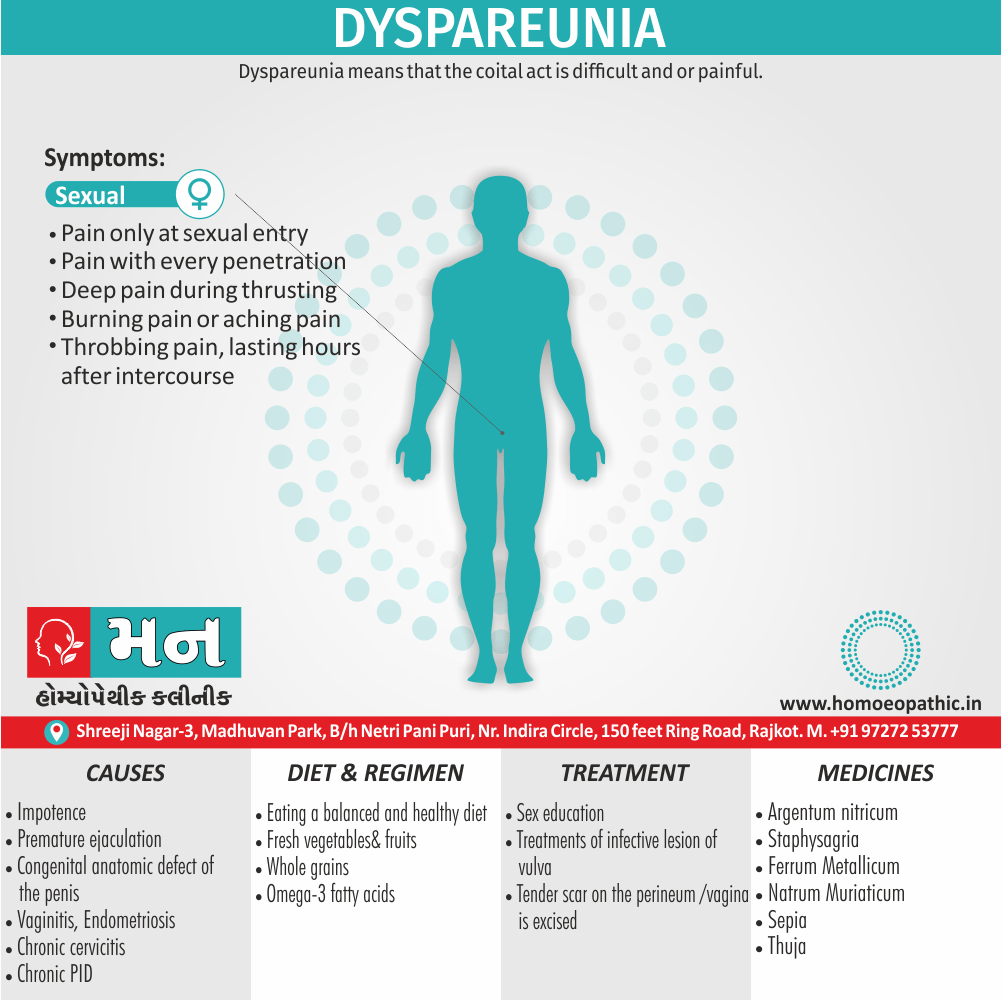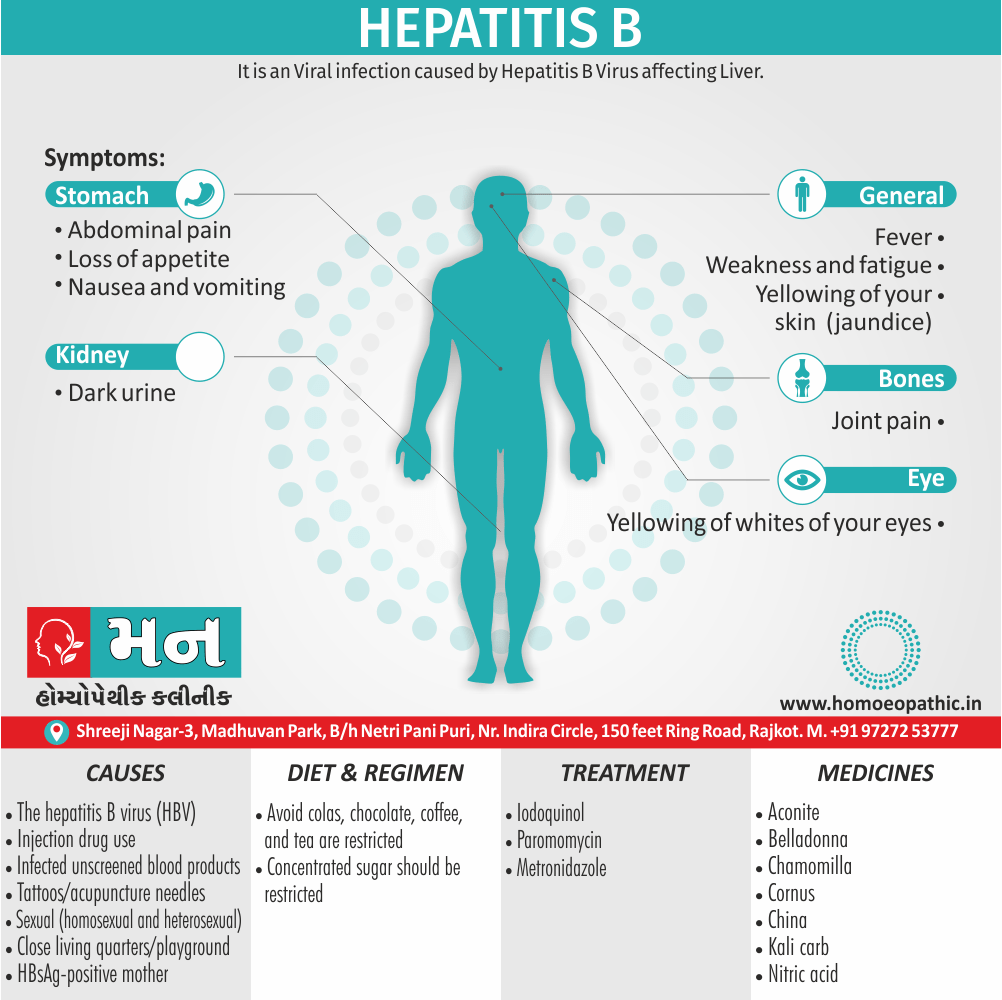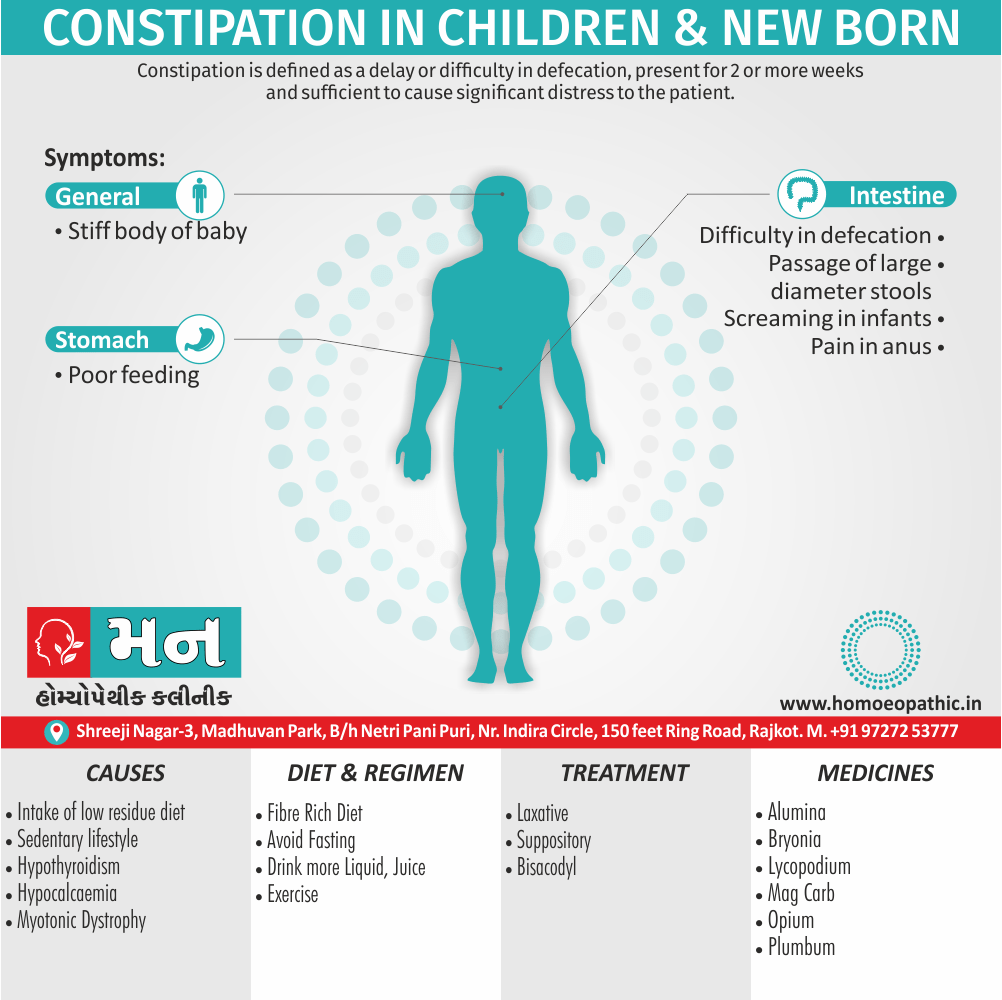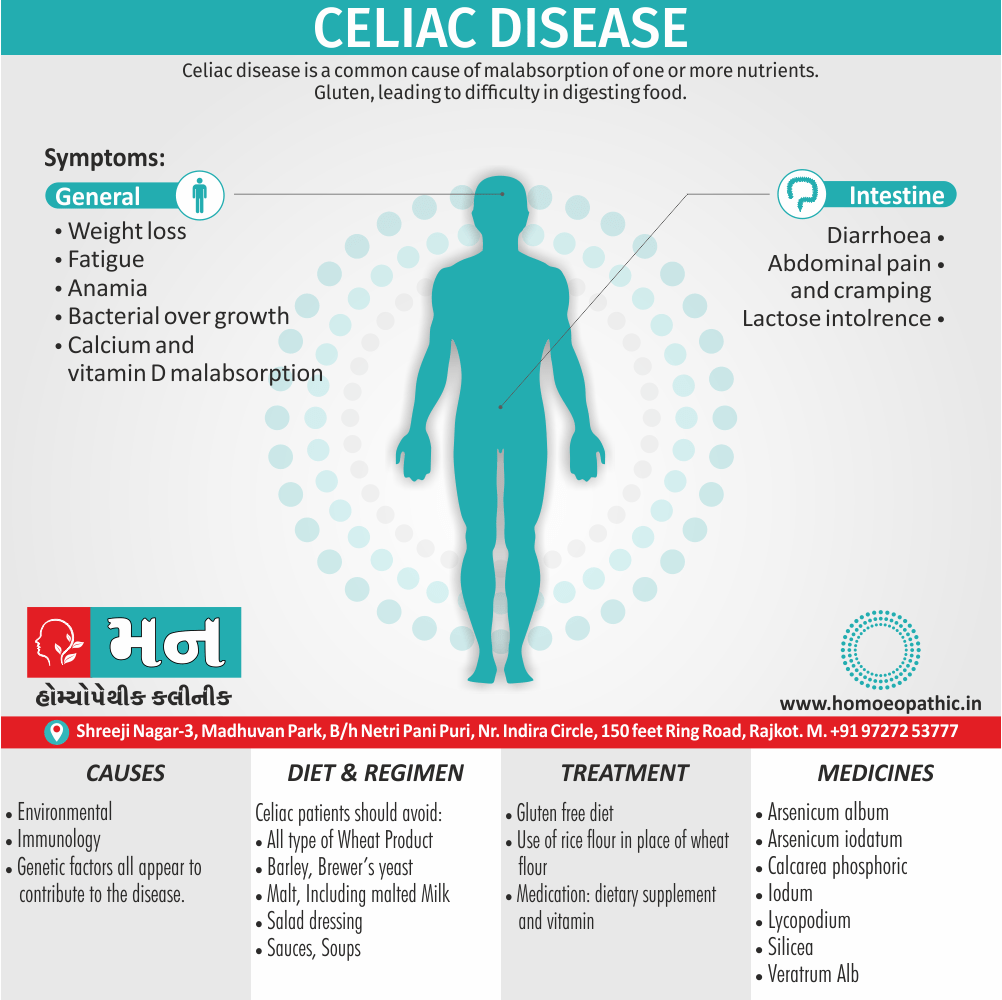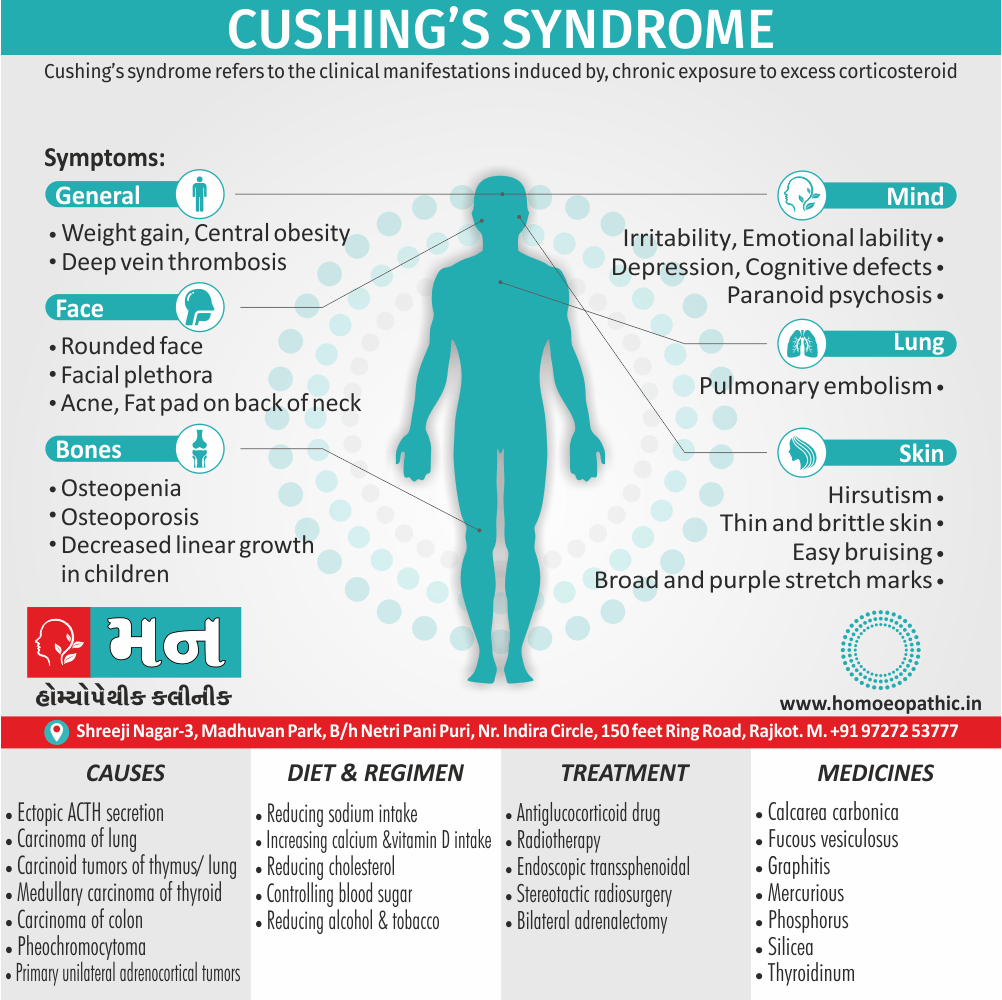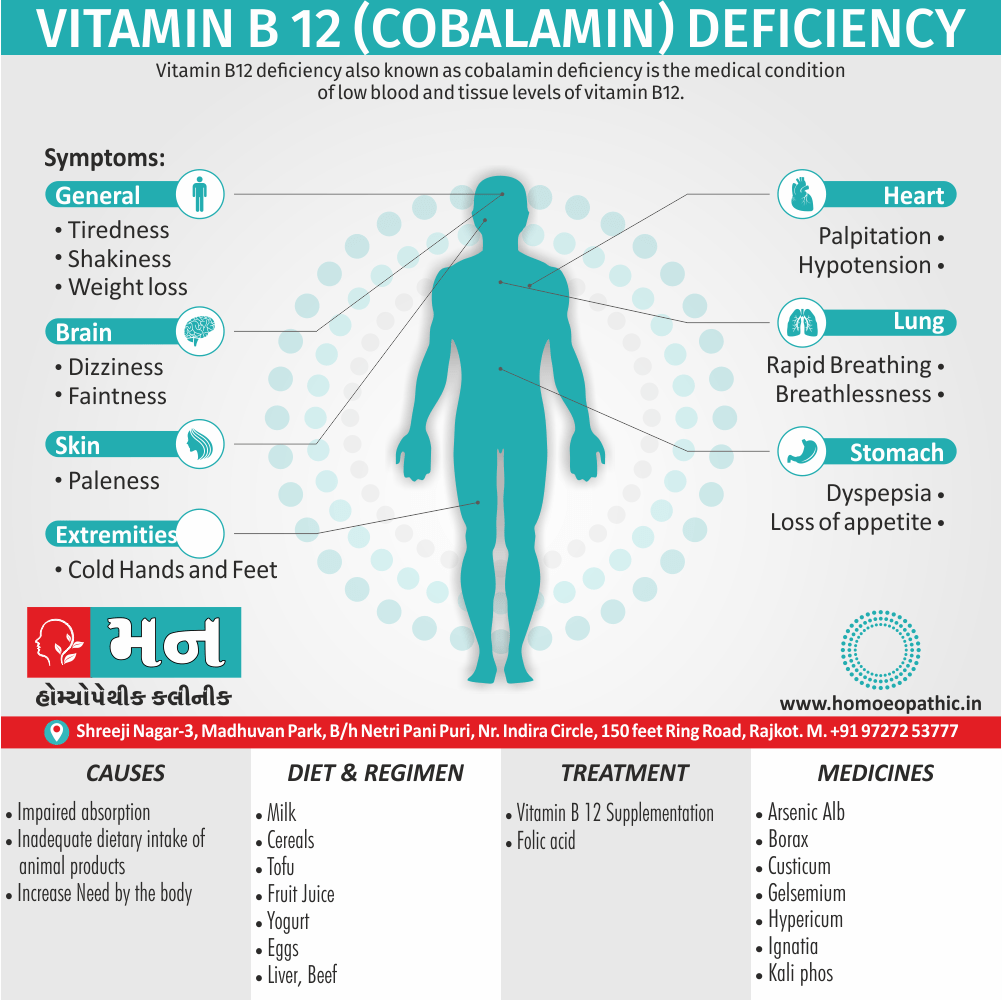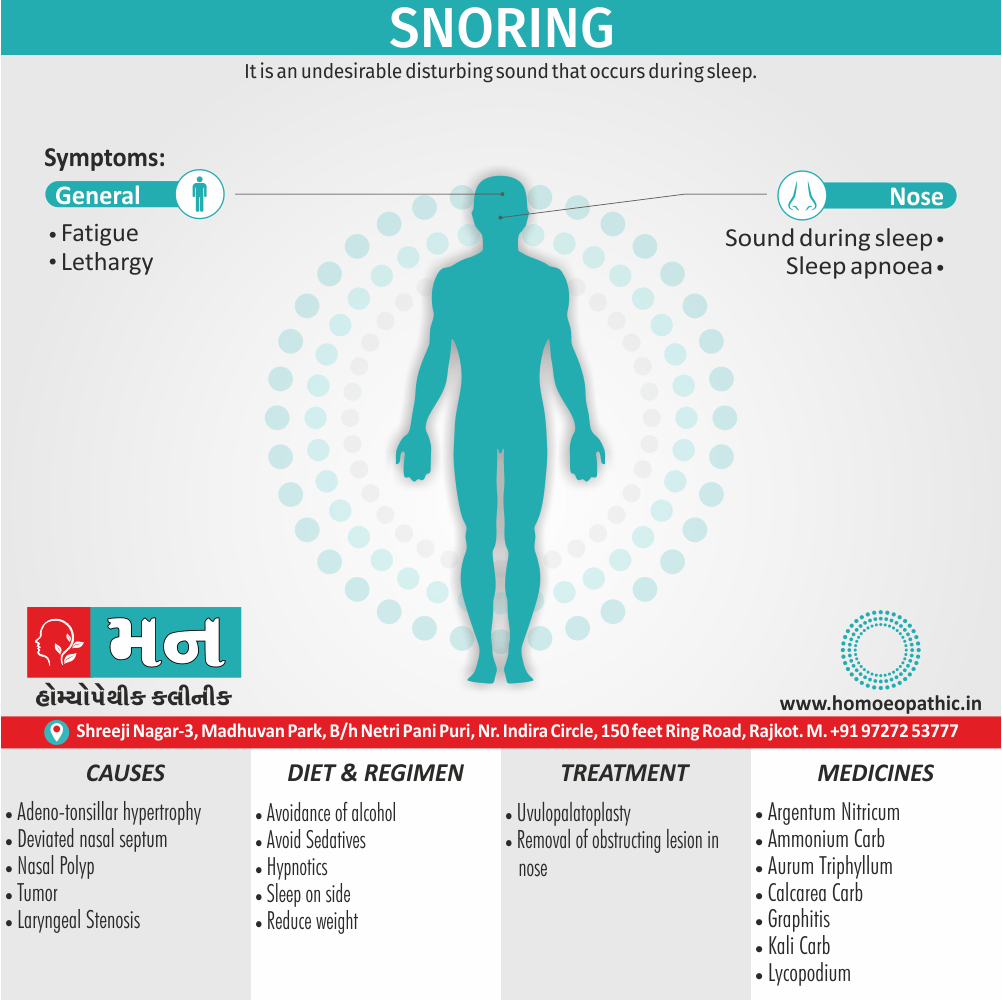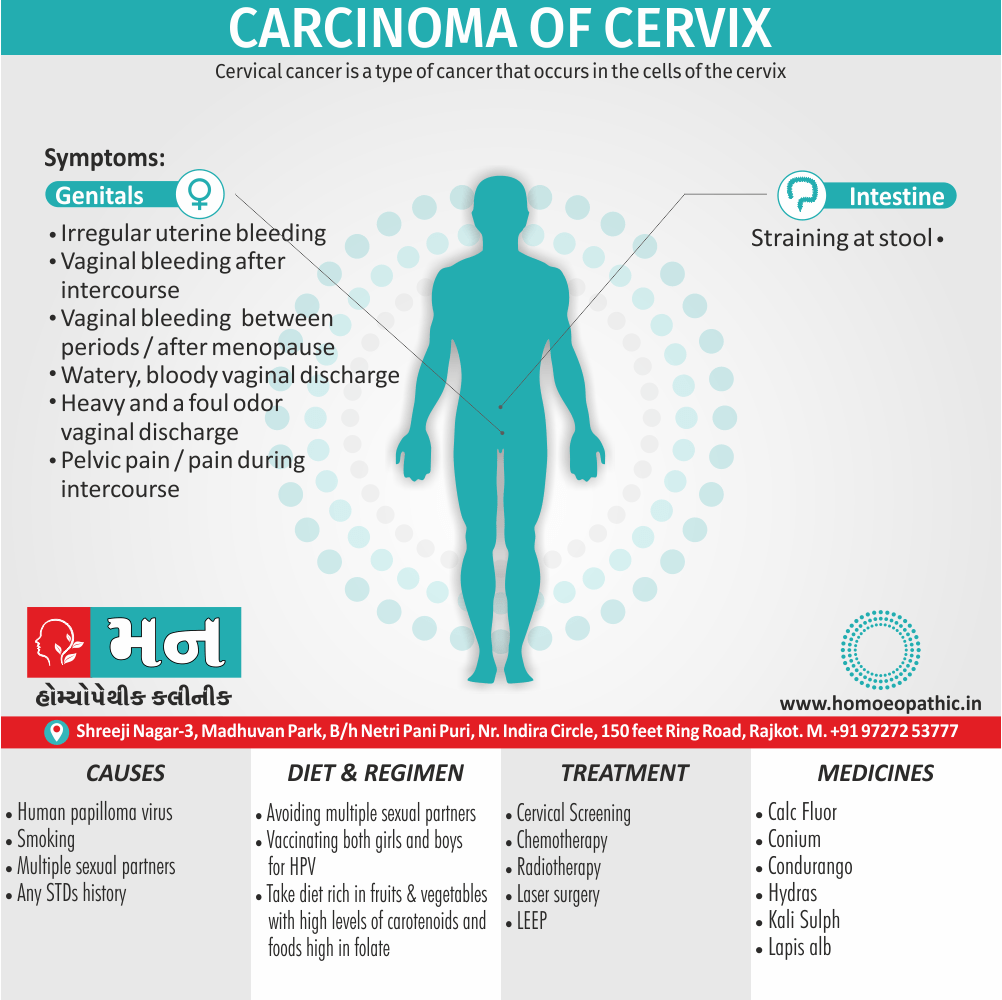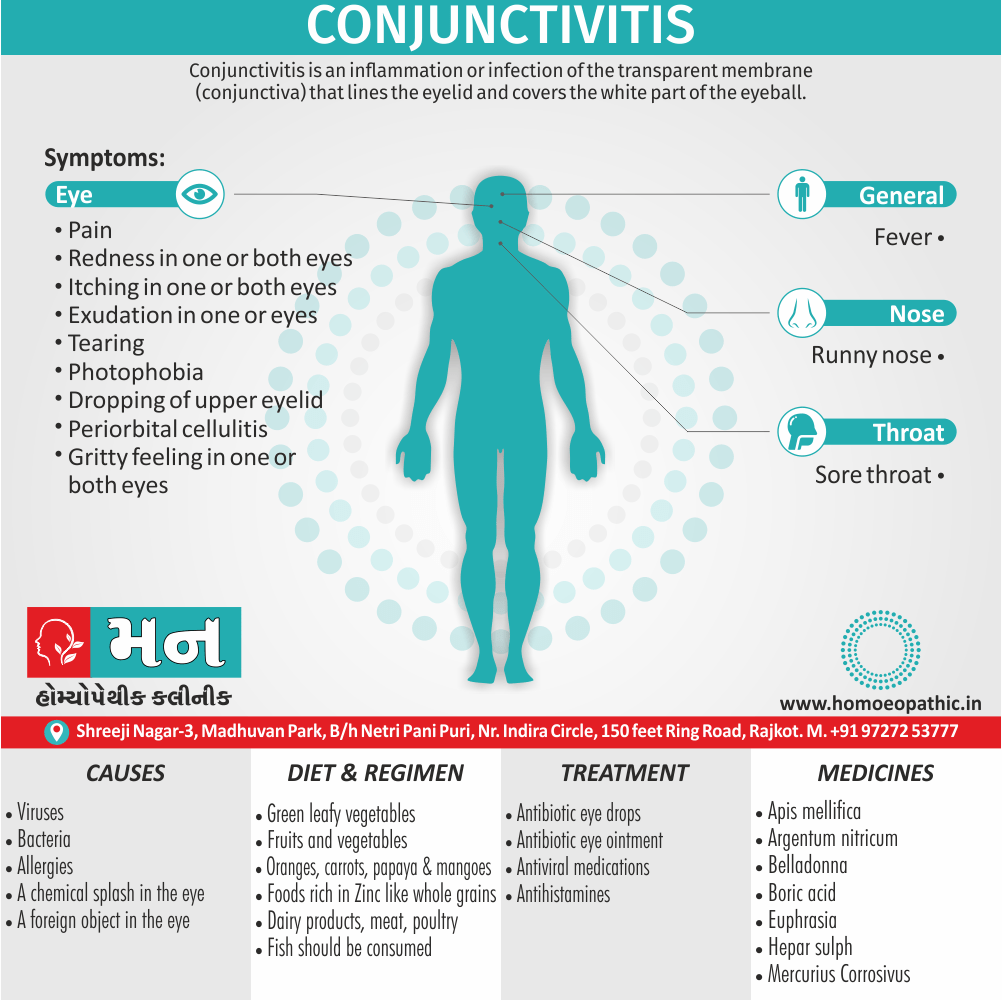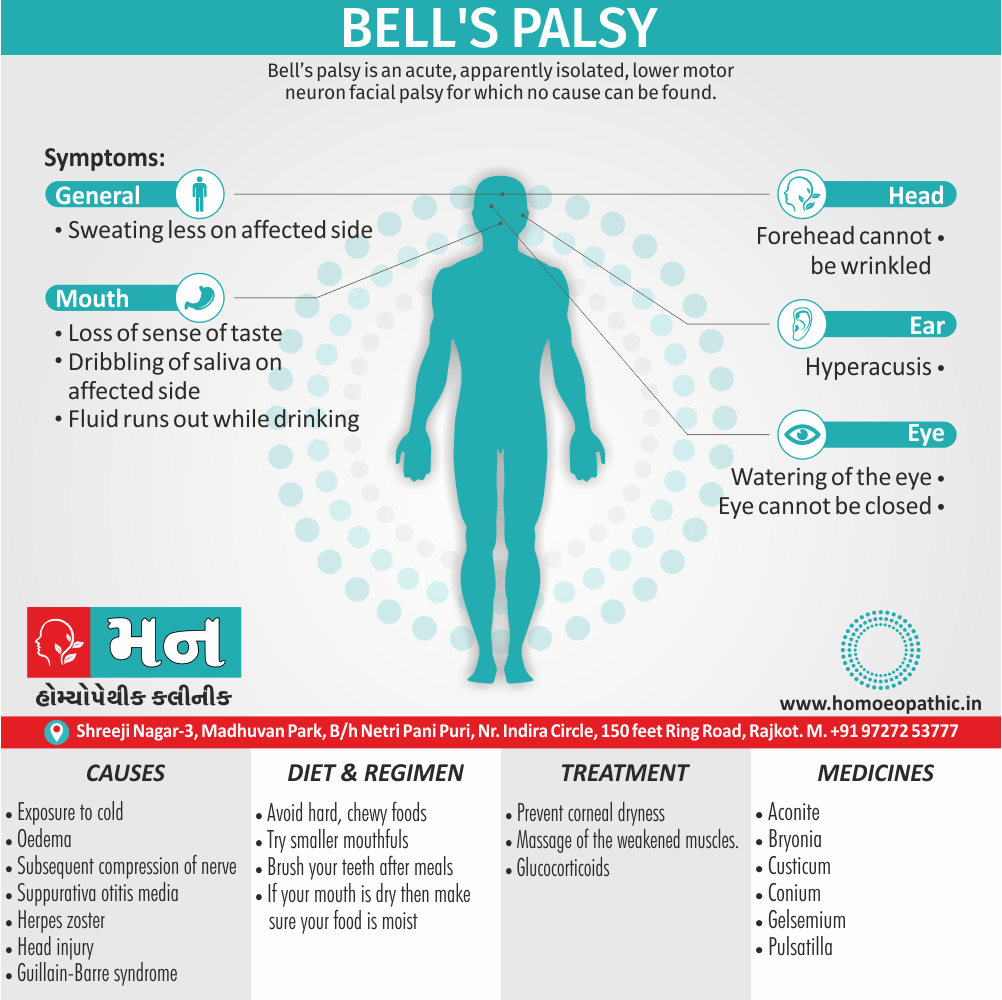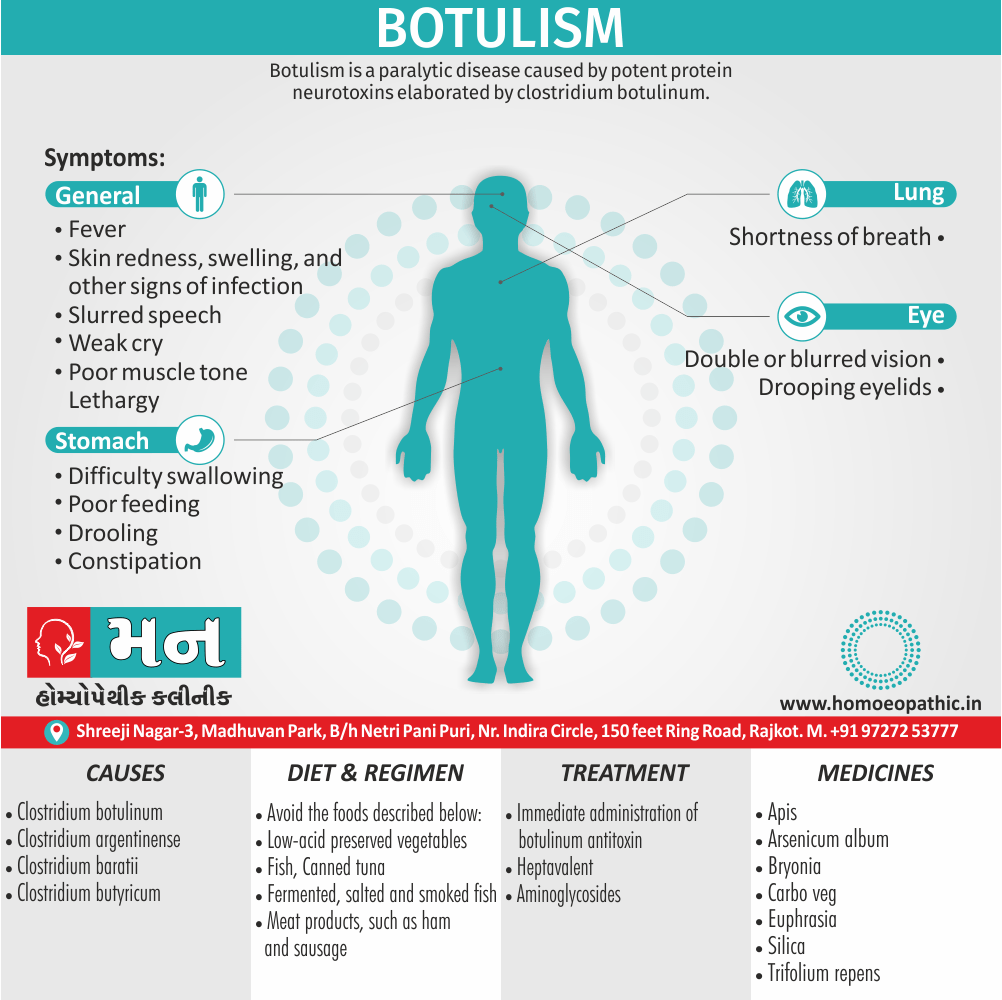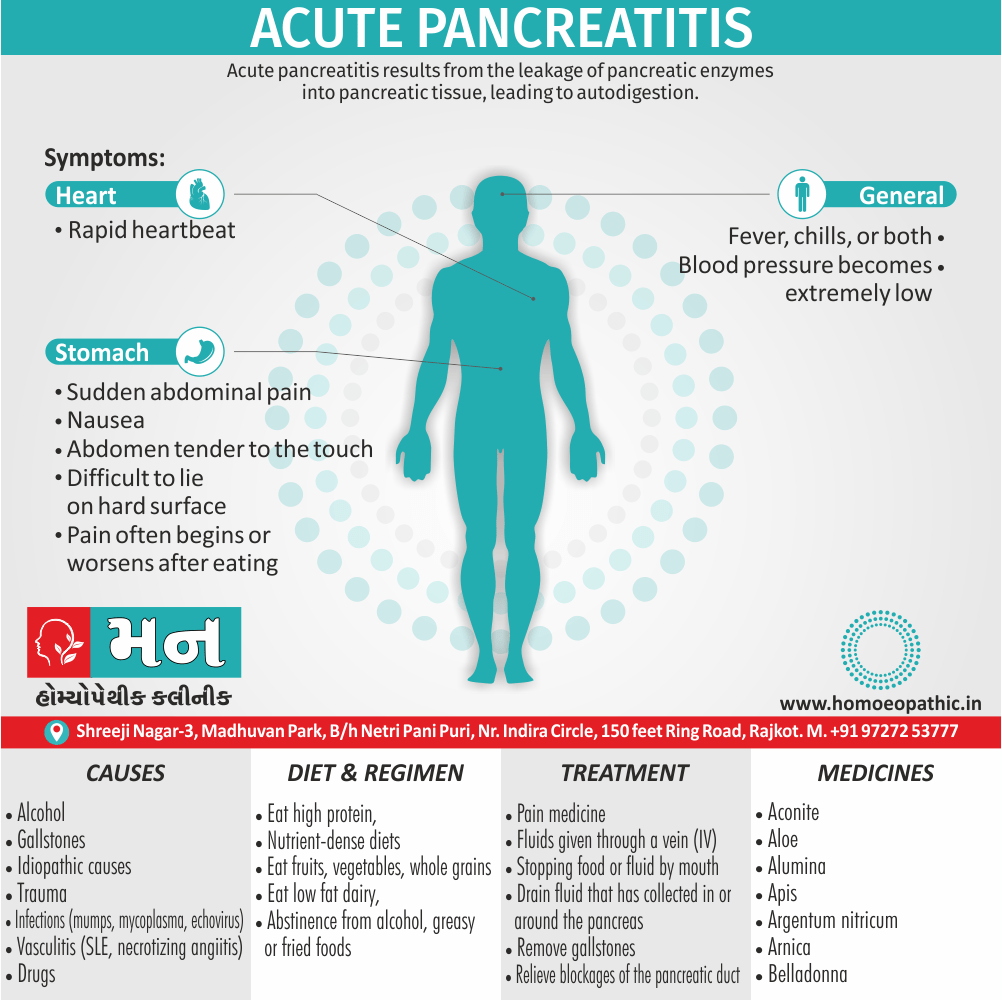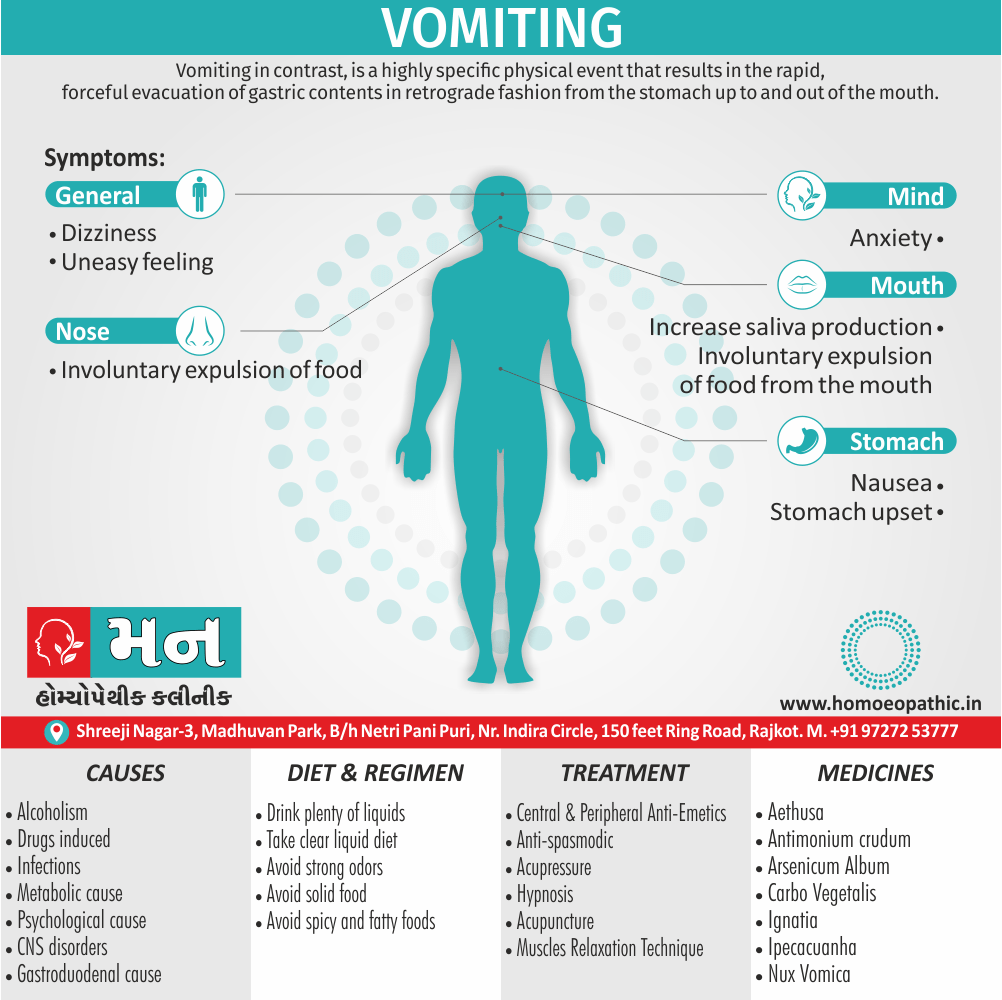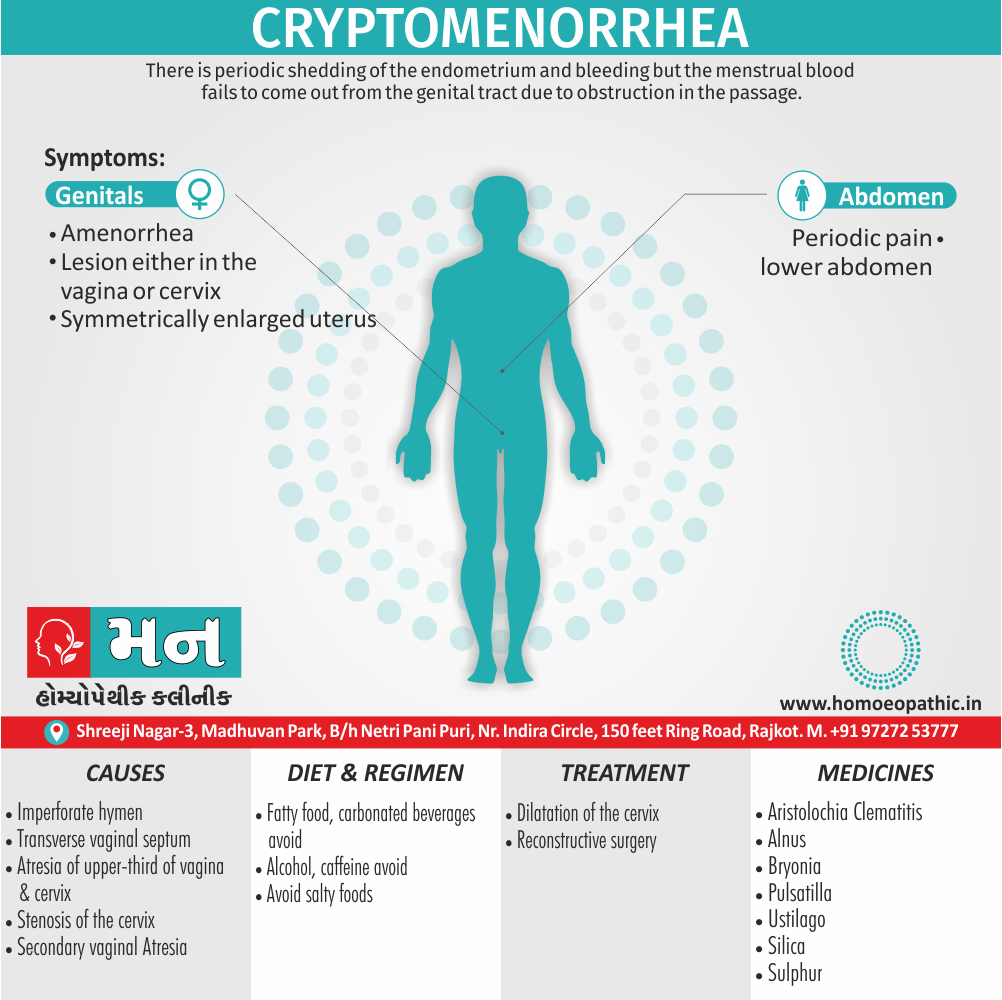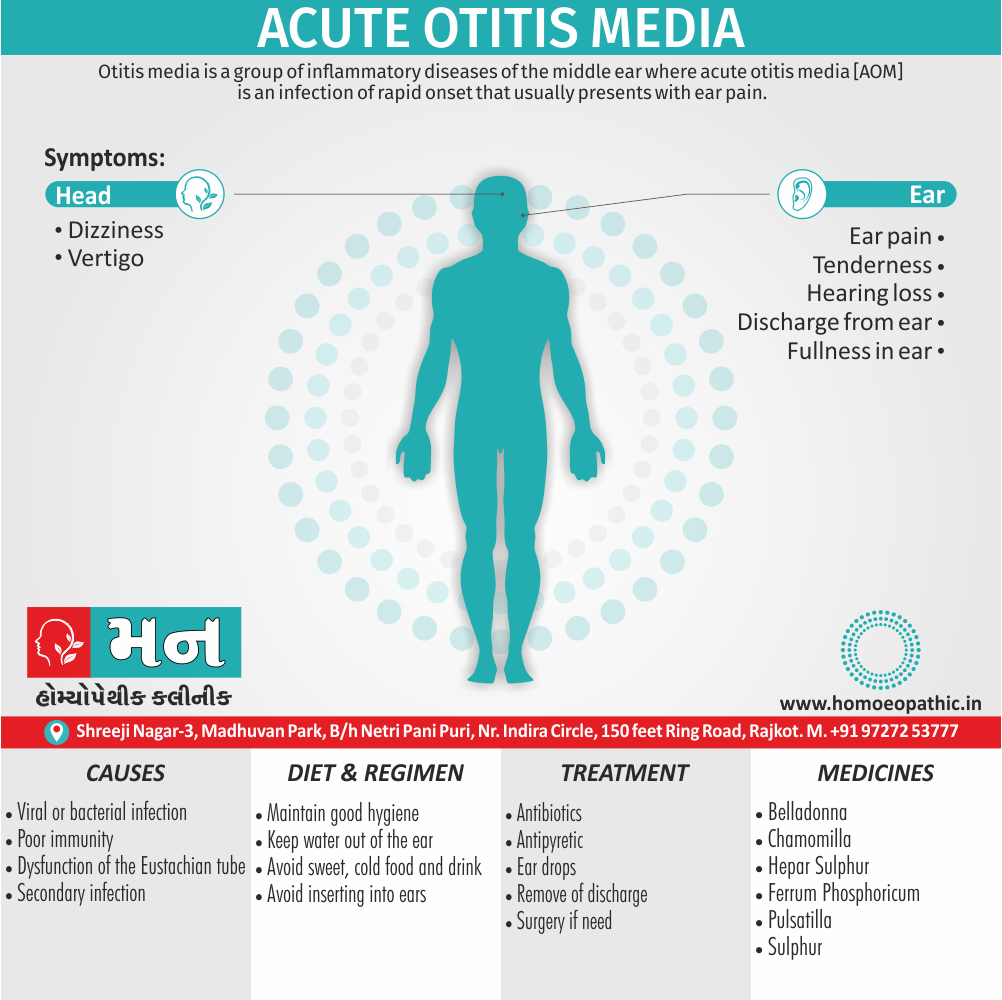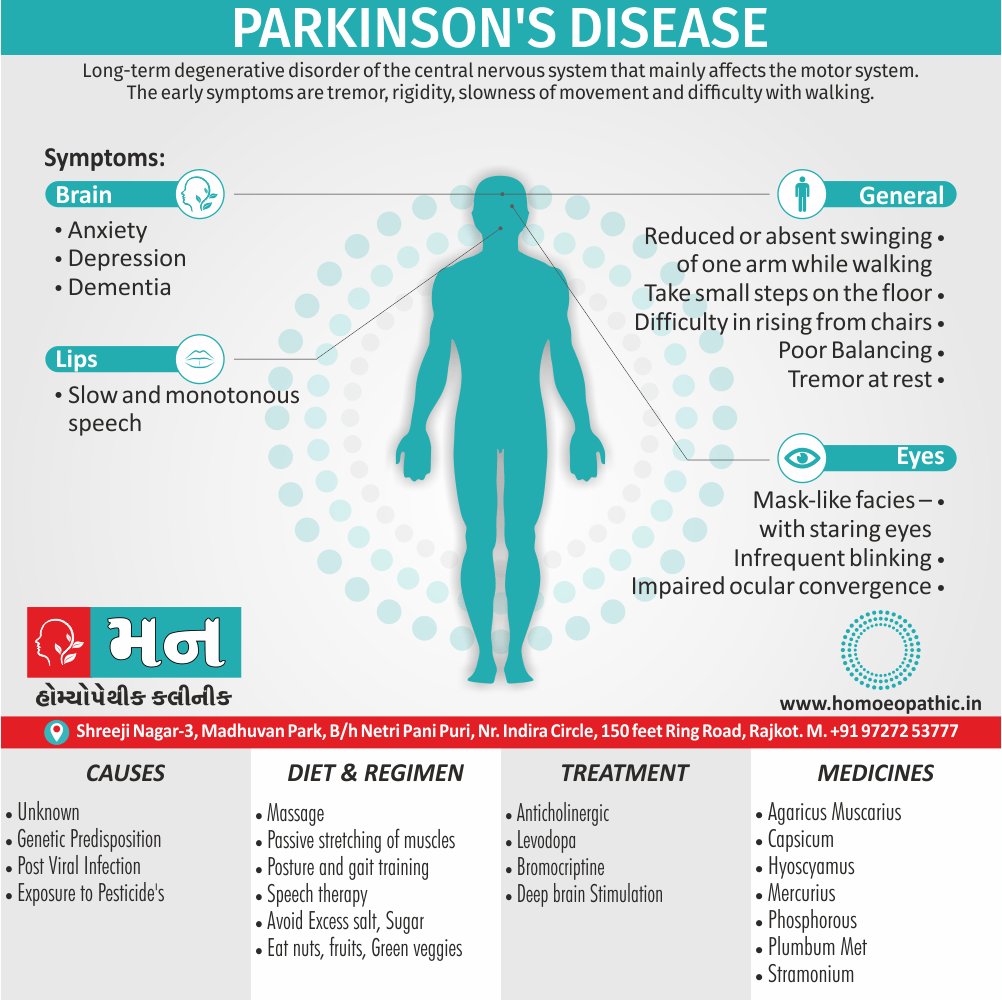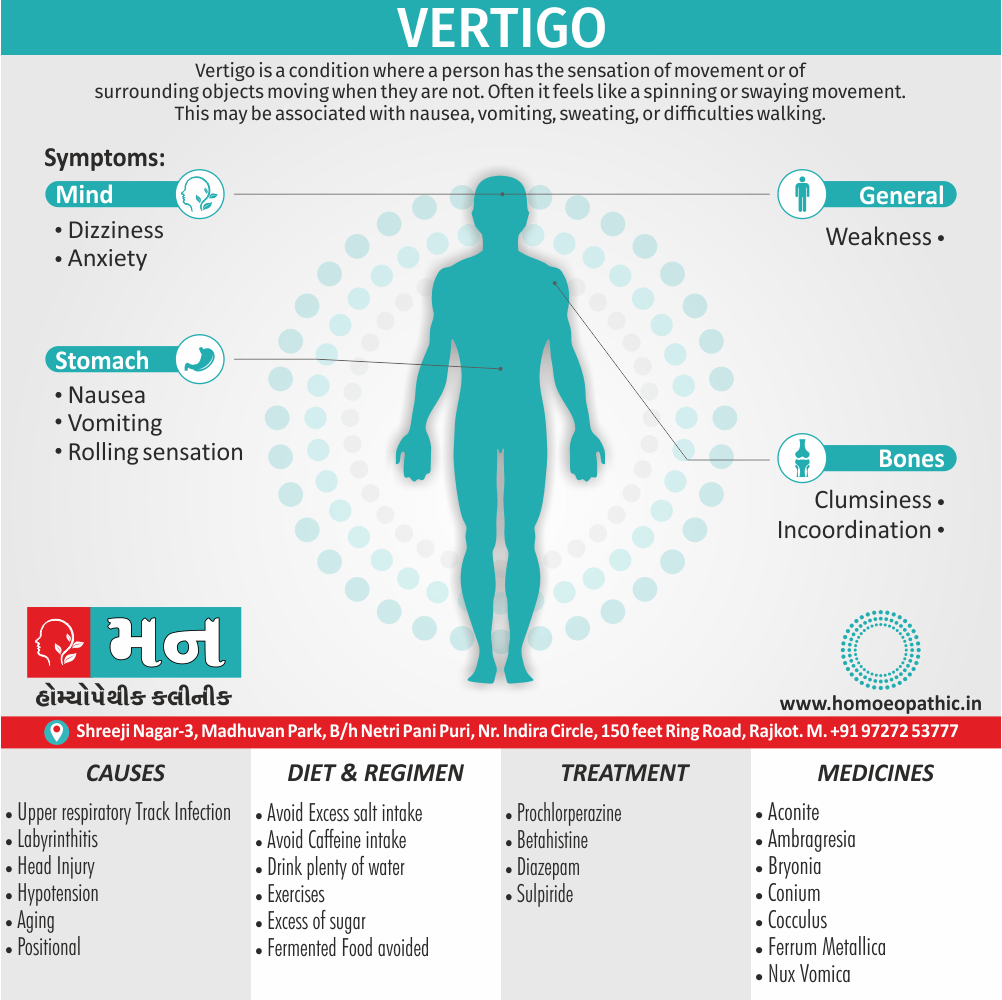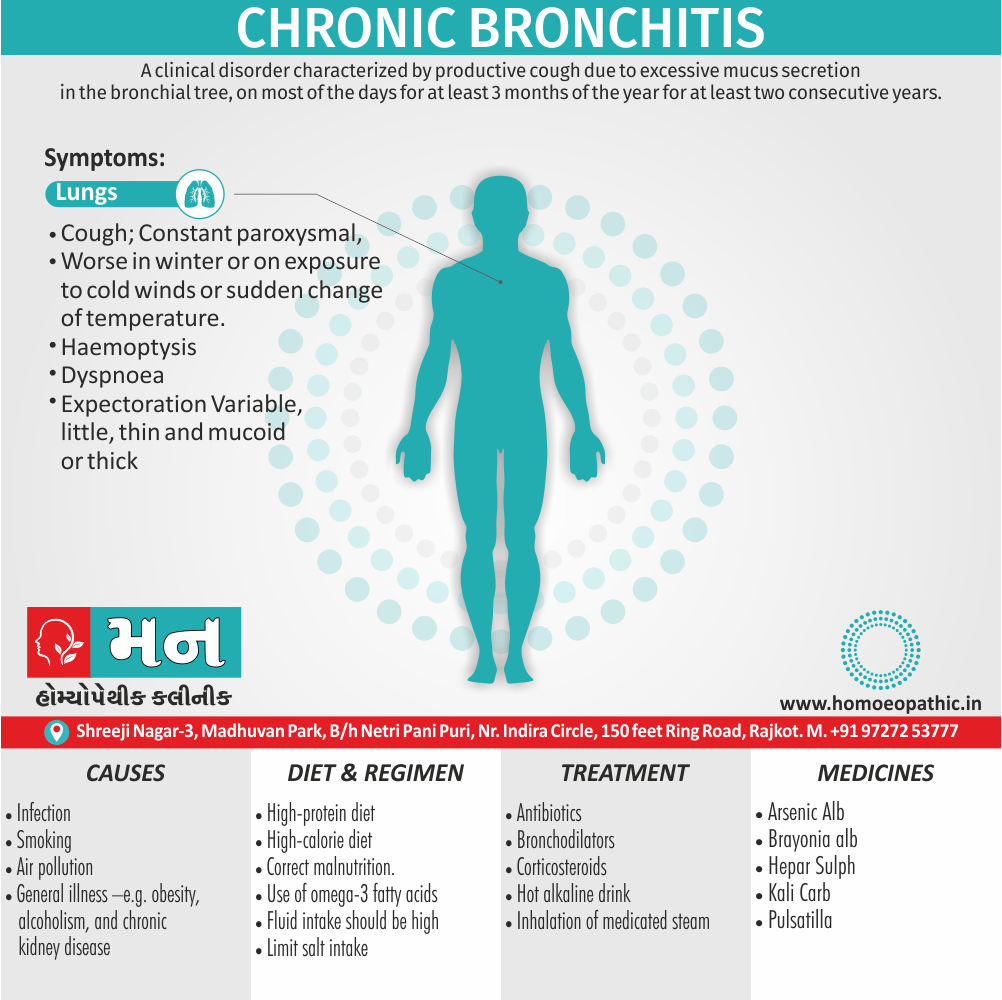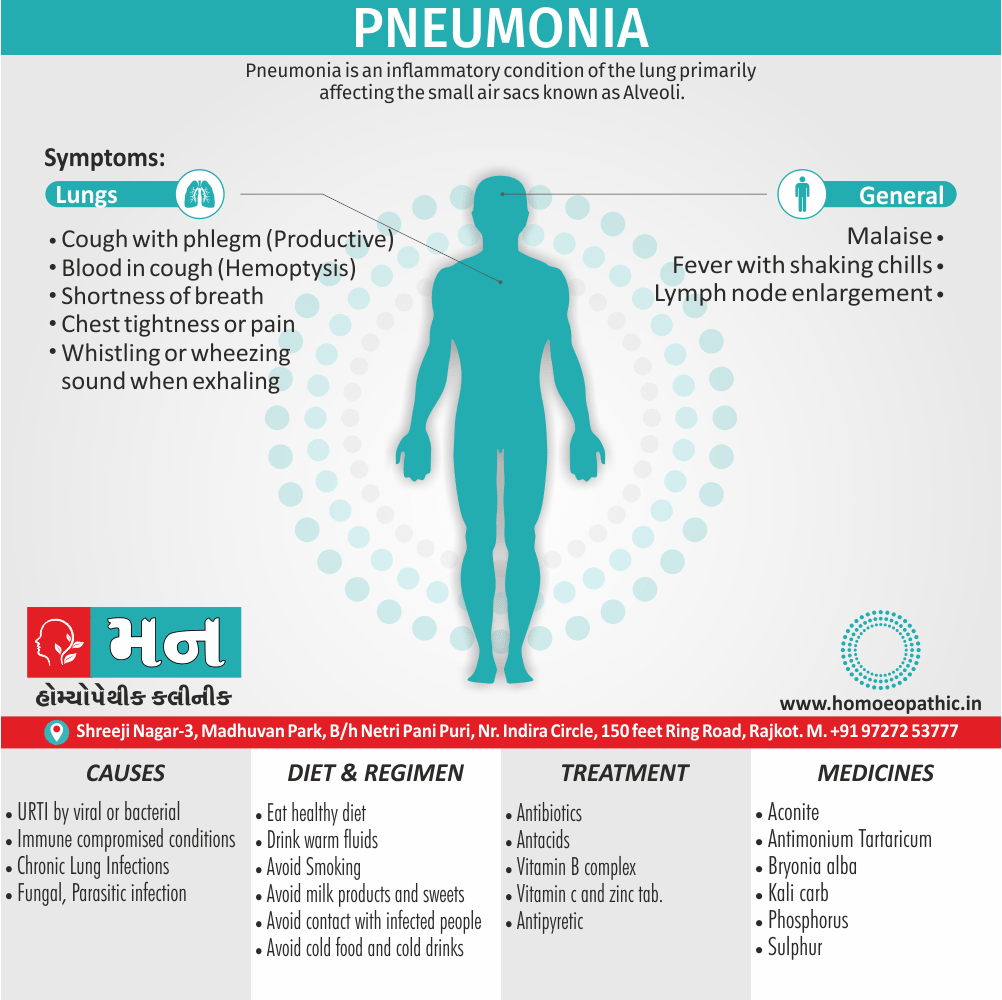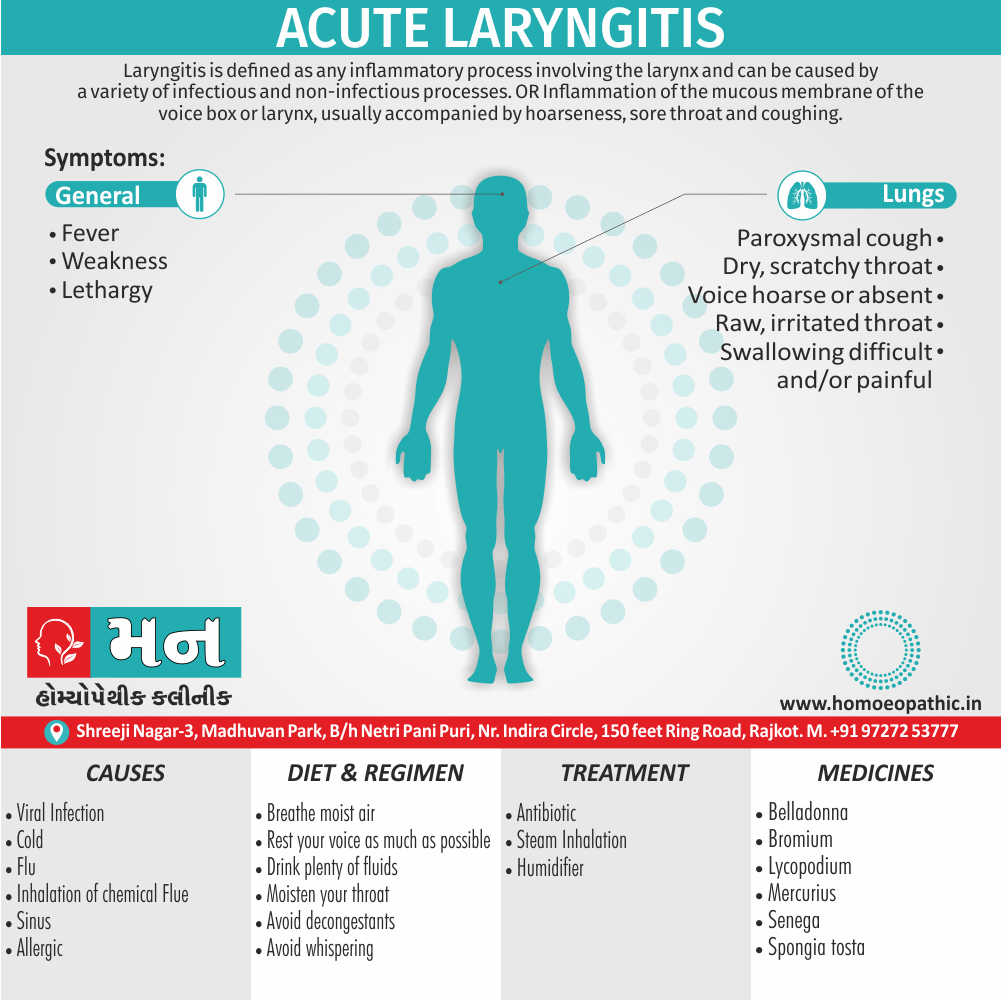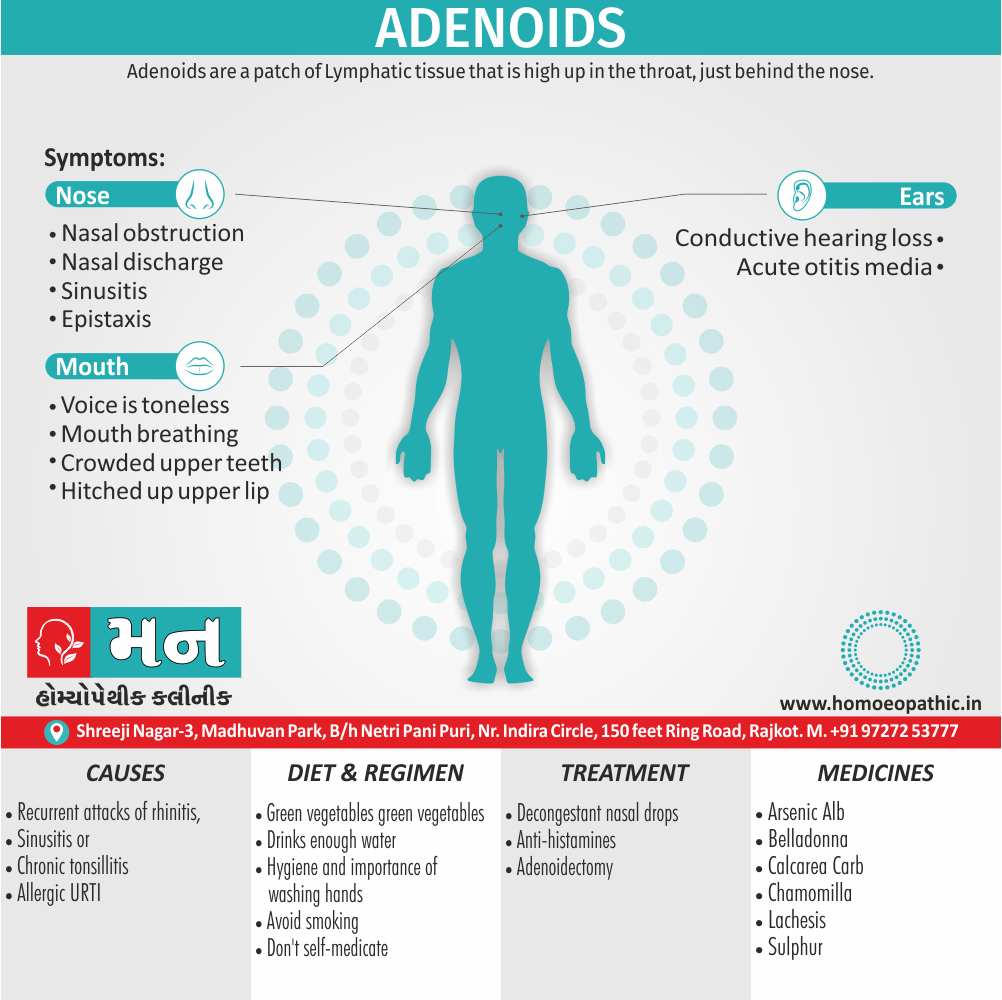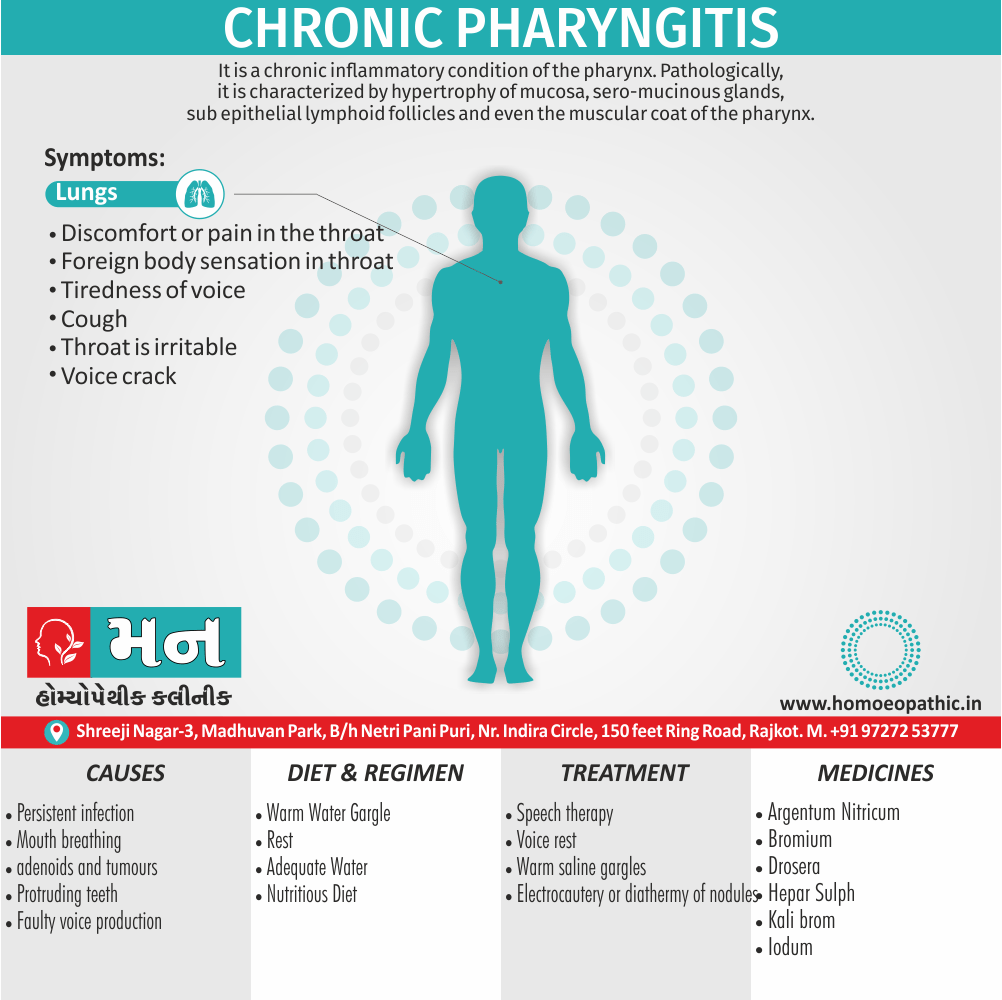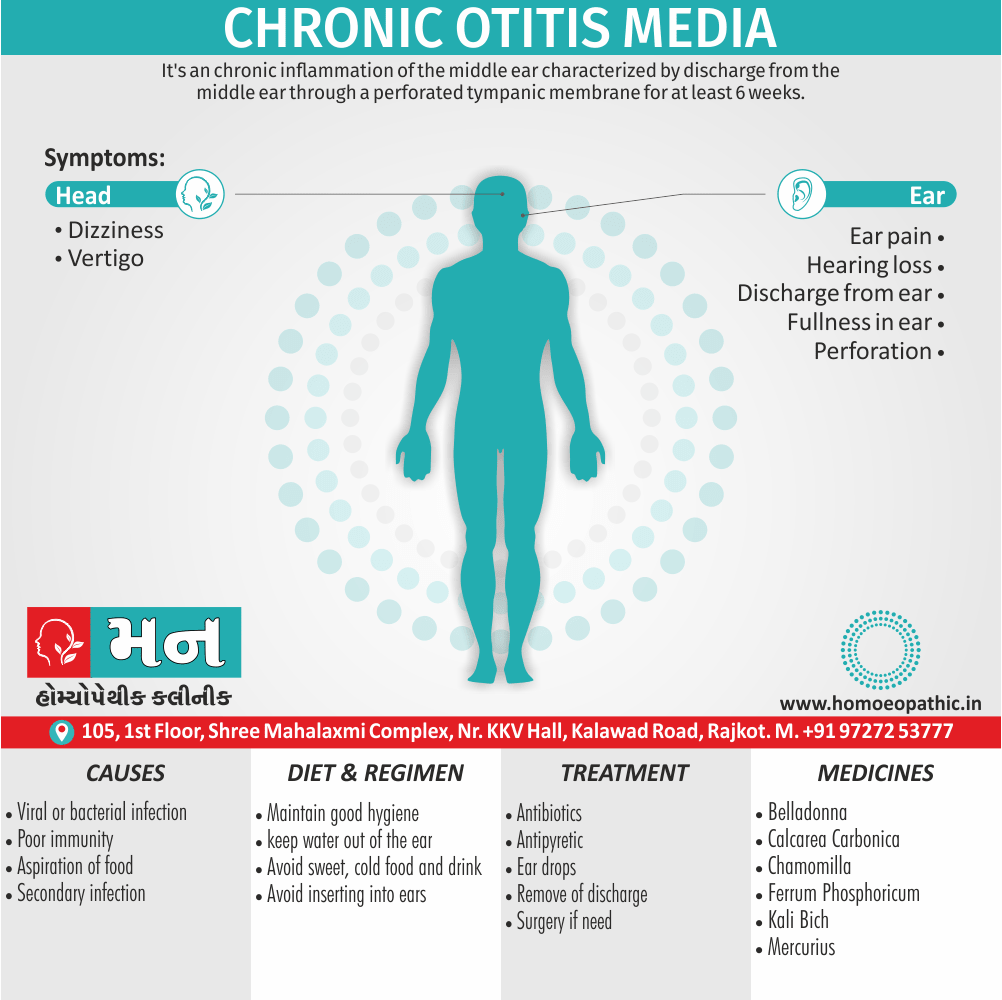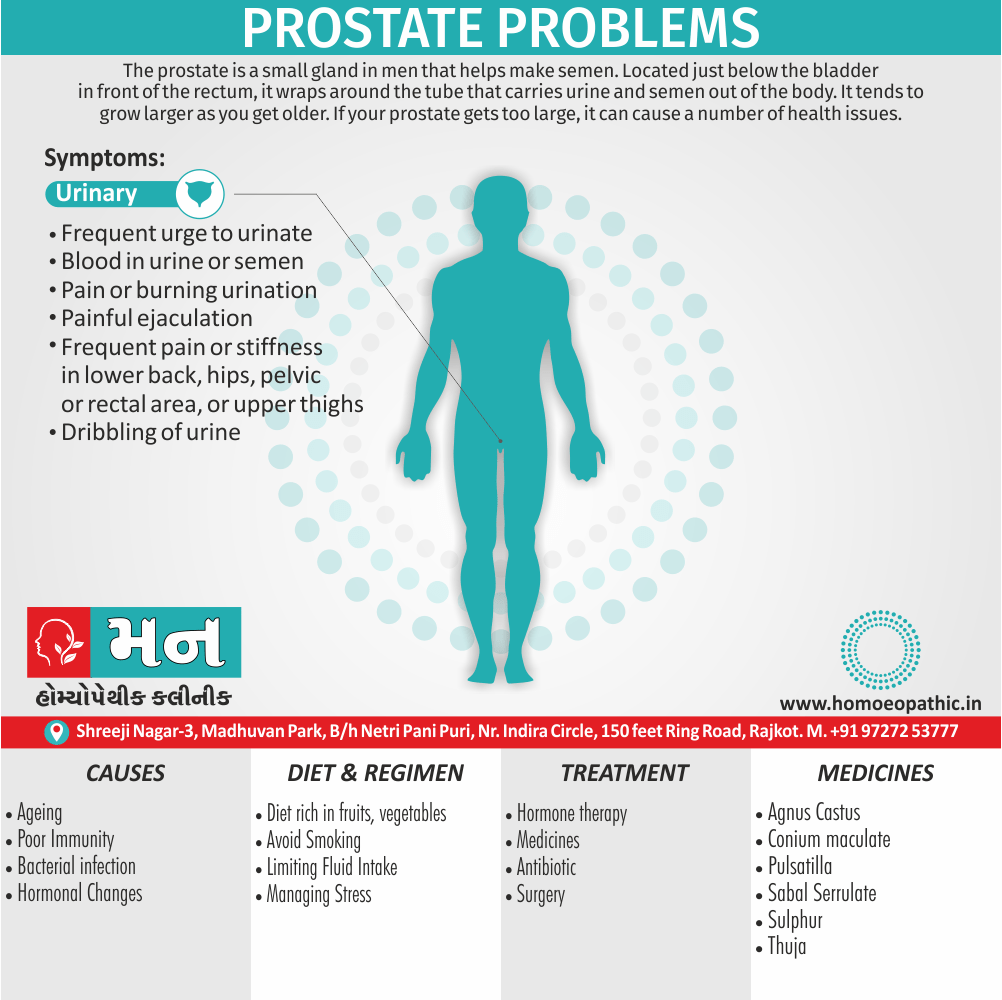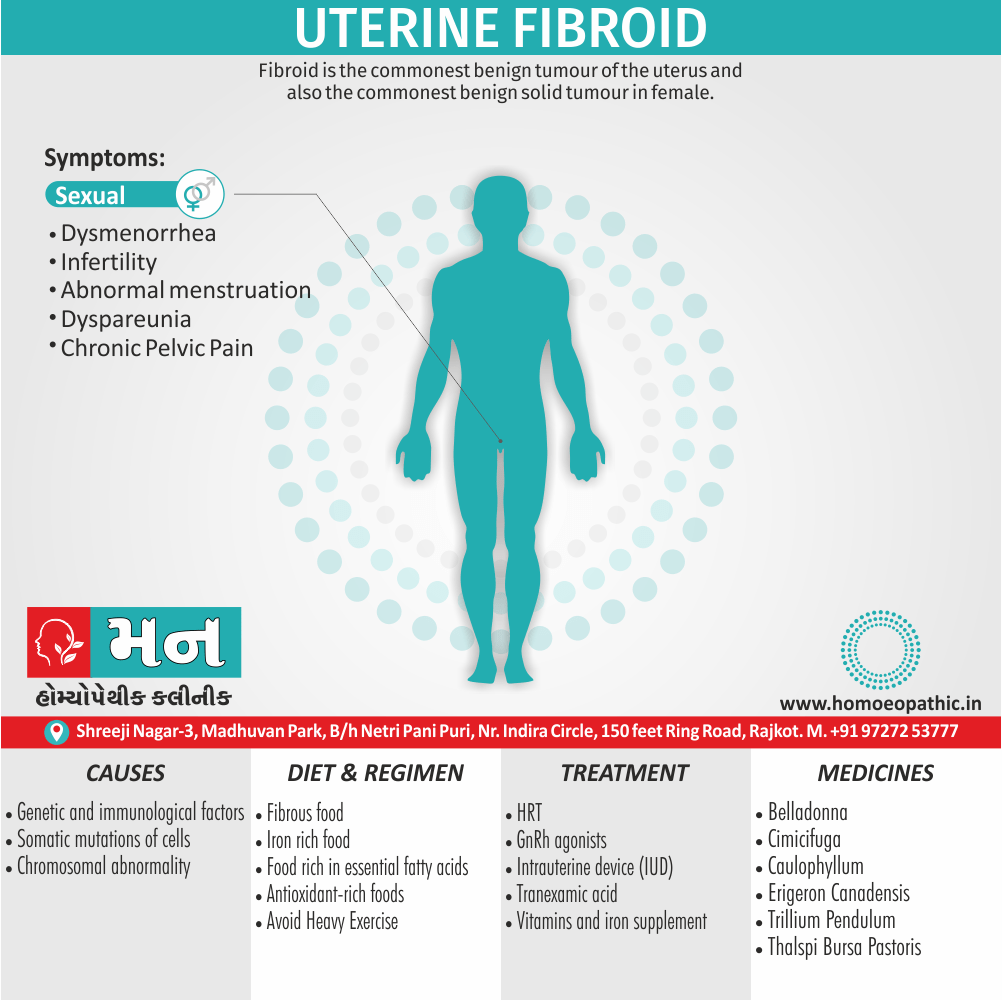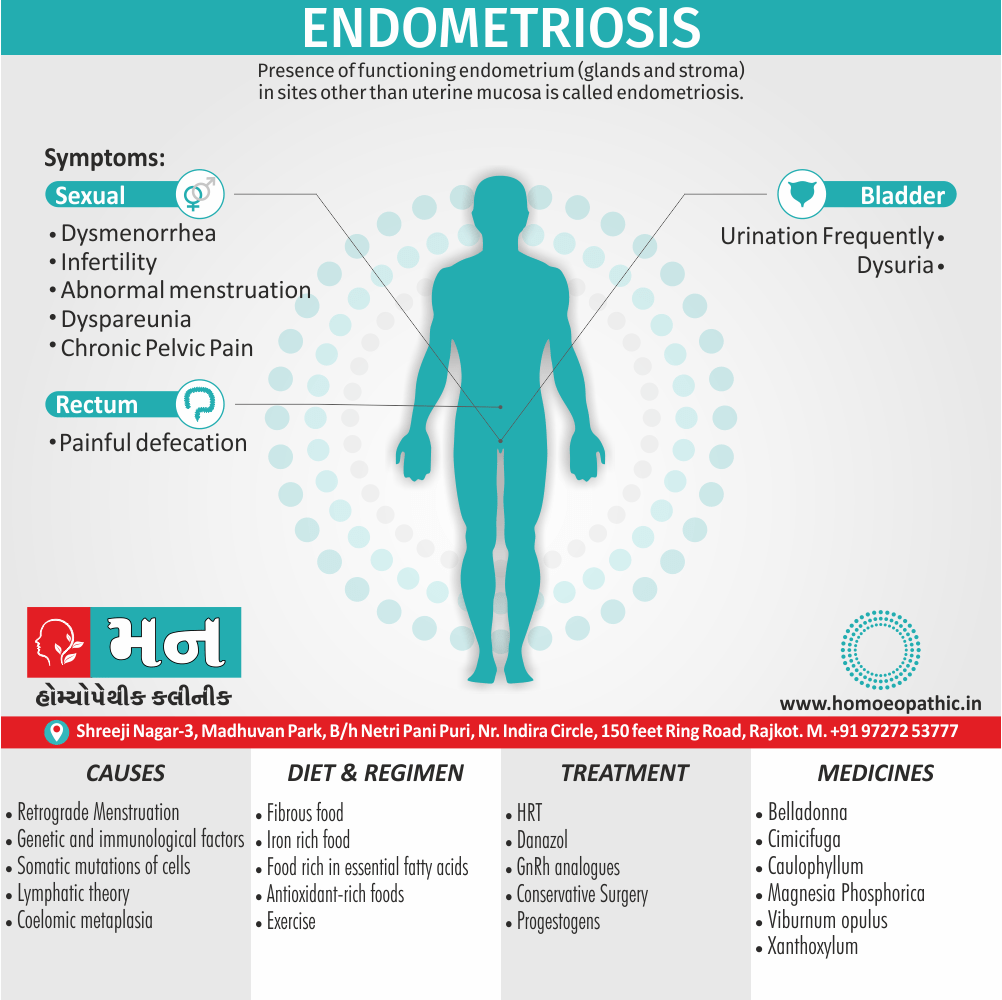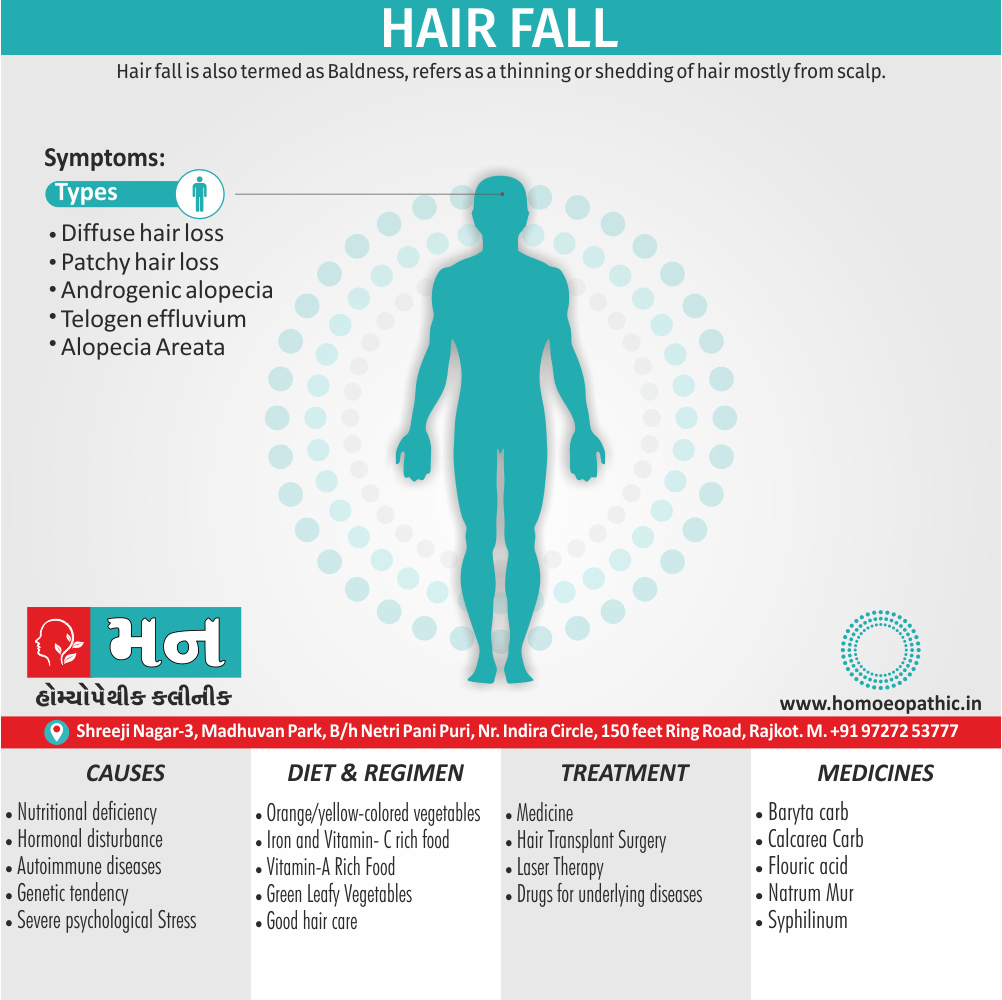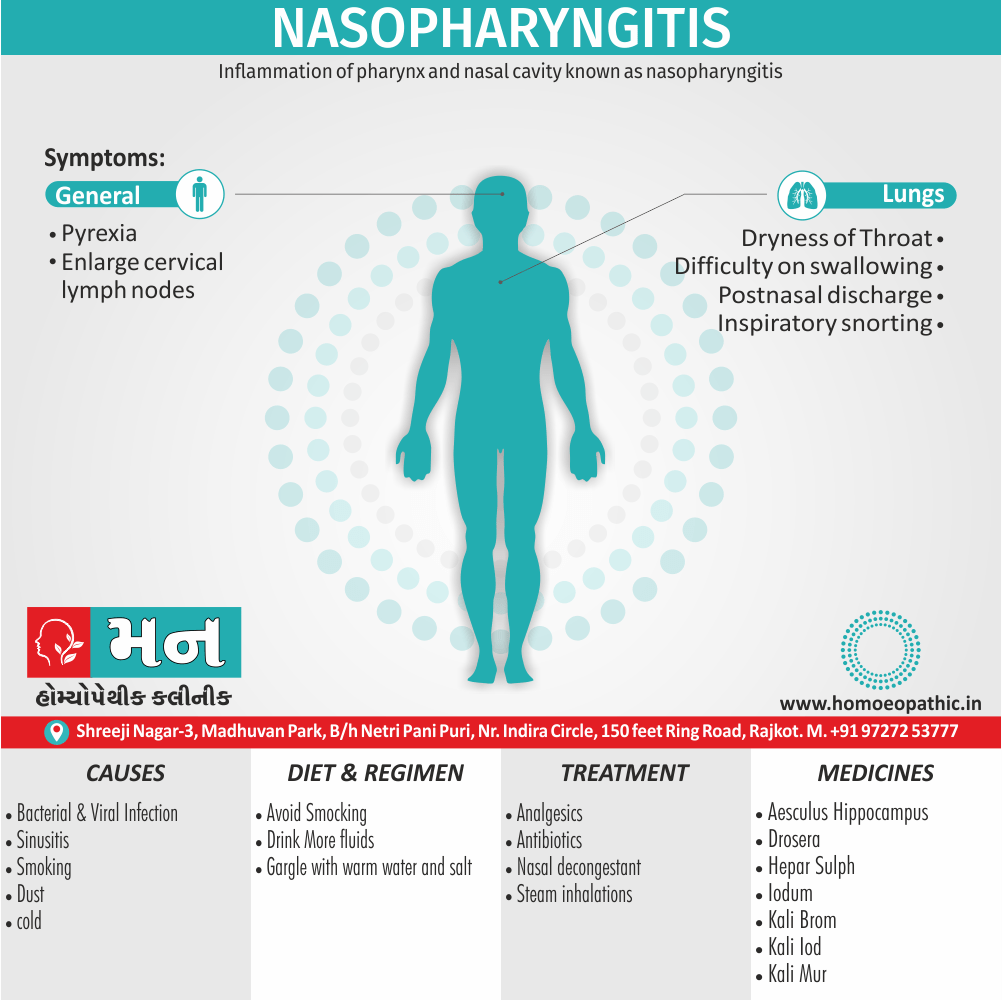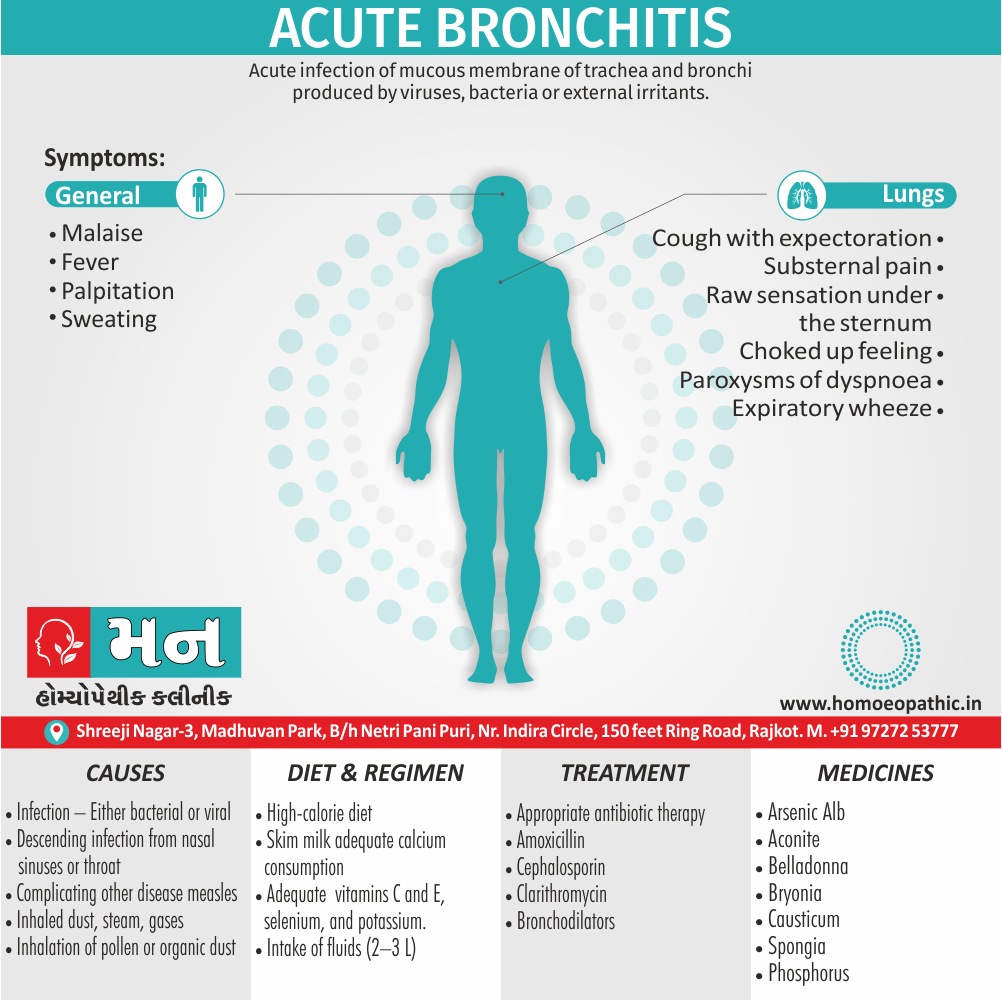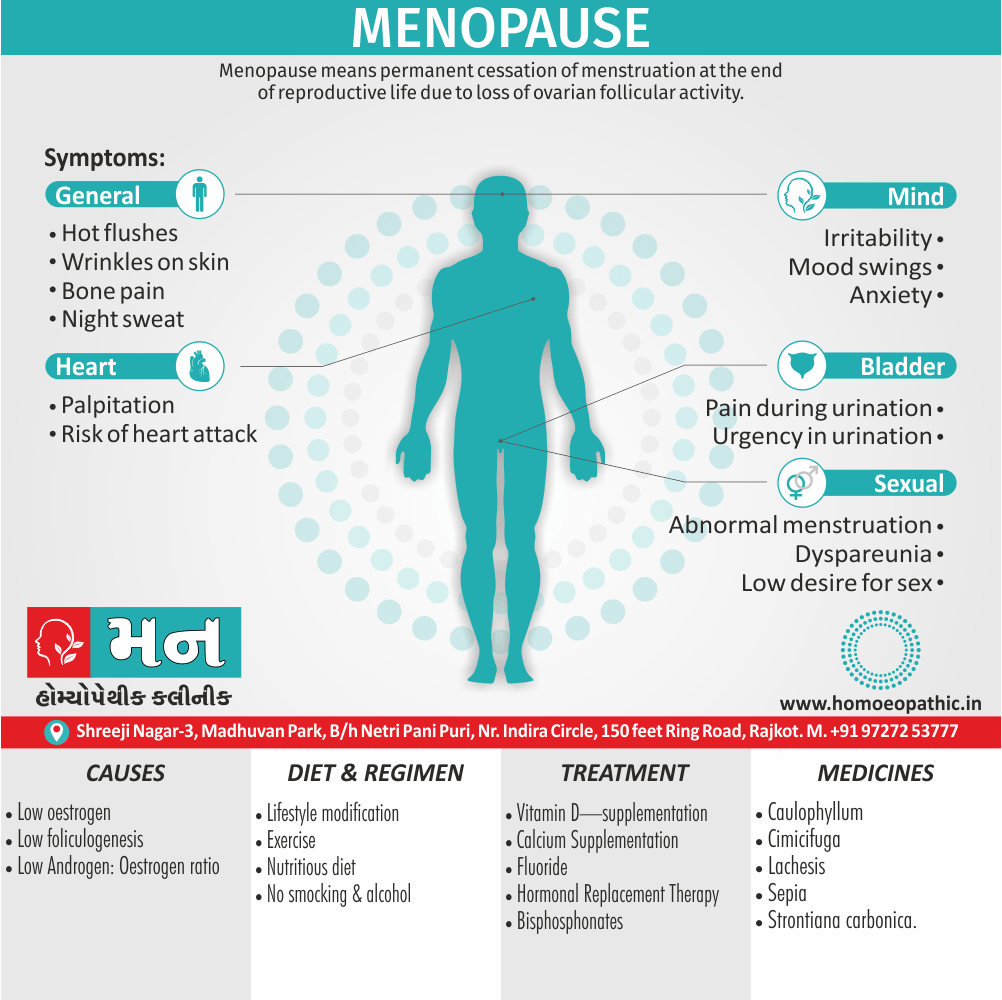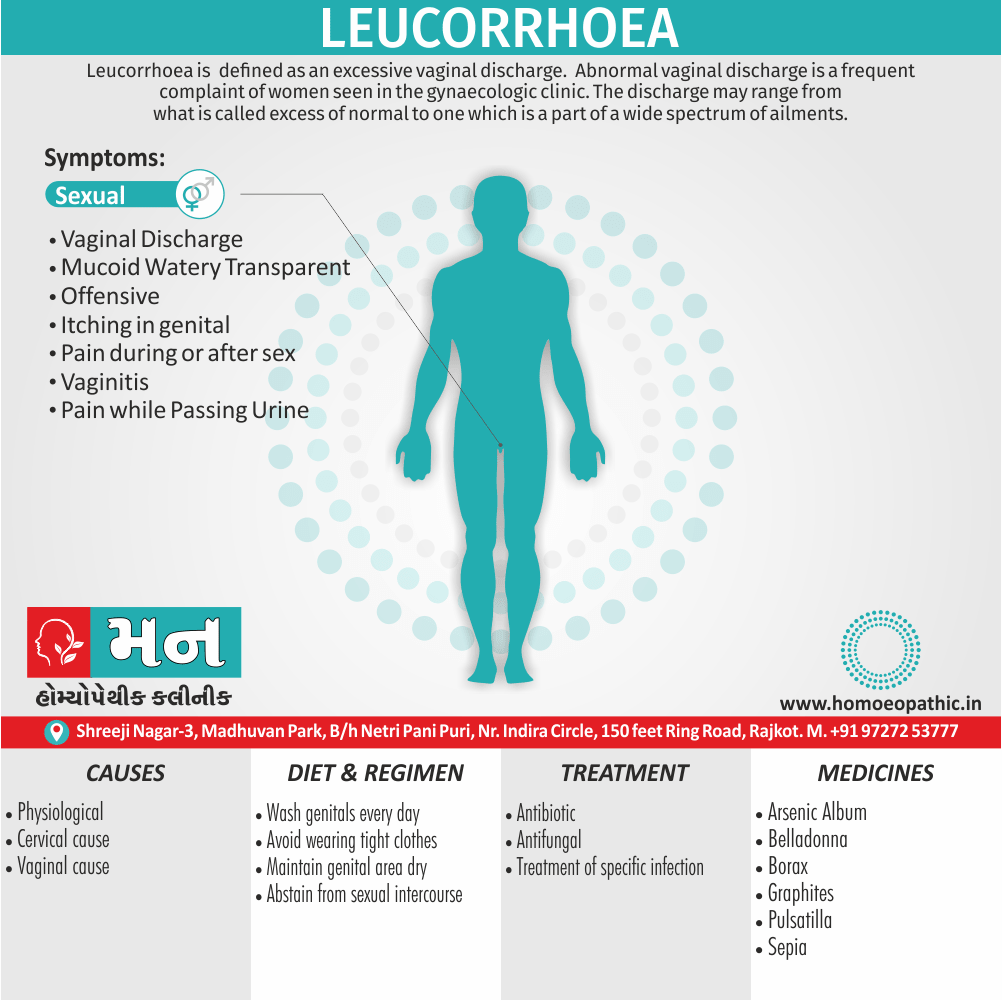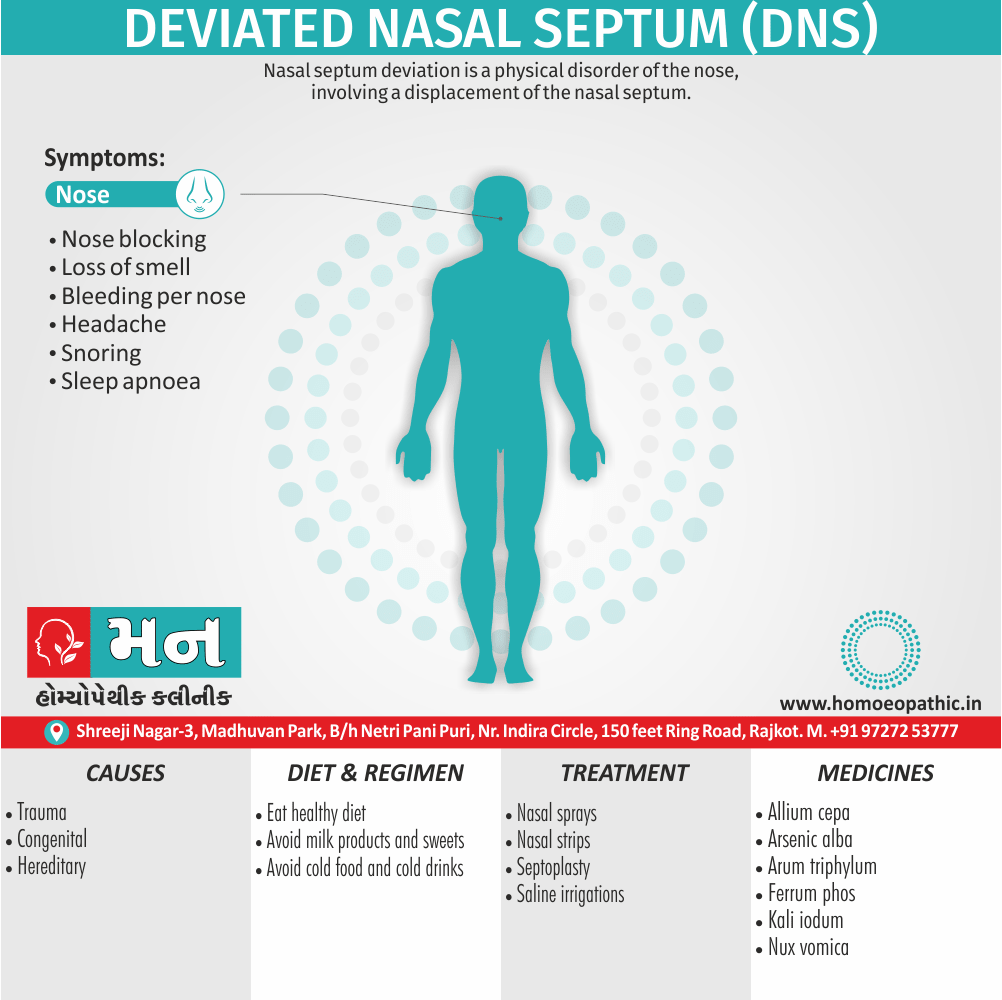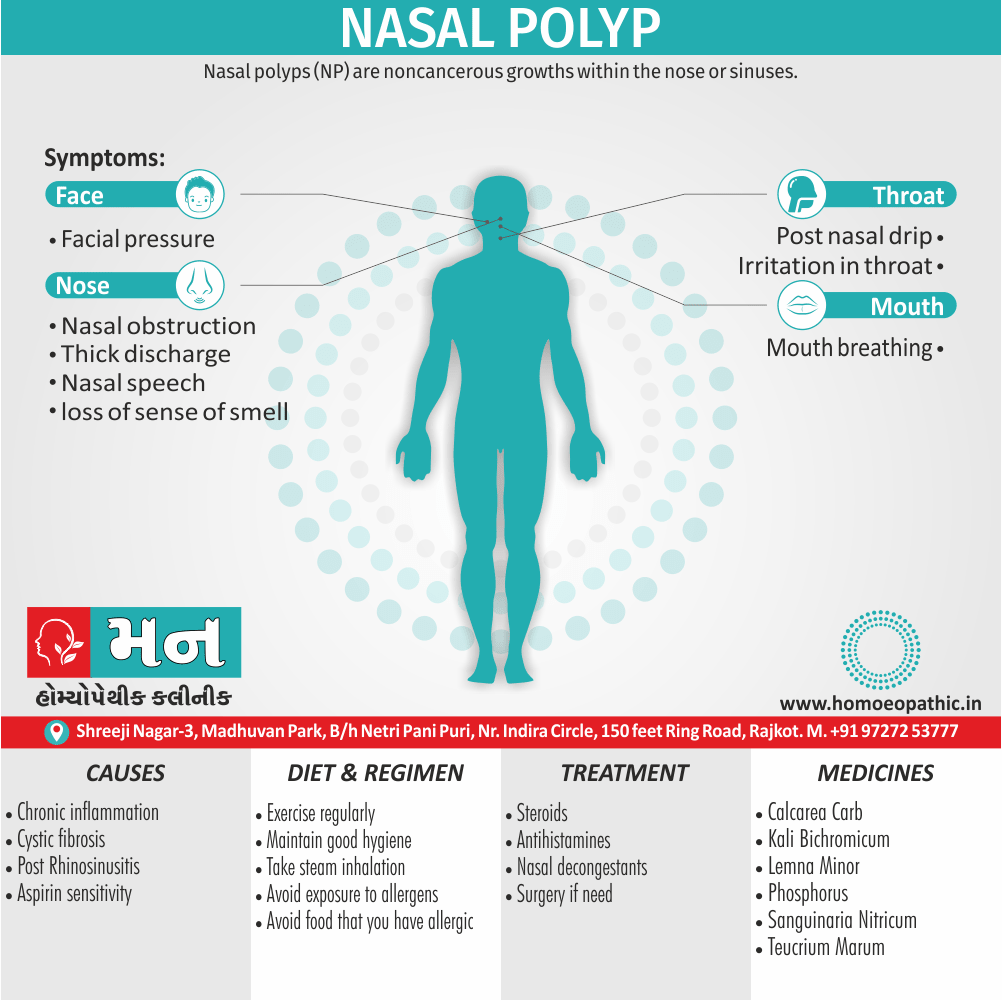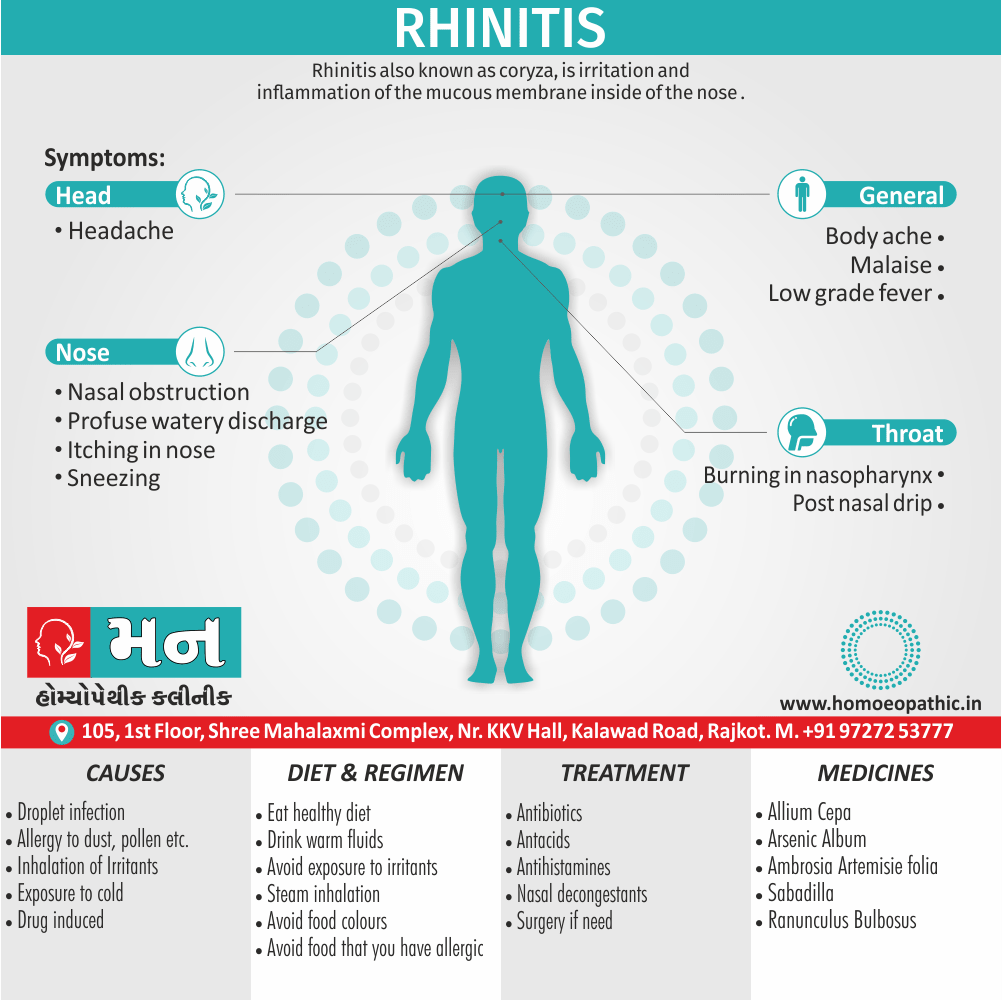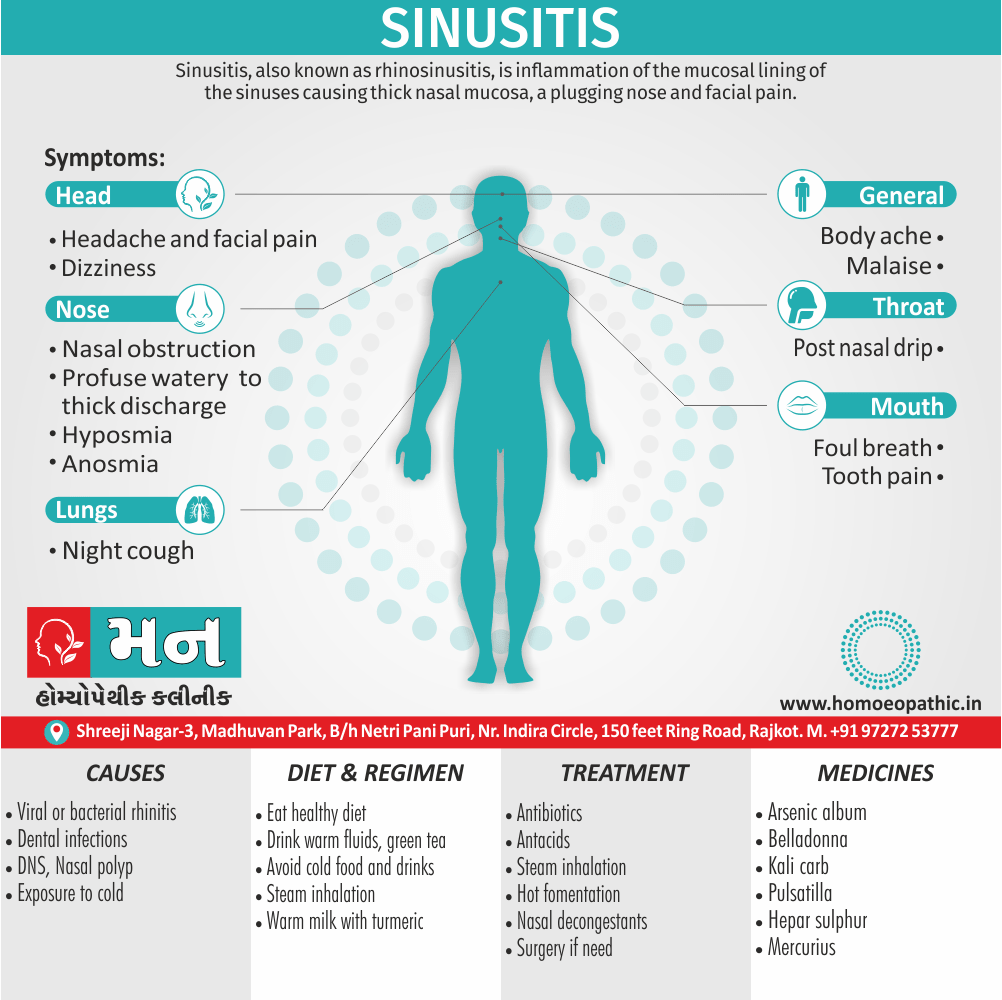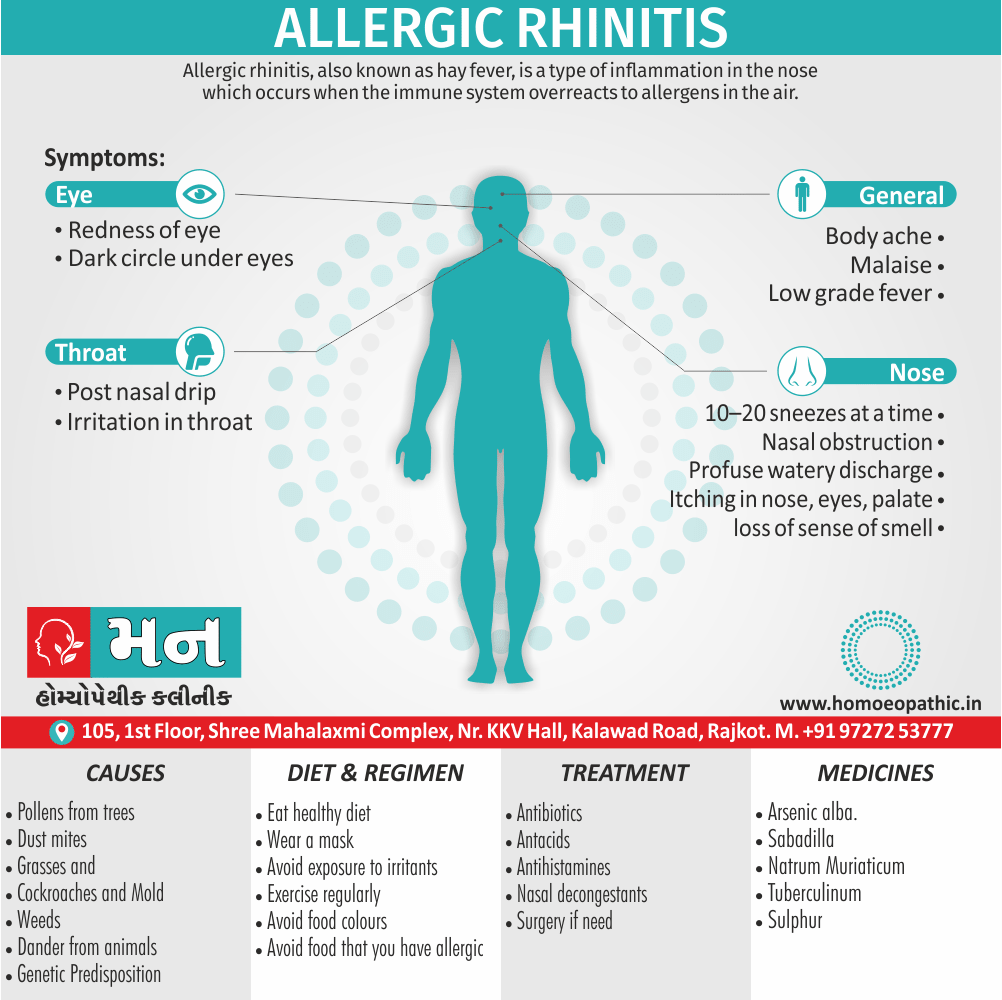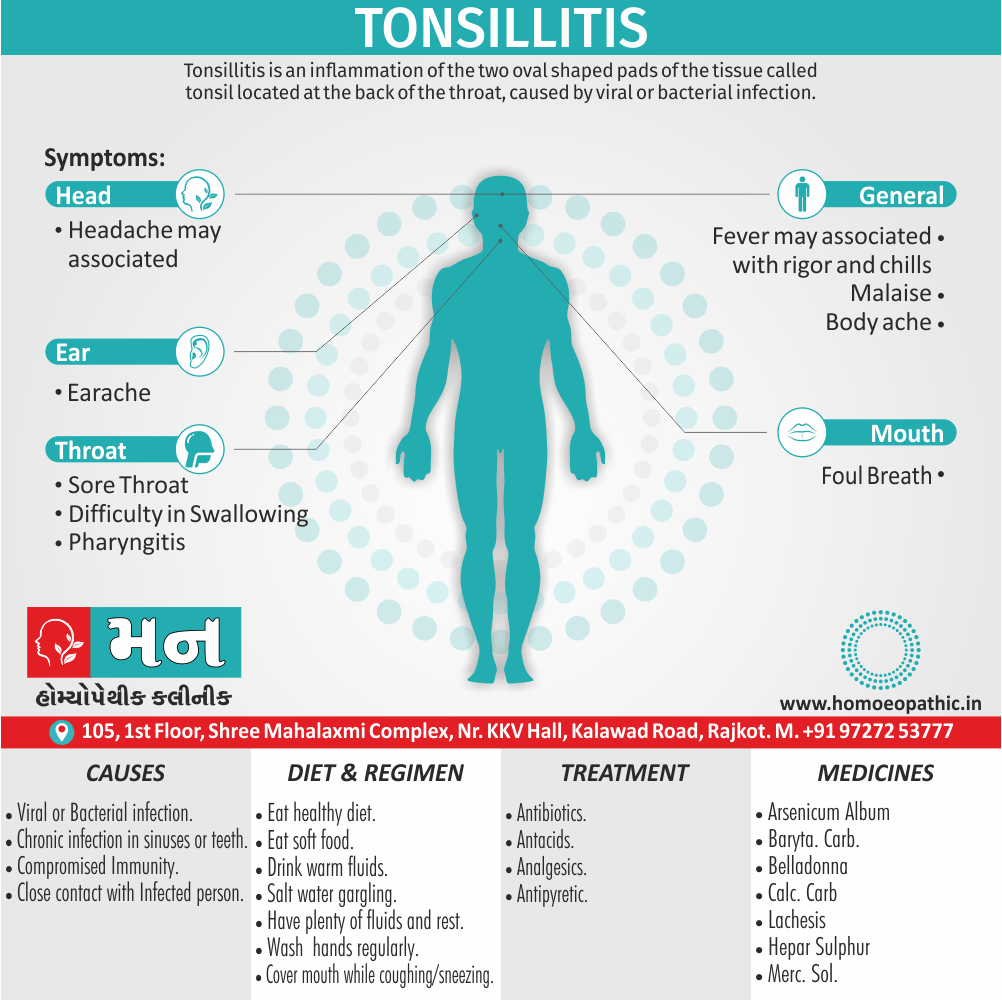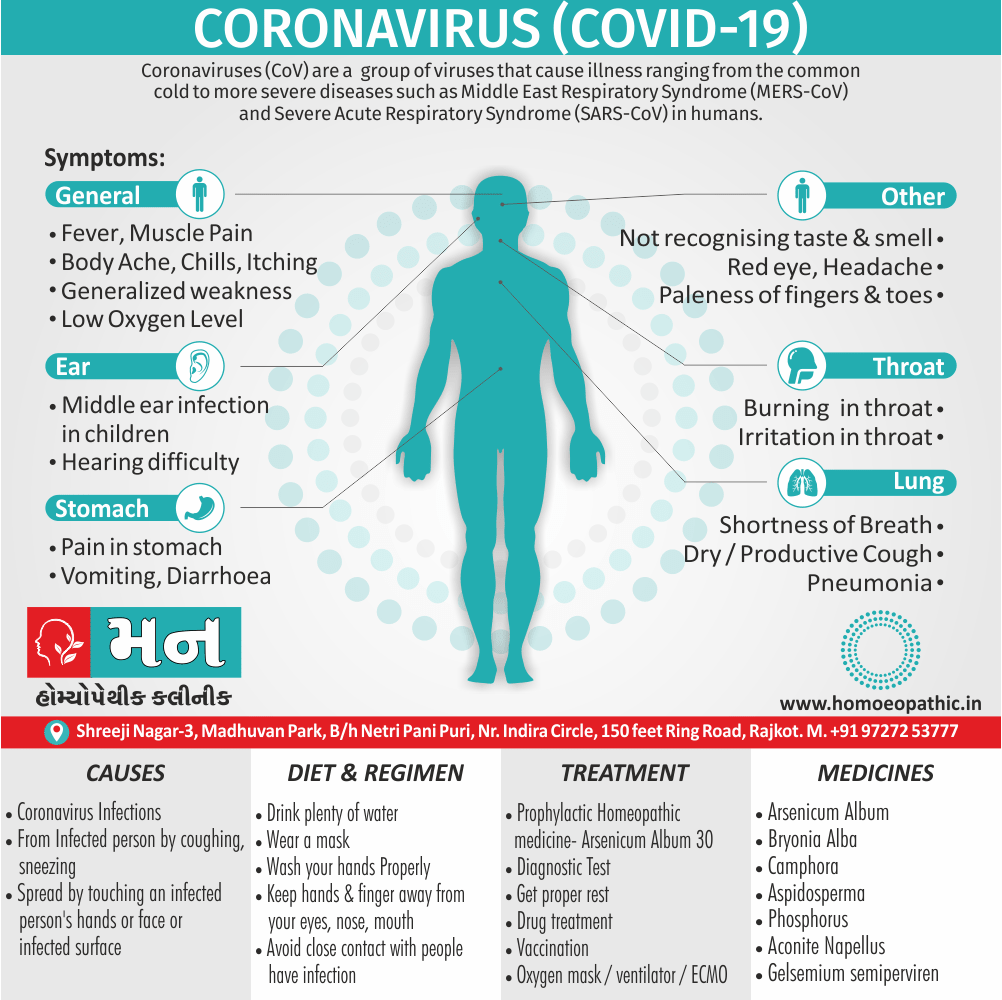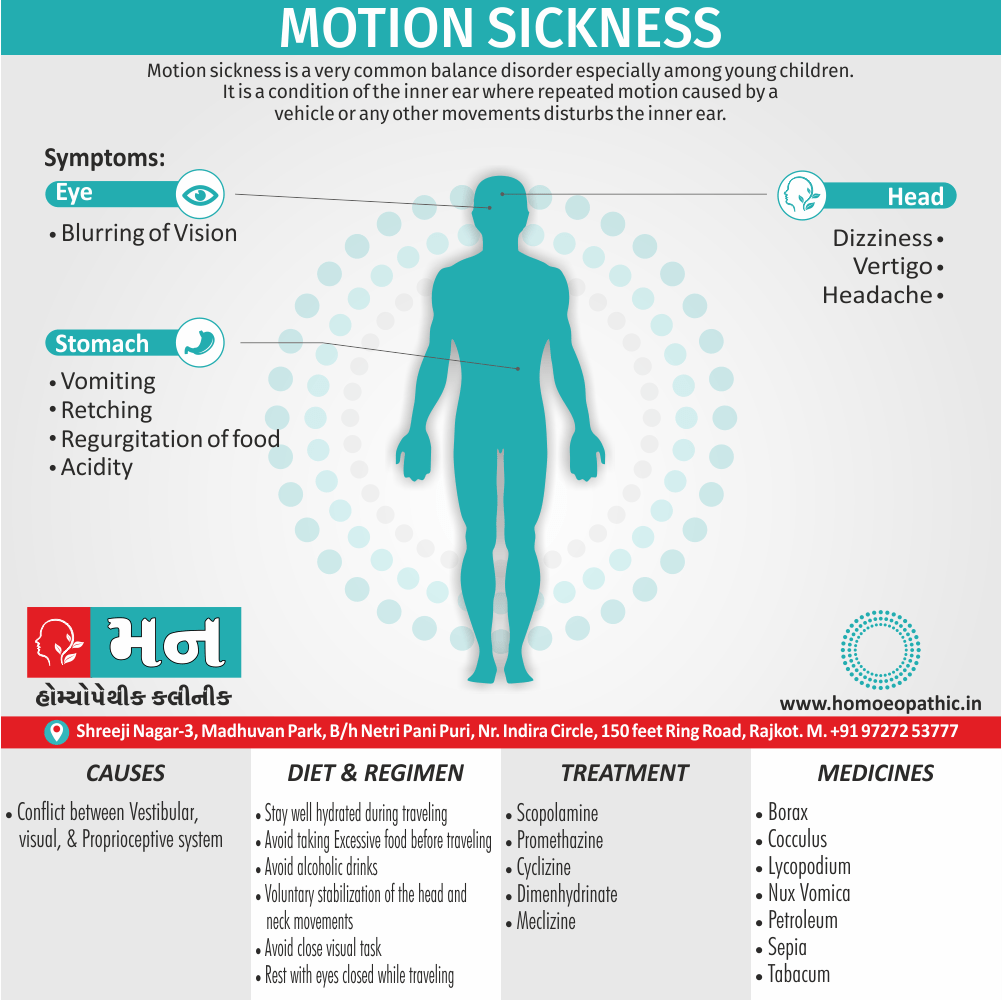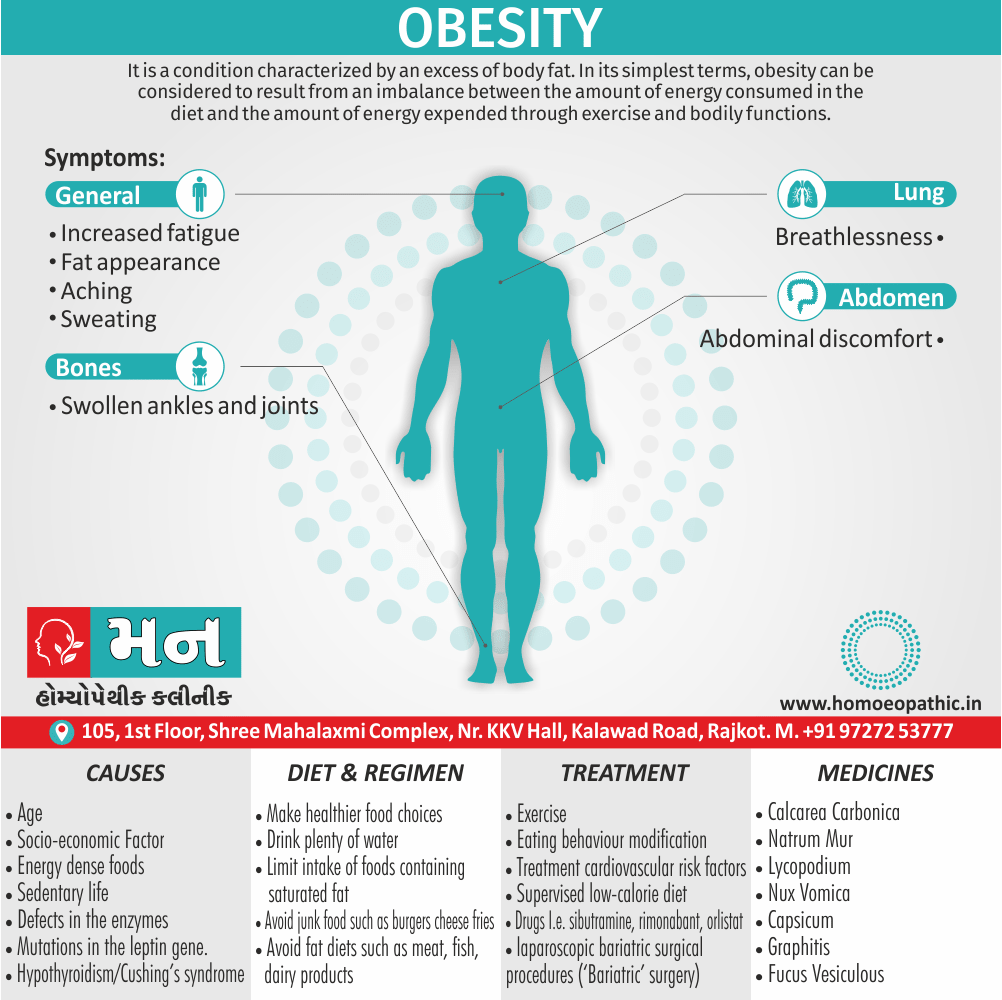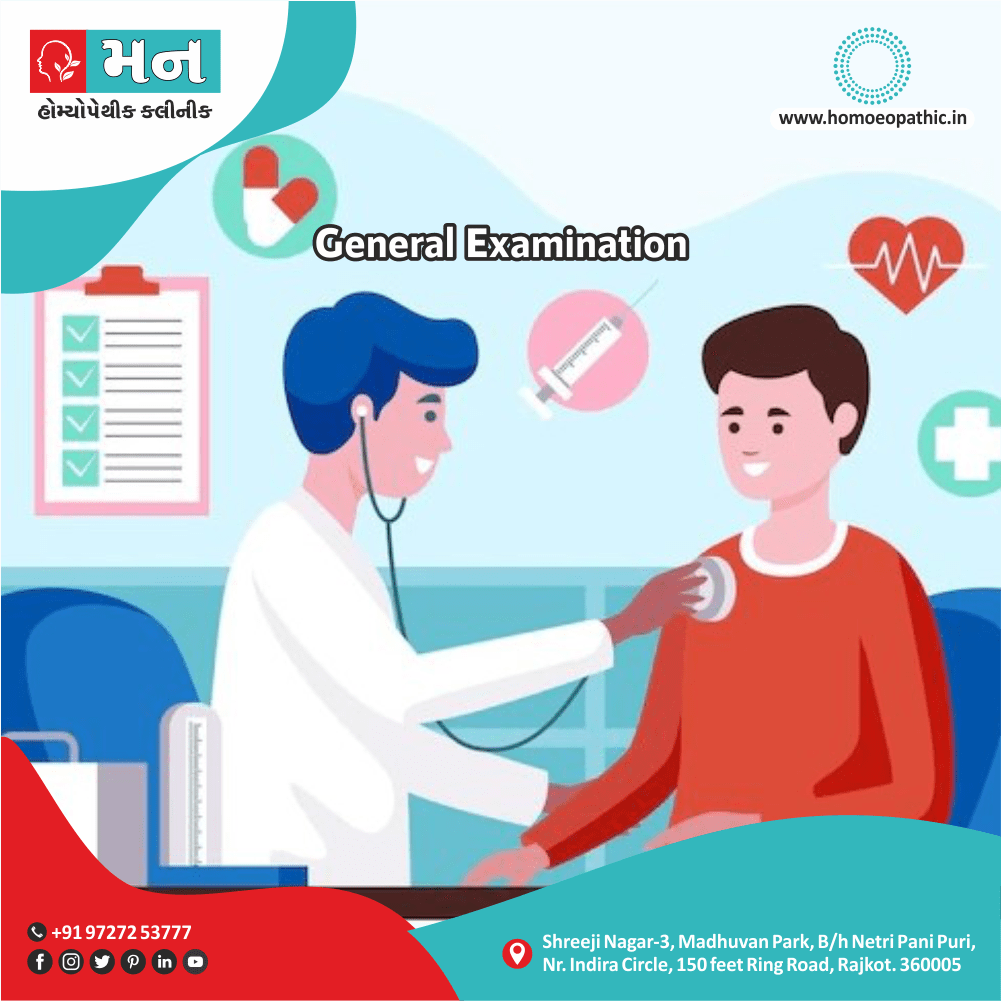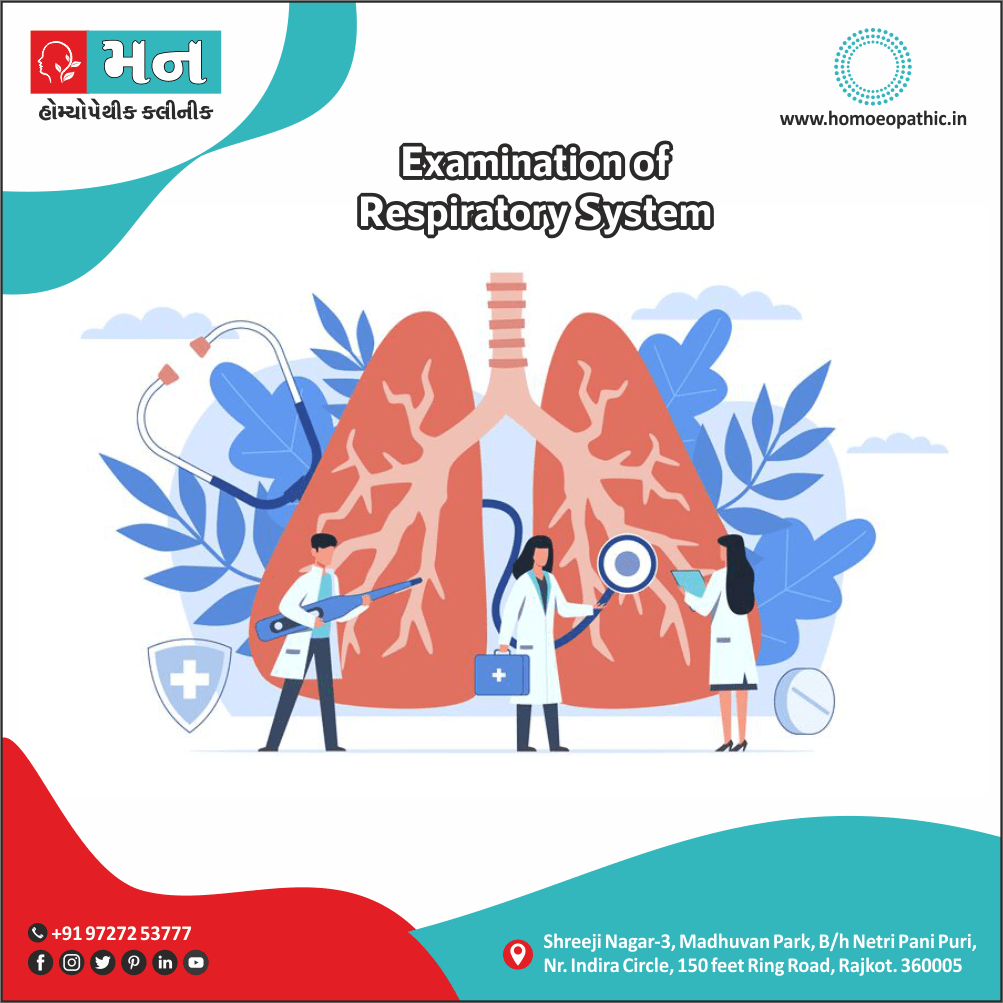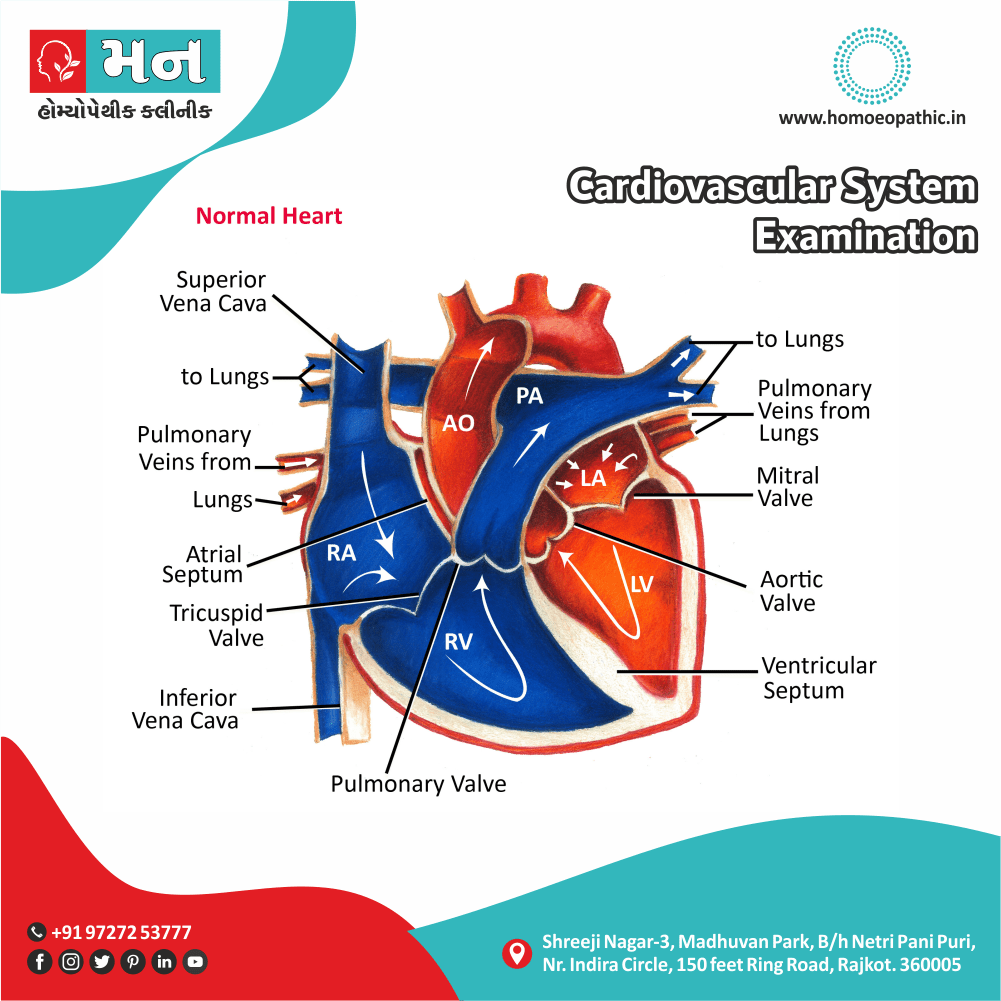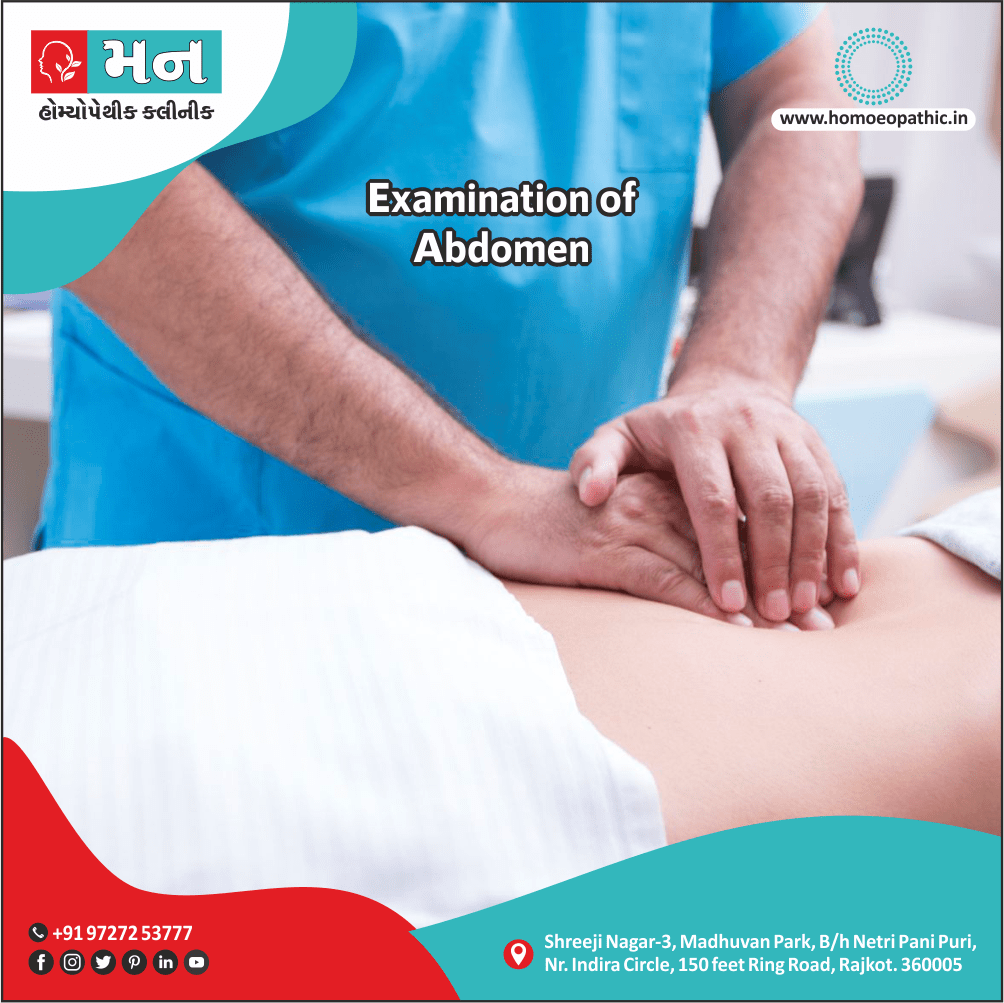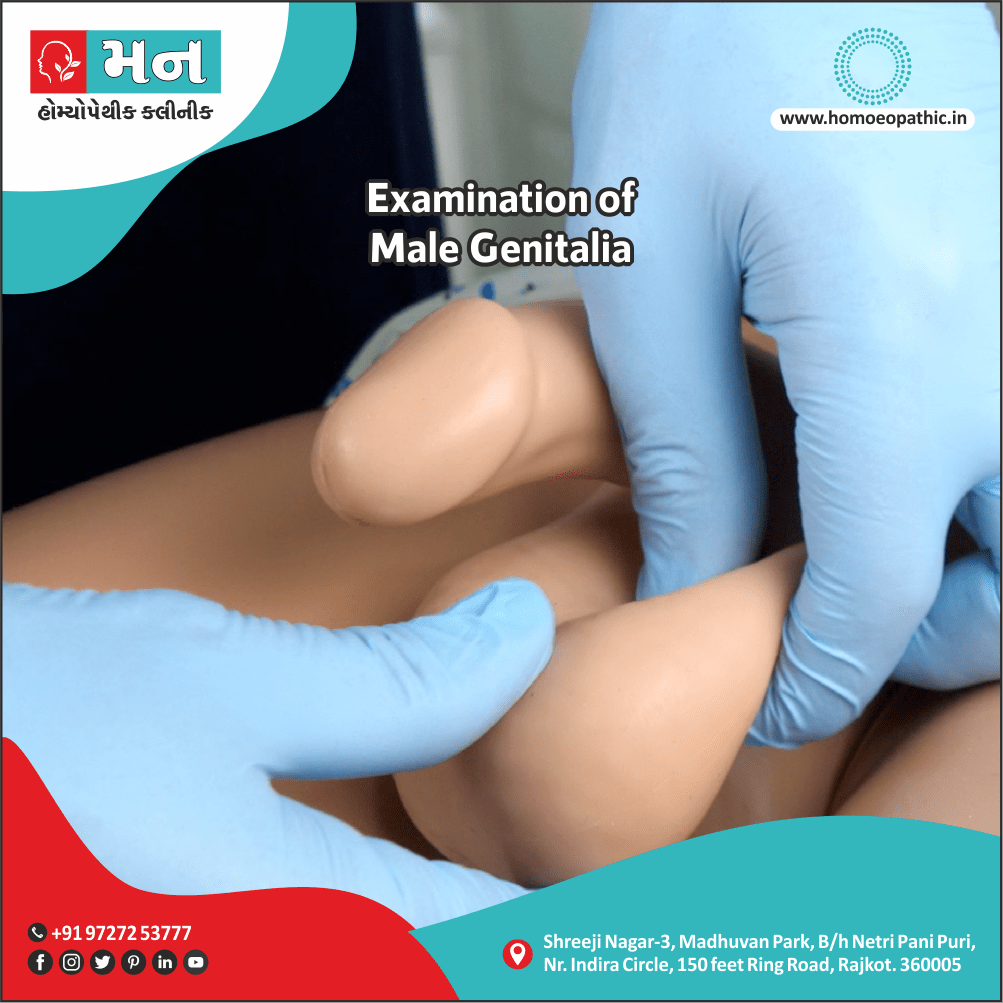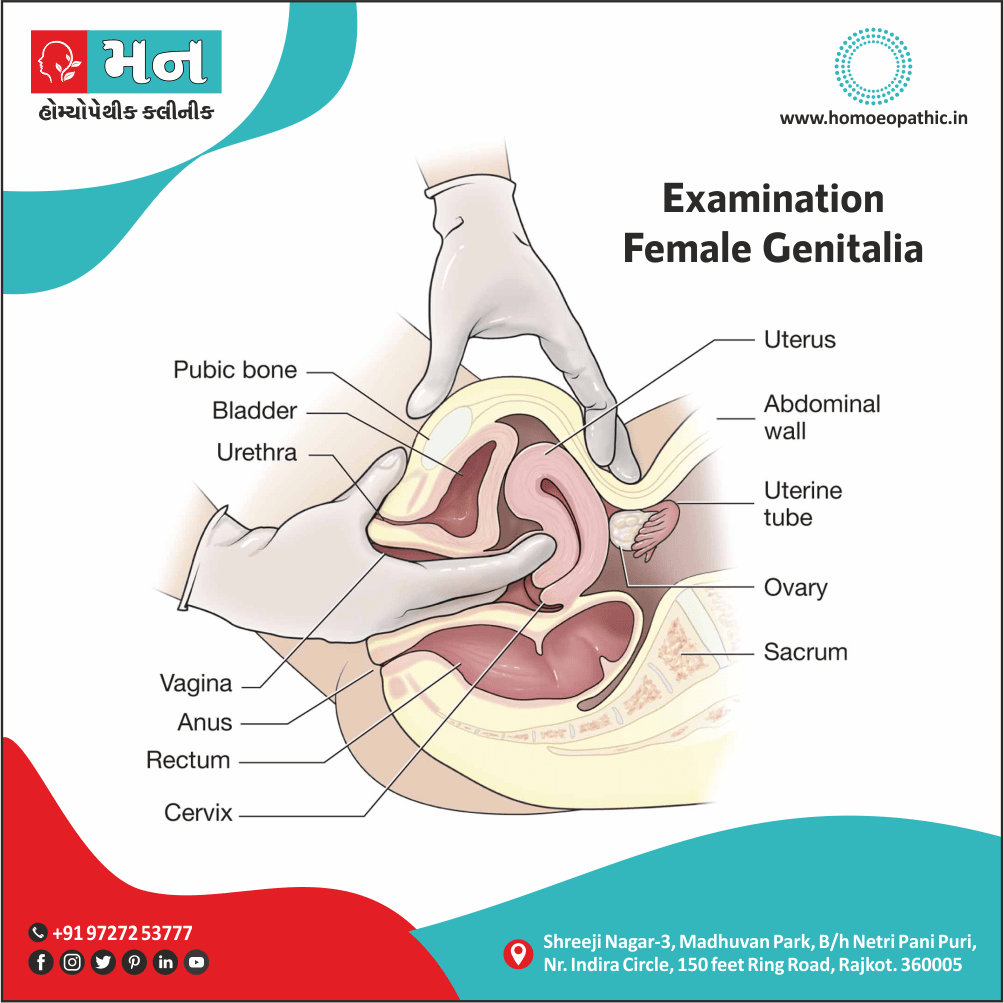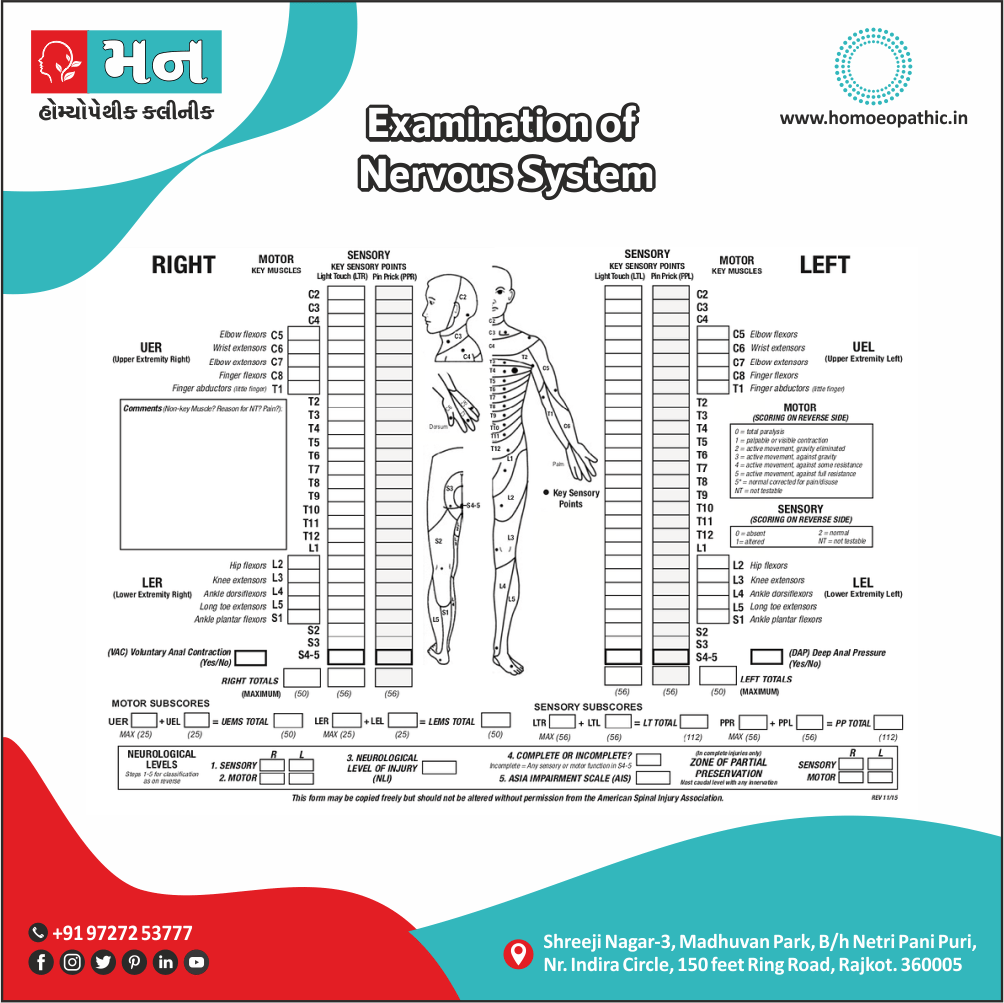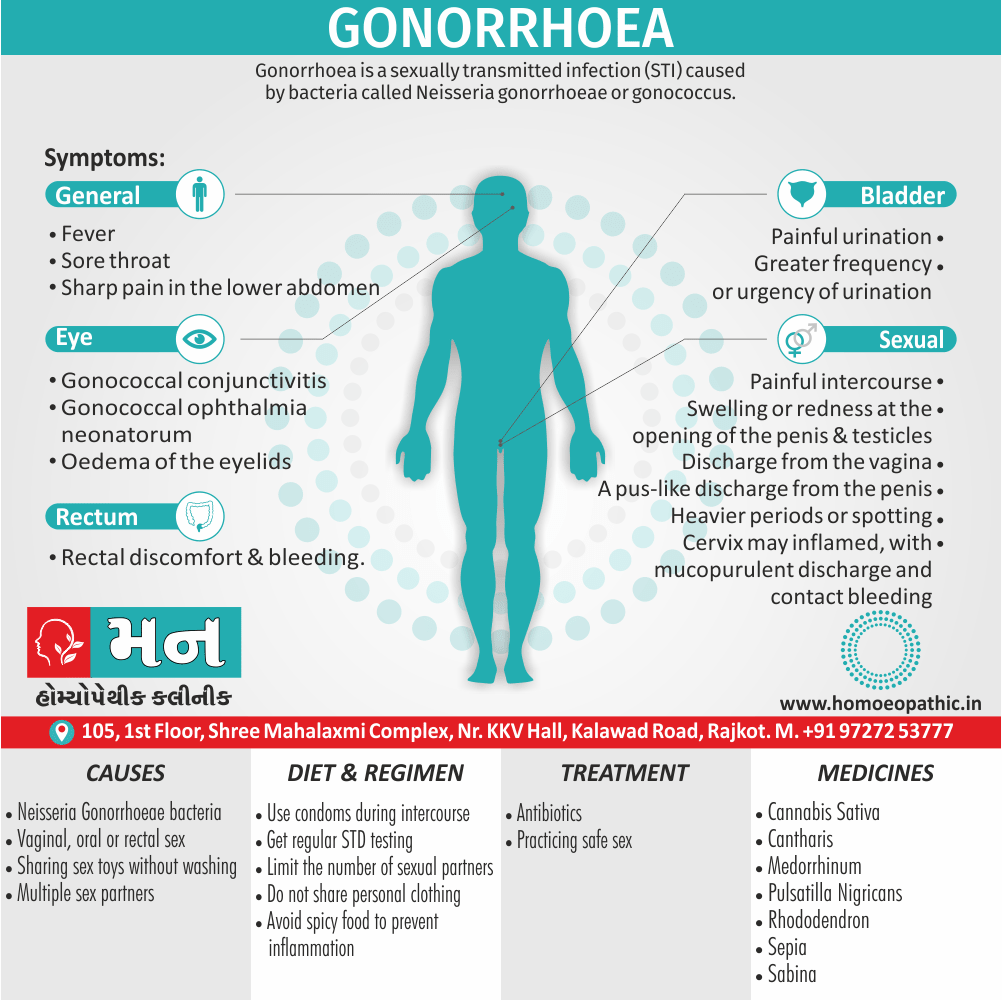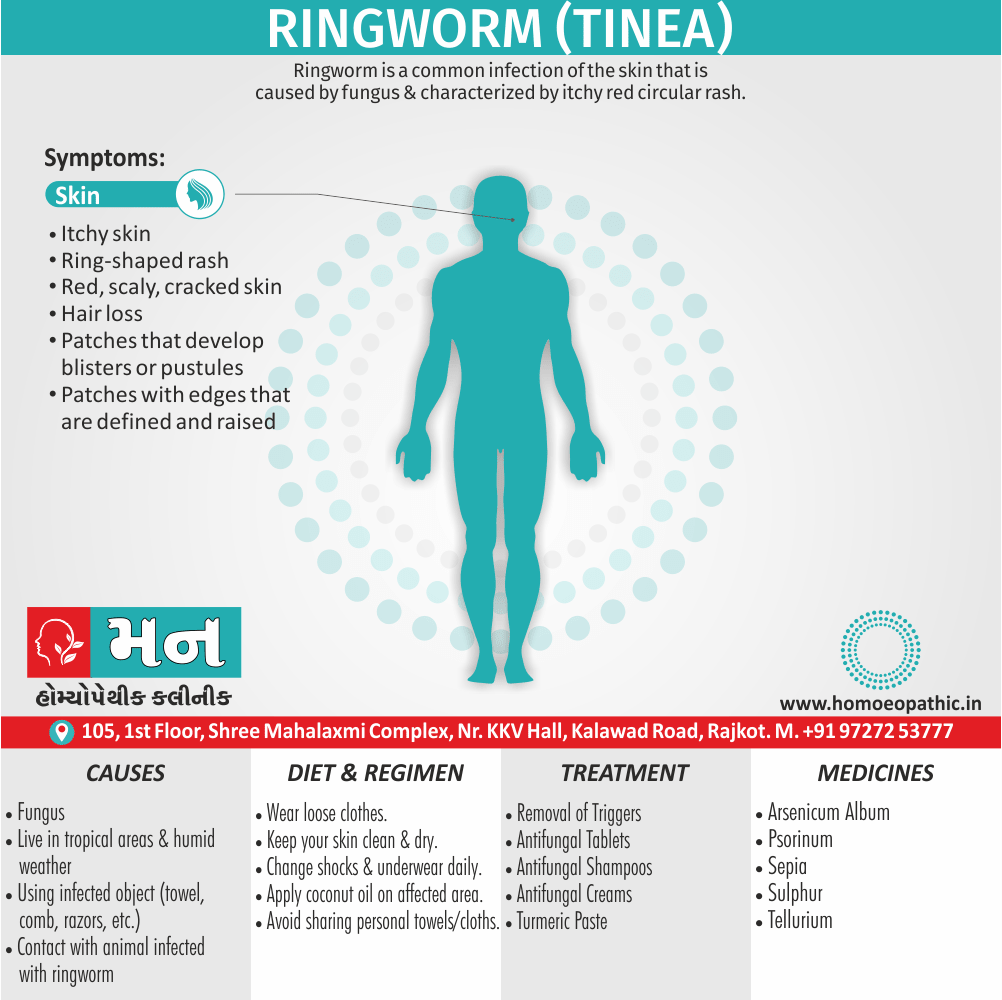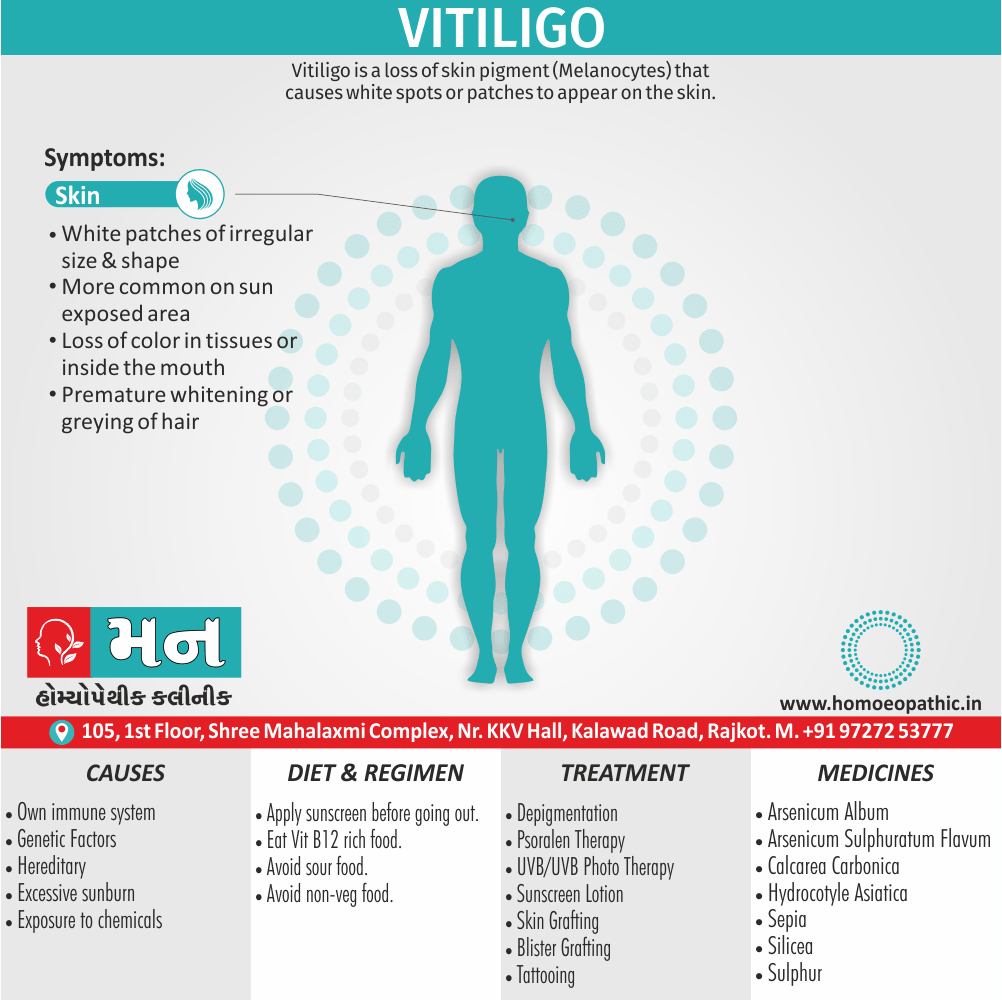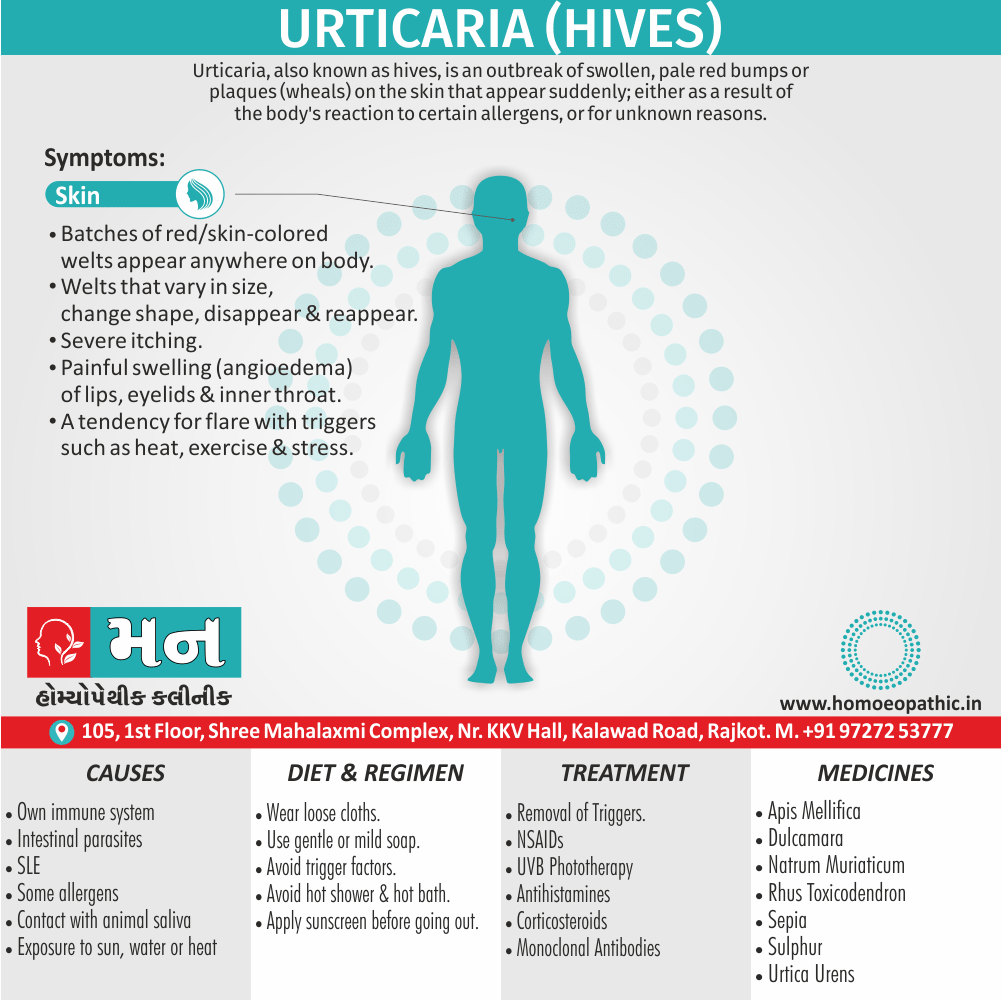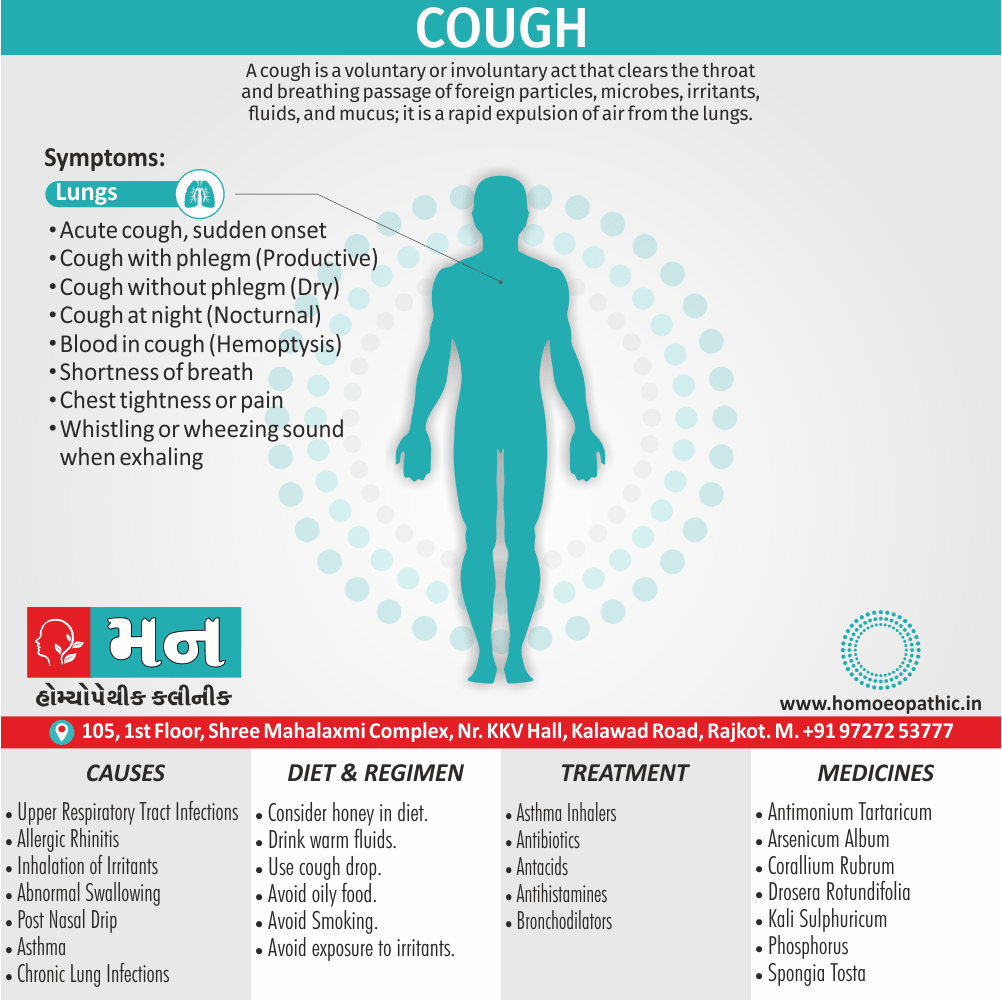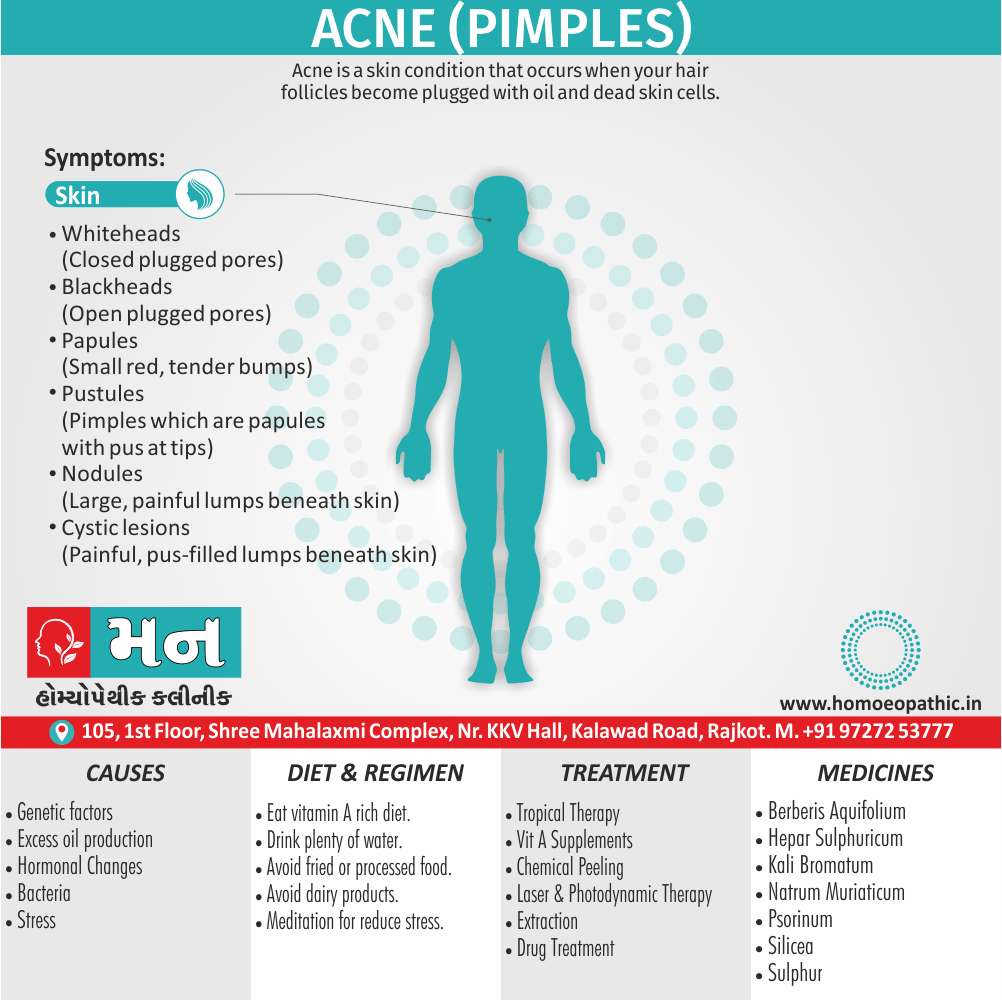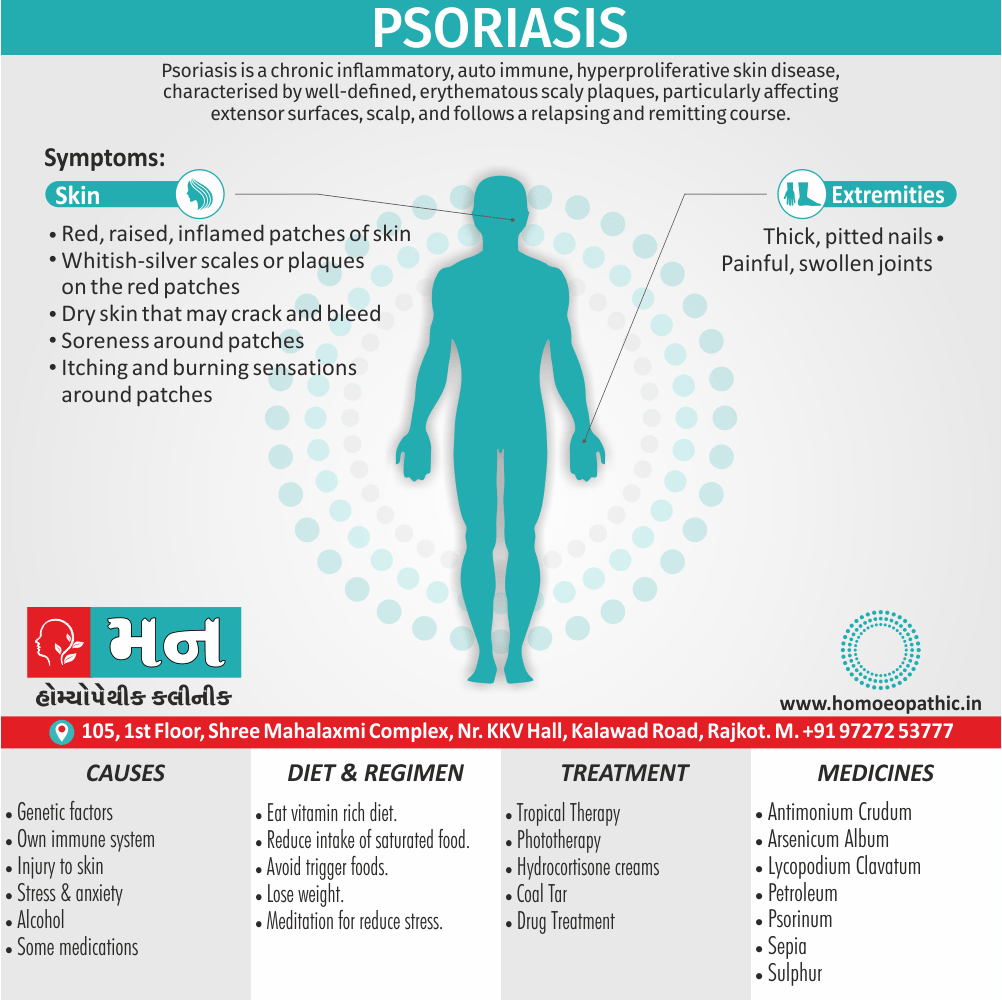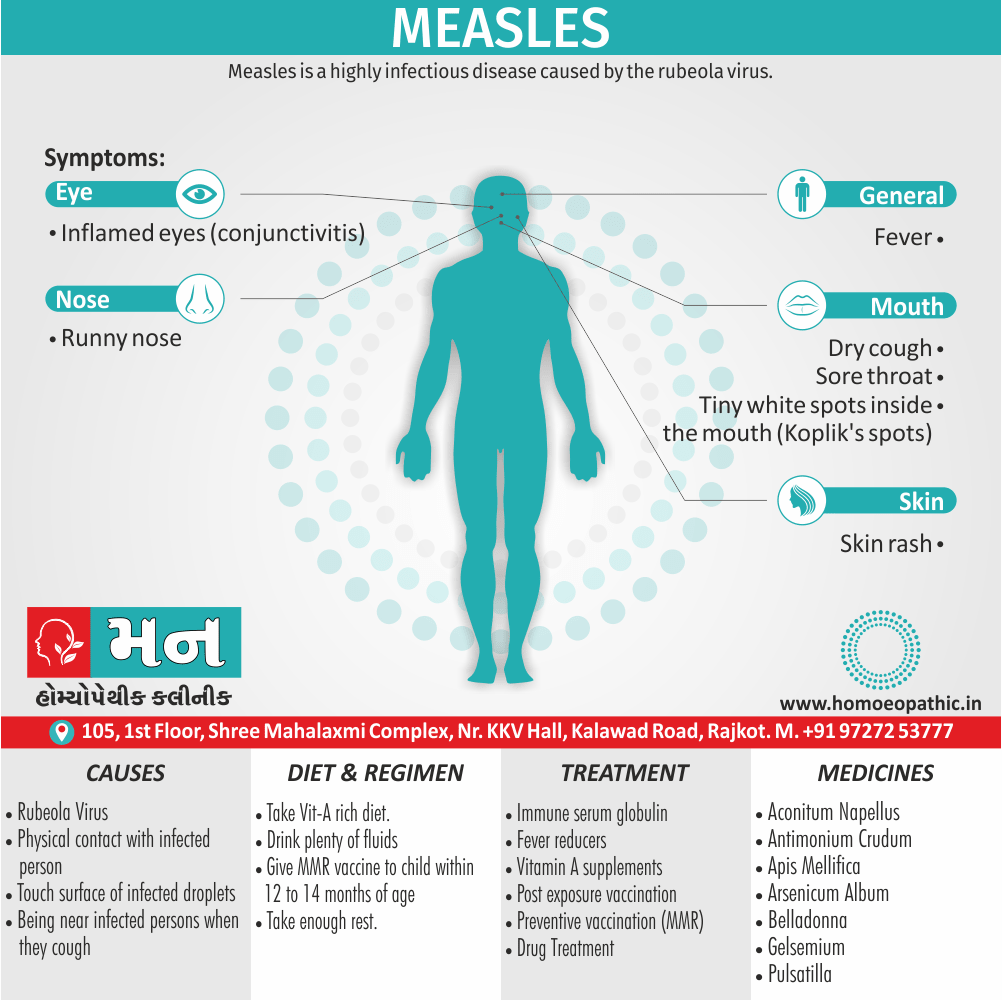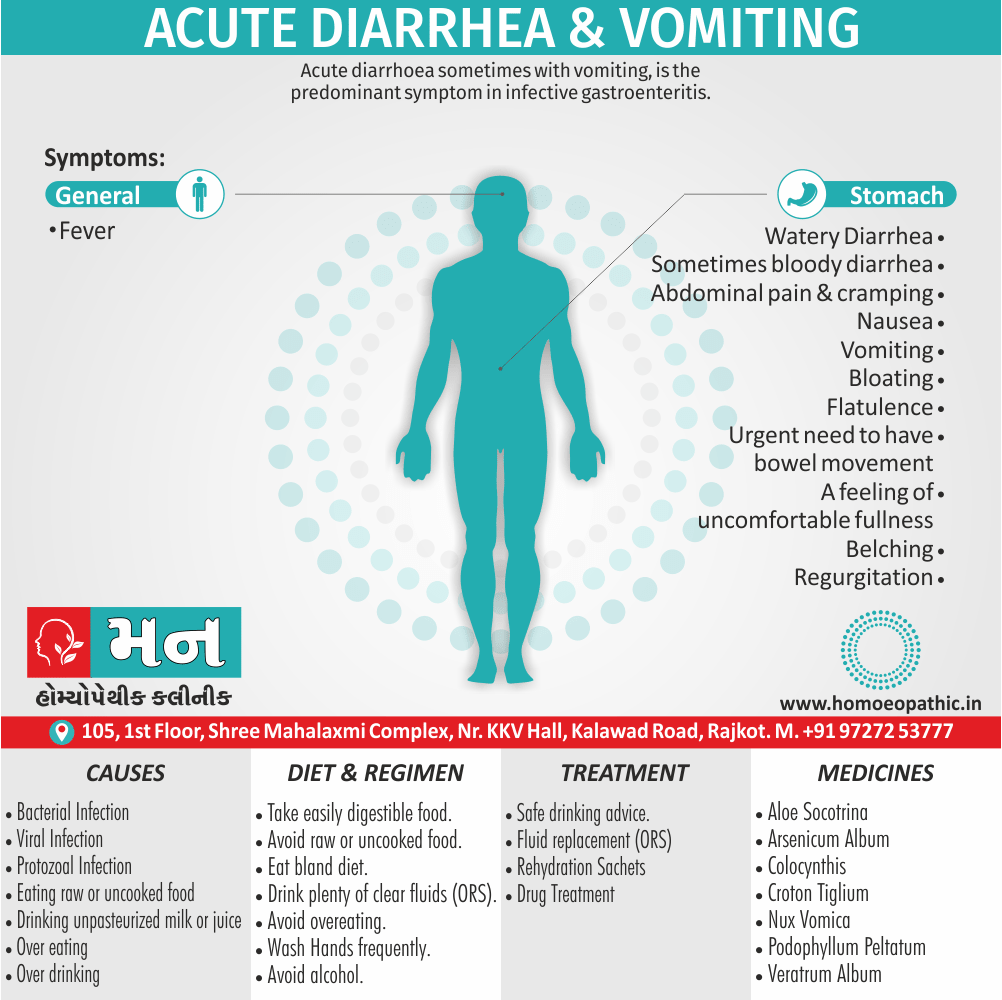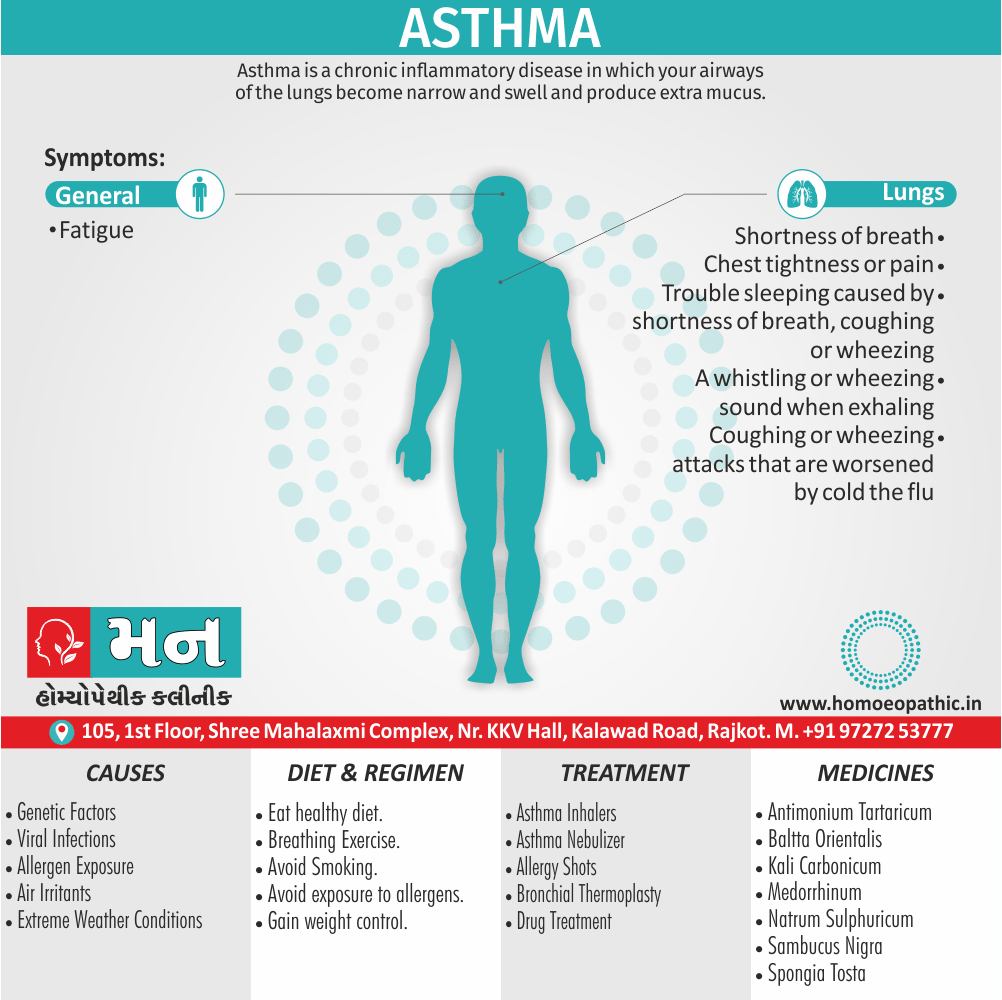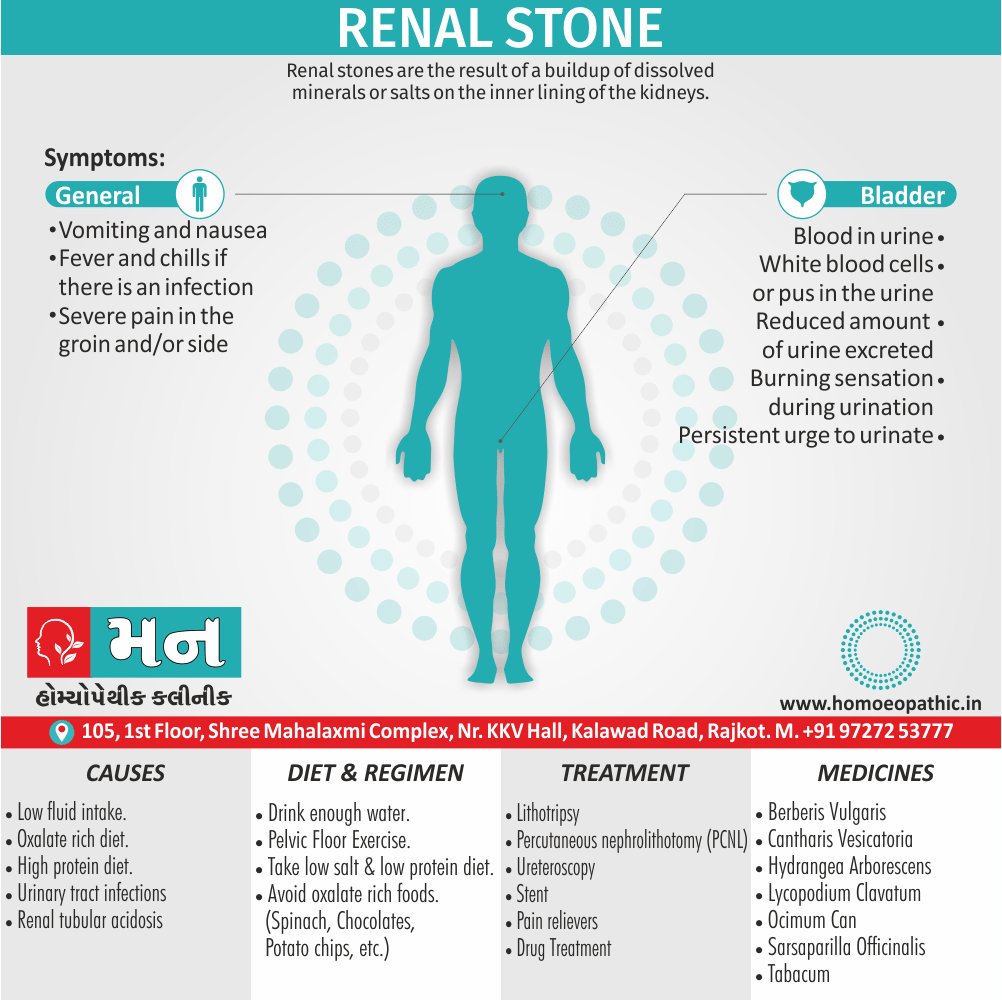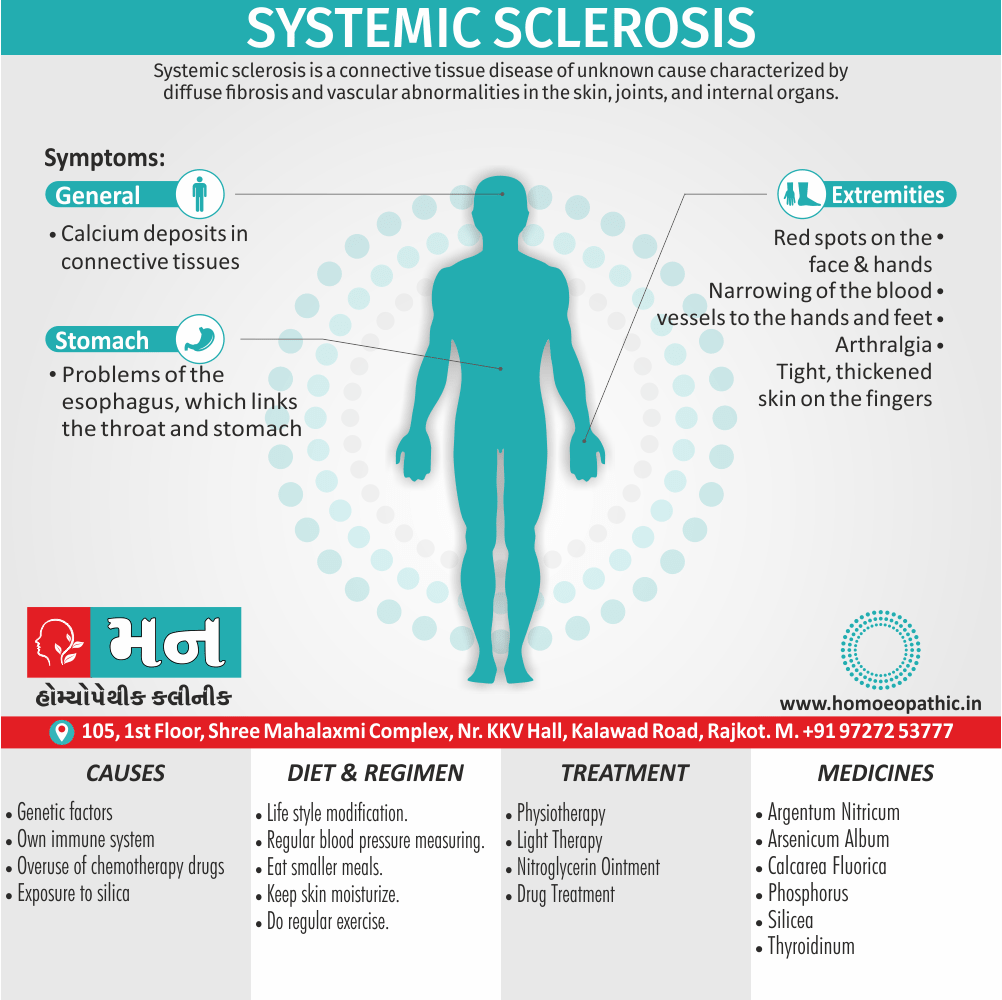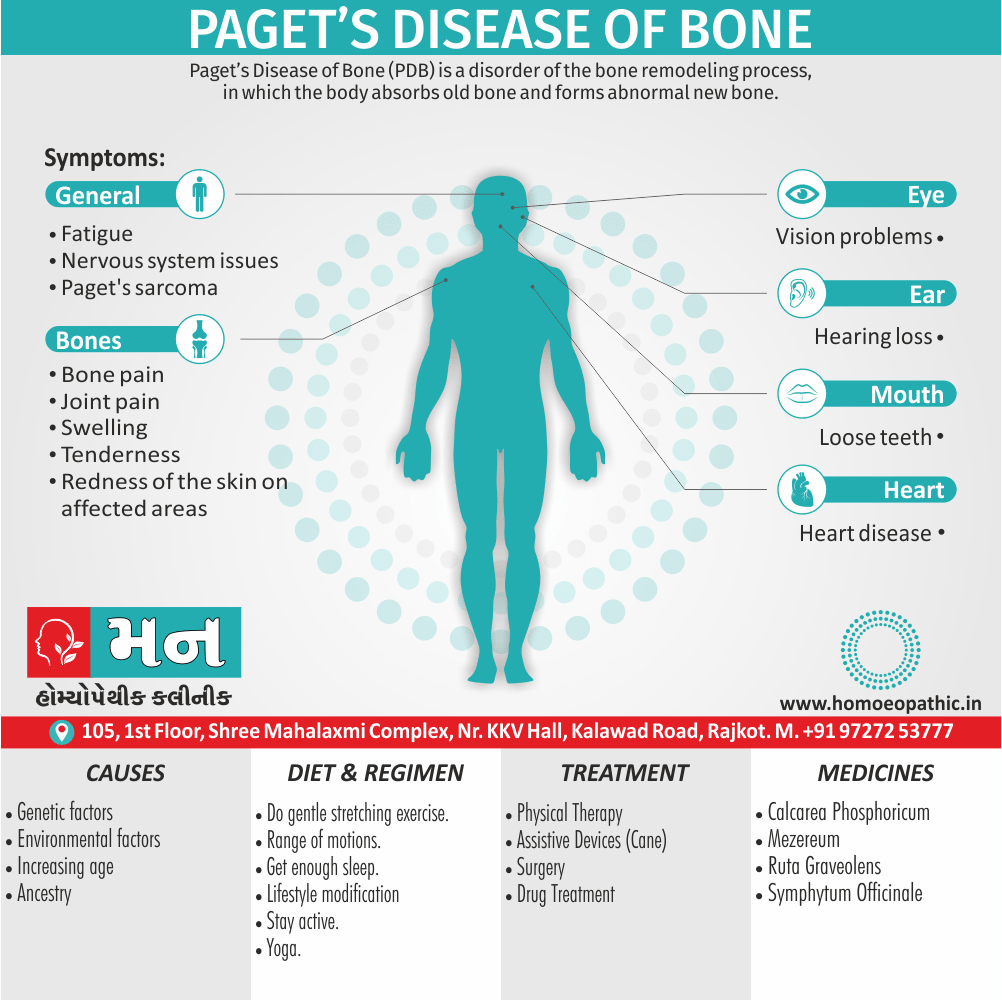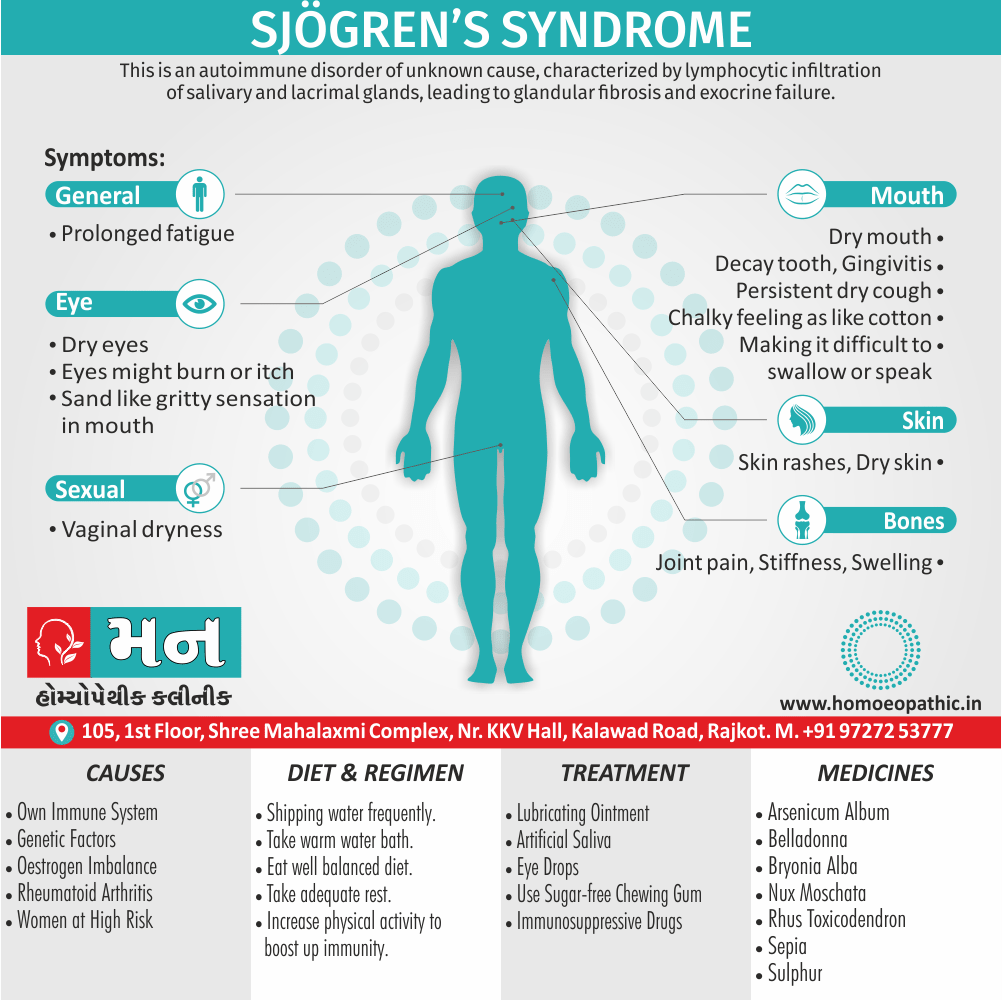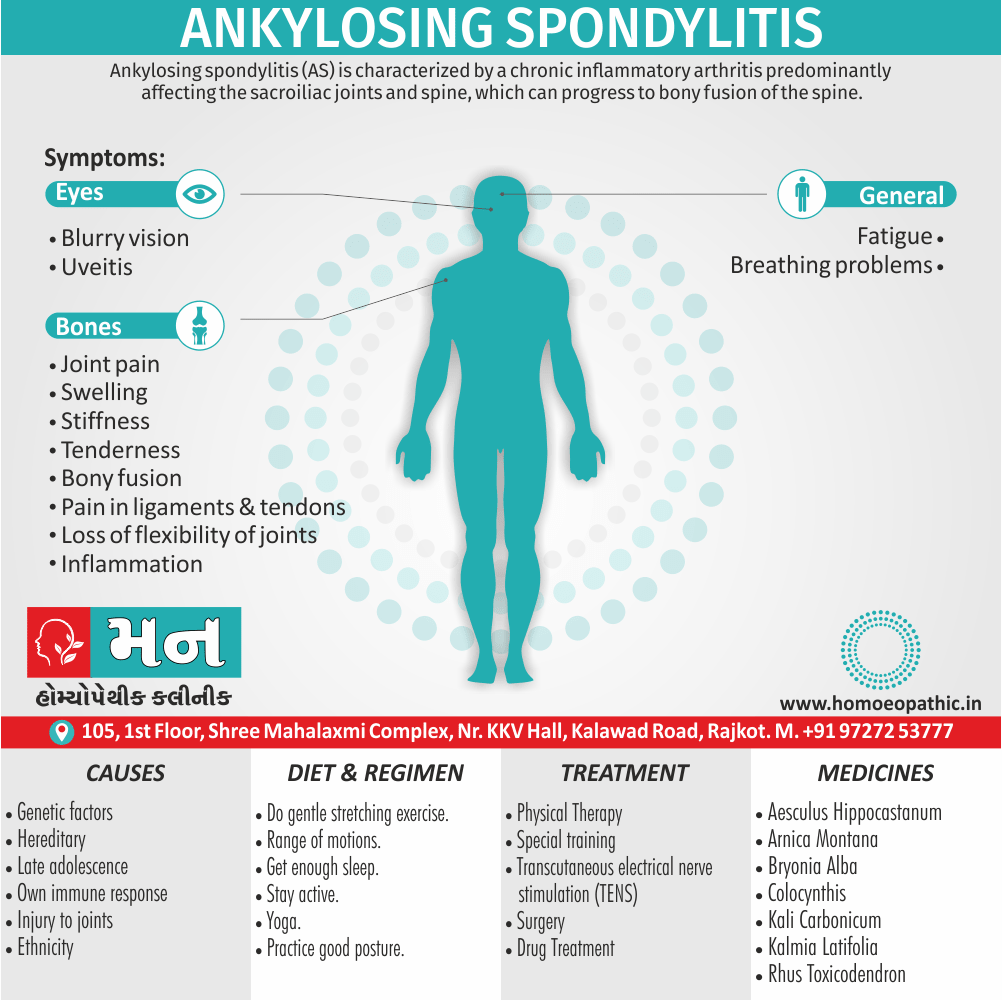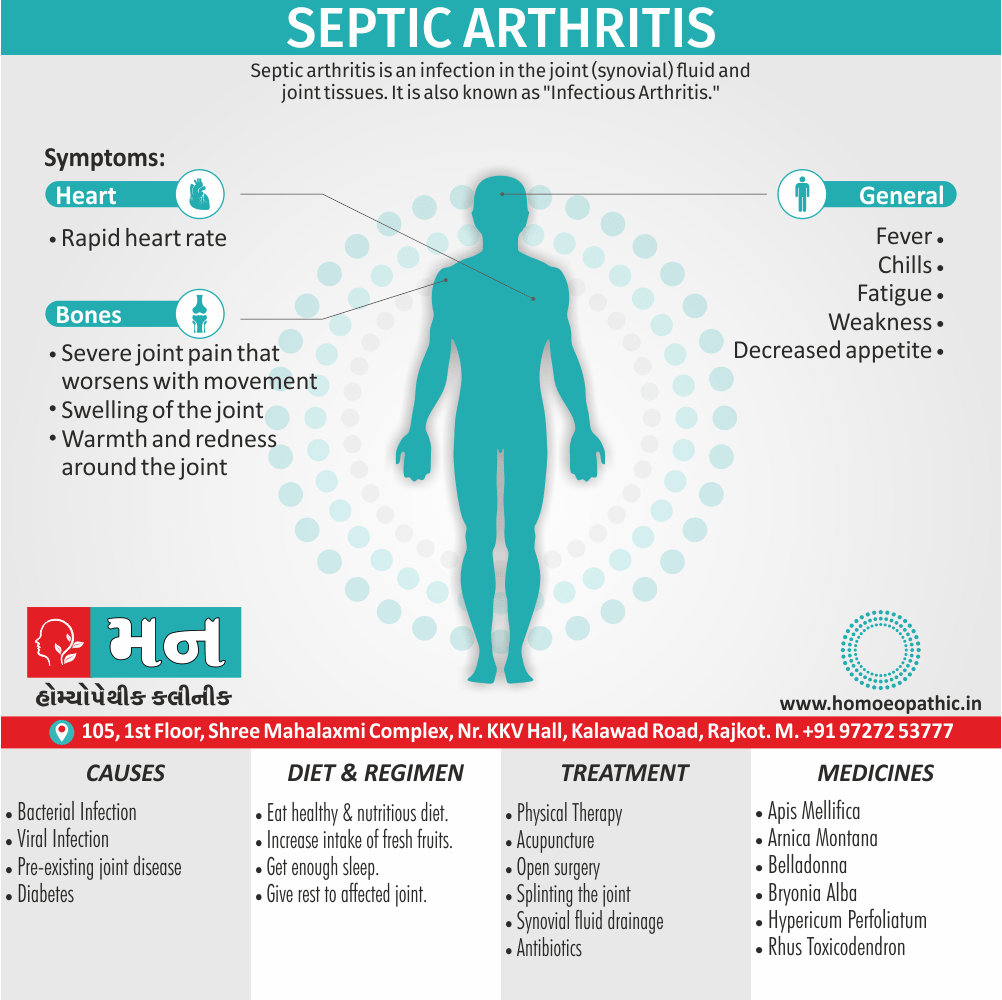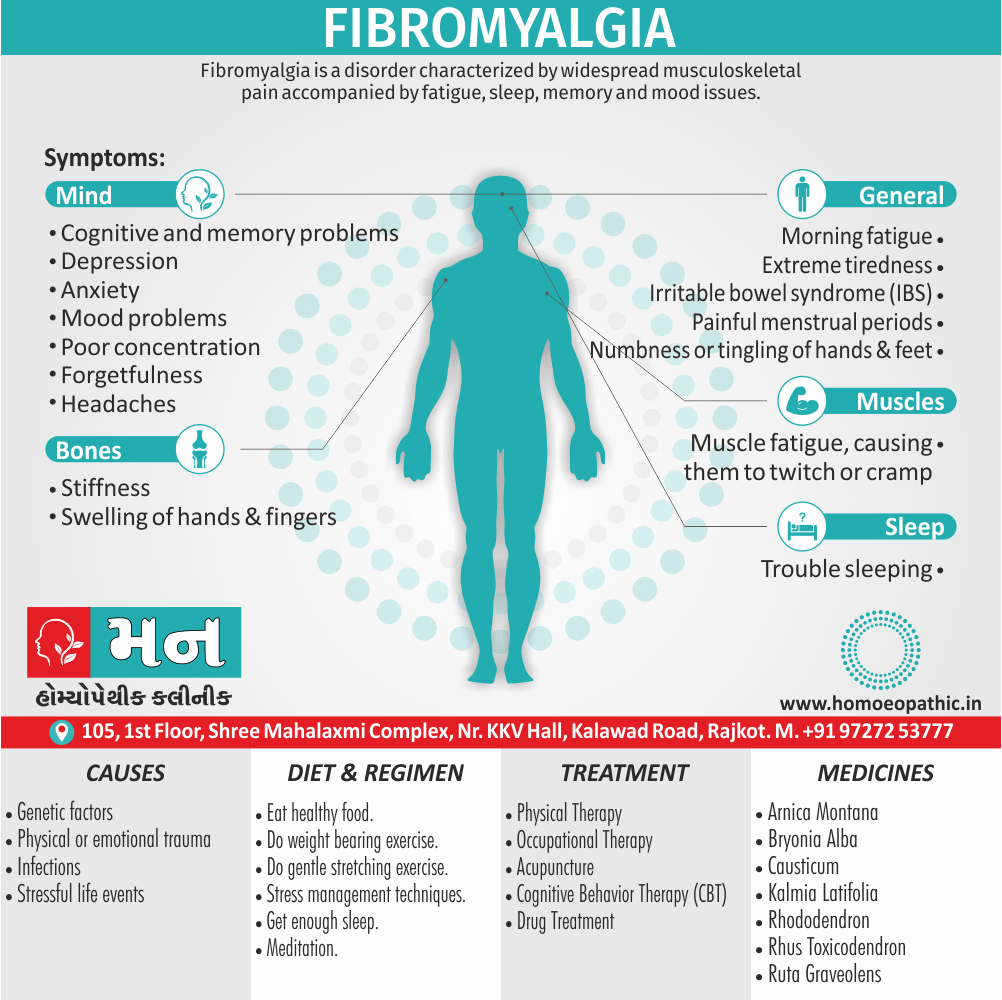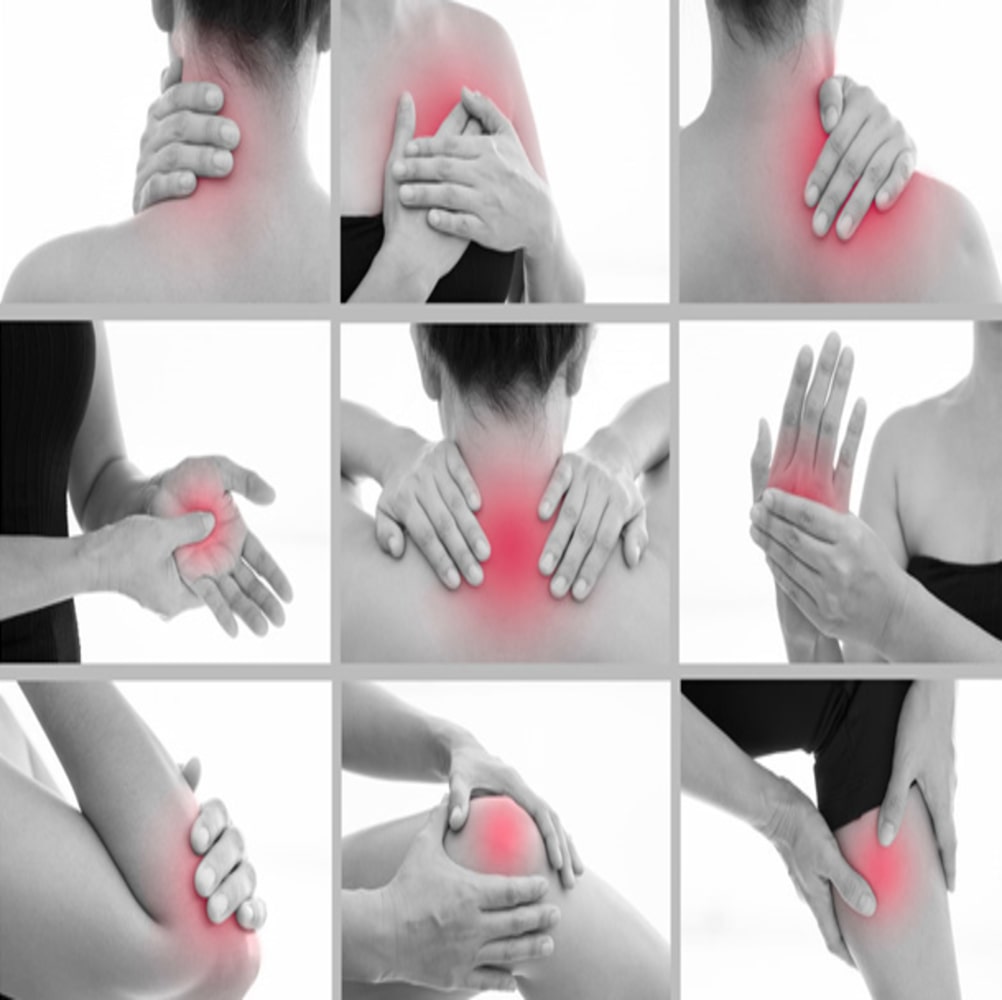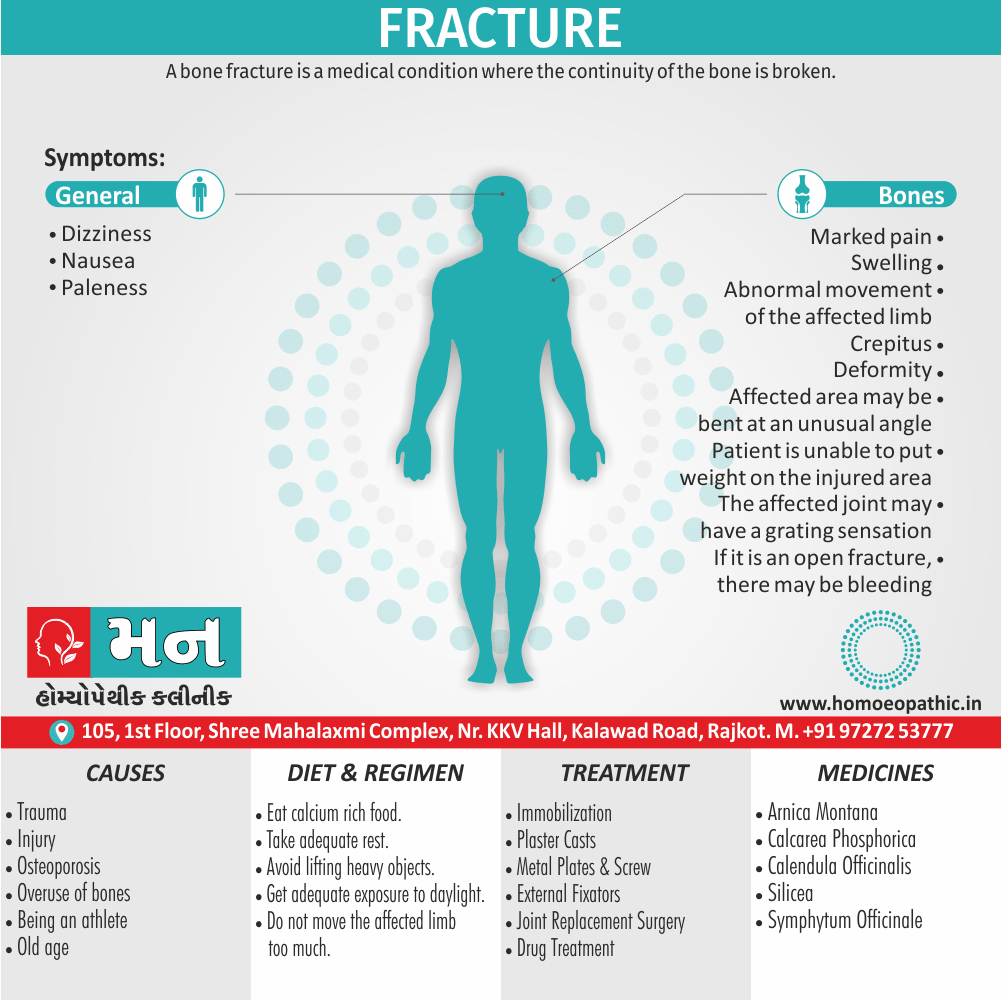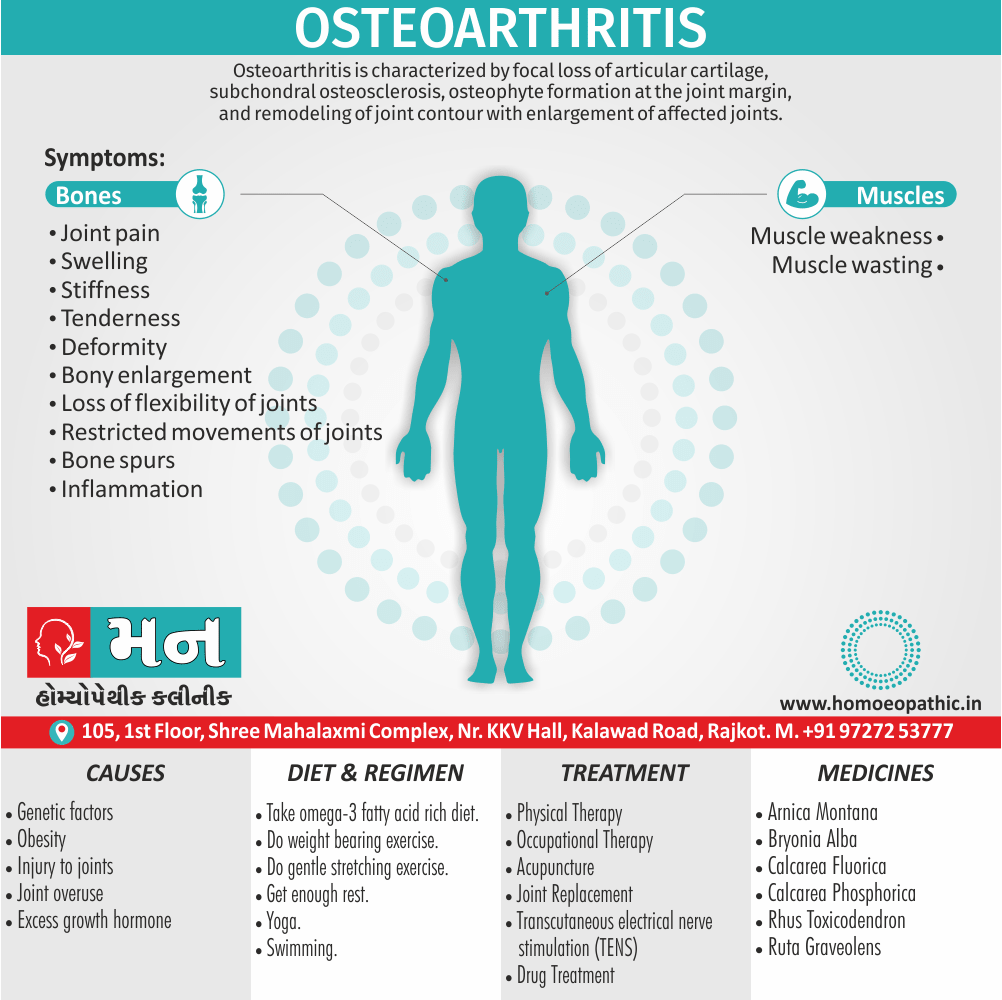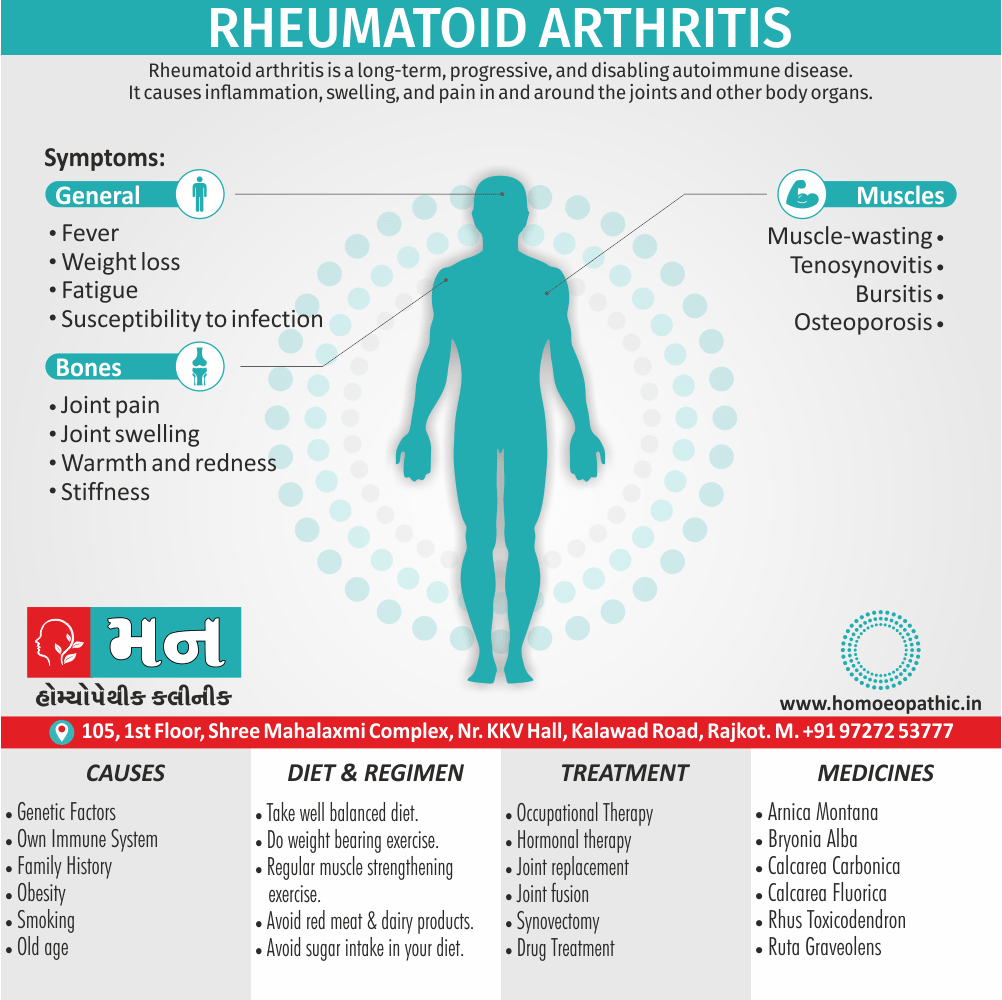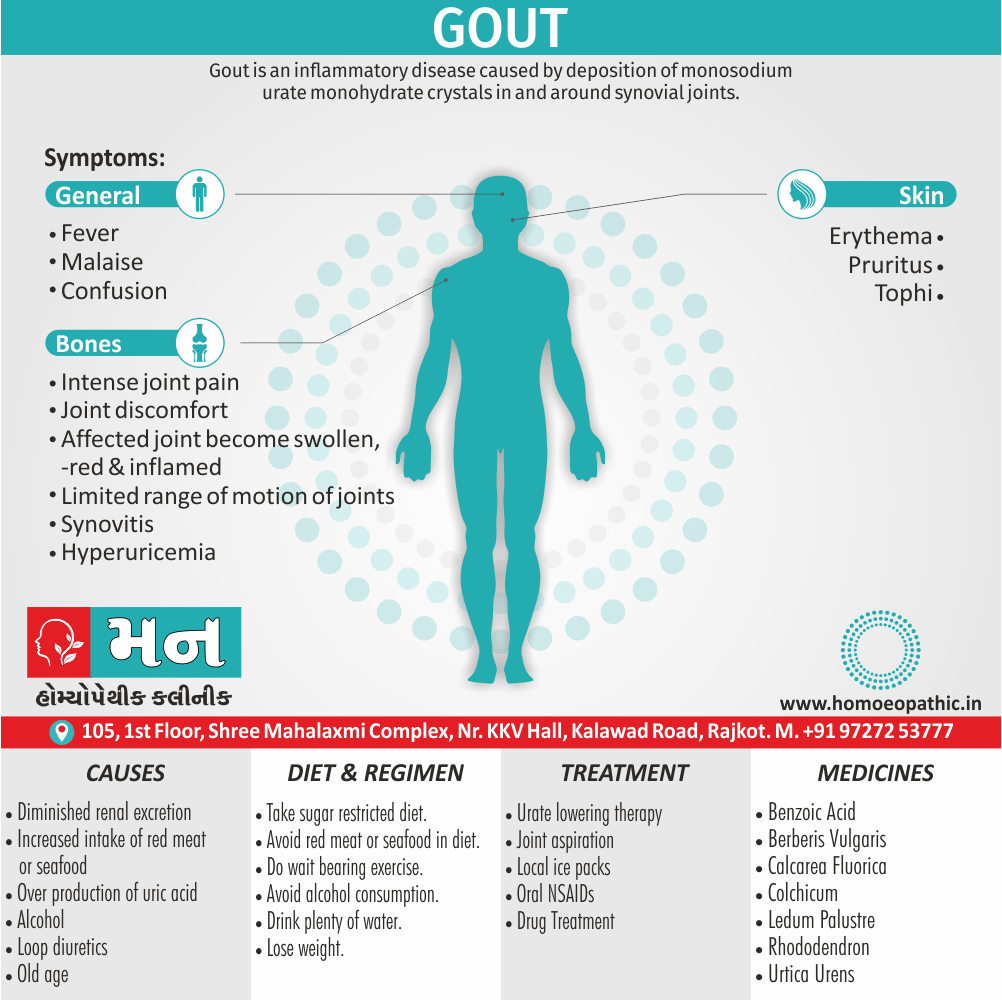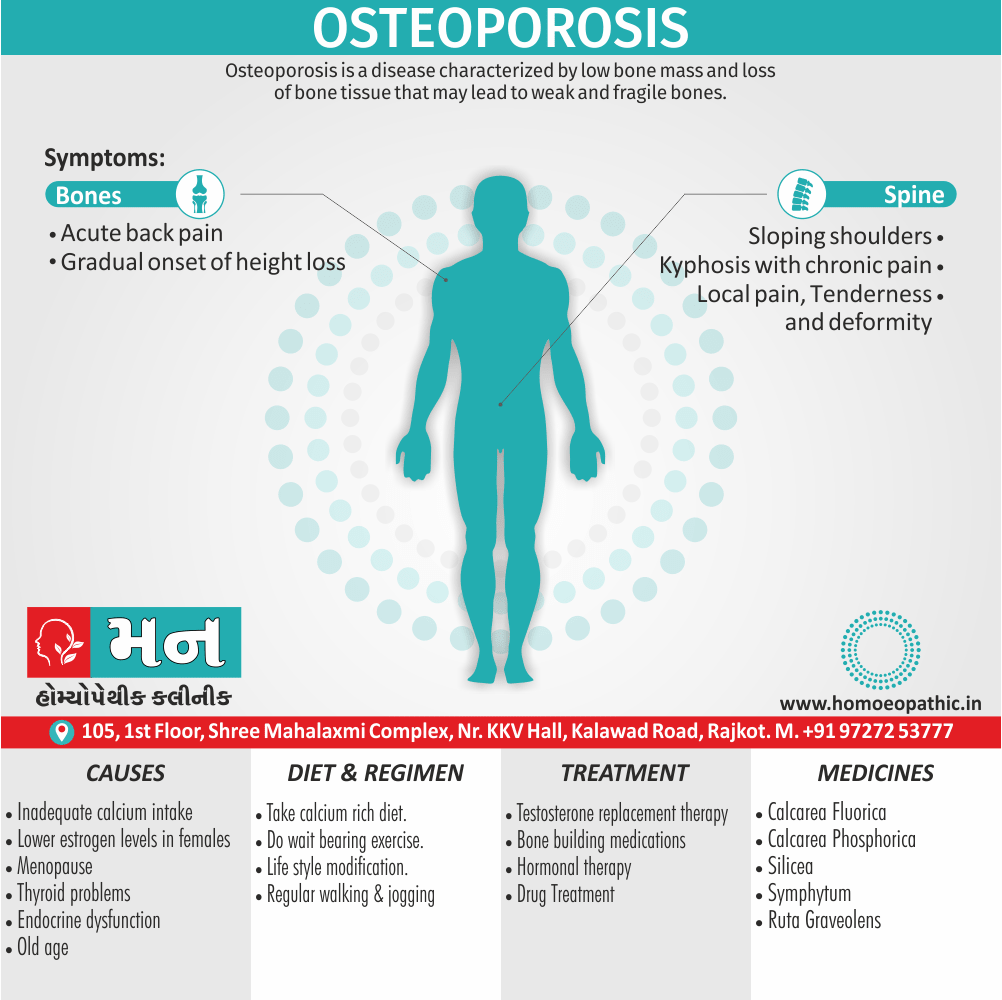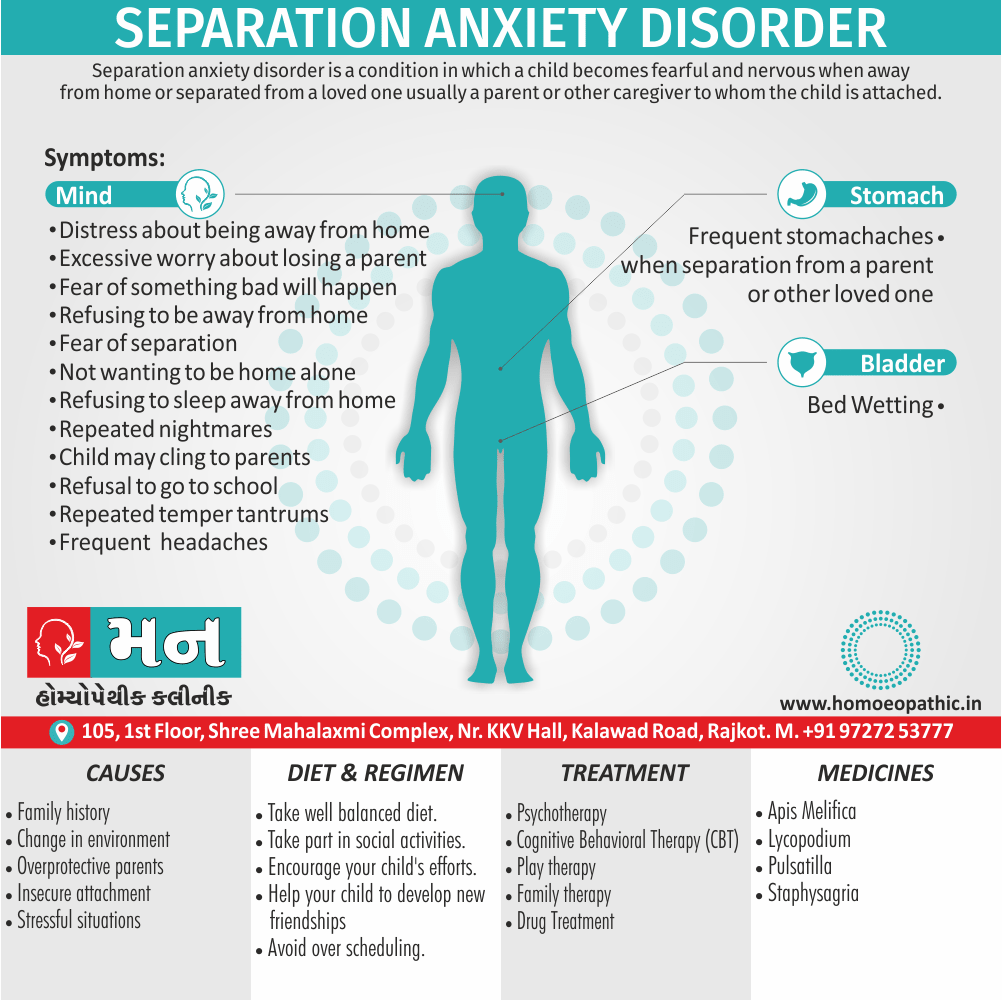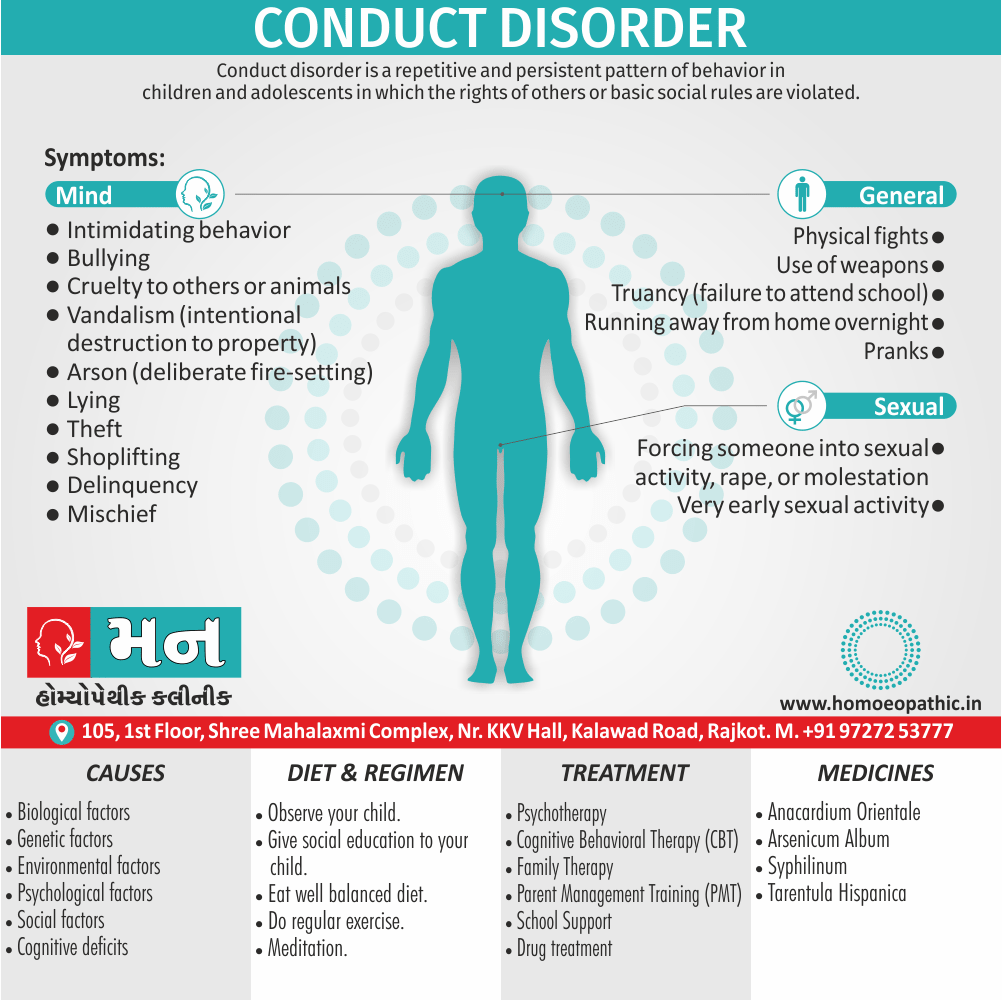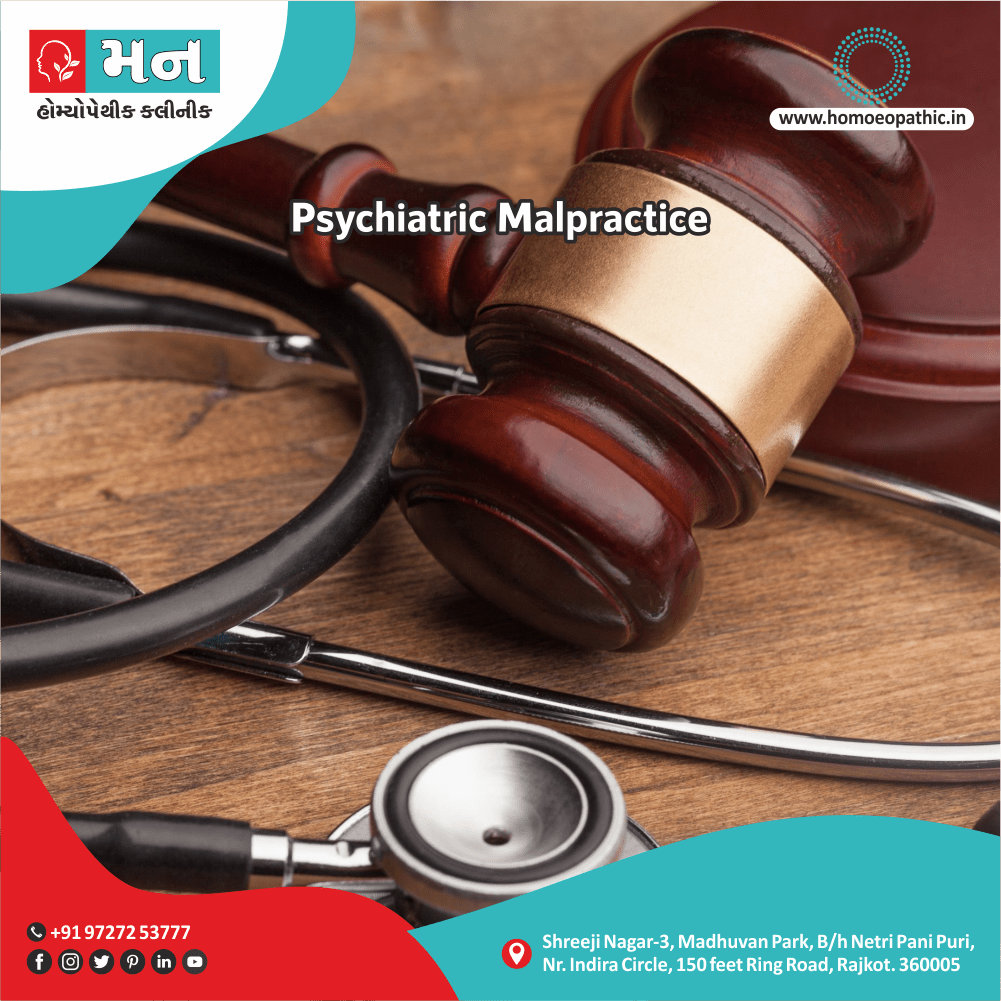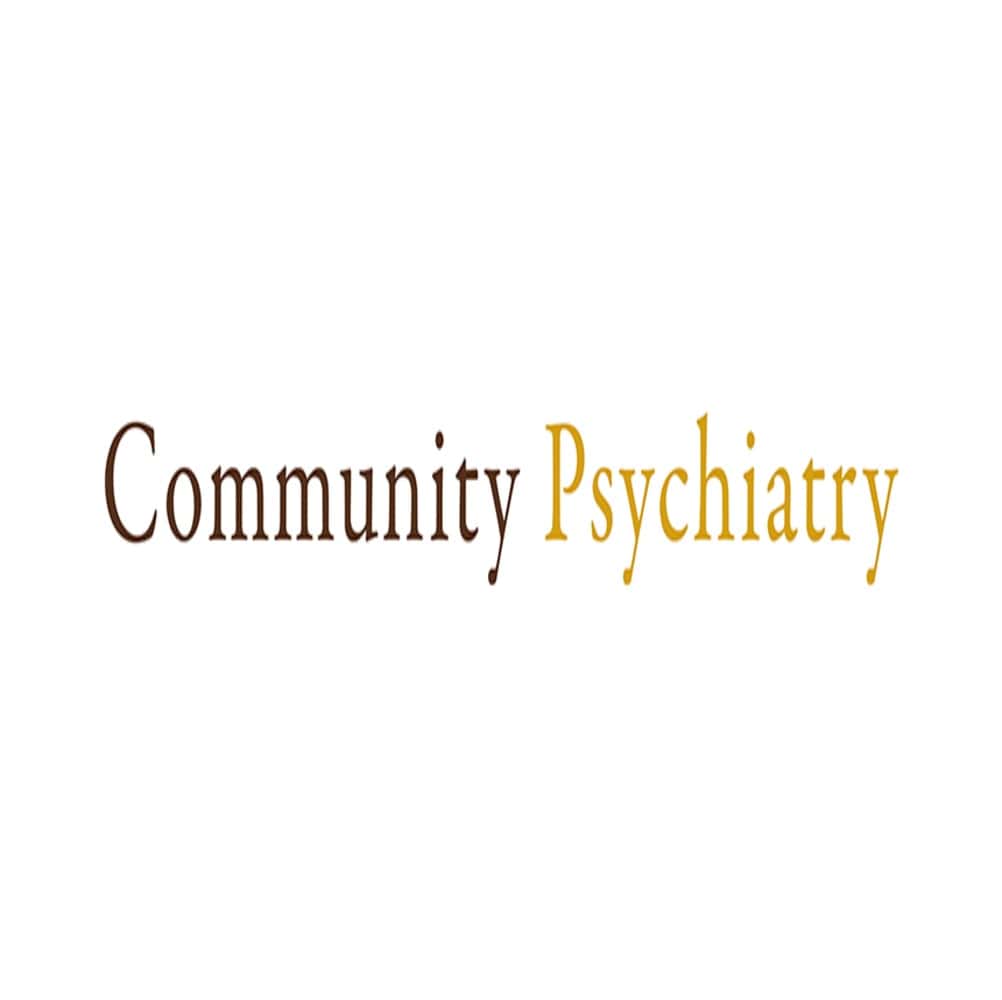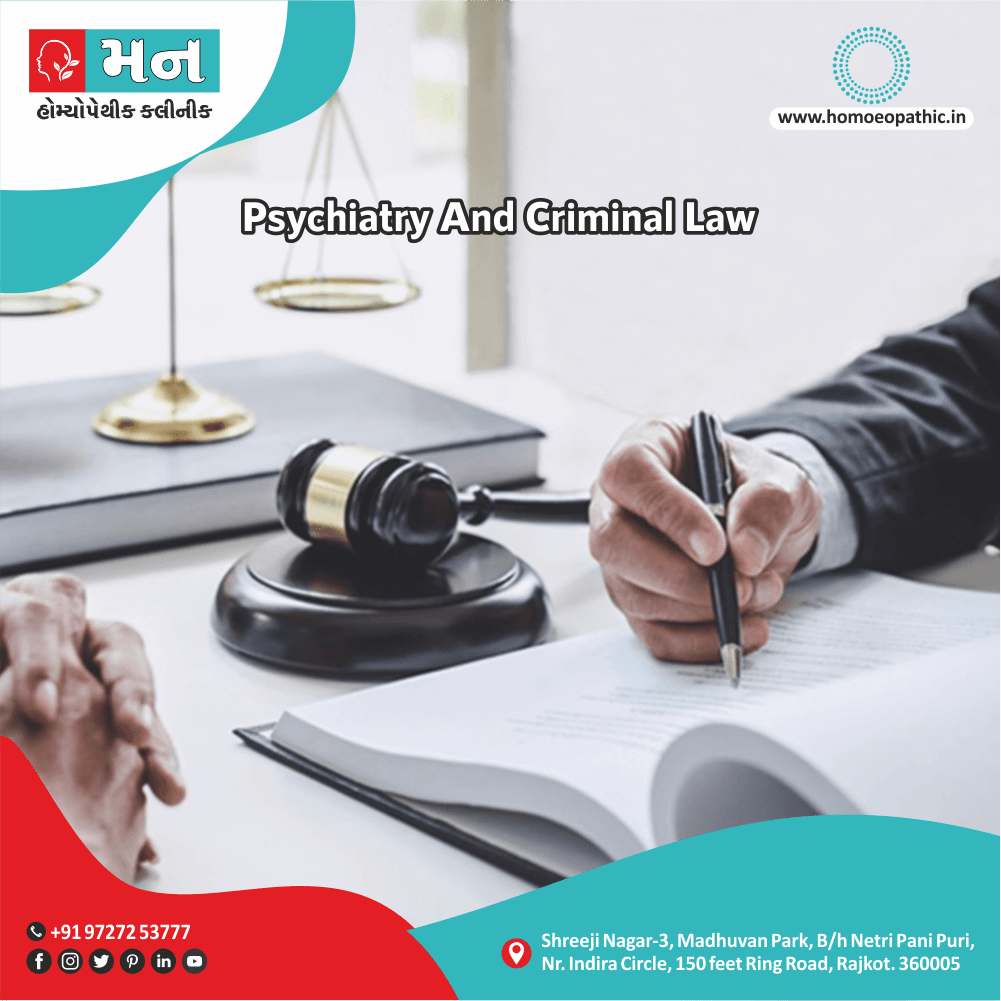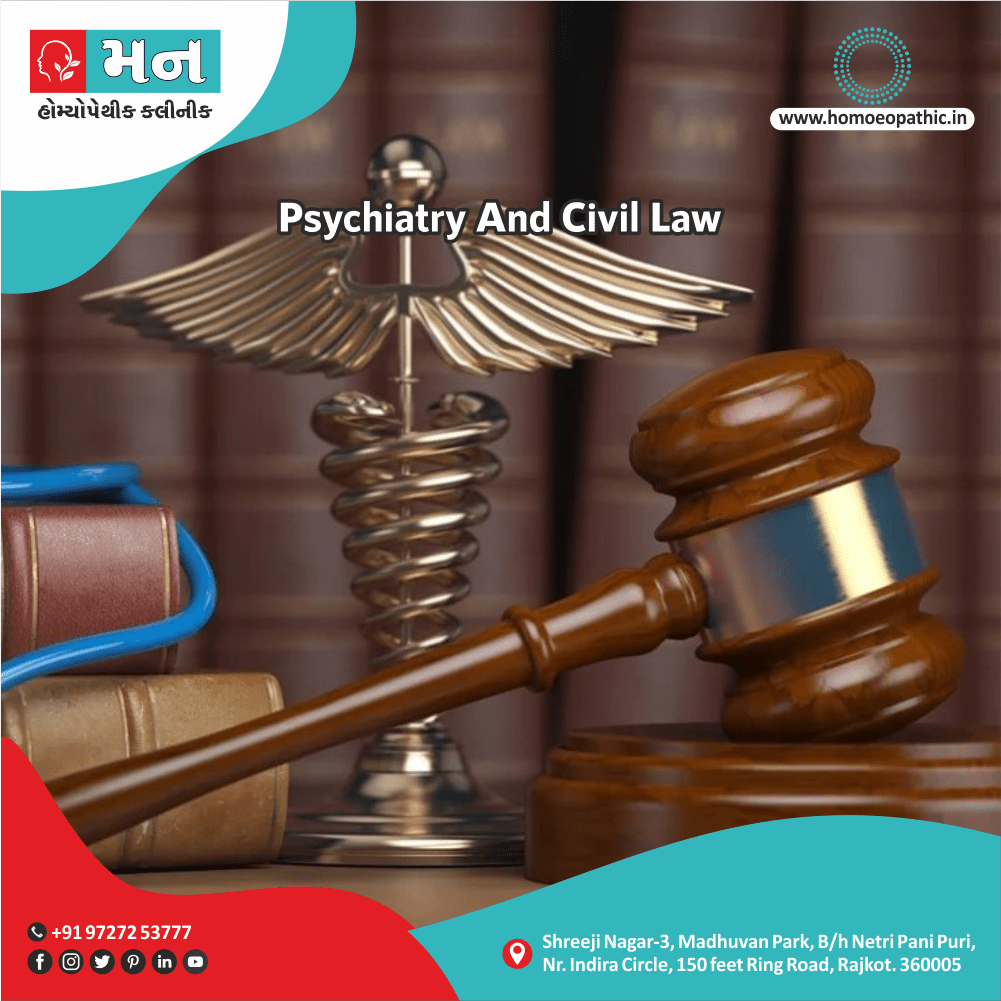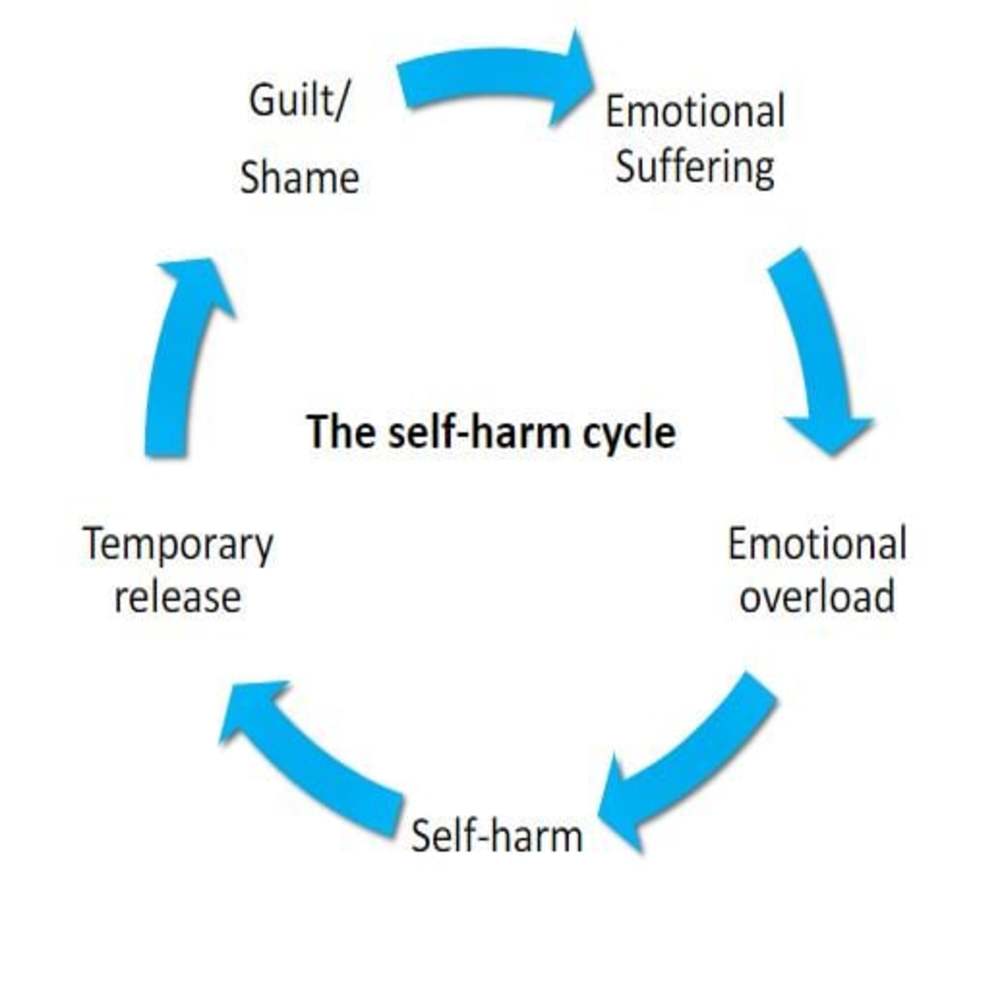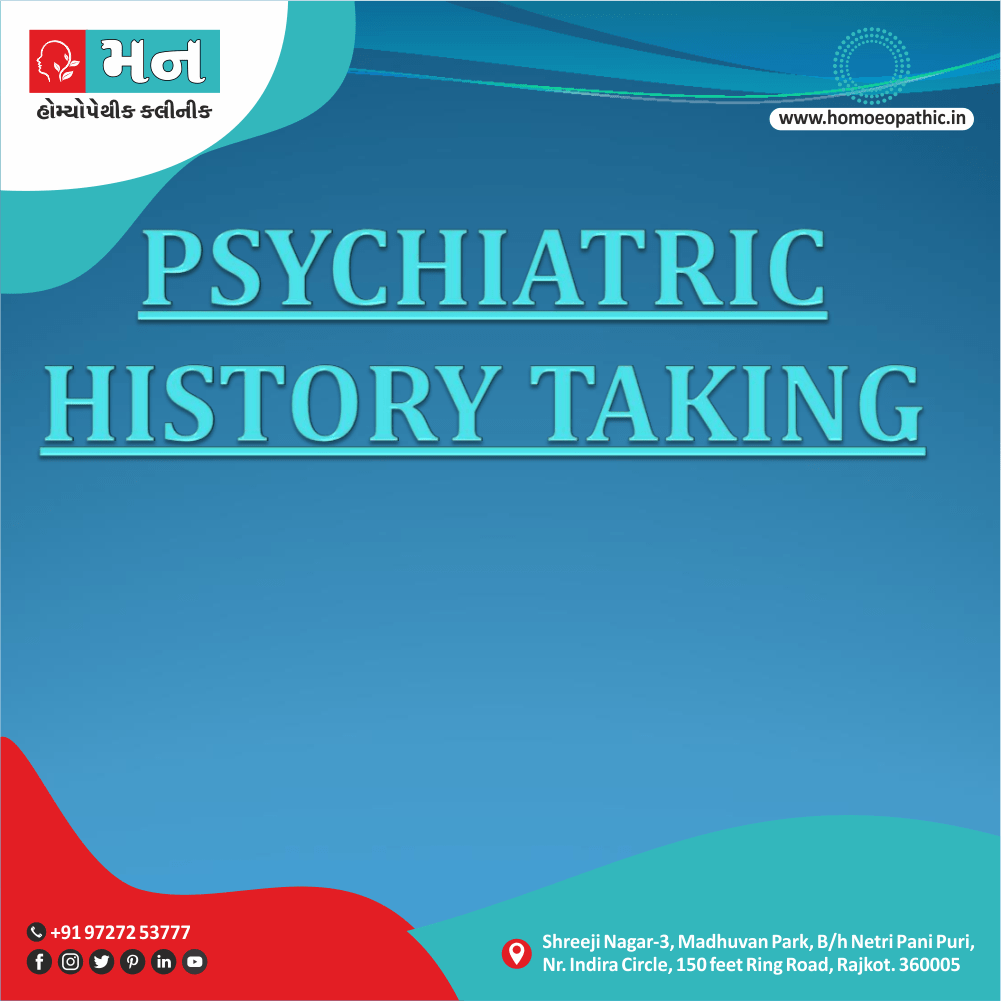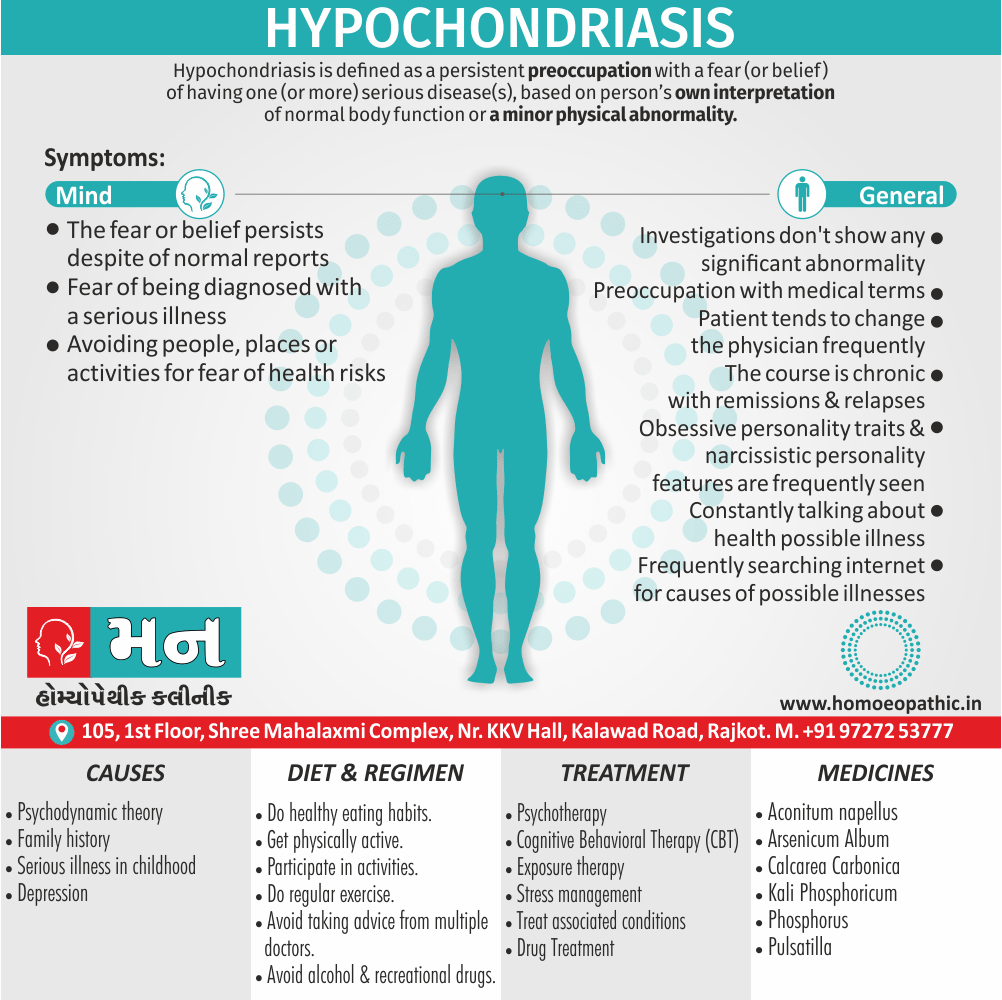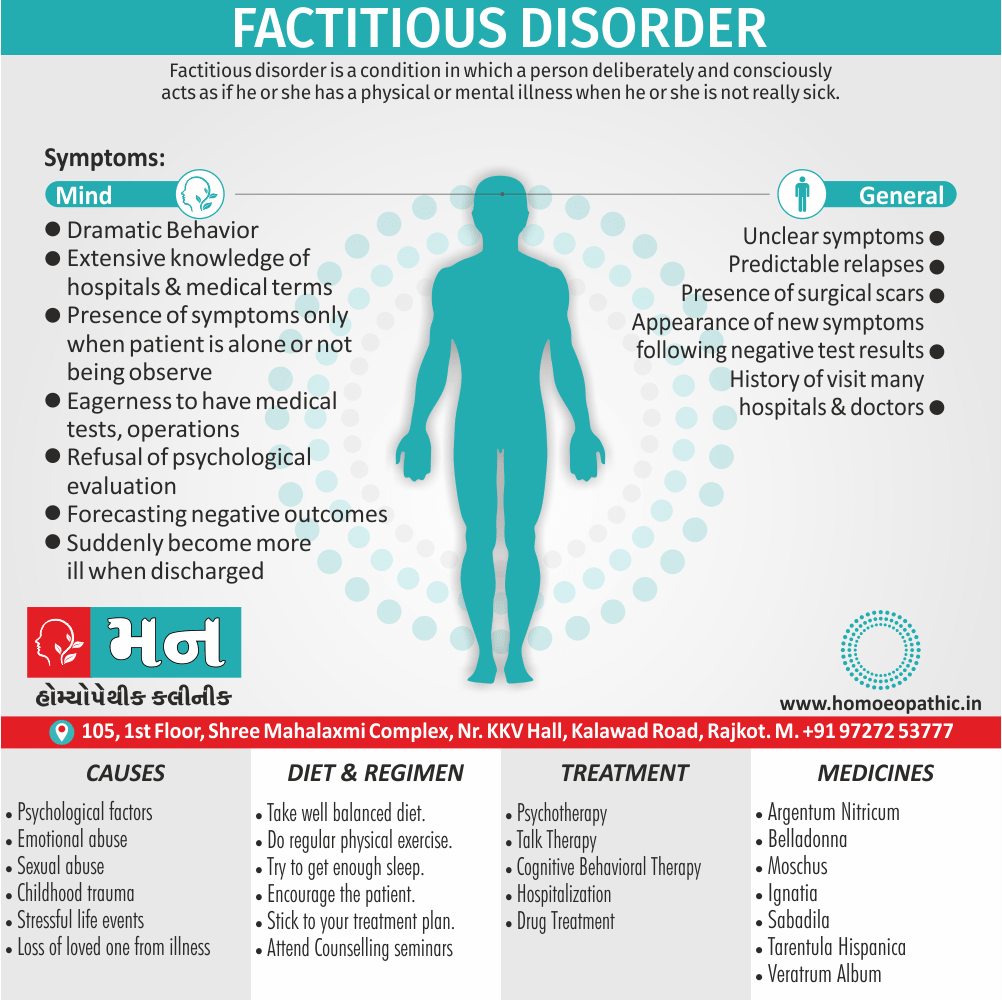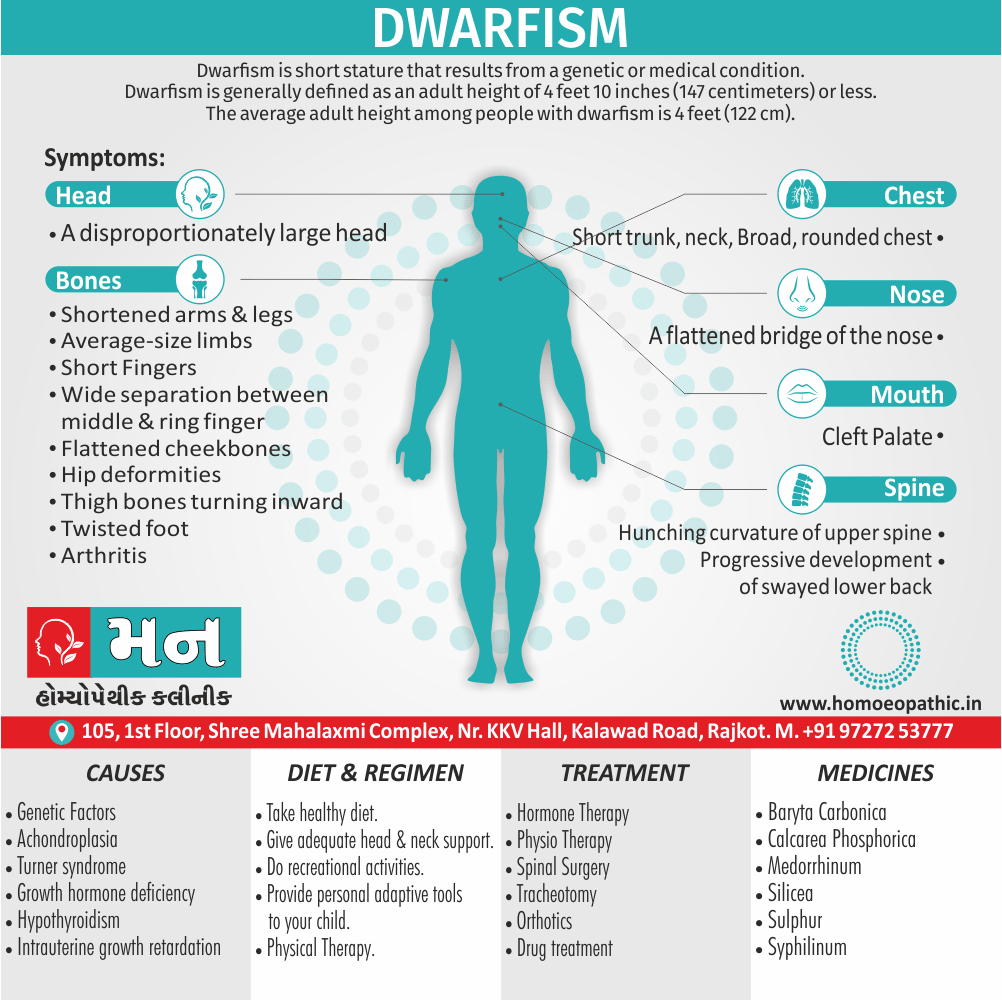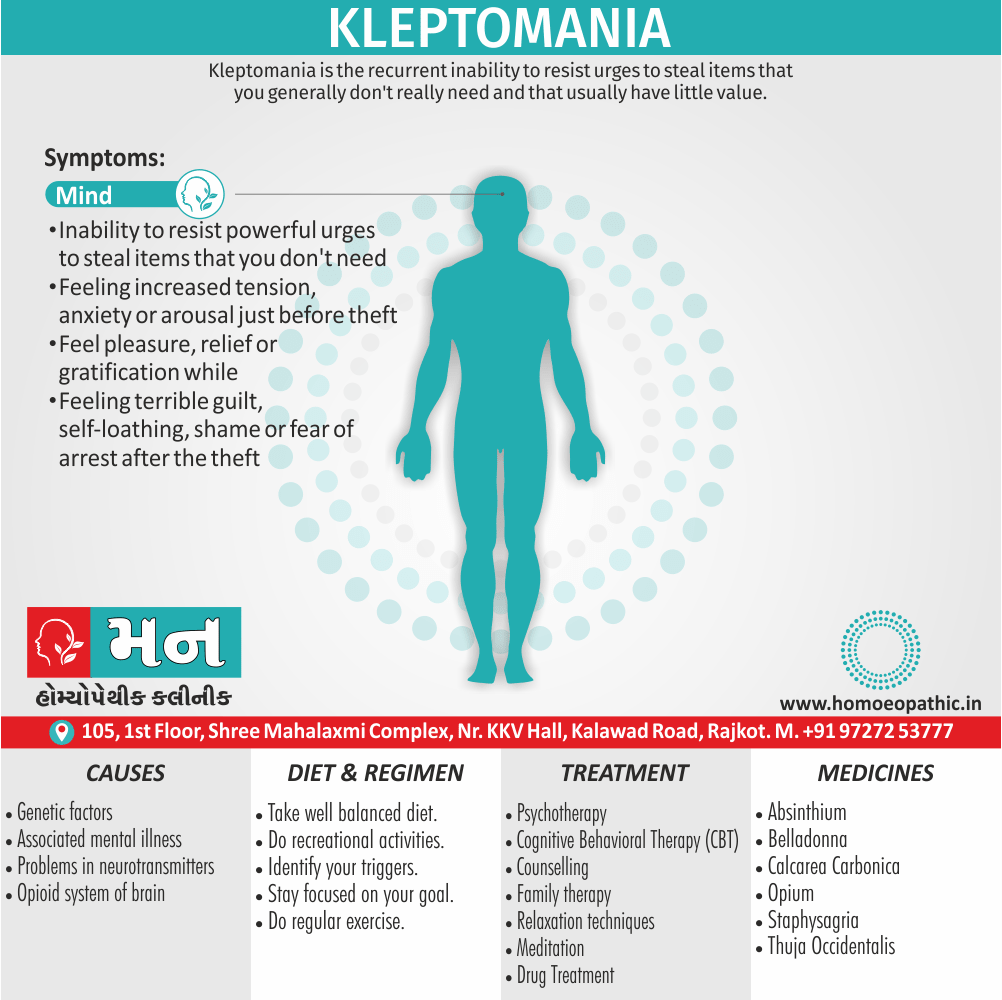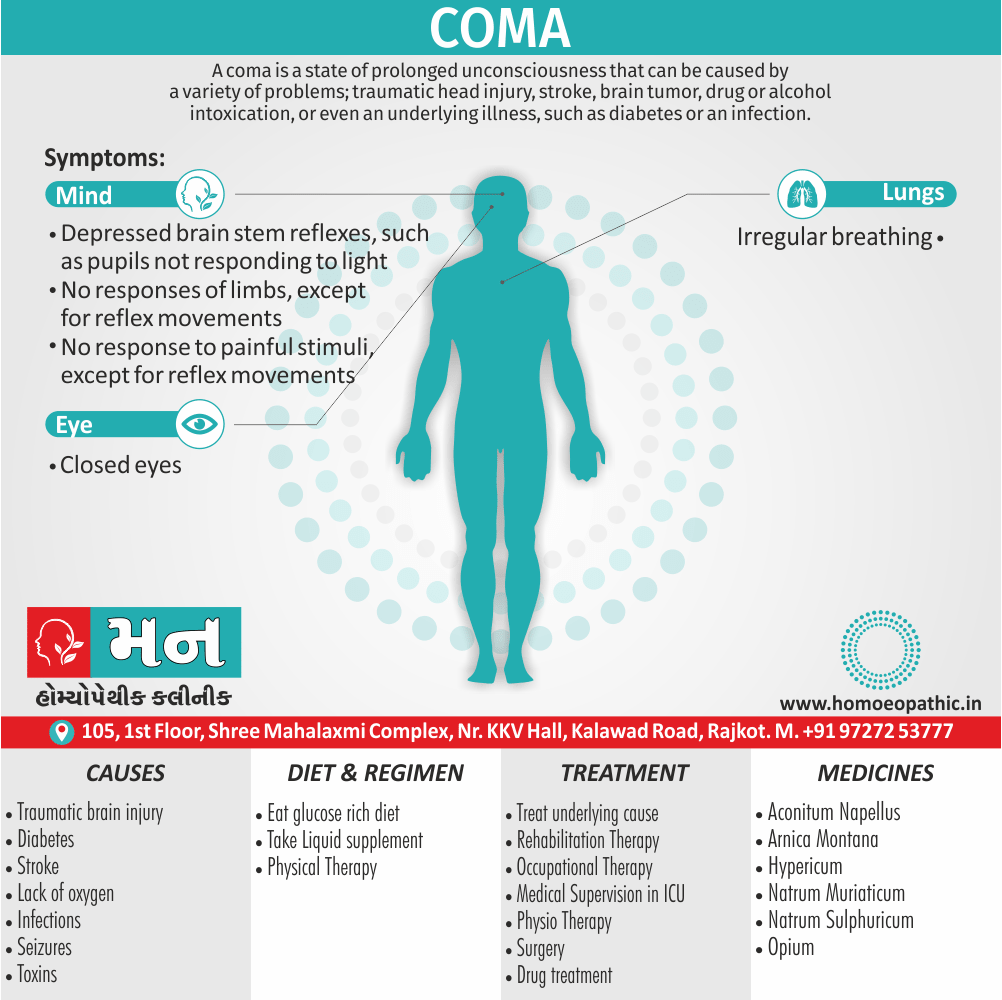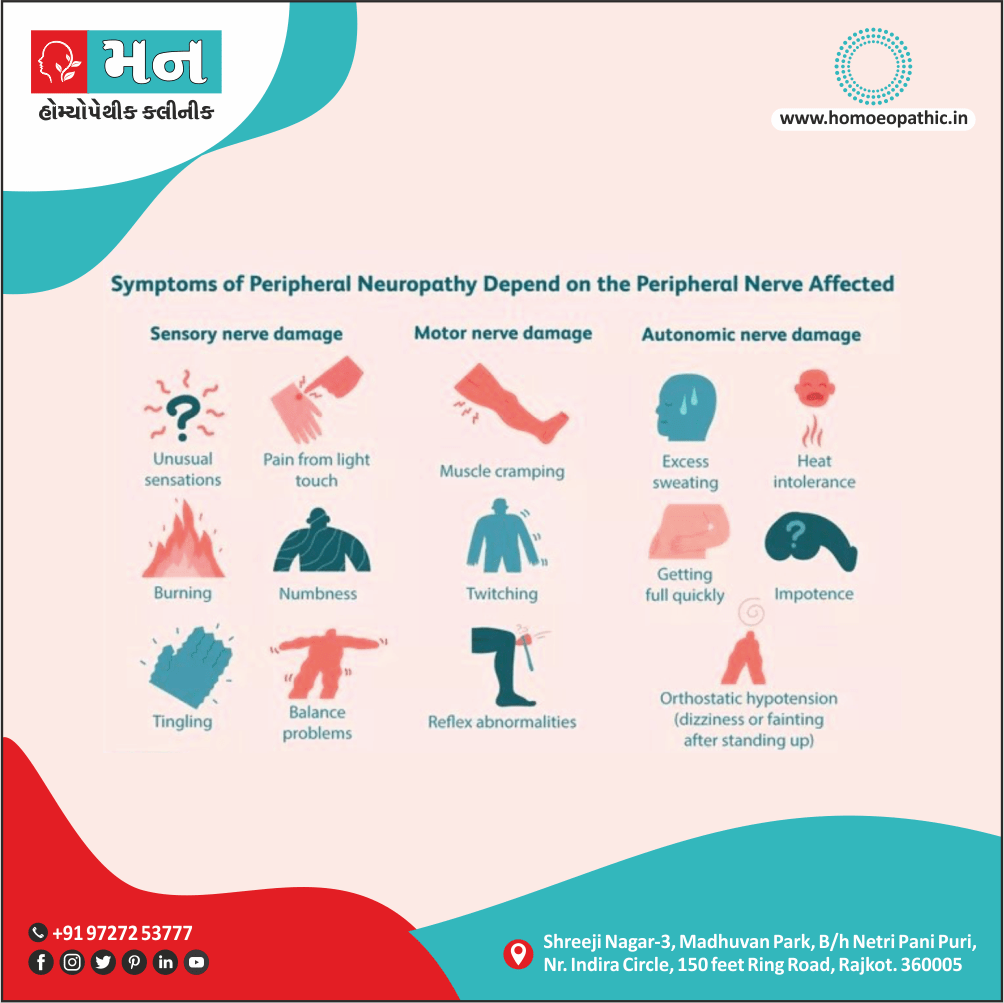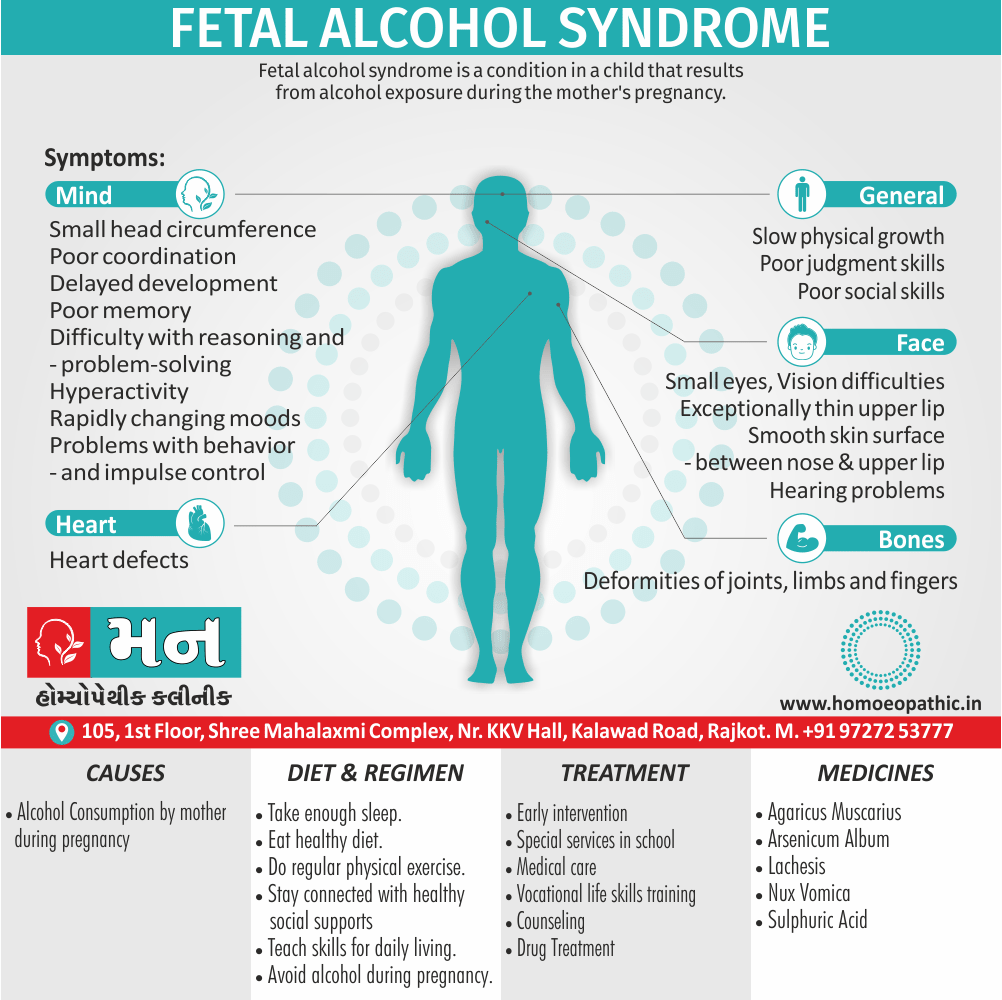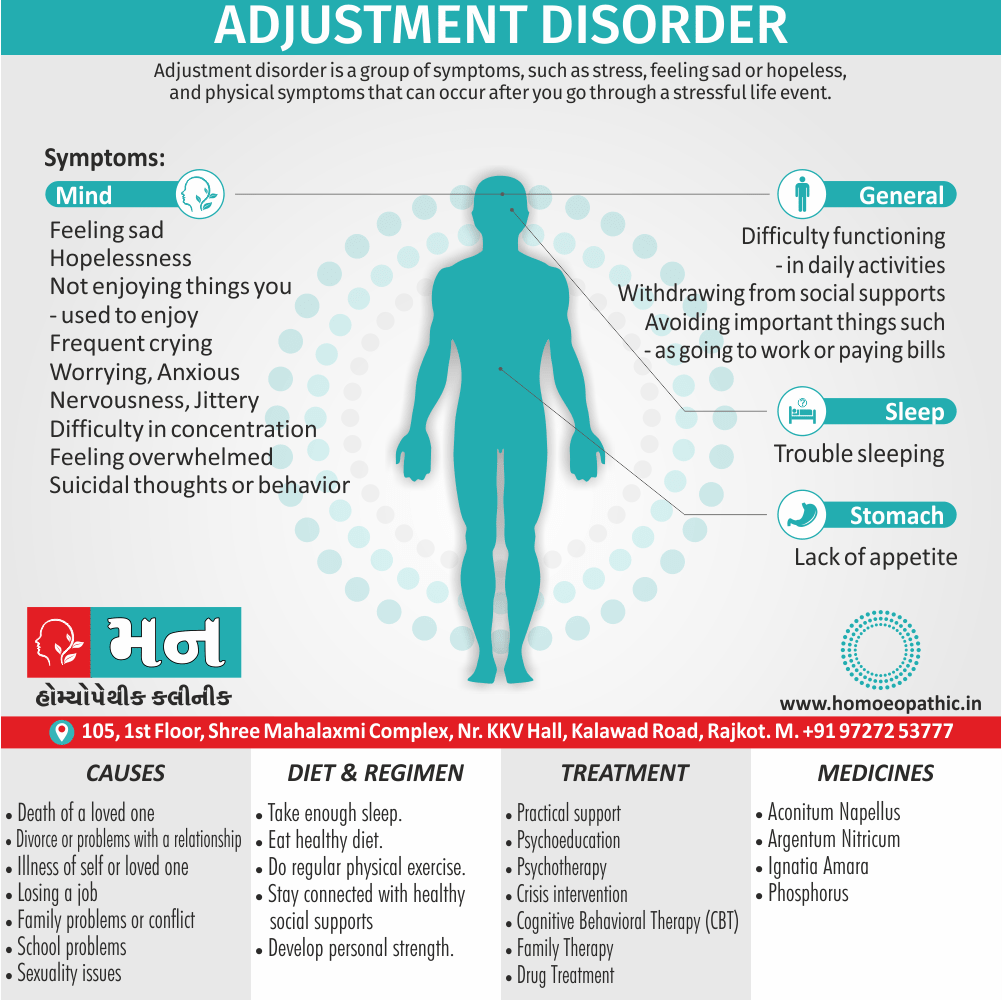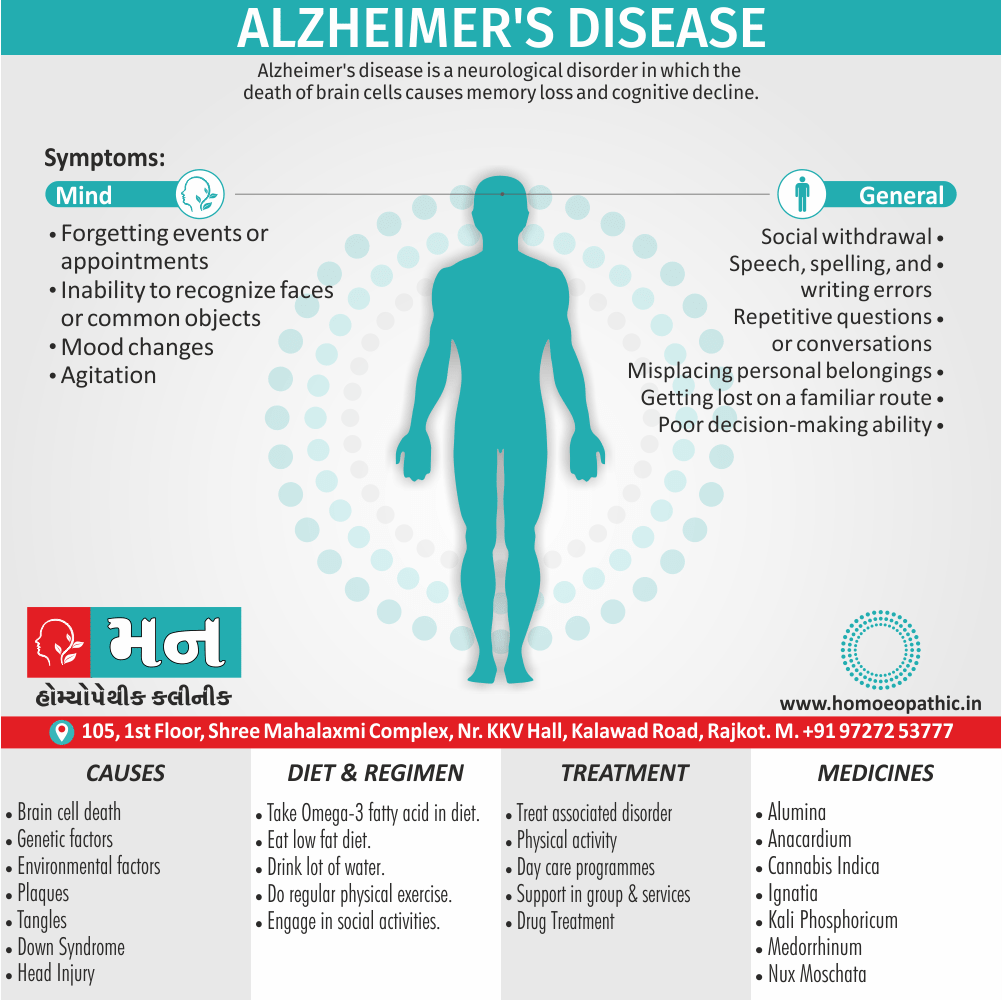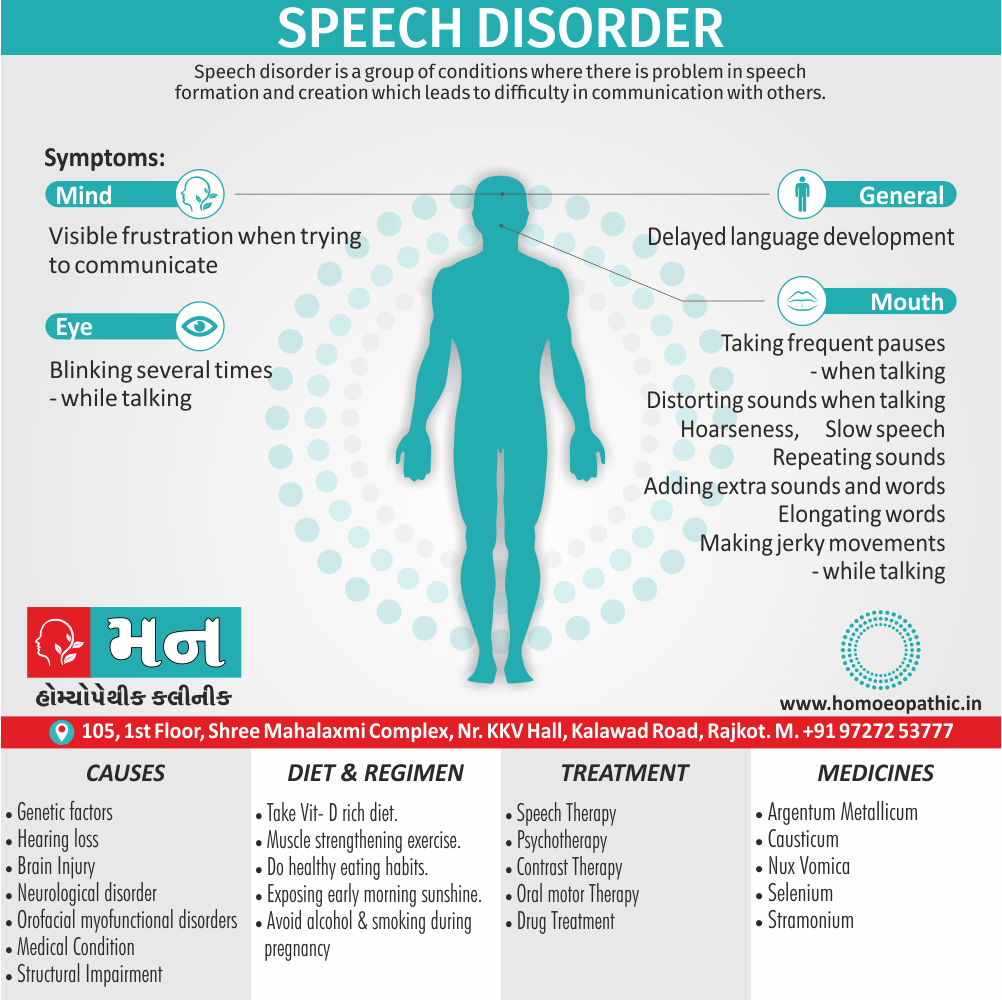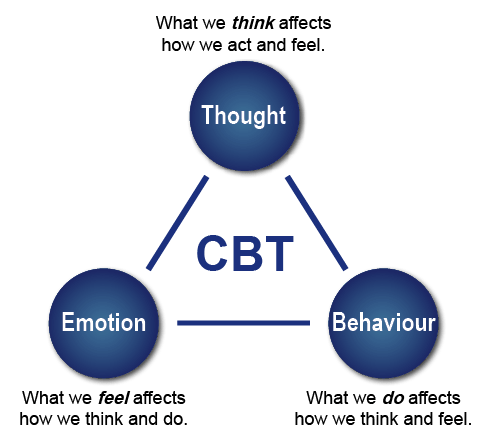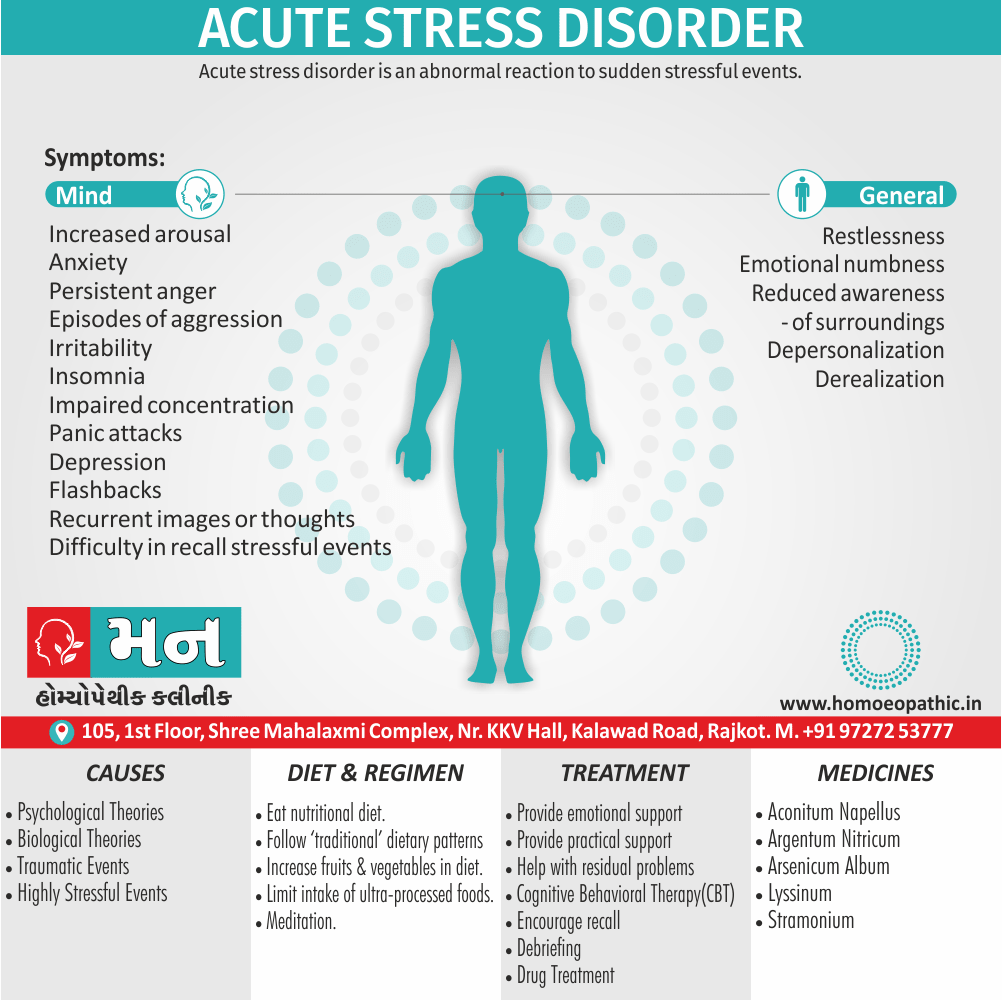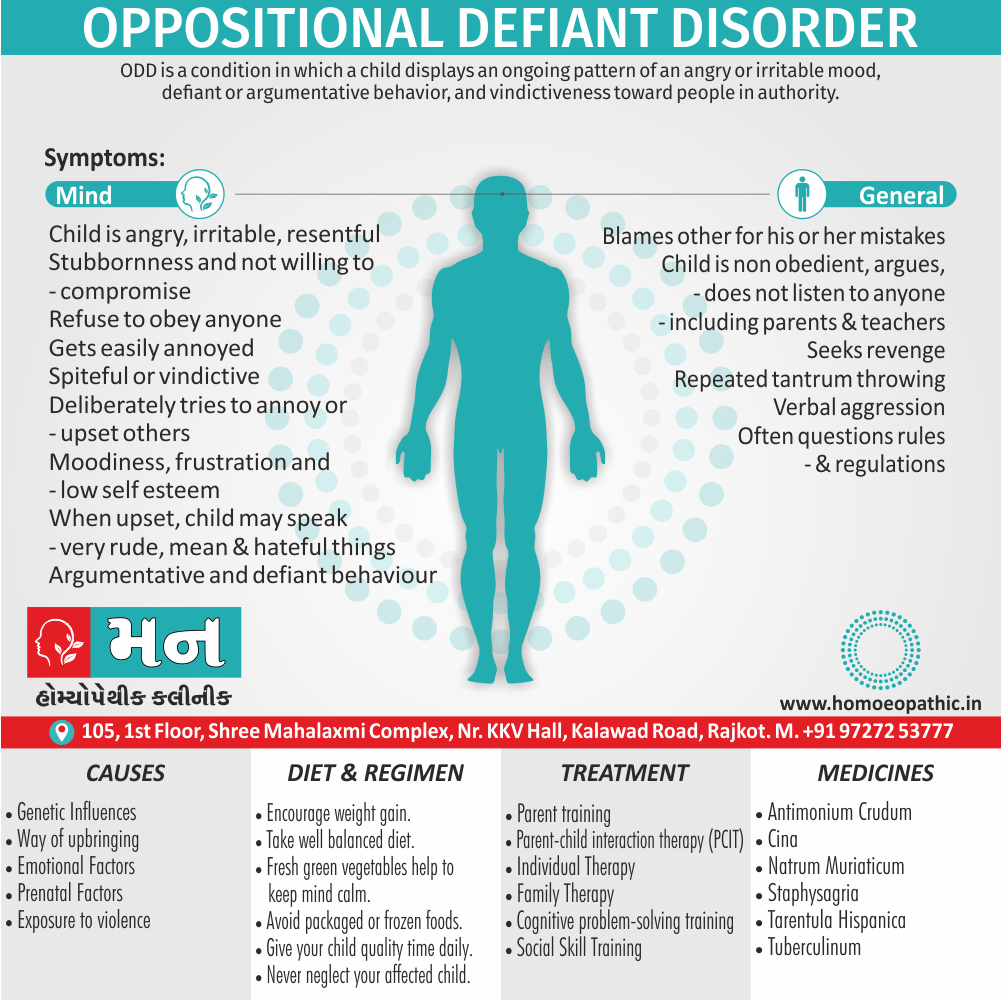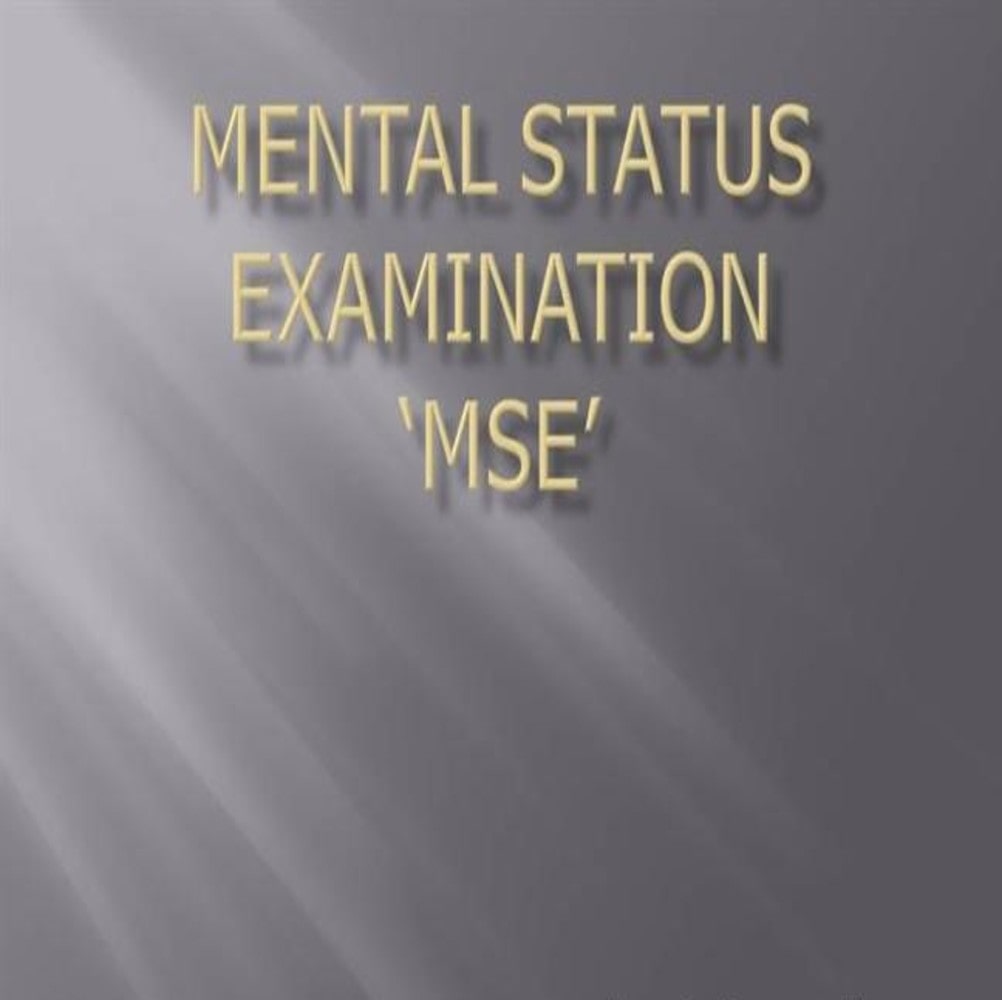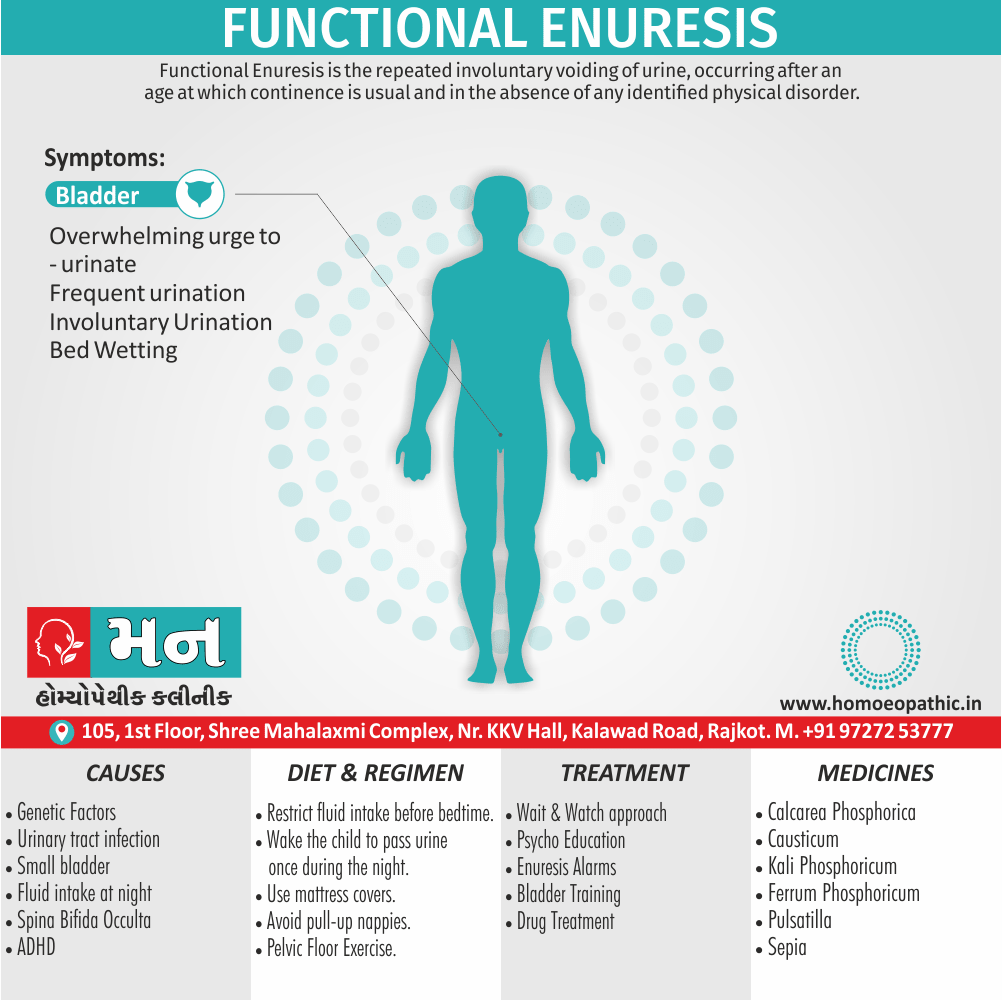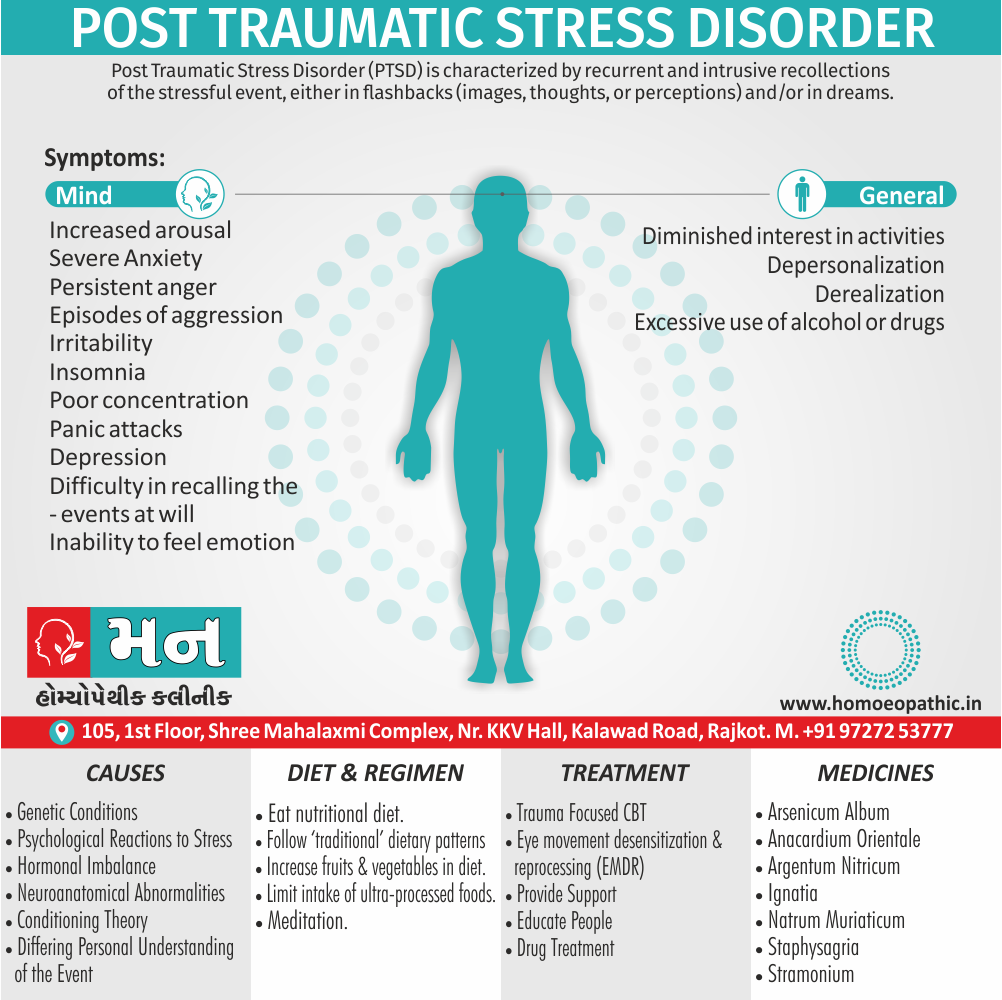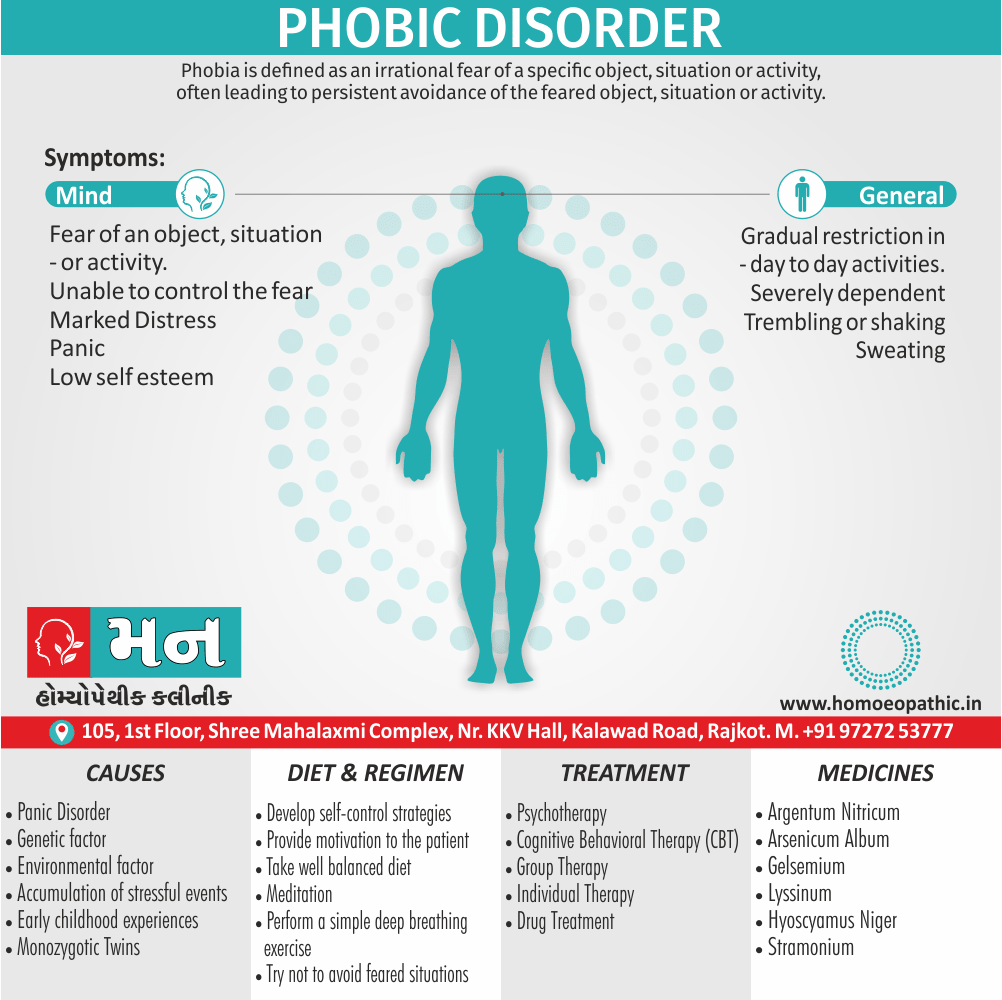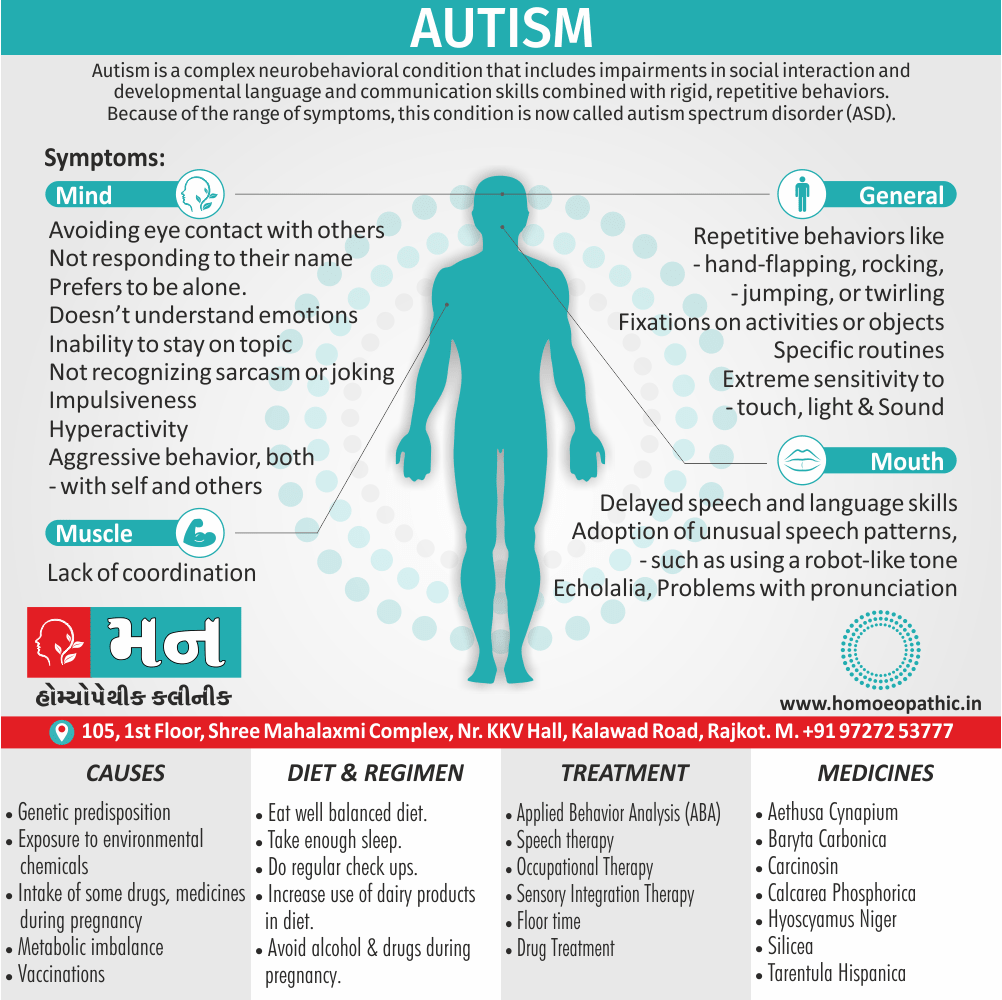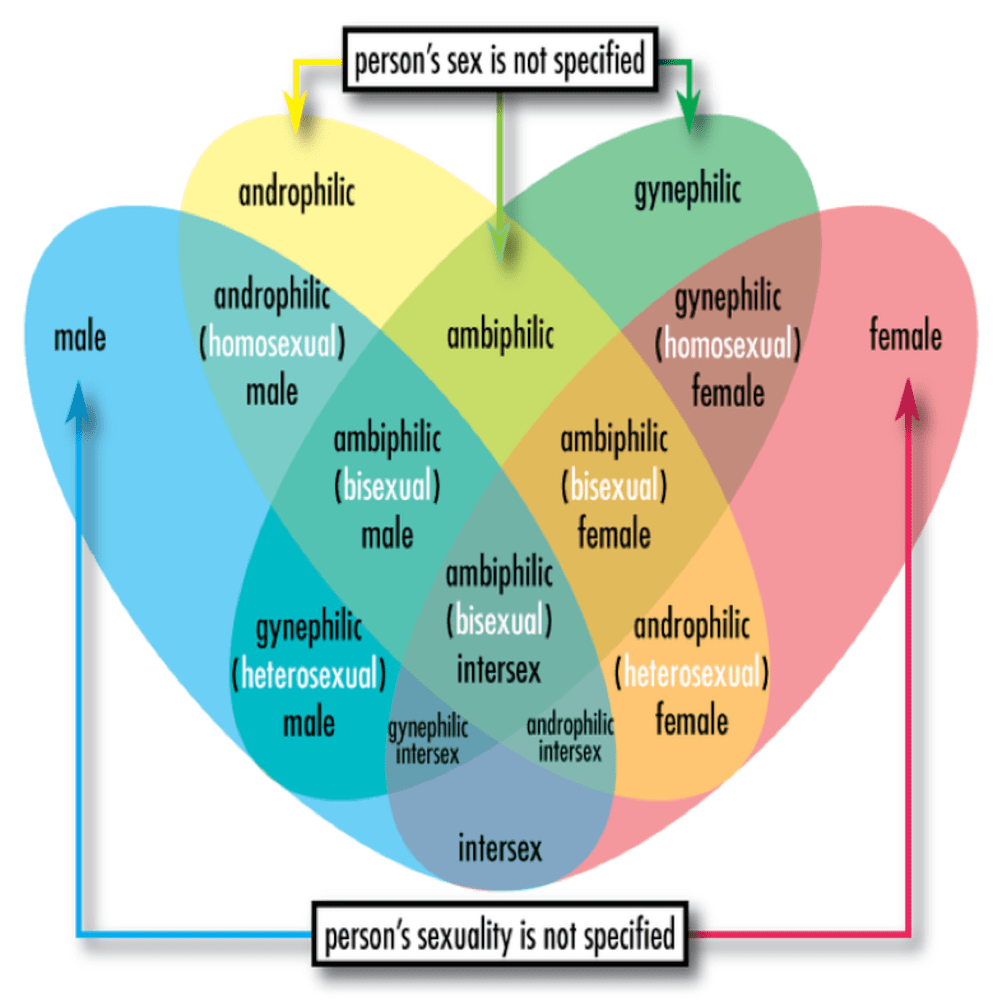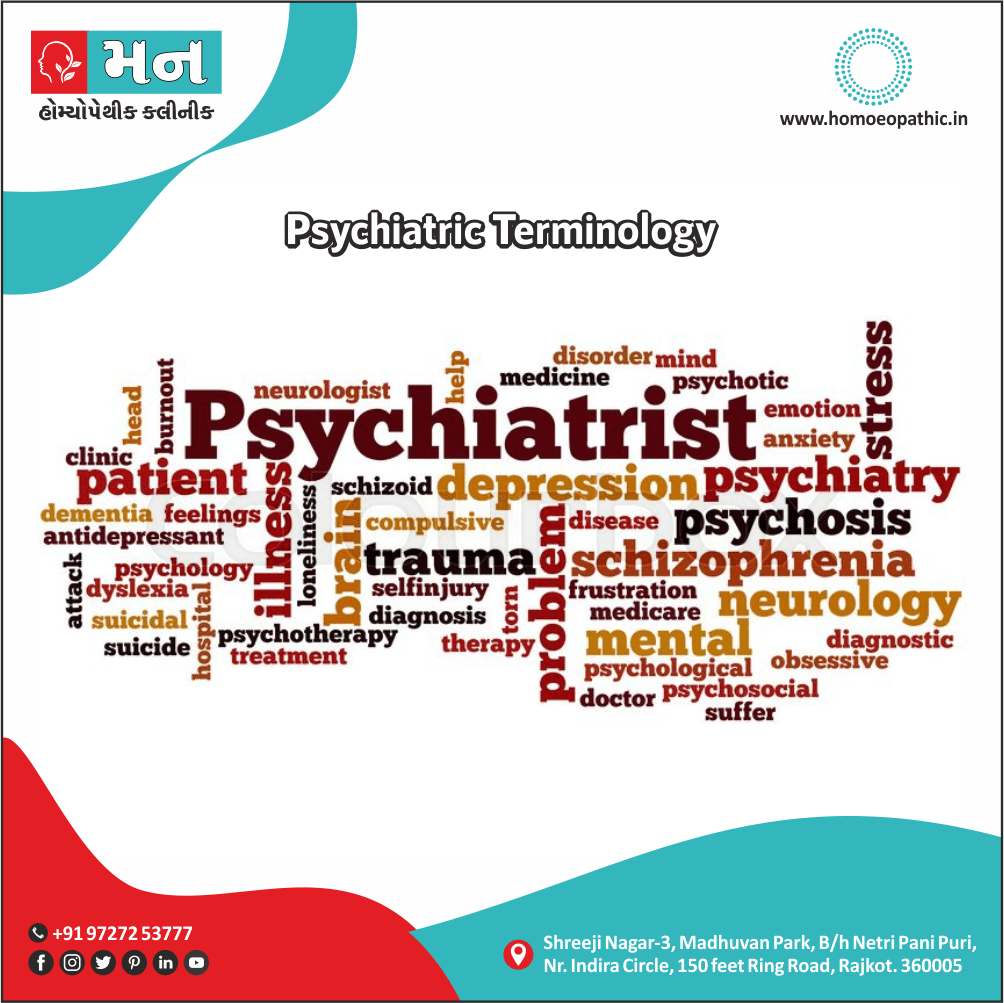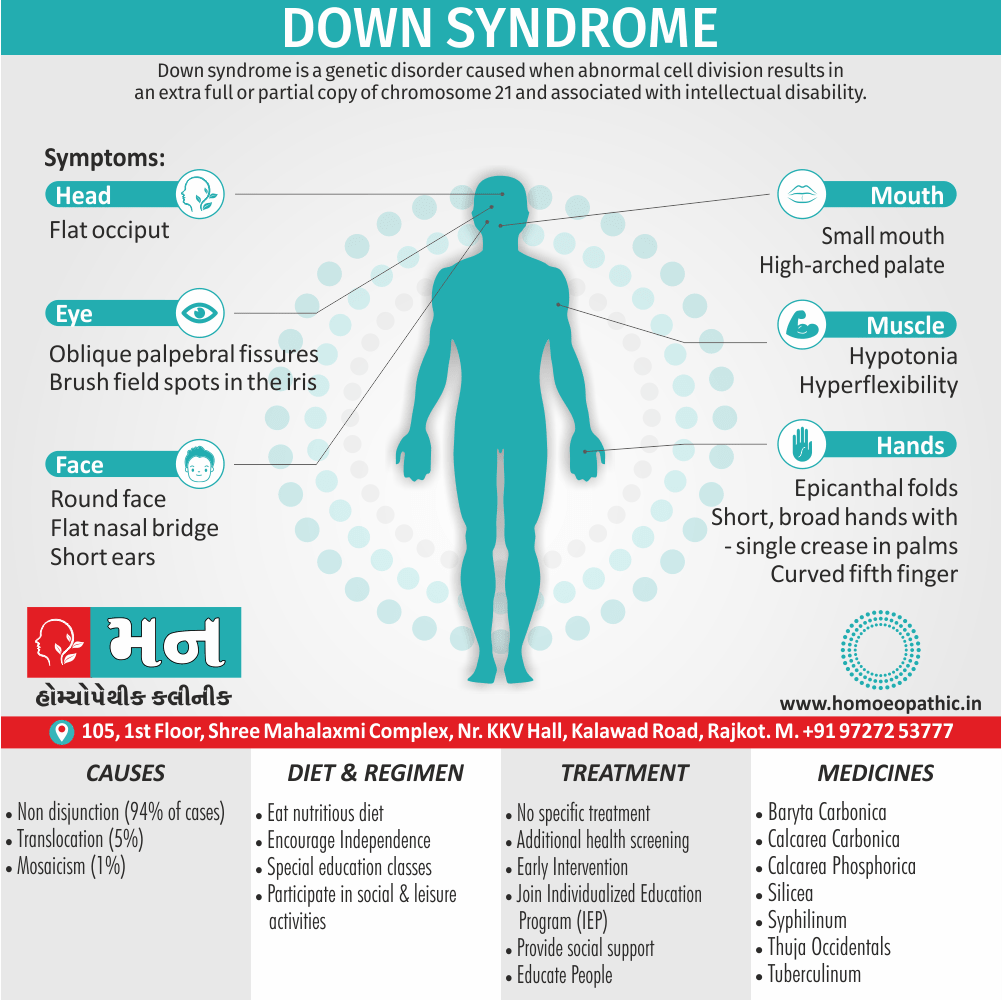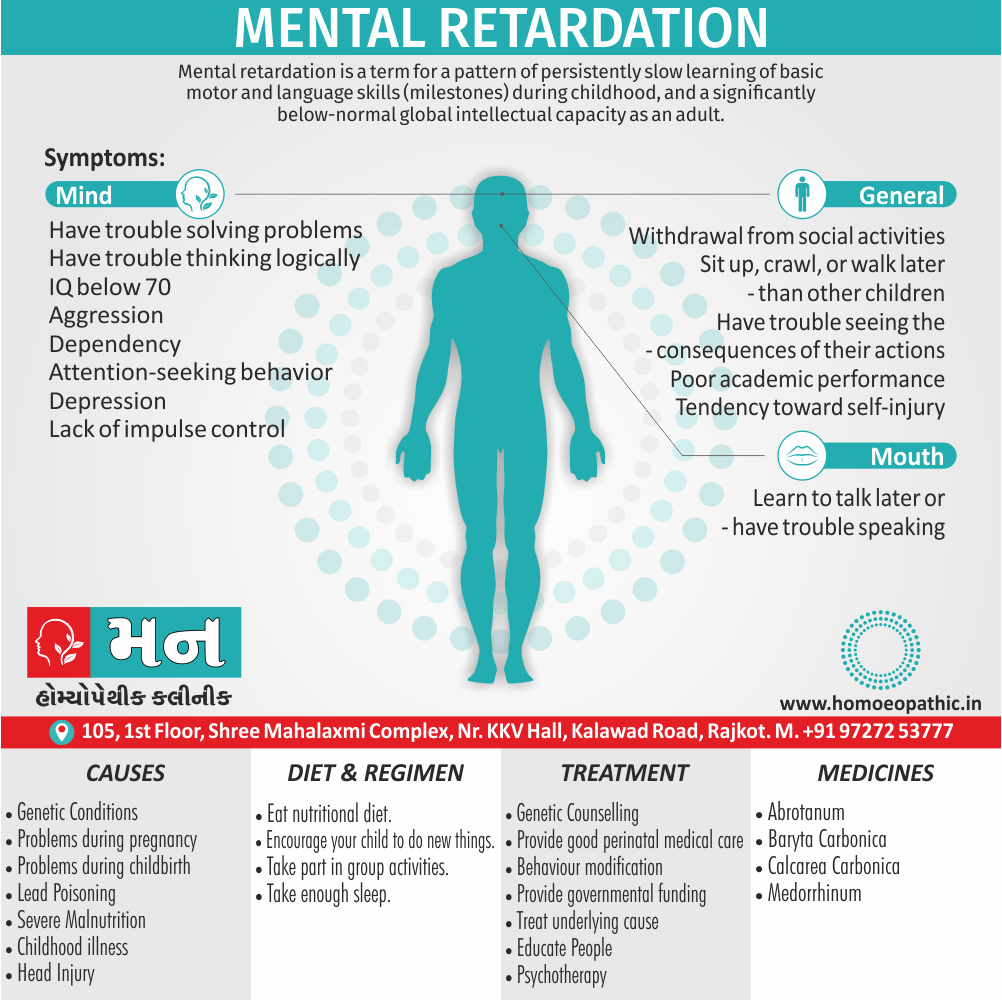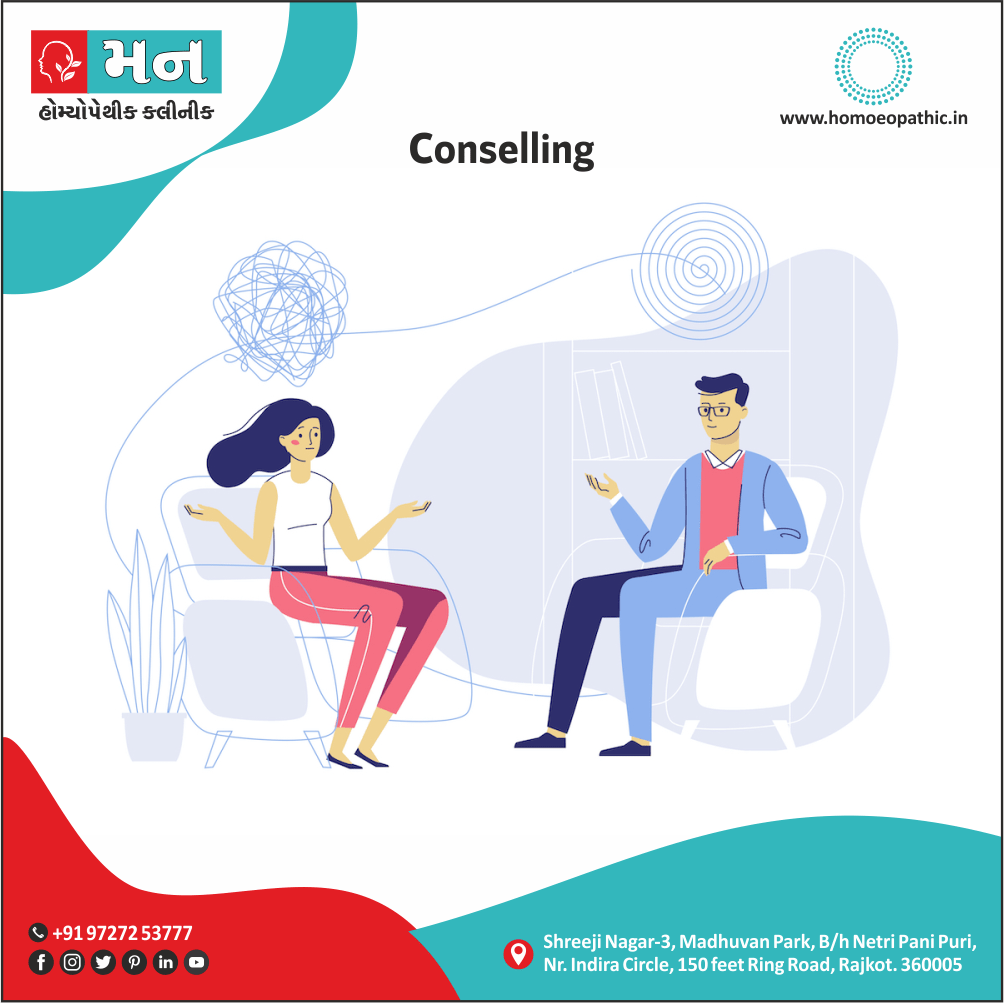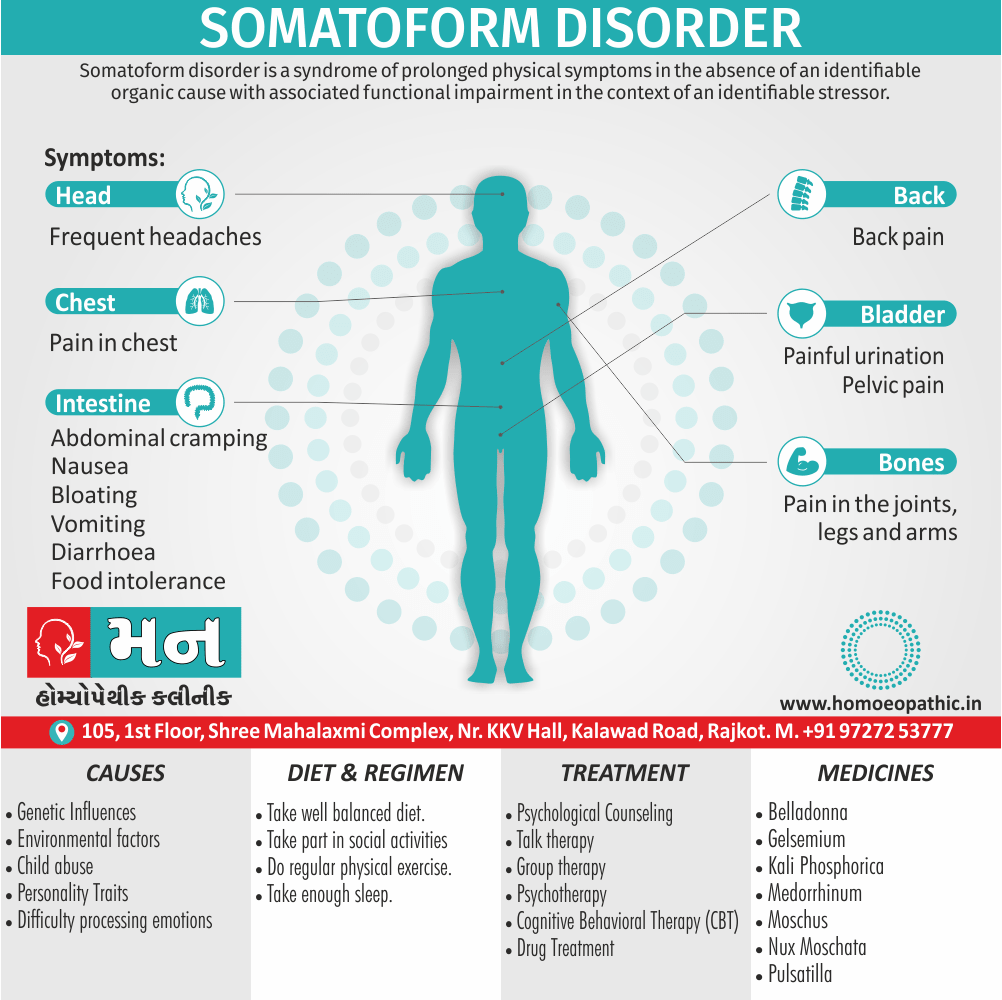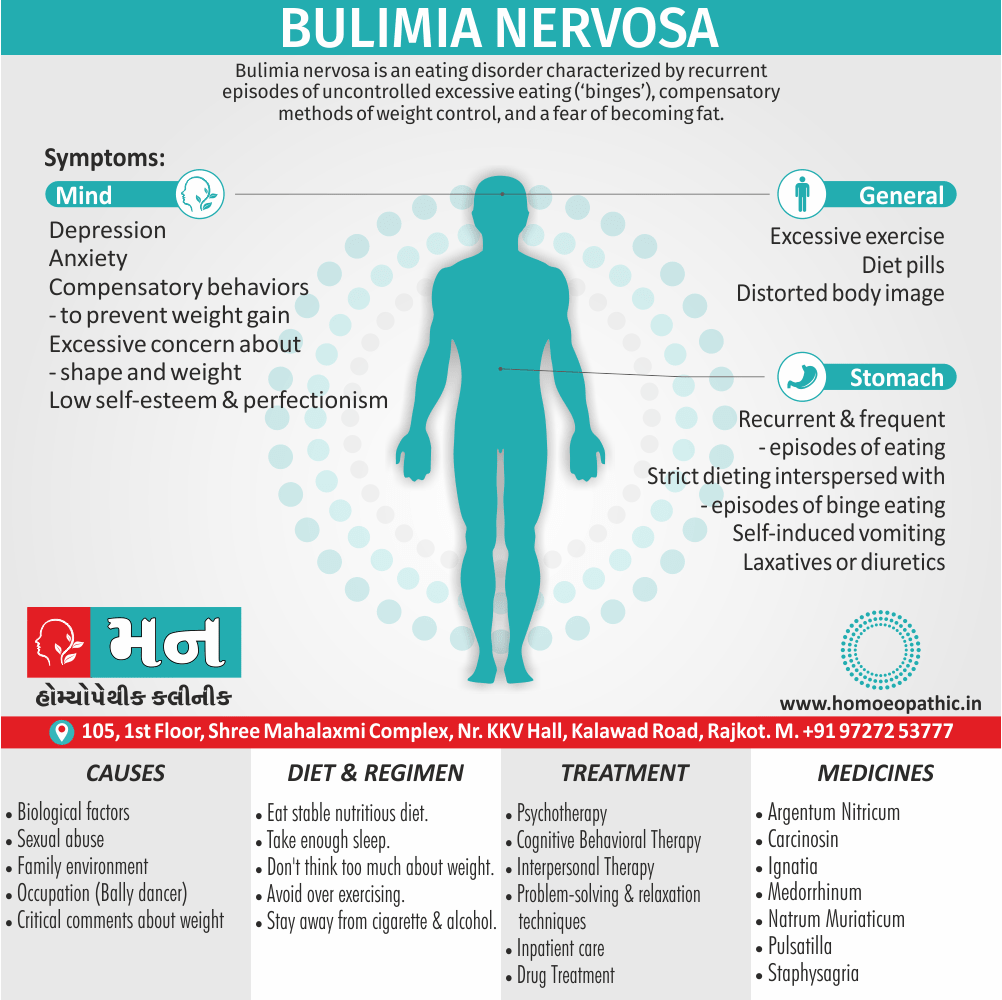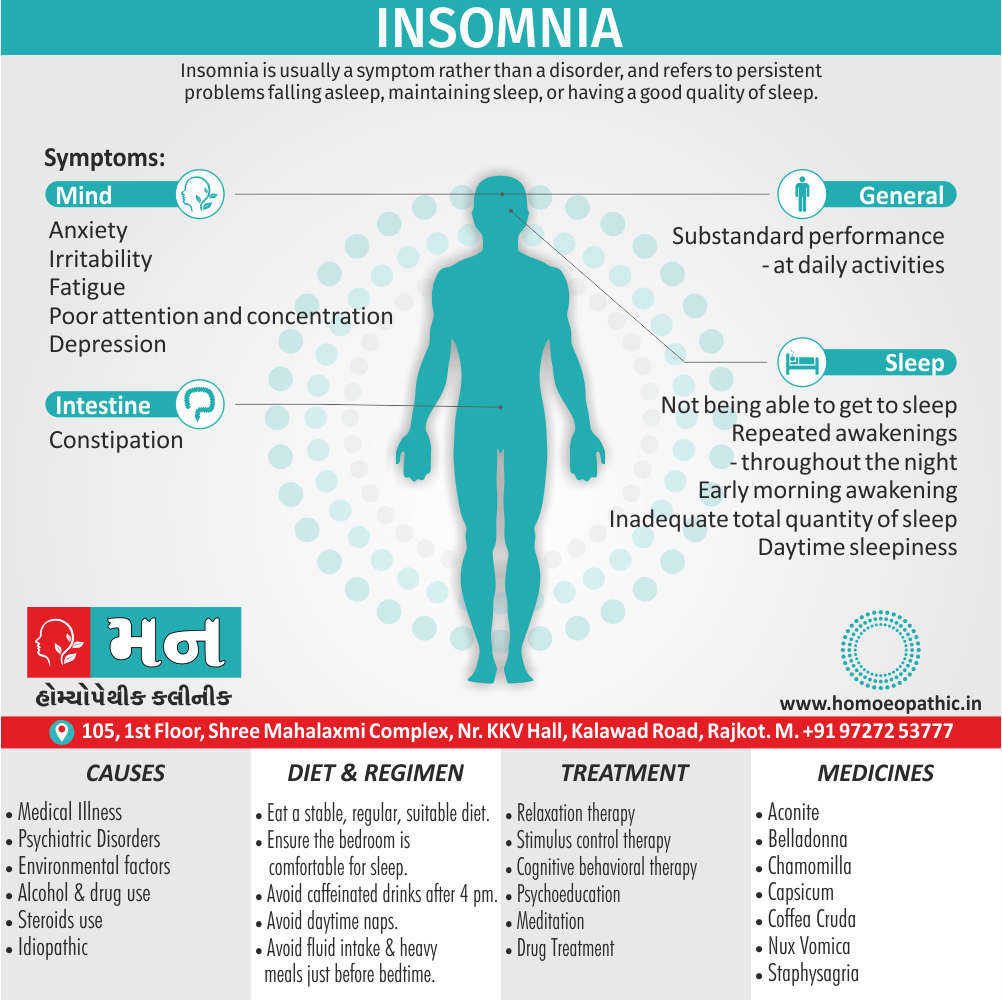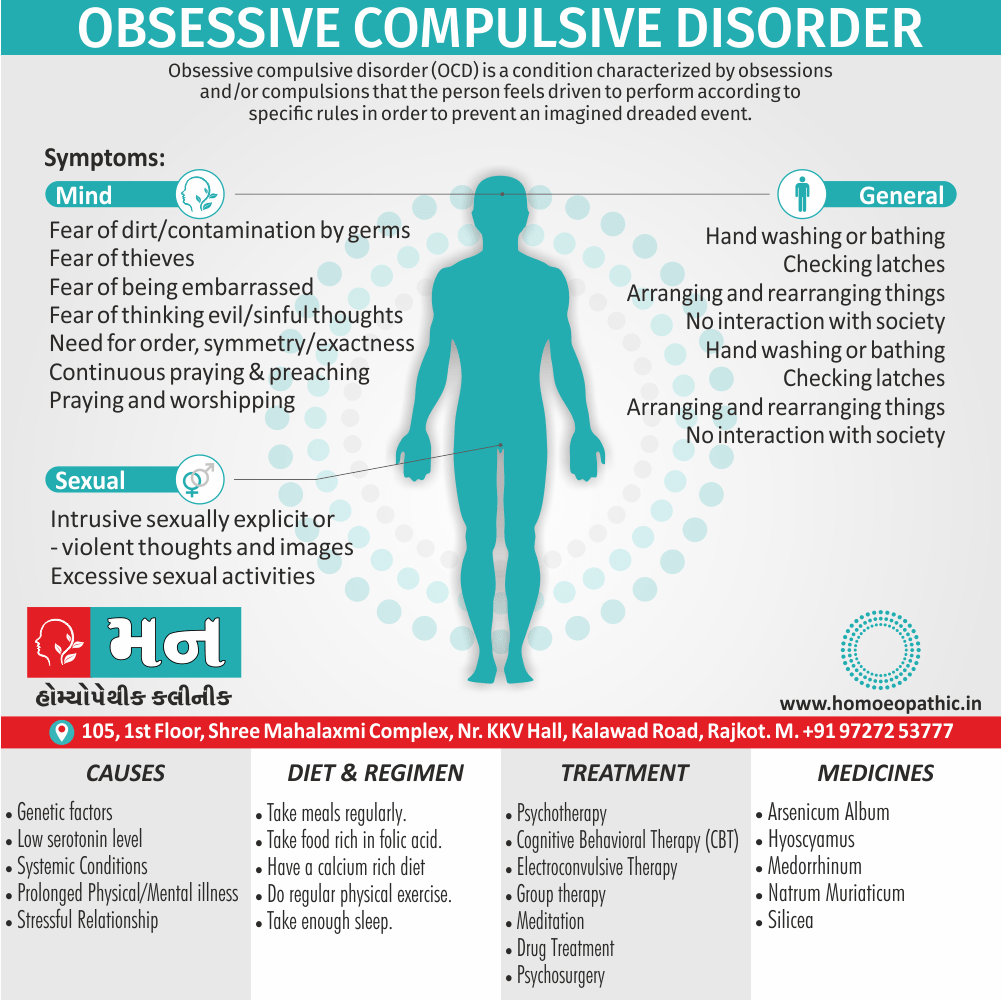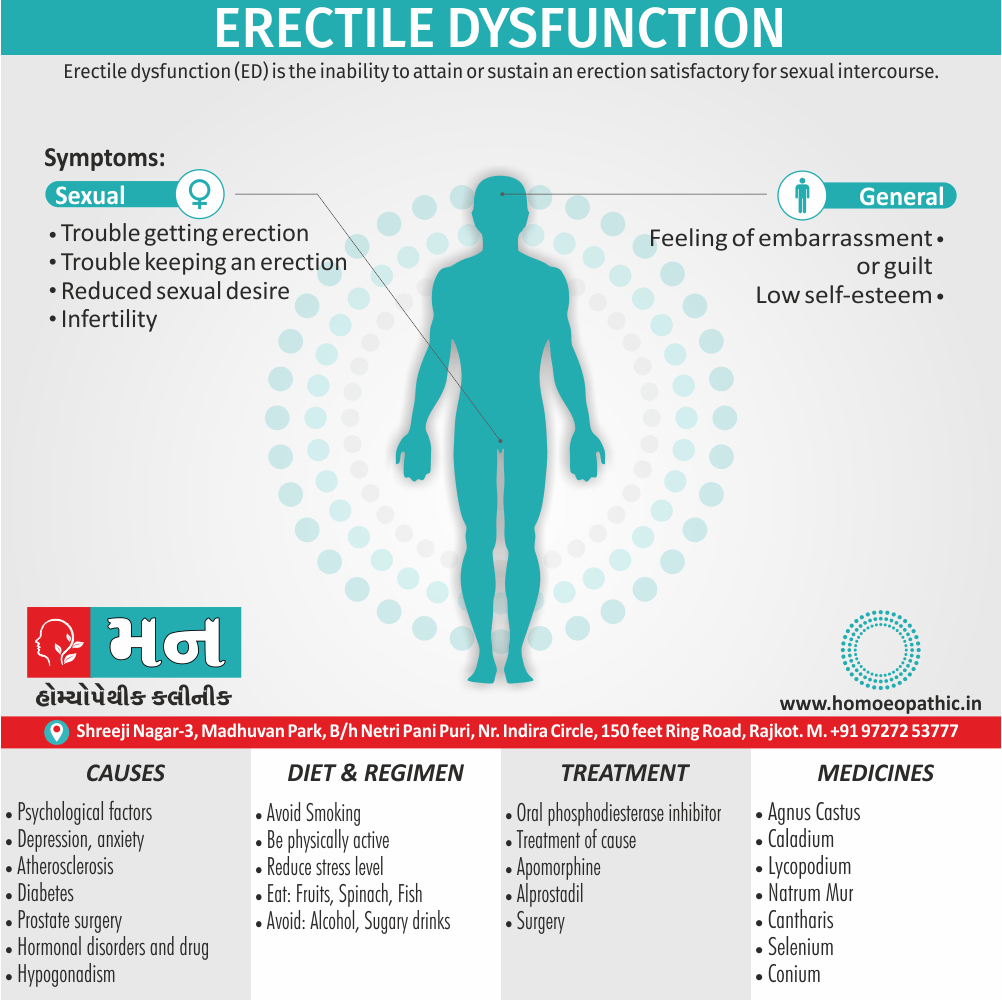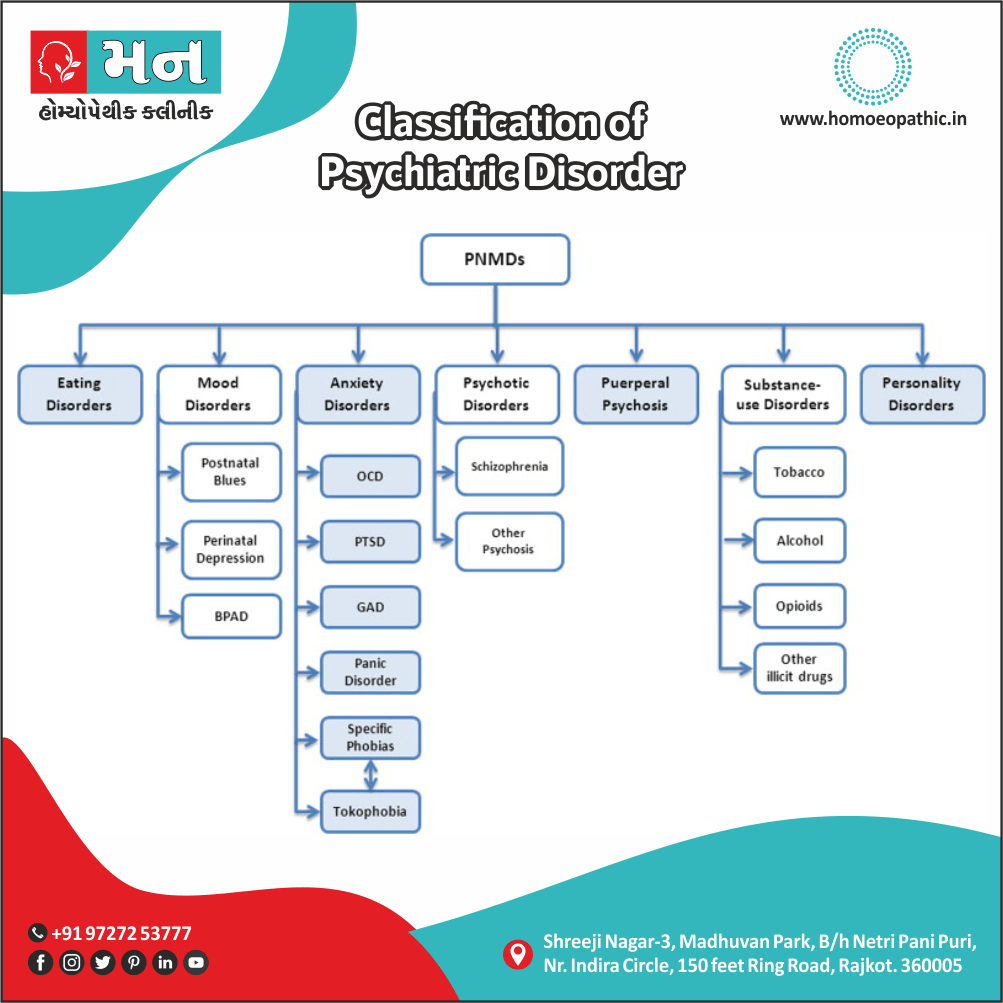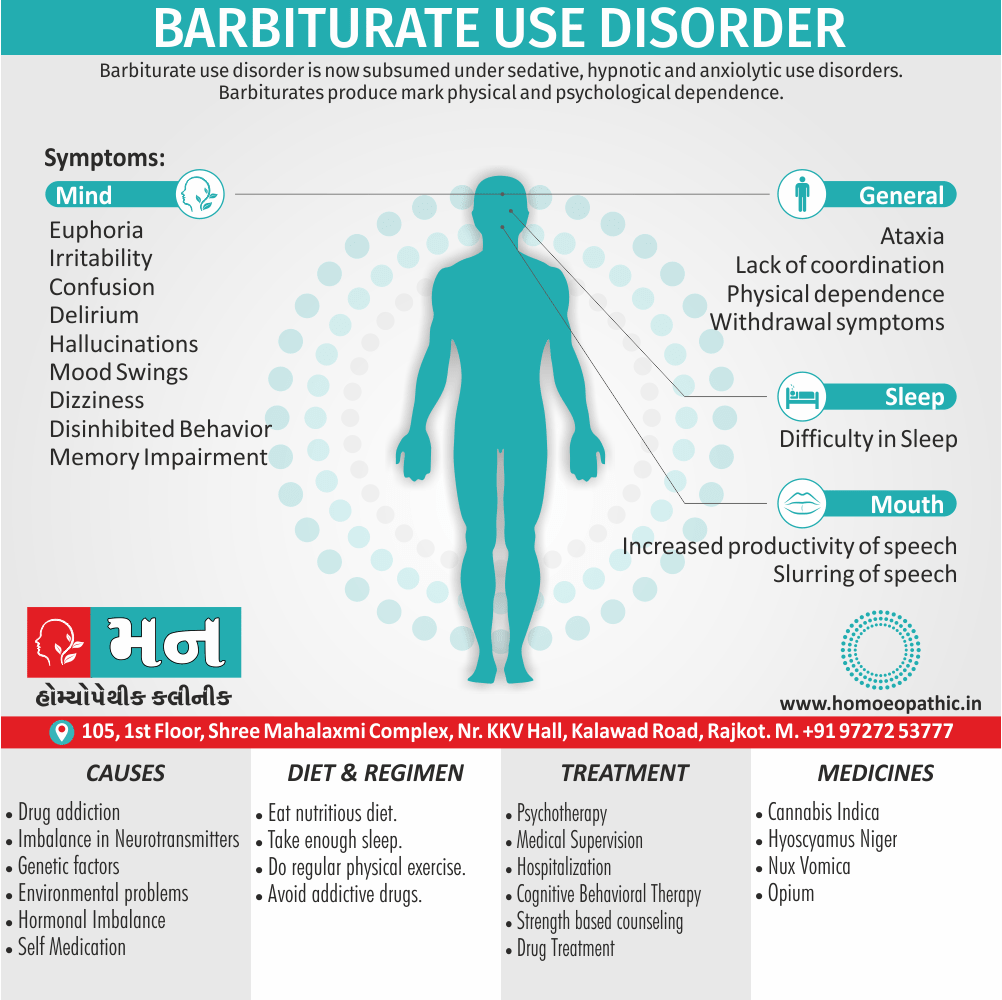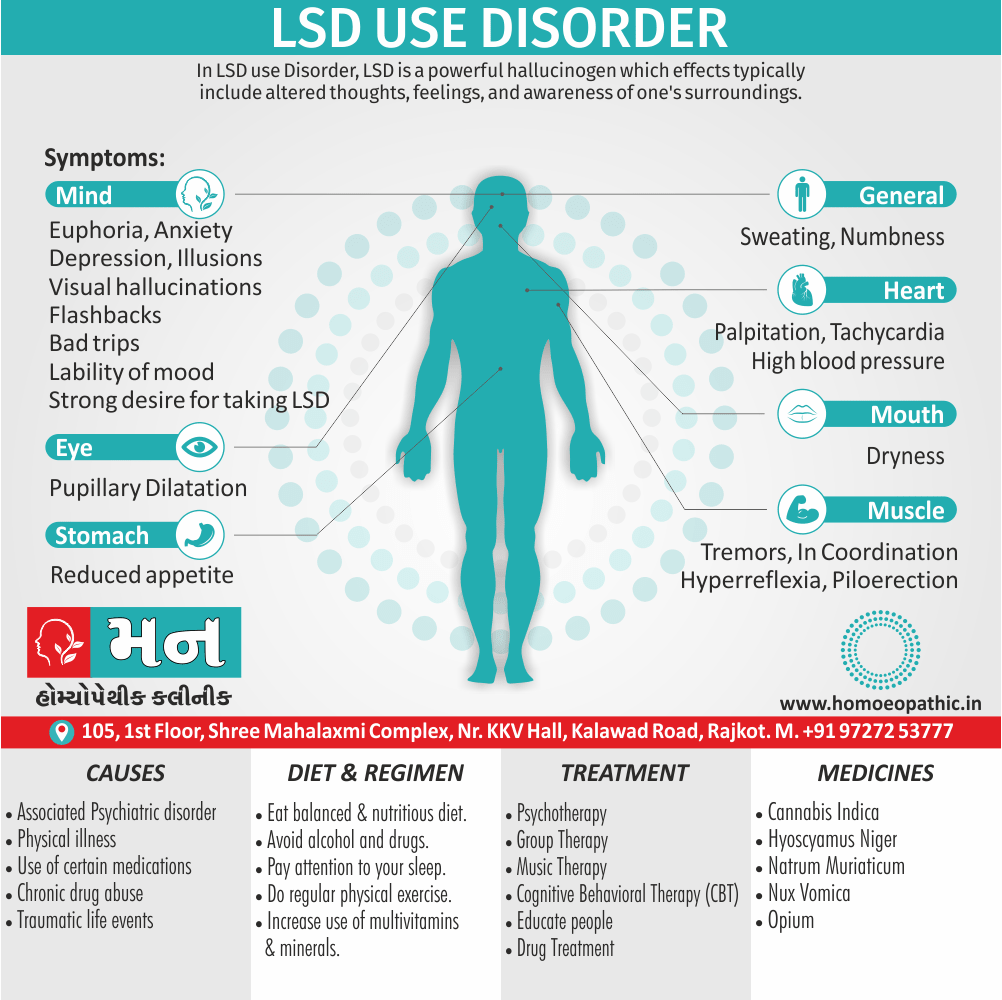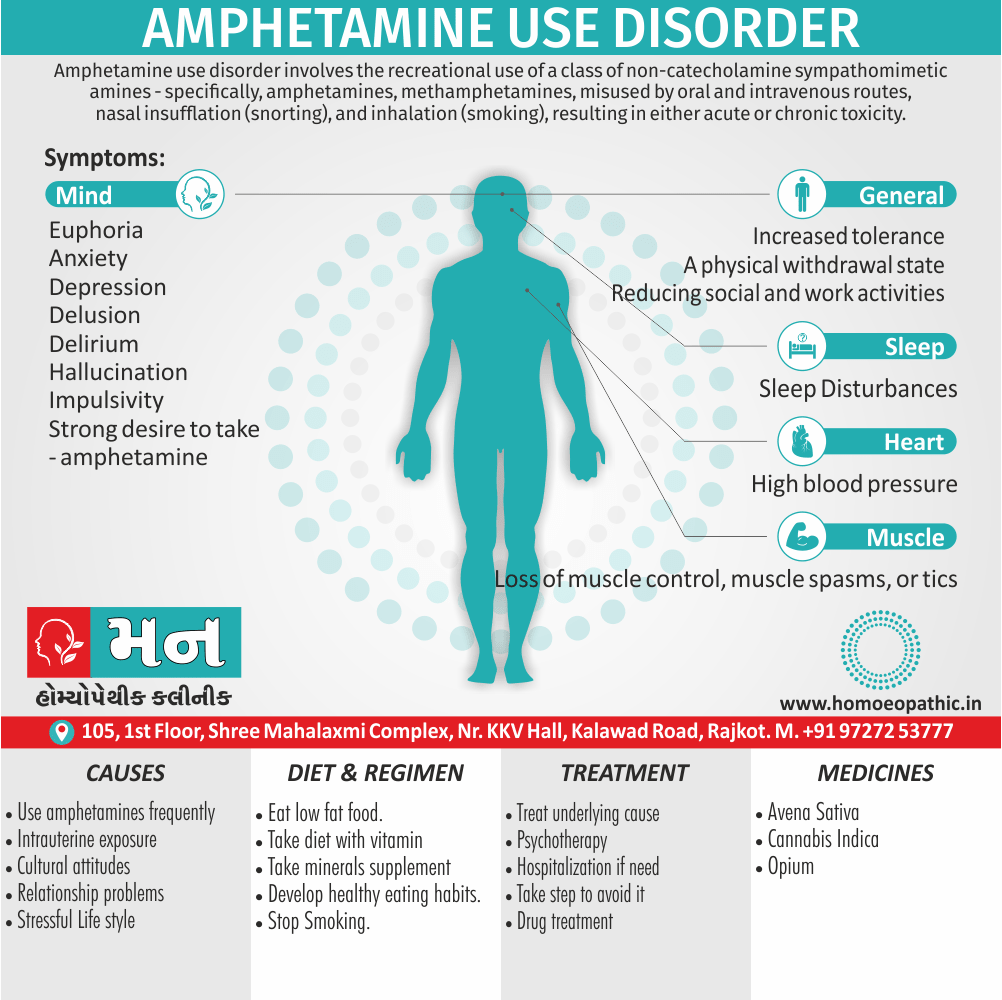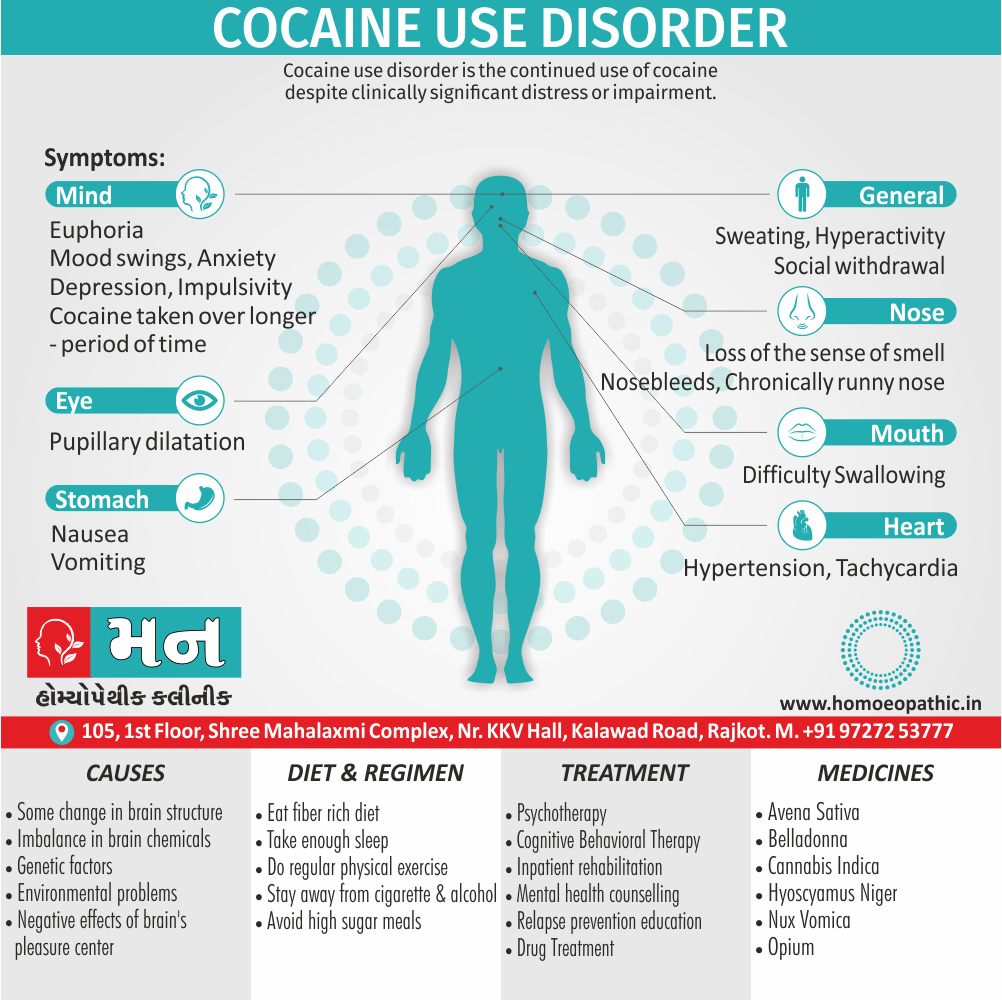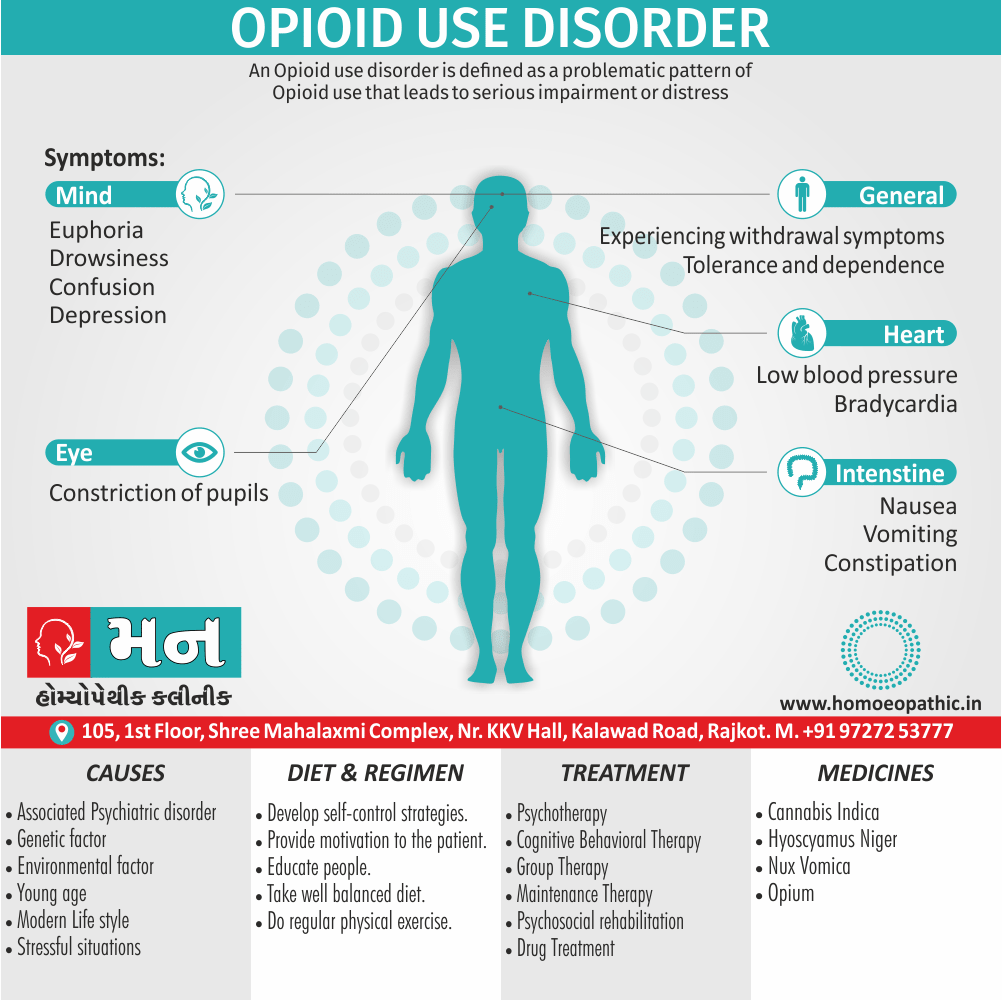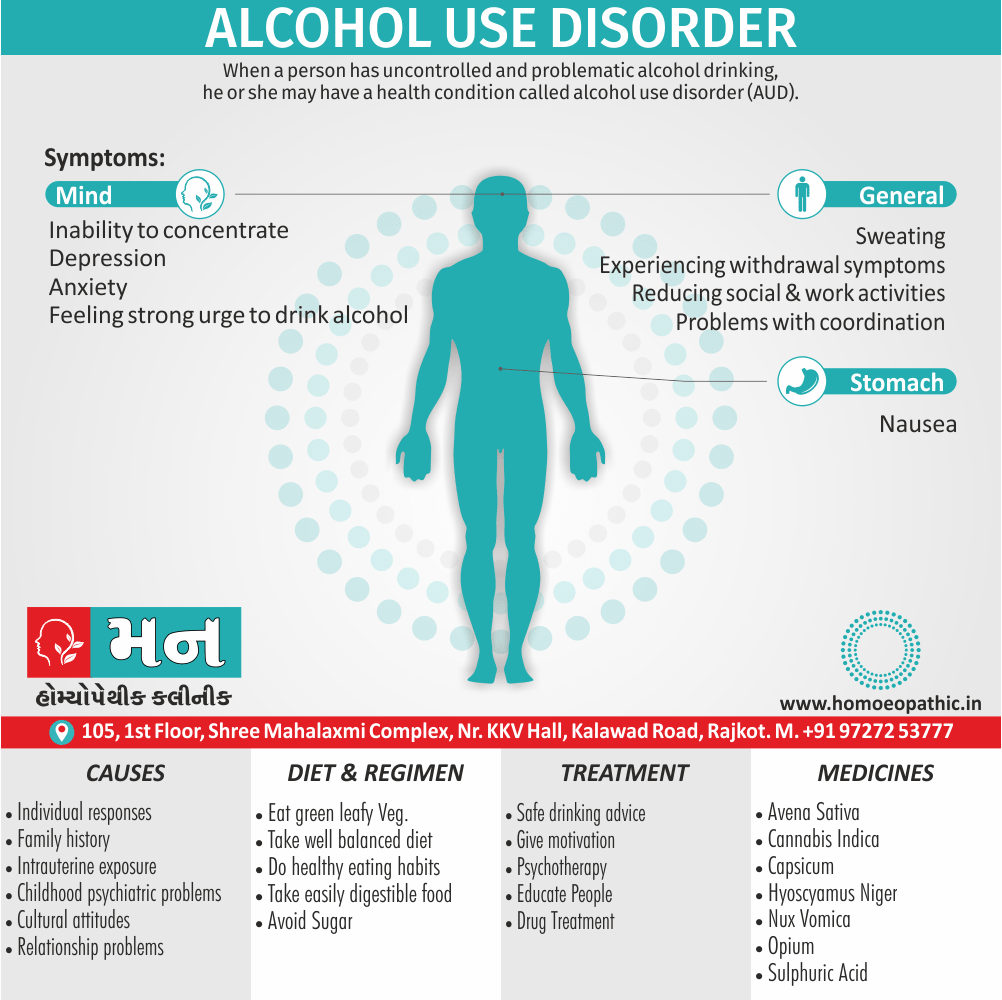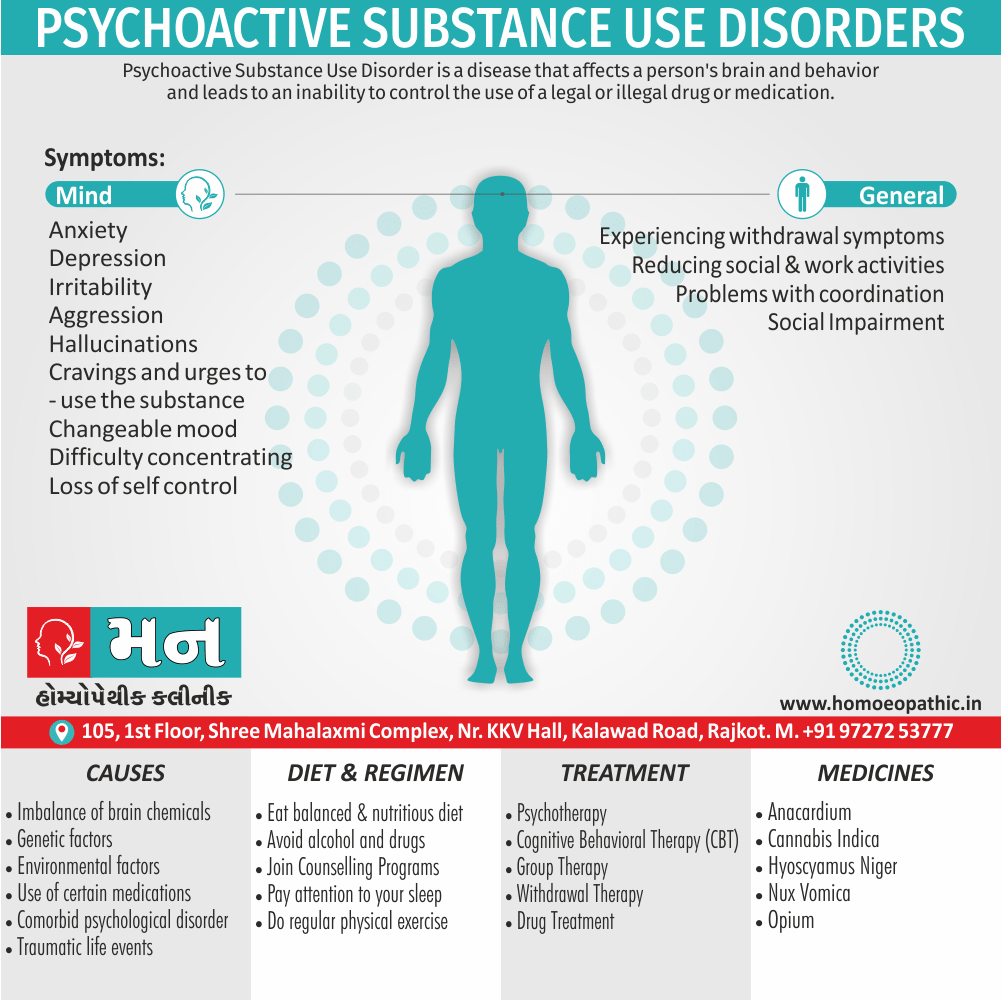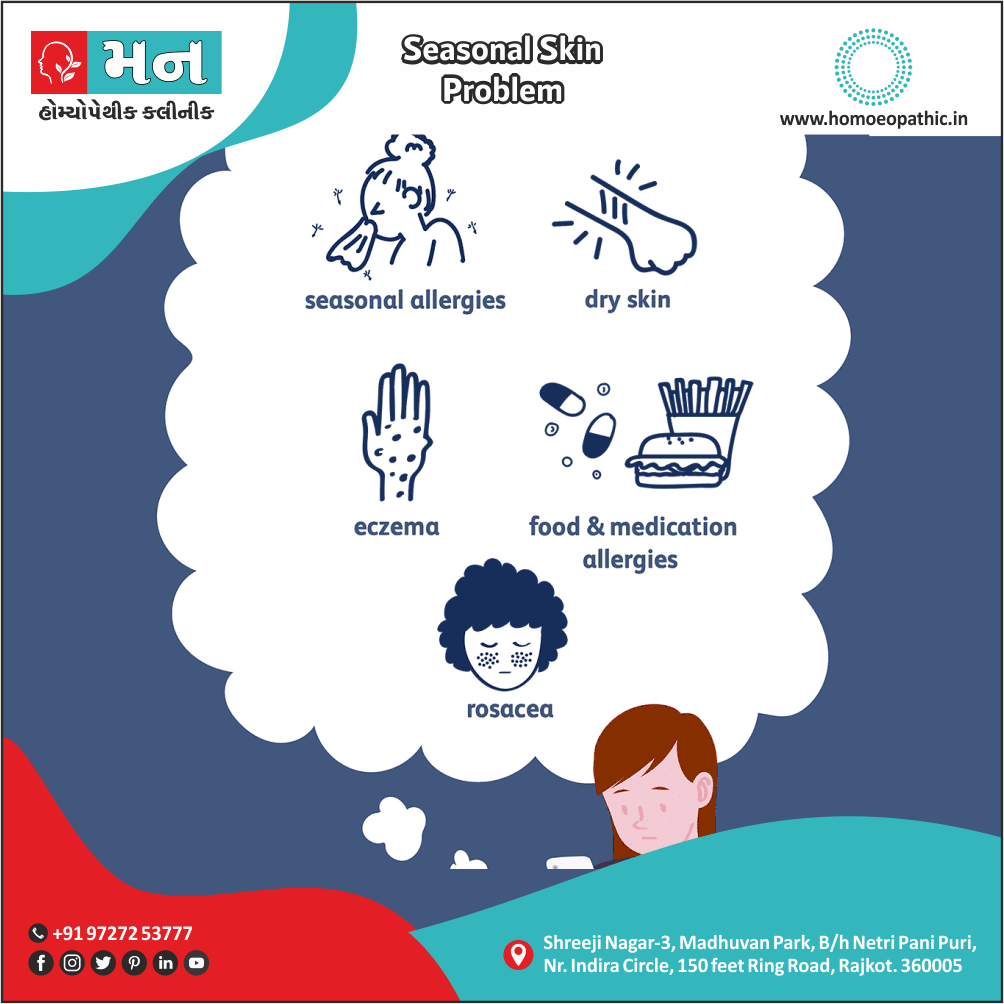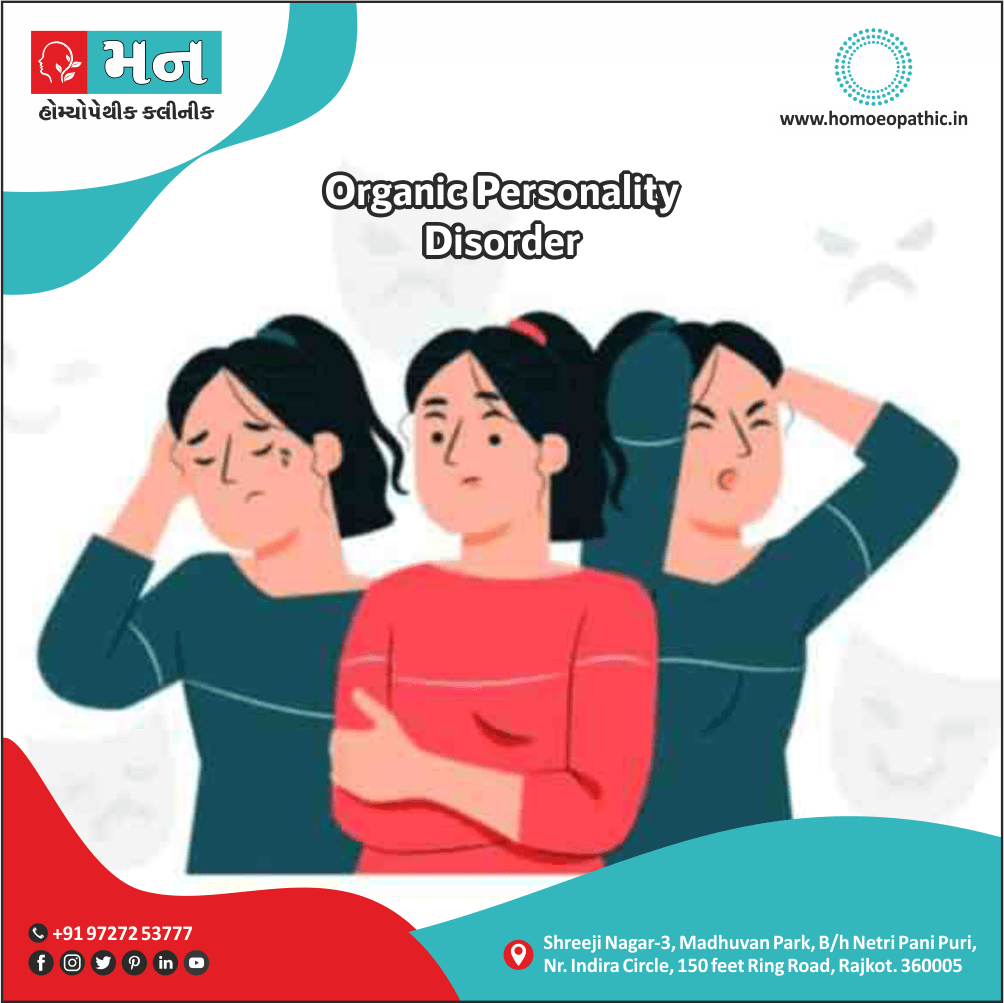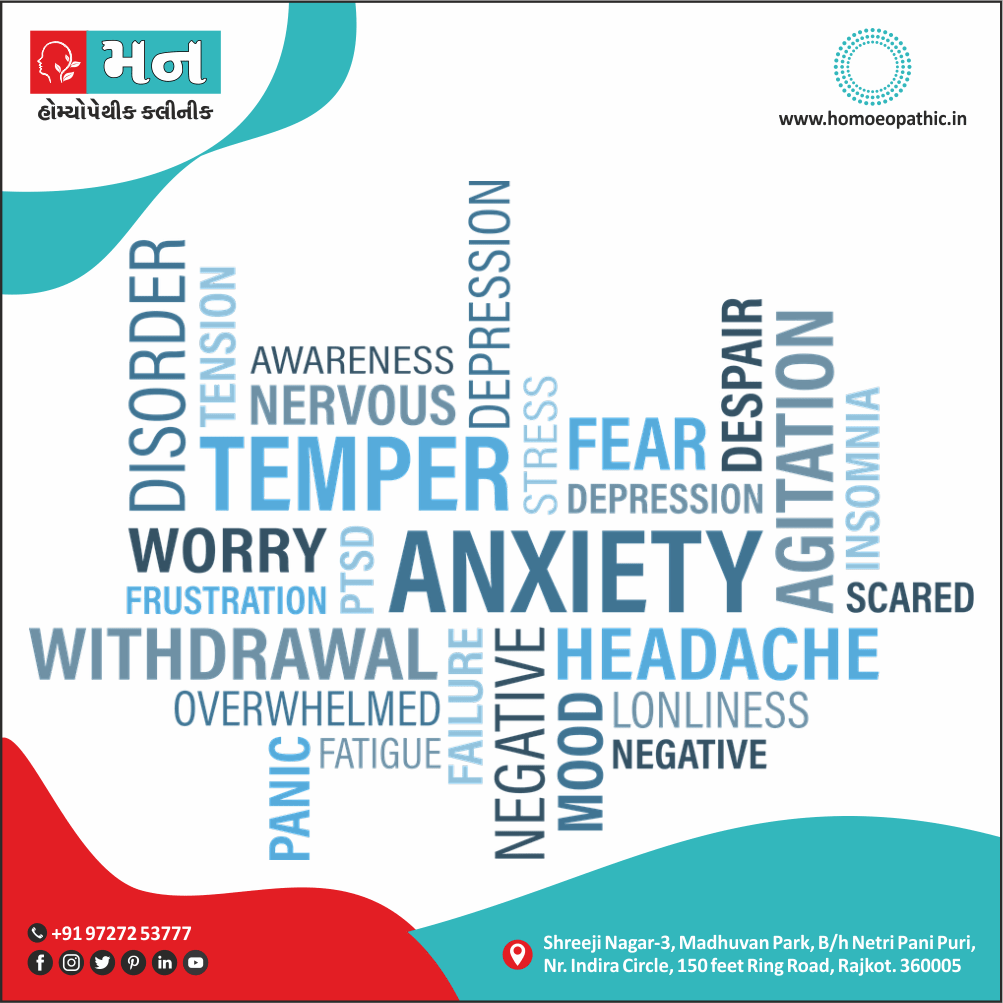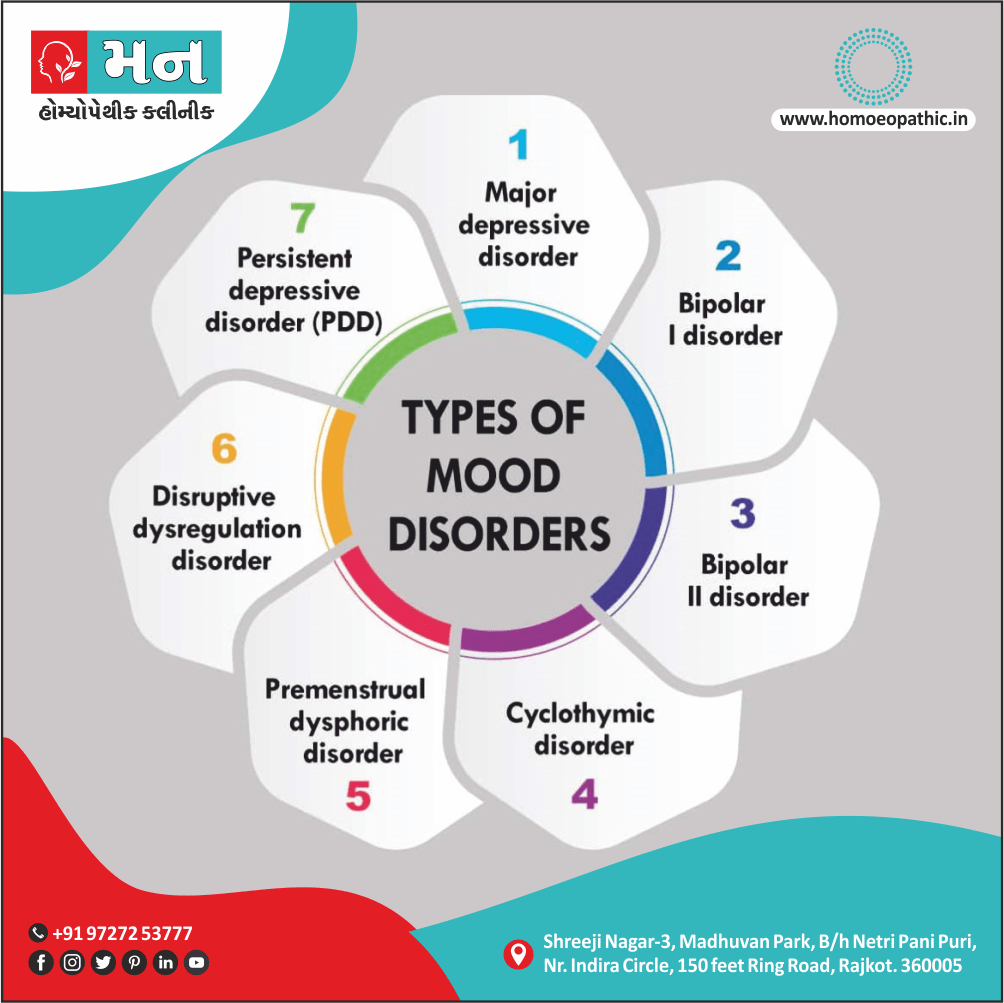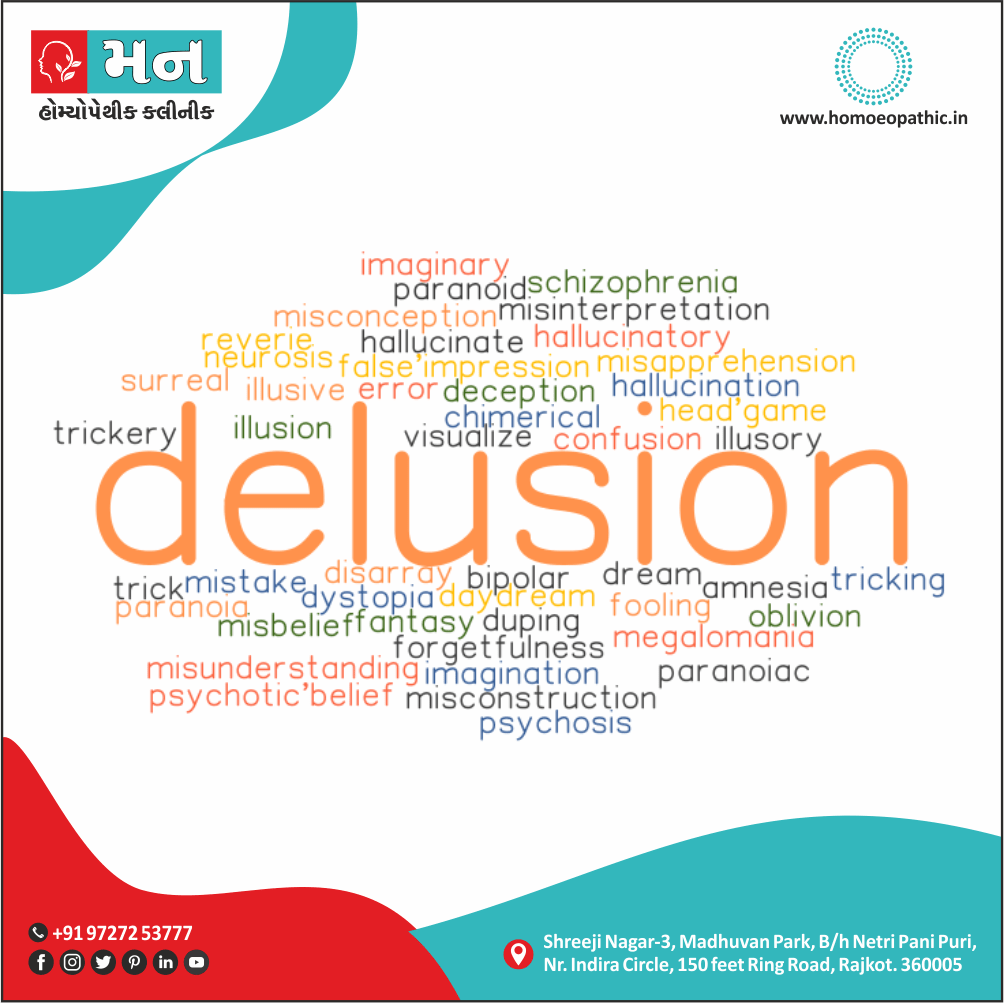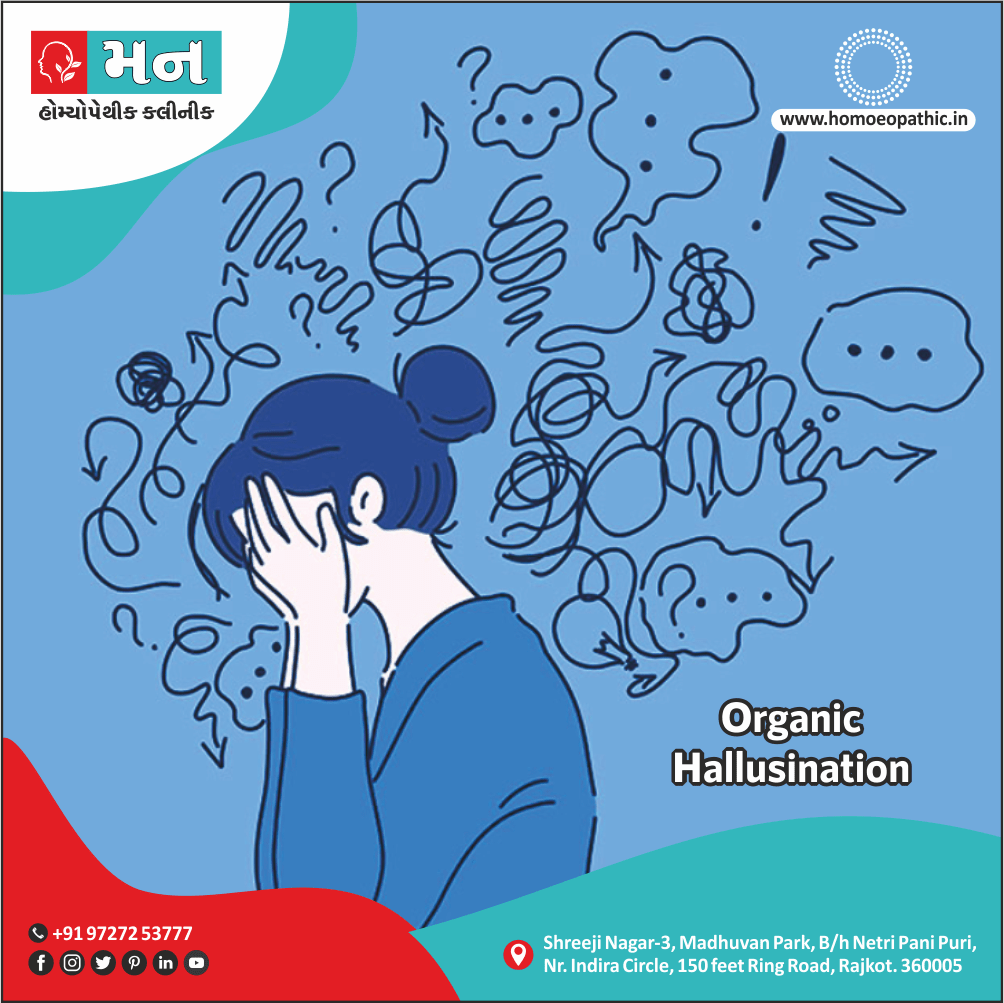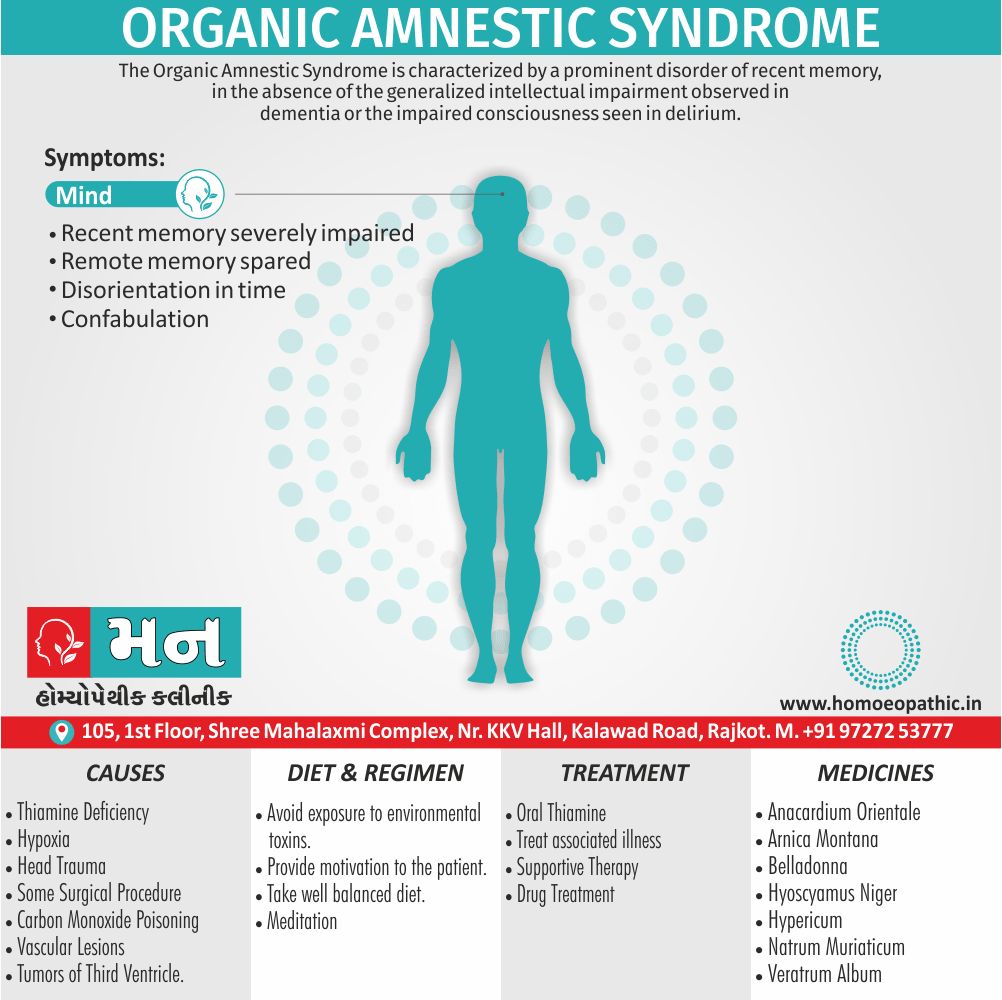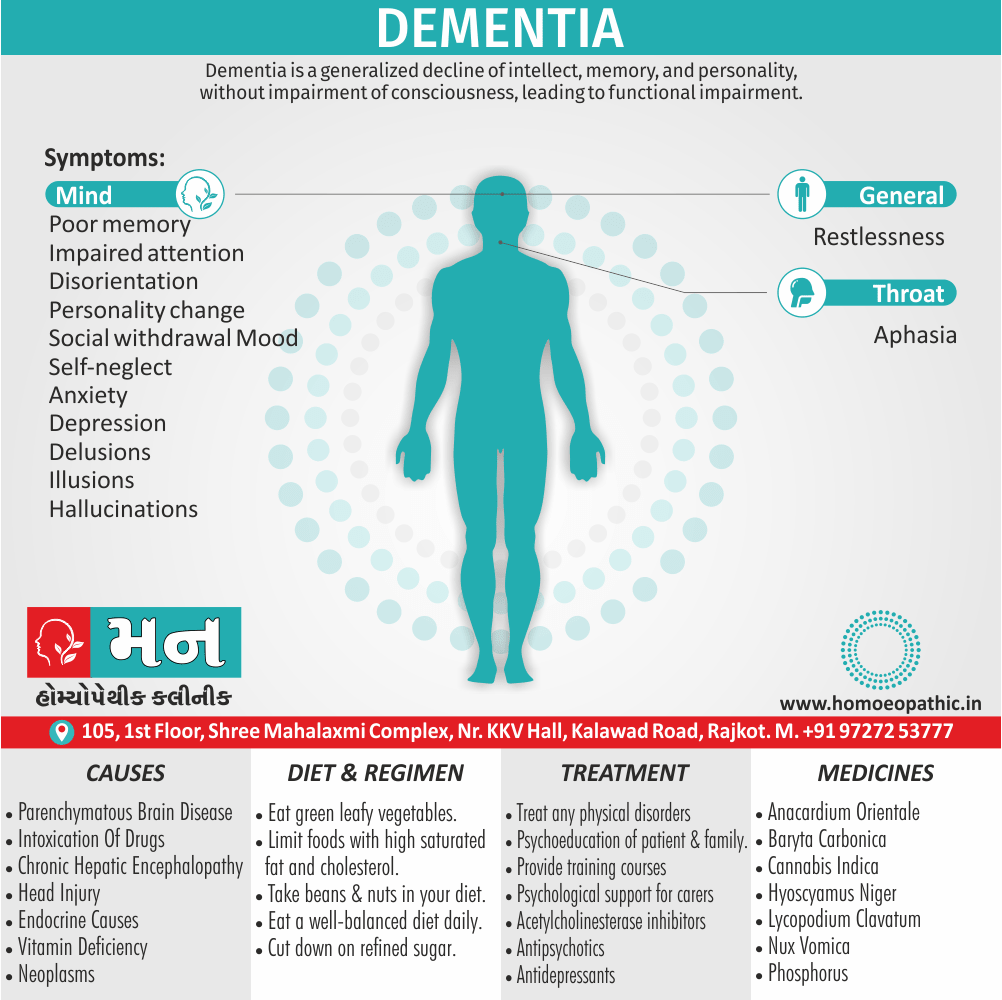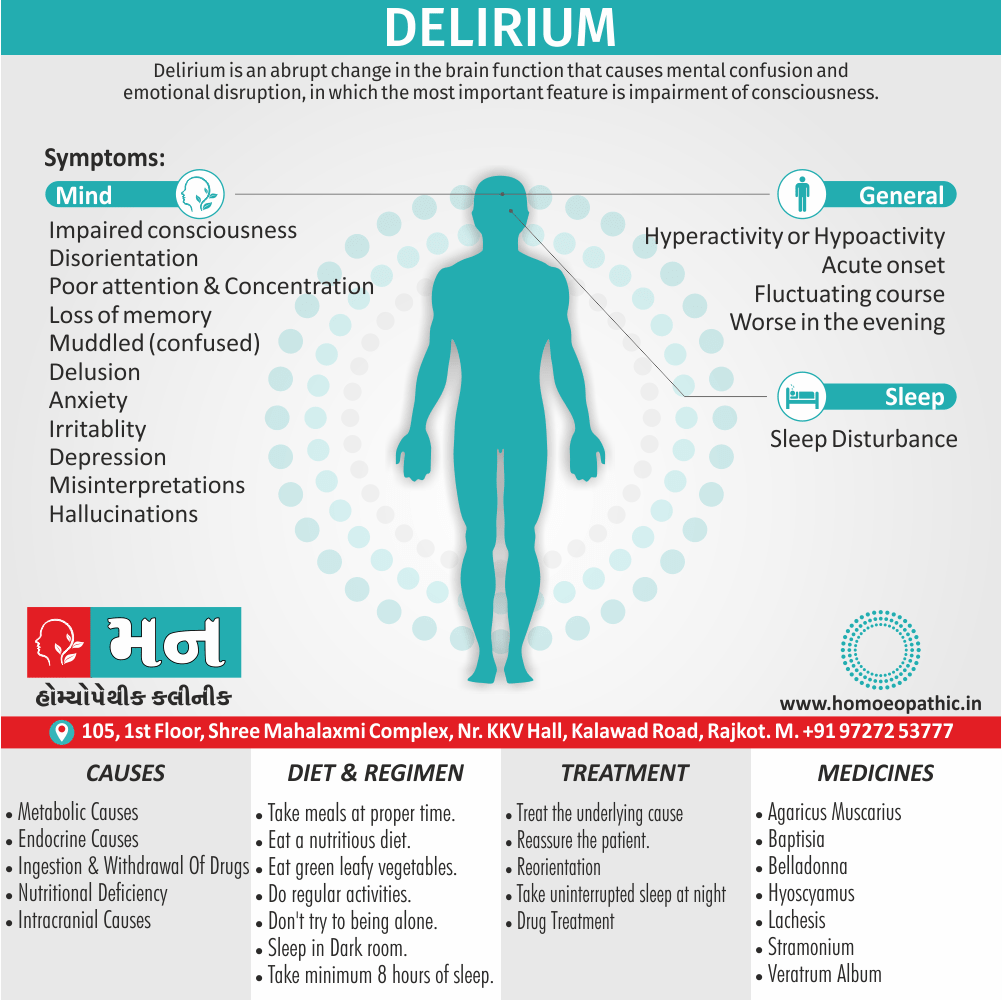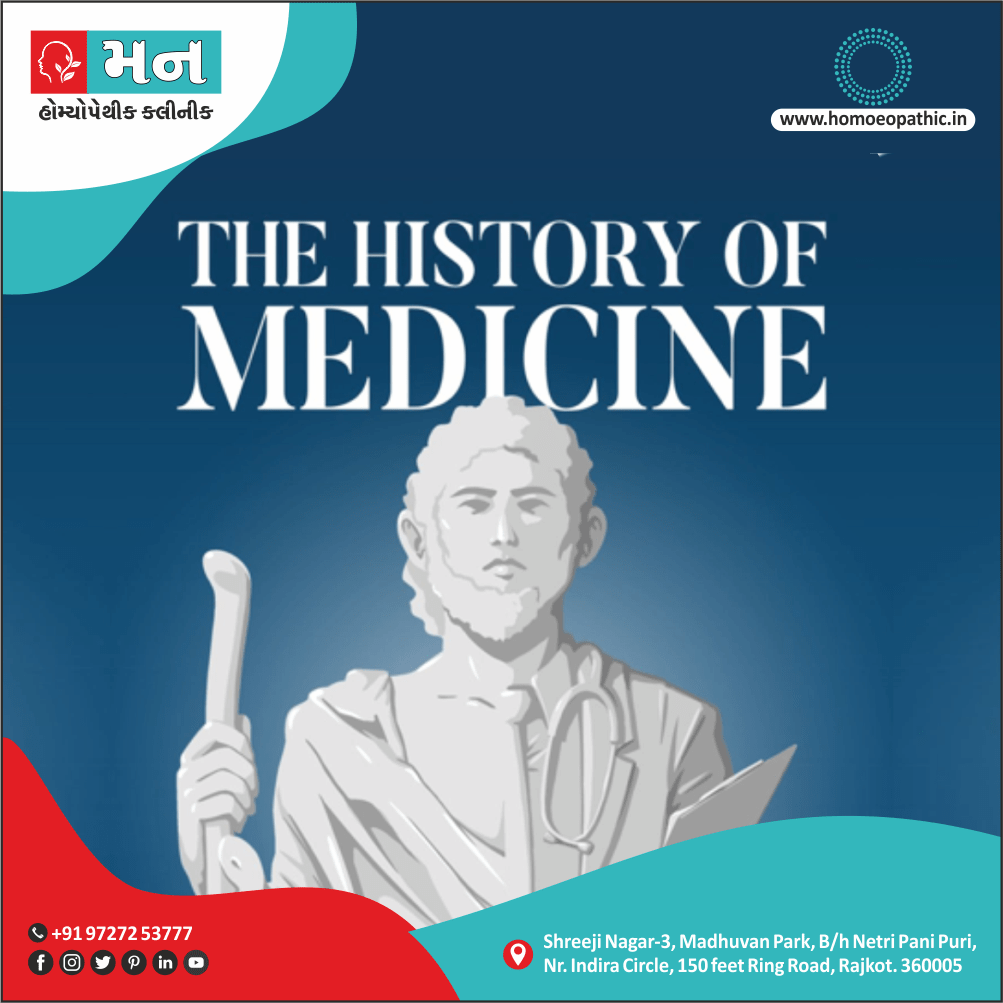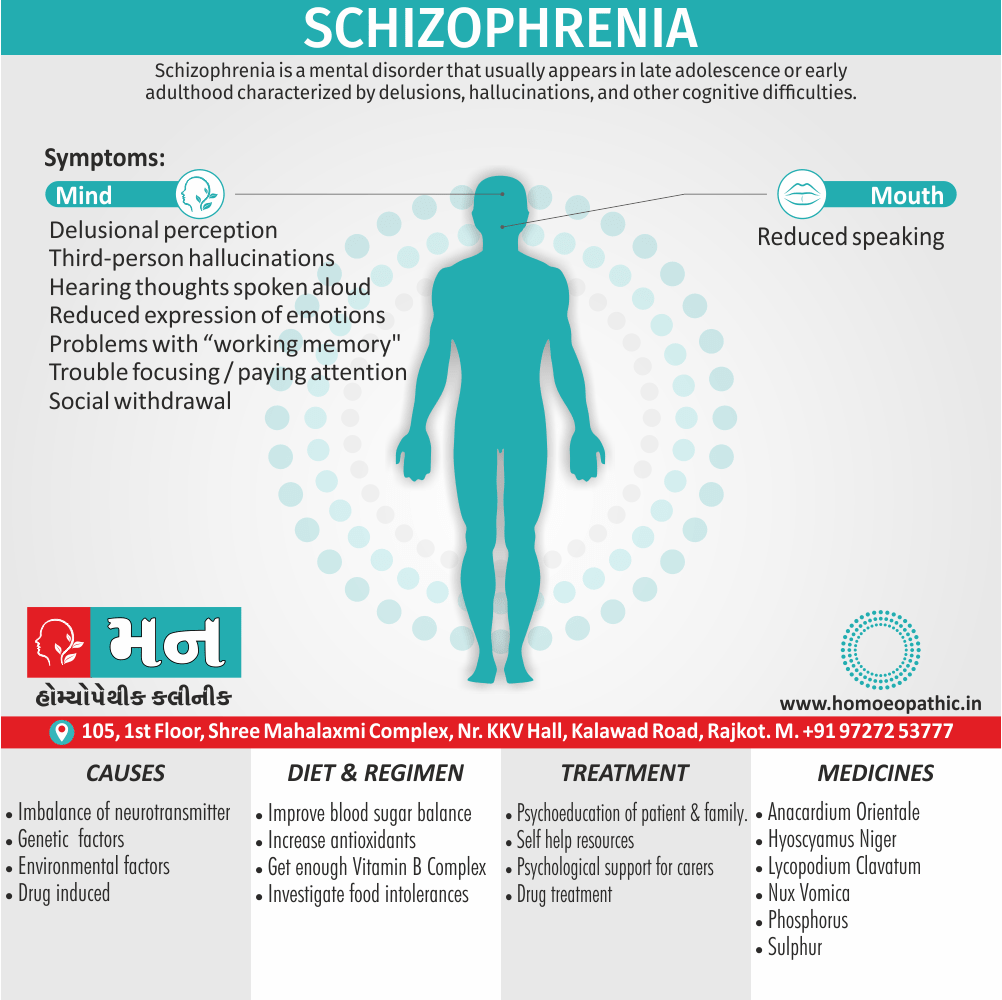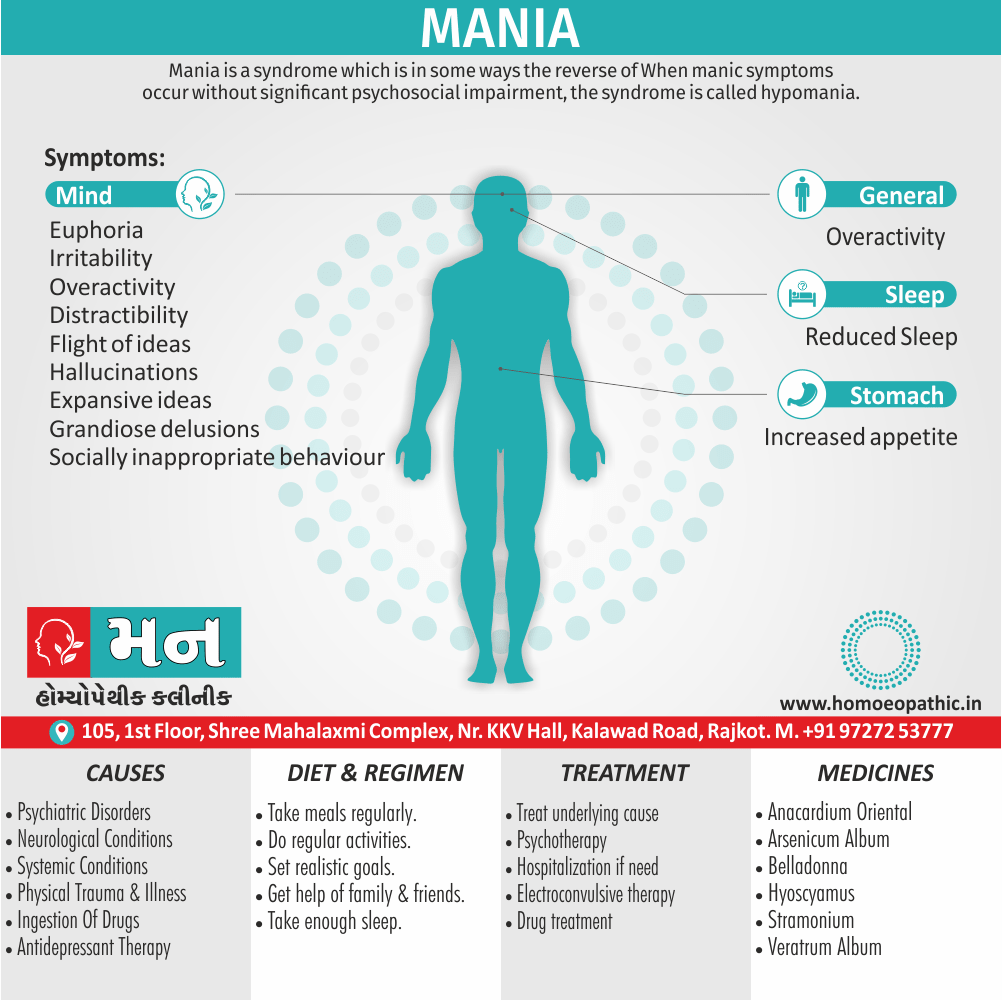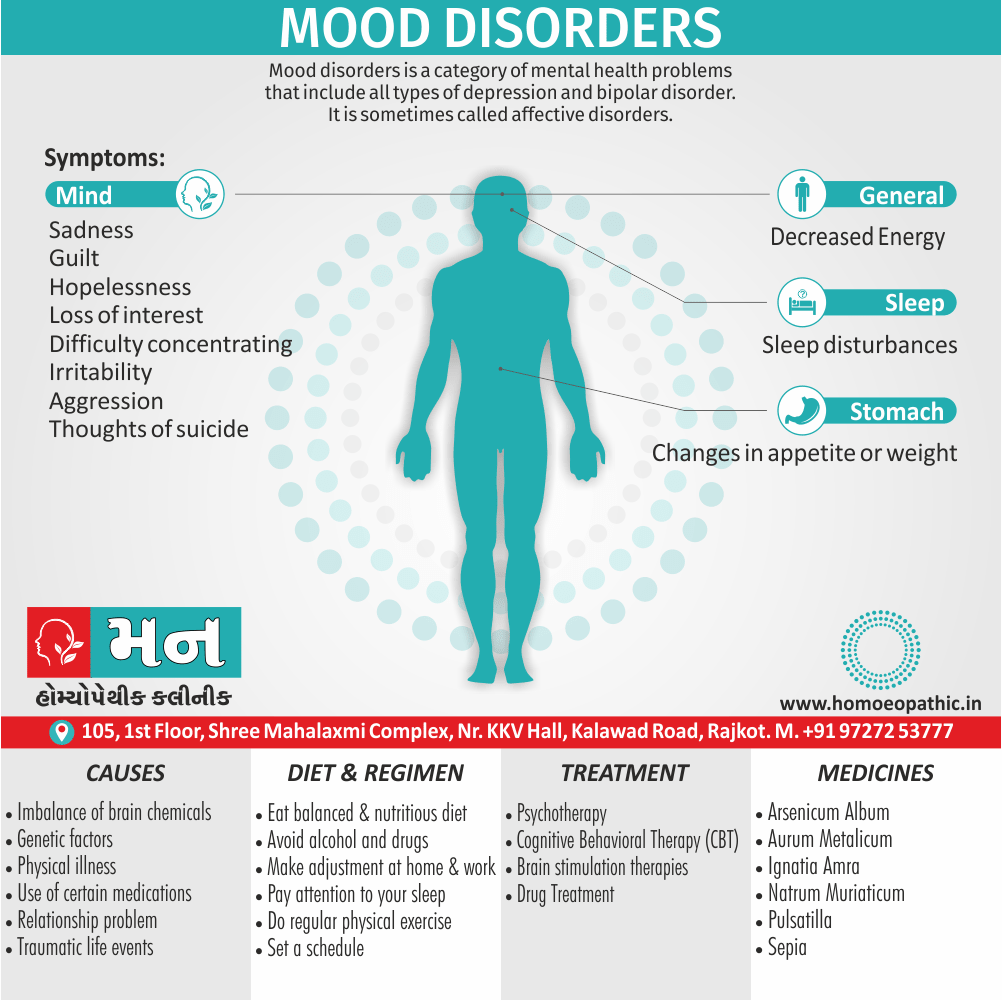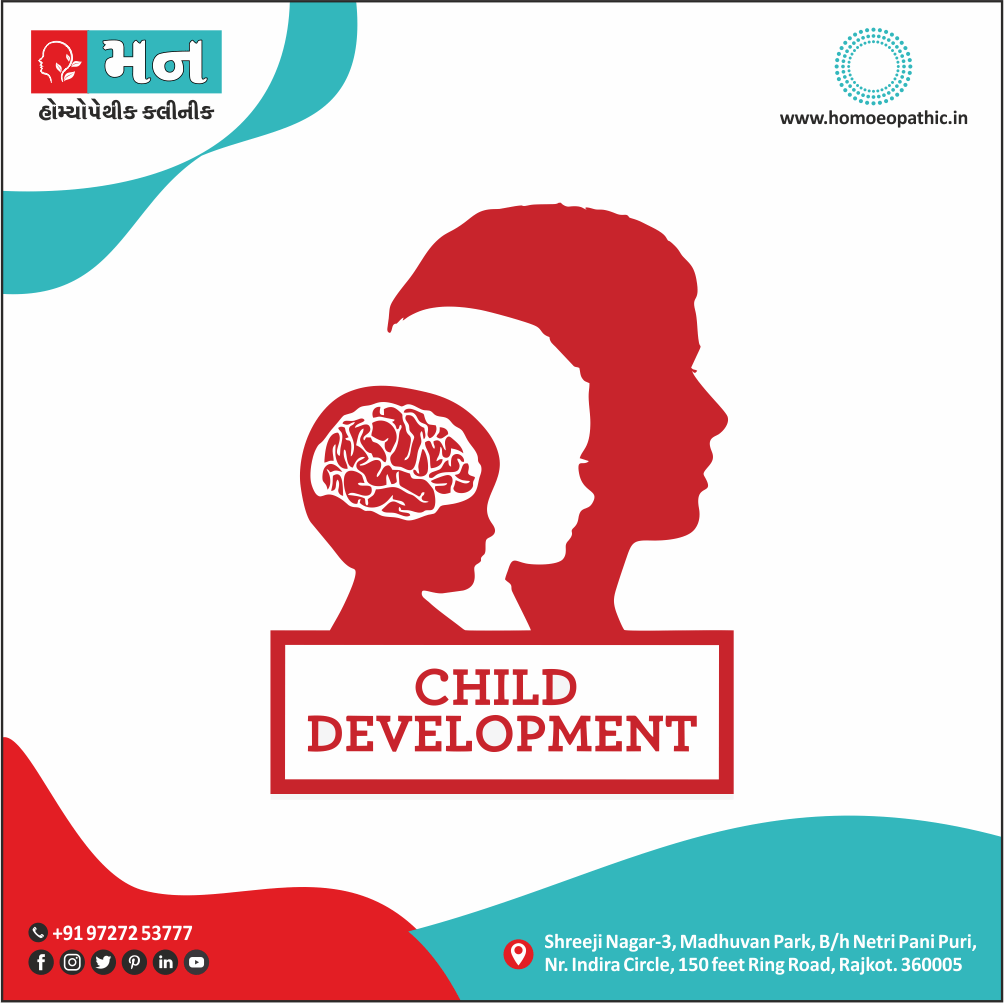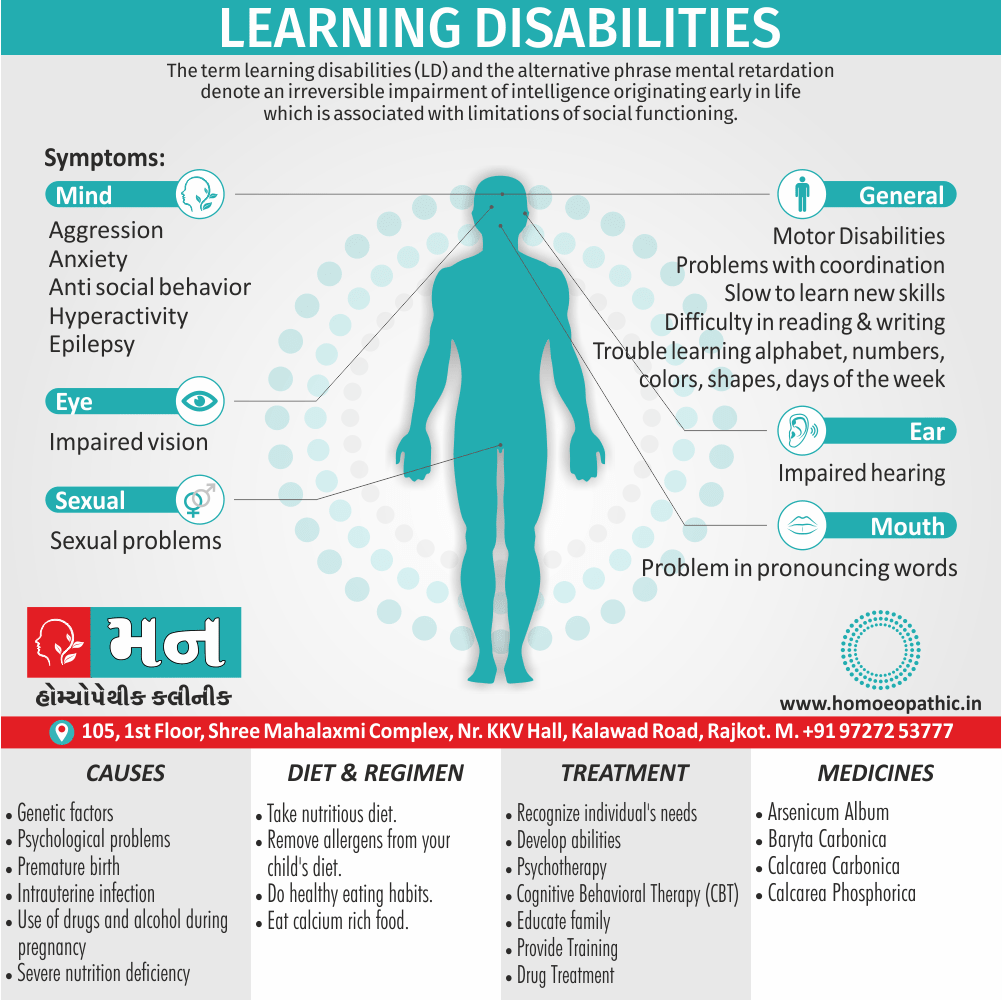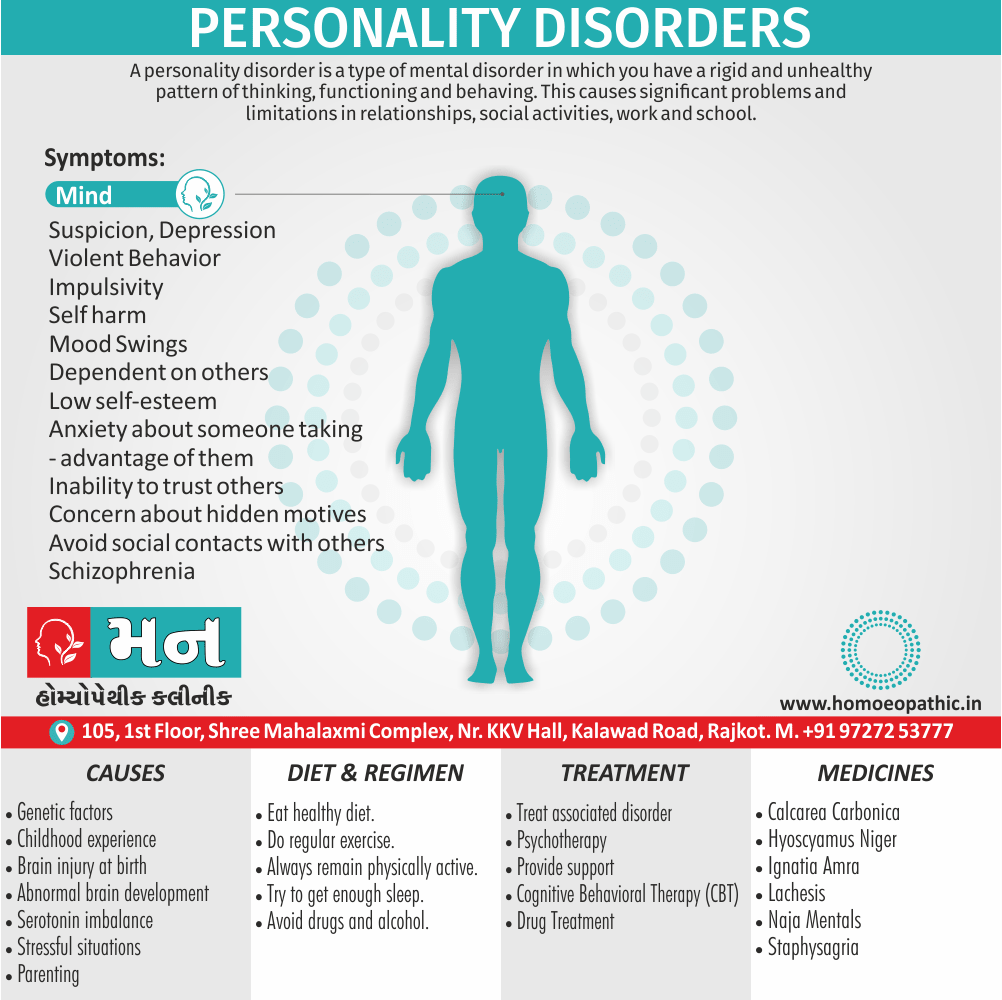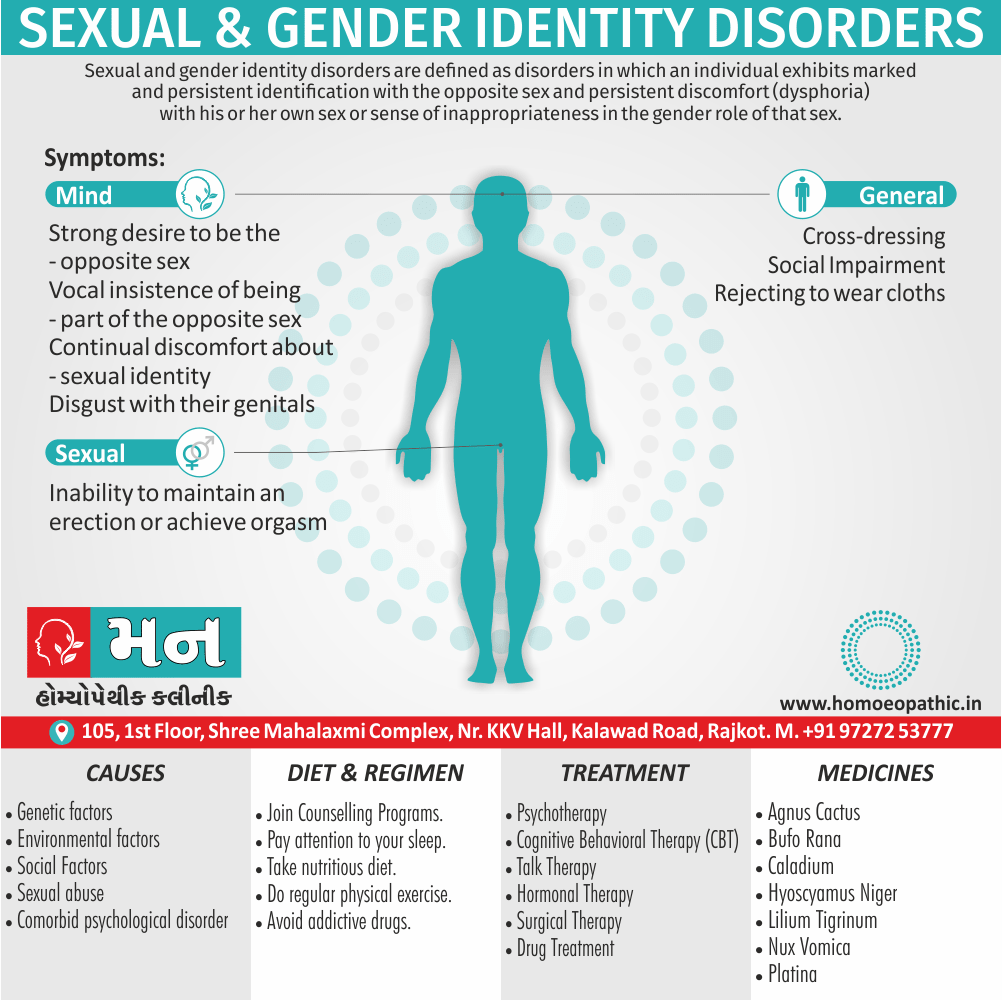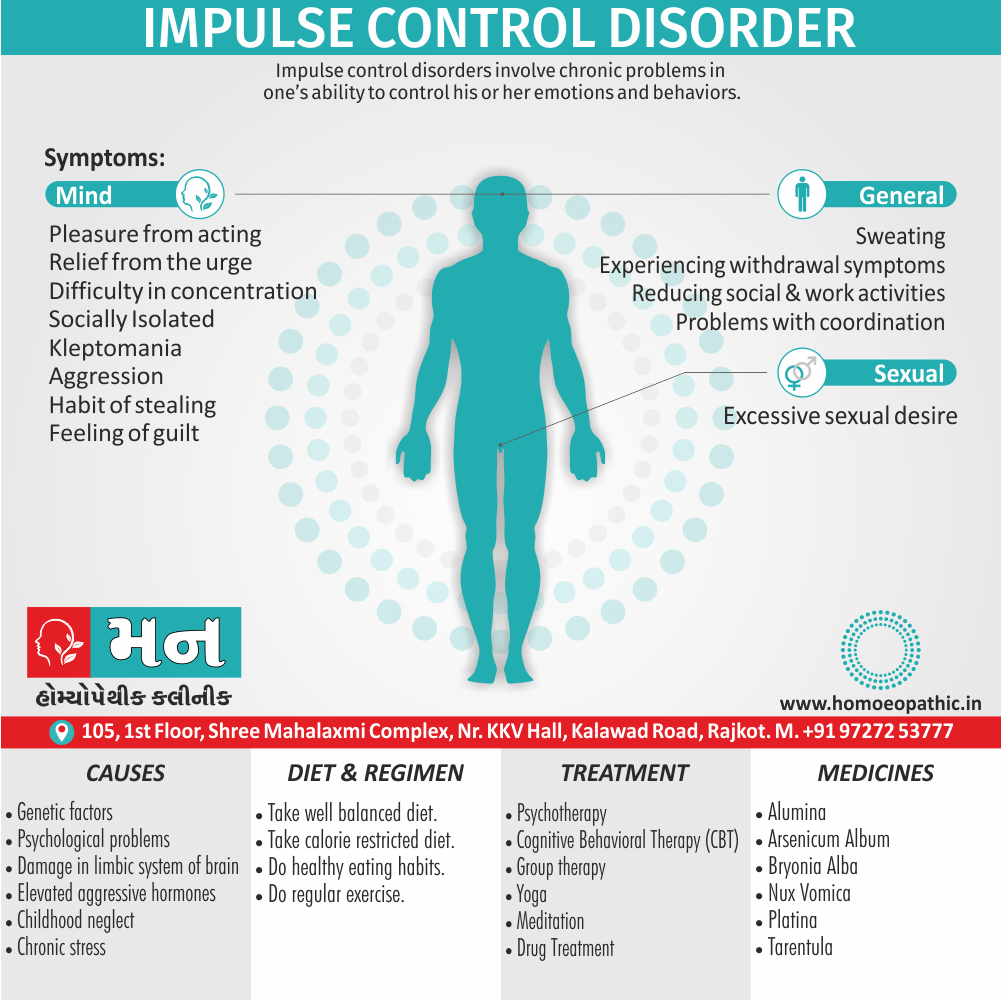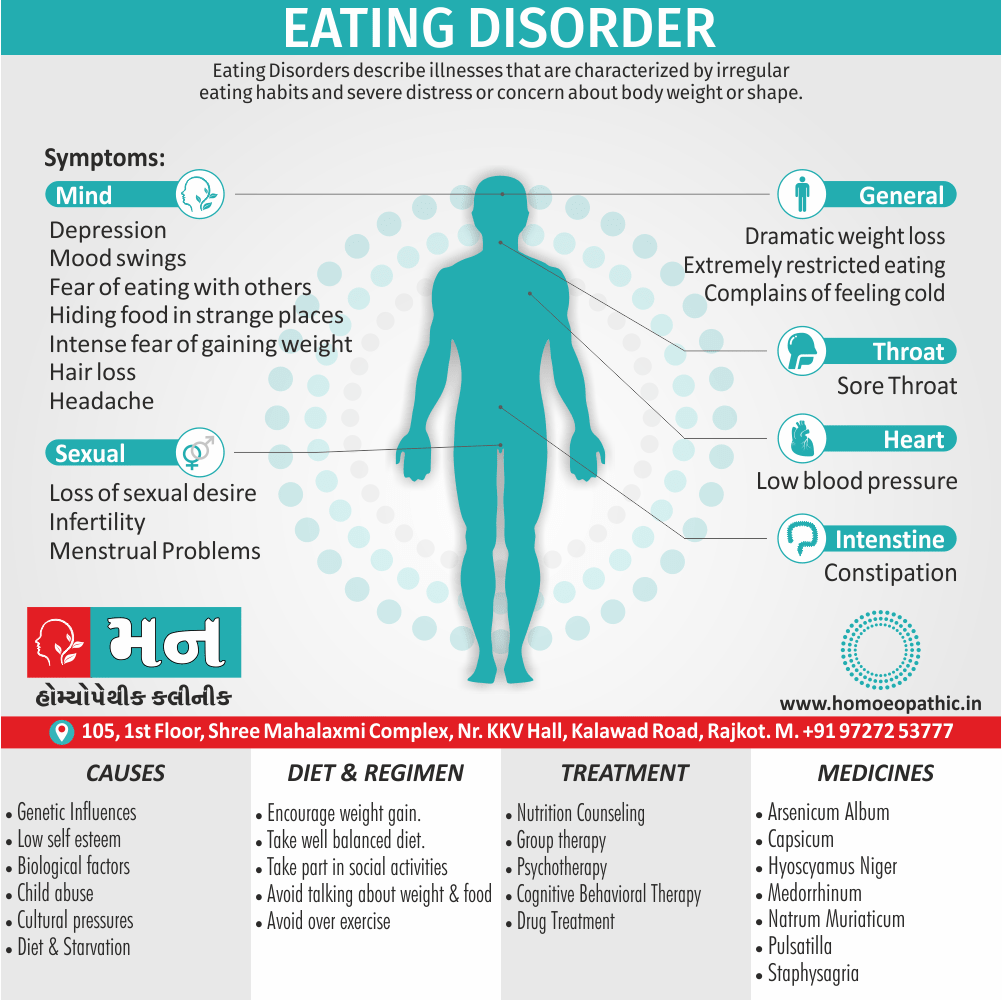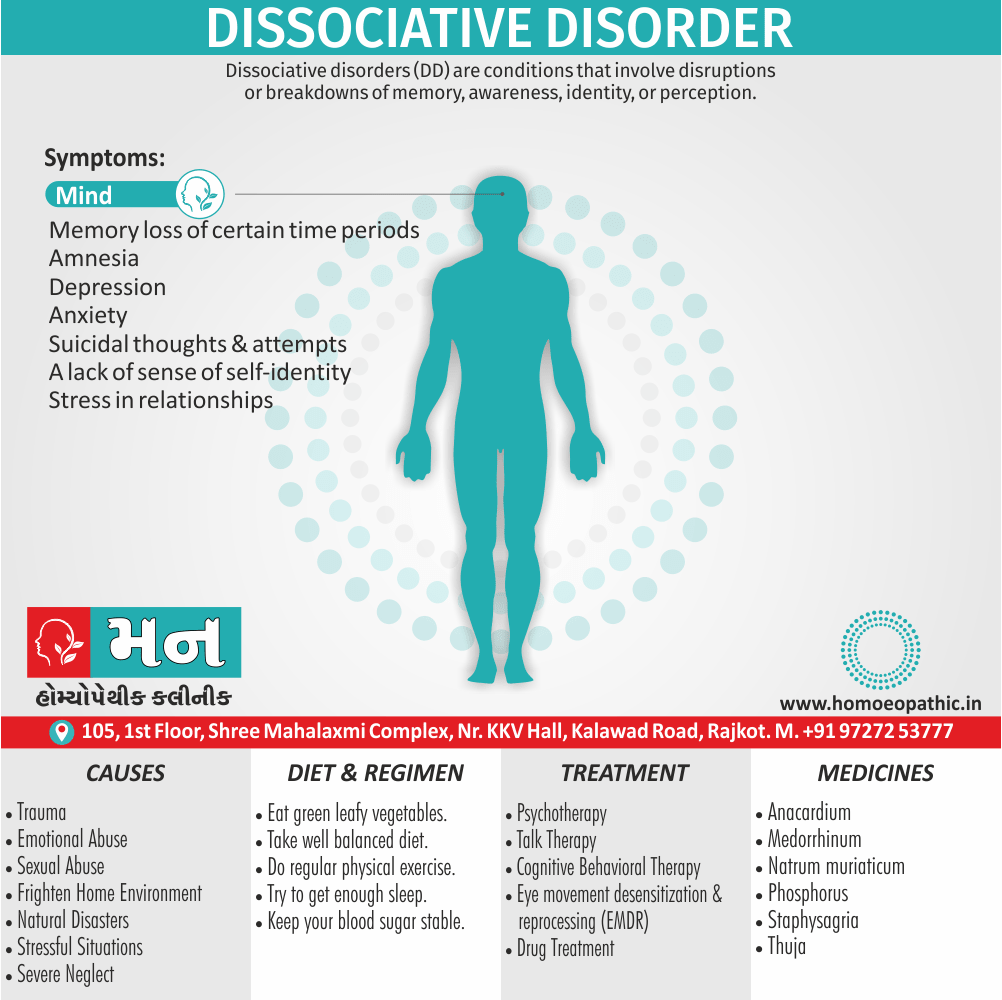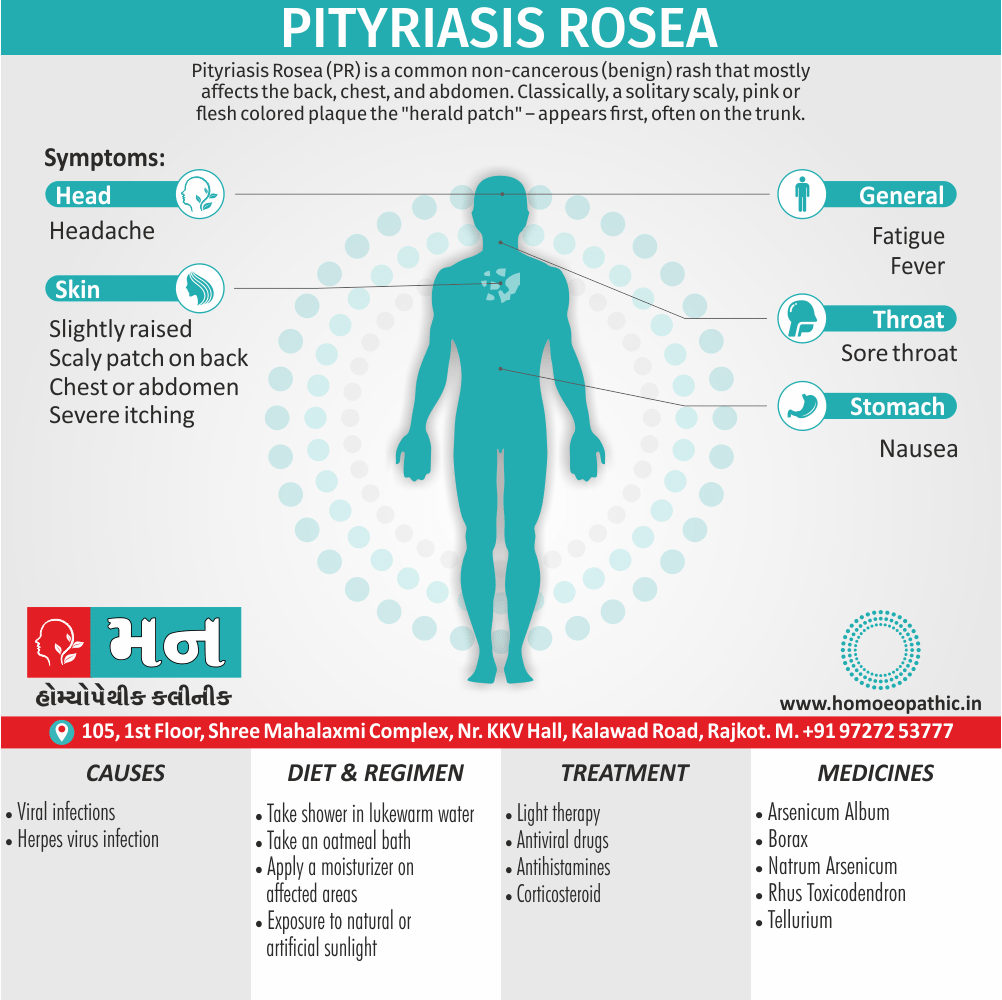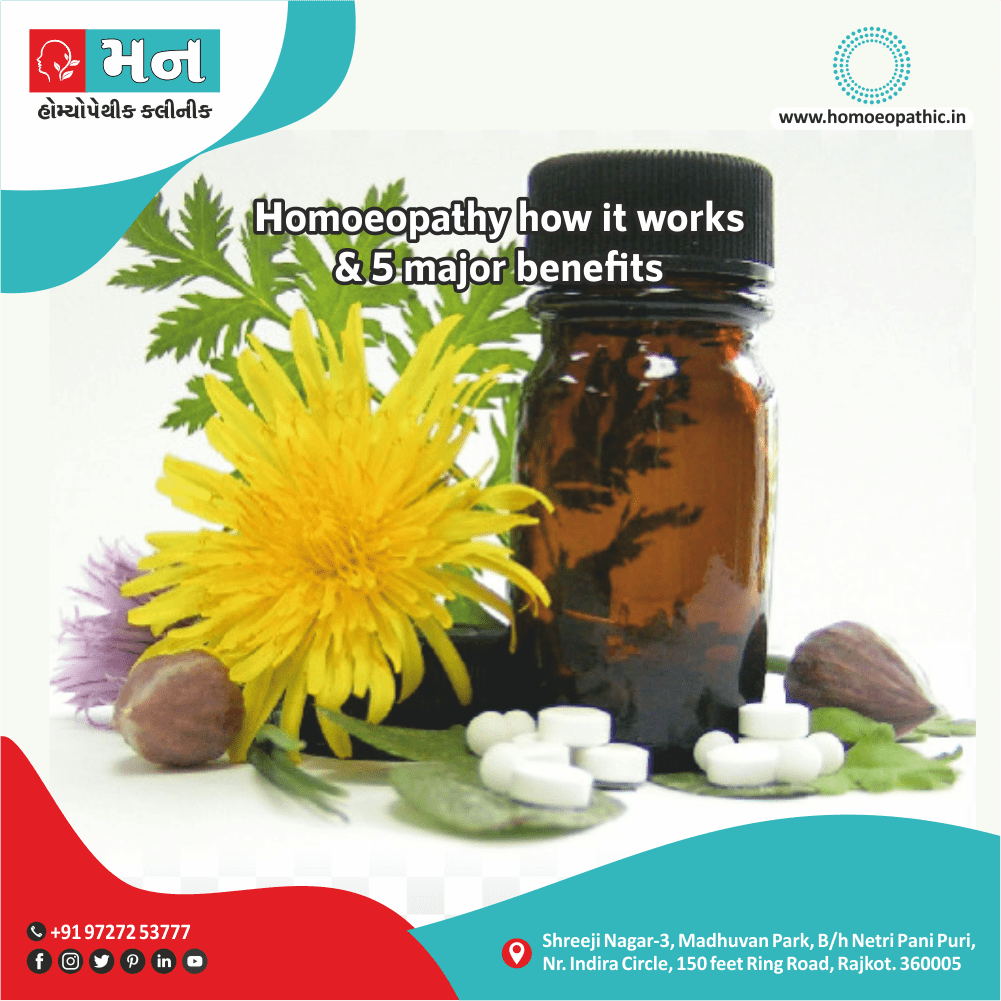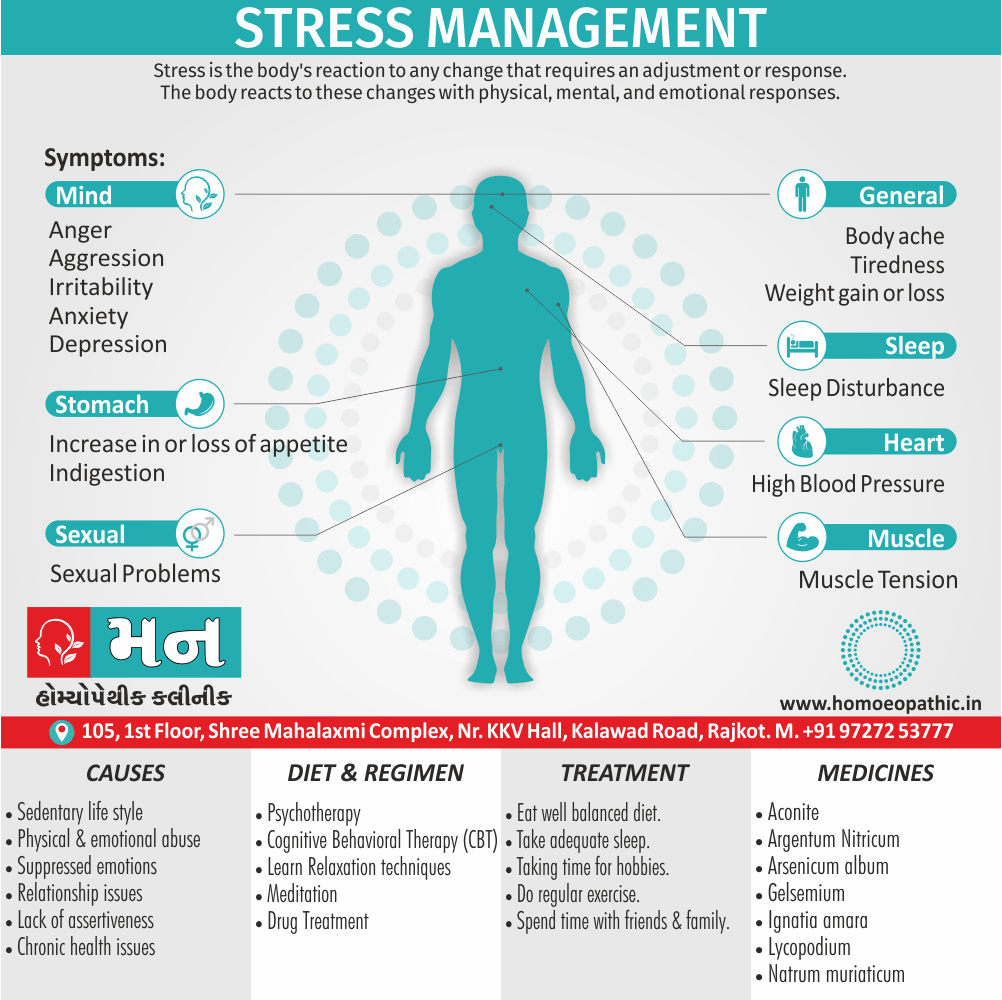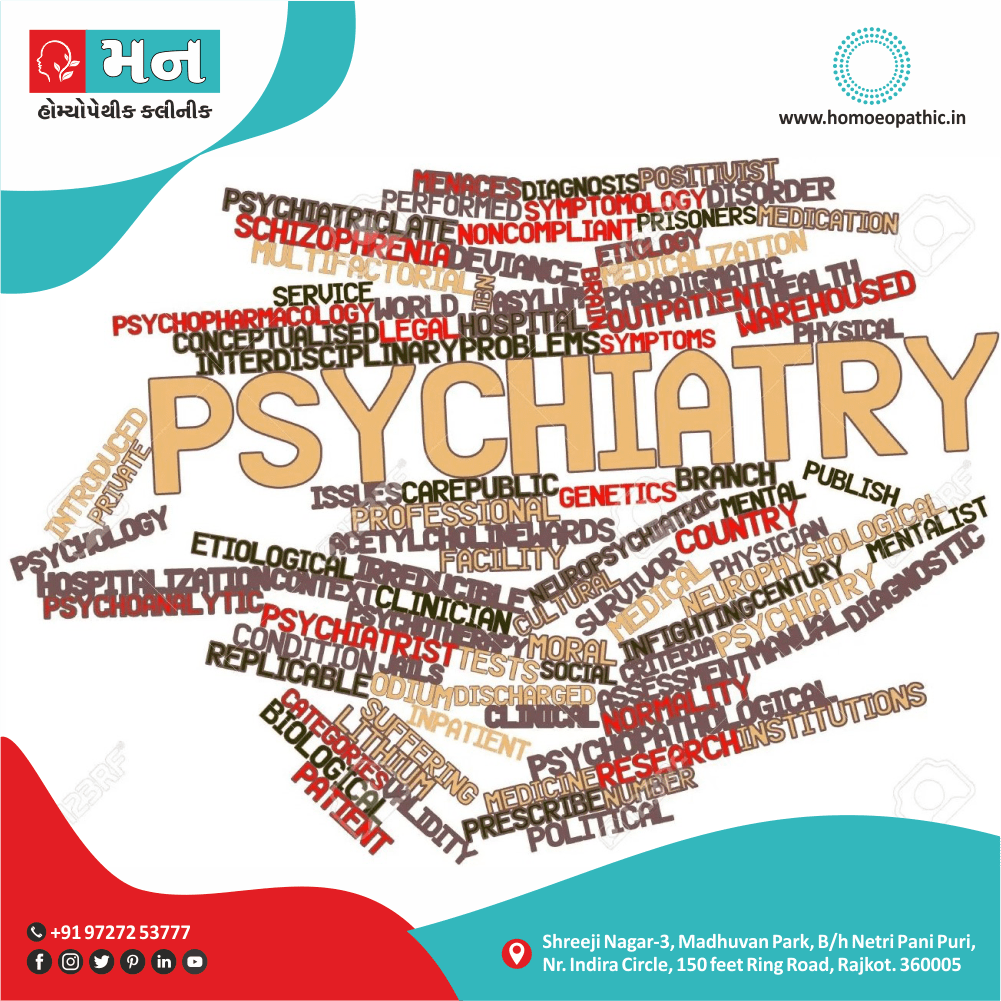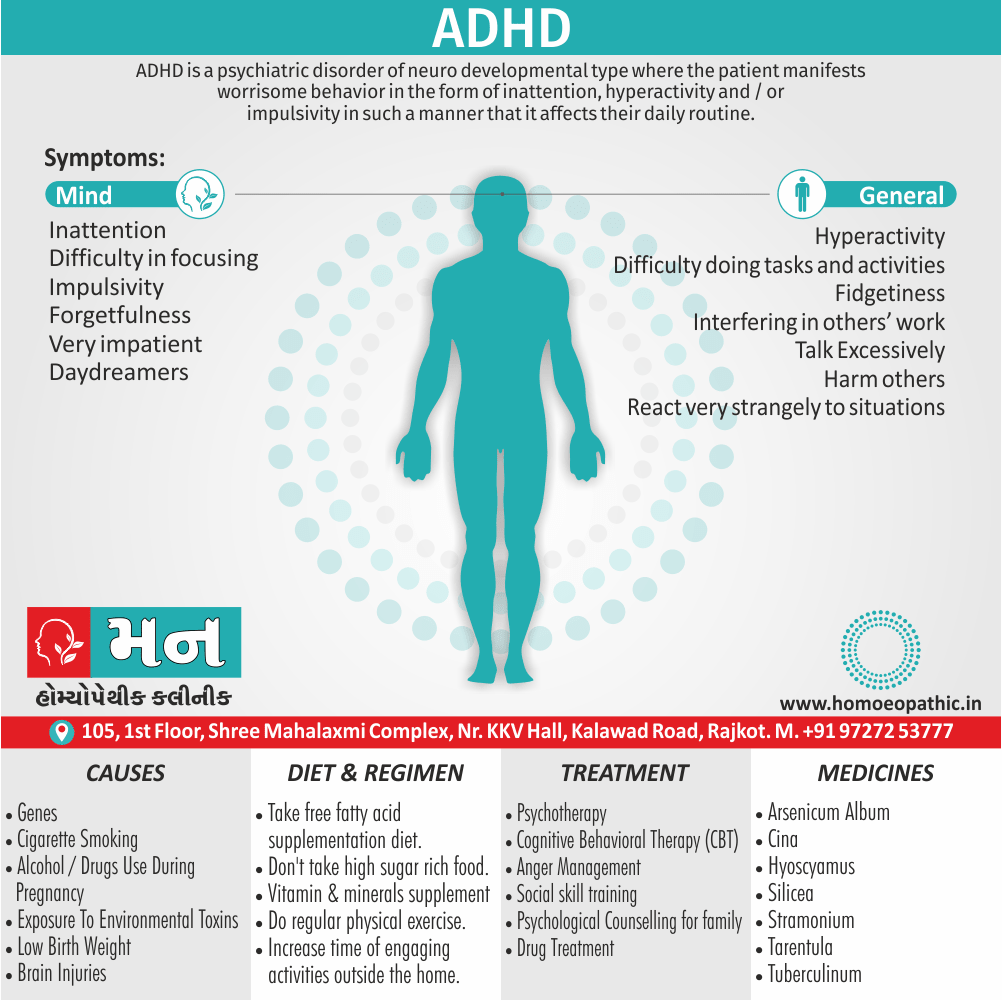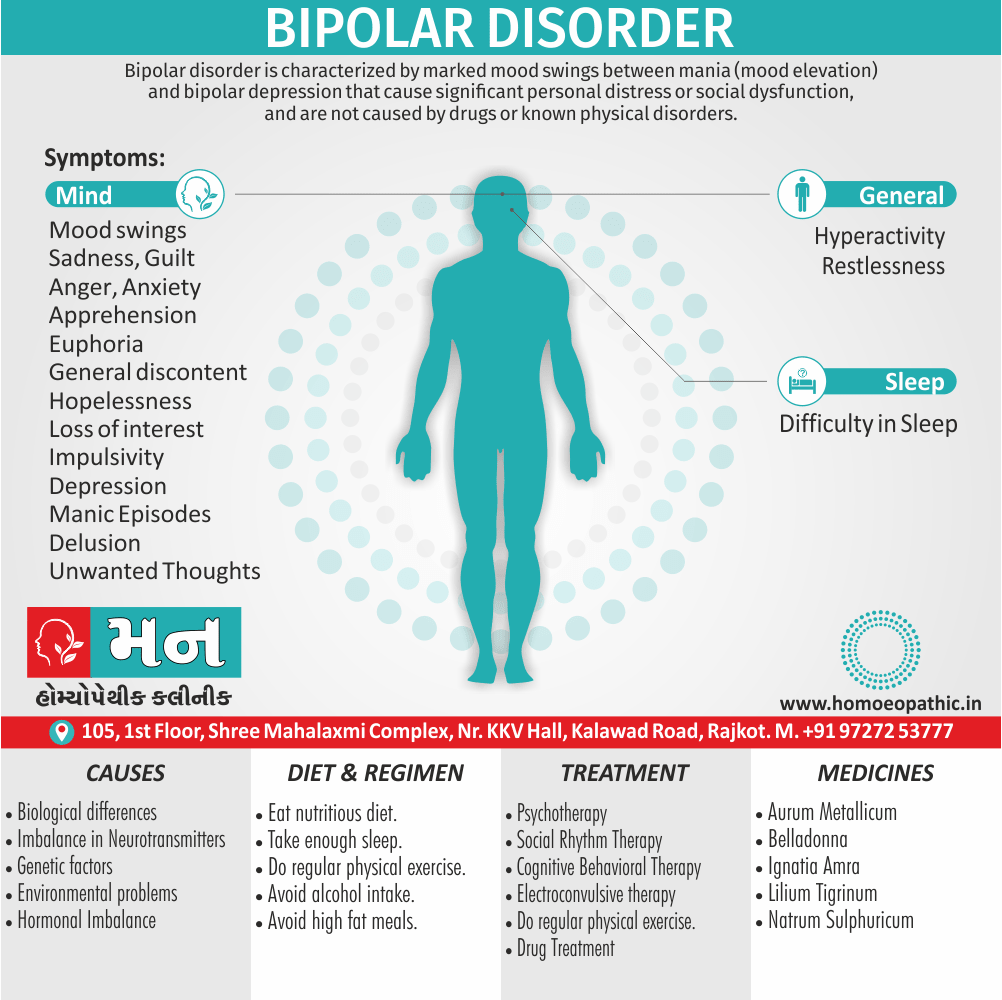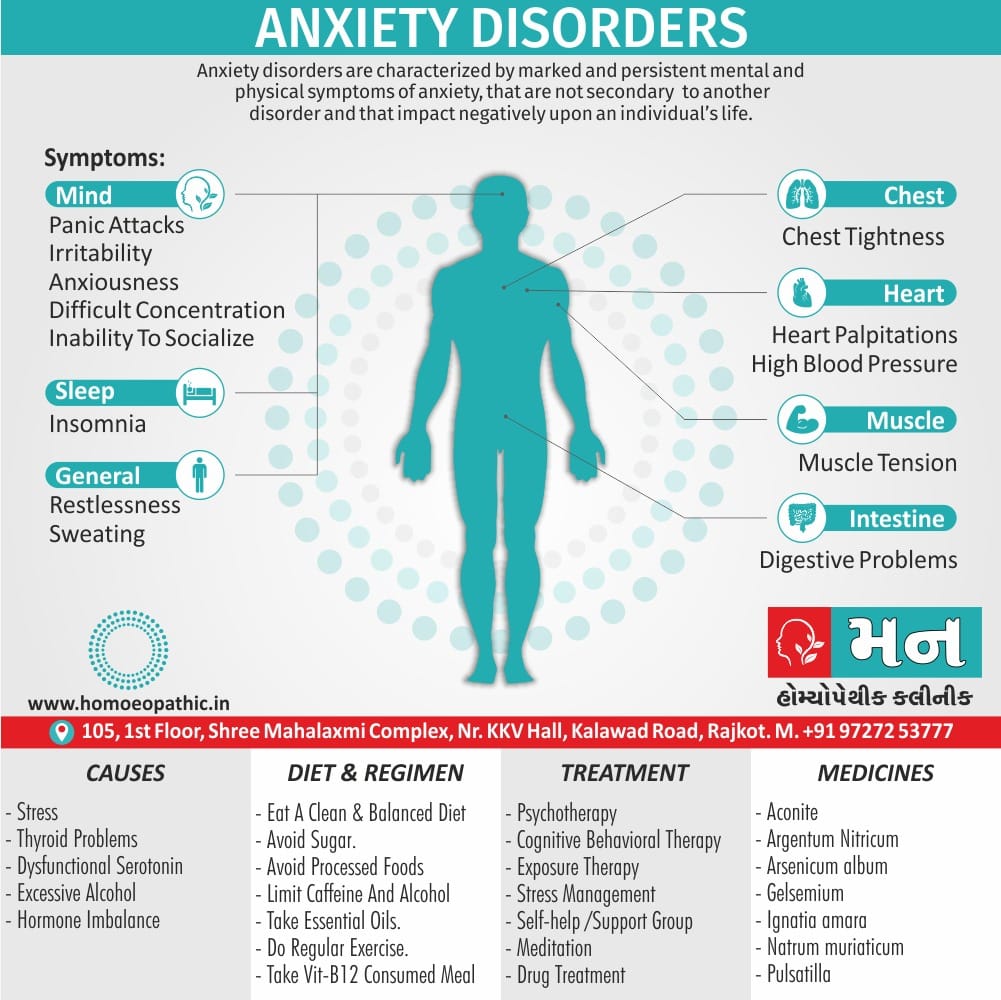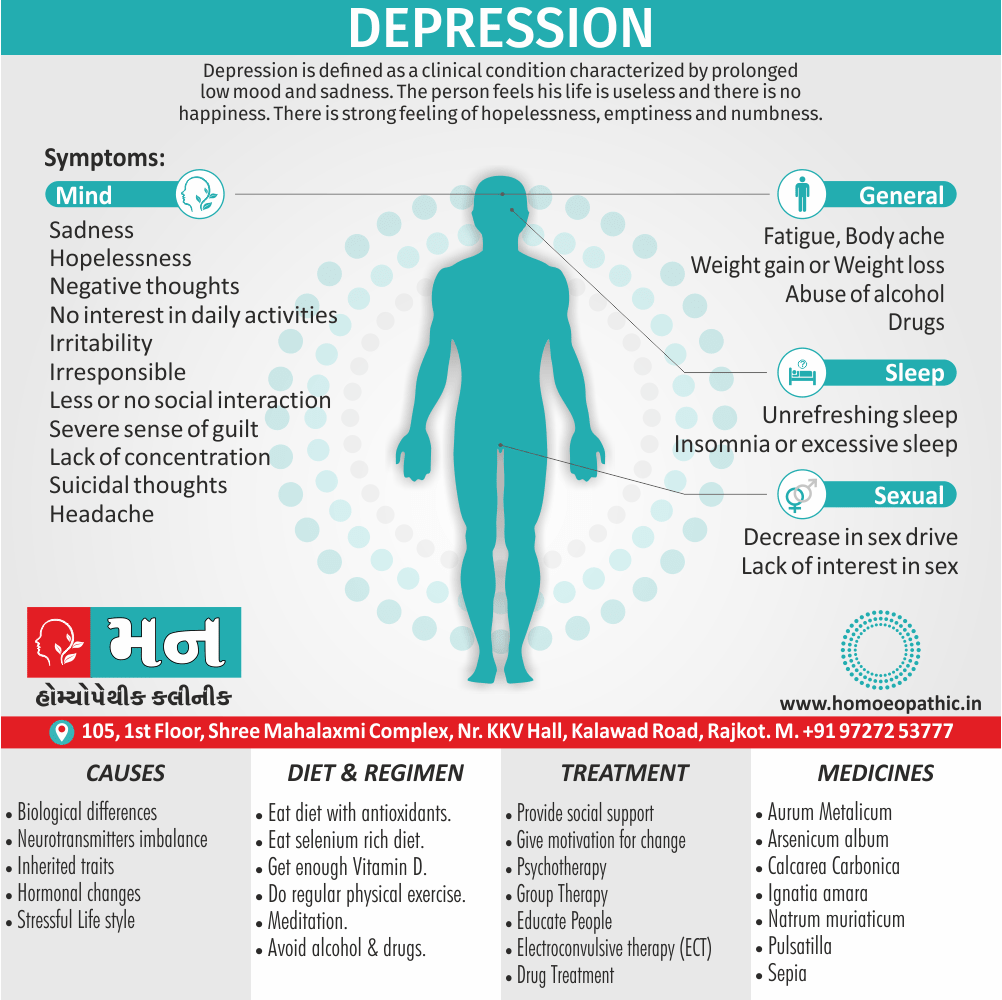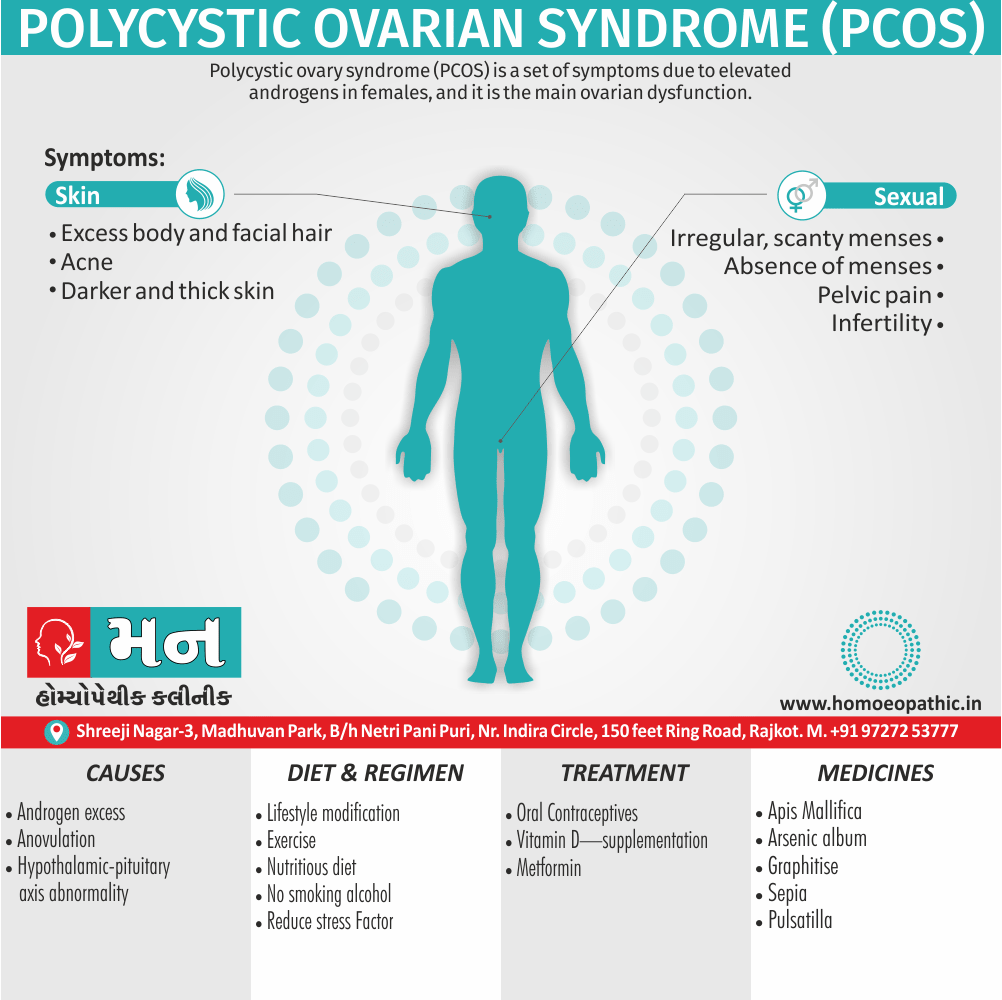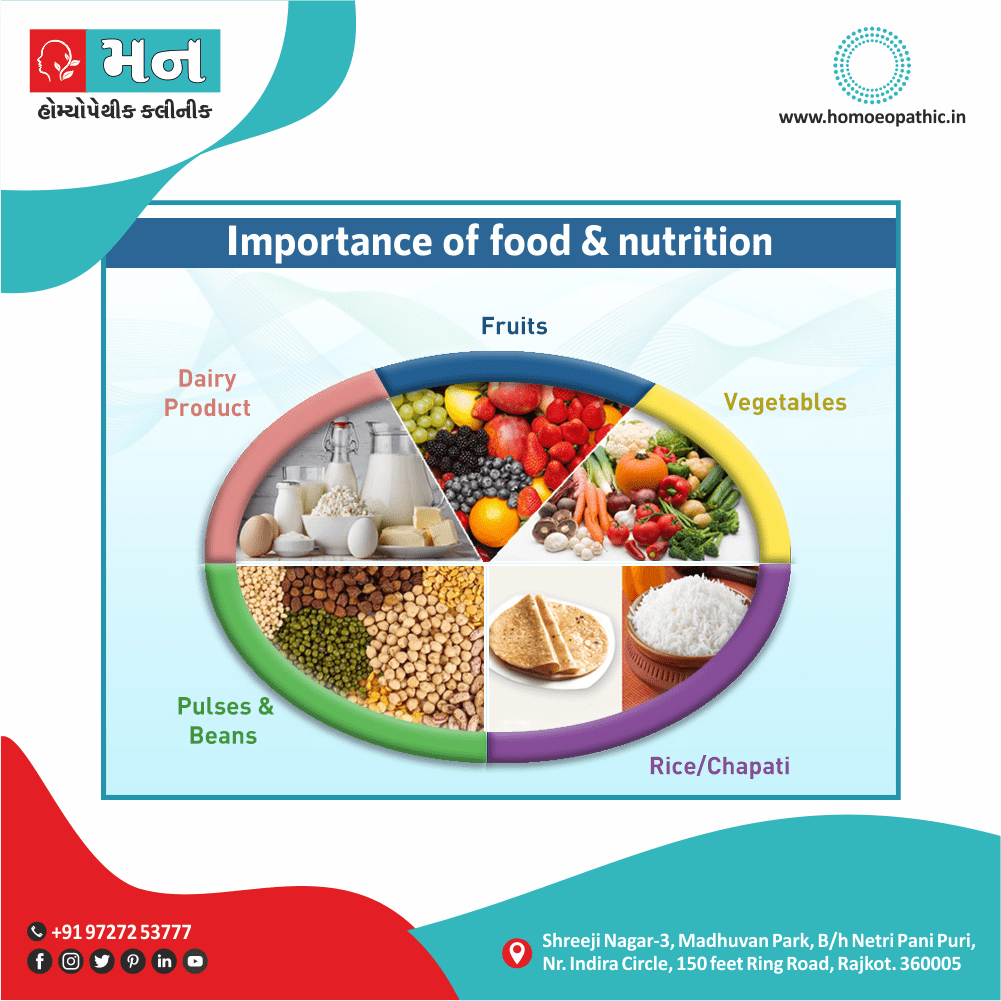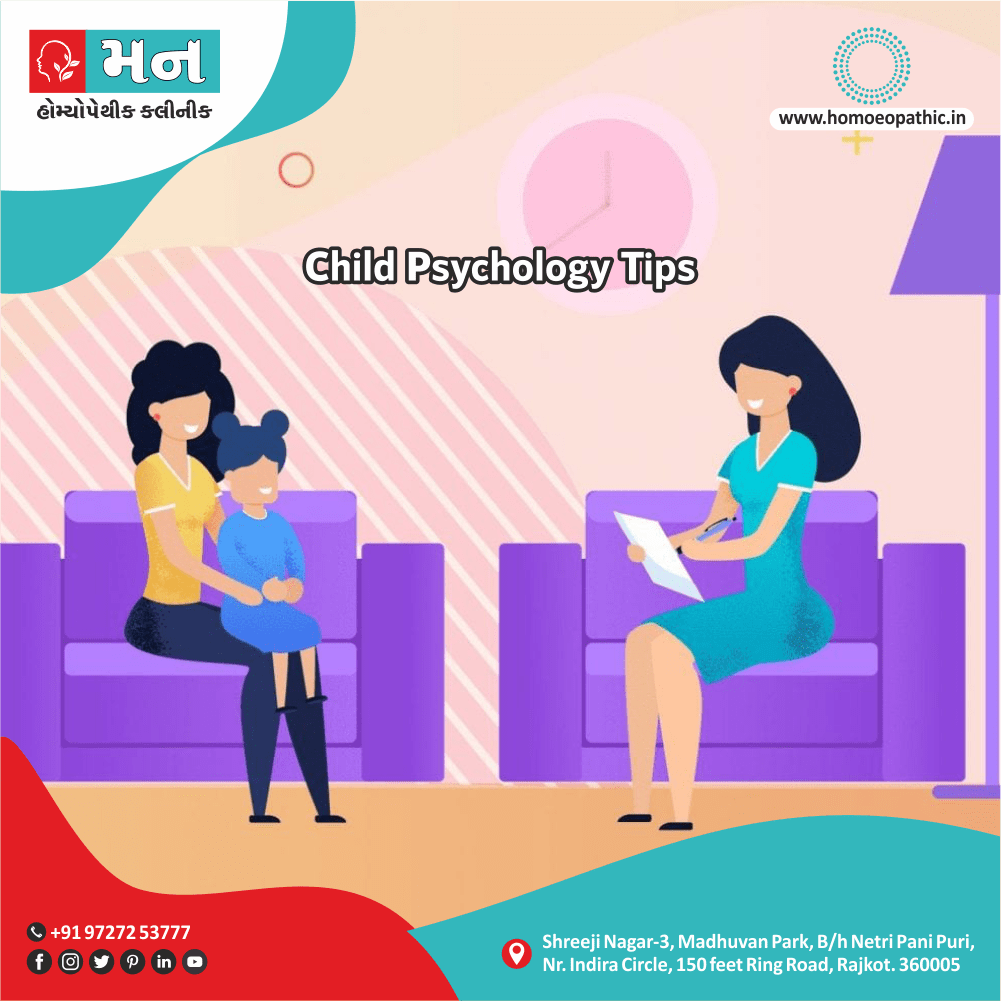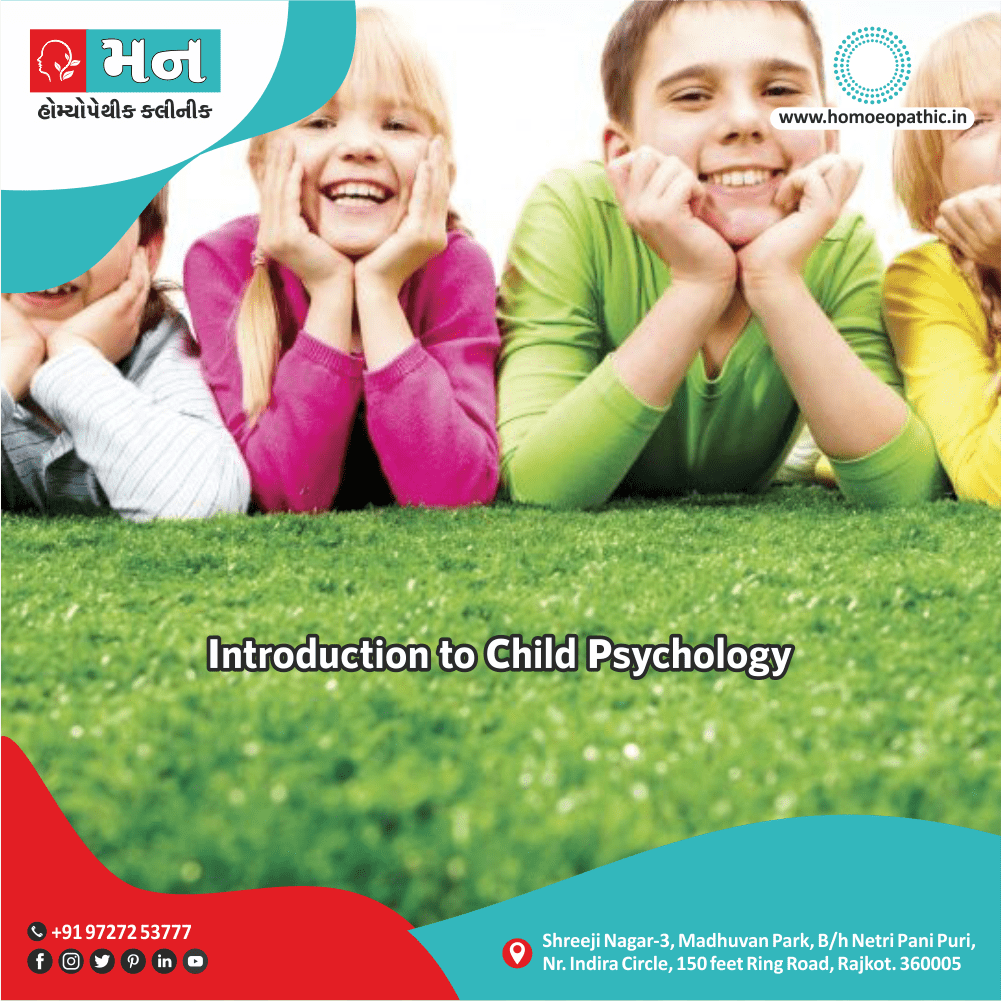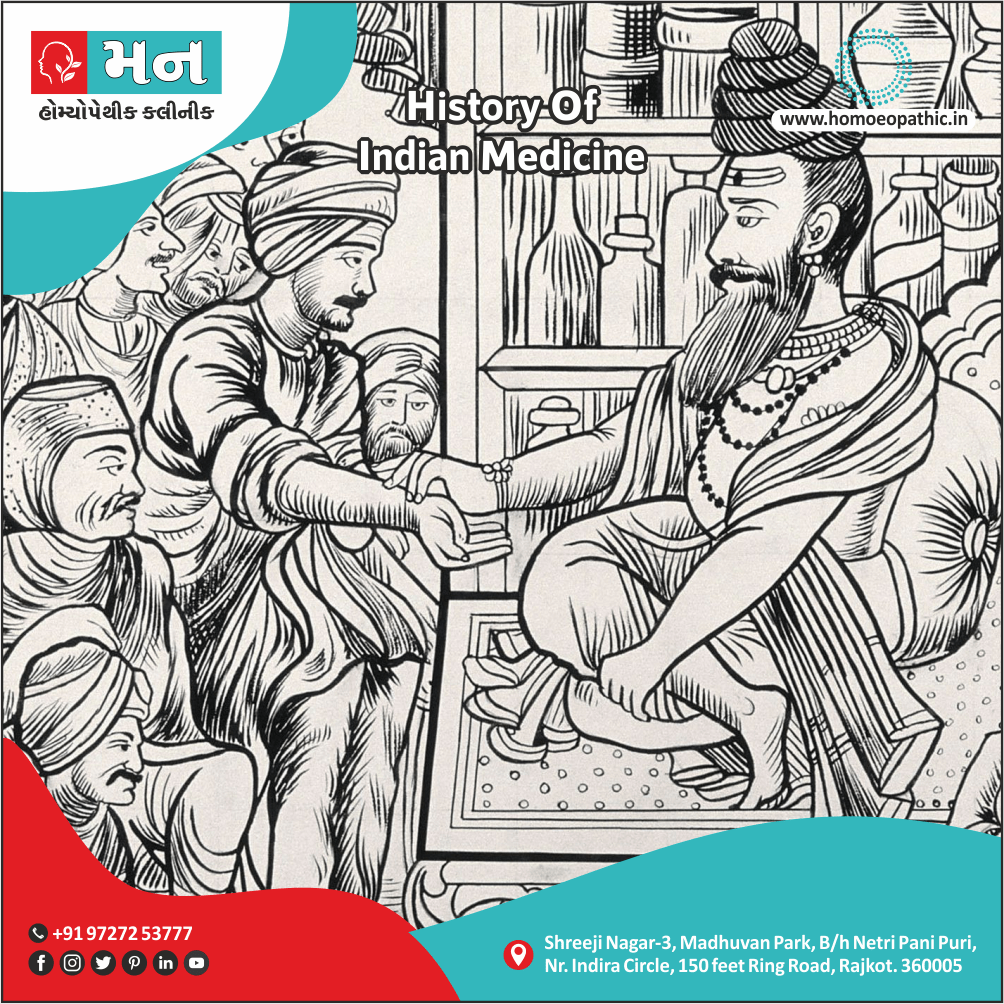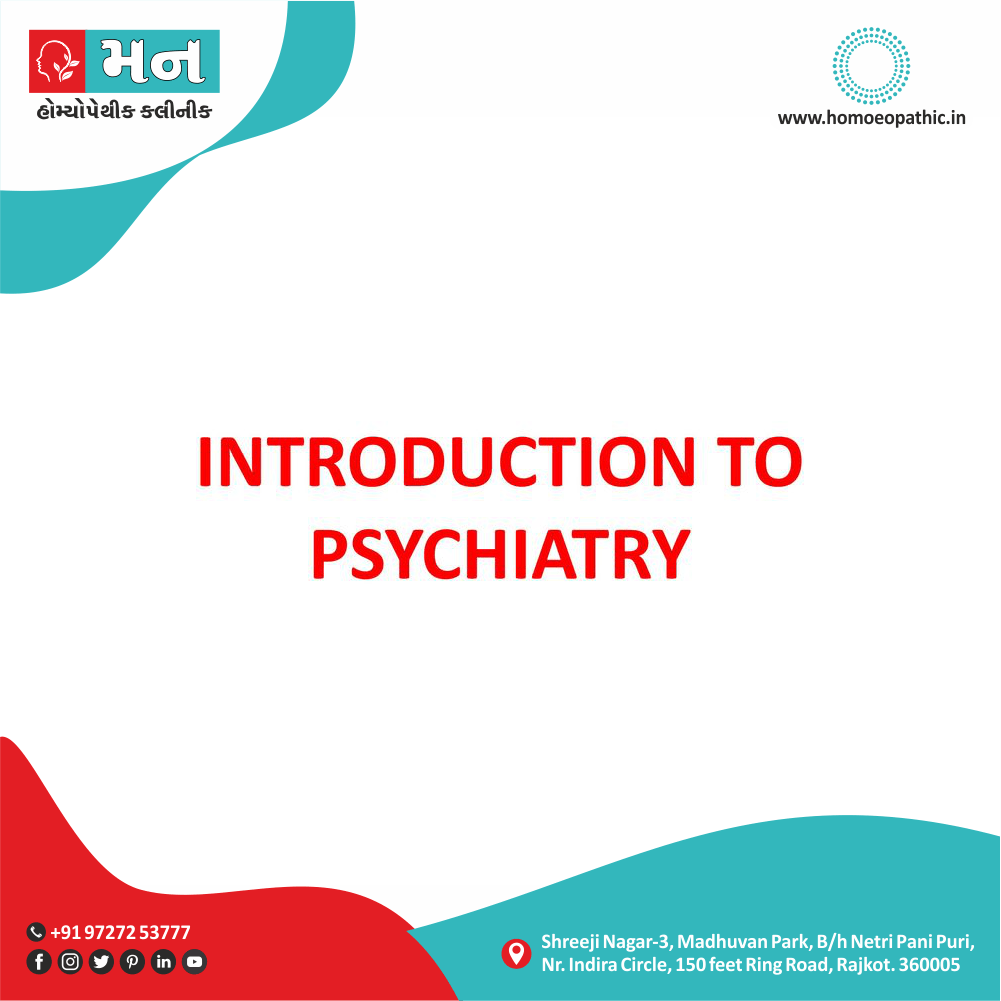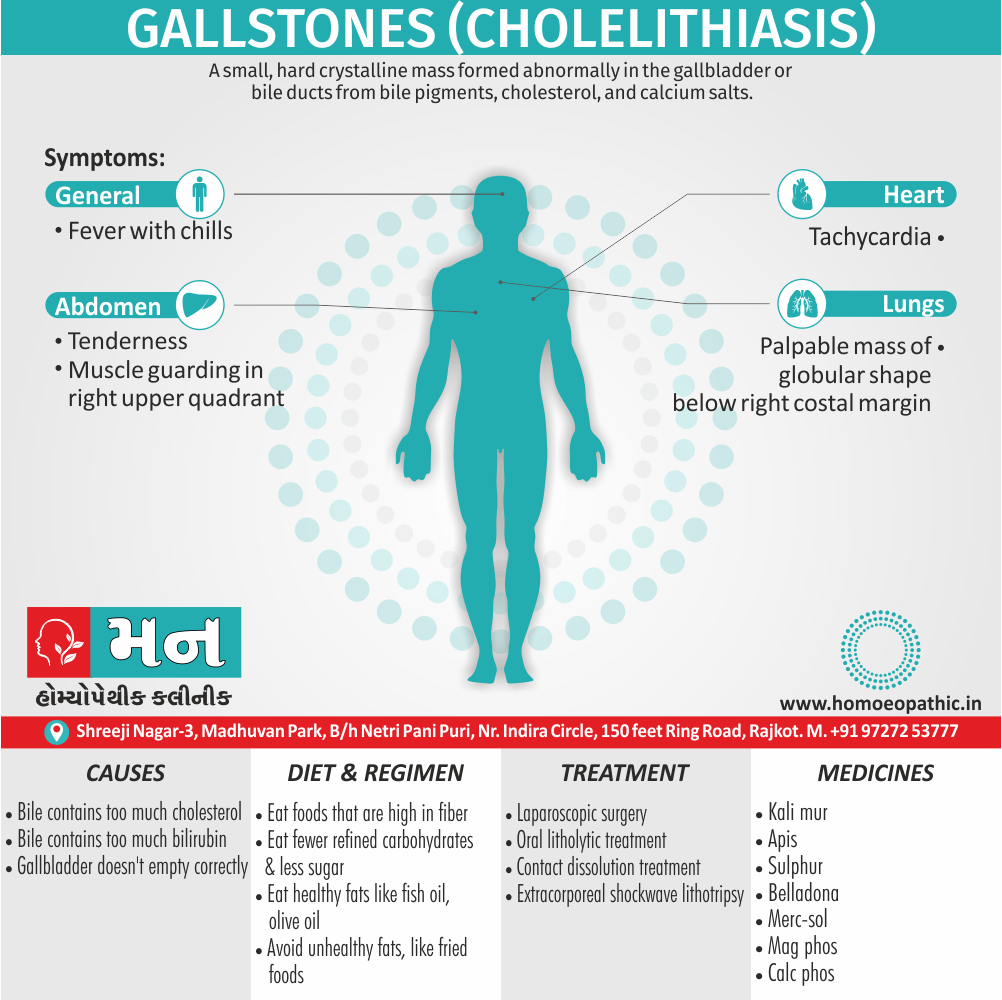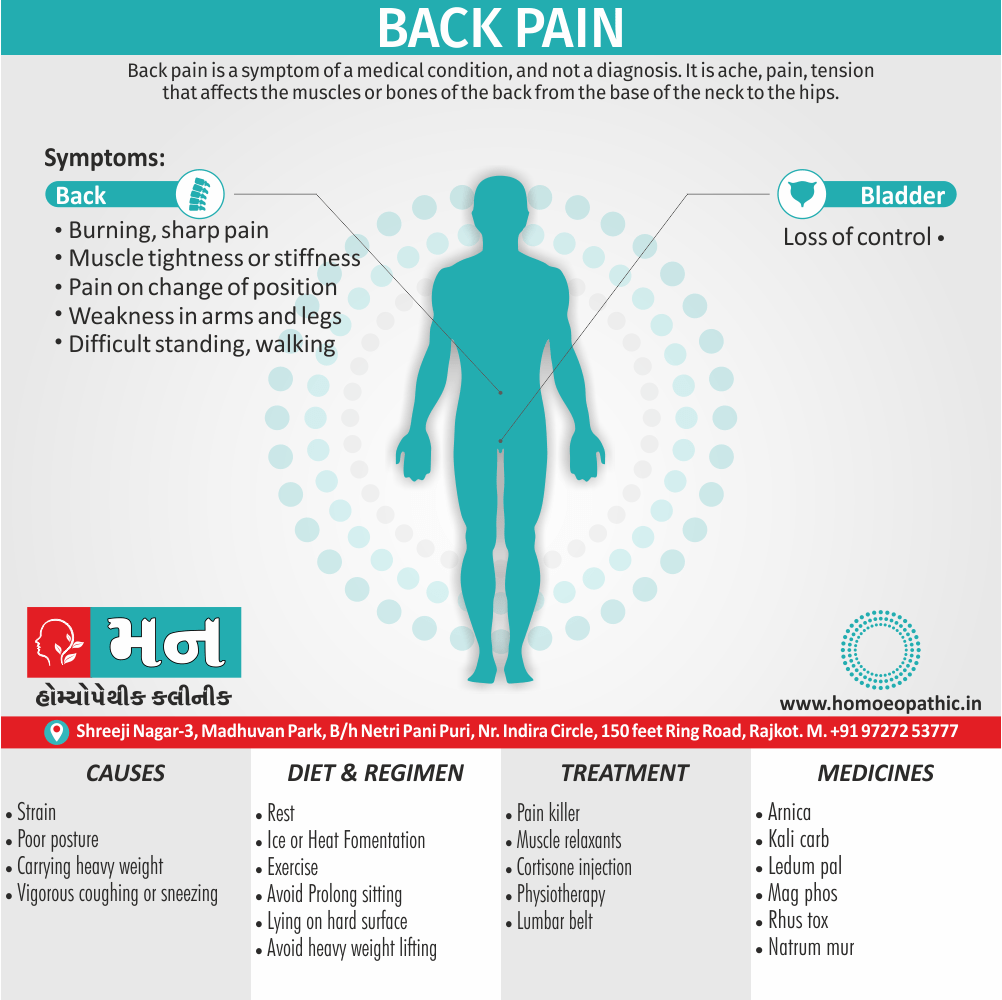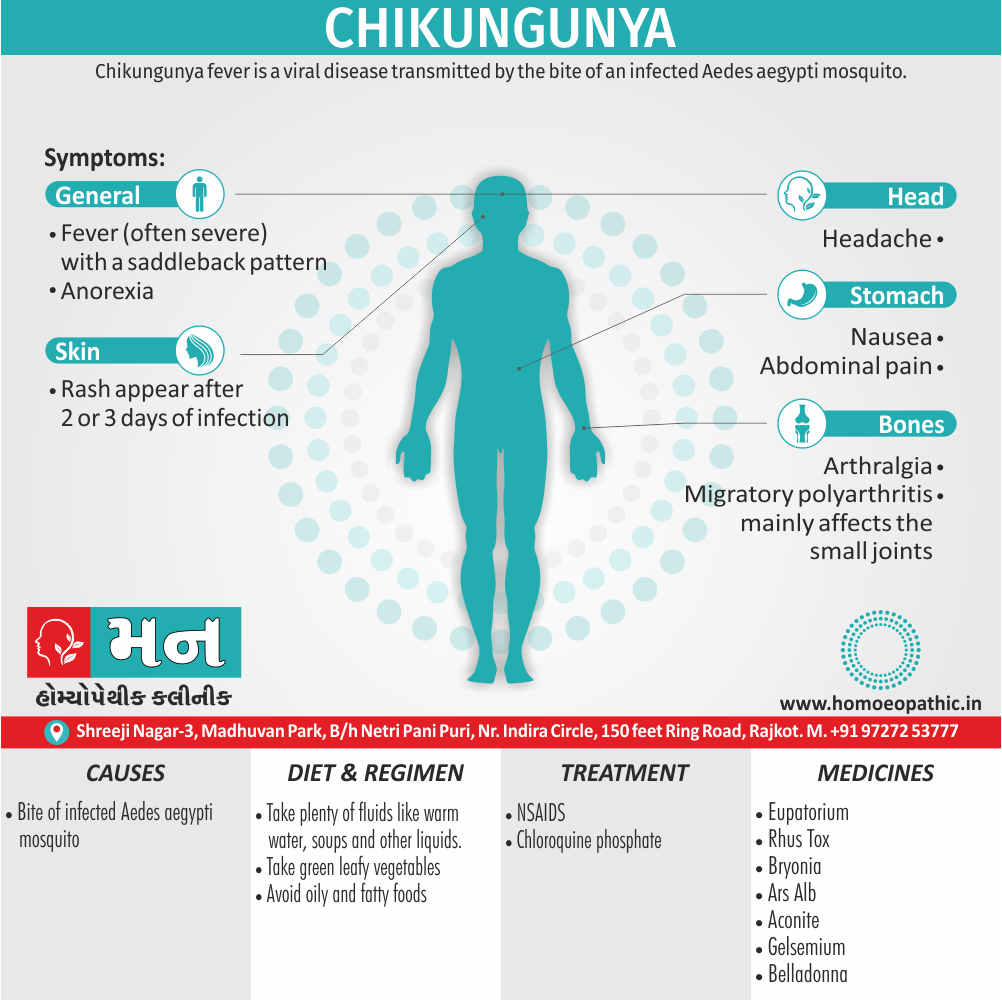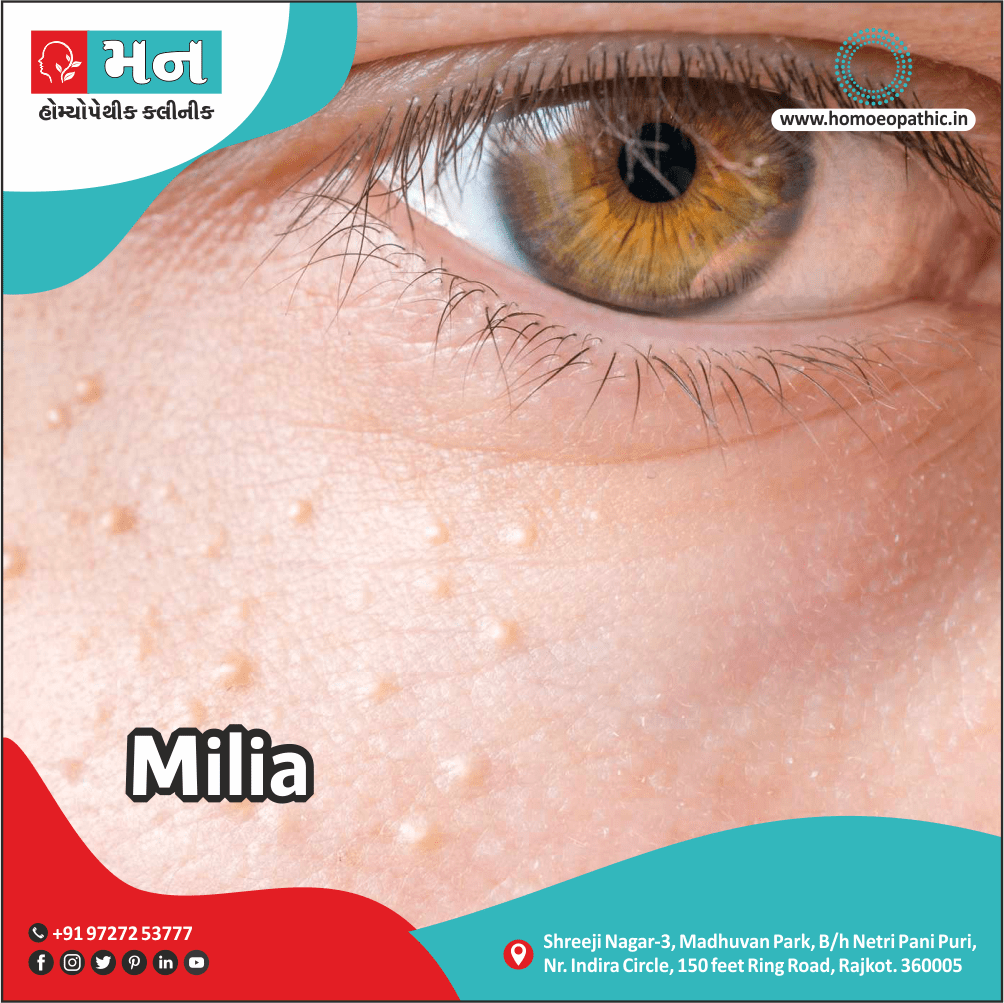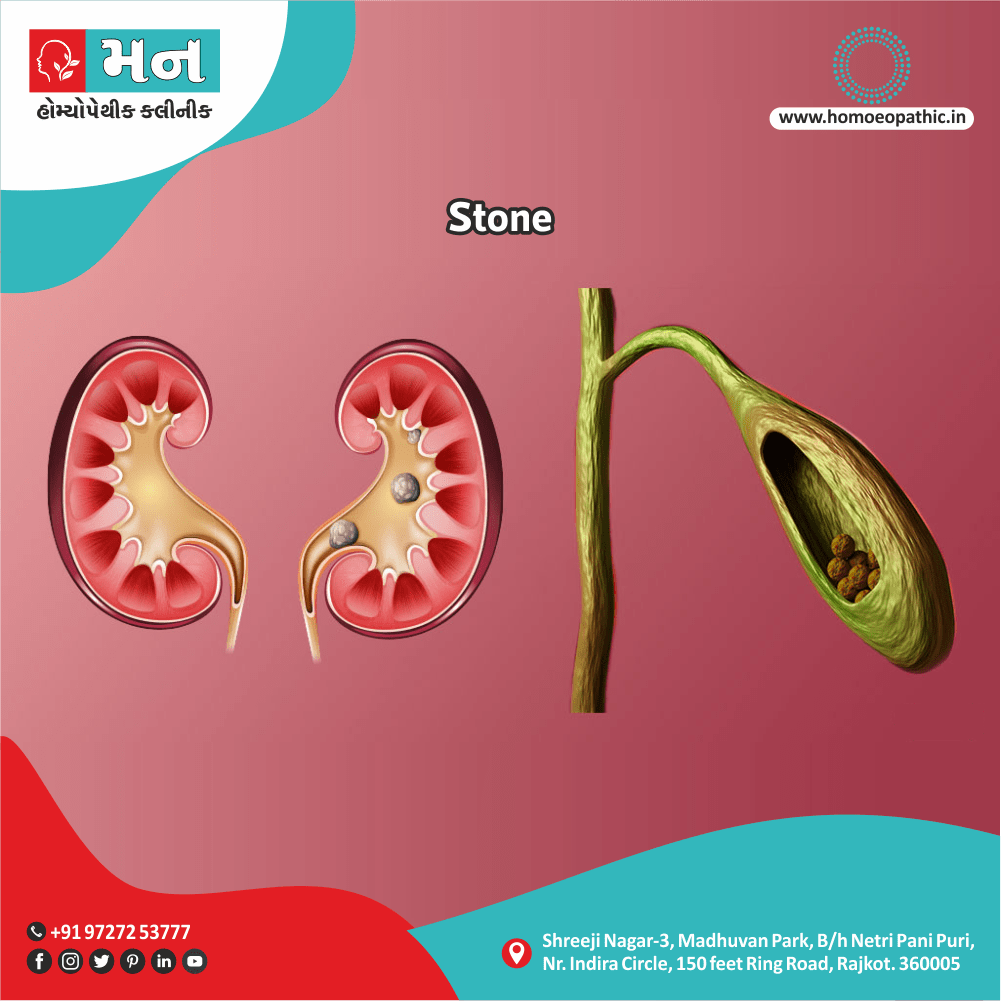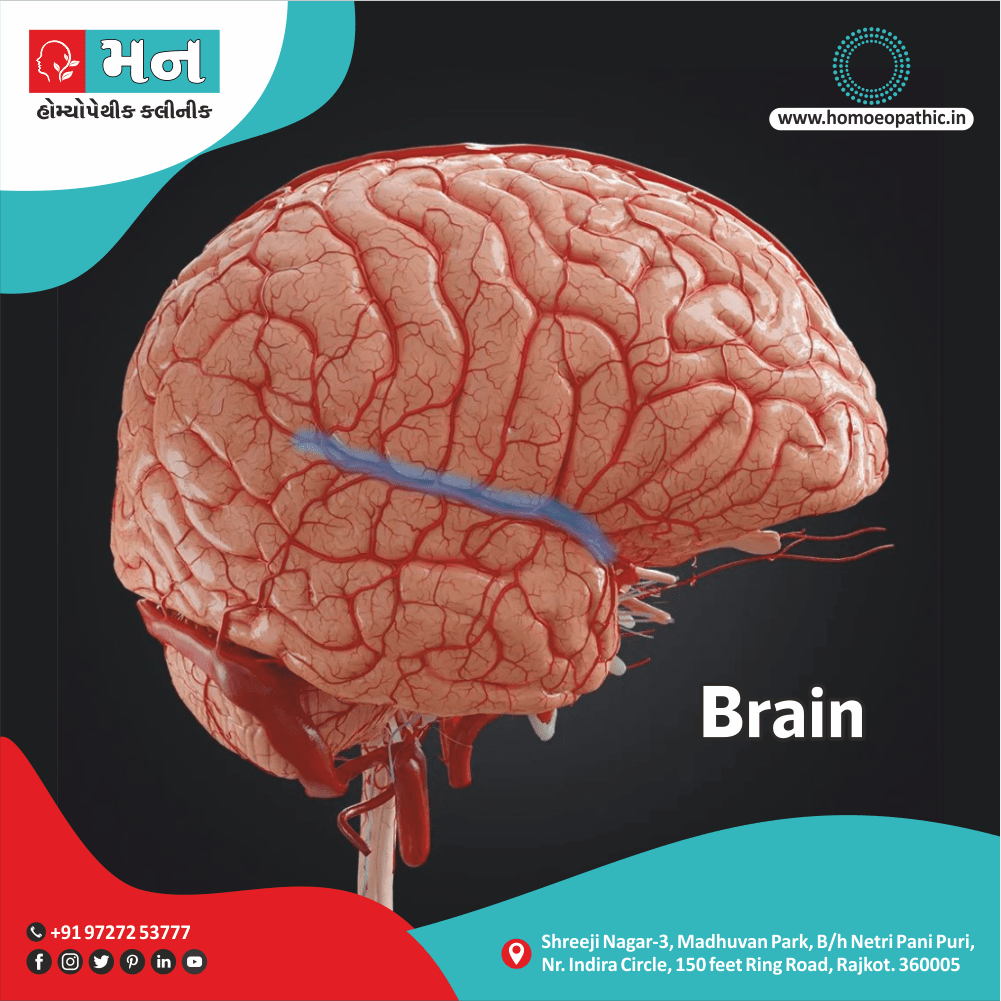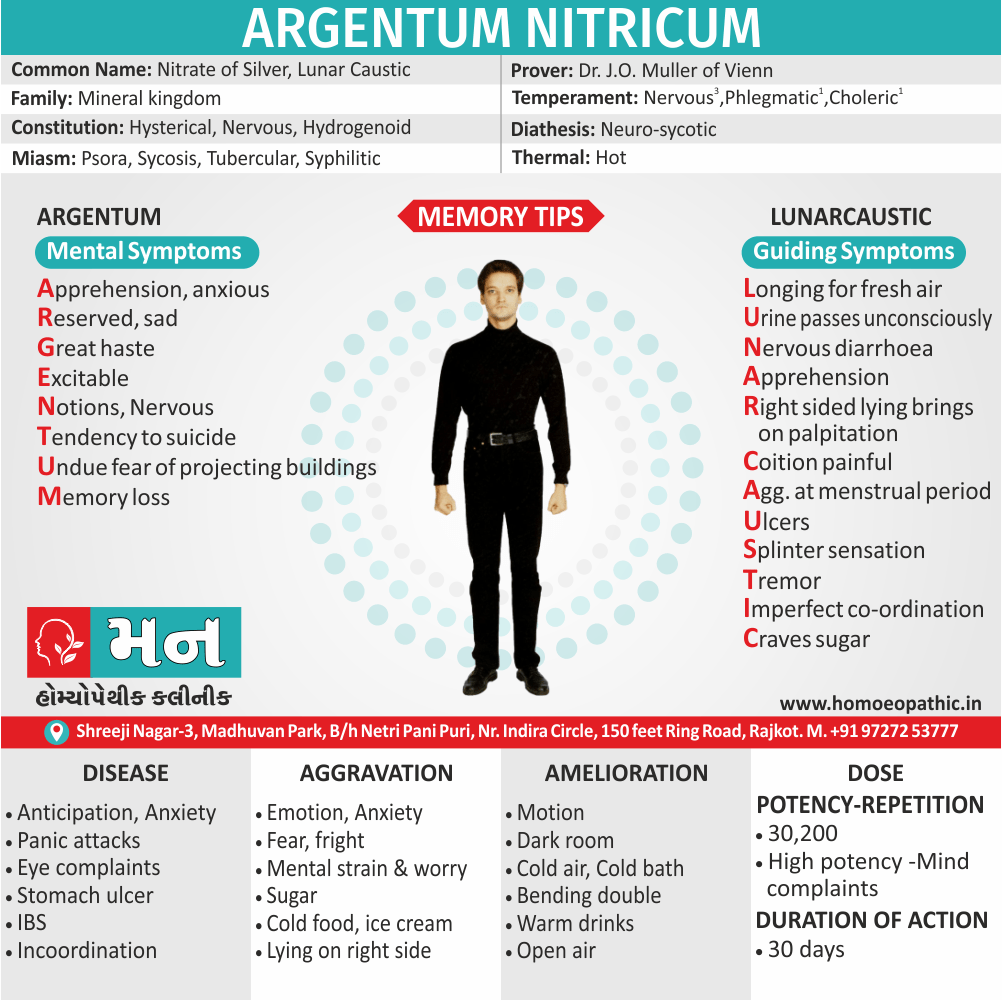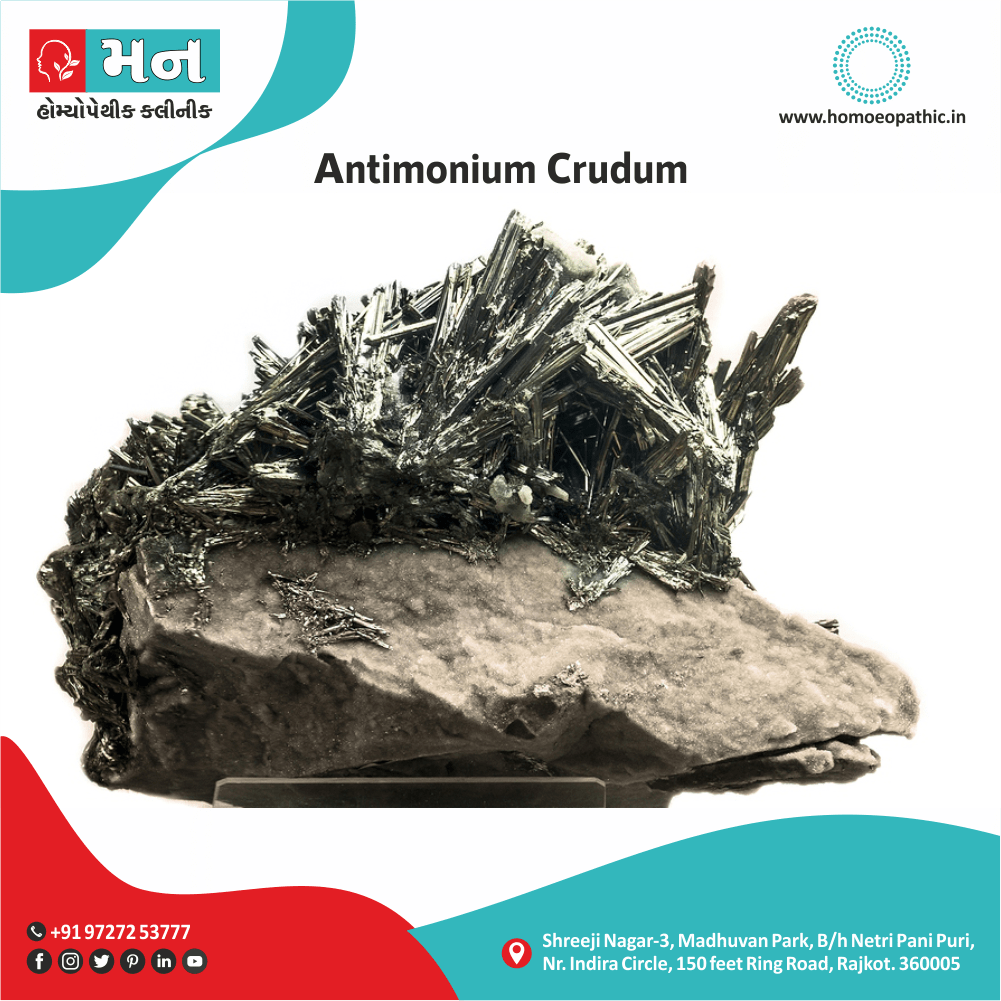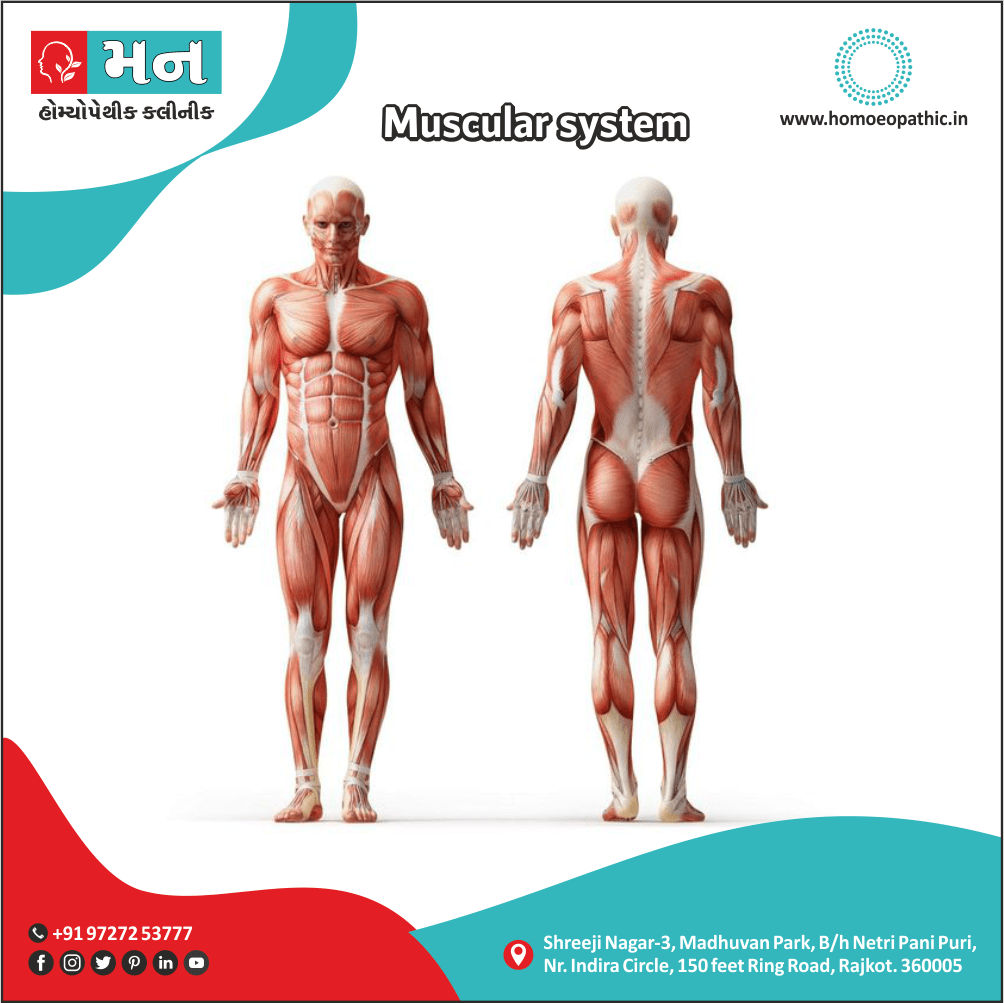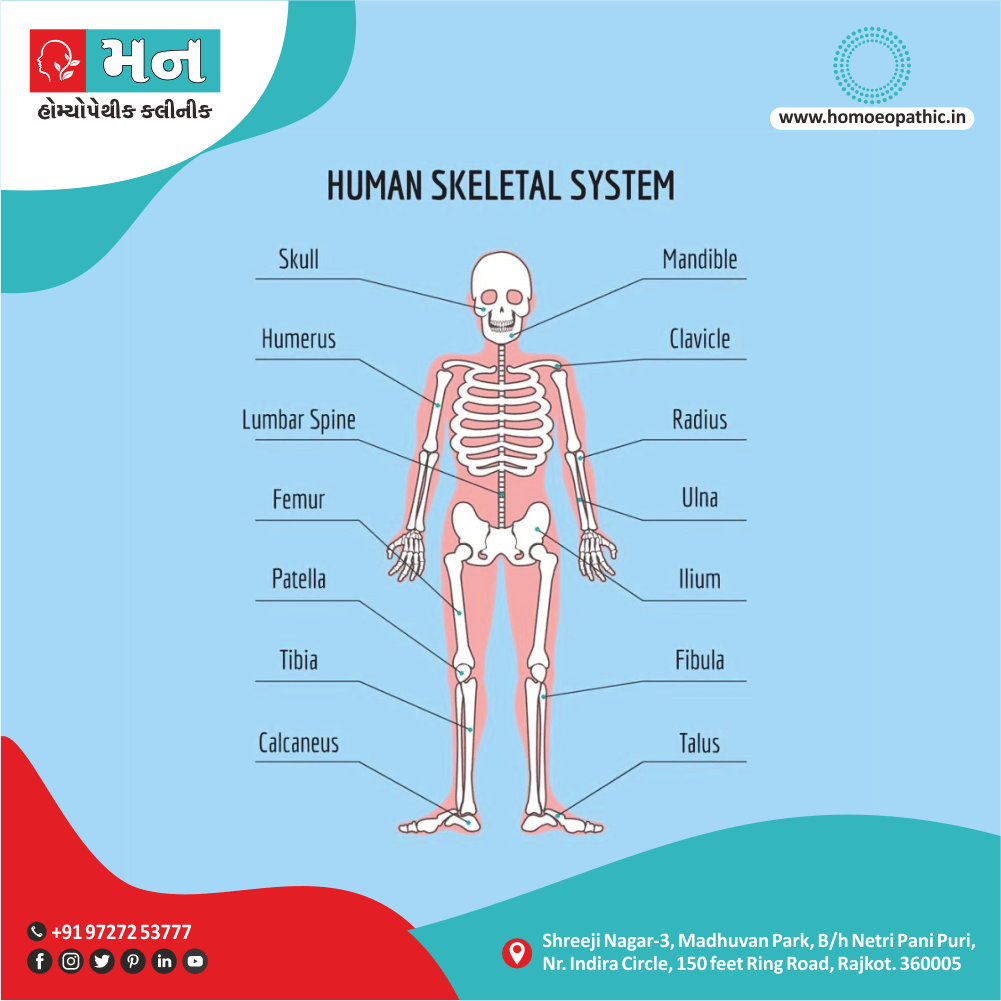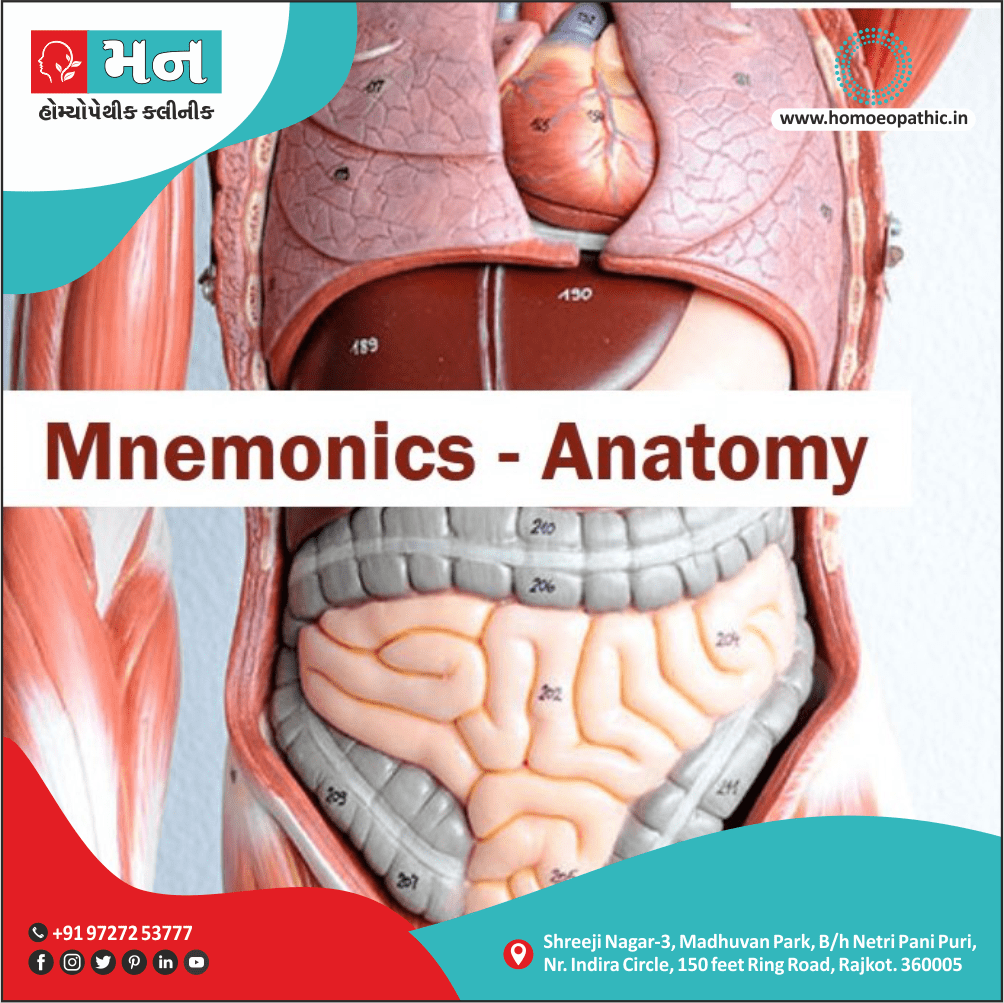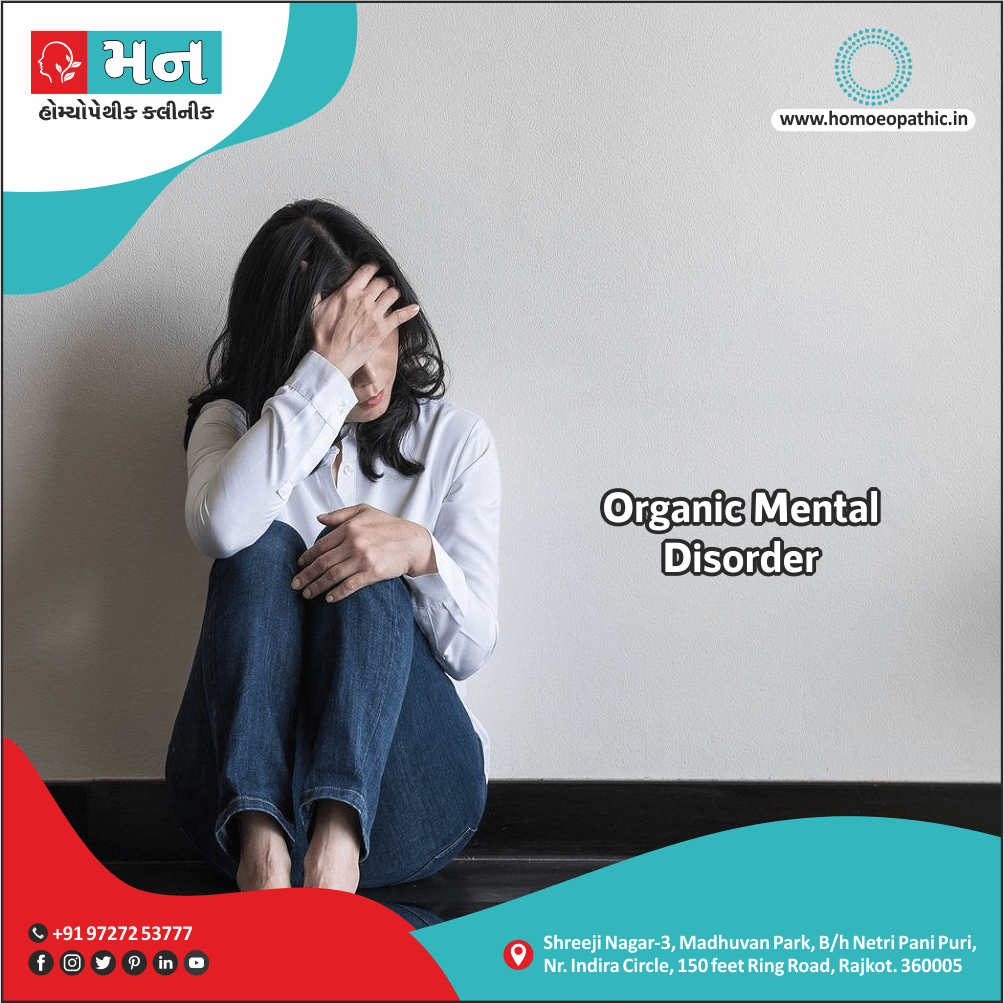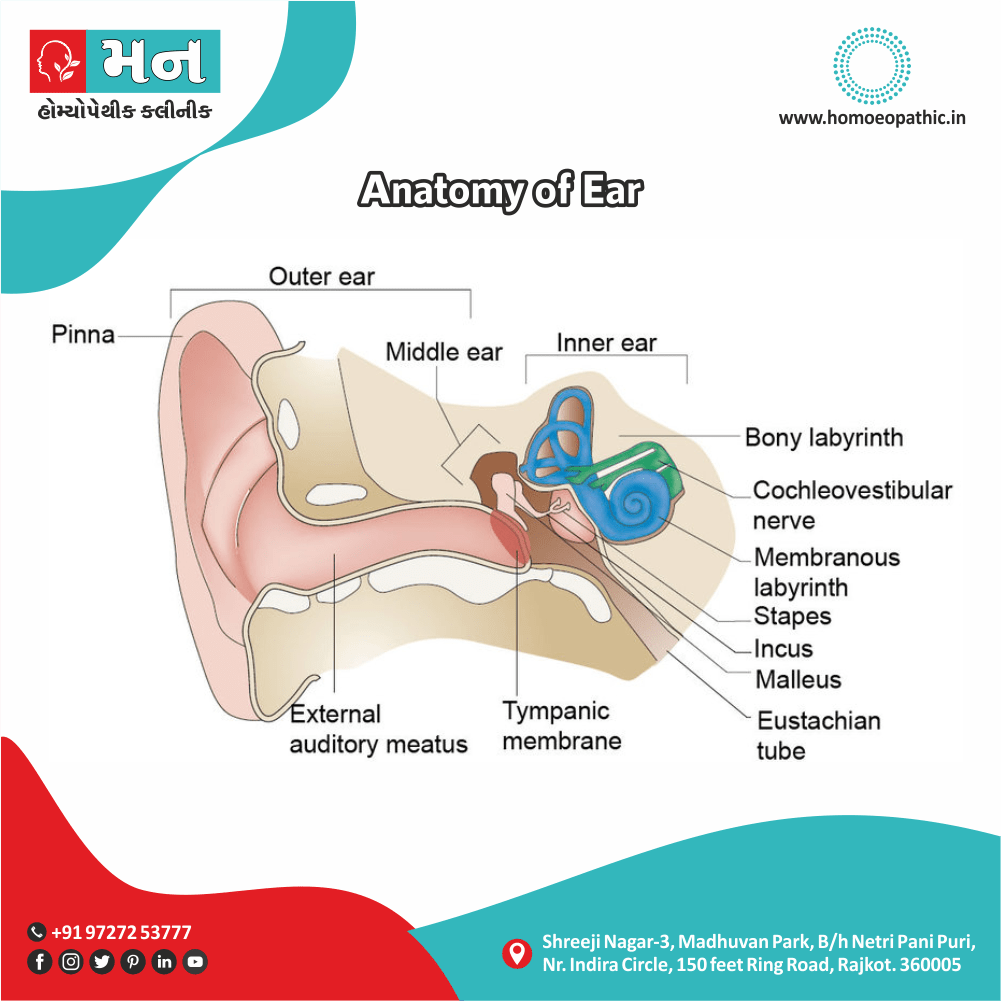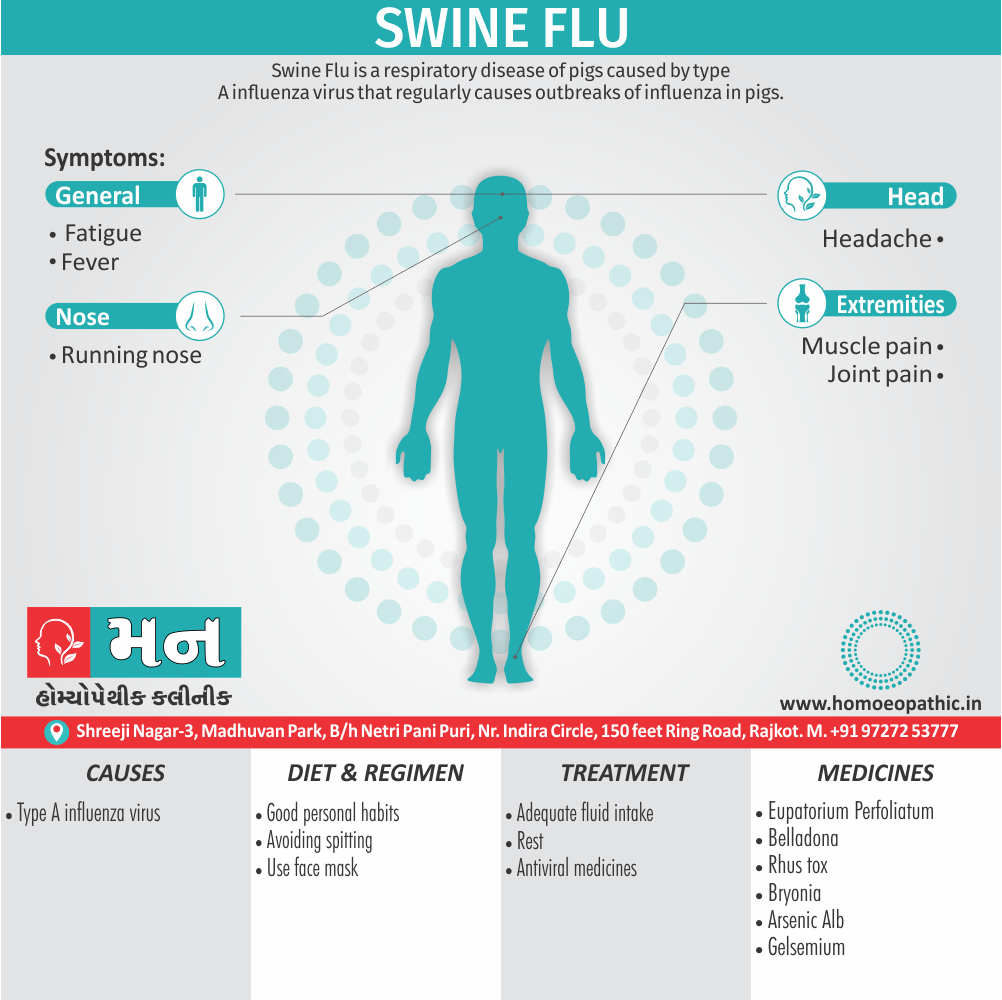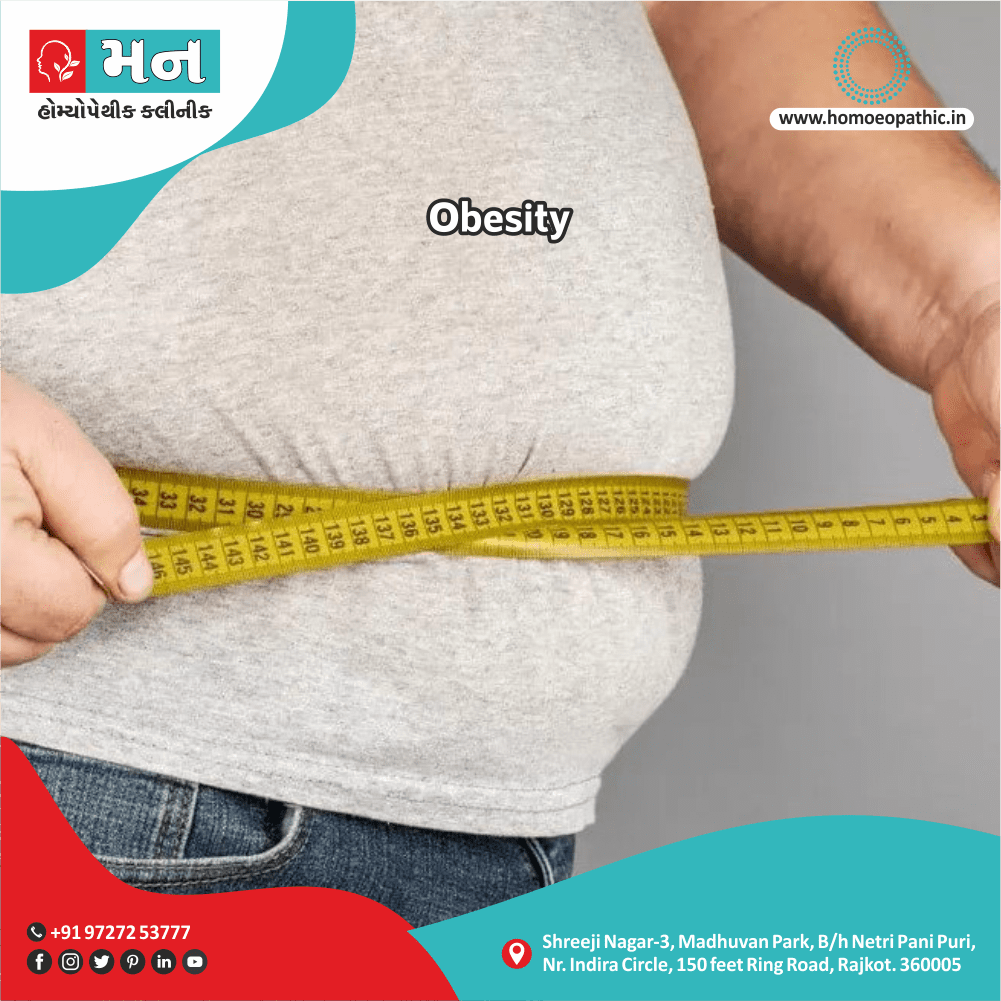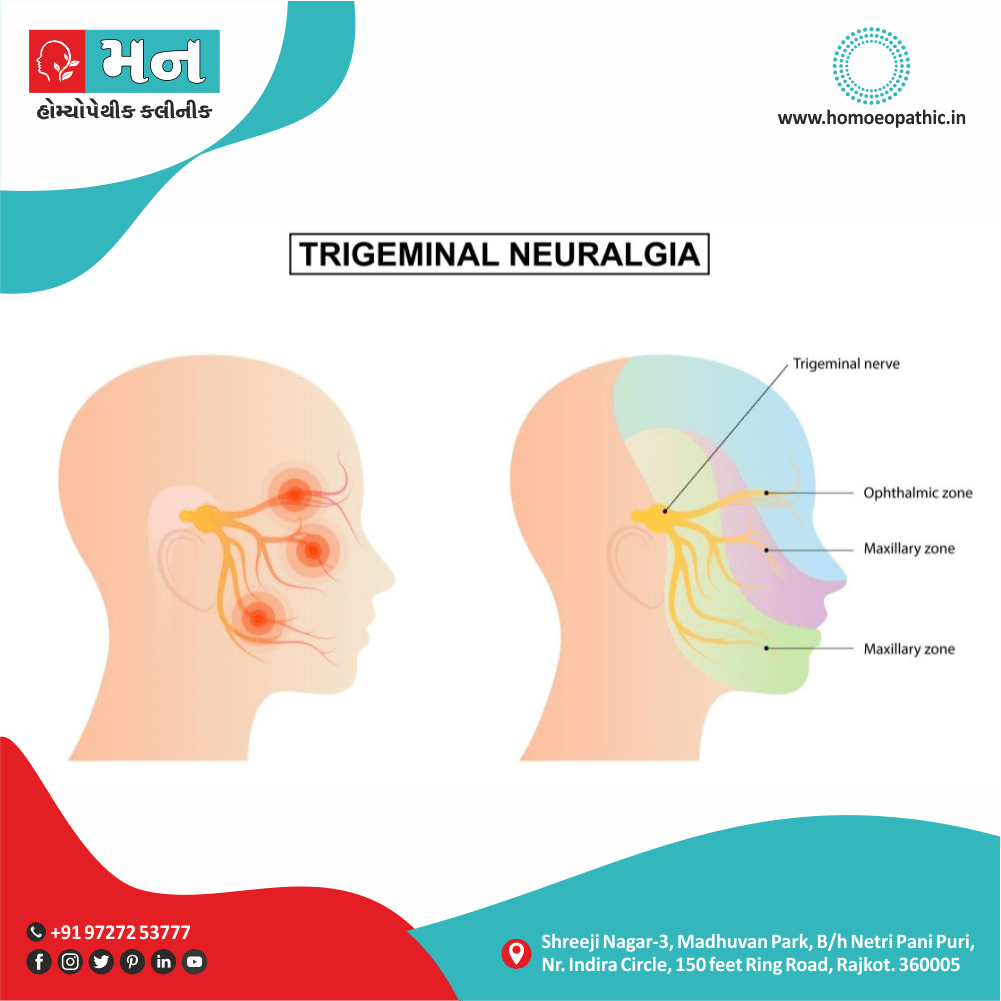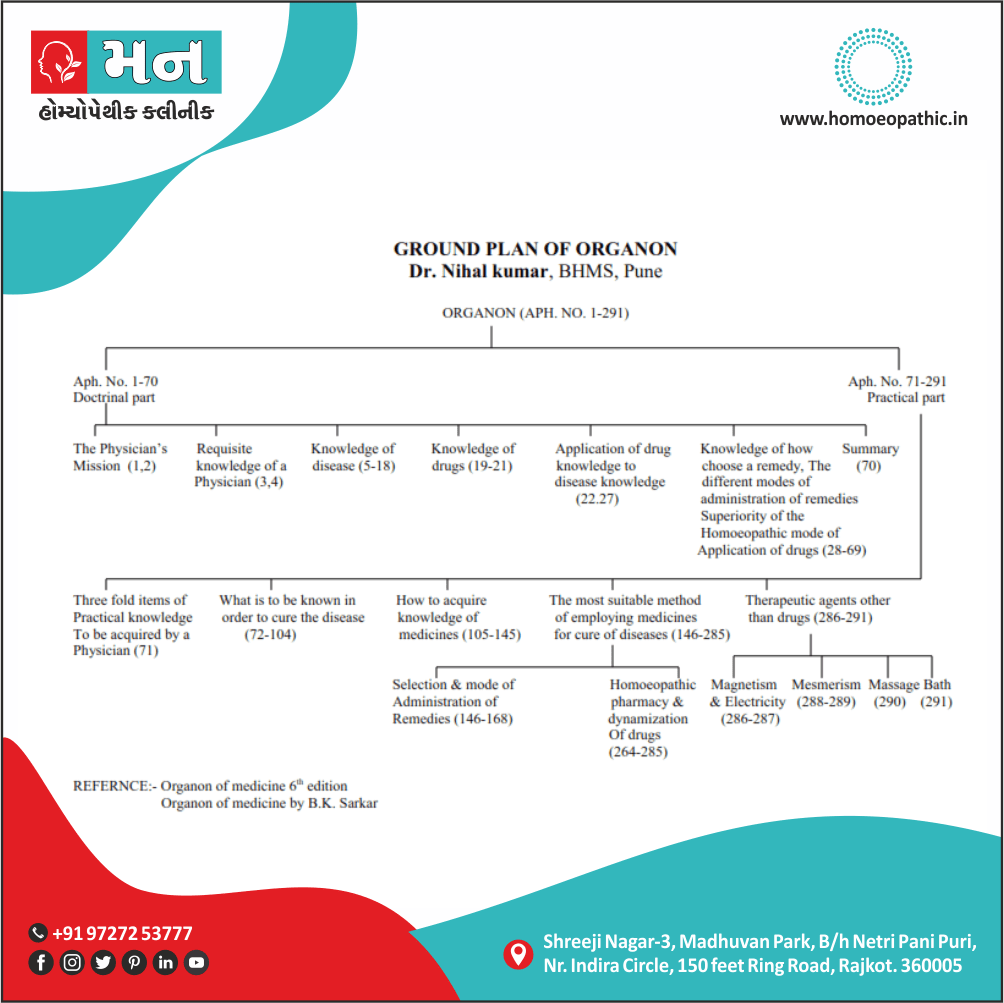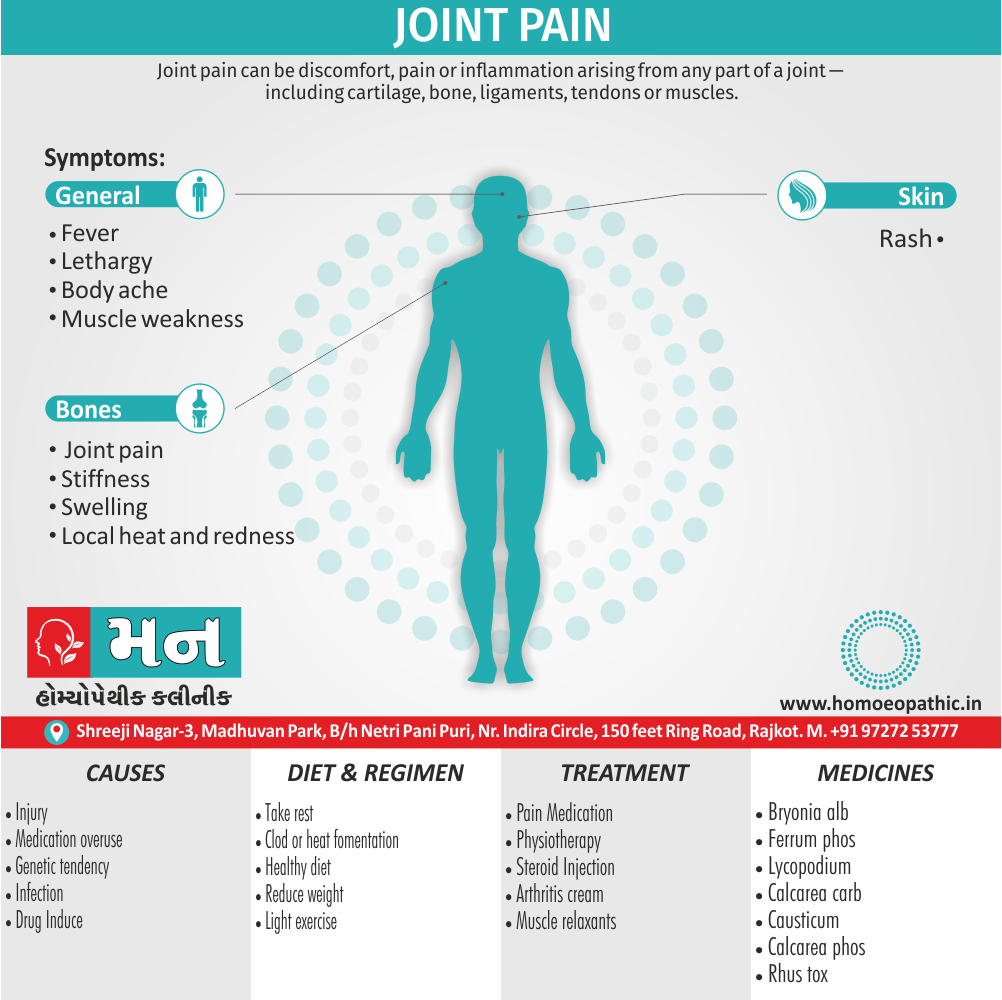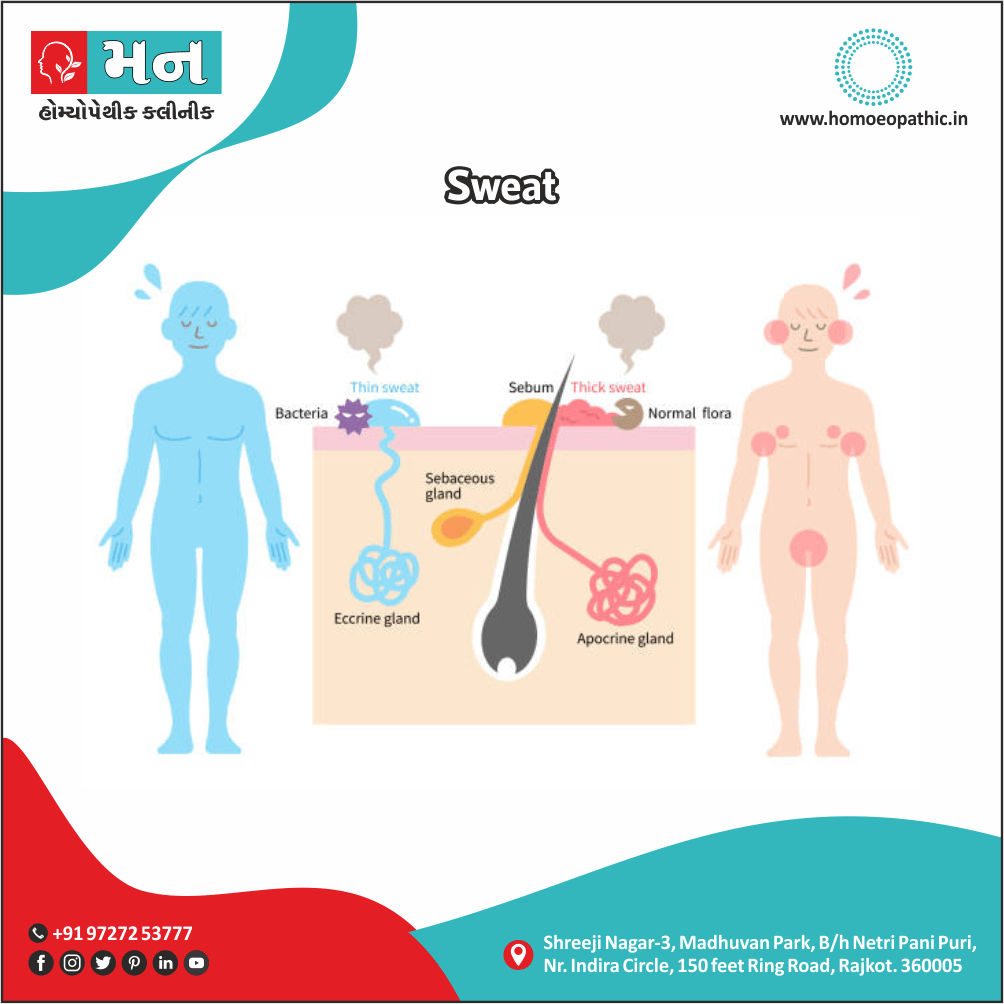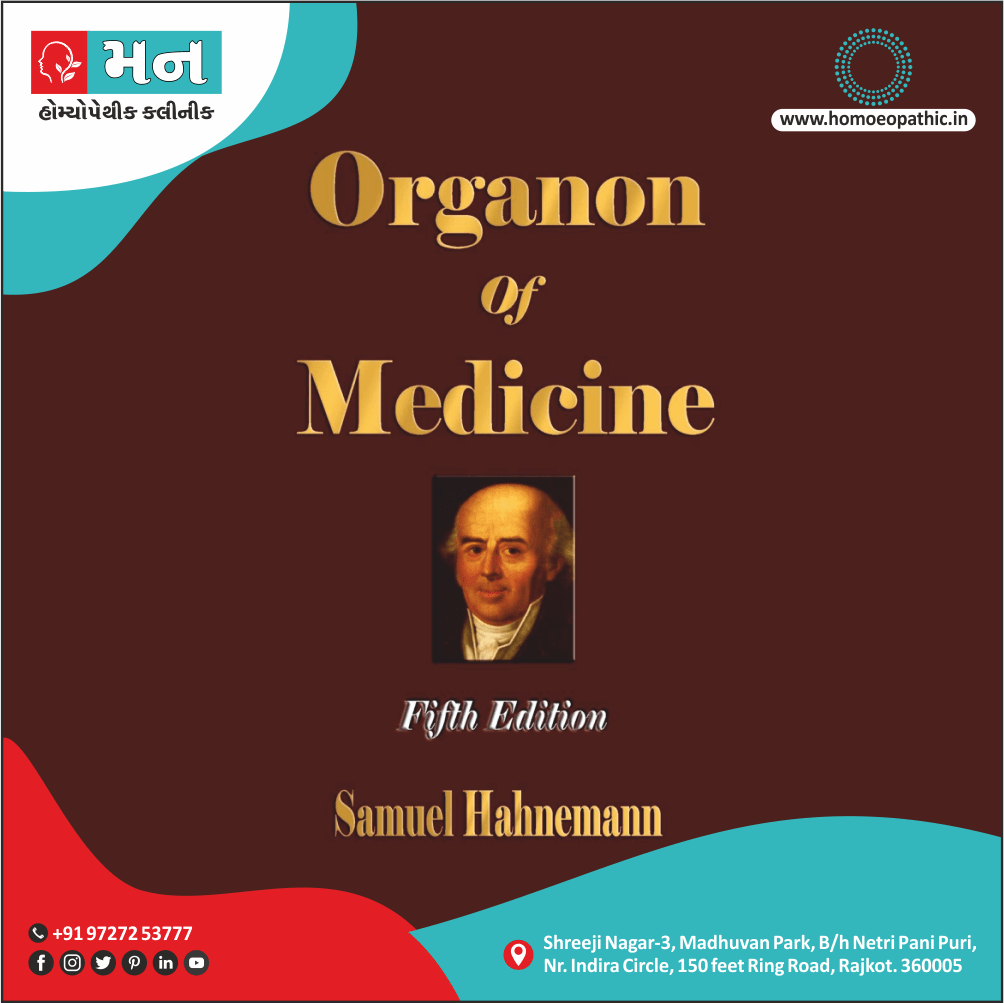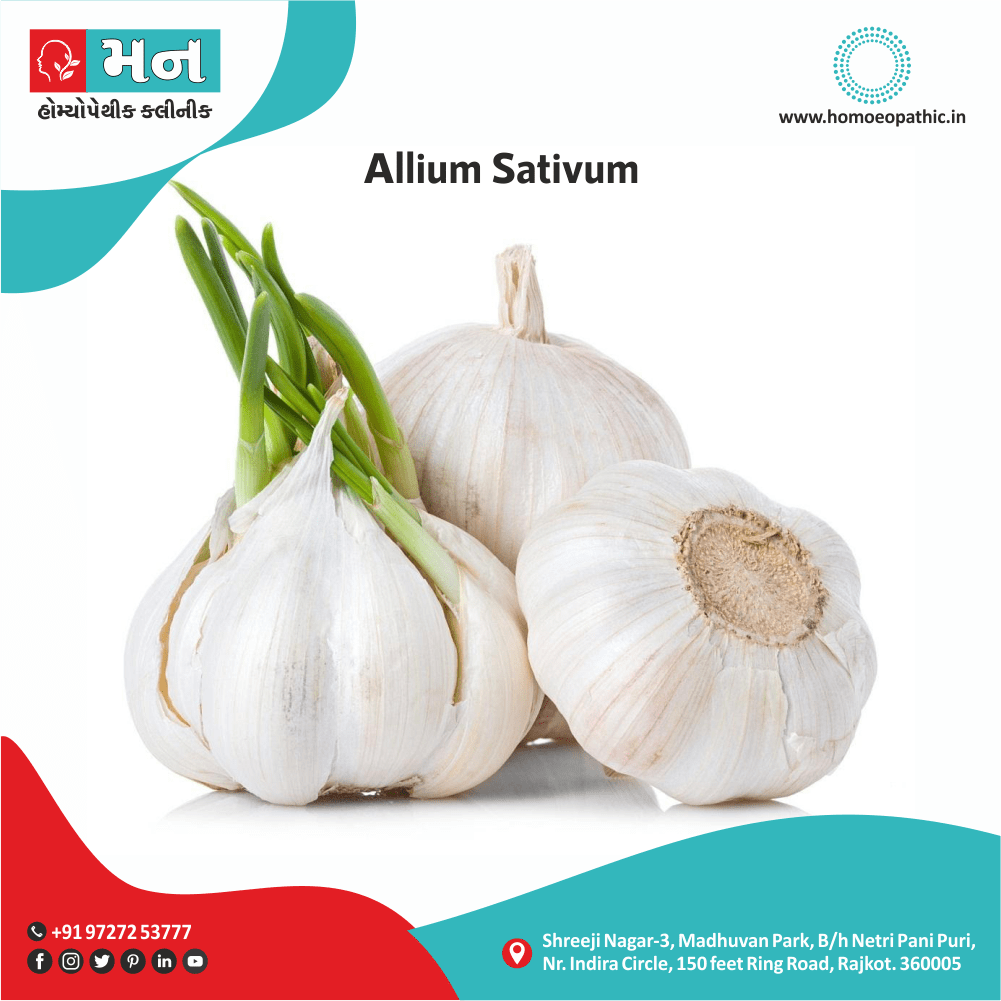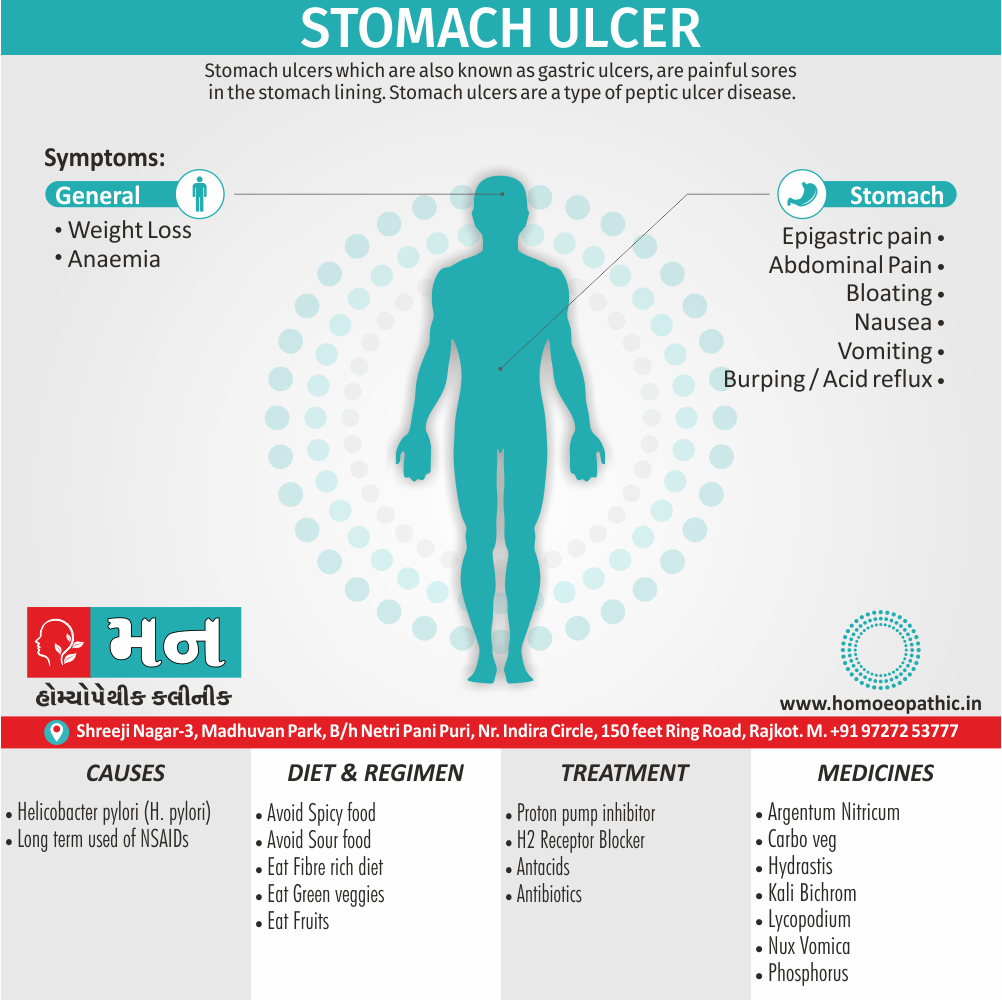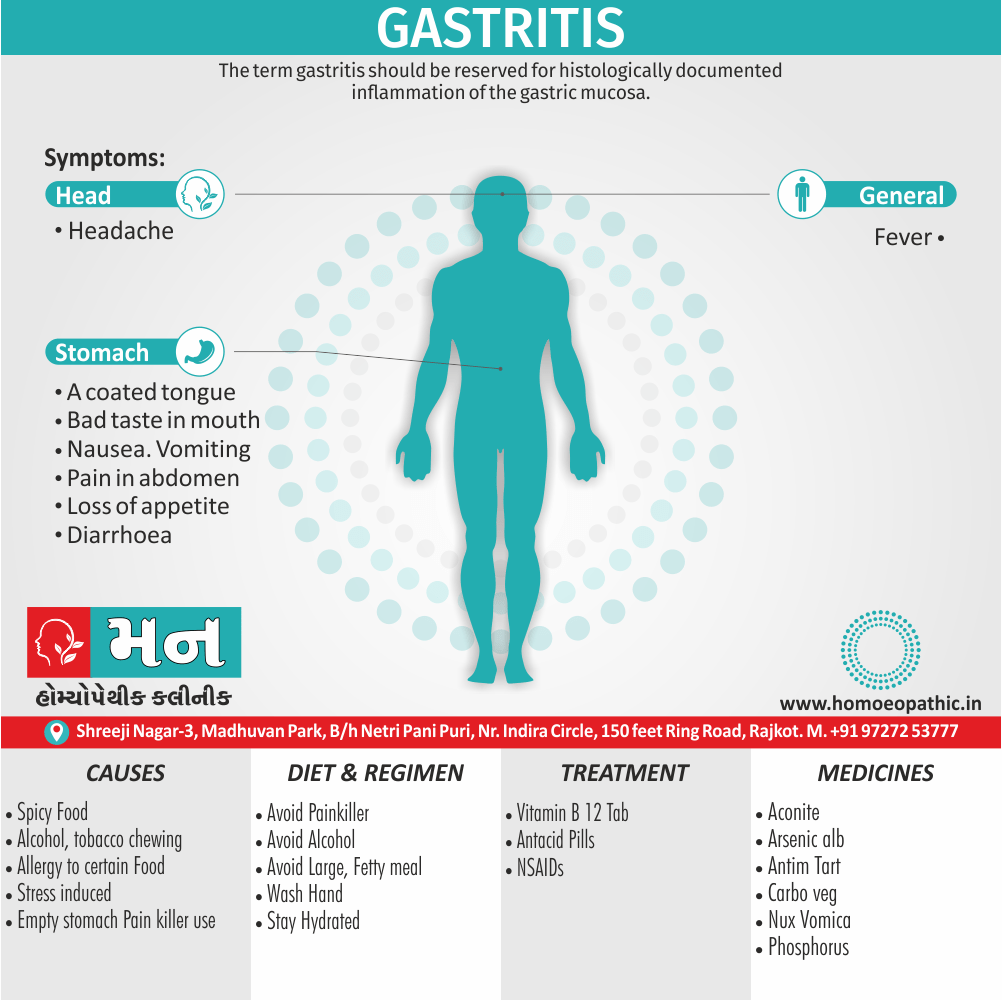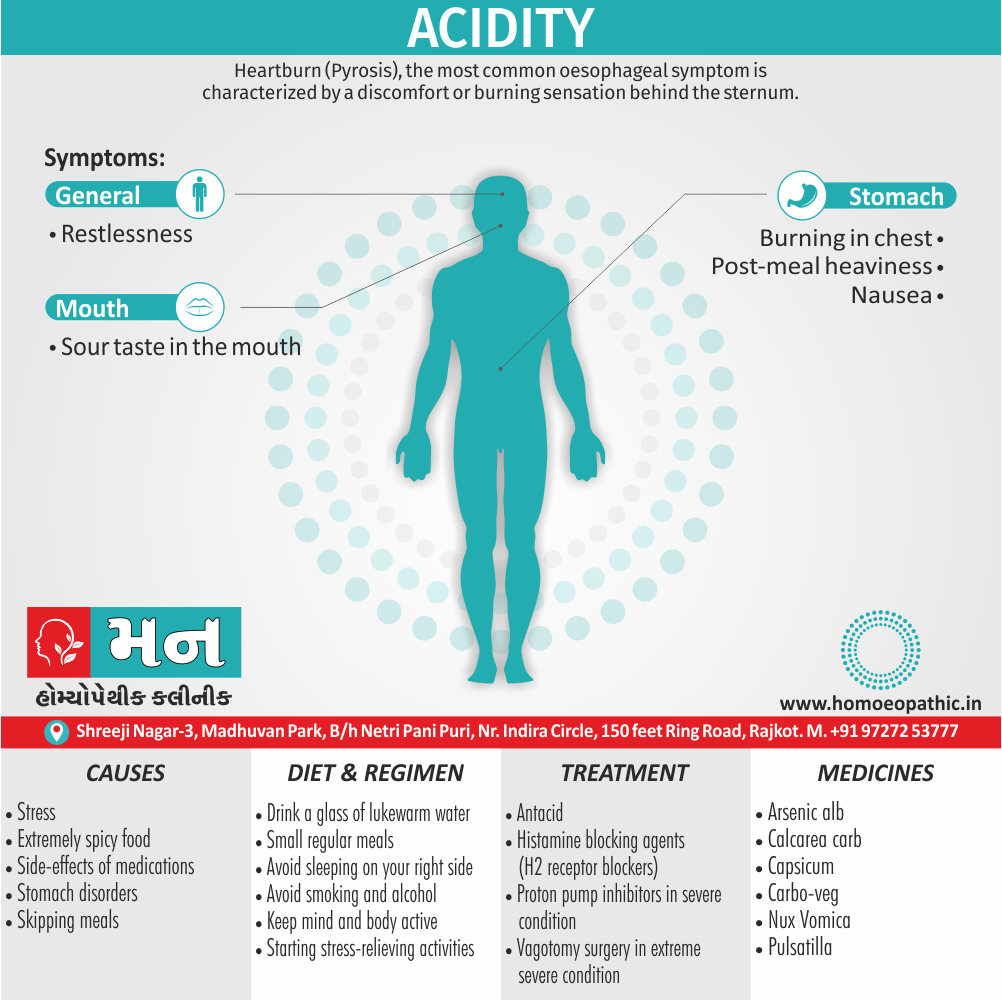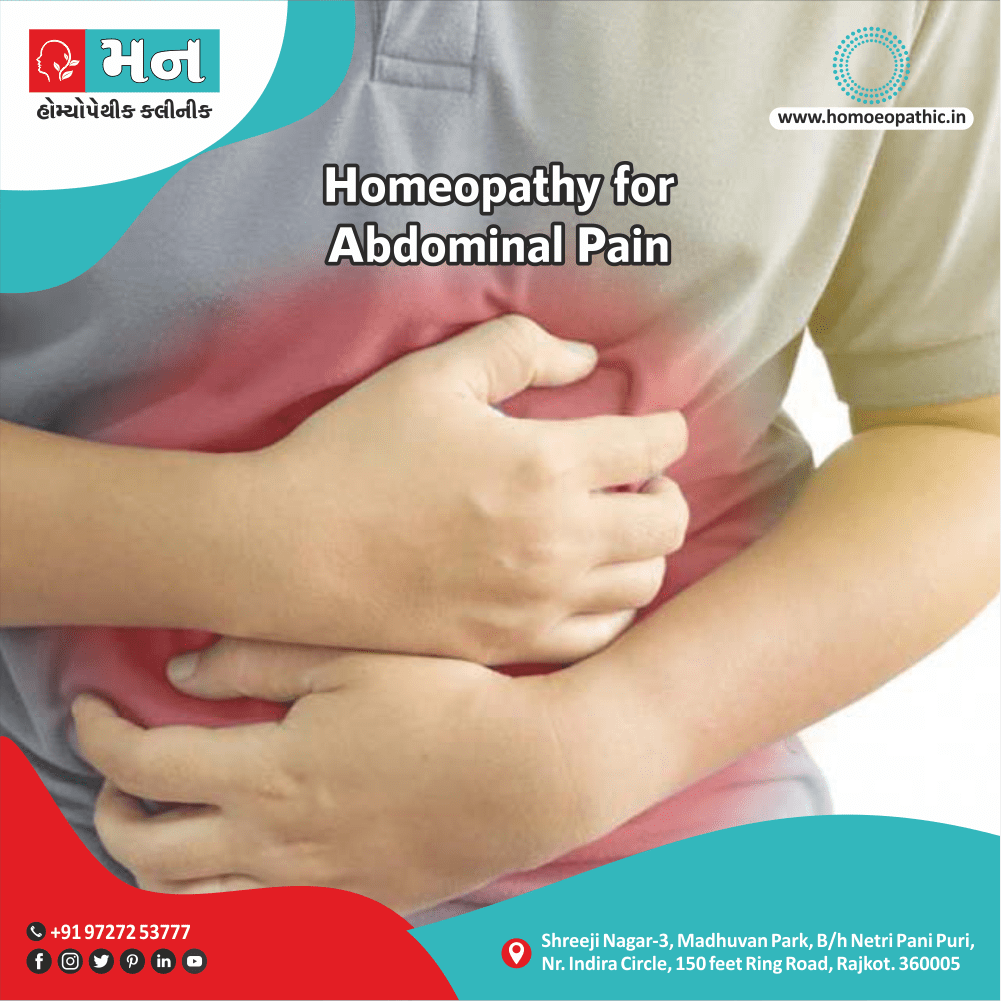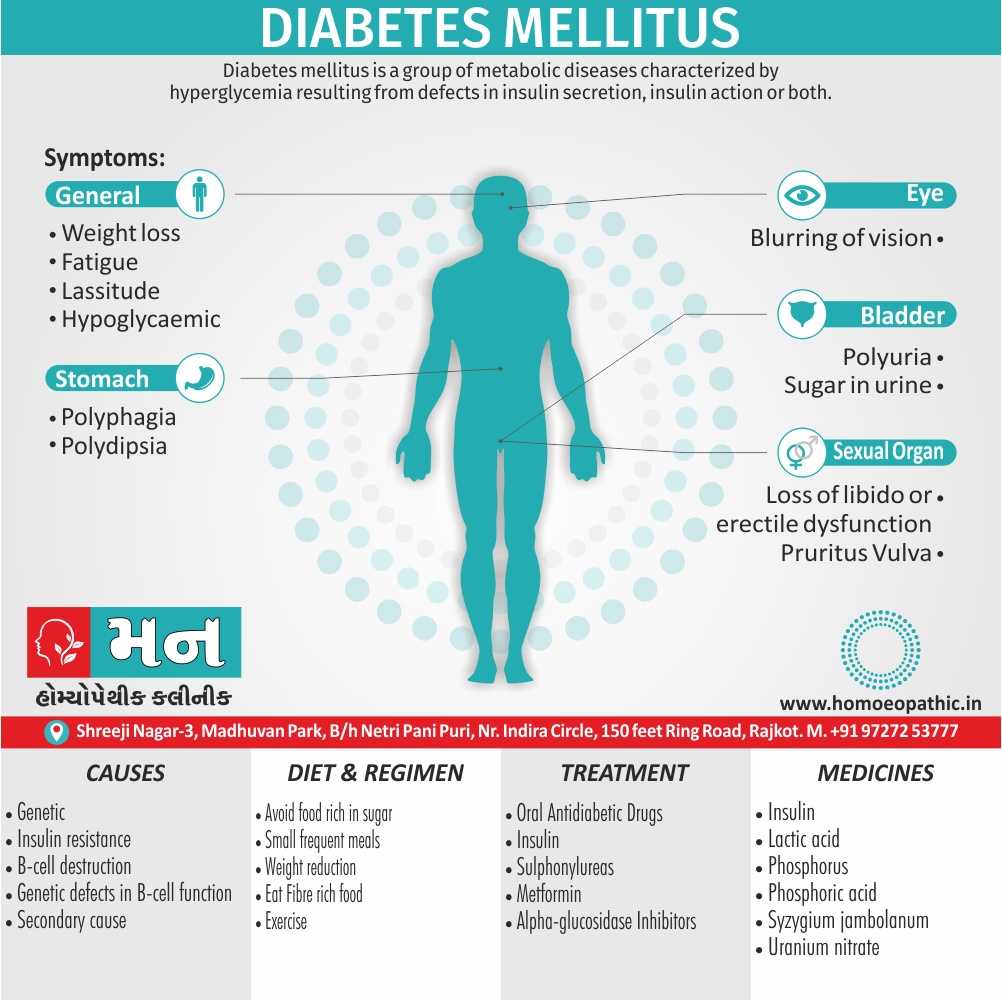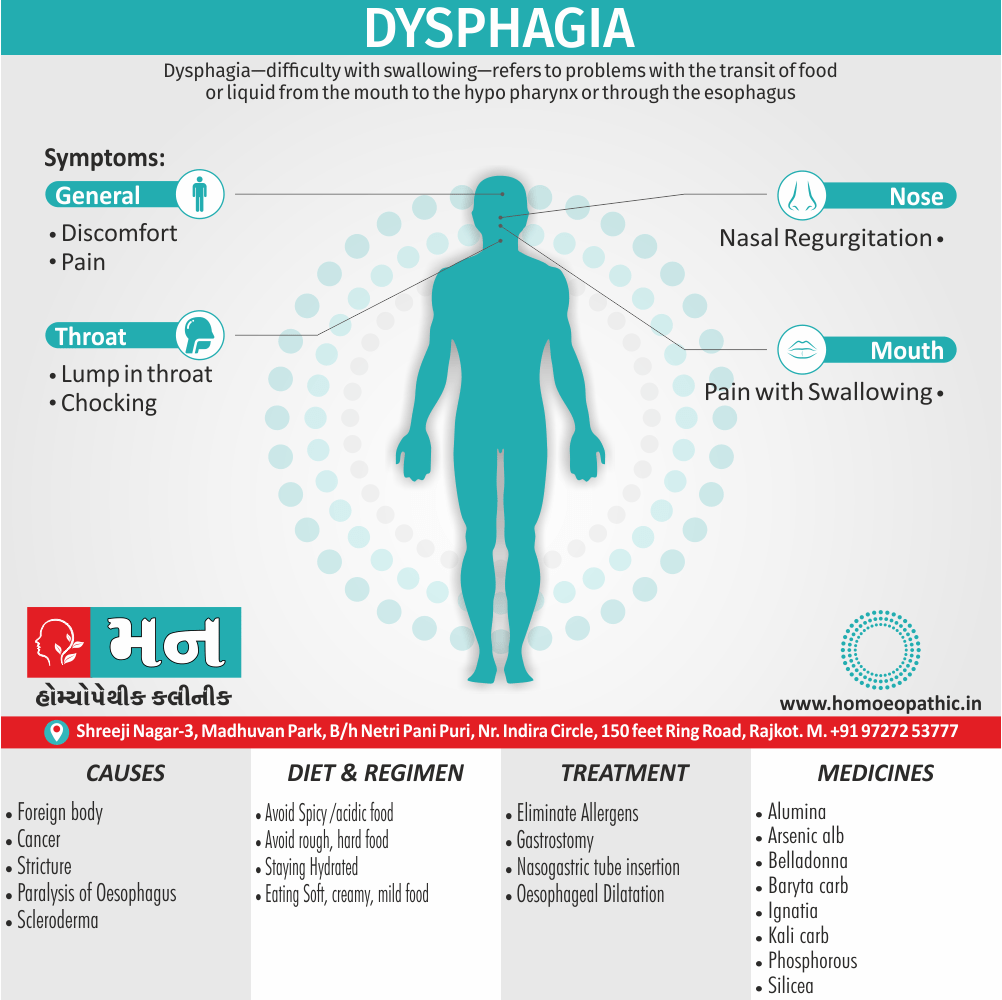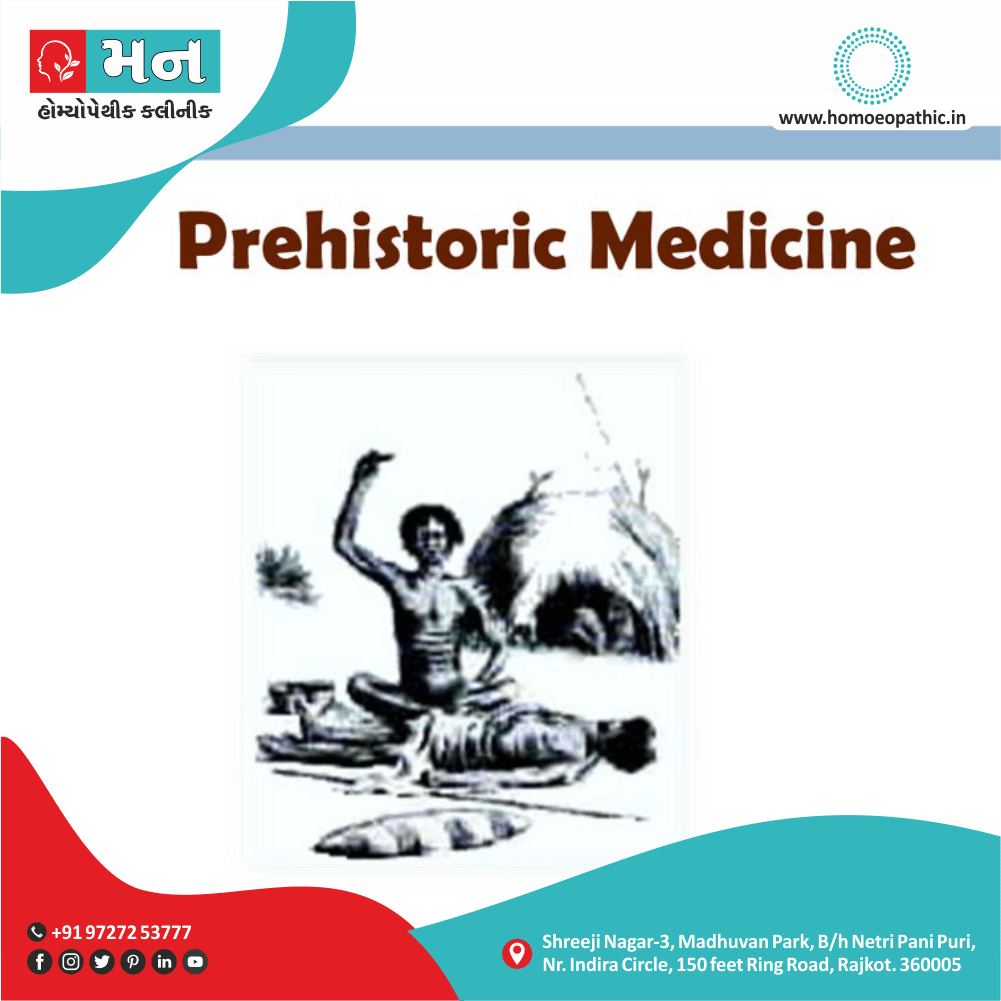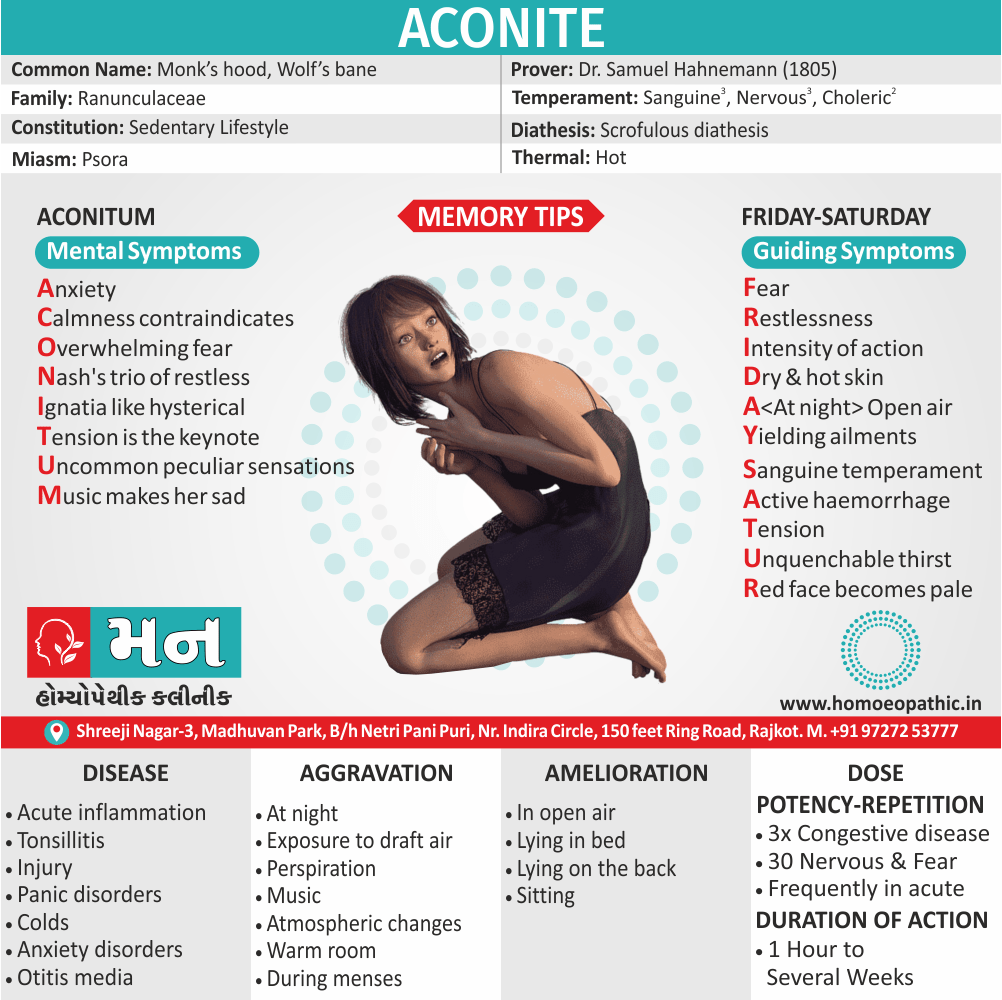Definition:
Difficulty in passing stool or passes once in 2 / 3 days, stools can be hard or soft is termed as constipation. Constipation is also defined as infrequent passage of hard stool. Even ineffectual urge or a sensation of incomplete stools can be termed as constipation.
Overview
Epidemiology XXX
Types
Causes
Risk Factors
Pathogenesis xxx
Pathophysiology
Clinical Features XXX
Sign & Symptoms
Clinical Examination
Diagnosis XXX
Differential Diagnosis
Complications xxx
Investigations
Treatment
Prevention
Homeopathic Treatment
Diet & Regimen
Do’s and Dont’s XXX
Terminology xxx
References
FAQ
Also Search As xxx
Overview
Overview of Constipation
Constipation may occur in many gastrointestinal and other medical disorders.
Demography
According to northern Indian community study, 555/4767 (11.6%) reported symptoms of constipation. Likewise in the former group, 1404 (53%) had self-perceived constipation. And in the latter, 846 (18%), 1030 (23%) reported straining at stools, and incomplete stool evacuation, respectively. Similarly in another community survey in rural northern India, the prevalence of constipation-predominant irritable bowel syndrome (IBS-C) was 2.4%.
Two smaller community surveys from Chandigarh and Bangalore reported the prevalence of constipation of 24.8% and 8.6%, respectively. Though the latter study was conducted exclusively among elderly population, in an eastern Indian study, of 331 consecutive patients with Chronic Constipation. In which 65% were older than 60 years.
Epidemiology XXX
Indian epidemiology then other
Types
Types of Constipation
Constipation is of three types, they are:
- Obstructive constipation: is the result of actual physical obstruction of the passage of feces. Causes include cystic fibrosis (in children), tumors, adhesions, scars formed in the abdomen (mostly after abdominal surgery), strictures firmed within the intestine (mostly caused by inflammation, like in Crohn’s disease), or damaged pelvic nerves (injuries, neurological diseases) that prevent relaxation of anal muscles.
- Atonic constipation: is the result of lack of intestinal muscle tone (tension) of the colon, abdominal wall or pelvic floor, also known as lazy colon. Person with this constipation simply does not feel the urge to defecate even when the colon is full of feces. It may occur in elderly or bedridden patients or after prolonged dependence on laxatives. Most common among old people (weak muscle tone), woman (pelvic floor weakness), and diabetics (damage to intestinal nerves).
- Spastic constipation: is result from colonic spasms caused by irritation of the bowel or intestines. In this case, a diet that is low in fiber is usually suitable. It is also a symptom of irritable bowel syndrome.
Based on the duration of constipation, they are of two types
- Acute constipation (occasional problem) – constipation occurs suddenly and last for few days. Acute constipation with worrisome symptoms such as rectal bleeding, abdominal pain and cramps, nausea and vomiting, and involuntary loss of weight needs urgent diagnosis.
- Chronic constipation (persistent problem) – is the constipation that lasts for longer durations. Your need medication and lifestyle change to normalize bowel movement.
Causes
Cause of Constipation
1. Gastrointestinal disorders
Dietary i.e.
- Lack of fibers also fluid intake Motility
- Slow-transit constipation
- Irritable bowel syndrome
- Drugs (see below)
- Chronic intestinal pseudo-obstruction
Structural i.e.
- Colonic carcinoma
- Diverticular disease
- Hirschsprung’s disease
Defecation i.e.
- Anorectal disease (e.g. Crohn’s, fissures, hemorrhoids)
- Obstructed defecation
2. Non-gastrointestinal disorders
Drugs i.e.
- Opiates
- Anticholinergics
- Calcium antagonists
- Iron supplements
- Aluminum-containing antacids
Neurological i.e.
- Multiple sclerosis
- Spinal cord lesions
- Cerebrovascular accidents
- Parkinsonism
Metabolic/endocrine i.e.
- Diabetes mellitus
- Hypercalcemia
- Hypothyroidism
- Pregnancy
Others
- Any serious illness with immobility, especially in the elderly
- Depression
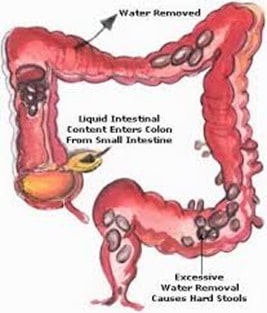
Causes Constipation
Risk Factors
Risk factors of Constipation
- Either emotional or psychological problems
- Sedentary life
- Eating too much of meat also dairy products
- Chronic abuse of laxatives
- Bottle fed babies
- Pregnancy
- Drugs for instance; antacids, iron, calcium, blood pressure medications
- Certain digestive tract diseases
- Some School going children develop a habit to ignore the urge
- Cooking in aluminium, iron vessel
Pathogenesis xxx
Tab Content
Pathophysiology
Pathophysiology of Constipation
Pathophysiology. Constipation results in various degrees of subjective symptoms and is associated with abnormalities (eg, colonic diverticular disease, hemorrhoidal disease, anal fissures) that occur secondary to an increase in colonic luminal pressure and intravascular pressure in the hemorrhoidal venous cushions.
Clinical Features XXX
Tab Content
Sign & Symptoms
Sign & Symptoms of Constipation
- Complain of straining
- Moreover, Sensation of incomplete evacuation
- Either perianal or abdominal discomfort
- Stools every 2nd or 3rd day
- Additionally, Difficulty in expelling faeces from rectum
- Painful evacuation of faeces
- Besides this, Pain sometimes remains for hours after passing stool
- Lastly, Occasional blood in stool due to fissure, either fistula or piles
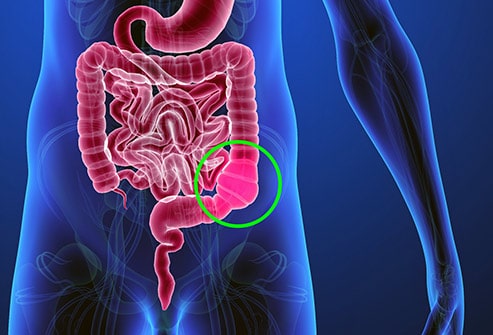
Clinical Examination
Tab Content
Clinical examination of Constipation
- Physical examination of patients with constipation is usually remarkable for anal fissure or palpable lumpy mass in abdomen (particularly in left quadrant).
- The presence of thrombosed external hemorrhoids, skin tags, rectal prolapse, anal fissure, anal warts, excoriation or evidence of pruritus ani due to fecal soiling on physical examination are suggestive of constipation.[1]
Appearance of the Patient
- Patients with chronic constipation usually appear to be discomfort while sitting due to anal pain
Skin
- Dry skin may be seen in systemic sclerosis
HEENT
- Extra-ocular movements may be abnormal
Neck
- Thyromegaly/thyroid nodules may be seen in hypothyroidism
Abdomen
- Abdominal distention
- Abdominal tenderness in the left lower abdominal quadrant
- A palpable abdominal mass in the left lower abdominal quadrant
Neuromuscular
- Altered mental status
- Clonus may be present
- Hyperreflexia
- Positive (abnormal) Babinski
- Muscle rigidity
- Abnormal gait (Parkinsonian gait)
- Unilateral/bilateral tremor (pill-rolling) (5)
Diagnosis XXX
Tab Content
Differential Diagnosis
Differential diagnosis of Constipation
- Malignancy
- Diabetic autonomic neuropathy
- Irritable bowel syndrome
- Rectocele
- Fissure
- Anismus
- Systemic sclerosis
- Hypothyroidism
- Parkinson’s disease
- Multiple sclerosis
- Hypomagnesemia,
- Hypocalcemia,
- Depression. (5)
Complications xxx
Complications of Constipation
- Haemorrhoids
- Anal fissure
- Faecal impaction
- Rectal bleeding after continually straining to pass stools
Investigations
Tab Content
Clinical examination of Constipation
Careful examination contributes more to the diagnosis than extensive investigation
First visit
Digital rectal examination
Proctoscopy and sigmoidoscopy (especially for detect anorectal disease)
Routine biochemistry including serum calcium and thyroid function tests
Full blood count should be carried out
If these are normal, a 1-month trial of dietary fibre and/or laxatives is justified
Next visit
If symptoms persist, then examination of the colon by barium enema or CT colonography is indicated to look for structural disease.
Further investigation
Generally, If no cause is found and disabling symptoms are present, then specialist referral for investigation of possible dysmotility may be necessary
Treatment
Tab Content
Treatment of Constipation
In the majority of cases, constipation resolves itself without any treatment or risk to health.
According to underlying cause
Stimulants:
These make the muscles in the intestines contract rhythmically. Additionally, These include Correctol, Dulcolax, and Senokot.
Lubricants:
These help the stool move down the colon more easily. Furthermore, These include mineral oil and Fleet
Stool softeners:
These moisten the stool. Stool softeners include Colace also Surfak.
Fiber supplements:
In detail, These are perhaps the safest laxatives. Additionally, They are also called bulk laxatives. They include Fiber Con, Metamucil, Konsyl, Serutan, also Citrucel and should be taken with plenty of water. Lastly, If you want to buy bulk laxatives, then there is an excellent selection online with thousands of customer reviews
Osmotics:
These facilitate the movement of fluids through the colon. These include Cephulac, Sorbitol, also Miralax
Saline laxatives:
In brief, These draw water into the colon and include milk of magnesia
Chloride channel activators:
These require a prescription and include lubiprostone (specifically, Amitiza)
5-HT-4 agonists:
They increase the secretion of fluid in the intestines and speed up the rate at which food passes through the colon. Additionally, They include Prucalopride
Prevention
Tab Content
Prevention of Constipation
- Constipation is usually easier to prevent than to treat. The relief of constipation with osmotic agents, i.e., lactulose, polyethylene glycol (PEG), or magnesium salts, should also be immediately followed by prevention using increased fiber (fruits, vegetables, and grains) and a nightly decreasing dose of osmotic laxative.
- Effective measures for the primary prevention of constipation include fiber supplementation, appropriate fluid intake, toilet habits, and exercise.
Fiber supplementation
- Including enough fibers in the daily diet is the most important primary prevention measure.
Fluid intake
- Fluid intake is the key factor to maintain the body hydration status and firm consistency of stools.
- Caffeine, alcohol, and fizzy drinks should be limited, preferably avoided completely.
Toilet habits
- Ignorance to toilet urge can lead to constipation.
- Never delay the defecation in case of urgency
Physical exercise
- It is postulated that 150 minutes of physical exercises can prevent constipation. (5)
- The sufficient fiber intake for general gastrointestinal health is 30 g per day, while more is better.
Homeopathic Treatment
Homeopathic treatment for Constipation
Homeopathy treats the person as a whole. It means that homeopathic treatment focuses on the patient as a person, as well as his pathological condition. The homeopathic medicines selected after a full individualizing examination and case-analysis.
Which includes
- The medical history of the patient,
- Physical and mental constitution,
- Family history,
- Presenting symptoms,
- Underlying pathology,
- Possible causative factors etc.
A miasmatic tendency (predisposition/susceptibility) also often taken into account for the treatment of chronic conditions.
What Homoeopathic doctors do?
A homeopathy doctor tries to treat more than just the presenting symptoms. The focus is usually on what caused the disease condition? Why ‘this patient’ is sick ‘this way’?
The disease diagnosis is important but in homeopathy, the cause of disease not just probed to the level of bacteria and viruses. Other factors like mental, emotional and physical stress that could predispose a person to illness also looked for. Now a days, even modern medicine also considers a large number of diseases as psychosomatic. The correct homeopathy remedy tries to correct this disease predisposition.
The focus is not on curing the disease but to cure the person who is sick, to restore the health. If a disease pathology not very advanced, homeopathy remedies do give a hope for cure but even in incurable cases, the quality of life can greatly improve with homeopathic medicines.
Homeopathic Medicines for Constipation:
The homeopathic remedies (medicines) given below indicate the therapeutic affinity but this is not a complete and definite guide to the homeopathy treatment of this condition. The symptoms listed against each homeopathic remedy may not be directly related to this disease because in homeopathy general symptoms and constitutional indications also taken into account for selecting a remedy, potency and repetition of dose by Homeopathic doctor.
So, here we describe homeopathic medicine only for reference and education purpose. Do not take medicines without consulting registered homeopathic doctor (BHMS or M.D. Homeopath).
Medicines:
Opium
An inclination to evacuate but feeling as if the orifice were closed; no regular pressure; sensation as if a load on abdomen; heavy drowsy feeling; dry mouth, thirst, want of appetite. Stool hard round black balls like marbles.
Nux vomica
In sedentary persons and those accustomed to drink spirits. Bad taste in the mouth, want of appetite, especially in the morning, slimy tongue, irritability, headache; frequent urging, little or nothing passes
Pulsatilla
After taking rich or fat food; with moroseness also taciturnity.
Bryonia
With indigestion, weight at stomach after food also pain between shoulders; patient irritable, feels chilly, subject to rheumatism. Furthermore, Stool hard, large, light-coloured, and dry.
Lycopodium
Constipation with sadness, complete loss of appetite. Moreover, When there is much flatulence and gravelly urine.
Plumbum met.
Constipation of hard round balls; colic; abdomen drawn in; also constipation of children with large bellies in mesenteric disease
Aesculus hip.
In brief, Constipation of hard round balls, backache aggravated by walking.
Nat. mur
Constipation in chilly subjects; earthy complexion; feeling of contraction at the anus; and as if something were lodged in the rectum (in other words, lower bowel).
Sulphur
Frequent disposition to go to stool with ineffectual efforts. Sinking sensation at stomach, hot flushes, and faintly spells.
Diet & Regimen
Diet & Regimen of Constipation
Increased fluid intake
- Exercise
- Judicious use of laxatives.
- Eat high fibre diet – whole grains, bran, oat, green leafy vegetables, peas, beans, potatoes, raw vegetables, salads, dried fruits also fresh fruits
- Eat fruits also vegetables with the skin
- Avoid food that can cause constipation like pomegranate etc
- You can take one spoon Isabagul (e.g. fibre, Psyllium) in water before retiring to bed
- Walk after every meal
Do’s and Dont’s XXX
Tab Content
Terminology xxx
Tab Content
References
Reference
- https://link.springer.com/journal/12664
- https://www.medicalnewstoday.com/articles/150322.php
- Davidson’s Principles and Practice of Medicine (22nd edition)
- Hompath Zomeo Ultimate lane software/Diet and nutrition
- Constipation physical examination – wikidoc
FAQ
Frequently Asked Questions
What is Constipation?
Difficulty in passing stool or passes once in 2 / 3 days, stools can be hard or soft is termed as constipation. Constipation is also defined as infrequent passage of hard stool.
Homeopathic Medicines used by Homeopathic Doctors in treatment of Constipation?
- Opium
- Nux vomica
- Pulsatilla
- Bryonia
- Lycopodium
- Plumbum met
- Aesculus
What are the symptoms of Constipation?
- Complain of straining
- Sensation of incomplete evacuation
- Either perianal or abdominal discomfort
- Stools every 2nd or 3rd day
- Difficulty in expelling faeces from rectum
- Painful evacuation of faeces
- Pain- remains for hours after passing stool
- Occasional blood
What are the causes of Constipation?
- Lack of fibers and fluid intake
- Slow-transit constipation
- Irritable bowel syndrome
- Chronic intestinal pseudo-obstruction
- Anorectal disease
- Obstructed defecation
- Opiates, Calcium antagonists, Iron supplements
- Diabetes mellitus, Hypothyroidism
- Pregnancy
- Any serious illness with immobility
Also Search As xxx
People found Homeopathic Clinic For XXXX by searching for
XXX
People found Homeopathic Doctors for XXXX by searching for
XXX
People found Homeopathic treatment for XXXX by searching for
XXX
Frequently Asked Questions (FAQ)
XYZ
XXX
XYZ
XXX
XYZ
XXX
